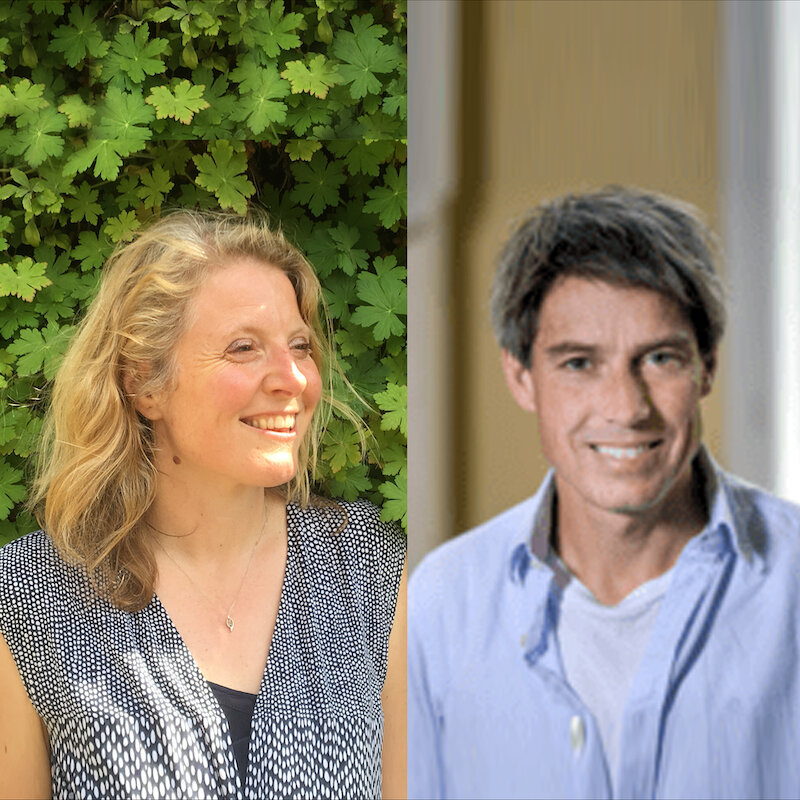
Sustainability, Climate Change, Renewable Energy, Politics, Activism, Biodiversity, Carbon Footprint, Wildlife, Regenerative Agriculture, Circular Economy, Extinction, Net-Zero · One Planet Podcast
Mia Funk
The story of our environment may well be the most important story this century. We focus on issues facing people and the planet. Leading environmentalists, organizations, activists, and conservationists discuss meaningful ways to create a better and more sustainable future. Participants include EARTHDAY.ORG, Greenpeace, UNESCO World Heritage Centre, PETA, European Environment Agency, Peter Singer, 350.org, UNESCO Mahatma Gandhi Institute of Education for Peace and Sustainable Development, Citizens’ Climate Lobby, Earth System Governance Project, Forest Stewardship Council, Global Witness, National Council for Climate Change, Sustainable Development and Public Leadership, Marine Stewardship Council, One Tree Planted, Polar Bears International, EarthLife Africa, Sh...
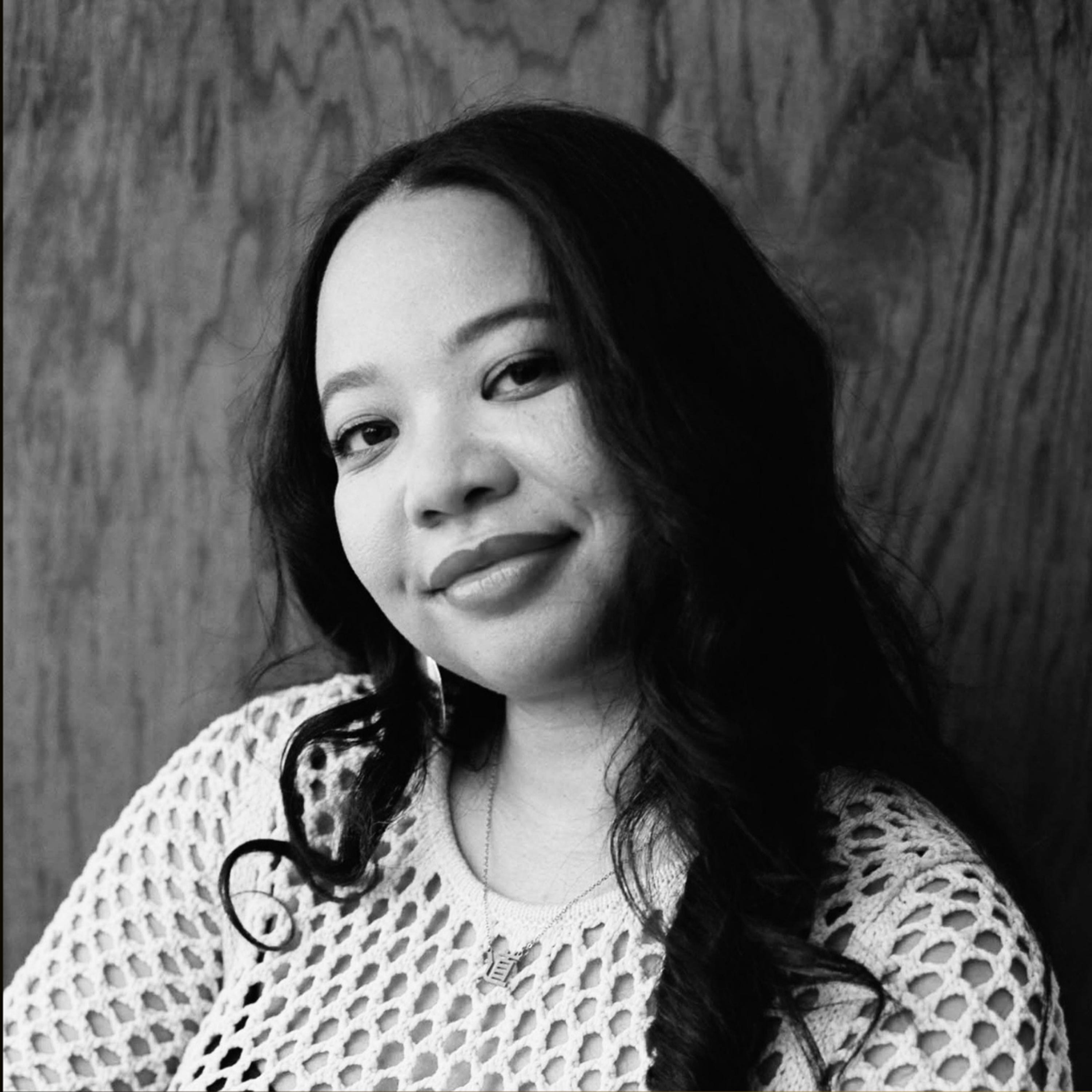
TAO LEIGH GOFFE on Poetics, Poesis & Un-making the Climate Crisis
In this episode on the Speaking Out of Place podcast, Professor David Palumbo-Liu talks with Tao Leigh Goffe about her new, magisterial Dark Laboratory: On Columbus, the Caribbean, and the Origins of the Climate Crisis. Spanning many fields and disciplines in the natural sciences, social sciences, the humanities, and the arts, Professor Goffe weaves together a historically rich and geographically complex picture of how capitalism and racism undergird the climate crisis in ways made invisible or
Feb 17, • 37:42
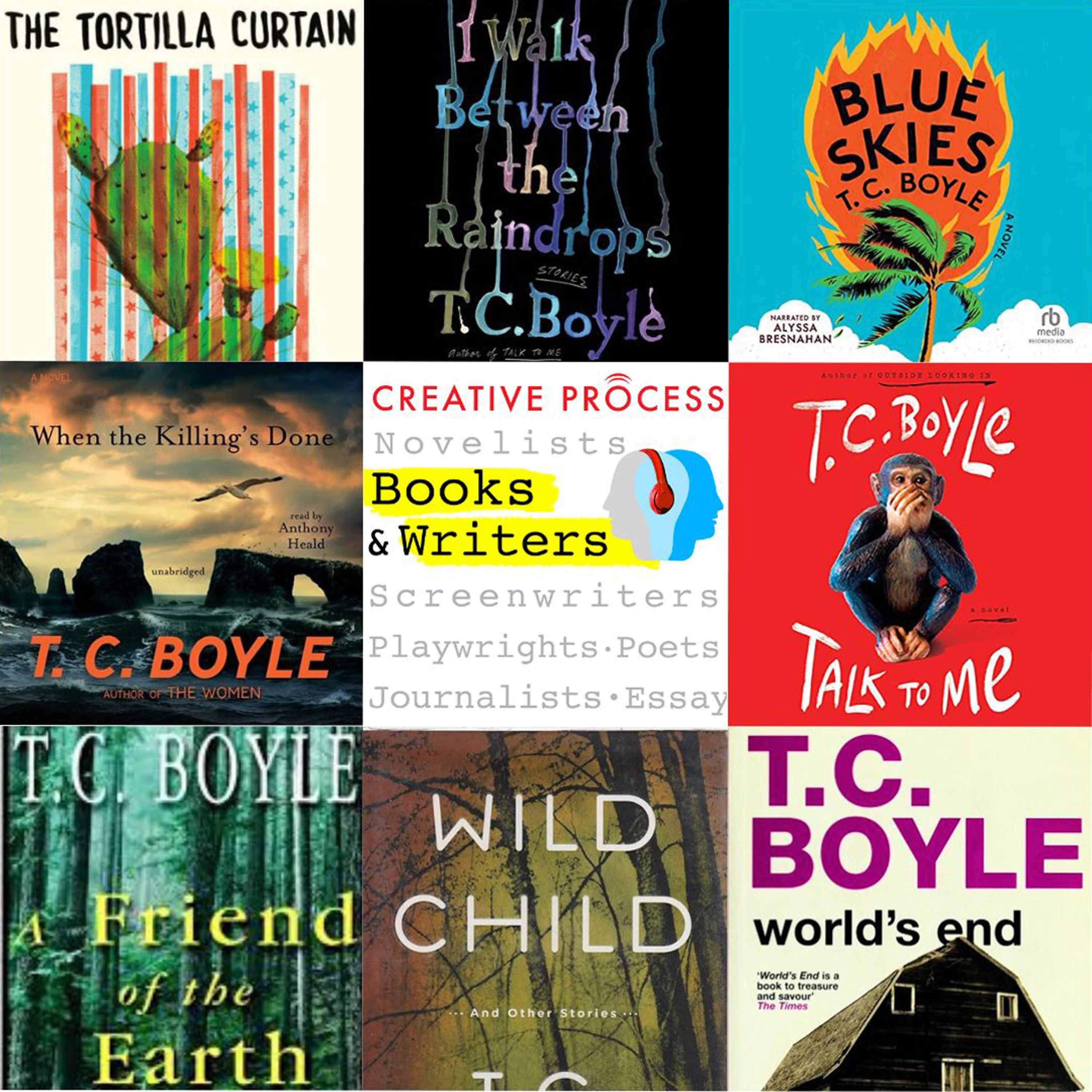
The Art of Fiction with Author, Environmentalist, Musician, Satirist T.C. BOYLE - Highlights
“What I have done in my career is just try to assess who we are, what we are, why we are here, and how come we, as animals, are able to walk around and wear pants and dresses and talk on the internet, while the other animals are not. It's been my obsession since I was young. I think if I hadn't become a novelist, I might have been happy to be a naturalist or a field biologist.There is some kind of magic in the creative process. I am reaching for things in my unconscious that surprise me. I don'
Feb 13, • 11:34
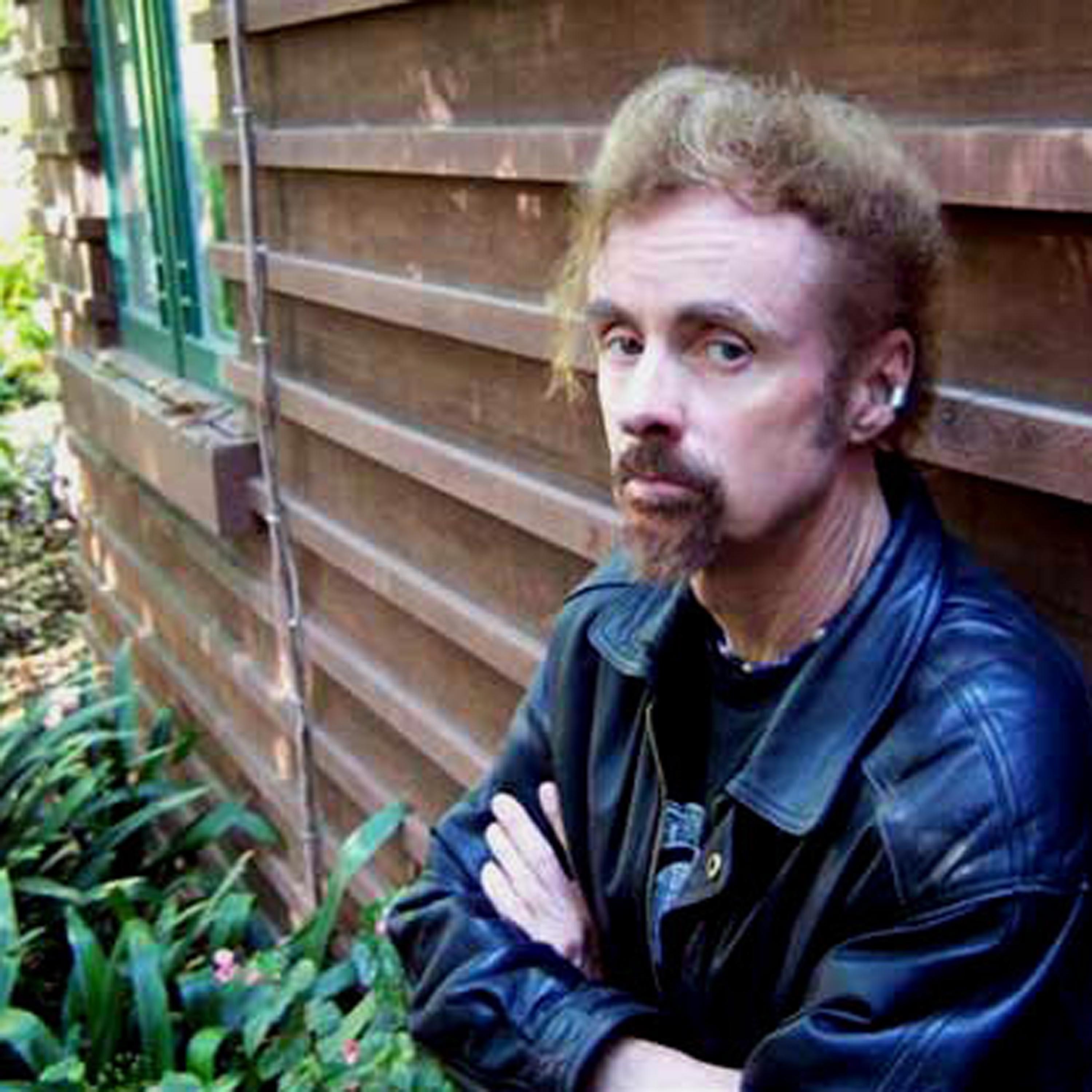
A Life in Writing w/ T.C. BOYLE - Author of A Friend of the Earth - Blue Skies...
Why are we filled with so many contradictions? How does writing help us make sense of the climate change and the absurdity and chaos of the world? T.C. Boyle is a novelist and short story writer based out of Santa Barbara, California. He has published 19 novels, such as The Road to Wellville and more than 150 short stories for publications like The New Yorker, as well as his many short story collections. His latest novel Blue Skies is a companion piece to A Friend of the Earth. His writing has e
Feb 13, • 53:01
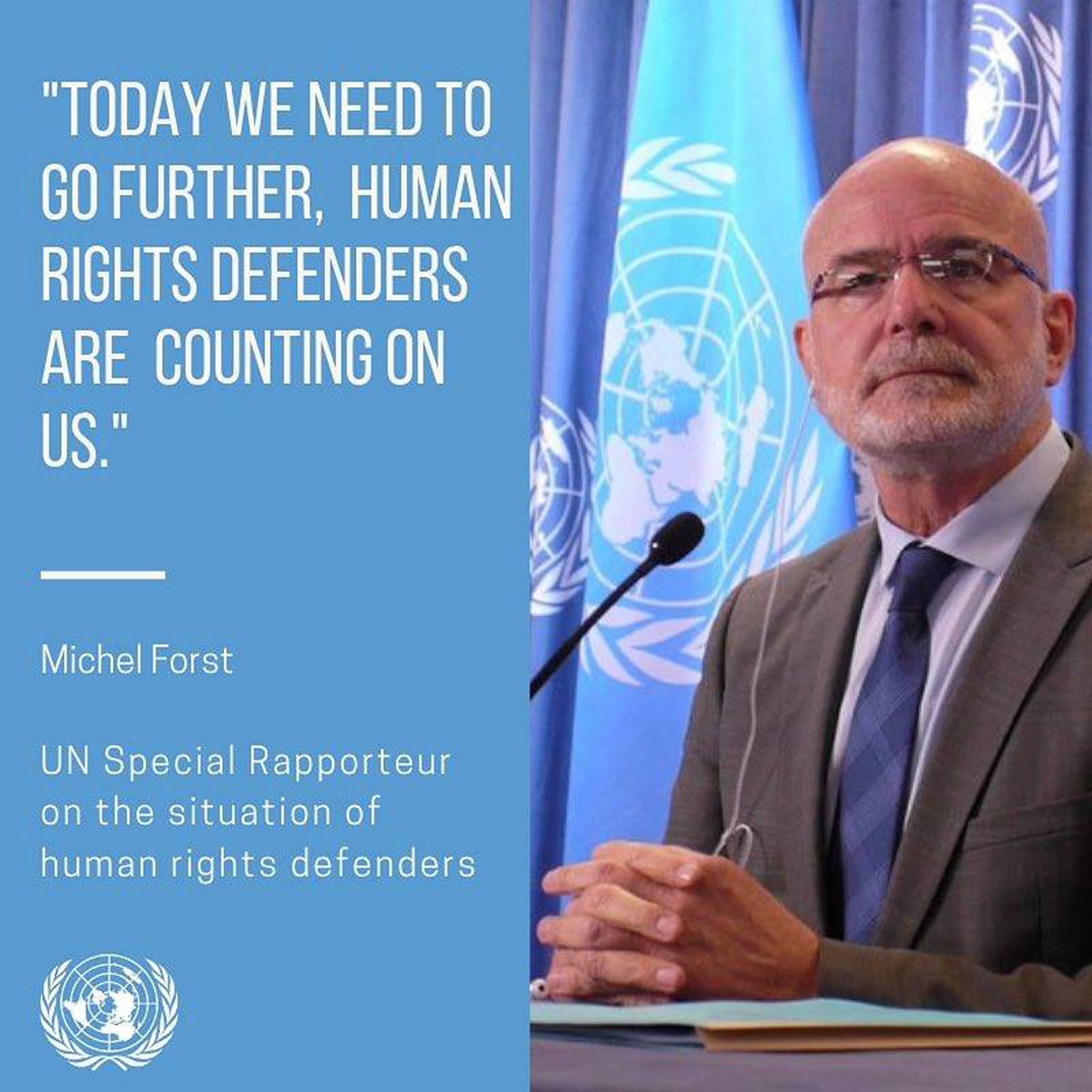
Who Defends the Defenders? UN Special Rapporteur on Environmental Defenders MICHEL FORST
“My mandate focuses on the protection of those trying to protect the planet. Protection of defenders is my main topic. When I'm speaking to states or companies, it's always related to cases of defenders facing threats, attacks, or penalization by companies or governments, like the recent case of Paul Watson (founder of Sea Shepherd) in Denmark… When I travel to places like Peru, Colombia, or Honduras and meet Indigenous people, I realize they have a relationship with nature that we don't have an
Jan 20, • 12:43
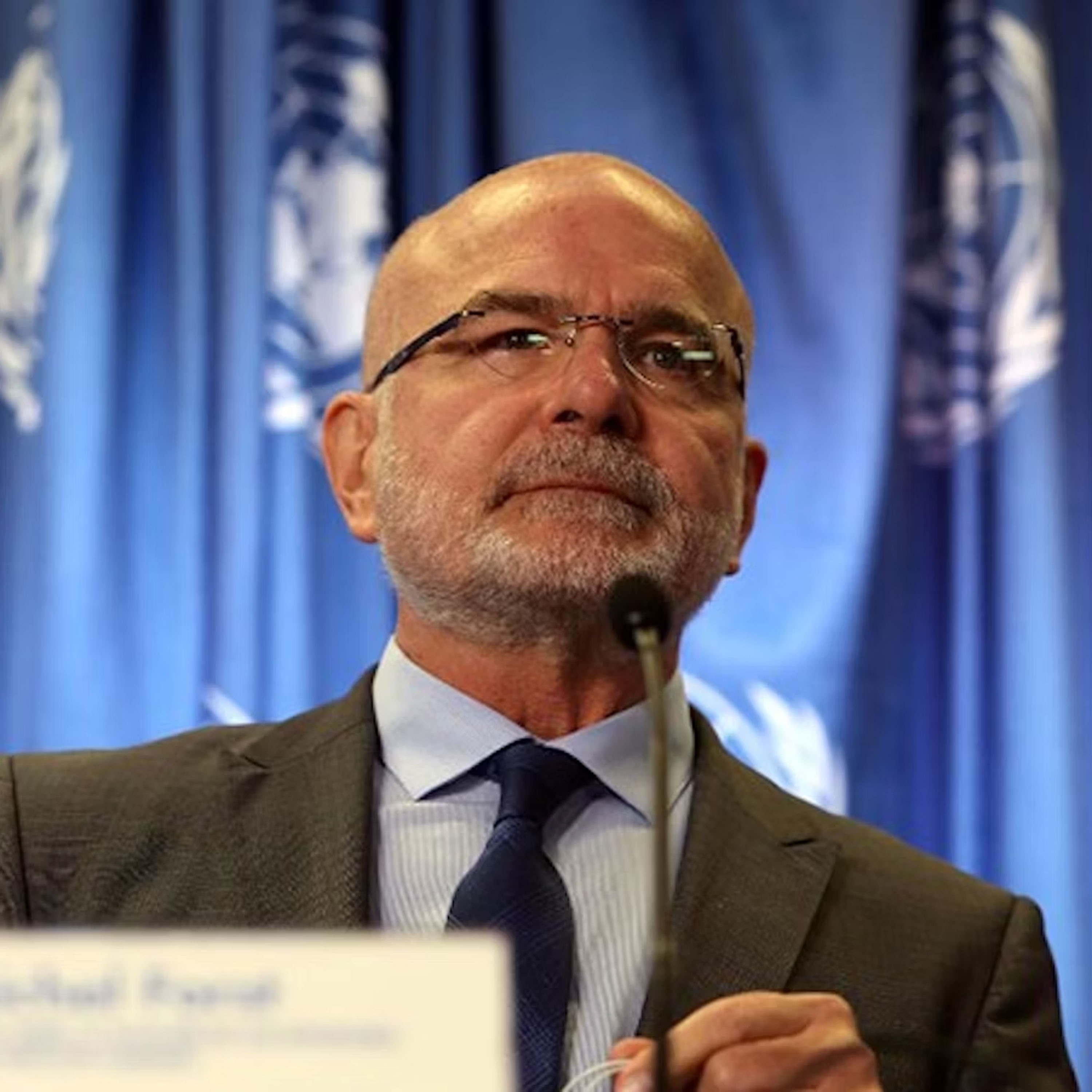
Why is it a Crime to Protest the Destruction of Our Planet? with MICHEL FORST
Who Defends the Defenders? In many countries, the state response to peaceful environmental protest is increasingly to repress rather than to enable and protect those who wish to speak up for the environment.Michel Forst is a prominent human rights advocate and the UN Special Rapporteur on Environmental Defenders under the Aarhus Convention. He previously served as the Special Rapporteur on Human Rights Defenders (2014–2020) and has worked with Amnesty International, UNESCO, and the Global Allian
Jan 19, • 37:22
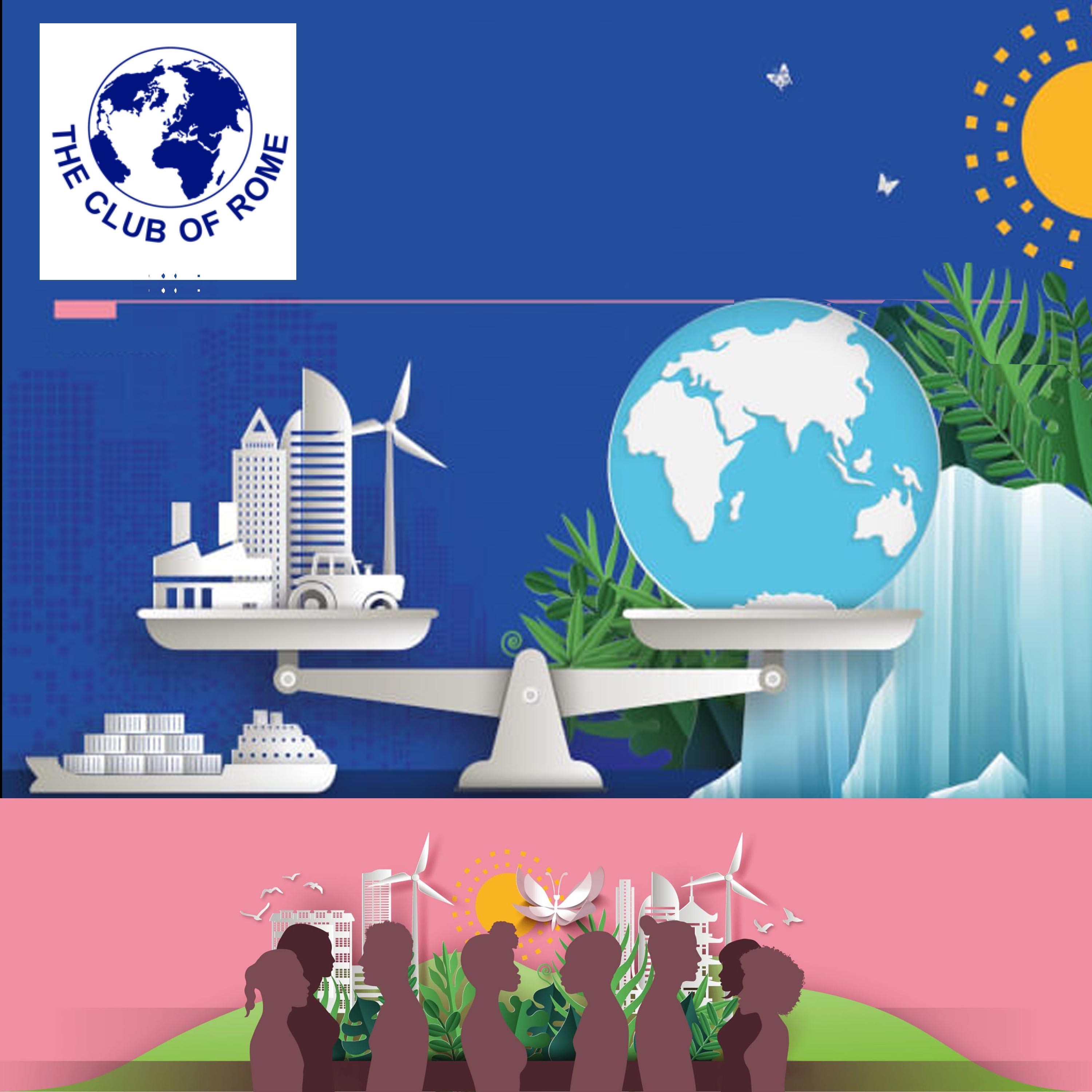
How to change our extractive mindset to a regenerative mindset? PAUL SHRIVASTAVA - Highlights
“Climate change is here. It's already causing devastation to the most vulnerable populations. We are living with an extractive mindset, where we are extracting one way out of the life system of the Earth. We need to change from that extractive mindset to a regenerative mindset. And we need to change from the North Star of economic growth to a vision of eco civilizations. Those are the two main principles that I want to propose and that the Club of Rome suggests that we try to transform our curre
Jan 14, • 15:00
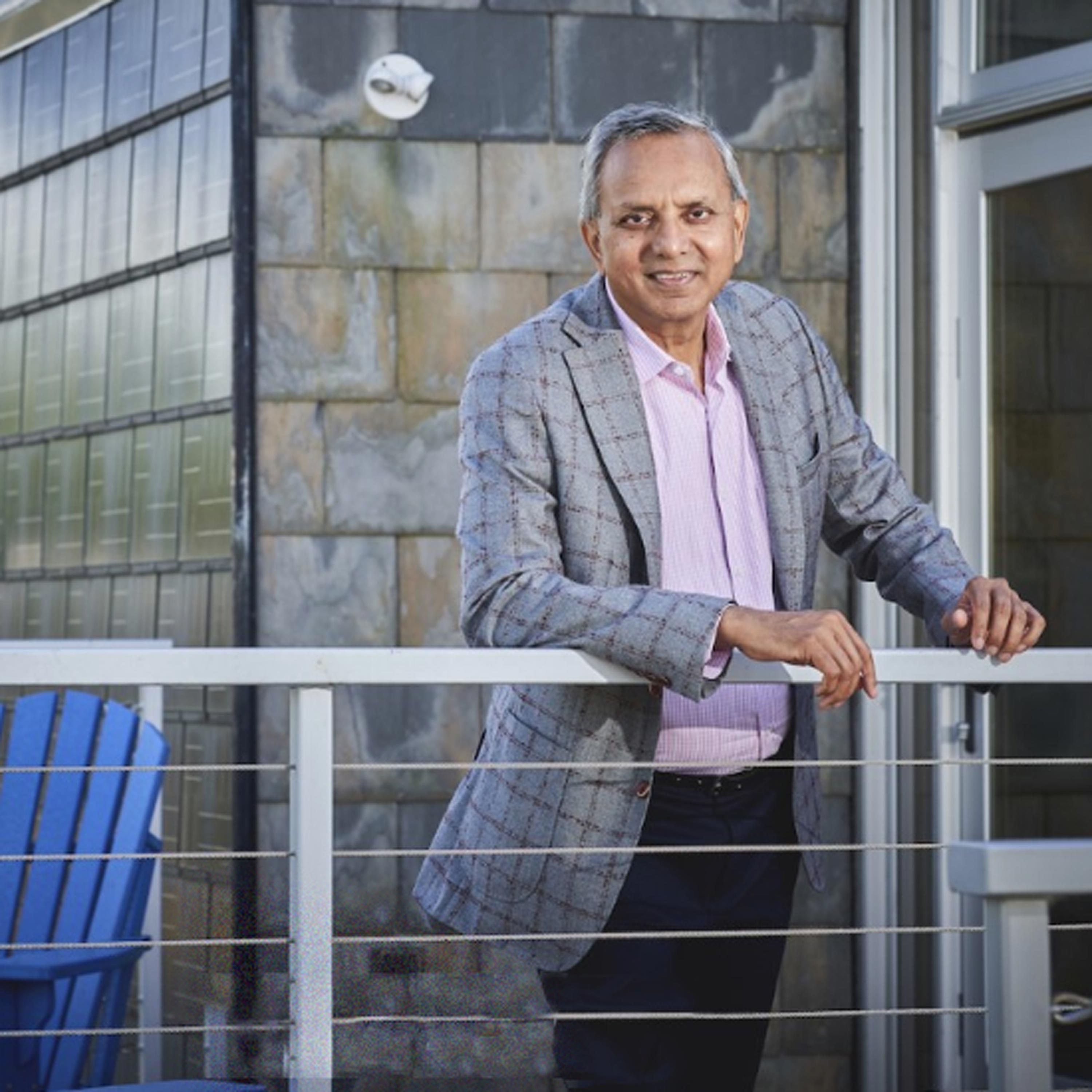
The Club of Rome & The Limits to Growth w/ Co-President PAUL SHRIVASTAVA
Less than two weeks into the new year and the world’s wealthiest 1% have already used their fair share of the global carbon budget allocated for 2025. 2024 was hottest year on record. How can we change our extractive mindset to a regenerative mindset? How can we evolve our systems from economic growth to a vision of regenerative living and eco-civilization?Paul Shrivastava is Co-President of The Club of Rome and a Professor of Management and Organisations at Pennsylvania State University. He fou
Jan 11, • 44:14
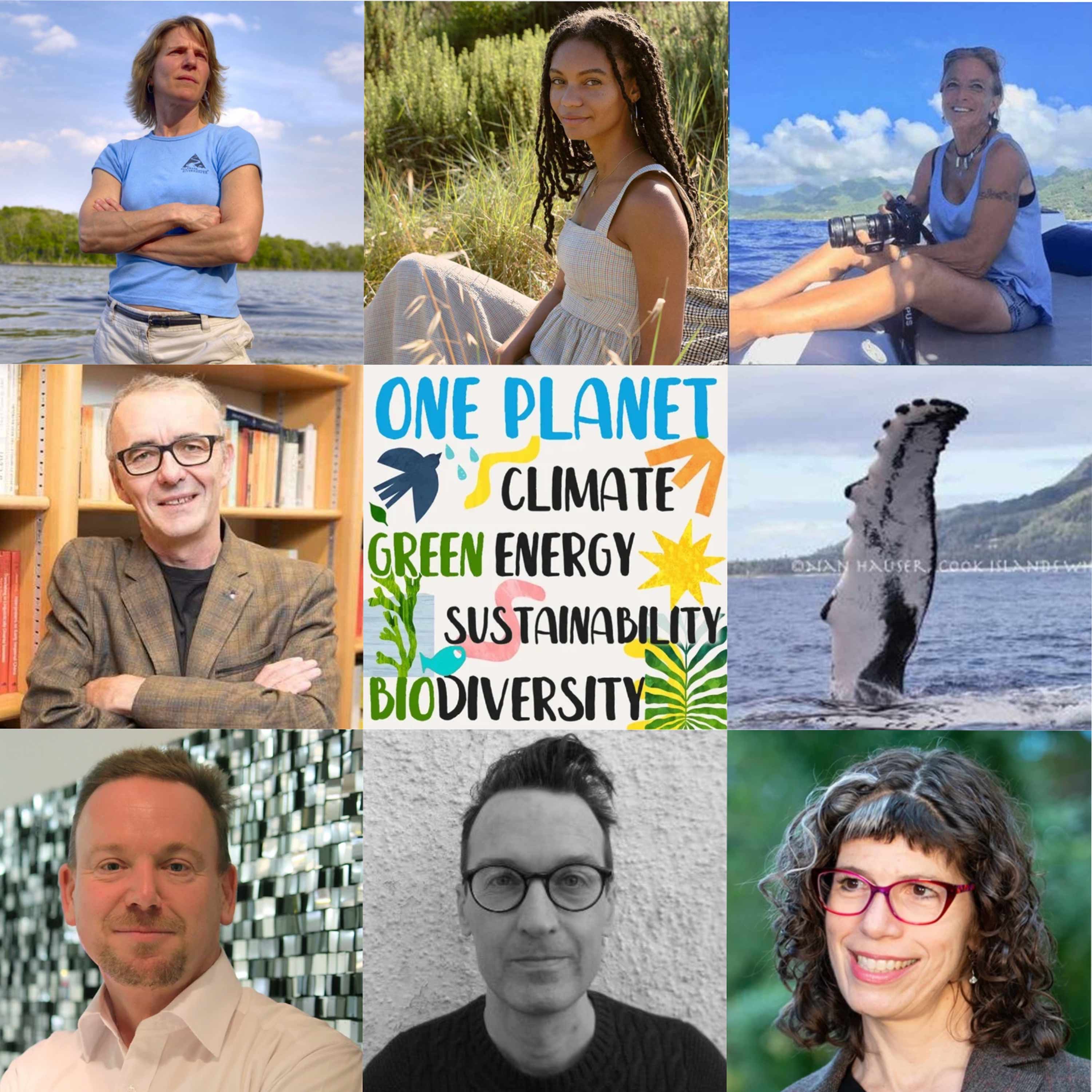
Can We Redefine Our Relationship with Nature? Scientists, Writers & Activists Share Solutions
What can we learn from whales, the ways they communicate, and how their life cycle affects whole ecosystems, absorbing carbon and helping cool the planet? How have we contributed to the ecological degradation of the environment? How does language influence perception and our relationship to the more than human world?NAN HAUSER (Whale Researcher; President, Center for Cetacean Research & Conservation) describes how a whale protected her from a tiger shark during an underwater filming session and
Dec 27, 2024 • 14:15
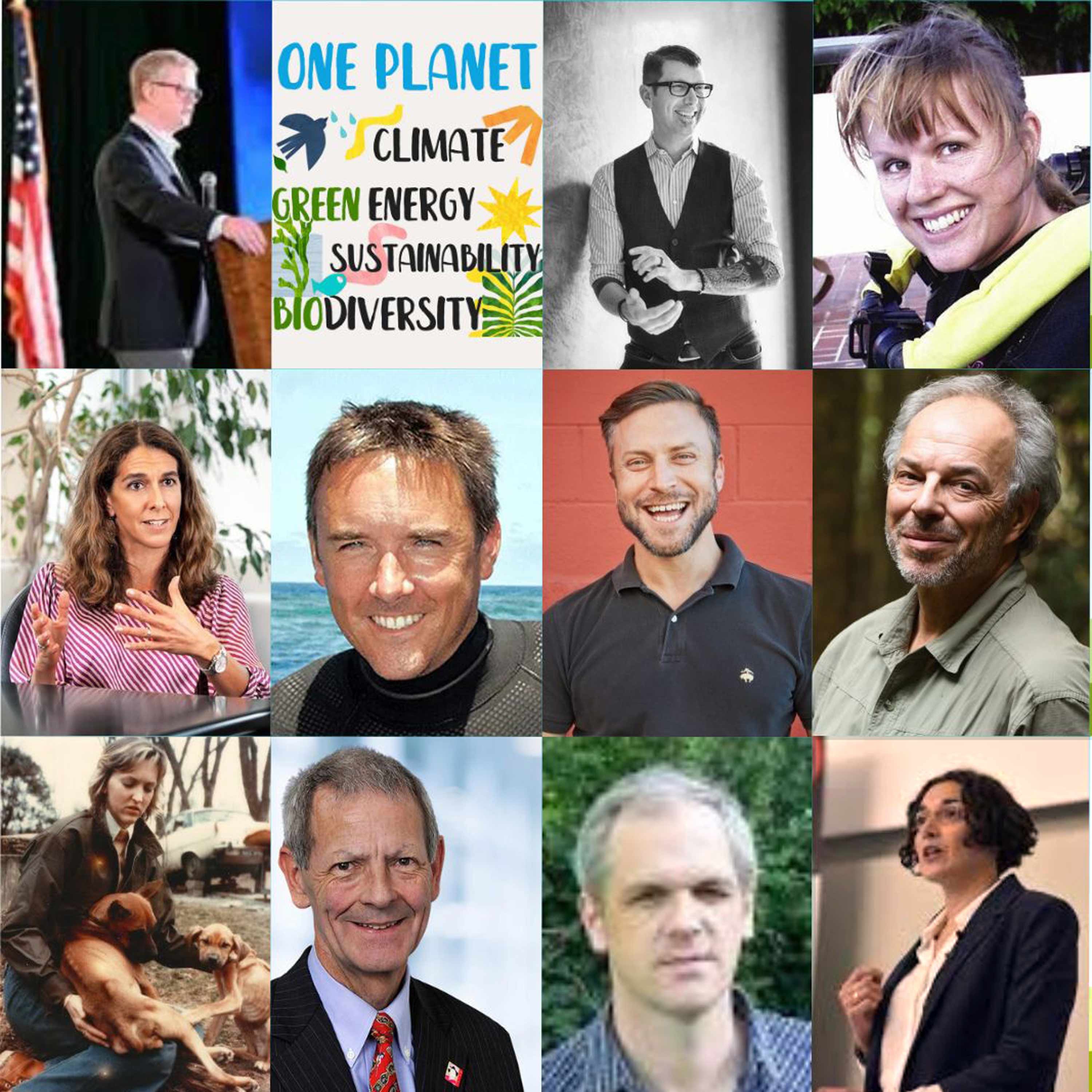
Voices for the Planet: Scientists, Activists, Farmers & Filmmakers Speak Out
How can we learn to speak the language of the Earth and cultivate our intuitive intelligence? What lessons can we learn from non-human animals about living in greater harmony with nature?COLIN STEEN (CEO, Legacy Agripartners) on how growing up on a Saskatchewan farm shaped his sense of responsibility and success.JILL HEINERTH (cave diver, writer, filmmaker): Shares lessons from exploring underwater caves and our interconnected planet.NOAH WILSON-RICH (Co-Founder/CEO, The Best Bees Company) on b
Dec 16, 2024 • 14:12
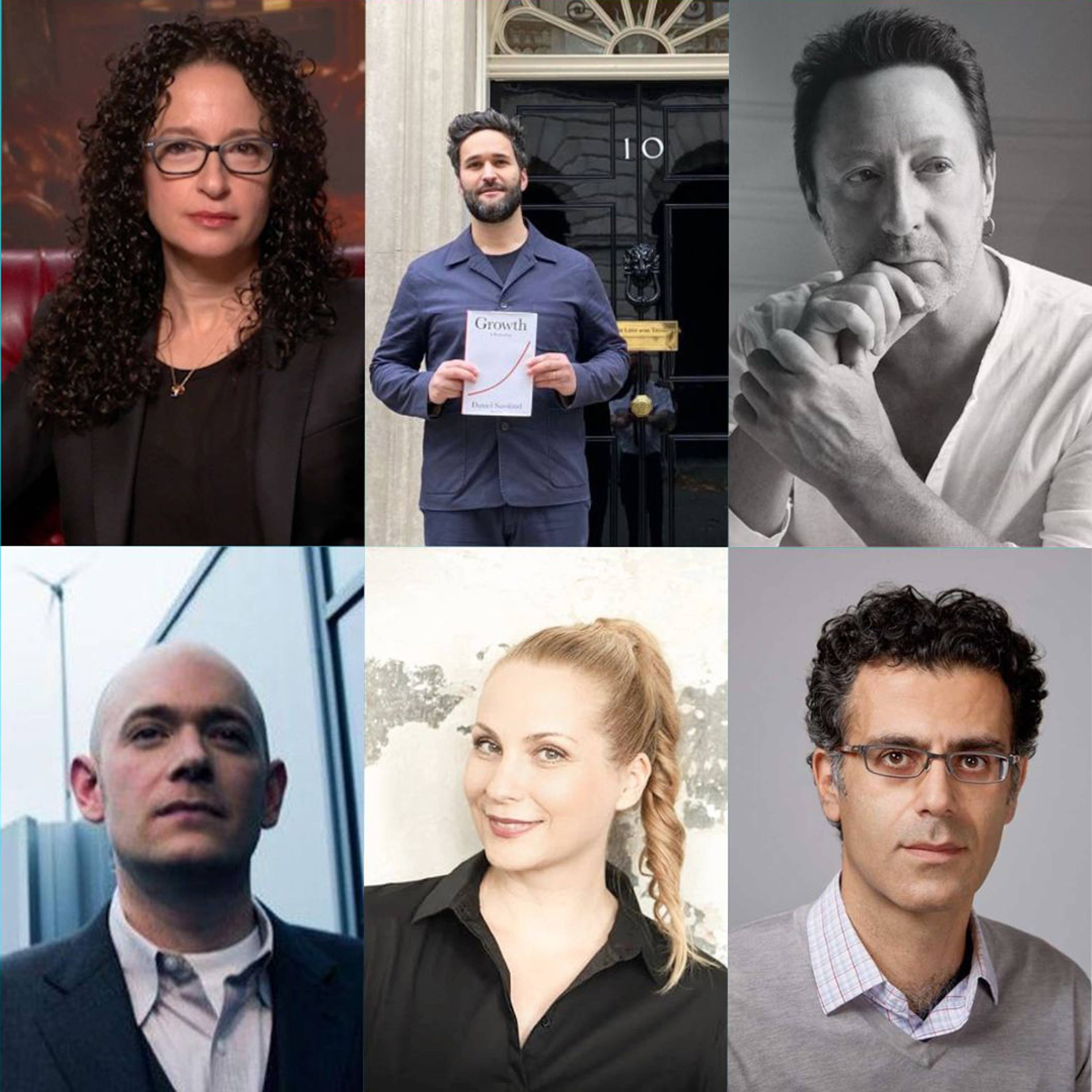
Examining Technology’s Impact on the Environment, Art & Society - Philosophers, Scientists & Artists discuss the Future
How can we shape technology’s impact on society? How do social media algorithms influence our democratic processes and personal well-being? Can AI truly emulate human creativity? And how will its pursuit of perfection change the art we create?Daniel Susskind (Economist · Oxford & King’s College London · Author of Growth: A Reckoning · A World Without Work) shares insights on the nature of growth driven by technological progress. He contends that while technology can accelerate growth, its impact
Dec 1, 2024 • 10:59
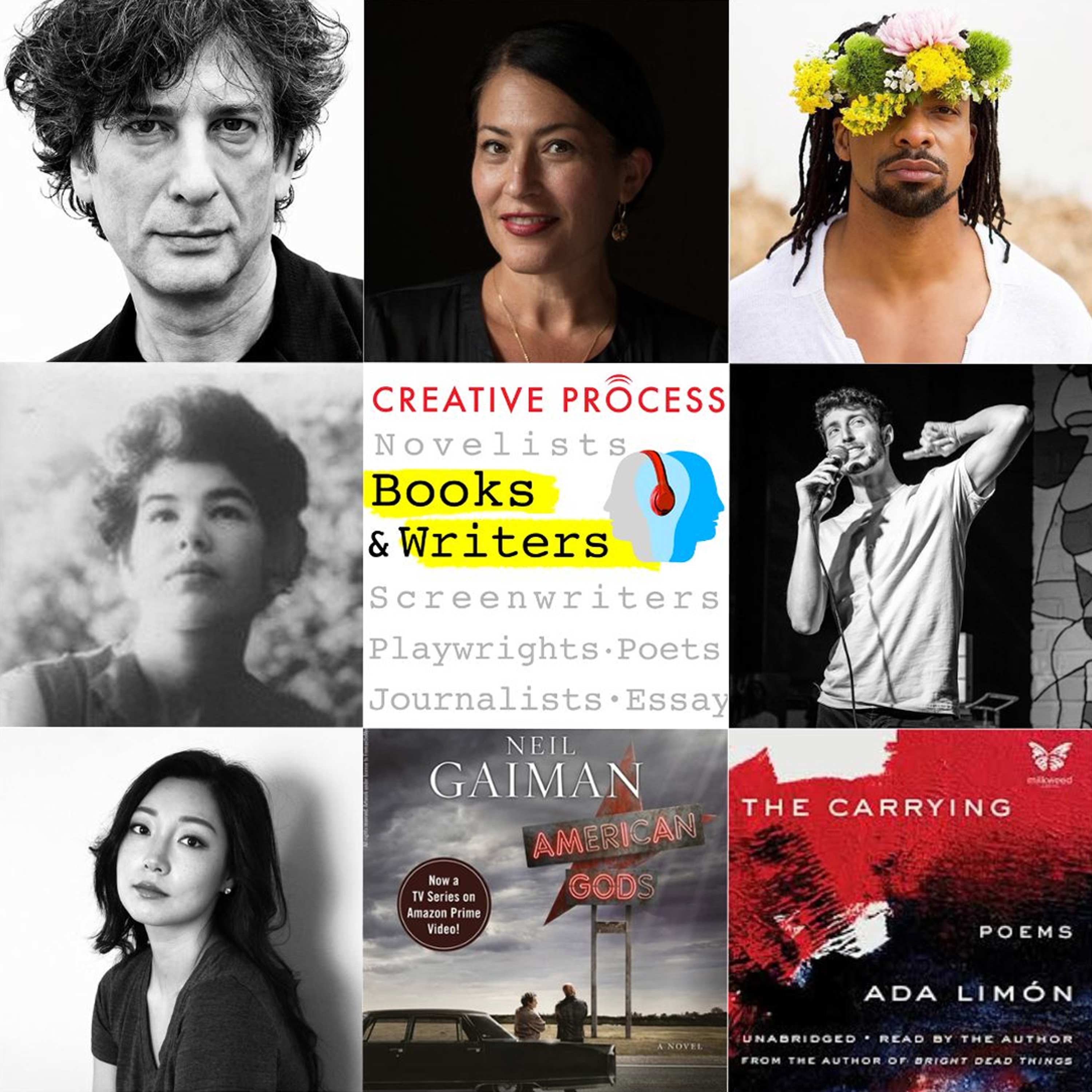
Climate Change, Creativity & The Power of Storytelling to Shape Our World w/ Neil Gaiman, Ada Limón, Jericho Brown, E.J. Koh, Marge Piercy & Max Stossel
This episode explores the enduring power of storytelling to shape our world and illuminate the human experience. Writers Neil Gaiman, Ada Limón, Jericho Brown, E.J. Koh, Marge Piercy, and Max Stossel discuss creativity, resilience, and the power of words to heal and bring people together.Neil Gaiman (Writer, Producer, Showrunner · The Sandman, American Gods, Good Omens, Coraline) explores the secret lives of writers, reflecting on the masks they wear in the pursuit of truth and beauty.Jericho Br
Nov 22, 2024 • 25:35

JULIAN LENNON on Art, Empathy, Creativity & Mother Earth - Highlights
“I think a lot of joy comes from helping others. One of the things that I've been really focusing on is finding that balance in life, what’s real and what’s true and what makes you happy. How can you help other people feel the same and have a happier life? I think whatever that takes. So if that's charity, if that's photography, if that's documentary, if that's music, and I can do it, then I'm going to do it.From traveling, especially in Ethiopia, Kenya, and even South America, we just see these
Nov 7, 2024 • 18:34

Life’s Fragile Moments with JULIAN LENNON - Photographer, Environmentalist, Musician, Filmmaker
What is the power of photography? How do images and songs bookmark our lives, reminding us of what we care about, who we love, and what it means to be alive?Julian Lennon is a Grammy-nominated singer-songwriter, photographer, documentary filmmaker, and NYTimes bestselling author of the Touch the Earth children’s book trilogy. This autumn, Whispers – A Julian Lennon Retrospective is being presented at Le Stanze della Fotografia, culminating in the publication of Life’s Fragile Moments, his first
Nov 7, 2024 • 55:58

Connecting with the Earth: Changemakers, Scientists, Writers & Educators on Regenerating Earth’s Ecosystems
How and when will we transition to a clean energy future? How have wetlands become both crucial carbon sinks and colossal methane emitters in a warming world? What lessons can we learn from non-human animals about living in greater harmony with nature?Richard Black (Author of The Future of Energy · Fmr. BBC Environment Correspondent · Director of Policy & Strategy · Global Clean Energy Thinktank · Ember) addresses the substantial economic impact of fossil fuel subsidies, noting that the actu
Nov 1, 2024 • 11:38

Harnessing Creativity to Heal & Unwind the Body & Mind w/ DR. JULIA CHRISTENSEN - Highlights
“So there's something about this flowy synchronousness in nature and us as part of that nature that has been efficient, for example, for the social connectedness of beings. So if I feel more connected to you, I will be more willing to do something for you to collaborate with you and funny enough, we seem to be more coordinated and also solving problems.This brain-body connection is incredibly important to understand. We don't have one brain for art and one brain for all other life; it's all one.
Oct 28, 2024 • 16:52

The Pathway to Flow with Neuroscientist, Fmr. Dancer DR. JULIA CHRISTENSEN
How can we unlock a state of flow in our daily lives? How does connecting with nature influence our mental and physical well-being? How do movement, dance and play help us feel more creative, connected, and content?Dr. Julia F. Christensen is a Danish neuroscientist and former dancer currently working as a senior scientist at the Max Planck Institute for Empirical Aesthetics in Germany. She studied psychology, human evolution, and neuroscience in France, Spain and the UK. For her postdoctoral tr
Oct 28, 2024 • 1:05:48
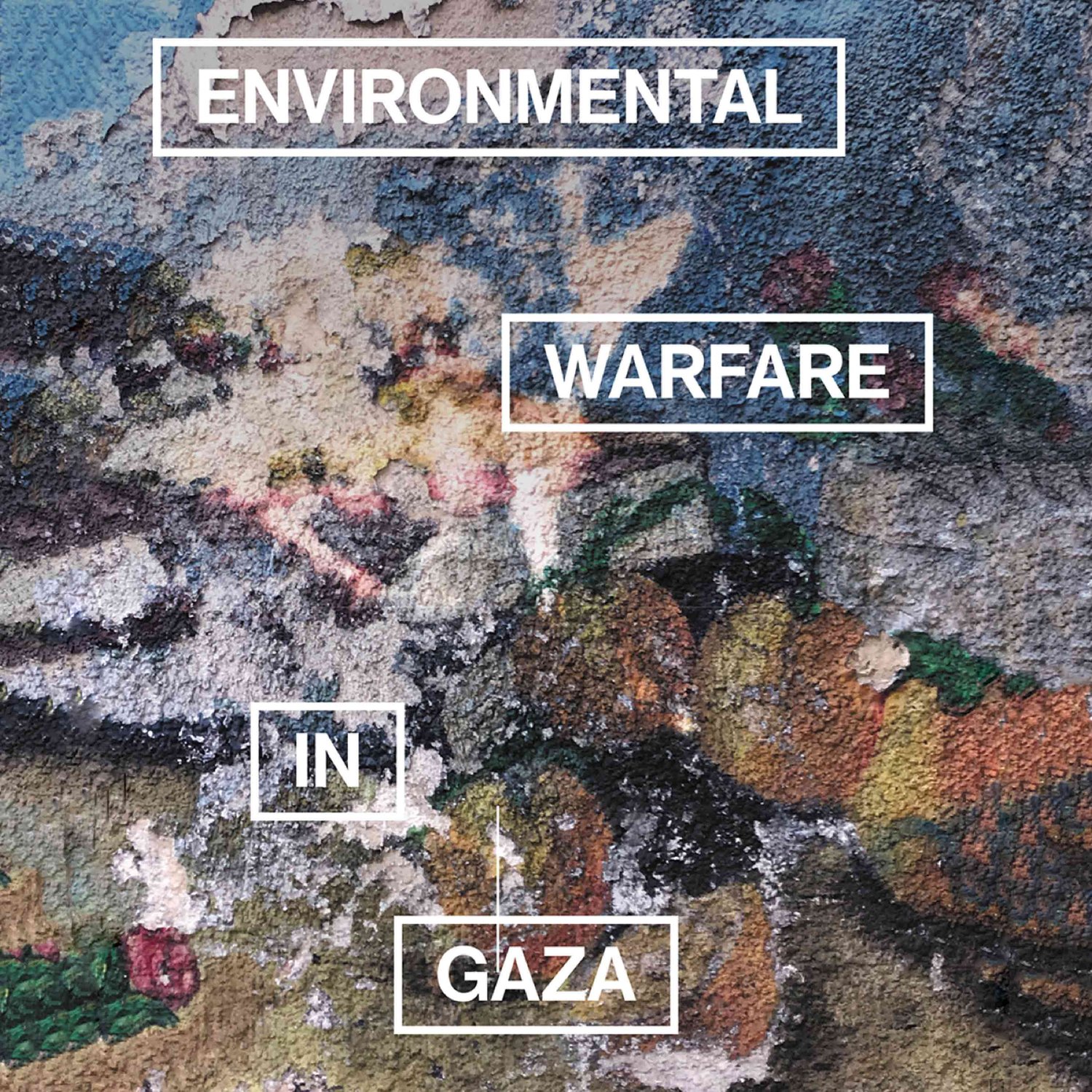
Environmental Warfare in Gaza: A Conversation with Shourideh Molavi
In this episode on Speaking Out of Place podcast Professor David Palumbo-Liu talks with Shourideh Molavi, who discusses the ways in which Israel has waged a protracted war on both the people and environment of Gaza. Linking this war to its colonial precedents, Molavi explains that, as a researcher for the Forensic Architecture project, she combines technologies like satellite imaging with on-the-ground stories from Palestinian farmers to produce a powerful form of witnessing and testimony to Isr
Oct 22, 2024 • 40:10
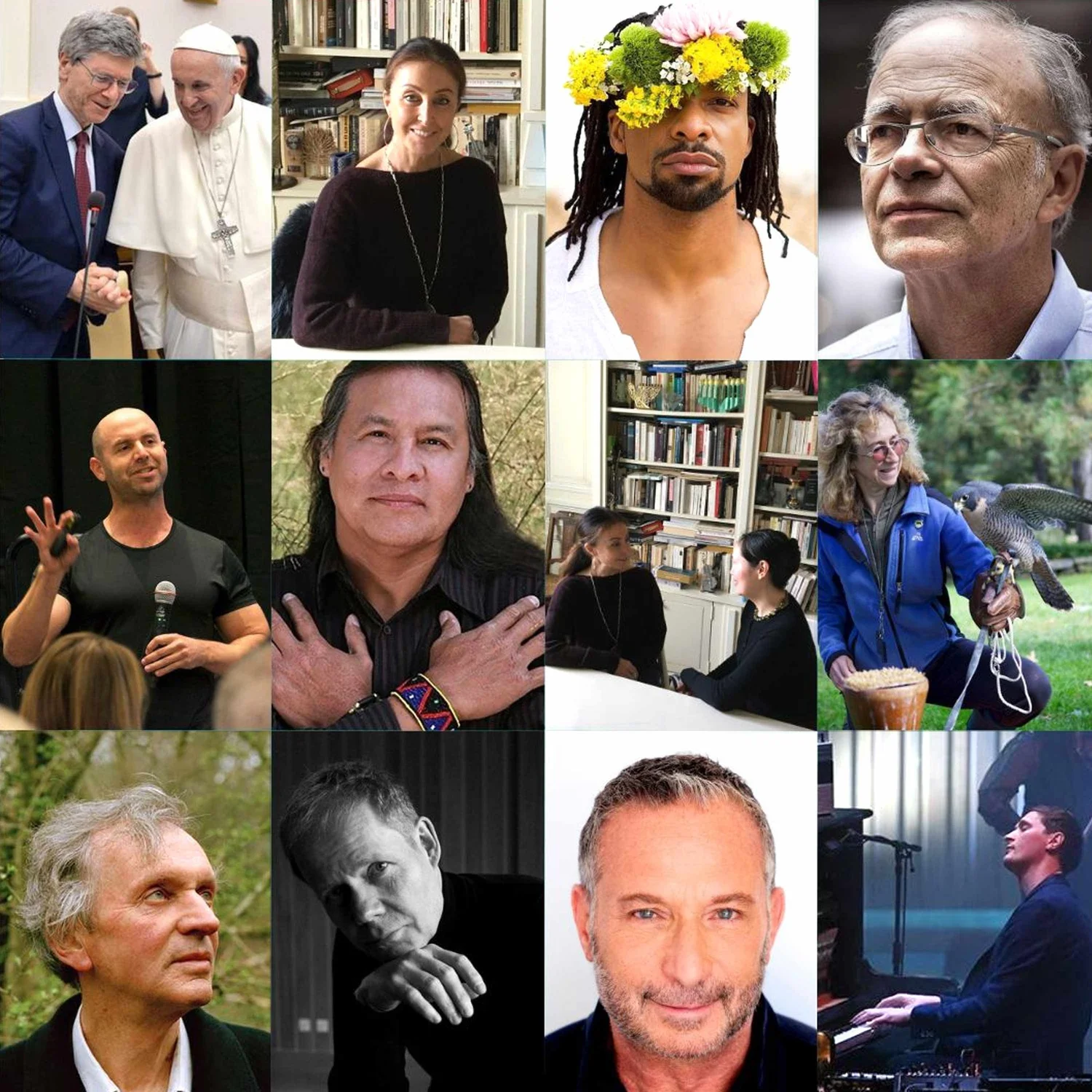
What Does It Mean to Live a Good Life? Artists, Writers, Visionaries & Educators Share their Stories
What does it mean to live a good life? How can the arts help us learn to speak the language of the Earth and cultivate our intuitive intelligence? What is the power of mentorship for forging character and creative vision? How can we hold onto our cultural heritage and traditions, while preparing students for the needs of the 21st century?Alan Poul (Emmy & Golden Globe-winning Executive Producer · Director · Six Feet Under · Tales of the City · Tokyo Vice · My So-Called Life) shares his personal
Oct 21, 2024 • 15:14
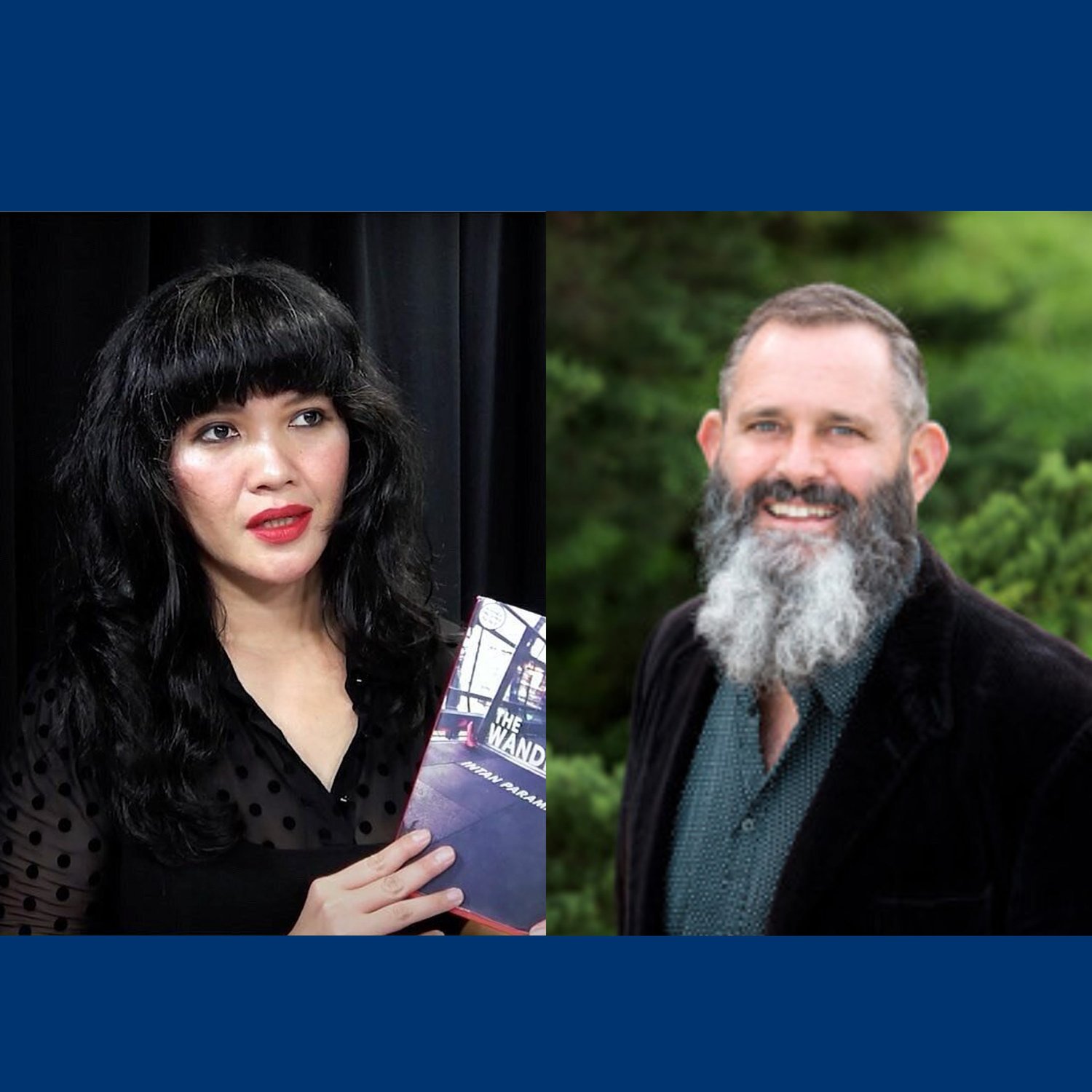
The New Indonesian Regime & Revitalizing the Decolonial Critique
Today, Sunday morning, October 20, former general Prabowo Subianto is being sworn in as Indonesia’s new president. In this episode on Speaking Out of Place podcast Professor David Palumbo-Liu and Azeezah Kanji talk with Intan Paramaditha and Michael Vann about the road leading up to this inauguration, beginning in the 1960s with the Suharto regime. Prabowo is a strong-arm authoritarian figure with a bloody record of human rights violations, yet he has remade his image as a cuddly, elder populis
Oct 20, 2024 • 1:10:12
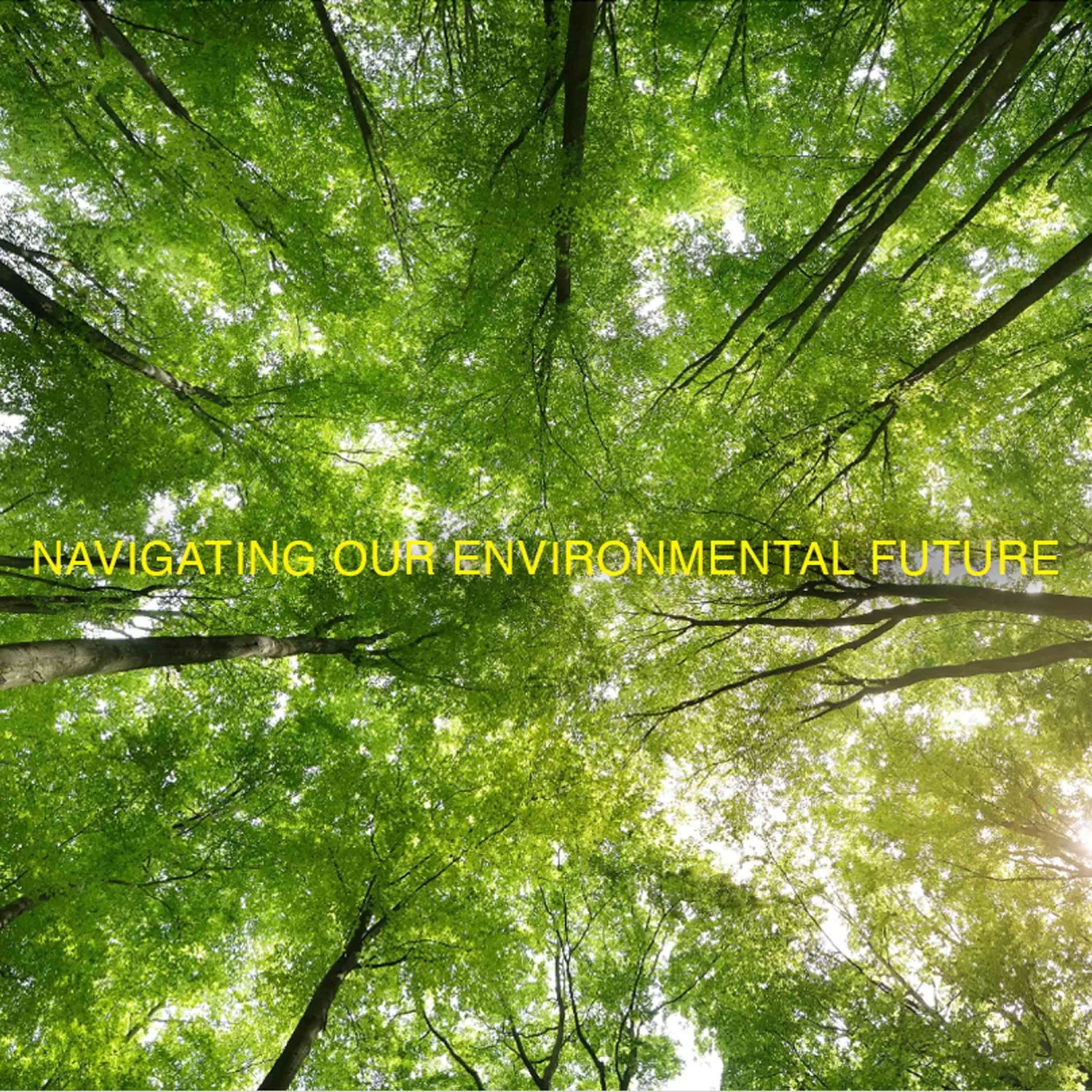
Navigating Our Environmental Future From Climate Crisis to Urban Revolution
Have we entered what Earth scientists call a “termination event,” and what can we do to avoid the worst outcomes? How can we look beyond GDP and develop new metrics that balance growth with human flourishing and environmental well-being? How can the 15-minute city model revolutionize urban living, enhance health, and reduce our carbon footprint?Euan Nisbet (Earth Systems Scientist - Royal Holloway University of London) analyzes historical patterns that point to a potential termination event and
Oct 18, 2024 • 12:31

Climate Change, Social Justice & the Rights of Nature w/ Philosopher ARASH ABIZADEH
“There is a tremendous tension between healthy democracy and deep economic inequalities. I don't think that, in the long run, democracies can survive in a healthy way unless we address the problem of economic inequalities. If we have individuals who are living day to day, on the one hand, and we have other individuals who are billionaires in our societies, on the other hand, it will be very difficult for us to have a genuine democracy.”Arash Abizadeh is the R.B. Angus Professor of Political Scie
Oct 11, 2024 • 11:15
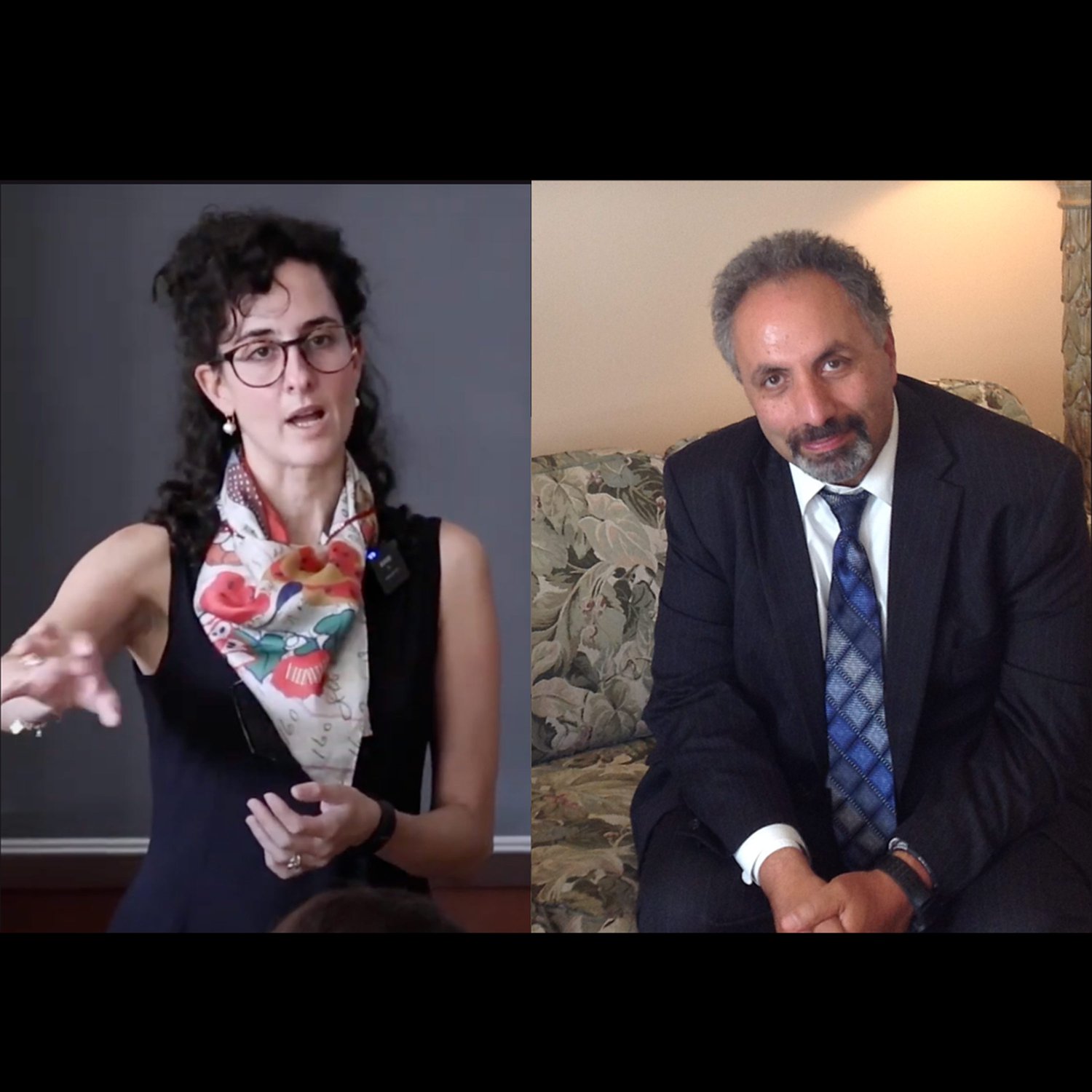
COSTS OF WAR: One Year Later—The True Cost of Israel’s War on Gaza & the West Bank
In this episode on Speaking Out of Place podcast Professor David Palumbo-Liu talks with Sophia Stamatopoulou-Robbins and Jess Ghannam, who comment on a devastating new report authored by Stamatopoulou-Robbins. This report, “Costs of War,” reviews data gathered in Palestine since October 7, 2023. In that year alone, the report finds that the US has spent at least $22.76 billion on military aid to Israel and related US operations in the region. The number of direct deaths, but also so-called “indi
Oct 7, 2024 • 51:10
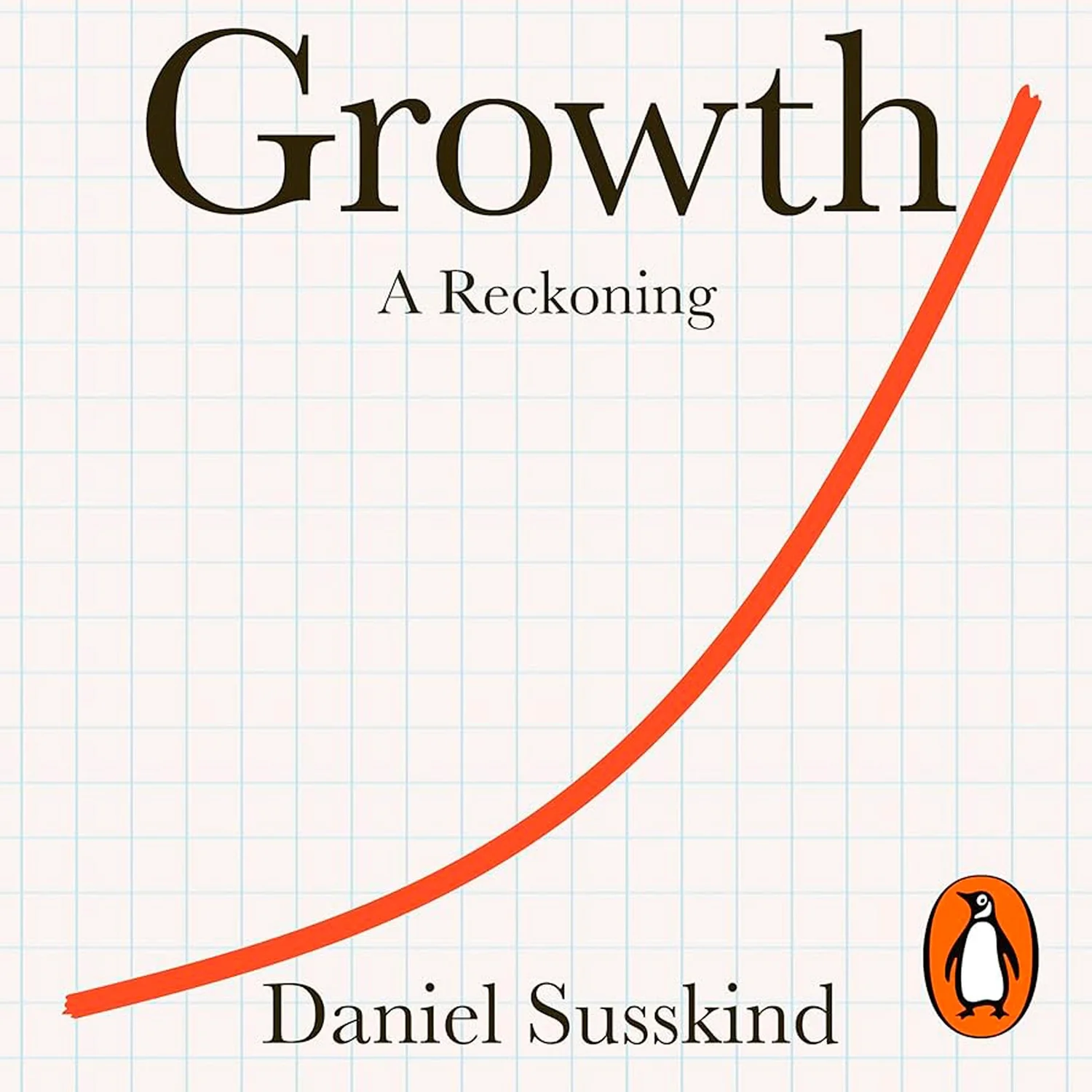
The Growth Dilemma: Balancing Progress & Sustainability w/ Economist DANIEL SUSSKIND - Highlights
“We have a choice to change the nature of growth. How we can have growth that is more respectful of place, doesn’t cause as much damage to the environment, doesn't lead to as large inequalities in society, doesn’t disrupt politics, doesn't undermine the availability of good work? We ought to pursue this morally enriched GDP measure which better reflects what we really value and care about as a society.”Daniel Susskind is a Research Professor in Economics at King's College London and a Senior Res
Oct 4, 2024 • 12:59
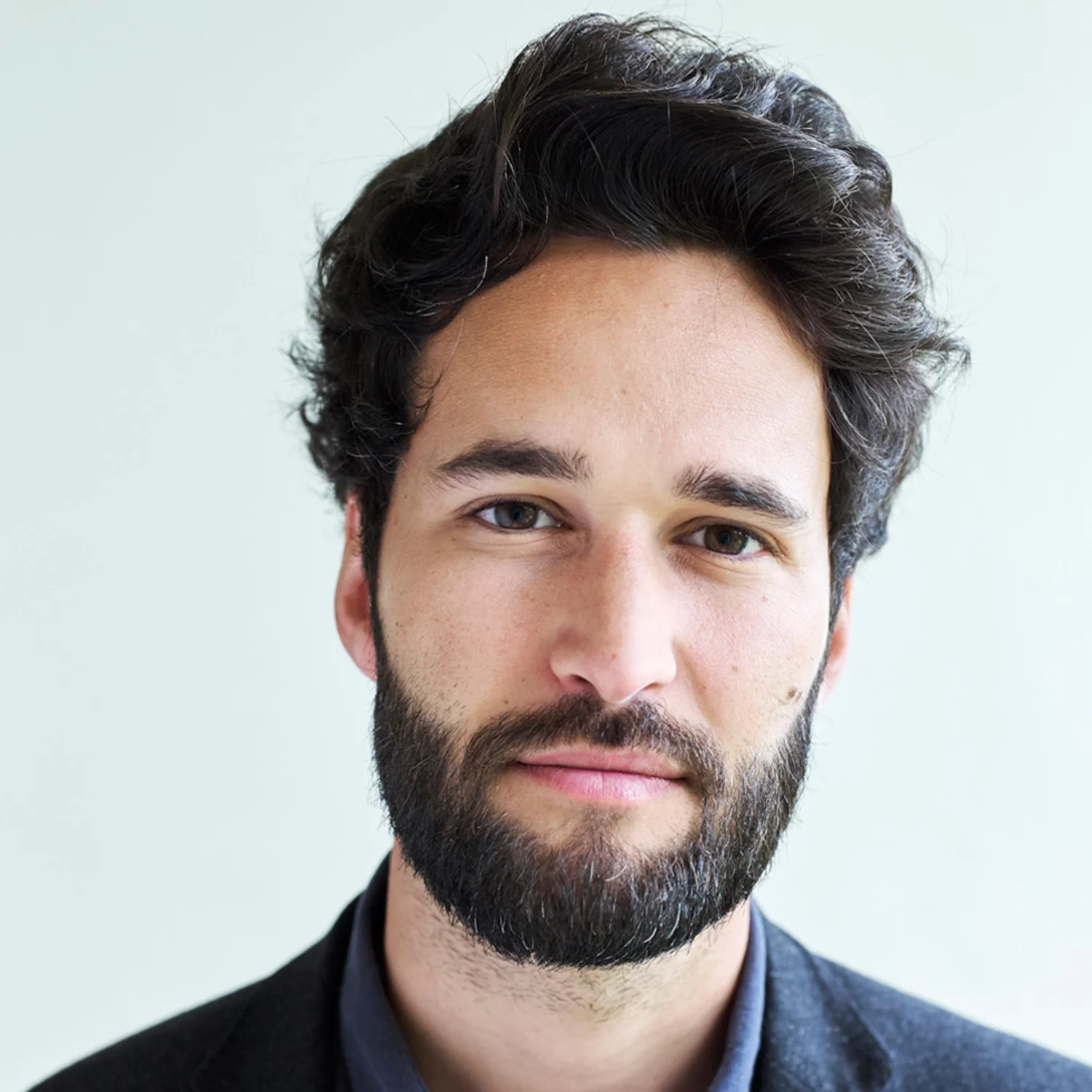
Growth: A Reckoning with Economist DANIEL SUSSKIND
How can we look beyond GDP and develop new metrics that balance growth with human flourishing and environmental well-being? How can we be more engaged global citizens? In this age of AI, what does it really mean to be human? And how are our technologies transforming us?Daniel Susskind is a Research Professor in Economics at King's College London and a Senior Research Associate at the Institute for Ethics in AI at Oxford University. He is the author of A World without Work and co-author of the be
Oct 4, 2024 • 56:48

The Human Smart City: Balancing Ecology & Economy with CARLOS MORENO - Highlights
“It all starts at home. As a university professor, I have observed the process of transformation of different generations. We need to find a sense of life. We need to find a sense of belonging to our humanity, but to have this sense of life, we need to find a sense in our local communities.”Carlos Moreno was born in Colombia in 1959 and moved to France at the age of 20. He is known for his influential "15-Minute City" concept, embraced by Paris Mayor Anne Hidalgo and leading cities around the wo
Oct 3, 2024 • 14:22

The 15-Minute City: A Solution to Saving Our Time & Our Planet with CARLOS MORENO
How can the 15-minute city model revolutionize urban living, enhance wellbeing, and reduce our carbon footprint? Online shopping is turning cities into ghost towns. We can now buy anything anywhere anytime. How can we learn to stop scrolling and start strolling and create more livable, sustainable communities we are happy to call home.Carlos Moreno was born in Colombia in 1959 and moved to France at the age of 20. He is known for his influential "15-Minute City" concept, embraced by Paris Mayor
Oct 3, 2024 • 38:28
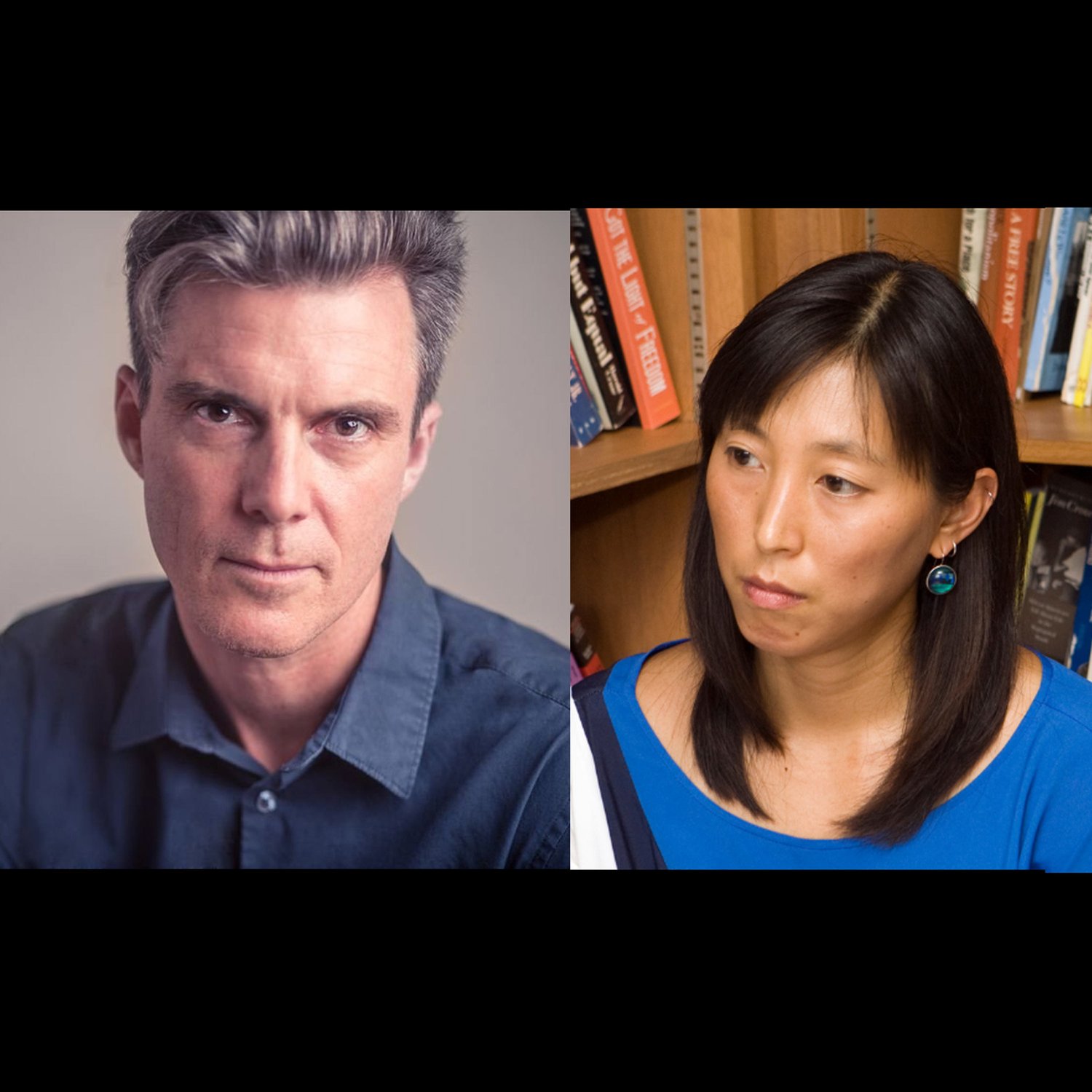
On Abolition Sanctuary & Environmental Activism from Below
In this episode on Speaking Out of Place podcast Professor David Palumbo-Liu and Azeezah Kanji talk with scholar-activists Naomi Paik and Ashley Dawson about the close connection between abolition and environmental activism from below. How are the twin projects raising profound questions about borders, carcerality, enclosures, and the separation of humans from each other and all other forms of life, including supposedly “inanimate” objects? How can we create “sanctuary for all” in a radical ret
Oct 2, 2024 • 1:04:50

Nature, Wellbeing, Creativity & The Power of Meditation w/ DR. BEN SHOFTY
“I moved to Utah, which is a very beautiful place, and I feel like the mountains and the breathtaking nature that we have around here really help. There are many studies that have shown that exposure to nature and spending time in nature really helps us. It helps our well-being as human beings, and it also helps us to be creative, reflective, and calm. My personal creative process works through interaction with other people. Through genuine interest in other people and through spending time with
Sep 27, 2024 • 17:34

Assembling Tomorrow: A Guide to Designing a Thriving Future - SCOTT DOORLEY & CARISSA CARTER - Highlights
“Today, someone is putting the finishing touches on a machine- learning algorithm that will change the way you relate to your family. Someone is trying to design a way to communicate with animals in their own language. Someone is designing a gene that alters bacteria to turn your poop bright blue when it’s time to see the doctor. Someone is cleaning up the mess someone else left behind seventy years ago yesterday. Today, someone just had an idea that will end up saving one thing while it harms
Sep 20, 2024 • 21:08

Can Design Save the World? - SCOTT DOORLEY & CARISSA CARTER - Co-authors of Assembling Tomorrow - Directors of Stanford’s d.School
How can we design and adapt for the uncertainties of the 21st century? How do emotions shape our decisions and the way we design the world around us?Scott Doorley is the Creative Director at Stanford's d. school and co author of Make Space. He teaches design communication and his work has been featured in museums and architecture and urbanism and the New York Times. Carissa Carter is the Academic Director at Stanford's d. school and author of The Secret Language of Maps. She teaches courses on e
Sep 20, 2024 • 57:06

Curiosity, Cognition & Adapting to the Uncertainties Climate Change with Neuroscientist DR. JACQUELINE GOTTLIEB
“So we've all experienced this sense of awe at the vastness of things in nature, and I think that is a beautiful sense. You're in awe at the vastness things that go beyond your capabilities, also capabilities of understanding and capabilities of knowledge. So I look at it as kind of a form of extreme uncertainty that is not threatening. We can relax. It's pleasurable and inspiring. So, maybe if we can remember the sense of awe that we have with certain things, we can help ourselves when, when we
Sep 4, 2024 • 19:45

Wetlands, Methane & Restoring Earth’s Garden of Eden with EUAN NISBET
Have we entered what Earth scientists call a “termination event,” and what can we do to avoid the worst outcomes? How can a spiritual connection to nature guide us toward better environmental stewardship? What can ancient wisdom teach us about living harmoniously with the Earth? How have wetlands become both crucial carbon sinks and colossal methane emitters in a warming world?Euan Nisbet is an Emeritus Professor of Earth Sciences at the Royal Holloway University of London. Specializing in metha
Aug 30, 2024 • 45:47
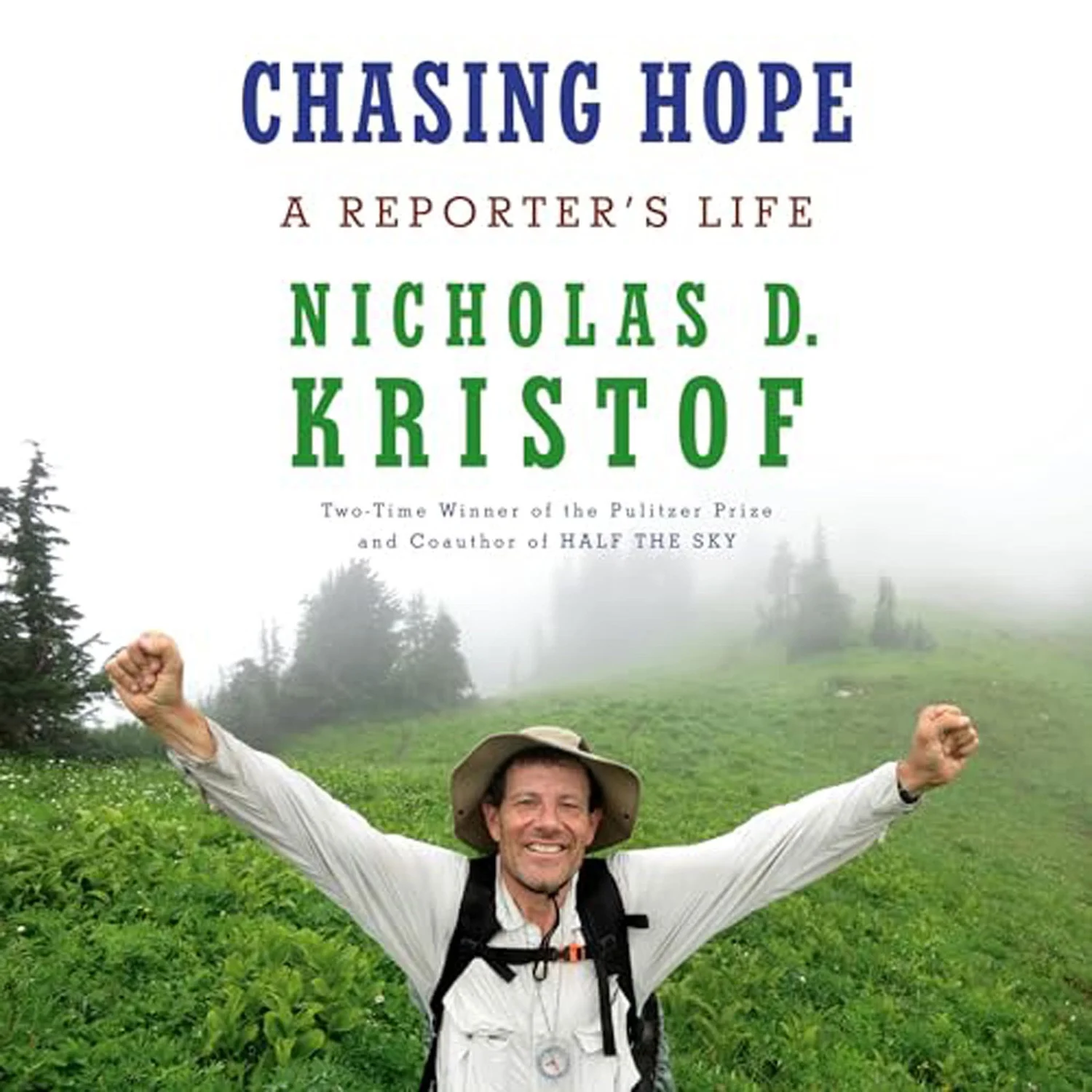
How can journalism make people care about environmental crises & create solutions? - Highlights - NICHOLAS KRISTOF
“I think that the problem is a classic economic problem of tragedy of the commons—the fact that any one country is going to benefit if other countries reduce carbon emissions but is going to suffer when it itself does means there's always a tendency to want other countries to lead the way. Since the industrial revolution began, the US point of view is that we can't get anywhere unless India and China reduce carbon emissions, while India and China say if you look over the last one hundred years,
Aug 26, 2024 • 16:39
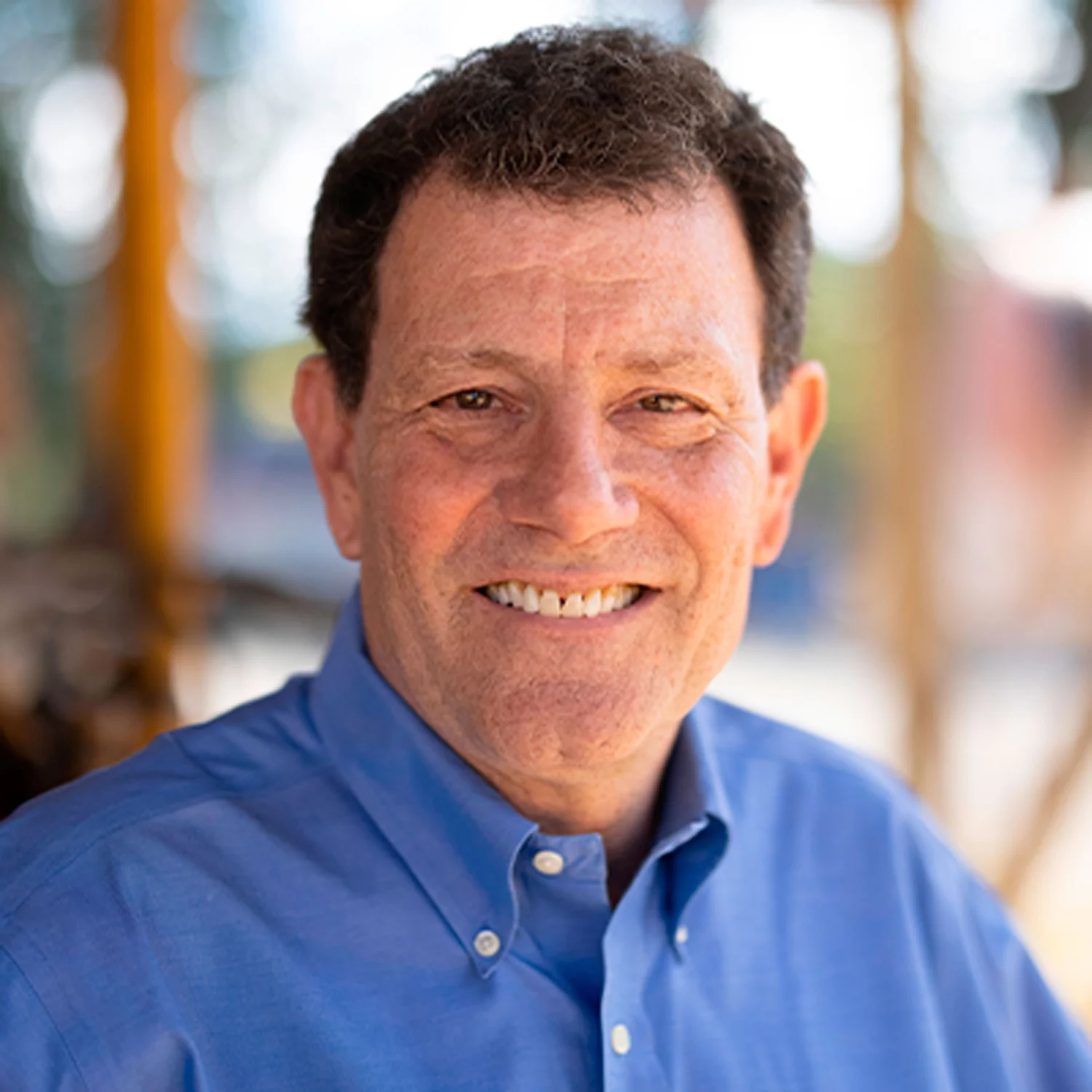
Chasing Hope: A Reporter's Life w/ Pulitzer Prize-winning Journalist NICHOLAS KRISTOF
How can journalism make people care and bring about solutions? What role does storytelling play in shining a light on injustice and crises and creating a catalyst for change?Nicholas D. Kristof is a two-time Pulitzer-winning journalist and Op-ed columnist for The New York Times, where he was previously bureau chief in Hong Kong, Beijing, and Tokyo. Kristof is a regular CNN contributor and has covered, among many other events and crises, the Tiananmen Square protests, the Darfur genocide, the Yem
Aug 26, 2024 • 43:47

Natural Magic: Emily Dickinson, Charles Darwin, and the Dawn of Modern Science with RENÉE BERGLAND
How do the works of Emily Dickinson and Charles Darwin continue to influence our understanding of nature, ecological interdependence, and the human experience? How does understanding history help us address current social and environmental issues. How can dialogues between the arts and sciences foster holistic, sustainable solutions to global crises?Renée Bergland is a literary critic, historian of science, and educator. As a storyteller, Bergland connects the lives of historical figures to the
Aug 20, 2024 • 1:00:31

Empire of Things: How We Became a World of Consumers & Out of the Darkness: The Germans 1942 to 2022 w/ FRANK TRENTMANN
"Consumption is a tricky business. We've moved ourselves into a situation where on the one hand, we now recognize that possessions are an important source of identity. Most of us believe people should have the right to choose the kind of lifestyle they want to have; on the other hand, we have the environmental costs of that lifestyle, which is causing havoc with our planet and, ultimately, with our lives. And so we're caught in a social-political acceptance of the freedom to choose and a growing
Aug 15, 2024 • 17:03

Out of the Darkness: The Germans 1942 to 2022 with FRANK TRENTMANN
What can we learn from Germany's postwar transformation to help us address today's environmental and humanitarian crises? With the rise of populism, authoritarianism, and digital propaganda, how can history provide insights into the challenges of modern democracy?Frank Trentmann is a Professor of History at Birkbeck, University of London, and at the University of Helsinki. He is a prize-winning historian, having received awards such as the Whitfield Prize, Austrian Wissenschaftsbuch/Science Book
Aug 14, 2024 • 55:27

The SDGs & UN Summit of the Future - Highlights - GUILLAUME LAFORTUNE
“The SDSN has been set up to mobilize research and science for the Sustainable Development Goals. Each year, we aim to provide a fair and accurate assessment of countries' progress on the 17 Sustainable Development Goals. The development goals were adopted back in 2015 by all UN member states, marking the first time in human history that we have a common goal for the entire world. Our goal each year with the SDG index is to have sound methodologies and translate these into actionable insights th
Jul 31, 2024 • 15:09

How Can We Unite 193 Countries for a Sustainable Future? - GUILLAUME LAFORTUNE - VP, UN-SDSN, Paris
How can we get 193 countries to move in the same direction for a better tomorrow?In today's podcast, we talk with Guillaume Lafortune, Vice President and Head of the Paris Office of the UN Sustainable Development Solutions Network (SDSN), the largest global network of scientists and practitioners dedicated to implementing the Sustainable Development Goals (SDGs). We discuss the intersections of sustainability, global progress, the UN Summit of the Future, and the daunting challenges we face. Fro
Jul 30, 2024 • 1:12:09

Environmental Justice & Politics: PRIYAMVADA GOPAL & FRANÇOISE VERGÈS discuss Elections in UK & France
"I would say what we can celebrate is the incredible mobilization of the young people. They went everywhere, they knocked on the door, they mobilized. This was an incredible, incredible mobilization. So that was extraordinary because it showed real mobilization and an understanding that the National Rally was a real threat. We knew that if they came to power, the first people who would be targeted would be people of color, and that was absolutely clear."For our snap episode on the snap elections
Jul 26, 2024 • 1:06:53

How Do Utopian Visions Shape Our Reality & Future? - Highlights - S. D. CHROSTOWSKA
“I think that we should not be under any illusion that we can return to some pristine Earth. We have to do the best we can with the Earth that we have inherited for our generation and for those of our children, but we should not, therefore, say, well, it's all lost. Species are becoming extinct as never before. We should not become pessimists because there is no other alternative, because we've been robbed of this idea of pristine nature.I think nature has not been pristine. People speak about t
Jul 25, 2024 • 20:46

Utopia in the Age of Survival with S. D. CHROSTOWSKA
As Surrealism turns 100, what can it teach us about the importance of dreaming and creating a better society? Will we wake up from the consumerist dream sold to us by capitalism and how would that change our ideas of utopia?S. D. Chrostowska is professor of humanities at York University, Canada. She is the author of several books, among them Permission, The Eyelid, A Cage for Every Child, and, most recently, Utopia in the Age of Survival: Between Myth and Politics. Her essays have appeared in su
Jul 24, 2024 • 44:50

Climate Change, Mental Health & Fighting for a Better Future - Highlights - CHARLIE HERTZOG YOUNG
“There's that old saying, ‘blessed are the cracked for they shall let in the light.’ For a lot of people like myself, I think it's true that losing your mind can be a proportionate response to the climate crisis. Those of us with mental health issues are often branded as being in our own world. But paradoxically, being in our own world can actually be a result of being more connected to the outside world rather than less. And in the context of climate change, it may be fairer to describe people
Jul 19, 2024 • 17:28

The Mind, Climate Change & Community Resilience with CHARLIE HERTZOG YOUNG
The planet’s well-being unites us all, from ecosystems to societies, global systems to individual health. How is planetary health linked to mental health?Charlie Hertzog Young is a researcher, writer and award-winning activist. He identifies as a “proudly mad bipolar double amputee” and has worked for the New Economics Foundation, the Royal Society of Arts, the Good Law Project, the Four Day Week Campaign and the Centre for Progressive Change, as well as the UK Labour Party under three consecuti
Jul 19, 2024 • 58:38
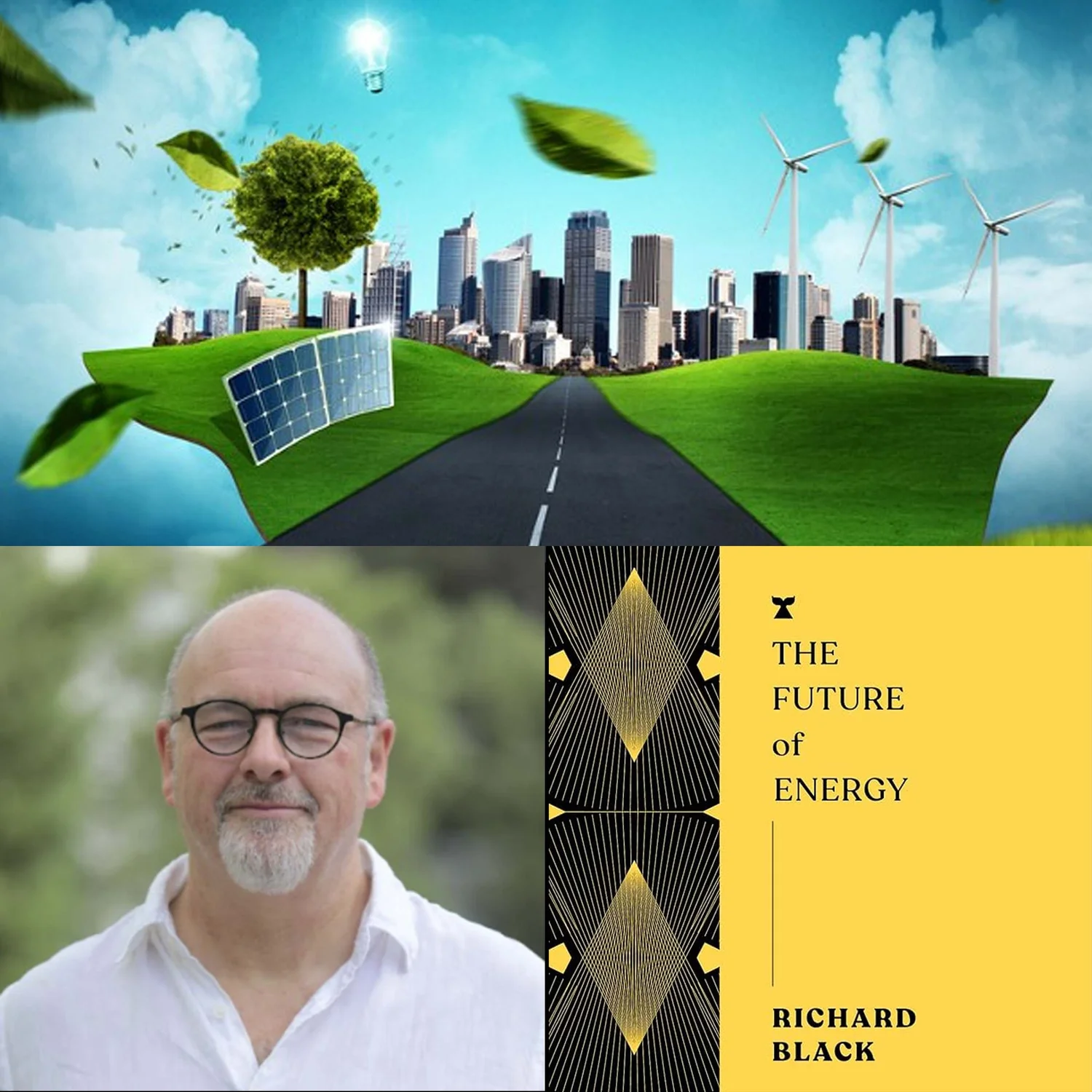
How and when will we transition to a clean energy future? - Highlights - RICHARD BLACK
The Five-pronged Clean Energy Future“I thought about it, and I was wondering, what do we actually need in the world? Because we don't need petrol and we don't need coal. We need energy to power various things. So, we need these energy services. So, what's the simplest way of providing all of the energy services? And it really seems to me that we can basically do it all with about five different types of goods. So the system of the future I put out in the book is first of all, you have the genera
Jul 13, 2024 • 13:02

The Future of Energy - RICHARD BLACK - Director, Policy & Strategy, Ember - Fmr. BBC Environment Correspondent
How and when will we transition to a clean energy future? How will the transition empower individuals and transform global power dynamics? How did China become the world’s first electrostate, leading the drive for renewable energy, and what can we learn from this?Richard Black spent 15 years as a science and environment correspondent for the BBC World Service and BBC News, before setting up the Energy & Climate Intelligence Unit. He now lives in Berlin and is the Director of Policy and Strategy
Jul 12, 2024 • 56:02

DIANE VON FÜRSTENBERG: Woman in Charge w/ Oscar-winning Director SHARMEEN OBAID-CHINOY on Women's Rights & Eco-Activism
“My production company SOC Films, which works out of Pakistan, has created more than 15 short films about climate change in the region, and created a book for children to talk about climate change heroes. Pakistan is one of the top 10 countries in the world most affected by climate change. And so at the heart of everything that I do, climate change matters greatly to me because I have a personal connection to it.I love to hike and I seek out mountains and quiet places where one can be in solitud
Jul 5, 2024 • 10:29

Resisting Ecological Collapse & Fascism with Writer-Organizer-Activist CHRIS CARLSSON
In this episode of the Speaking Out of Place podcast Professor David Palumbo-Liu talks with acclaimed author and activist, and San Francisco legend, Chris Carlsson about his new novel, When Shells Crumble. It begins in December 2024, when the US Supreme Court nullifies the popular vote in the Presidential election and awards the presidency to an authoritarian Republican, who proceeds to demolish democracy and install a fascistic state that hastens ecological havoc. The novel is much more than yo
Jun 27, 2024 • 1:06:34

PETA Founder INGRID NEWKIRK turns 75: A Lifetime of Animal Advocacy
How can we show more kindness, respect, and love to the animals we share this planet with? What lessons can we learn from non-human animals about living in greater harmony with nature?Ingrid Newkirk is the Founder and President of PETA, actively leading the organization and advocating for animal rights. PETA is the largest animal rights organization in the world with more than 9 million members and supporters globally. Under her leadership, PETA has achieved significant victories, such as ending
Jun 21, 2024 • 41:44

How do we get people to care about the environment? - Highlights - LEE McINTYRE
“Getting people to care is the most important thing. I went all the way to the Maldives for research for my book How to Talk to a Science Denier because I wanted to see coral death. I wanted to see the Maldives. I wanted to see the country most under threat from climate change. One of my teachers was a 17 or 18-year-old kid who was the captain of a fishing boat. He said, "Oh, sir, outside the Maldives, no one cares." And that was when I realized that climate denial was not just about belief, it
Jun 18, 2024 • 12:11

How to Talk to a Science Denier with LEE McINTYRE
How to talk to a science denier? How do we fight for truth and protect democracy in a post-truth world? How does bias affect our understanding of facts?Lee McIntyre is a Research Fellow at the Center for Philosophy and History of Science at Boston University and a Senior Advisor for Public Trust in Science at the Aspen Institute. He holds a B.A. from Wesleyan University and a Ph.D. in Philosophy from the University of Michigan. He has taught philosophy at Colgate University, Boston University, T
Jun 17, 2024 • 54:54

Exploring Spirituality: A Computational Physicist’s Perspective - STEPHEN WOLFRAM
Stephen Wolfram is a computer scientist, mathematician, and theoretical physicist. He is the founder and CEO of Wolfram Research, the creator of Mathematica, Wolfram|Alpha, and the Wolfram Language. He received his PhD in theoretical physics at Caltech by the age of 20 and in 1981, became the youngest recipient of a MacArthur Fellowship. Wolfram authored A New Kind of Science and launched the Wolfram Physics Project. He has pioneered computational thinking and has been responsible for many disco
Jun 14, 2024 • 8:30

Beyond the Surface: Embracing Nature's Complexity with Philosopher KEITH FRANKISH
“One thing I love about living in Crete is that the sense of the presence of nature is always here. I walk out the door and I can see the mountains around the city. I can see the White Mountains (Lefka Ori), which for half the year are covered in snow. I can see the sea. If you walk out in the summer, you're immediately aware of your physicality. You become dehydrated very quickly. It's not necessarily a kind environment for humans. It's not if you engage in any vigorous activity, but it's one t
Jun 10, 2024 • 11:11

How Can We End the Climate Crisis in One Generation? - Highlights - PAUL HAWKEN
“We and all living beings thrive by being actors in the planet’s regeneration, a civilizational goal that should commence and never cease. We practiced degeneration as a species and it brought us to the threshold of an unimaginable crisis. To reverse global warming, we need to reverse global degeneration.”Can we really end the climate crisis in one generation? What kind of bold collective action, technologies, and nature-based solutions would it take to do it?Paul Hawken is a renowned environmen
Jun 7, 2024 • 16:56

Regeneration: Ending the Climate Crisis in One Generation with PAUL HAWKEN
Can we really end the climate crisis in one generation? What kind of bold collective action, technologies, and nature-based solutions would it take to do it?Paul Hawken is a renowned environmentalist, entrepreneur, author, and activist committed to sustainability and transforming the business-environment relationship. A leading voice in the environmental movement, he has founded successful eco-friendly businesses, authored influential works on commerce and ecology, and advised global leaders on
Jun 7, 2024 • 53:38
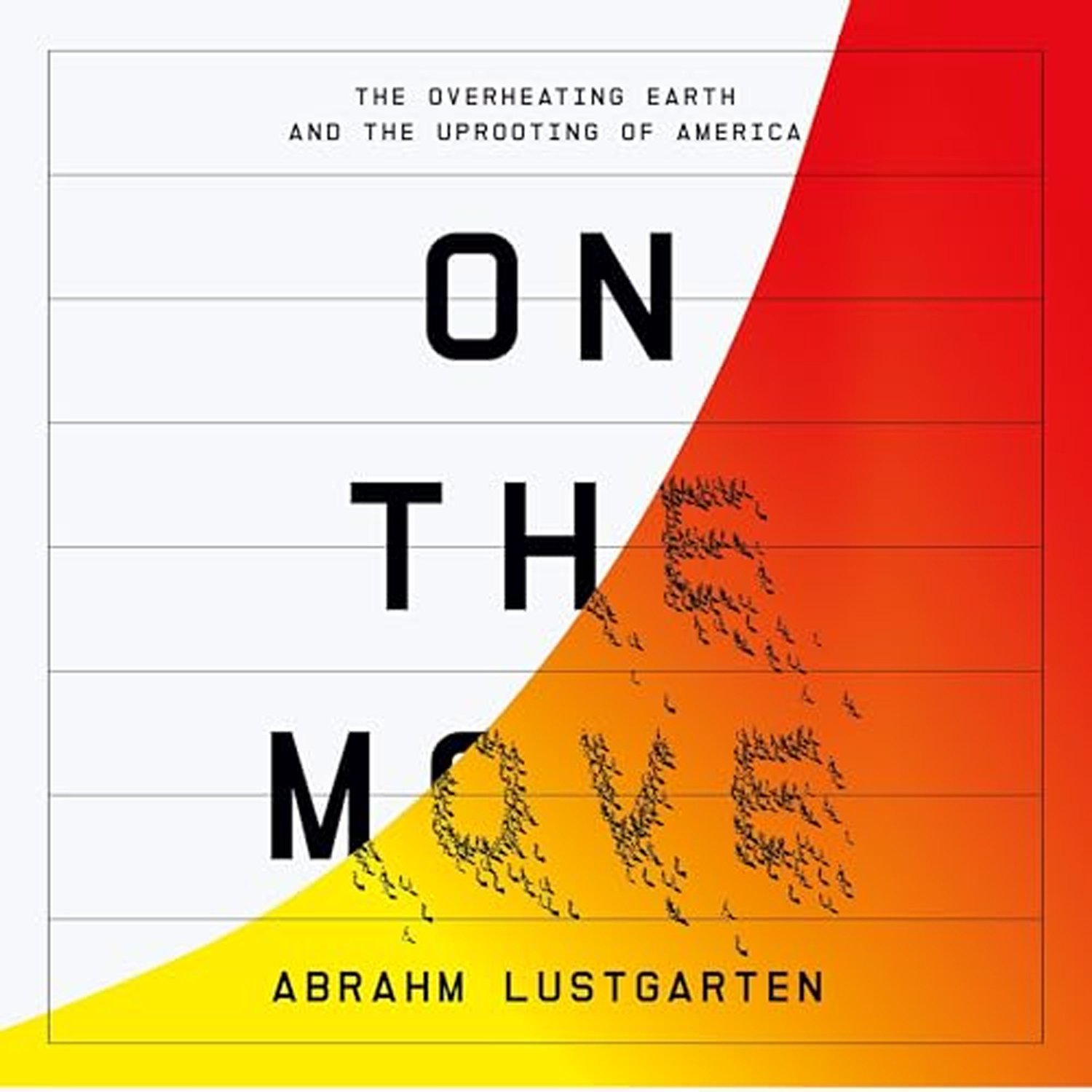
How Will Our Cities, Communities & Country Cope with Climate Migration - Highlights - ABRAHM LUSTGARTEN
“Living in California, I've just come to accept the unsettledness of this era we're moving into. And I think that's really how I see the future. You know, we're living in an era of disruption, and there are others I talk to and write about in the book who also muse about the possibility of a more nomadic future. That maybe home isn't a permanent place with deep roots but is a transient place with shallow roots or two places that you alternate between. In addition to a lot of other dramatic chang
May 31, 2024 • 15:41
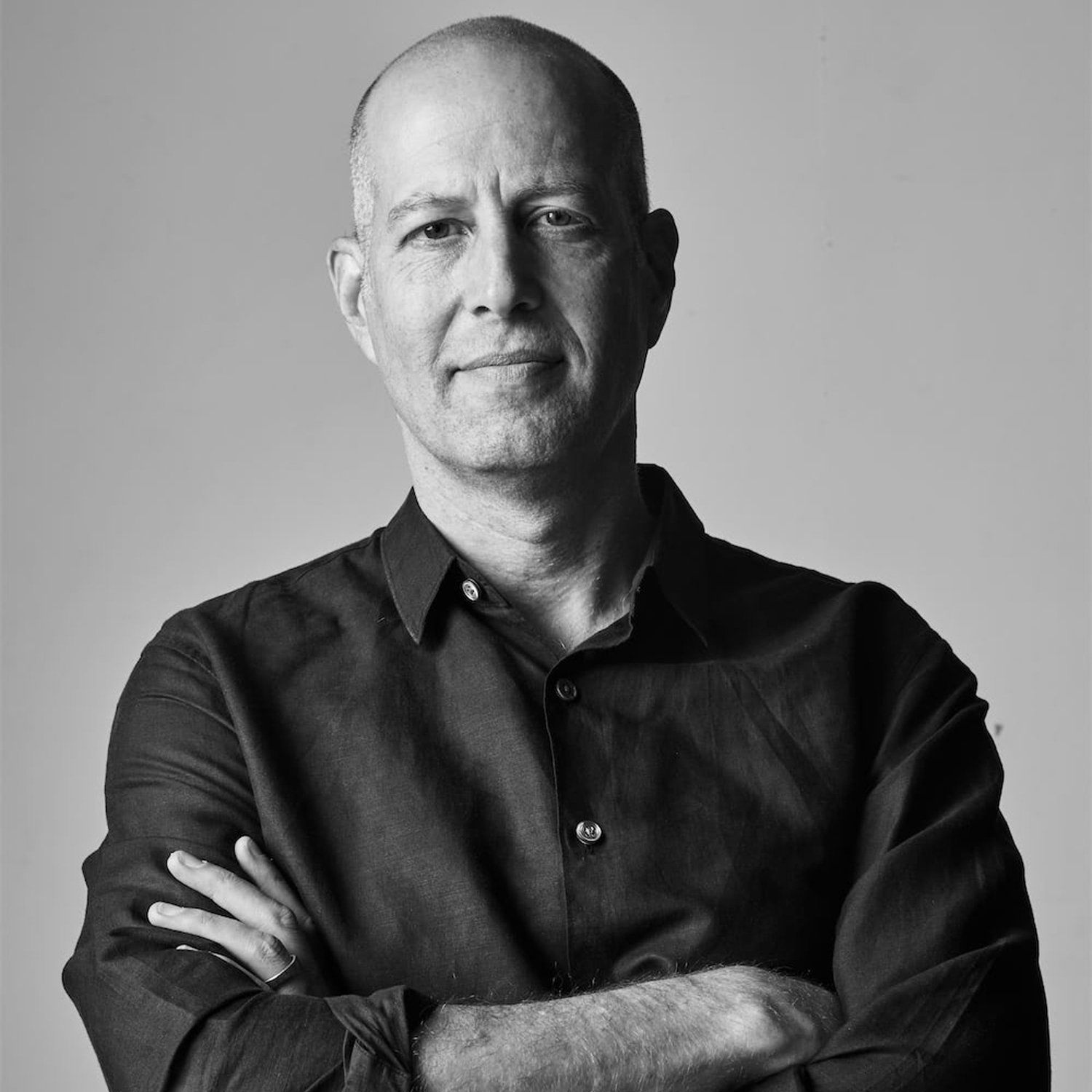
On The Move: The Overheating Earth & the Uprooting of America with ABRAHM LUSTGARTEN
An estimated one in two people will experience degrading environmental conditions this century and will be faced with the difficult question of whether to leave their homes. Will you be among those who migrate in response to climate change? If so, where will you go?Abrahm Lustgarten is an investigative reporter, author, and filmmaker whose work focuses on human adaptation to climate change. His 2010 Frontline documentary The Spill, which investigated BP’s company culture, was nominated for an Em
May 31, 2024 • 57:13

Music, Healing, Nature & Neurodivergence with with MATTIA MAURÉE
“So for me, it just kind of removing a lot of the shame and then a lot of the energy that I was wasting trying to fit myself into a neurotypical process or framework or way of thinking or being. So, you know, some people call that unmasking, just kind of removing. I was wasting a lot of energy, basically trying to be someone else and function in a different way. And then just beating myself up internally for not being able to do that. And throughout my healing journey, as I really realized, Oh,
May 29, 2024 • 11:24
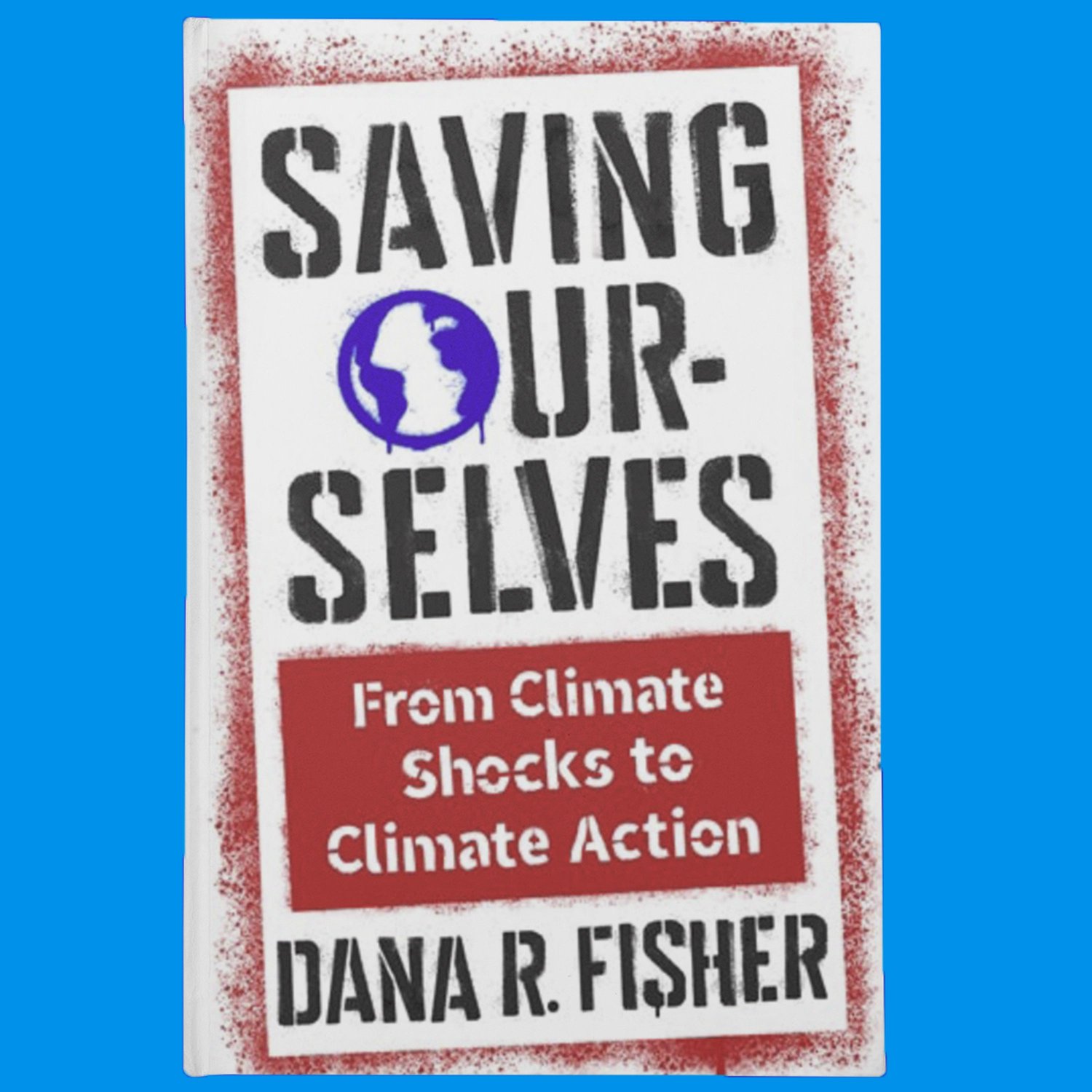
Apocalyptic Optimism: How We Can We Save Ourselves from the Climate Crisis? - Highlights - DANA FISHER
“The American Climate Corps builds on the legacy of the Civilian Conservation Corps, which came out of the New Deal after the Great Depression in the United States when the country was getting very close to there being a toppling of the government because there was such a crisis here after the Depression. There were Dust Bowls. People were migrating all over the country to try to find work. And it was a really dark time in the United States. So part of the New Deal included establishing this Con
May 24, 2024 • 14:44

Saving Ourselves: From Climate Shocks to Climate Action - DANA FISHER
How can we make the radical social changes needed to address the climate crisis? What kind of large ecological disaster or mass mobilization in the streets needs to take place before we take meaningful climate action?Dana R. Fisher is the Director of the Center for Environment, Community, & Equity and Professor in the School of International Service at American University. Fisher’s research focuses on questions related to democracy, civic engagement, activism, and climate politics. Current proje
May 24, 2024 • 40:00

Working to Restore: Harnessing the Power of Business to Heal the Earth - Highlights - ESHA CHHABRA
“There’s a lot of greenwashing that's going on these days. It is great marketing. And that was really the reason why I wrote this book. I had started to see the patterns. You can start to tell them the companies that are genuinely doing it versus the companies that are just talking about it. So that was one indicator, you know, a company that would send out a press release about their goals and what they anticipated to do in the next 5 to 10 years was very different from companies who had said,
May 20, 2024 • 14:26

How can Regenerative Business Help Heal the Earth? - ESHA CHHABRA
What is regenerative business? How can we create a business mindset that addresses social, economic and environmental issues?Esha Chhabra has written for national and international publications over the last 15 years, focusing on global development, the environment, and the intersection of business and impact. Her work has been featured in The New York Times, The Economist, The Guardian, and other publications. She is the author of Working to Restore: Harnessing the Power of Business to Heal the
May 20, 2024 • 44:50
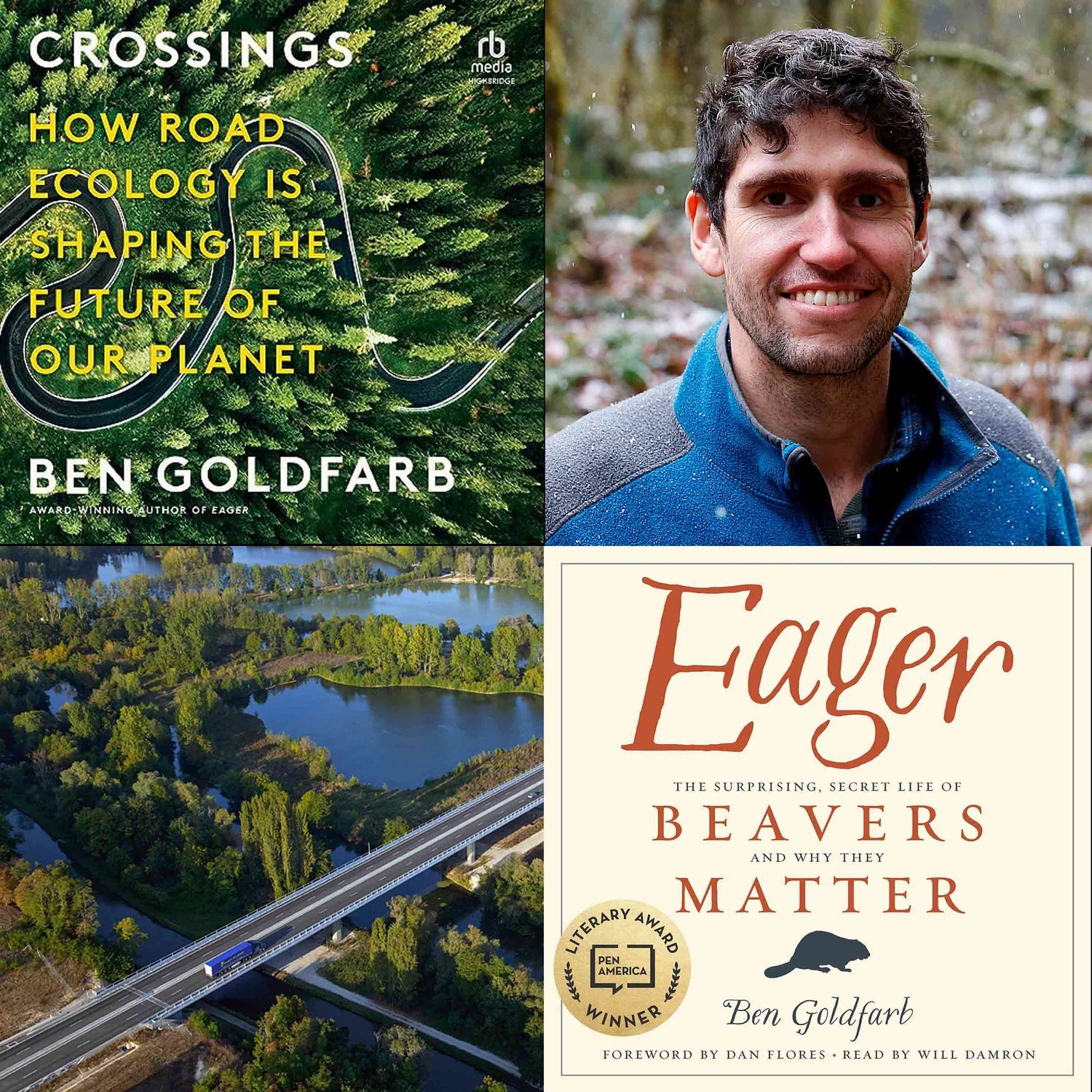
Humanity's Deadly Shadow: The Toll on Birds and Wildlife - Highlights - BEN GOLDFARB
“The creation of roads is this process that's sort of innate to all beings. You know, we're all sort of inclined to create and follow trails. We just do it at a much vaster and more permanent and destructive scale. I think we need to reconceive how we think about roads in some ways, right? I mean, we think about roads, certainly here in the U. S., as these symbols of movement and mobility and freedom, right? There's so much about the romance of the open road and so much of our popular culture go
May 9, 2024 • 13:00
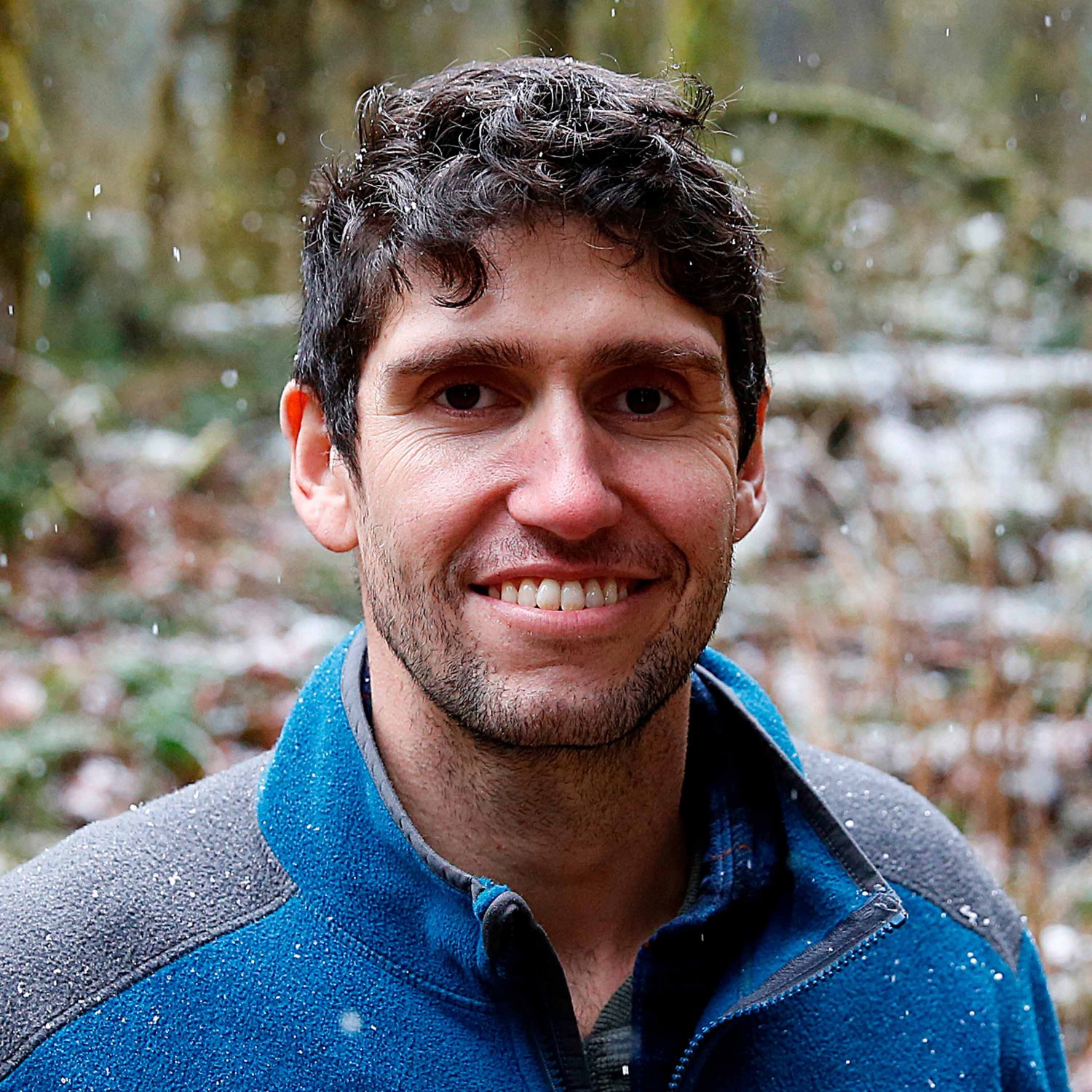
How Road Ecology is Shaping the Future of Our Planet with BEN GOLDFARB
What is road ecology? How are our roads driving certain species towards extinction? And what can we do about it?Ben Goldfarb is a conservation journalist. He is the author of Crossings: How Road Ecology Is Shaping The Future of Our Planet, named one of the best books of 2023 by the New York Times, and Eager: The Surprising, Secret Life of Beavers and Why They Matter, winner of the 2019 PEN/E.O. Wilson Literary Science Writing Award.“The creation of roads is this process that's sort of innate to
May 9, 2024 • 43:22

Environmental Crisis, Philosophy & the Search for Meaning - ROBERT PIPPIN - Highlights
“We know we're facing the extermination of life on the planet. And we've not stopped doing it. Why can't we fix it? I don't really sense, except among a certain level of educated elites in the West, a really deep understanding of our commitment to economic prosperity as a superordinate value. Climate change restrictions so that we can have an end to the catastrophic effects of climate change don't often take into account inequalities it would require for the third world when the livelihood of so
May 8, 2024 • 14:31
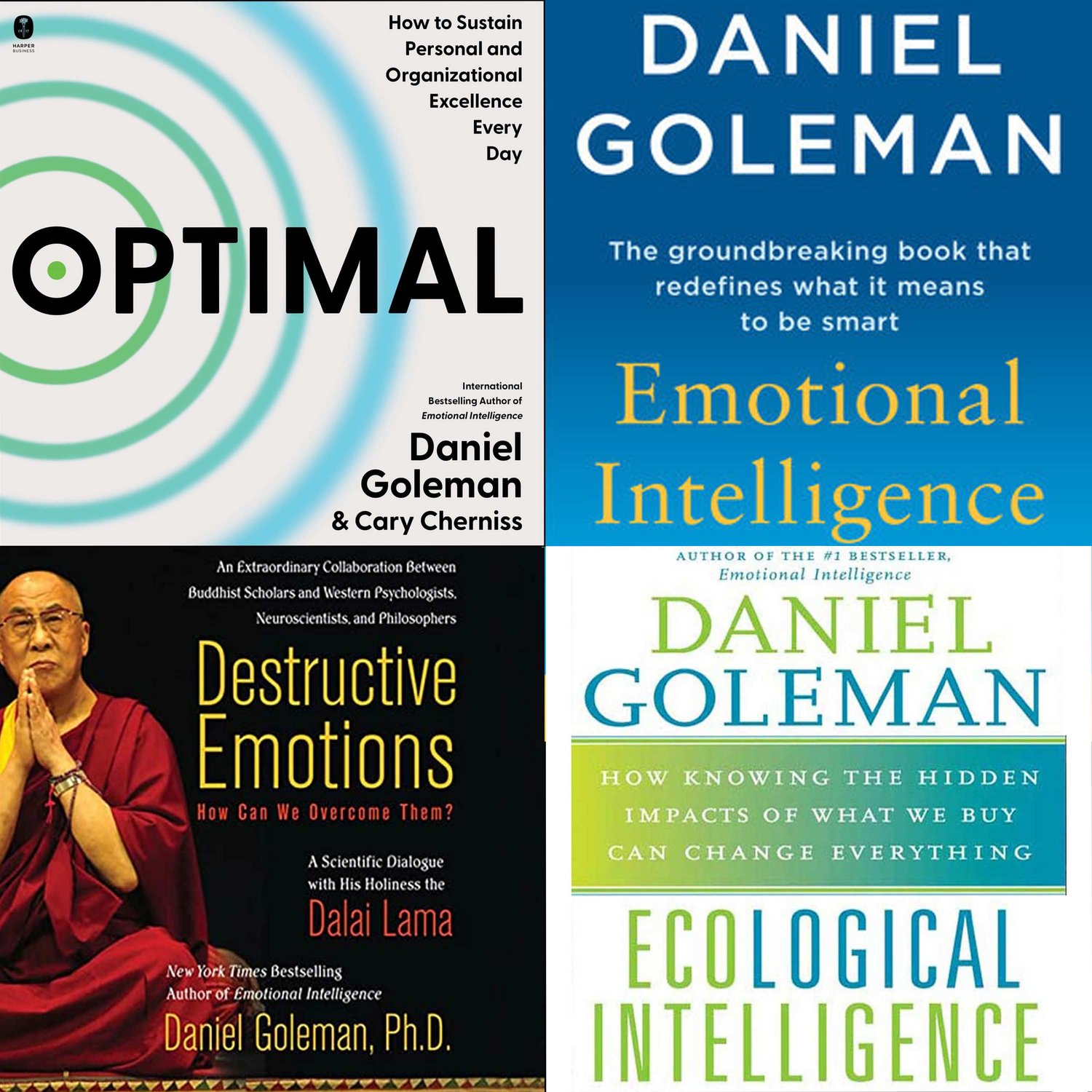
Ecological Intelligence, Balance & Meditation with DANIEL GOLEMAN - Author of Emotional Intelligence
“I wrote a book, Ecological Intelligence, on how the environment and human psychology interact in a rather sad way, which is this: Everything that we buy and use has a negative impact on the systems that support life on this planet. That’s a sad fact. Our material world is destroying our natural material world, and we deny it. But I have a strategy, which I'm putting forward everywhere I can. I don't think we're going to change the system of capitalism, at least not in time to save the planet. S
Apr 26, 2024 • 11:57
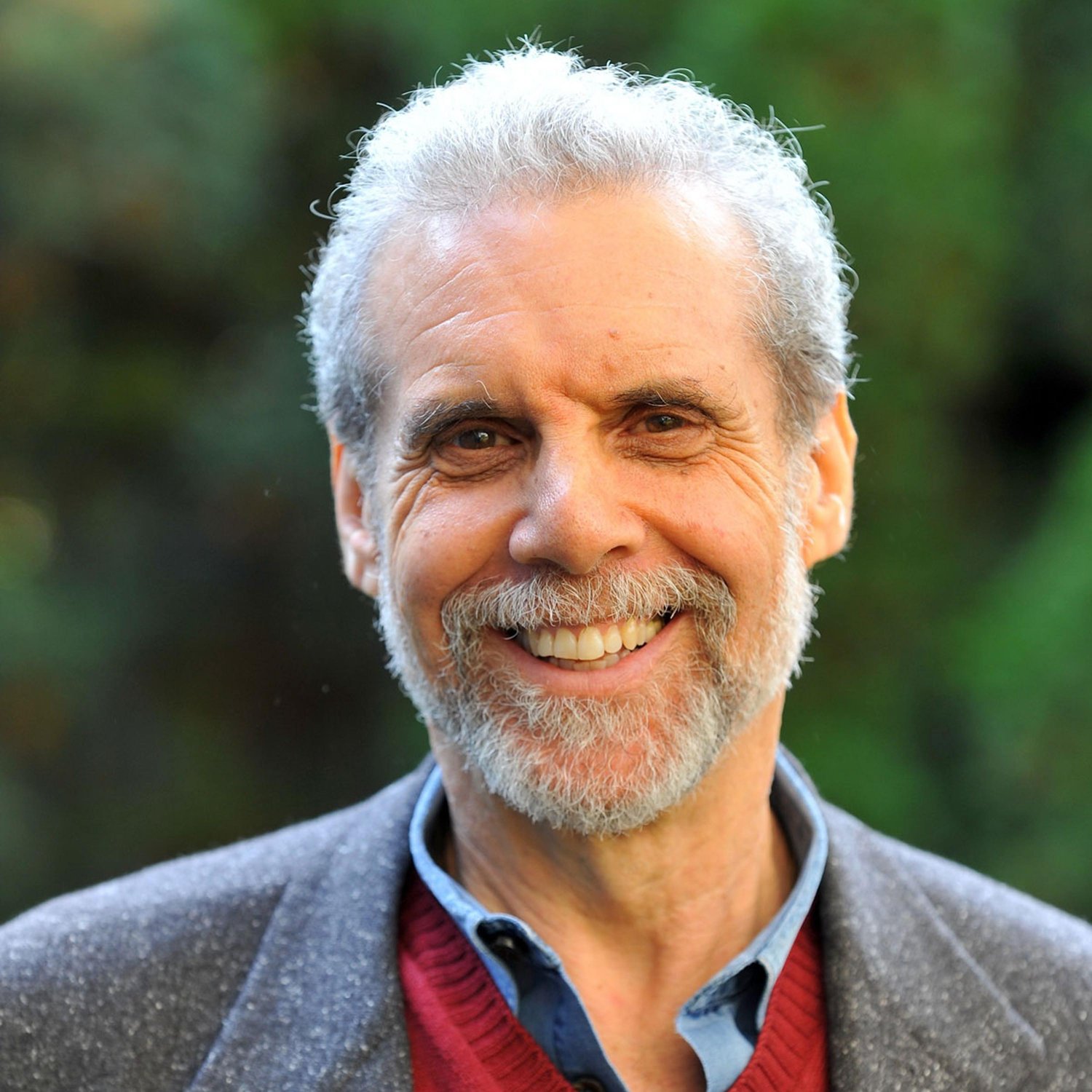
Author of Emotional Intelligence DANIEL GOLEMAN on Focus, Balance & Optimal Living
How can we enhance our emotional intelligence and avoid burnout in a changing world? How can we regain focus and perform in an optimal state? What do we mean by ecological intelligence?Daniel Goleman is an American psychologist, author, and science journalist. Before becoming an author, Goleman was a science reporter for the New York Times for 12 years, covering psychology and the human brain. In 1995, Goleman published Emotional Intelligence, a New York Times bestseller. In his newly published
Apr 26, 2024 • 53:01

Feminism, Environmental Justice & the Global South w/ INTAN PARAMADITHA - Author of The Wandering
“Some travel writers have shared a sense of responsibility in creating narratives around travel in relation to the climate crisis. But at the same time, I think we also need to first, raise critical awareness around the media productions that glamorize travel. What I learned from the feminist framework in climate justice is that climate change affects societies in uneven ways. So we also need to raise questions around the wealthy countries that take advantage of cheap labor or relocate productio
Apr 25, 2024 • 11:50
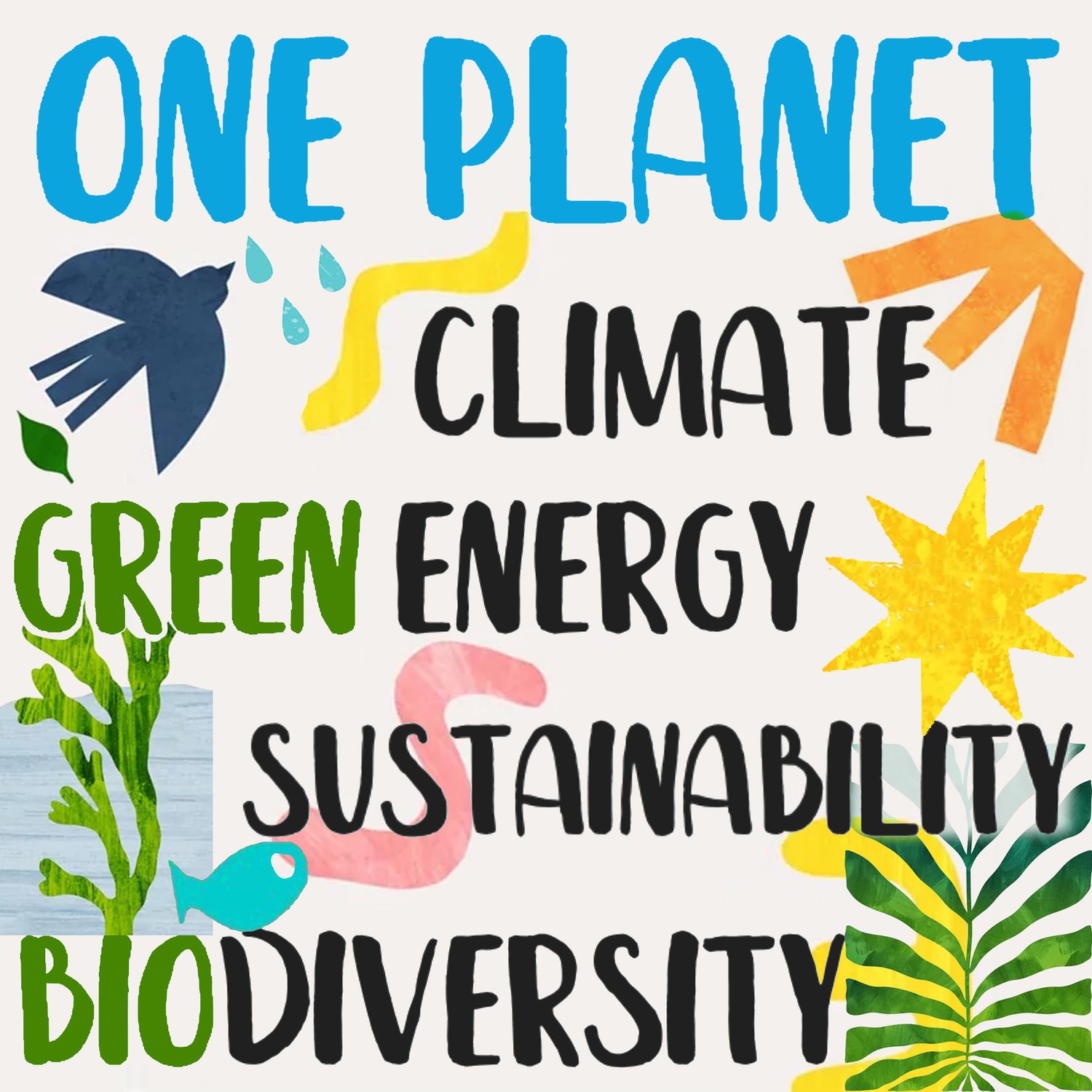
Voices of the Earth: Reflections on Nature, Humanity & Climate Change
Environmentalists, writers, artists, activists, and public policy makers explore the interconnectedness of living beings and ecosystems. They highlight the importance of conservation, promote climate education, advocate for sustainable development, and underscore the vital role of creative and educational communities in driving positive change.00:00 "The Conditional" by U.S. Poet Laureate Ada Limón01:27 The Secret Language of Animals: Ingrid Newkirk, President of PETA03:03 A Love Letter to the L
Apr 22, 2024 • 11:43
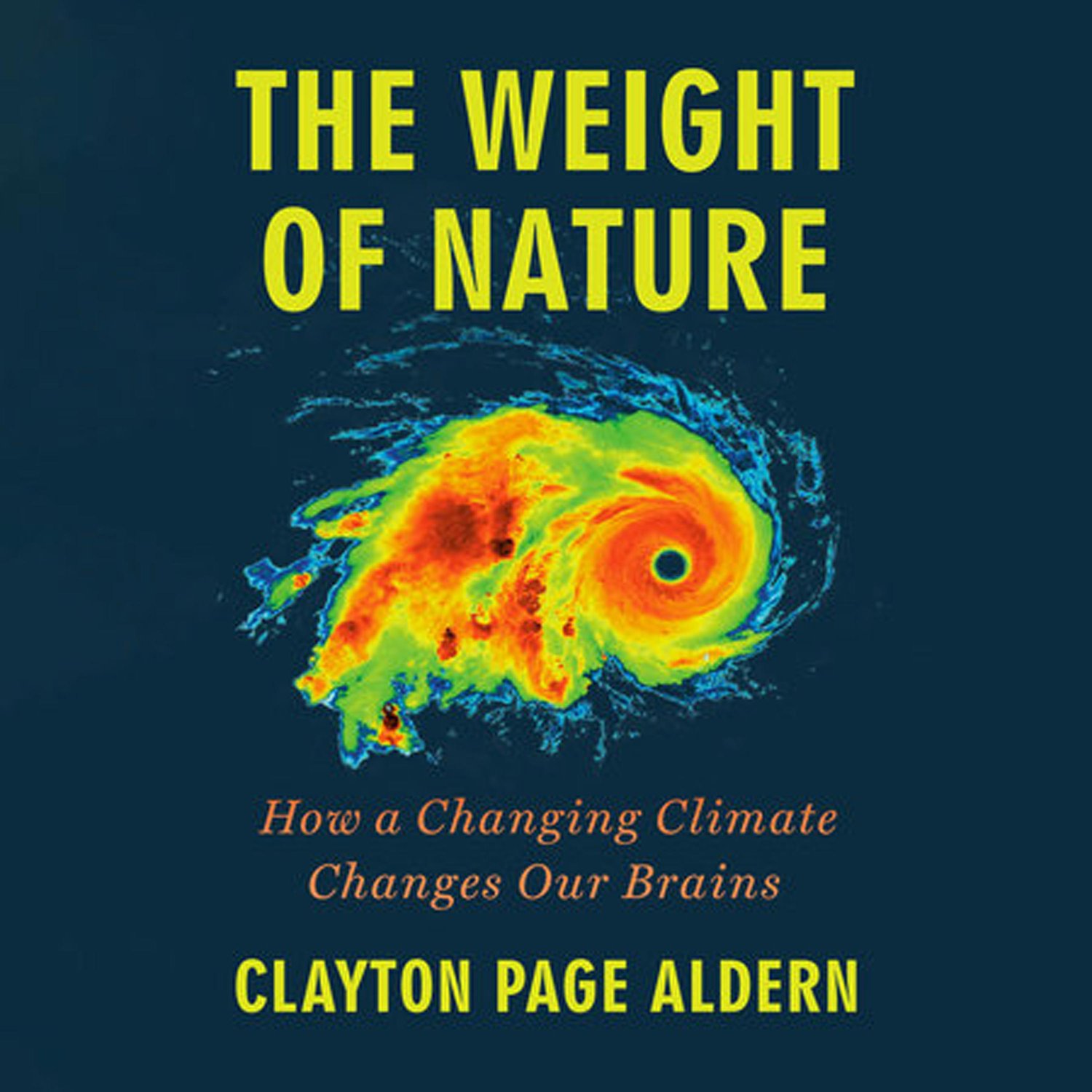
How does a changing climate affect our minds, brains & bodies? - Highlights - CLAYTON ALDERN
"I want to be wowed by the world. I want to gaze at it in awe and wonder. And I think when we take a step back and begin to appreciate the complexity of the interactions around us. We're taking note of a very porous between the self and the rest of the world. We are literally observing our enmeshment in our environment. And it's that kind of a reference frameshift that I think is going to help us move out of some of the darkness. My mother is an artist, and I think growing up surrounded by her p
Apr 16, 2024 • 13:28
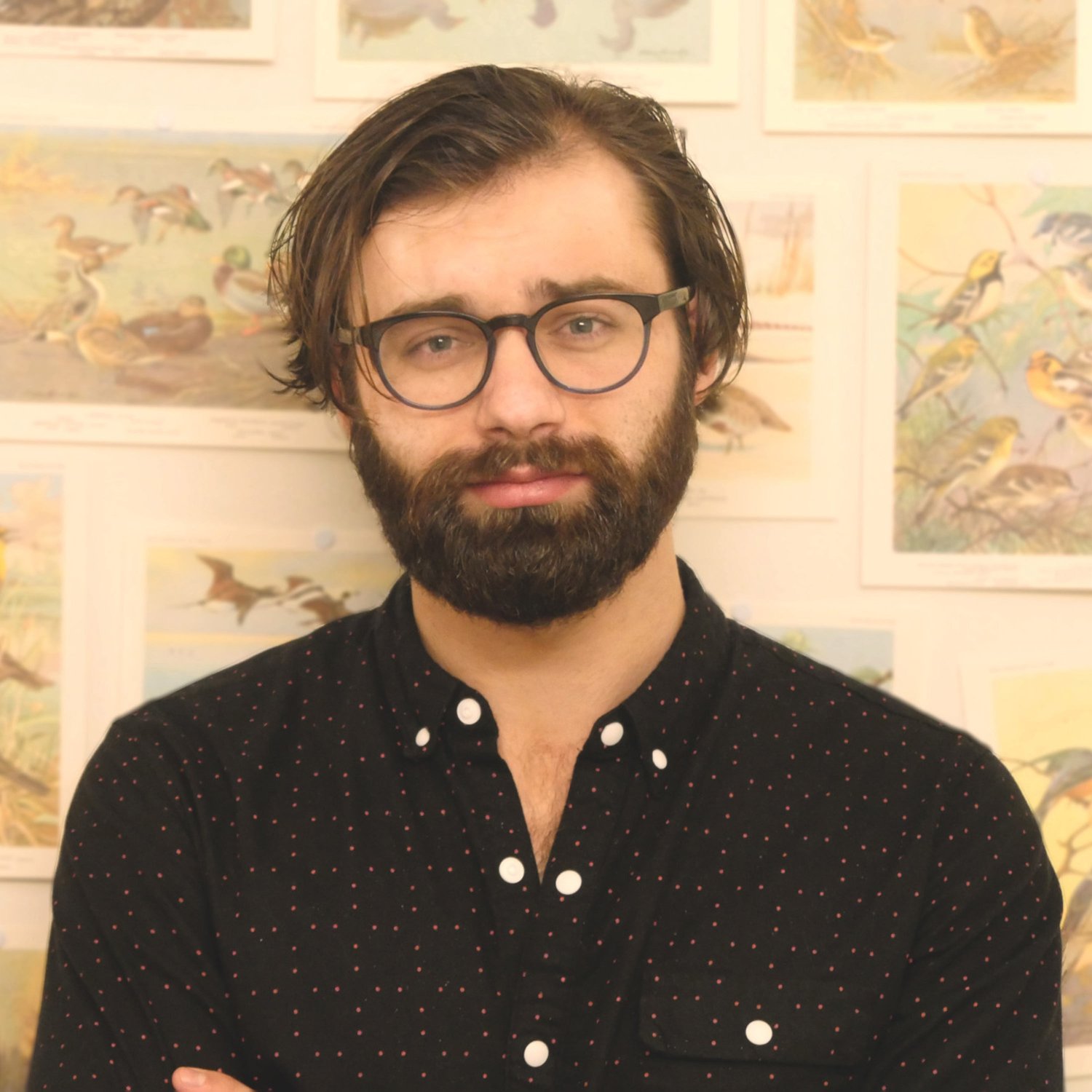
How climate change is making us sick, angry & anxious - CLAYTON ALDERN - Neuroscientist turned Eco-Journalist
How does a changing climate affect our minds, brains and bodies?Clayton Page Aldern is an award winning neuroscientist turned environmental journalist whose work has appeared in The Atlantic, The Guardian, The Economist, and Grist, where he is a senior data reporter. A Rhodes Scholar, he holds a Master's in Neuroscience and a Master's in Public Policy from the University of Oxford. He is also a research affiliate at the Center for Studies in Demography and Ecology at the University of Washington
Apr 16, 2024 • 53:01
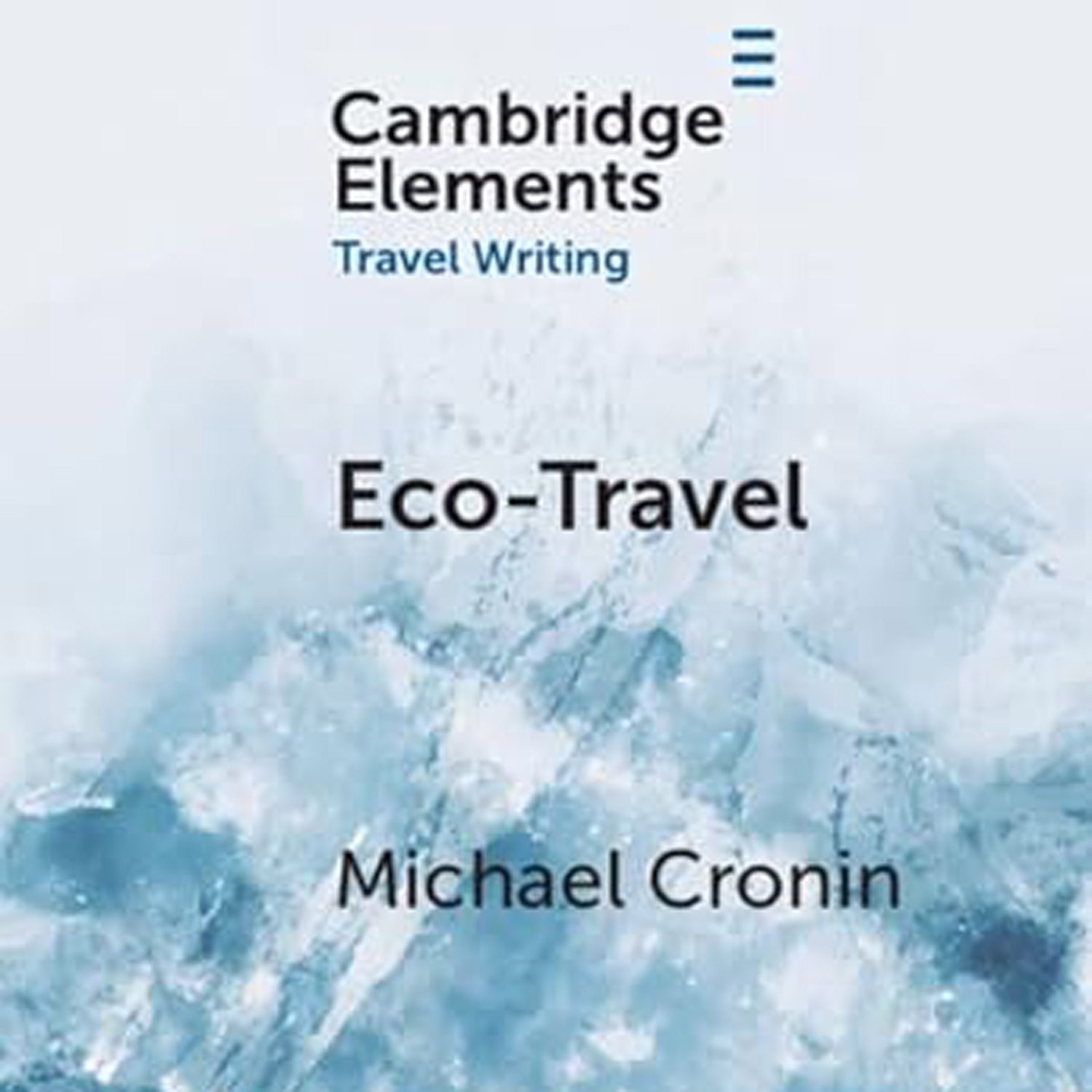
How has travel contributed to the ecological degradation of the planet? - Highlights - MICHAEL CRONIN
“What I think will stay with you for an entire lifetime is to be equipped with the capacity and the tools to find wonder in the world. And that is to find a language for that world, which is supplied through a folk tale, mythology, literature, poetry, and song. And then to also to have the kind of knowledge basis. I still think we suffer from this terrible division between the humanities and the sciences. These two worlds are sundered. I think we need to bring them together. Anybody who has for
Apr 3, 2024 • 12:29
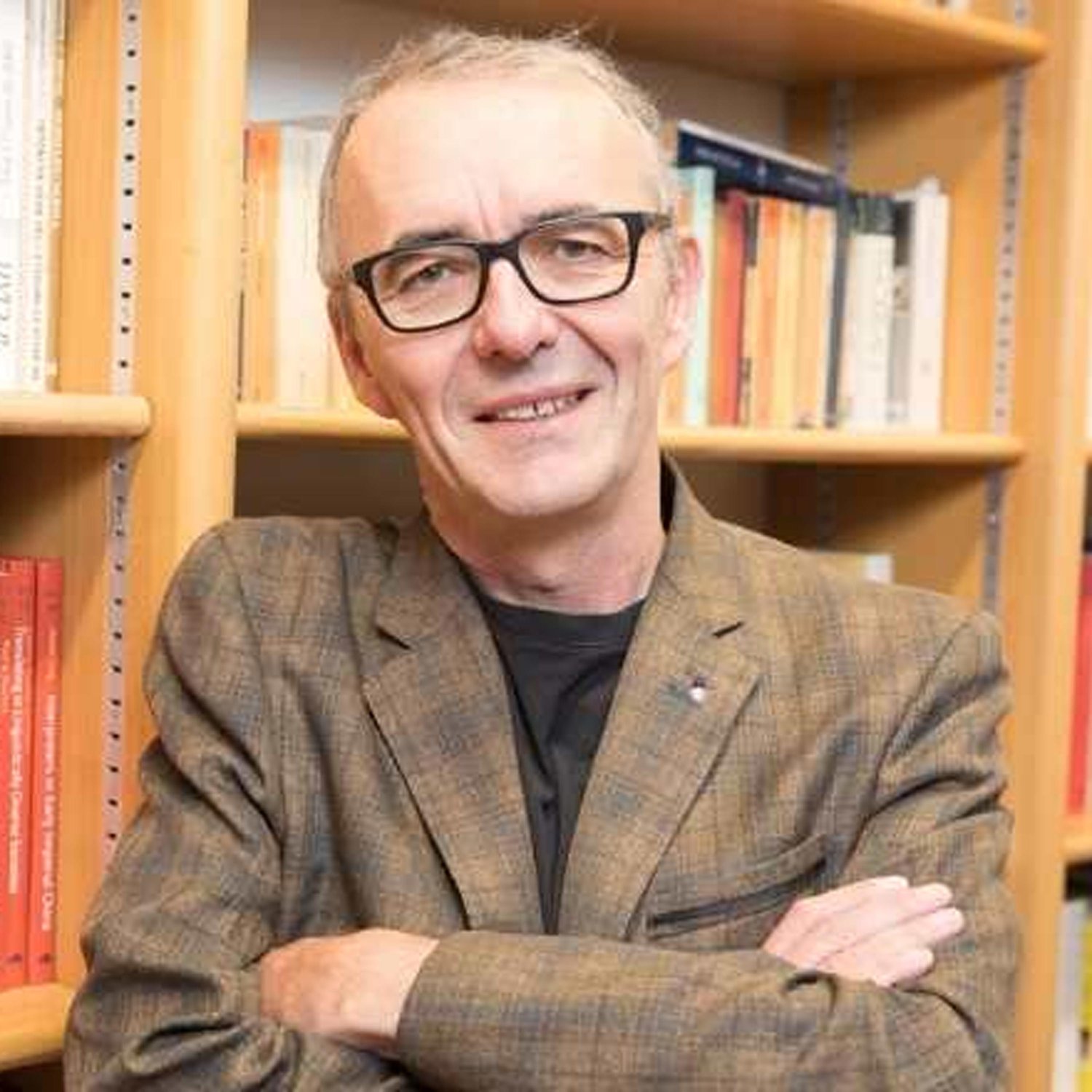
Eco-Travel: Journeying in the Age of the Anthropocene w/ MICHAEL CRONIN - Author, Prof. of Culture, Literature & Translation
How has tourism and writing about travel contributed to the ecological degradation of the planet?How does language influence perception and our relationship to the more-than-human world?Michael Cronin is an Irish academic specialist in culture, travel literature, translation studies, and the Irish language. He has taught in universities in France and Ireland and has held visiting research fellowships to universities in Canada, Belgium, Peru, France, and Egypt. He's a fellow of Trinity College Du
Apr 2, 2024 • 59:42
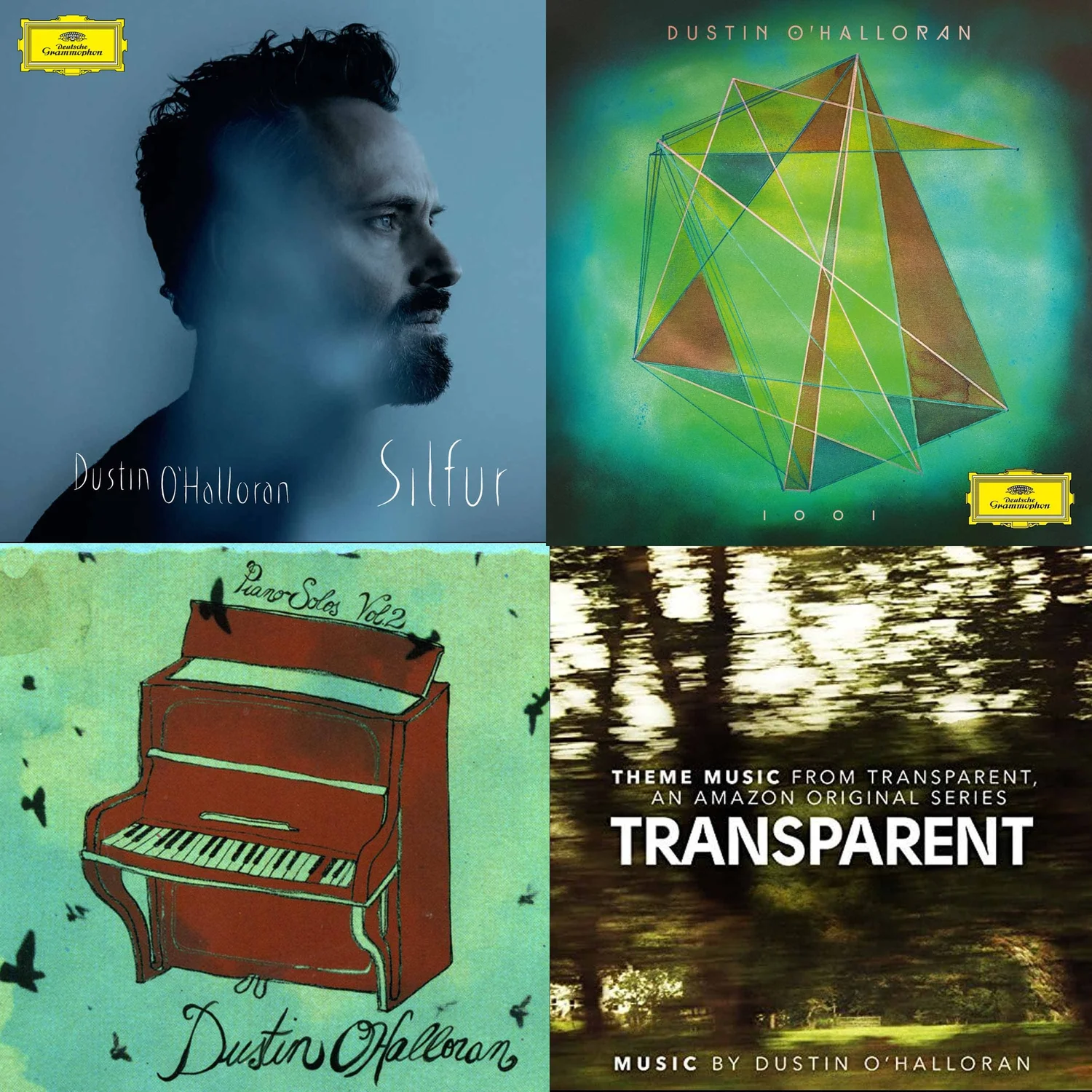
How can music help us expand our understanding of consciousness & AI? - Highlights - DUSTIN O’HALLORAN
"The thing that with nature that I think is most profound is that it's always truthful. And I think that that's something that always resonates with me. Whenever I'm in raw nature, there's just an undeniable truth and a sense of how it's supposed to be. And I think that that's something that I reach for in my own music, where I try to take myself out of my own single being and try to be in touch with all of it. And that's just something that's so resonating in nature, the sense of wholeness and
Mar 29, 2024 • 10:16

Consciousness, AI & Creativity with DUSTIN O’HALLORAN - Emmy Award-winning Composer
What will happen when Artificial General Intelligence arrives? What is the nature of consciousness? How are music and creativity pathways for reconnecting us to our humanity and the natural world?Dustin O’Halloran is a pianist and composer and member of the band A Winged Victory for the Sullen. Winner of a 2015 Emmy Award for his main title theme to Amazon's comedy drama Transparent, he was also nominated for an Oscar, a Golden Globe, and a BAFTA for his score for Lion, written in collaboration
Mar 28, 2024 • 51:08
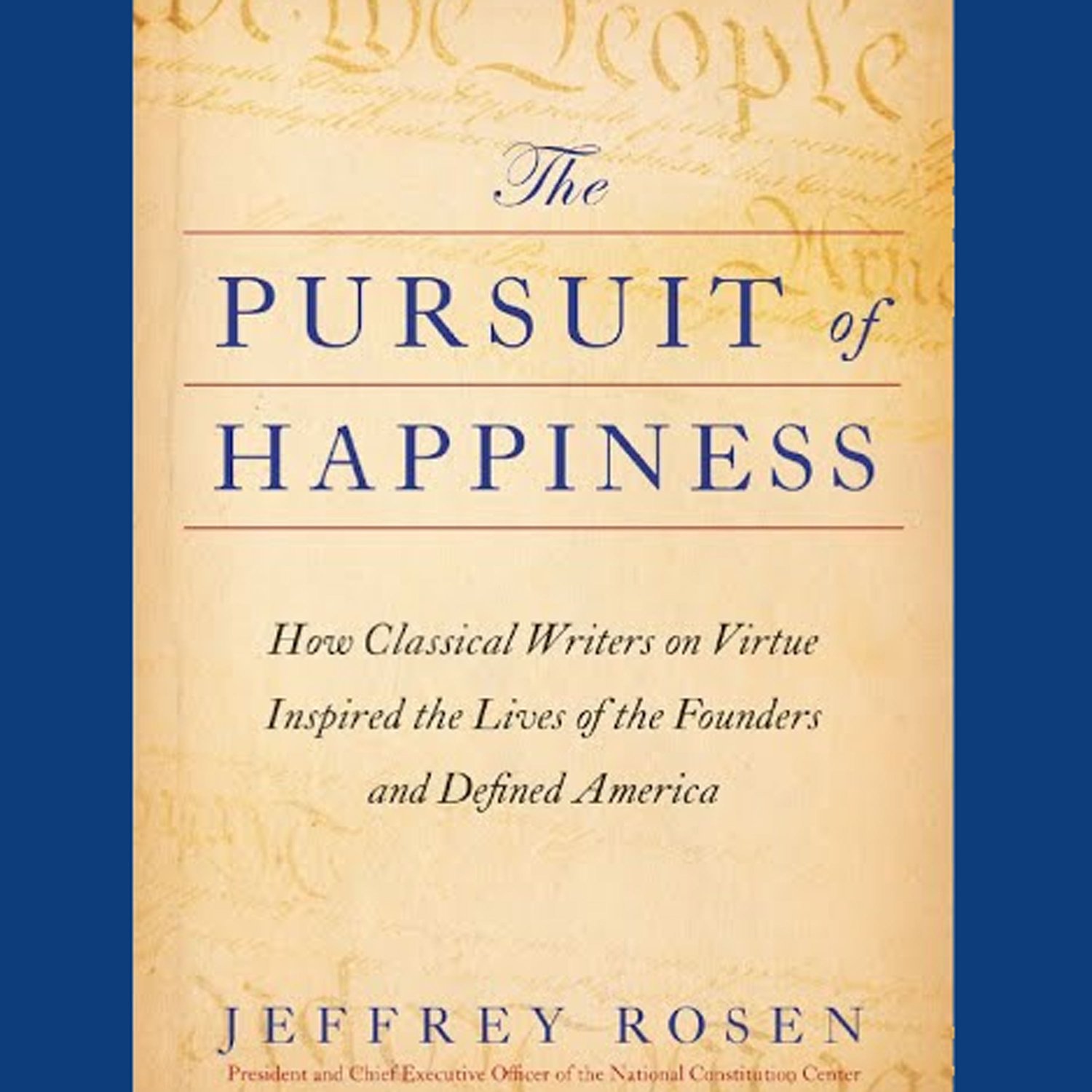
How to Live a Good a Life - Stoic Wisdom & the Founding Fathers - Highlights - JEFFREY ROSEN
“When I was rereading the Hebrew Bible and the New Testament, I was struck by the idea of the environmental crisis being a kind of self-executing divine retribution for disturbing the harmonies of the universe. There are so many passages in the scriptures which talk about the plagues and fires and punishments that come from failing to respect our place in the universe and having the hubris to imagine that we can transform and thwart the laws of nature. These punishments are self-executing, and w
Mar 26, 2024 • 12:27

The Pursuit of Happiness - JEFFREY ROSEN - President & CEO of the National Constitution Center
What is the true meaning of the pursuit of happiness? What can we learn from the Founding Fathers about achieving harmony, balance, tranquility, self-mastery, and pursuing the public good?Jeffrey Rosen is President and CEO of the National Constitution Center, where he hosts We the People, a weekly podcast of constitutional debate. He is also a professor of law at the George Washington University Law School and a contributing editor at The Atlantic. Rosen is a graduate of Harvard College, Oxford
Mar 26, 2024 • 42:38

What can turtles teach us about time, patience & wisdom? - Highlights - SY MONTGOMERY & MATT PATTERSON
"The other big hard problem in philosophy is time. And I felt, you know, who better to lead me in this exploration than turtles, who live in some cases for centuries, who've been around...they arose with dinosaurs, yet they survived the asteroid impact. They are the embodiment of patience and wisdom. It's wonderful having an animal recognize you and be interested in you really acknowledges the animal in me. And that's the oldest, most sacred part of me, as far as I'm concerned."Author Sy Montgom
Mar 21, 2024 • 14:51

Of Time and Turtles - Author SY MONTGOMERY & Illustrator MATT PATTERSON
What can turtles teach us about time, patience, and wisdom? What can we learn about the mysteries of consciousness by observing animals? How can we open our senses and embrace the interconnectedness of all life on Earth?Author Sy Montgomery and illustrator Matt Patterson are naturalists, adventurers, and creative collaborators. Montgomery has published over thirty acclaimed nonfiction books for adults and children and received numerous honors, including lifetime achievement awards from the Human
Mar 21, 2024 • 39:39

Revolutionizing Sustainability: BERTRAND PICCARD's Path to a Cleaner Planet - Highlights
"Of course, it creates a lot of applause when you speak about the beauty of nature that you have flown over with your hot air balloon, solar airplane, or whatever, but it changes nothing because the language of the key decision-makers is not the language of the beauty of nature. It's the language of profit, job creation, and developing the economy.The goal now is not just to revolutionize energy, like with Solar Impulse. The goal with Climate Impulse is to revolutionize aviation and show that we
Mar 14, 2024 • 11:26

Beyond the Horizon: Pioneering Green Aviation with BERTRAND PICCARD - Aviator, Explorer, Environmentalist
What is the future of green aviation? How do we share environmental solutions to unite people and change the climate narrative from sacrifice and fear to enthusiasm and hope?Bertrand Piccard is a notable Swiss environmentalist, explorer, author, and psychiatrist. His ventures include being the first to travel around the world in a non-stop balloon flight and years later in a solar-powered airplane. He is regarded as a pioneer in clean technology. Piccard is also the founder of the Solar Impulse
Mar 14, 2024 • 55:23

Who were the Neanderthals? - Highlights - DR. LUDOVIC SLIMAK
“This book is not just about Neanderthals. It's a book about us. I wanted to warn humans, to say there is something in us that is so efficient and dangerous. We've effectively collapsed many things and are now inducing the collapse of natural environments on the planet. And after that, we might even cause the collapse of ourselves as Homo sapiens.”Ludovic Slimak is a paleoanthropologist at the University of Toulouse in France and Director of the Grotte Mandrin research project. His work focuses
Mar 12, 2024 • 14:07

Will human efficiency destroy the planet and us? - DR. LUDOVIC SLIMAK - Author of The Naked Neanderthal
Who were the Neanderthals? And what can our discoveries about them teach us about intelligence, our extractivist relationship to the planet, and what it means to be human?Ludovic Slimak is a paleoanthropologist at the University of Toulouse in France and Director of the Grotte Mandrin research project. His work focuses on the last Neanderthal societies, and he is the author of several hundred scientific studies on these populations. His research has been featured in Nature, Science, the New York
Mar 12, 2024 • 56:51
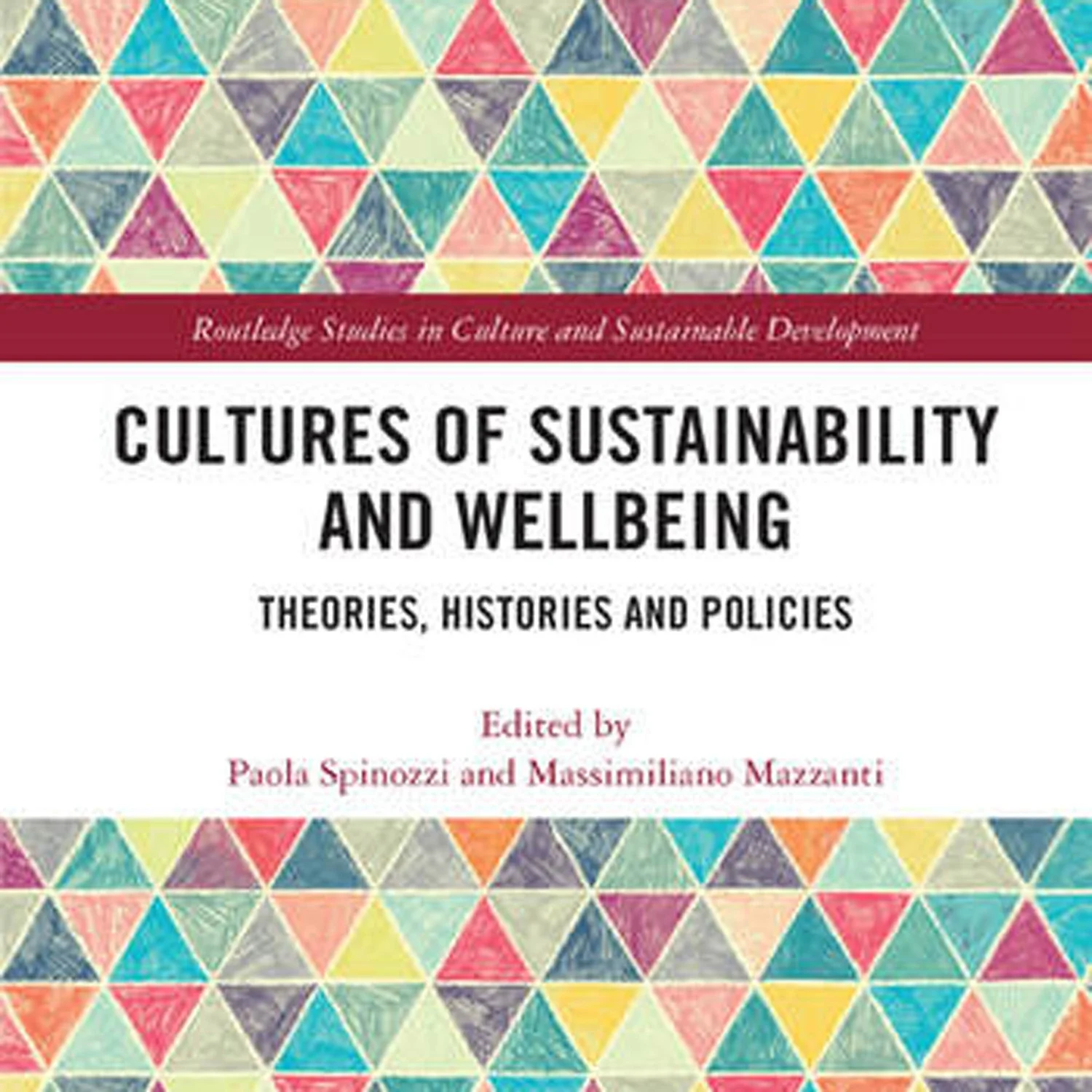
What does it mean to have an ecological mind? - Highlights - PAOLA SPINOZZI
"So, to be able to develop an ecological mind, one must be ecological minded and really understand what it means to be interdependent and interconnected. So that brings together every kind of species we can think of, and we need to filter this way of thinking because when we are in a natural environment, we feel energized and uplifted. But how long does it last? And what do we do with it? To me, ecological mindedness, the topic of ECHIC (European Consortium for Humanities Institutes and Centres)
Mar 8, 2024 • 11:53
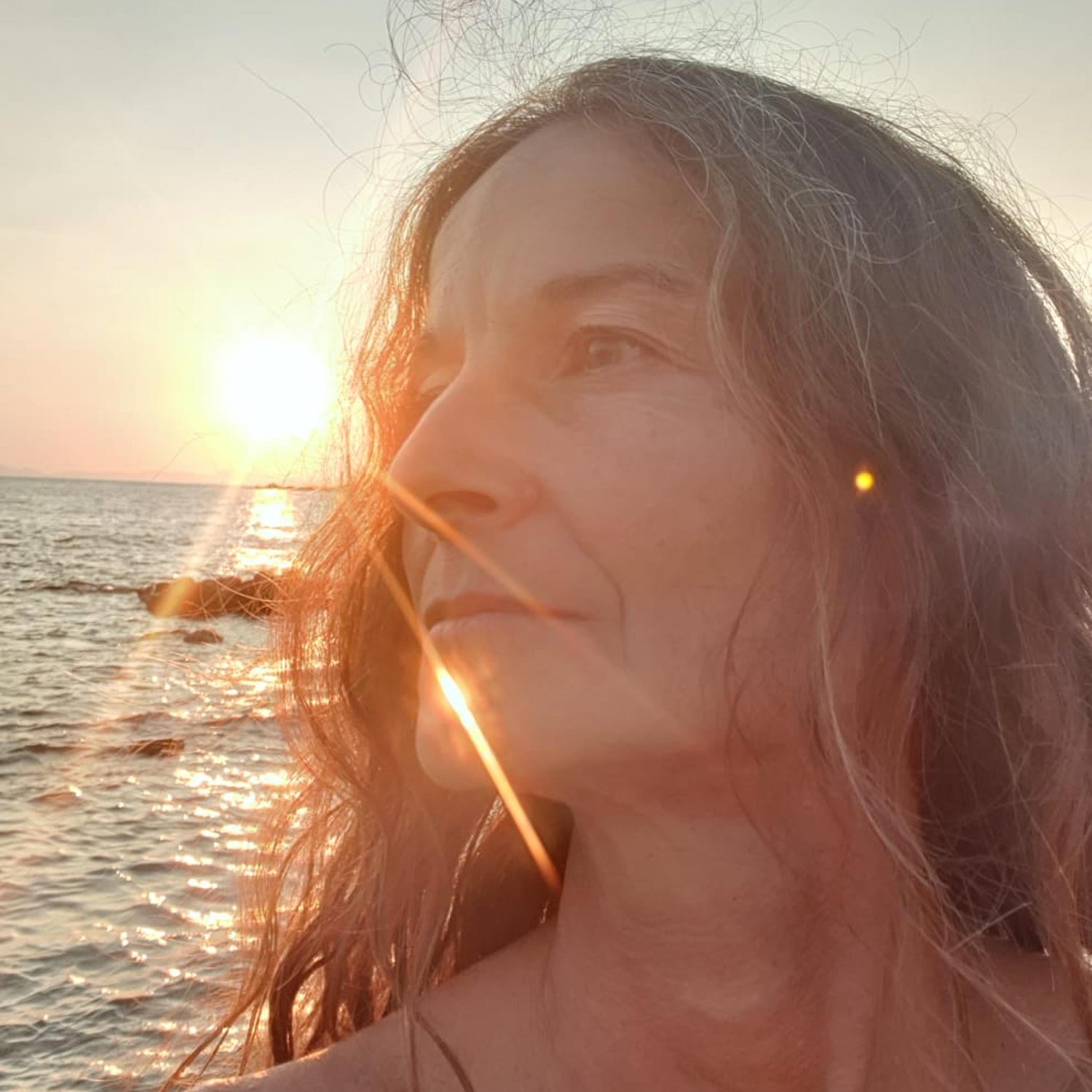
Literature, Humanities and Sustainability: PAOLA SPINOZZI - Coordinator, Phd Programme, Environmental Sustainability & Wellbeing, UNIFE
How can we create positive change? What does it mean to have an ecological mind? How can interdisciplinary collaborations help us move beyond educational silos and create sustainable futures?Paola Spinozzi is Professor of English Literature at the University of Ferrara and currently serves as Pro-Vice-Chancellor for Internationalisation. She is the coordinator of the PhD Programme in Environmental Sustainability and Wellbeing and the co-coordinator of Routes towards Sustainability. Her research
Mar 8, 2024 • 41:36

Reshaping Our World: Climate Change, Education, Mental Health & Advocacy for Nature
"Climate change gives us a chance to re-imagine the world in a way that every single human being can participate in. And so whether you're in a remote part of the United States or some other country, when you learn about climate change, it shouldn't just be the science. It should be the opportunity." –Kathleen RogersExcerpts of interviews from One Planet Podcast & The Creative Process.Voices on this episode are:KATHLEEN ROGERSPresident of EarthDay.ORGPOORVA JOSHIPURASenior VP, PETA UK - Author o
Feb 26, 2024 • 9:56

Songs of Nature - Musicians, Writers, Ecologists, Philosophers on the Mysteries of the Natural World
“The natural world has its own sonic language. Its own fingerprints. And that's one of the beautiful things about being out here. There is another acoustic environment, another sort of sonic fingerprint, and it is always changing. Every day is a sort of a different sound picture. I walk out the door and you do hear it changing over time. The leaves are coming in now, different kinds of bird song. The wind sounds different. Tt's a wonderful thing to be around and experience.” —Max RichterSY MONTG
Feb 25, 2024 • 9:25

Climate Education: Does Healing the Planet Begin in the Classroom? - BRYCE COON - Director of Education - EarthDay.ORG
How can we better educate young people about the future & the planet? How can we address eco-anxiety while providing students with climate optimism, hope, and solutions?Bryce Coon is the Director of Education at EarthDay.ORG, a nonprofit that champions climate education for all students and is the global driving force behind Earth Day. Previously, Coon was a high school teacher for 11 years in Montgomery County, teaching economics and leading a variety of projects for students, such as a school-
Feb 21, 2024 • 36:00

KATHLEEN ROGERS - President of EarthDay.ORG - Planet vs. Plastics Campaign 2024
How can we reimagine a world with plastic? How can we push governments and companies to admit what they know about the health impacts of plastics and change public policy?Kathleen Rogers is the President of EARTHDAY.ORG. Under her leadership, it has grown into a global year-round policy and activist organization with an international staff. She has been at the vanguard of developing campaigns and programs focused on diversifying the environmental movement, highlighted by Campaign for Communities
Feb 20, 2024 • 44:37

The Unseen Invasion of Microplastics in Our Lives - KATHLEEN ROGERS - President of EarthDay.ORG
Microplastics and nanoplastic pollution are currently blanketing the planet. They are in the air we breathe, the food we eat, and the water we drink, infiltrating our bodies and even brains and human embryos. Coca-Cola alone sells 100 billion+ single-use plastic bottles each year, ending up in landfills and the ocean. Earth’s population will reach 9.8 billion people by 2050. Two-thirds of humans will become city dwellers. Our waste will drive a mounting worldwide crisis.Highlights from our inter
Feb 16, 2024 • 12:51

Nearly half of US honeybee colonies died last year. How can we save our bees? - Highlights - NOAH WILSON RICH
“I was originally drawn to bees because they're social creatures. And as humans, I always wanted to know about ourselves and how we can be our healthiest selves and our healthiest society. Bees and wasps, and all of these organisms have been around for so long. Bees especially have been around for 100 million years.”Nearly half of US honeybee colonies died last year. How can we save our bees and increase biodiversity in cities?Noah Wilson-Rich, Ph.D., is co-founder and CEO of The Best Bees Compa
Feb 13, 2024 • 12:15
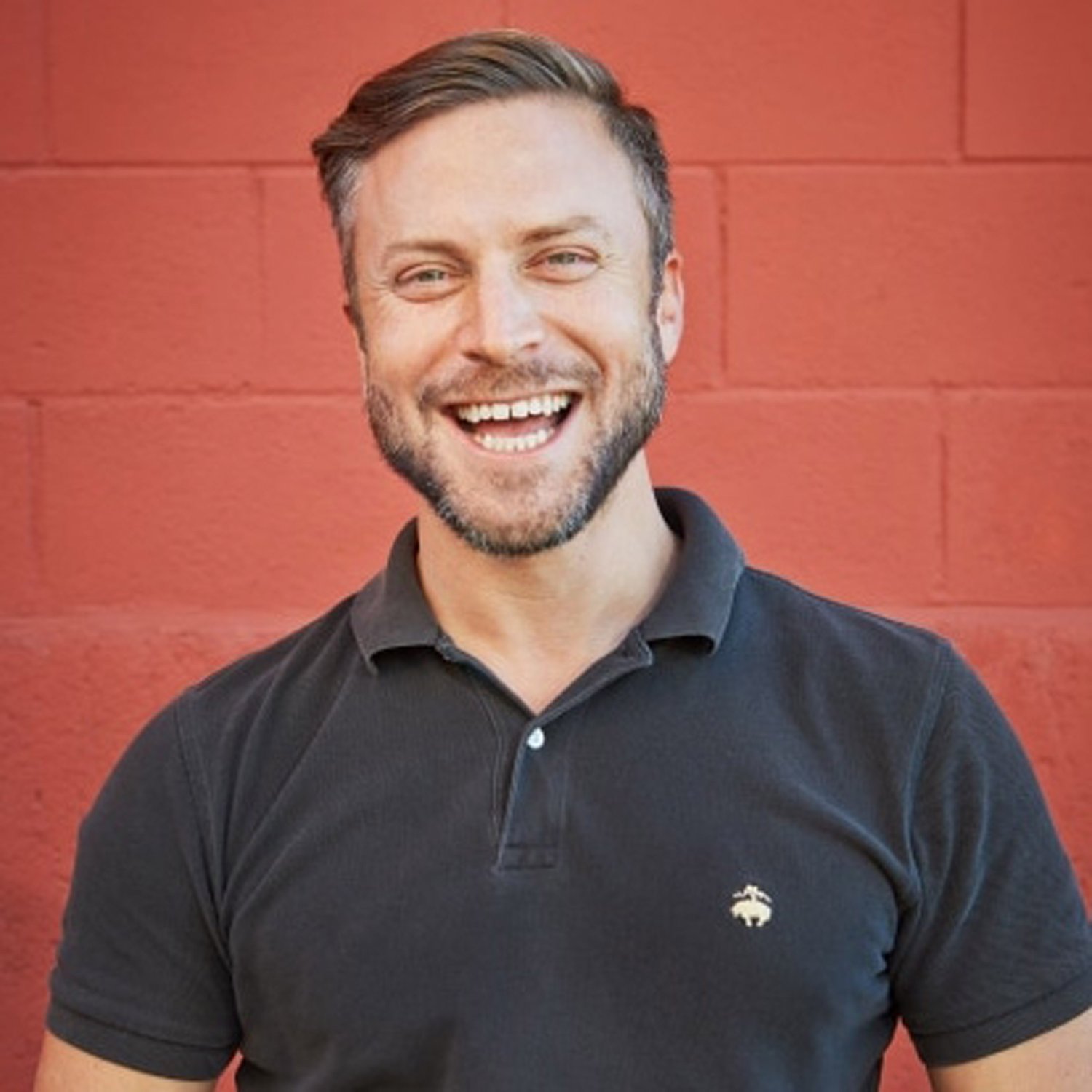
NOAH WILSON RICH Ph.D - Co-founder & CEO - The Best Bees Company - Largest Beekeeping service in the US
Nearly half of US honeybee colonies died last year. How can we save our bees and increase biodiversity in cities?Noah Wilson-Rich, Ph.D., is co-founder and CEO of The Best Bees Company, the largest beekeeping service in the US. He is a 20-time published author and 3-time TEDx speaker. He’s on a mission to improve pollinator health worldwide as a means to support our global food system and support the transformation of urban areas from gray to green. He is the author of The Bee: A Natural History
Feb 13, 2024 • 1:03:04
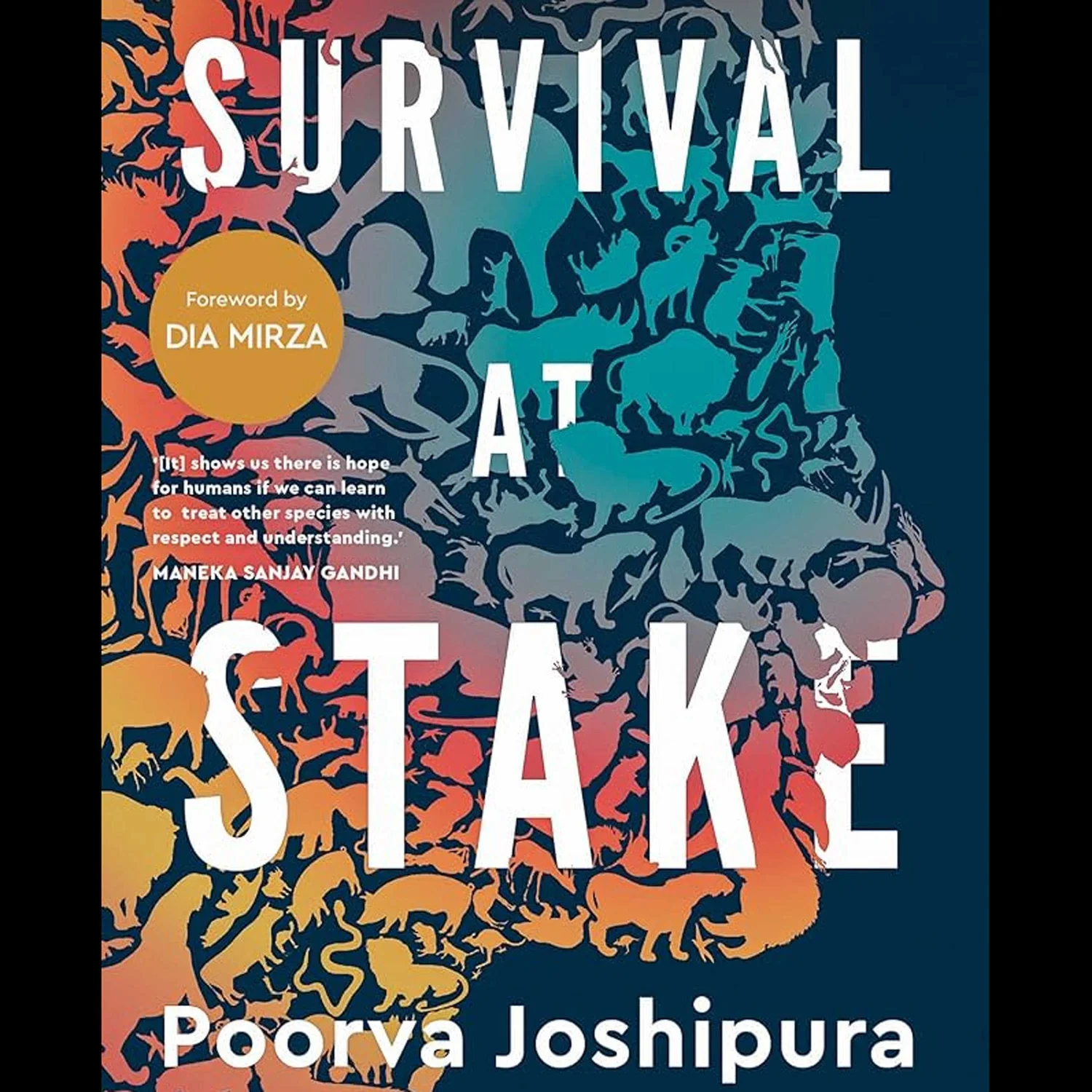
How can we improve animal-human relationships? - Highlights - POORVA JOSHIPURA
"I wrote Survival at Stake because I've been working in animal rights for nearly the past 25 years. Throughout that time, one common question has been asked: Well, shouldn't we deal with human issues first. But animal rights are human rights. Animal rights is environmentalism. These things are not distinct. And that's the point I was really trying to make in my book. I was inspired to write it because of the COVID-19 crisis. It just brings us back to the point of why it is so important to teach
Feb 7, 2024 • 10:14
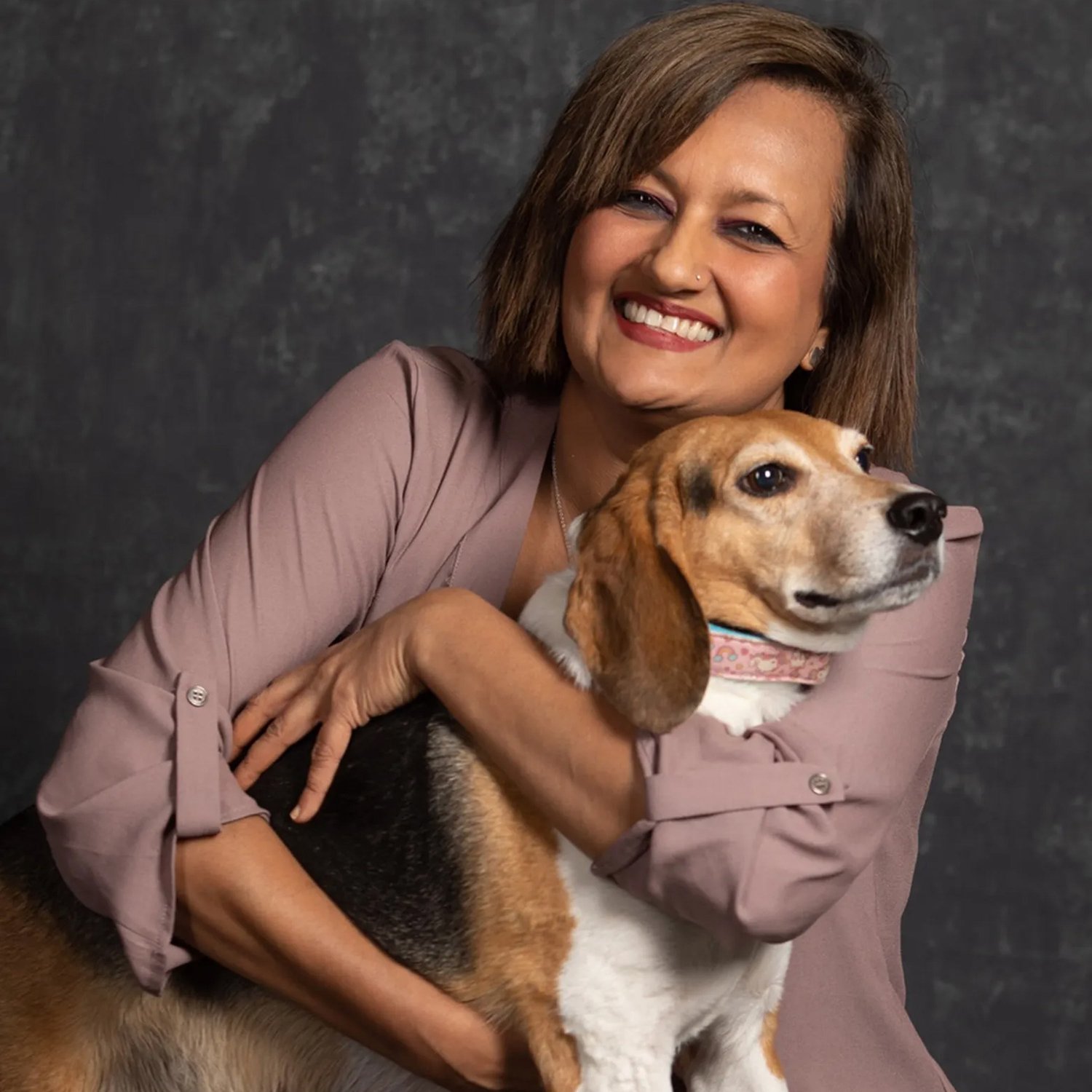
POORVA JOSHIPURA - Senior VP, PETA UK - Author of Survival at Stake: How Our Treatment of Animals is Key to Human Existence
How can we improve animal-human relationships? How can we increase our sensitivity to the other animals who share this planet with us?Poorva Joshipura is PETA U.K. Senior Vice President. She is the Author of Survival at Stake: How Our Treatment of Animals is Key to Human Existence and For a Moment of Taste: How What You Eat Impacts Animals, the Planet and Your Health."I wrote Survival at Stake because I've been working in animal rights for nearly the past 25 years. Throughout that time, one comm
Feb 7, 2024 • 36:01

How has our biology shaped world history? - Highlights - LEWIS DARTNELL
"The challenges facing our society at the moment effectively are the unintended consequence of a solution we found in the late 1700s when society was running out of energy, we had no more timber, and we realized we could dig underground for ancient fossilized woodland, which is basically what coal is from about 300 million years ago. The consequence of burning all that coal and then oil was a release of carbon dioxide, changing our atmosphere and warming the planet. So, it's a problem born out o
Feb 3, 2024 • 13:13
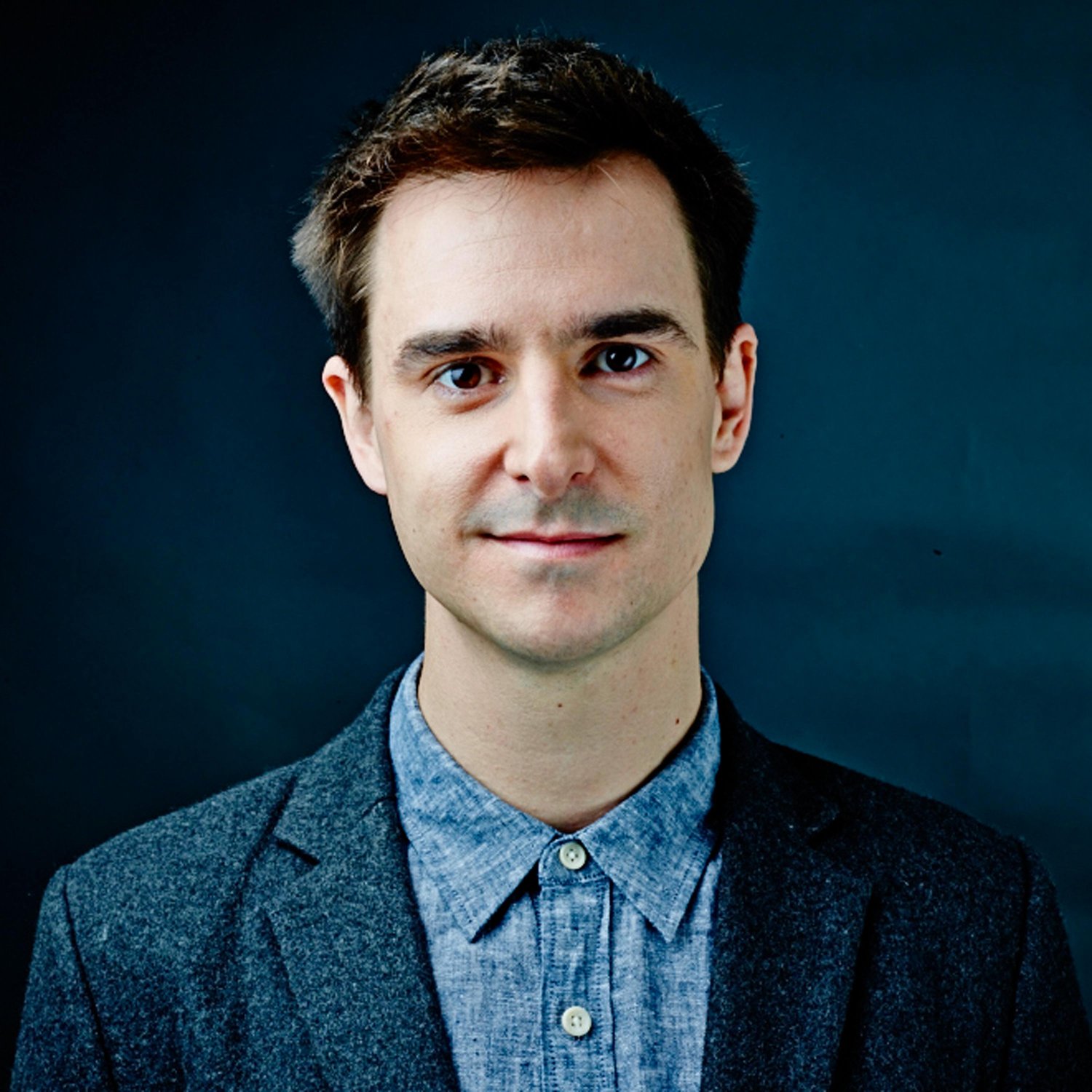
LEWIS DARTNELL - Author of Origins: How the Earth Made Us & Being Human: How Our Biology Shaped World History
How have our psychology and cognitive biases altered the course of human history? What would you do if you had to rebuild our world from scratch?Lewis Dartnell is an author, researcher, and holds the Professorship in Science Communication at the University of Westminster. He researches astrobiology and the search for microbial life on Mars. He also works as a scientific consultant for the media and has appeared in numerous TV documentaries and radio shows. Dr. Dartnell has won several awards for
Feb 3, 2024 • 46:09

How can we develop AI systems that are more respectful, ethical, and sustainable? - Highlights - DR. SASHA LUCCIONI
"My TED Talk and work are really about figuring out how, right now, AI is using resources like energy and emitting greenhouse gases and how it's using our data without our consent. I feel that if we develop AI systems that are more respectful, ethical, and sustainable, we can help future generations so that AI will be less of a risk to society. And so really, artificial intelligence is not artificial. It's human intelligence that was memorized by the model that was kind of hoovered up, absorbed
Jan 30, 2024 • 12:25
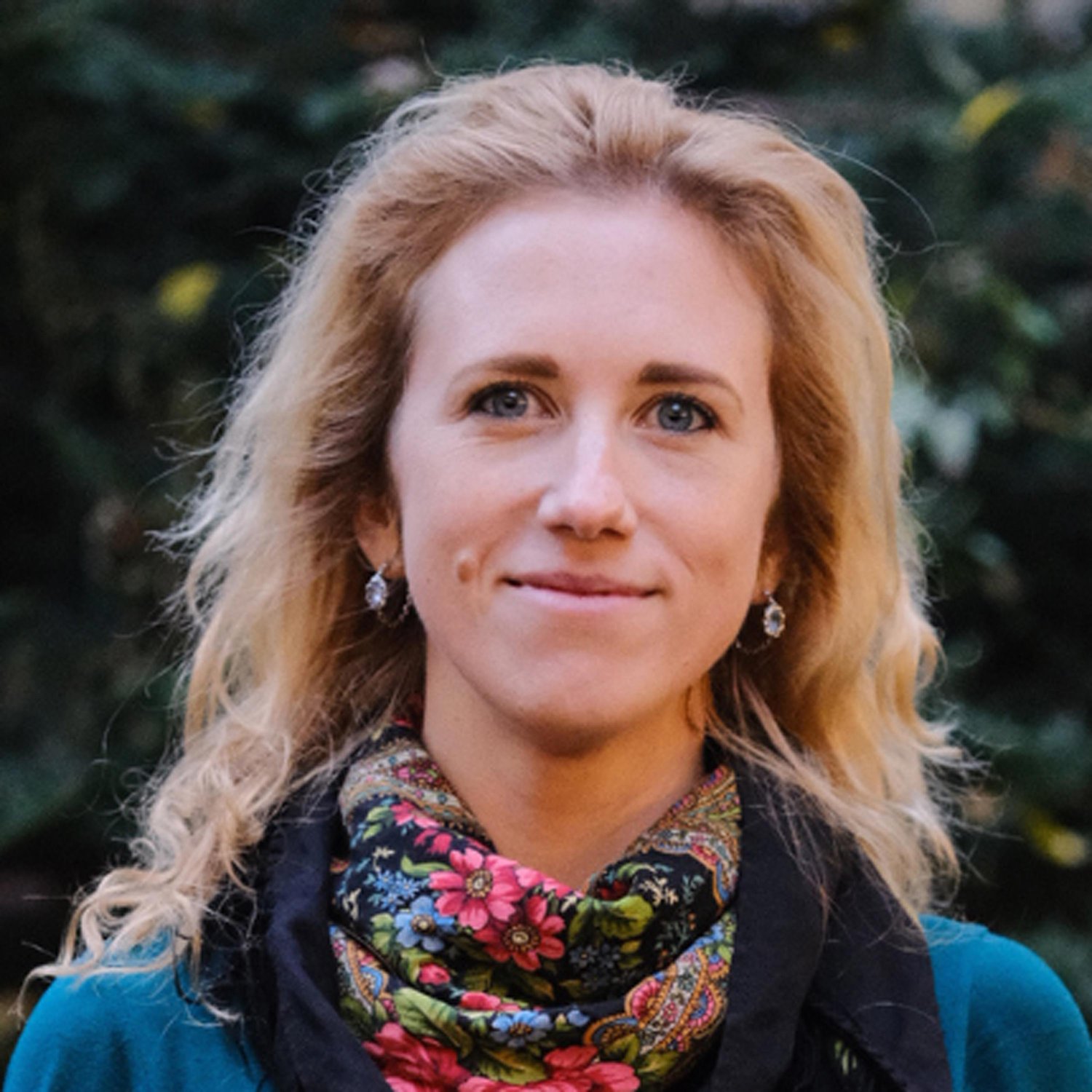
DR. SASHA LUCCIONI - Founding Member Climate Change AI - Climate Lead & AI Researcher - Hugging Face
What are the pros and cons of AI’s integration into our institutions, political systems, culture, and society? How can we develop AI systems that are more respectful, ethical, and sustainable?Dr. Sasha Luccioni is a leading scientist at the nexus of artificial intelligence, ethics, and sustainability, with a Ph.D. in AI and a decade of research and industry expertise. She spearheads research, consults, and utilizes capacity-building to elevate the sustainability of AI systems. As a founding memb
Jan 30, 2024 • 31:25

DR. SHIV SOMESHWAR - Fmr. European Chair for Sustainable Development & Climate Transition - Sciences Po
How do urbanization and rural development impact communities differently? How can we make public policy and enlightened self-interest advance climate action?Dr. Shiv Someshwar is a Development Clinician, diagnosing development of cities and nation states. A Visiting Professor at Columbia University, New York and at Sciences Po, Paris, he was the founder chair-holder of the European Chair for Sustainable Development and Climate Transition at Sciences Po. He helped set up the initial national and
Jan 30, 2024 • 41:18

How can enlightened self-interest advance social equity & climate action? - Highlights - DR. SHIV SOMESHWAR
"My area of work is sustainable development with a focus on climate. And you can ask what does sustainable development mean? To put it very simply, it means how do you have economic growth that is socially equitable and environmentally sustainable? It's not just that you have ecological sustainability; hence, that is sustainable development. Because lots of examples of economic, ecological, and ecologically sensitive growth need not be socially equitable. That's why this whole emphasis on just t
Jan 30, 2024 • 13:14

From Ancient Wisdom to the Language of the Earth - Scientists, Artists, Psychologists & Spiritual Leaders Share their Stories
Scientists, artists, psychologists, conservationists, and spiritual leaders share their stories and insights on the importance of connecting with nature, preserving the environment, embracing diversity, and finding harmony in the world. Music courtesy of composer Max Richter. All voices in this episode are from our interviews for The Creative Process & One Planet Podcast.00:05 Adapting to Earth: Indigenous PerspectivesTIOKASIN GHOSTHORSE - Founder/Host of First Voices Radio - Founder of Akantu I
Jan 25, 2024 • 10:45

Artists, Activists & Anarchists Seize Wetlands from the French Republic: We Learn How
In this episode on Speaking Out of Place podcast, Professor David Palumbo-Liu and Azeezah Kanji talk with artists and activists Isabella Frémaux and Jay Jordan about their book, We are ‘Nature’ Defending Itself: Entangling Art, Activism and Autonomous Zones Vagabonds/Pluto/Journal of Aesthetics & Protest, 2021. They tell the story of a 40-year struggle to preserve 4,000 acres of wetlands from being destroyed to make way for an airport, but the book is also a profound and beautiful meditation on
Jan 23, 2024 • 1:22:01

What can thousand-year-old trees teach us about living sustainably on this planet? - Highlights - DOUG LARSON
“I think one thing I learned from looking at the ancient trees is that there is no great benefit to anything of growing quickly and accumulating vast resources. Growing slowly and patiently and with fewer demands on the environment in which you live is just as healthy and perhaps more healthy than the endless hunger for more and more and more, which we see as a characteristic of our species.”What can thousand-year-old trees teach us about living sustainably? If we want to be sustained by this pl
Jan 18, 2024 • 7:56
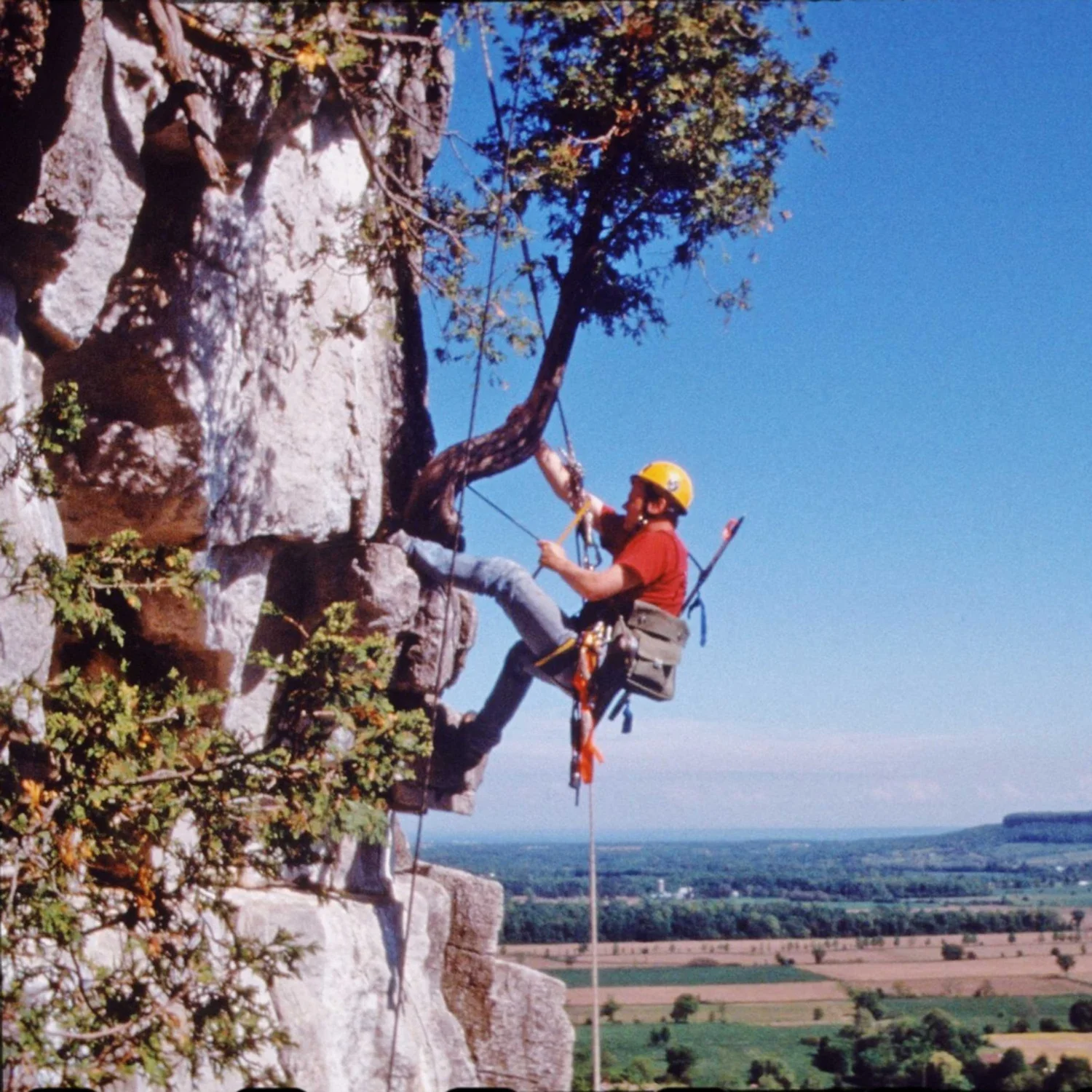
DOUG LARSON - Biologist - Expert on Deforestation - Author of Cliff Ecology - The The Dogma Ate My Homework
What can thousand-year-old trees teach us about living sustainably? If we want to be sustained by this planet indefinitely, we need to stop trying to suck it dry.Doug Larson is an award winning scientist, author, and Professor Emeritus of Biology at the University of Guelph. He is an expert on deforestation and regularly contributes to The Guardian and other publications. His books include Cliff Ecology: Pattern and Process in Cliff Ecosystems, The Urban Cliff Revolution: New Findings on the Ori
Jan 18, 2024 • 42:04

How can we reverse biodiversity loss and restore our ecosystems? - Highlights - THOMAS CROWTHER
“We're just a moving ecosystem and we've got this weird thing called consciousness that gives us this impression that we're somehow separate, but we are just part of the ecosystem. We're a bag of microbes that's interacting with all the microbes around us. And I think there's a real need for us to appreciate our harmony with nature and our interrelatedness with nature.”Although they comprise less than 5% of the world population, Indigenous peoples protect 80% of the Earth’s biodiversity. How can
Jan 17, 2024 • 13:18

THOMAS CROWTHER - Ecologist - Co-chair of the board for UN Decade on Ecosystem Restoration - Founder of Restor
Although they comprise less than 5% of the world population, Indigenous peoples protect 80% of the Earth’s biodiversity. How can we support farmers, reverse biodiversity loss, and restore our ecosystems?Thomas Crowther is an ecologist studying the connections between biodiversity and climate change. He is a professor in the Department of Environmental Systems Science at ETH Zurich, chair of the advisory council for the United Nations Decade on Ecosystem Restoration, and founder of Restor, an onl
Jan 17, 2024 • 43:33
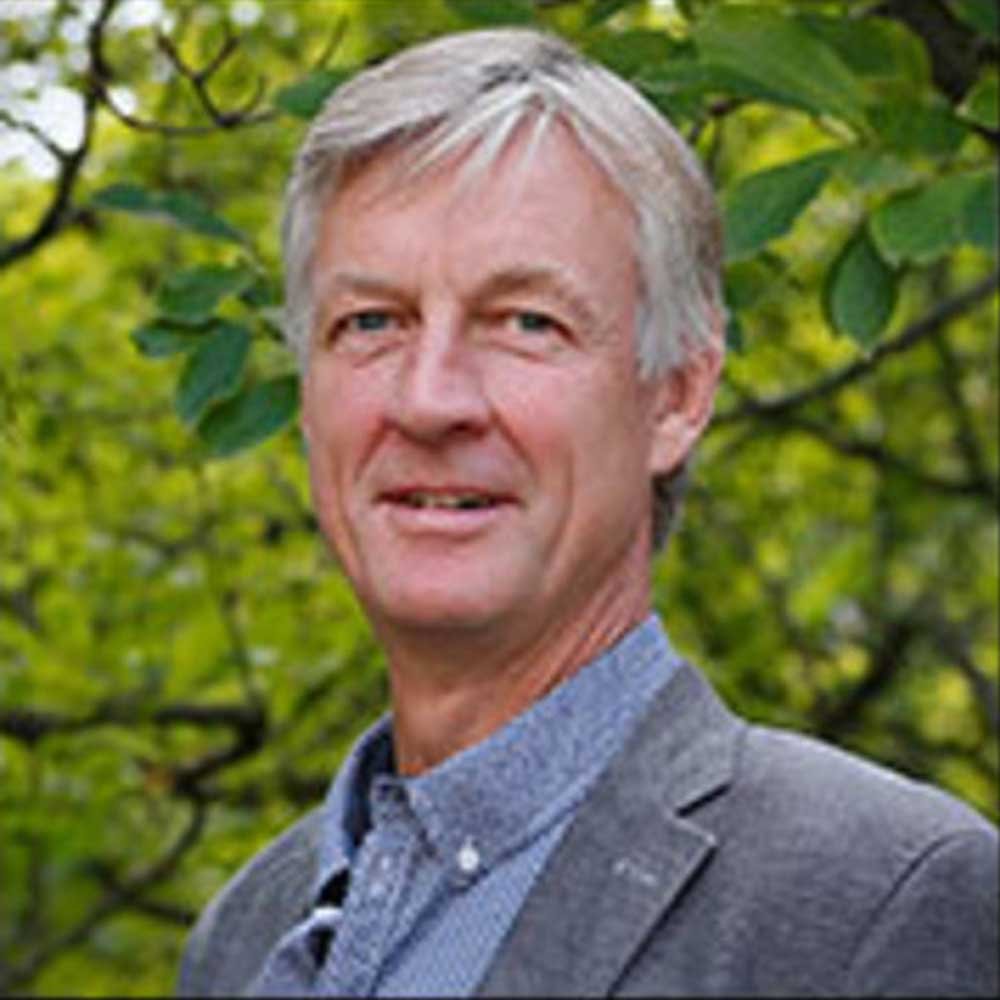
PETER DITLEVSEN - Professor of Physics, Ice, Climate & Earth at the Niels Bohr Institute
As we reach the tipping points of climate change, how will our world change? Greenland has already lost 4,700 billion metric tons of ice, an amount that is enough to flood the entire United States in 1.5 feet of water.Peter D. Ditlevsen is an Associate Professor at the Niels Bohr Institute at Copenhagen University. The institute was founded in 1921 as the Institute for Theoretical Physics. Ditlevsen is a Professor in Physics of Ice, Climate, and Earth. His fields of interest include climate rese
Jan 16, 2024 • 37:09
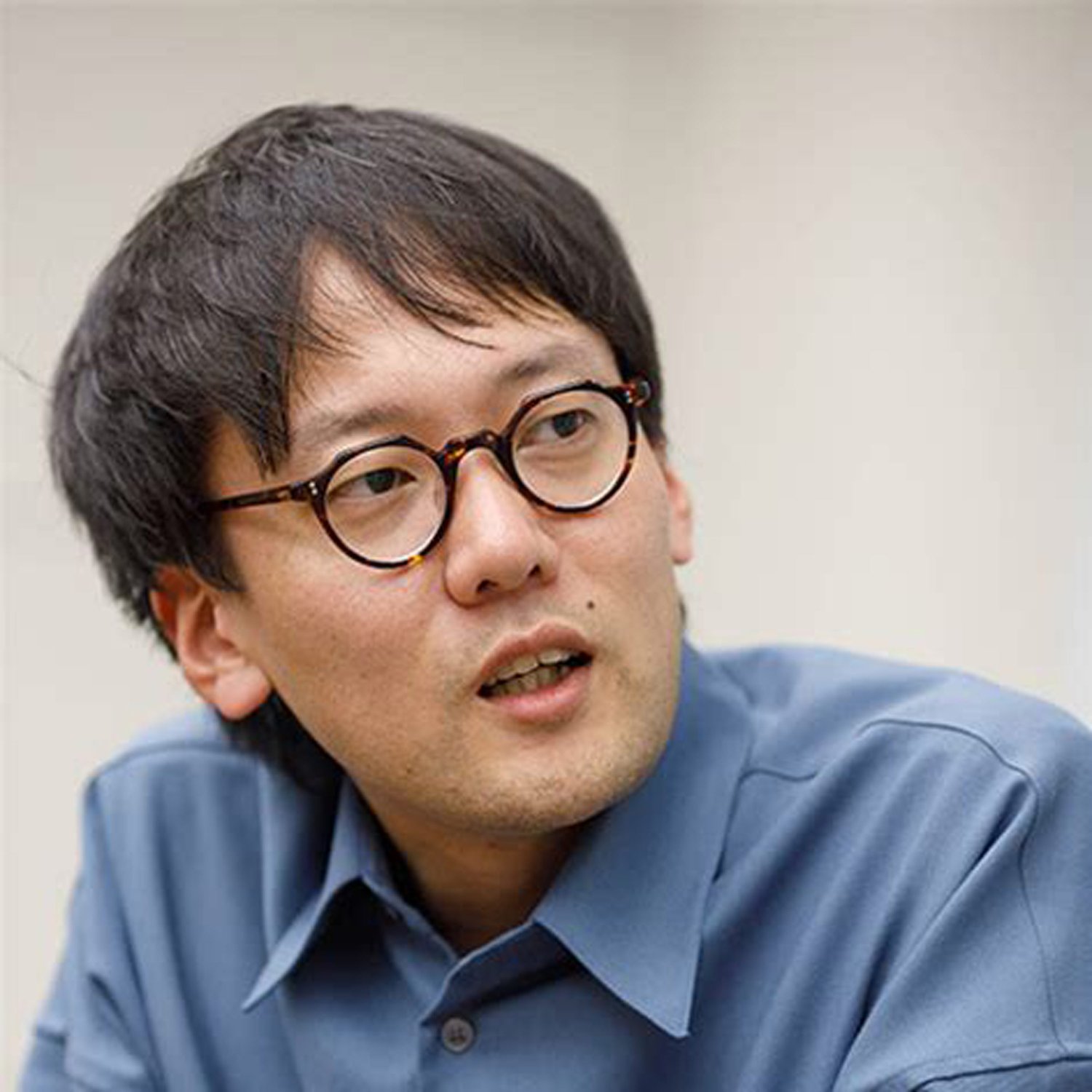
KOHEI SAITO on Degrowth Communism & the Need for Radical Democracy
Can we stop talking about growth and mediate an environmental crisis through the structures of capitalism?In this episode of the Speaking Out of Place podcast, Professor David Palumbo-Liu speaks with Japanese scholar Kohei Saito, whose book, Marx in the Anthropocene sold over half a million copies. In it, Saito shows how late in life Marx came to a richer sense of production when he released that there was a law above the economic as he had conceived it—it was the law of Nature. Marx saw how dis
Jan 11, 2024 • 43:46
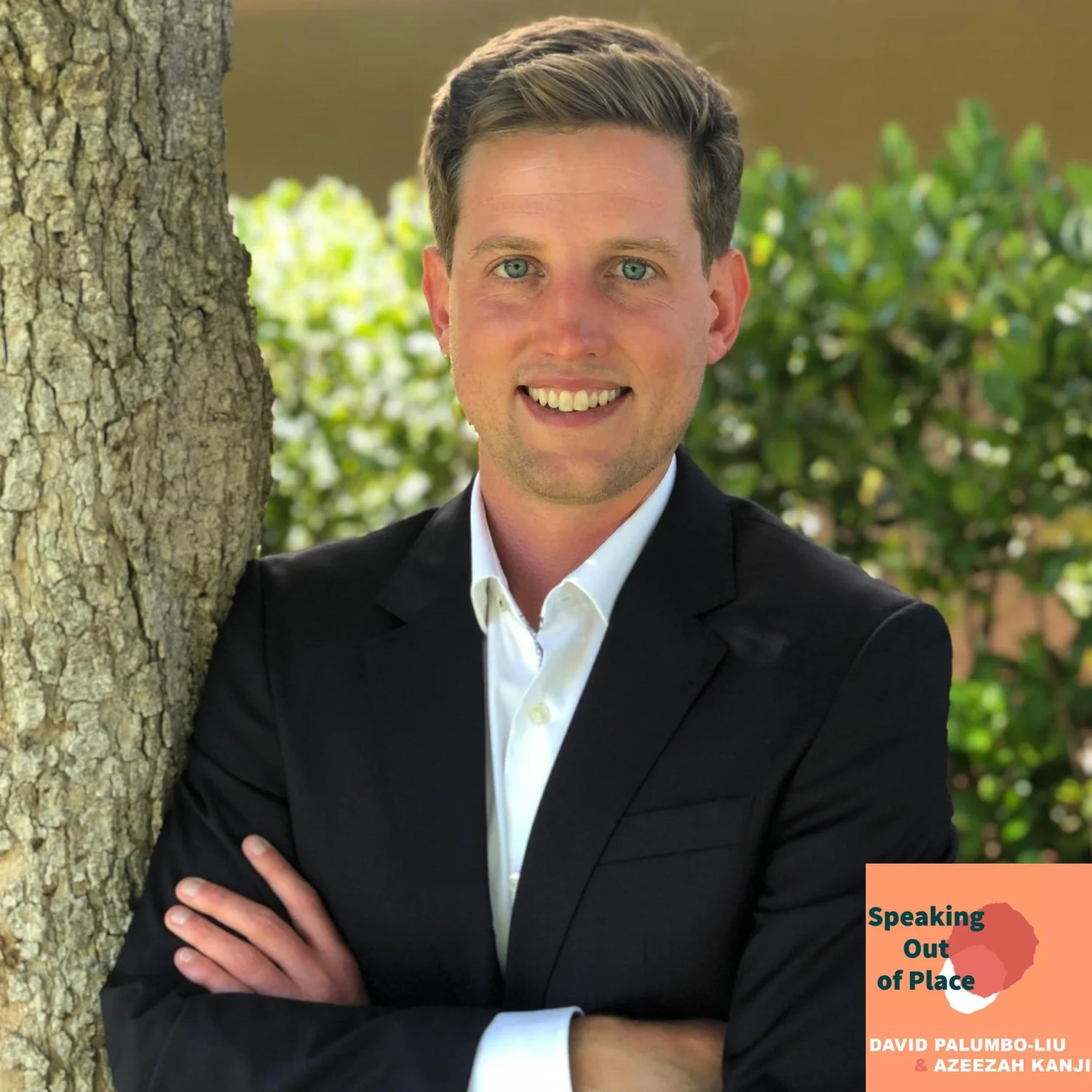
SPEAKING OUT OF PLACE: BEN FRANTA on Weaponizing Economics - Big Oil, Economic Consultants & Climate Policy Delay
In this episode of the Speaking Out of Place podcast, Professor David Palumbo-Liu speaks with noted researcher and scholar Ben Franta about two new articles he has written that add to his growing archive of seminal work on climate change. Ben tells us now the fossil fuel industry paid economists to join scientists in denying the true nature of the fossil fuel industry’s destruction of the environment. Economists argued that even if some science were correct, implementing change would be too cos
Jan 9, 2024 • 32:29

Highlights - How do we navigate ambiguity, uncertainty & move beyond linear thinking? - RUPERT SHELDRAKE
"The idea that the laws of nature are fixed is taken for granted by almost all scientists and within physics, within cosmology, it leads to an enormous realm of speculation, which I think is totally unnecessary. We're assuming the laws of nature are fixed. Most of science assumes this, but is it really so in an evolving universe? Why shouldn't the laws evolve? And if we think about that, then we realize that actually, the whole idea of a law of nature is a metaphor. It's based on human laws. I m
Jan 5, 2024 • 15:35

RUPERT SHELDRAKE - Biologist & Author of The Science Delusion, The Presence of the Past
How do we navigate ambiguity and uncertainty? Moving beyond linear thinking into instinct and intuition, we might discover other sources within ourselves that lie beyond the boundaries of science and reason.Rupert Sheldrake is a biologist and author best known for his hypothesis of morphic resonance. His many books include The Science Delusion, The Presence of the Past, and Ways to Go Beyond and Why They Work. At Cambridge University, Dr. Sheldrake worked in developmental biology as a fellow of
Jan 5, 2024 • 49:30

What’s it like to film a supernatural thriller in darkness at minus 17 degrees? - Highlights - FLORIAN HOFFMEISTER
“I drove for like a half an hour into absolute nothingness, and I left the car. It was three o'clock in the morning. It was minus 17 degrees and it was absolutely still. I've never experienced stillness such as that. I mean, it's like you feel like you can feel your atoms move or not move because it's so cold. And the sky is full of the Northern Lights. So you are already in a remote place, but you want to go further. And I think maybe those themes of going out into the wilderness are motivated
Jan 4, 2024 • 15:35
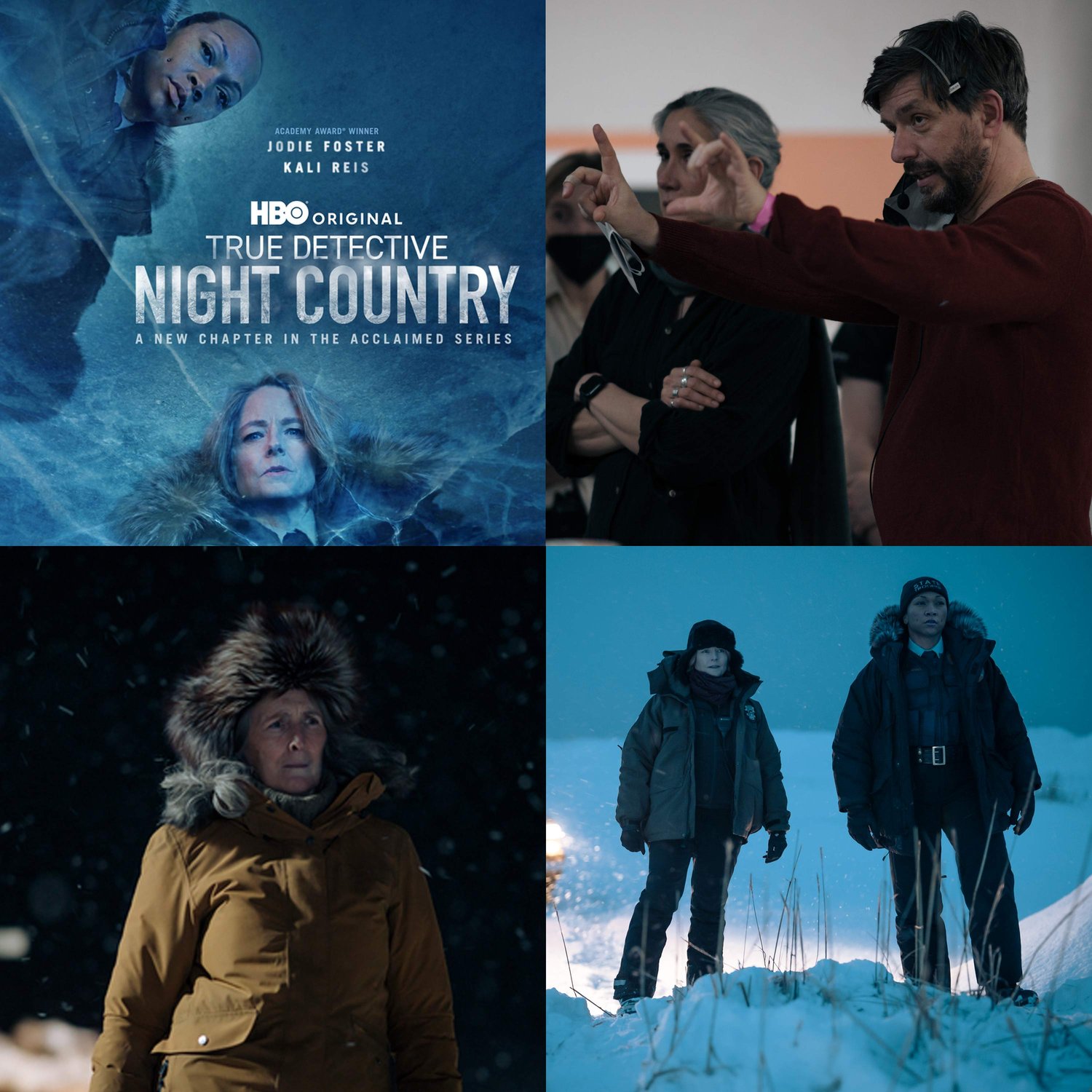
FLORIAN HOFFMEISTER - Cinematographer - True Detective: Night Country starring Jodie Foster & Kali Reis
How does the place we’re born influence our beliefs? What would it be like to live in a world run by women, where it’s perpetually night, and the dead can speak to the living? In this episode, we discuss the new season of HBO’s True Detective: Night Country with award-winning cinematographer Florian Hoffmeister.Known for his work on Tár, Pachinko, Great Expectations, and most recently, the new season of True Detective, he's also known for his collaboration with director Terence Davies on the fil
Jan 4, 2024 • 43:57
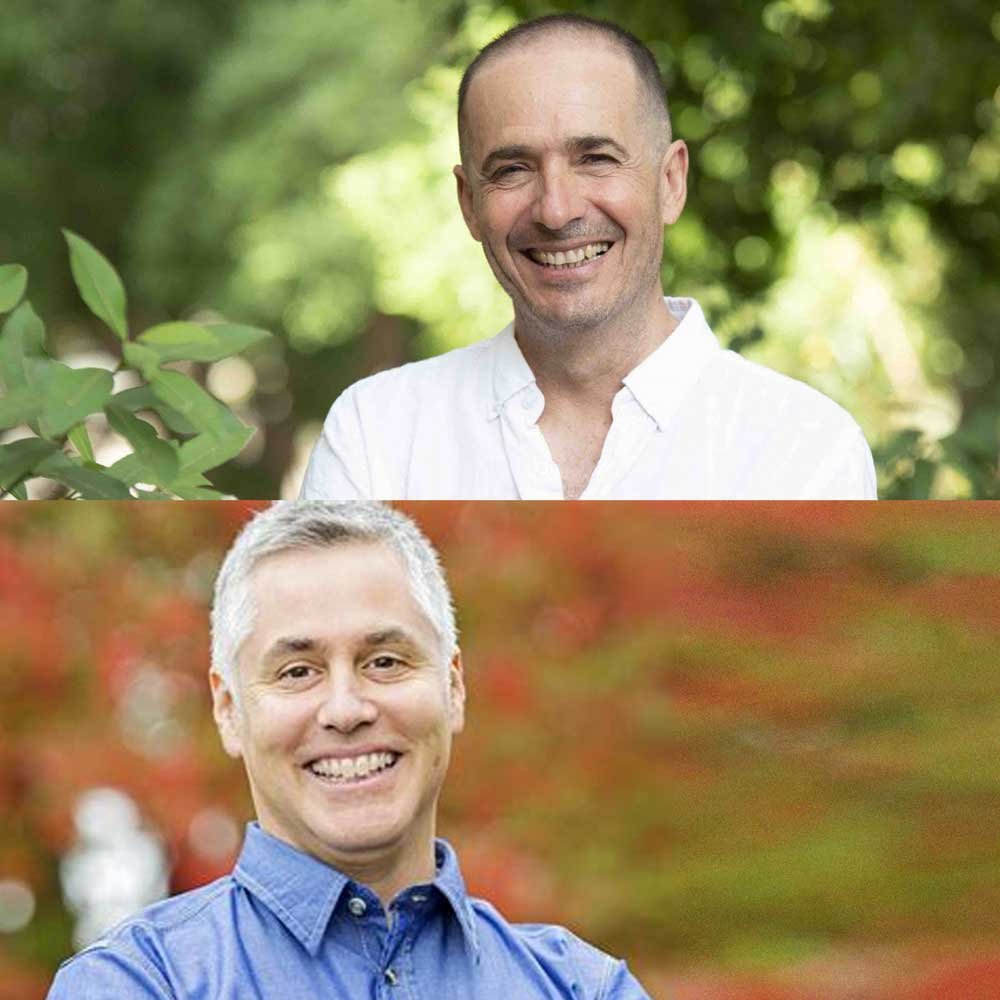
SPEAKING OUT OF PLACE: Exploring Plant Intelligence with John Burrows & Paco Calvo
In this episode of the Speaking Out of Place podcast, Professor David Palumbo-Liu and Azeezah Kanji talk with eminent Anishinaabe legal theorist John Borrows and philosopher Paco Calvo about how we might learn about, learn with, and learn from our plant companions on this earth. Plants show signs of communication and of learning. They produce and respond to many of the same neurochemicals as humans, including anesthetics. They share resources with one another, and when under threat, emit signals
Dec 31, 2023 • 1:22:01

How can we learn to speak the language of the Earth? - Highlights - TIOKASIN GHOSTHORSE
"So we get to a certain stage in Western society, I'd never call it a culture, but a society trying to figure out its birth and how to become mature. Whatever it's doing it has slowed down natural relationships. It took us out of the land, put us into factories, put us into institutions where you can learn a trade. It kept giving you jobs that had nothing to do with Earth. And so if you're living, you're working in this box called a factory, and the farmers out there are becoming less and less.
Dec 29, 2023 • 13:51

TIOKASIN GHOSTHORSE - Founder/Host of First Voices Radio - Founder of Akantu Intelligence
How can we learn to speak the language of the Earth and cultivate our intuitive intelligence?Tiokasin Ghosthorse is a member of the Cheyenne River Lakota Nation of South Dakota and has a long history with Indigenous activism and advocacy. Tiokasin is the Founder, Host and Executive Producer of “First Voices Radio” (formerly “First Voices Indigenous Radio”) for the last 31 years in New York City and Seattle/Olympia, Washington. In 2016, he received a Nomination for the Nobel Peace Prize from the
Dec 29, 2023 • 51:19

What makes a good life? - Highlights - ROBERT WALDINGER, Psychiatrist, Author, Zen Priest
"This generation will say to us quite clearly 'past generations have messed everything up.' And now we're left with the devastating consequences. They're angry, and it's very difficult. How do you get human beings to invest in something that pays off 20 or 50 years down the road? And that's the difficulty. It's not clear that we as humans are capable of really tackling a problem that requires so much long-term thinking. Politicians want results within the same fiscal year, right? And so what do
Dec 22, 2023 • 10:35

ROBERT WALDINGER - Co-Author of The Good Life: Lessons from the World's Longest Scientific Study of Happiness
What makes a good life? How important are relationships in helping us lead happy and meaningful lives?Dr. Robert Waldinger is a professor of psychiatry at Harvard Medical School, director of the Harvard Study of Adult Development at Massachusetts General Hospital, and cofounder of the Lifespan Research Foundation. Dr. Waldinger received his AB from Harvard College and his MD from Harvard Medical School. He is a practicing psychiatrist and psychoanalyst, and he directs a psychotherapy teaching pr
Dec 22, 2023 • 38:22
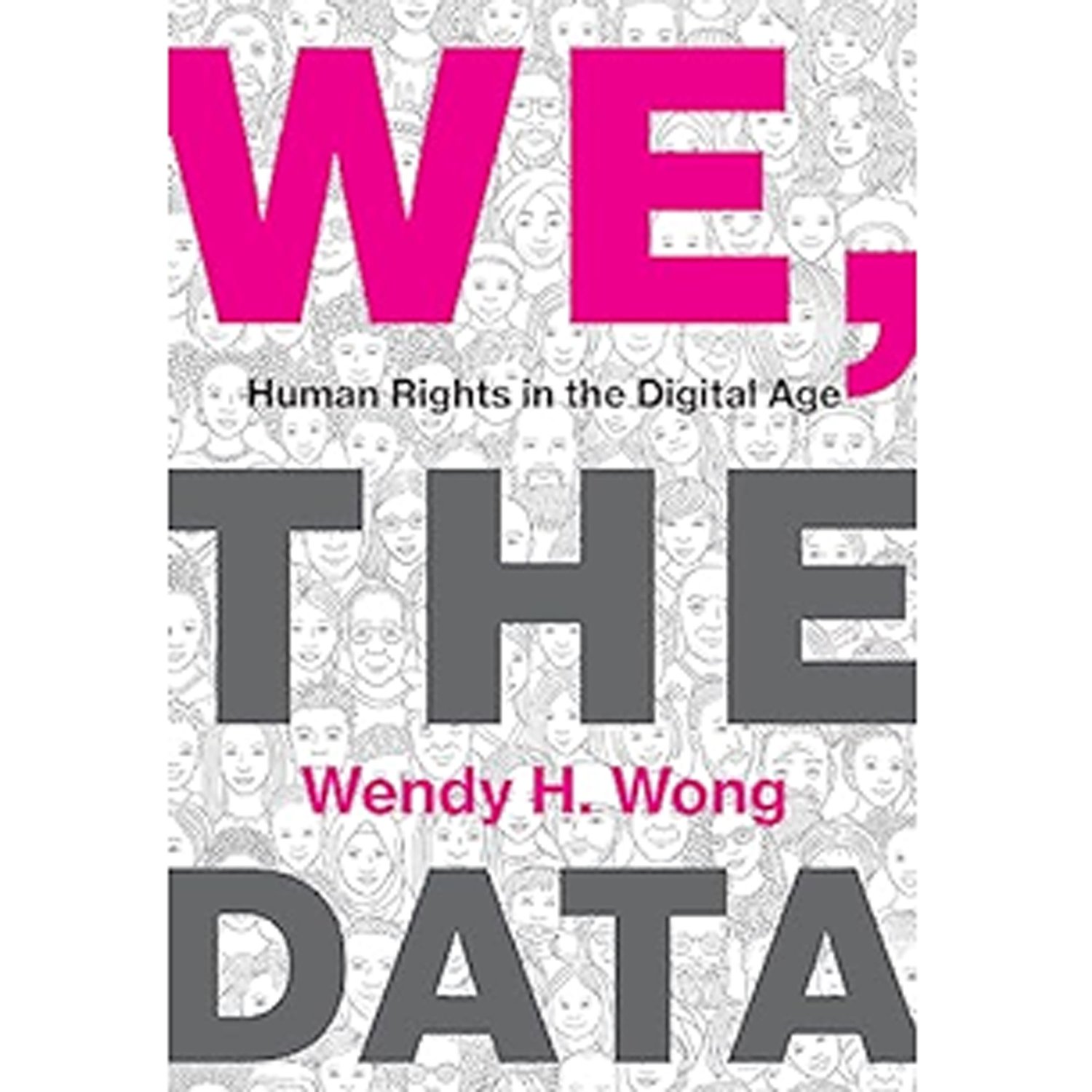
Does privacy exist anymore? Or are humans just sets of data to be traded and sold? - Highlights - WENDY WONG - Author of We, the Data
"I do think that the environment is a place where having more data will help us create better models for thinking about how climate change is going to affect life on Earth. And I agree with you, I think that we should be thinking about the now and life on Earth today and not doing harm going forward because I think it's important to live now and not in this projected future with regard to AI with the 'killer robots' but also with climate change with some of the horrible projections that people h
Dec 15, 2023 • 11:43

WENDY WONG - Author of We, the Data: Human Rights in the Digital Age
Does privacy exist anymore? Or are humans just sets of data to be traded and sold?Wendy H. Wong is Professor of Political Science and Principal's Research Chair at the University of British Columbia, Okanagan. She is the author of two award-winning books: Internal Affairs: How the Structure of NGOs Transforms Human Rights and (with Sarah S. Stroup) The Authority Trap: Strategic Choices of International NGOs. Her latest book is We, the Data: Human Rights in the Digital Age."I do think that the en
Dec 15, 2023 • 53:44
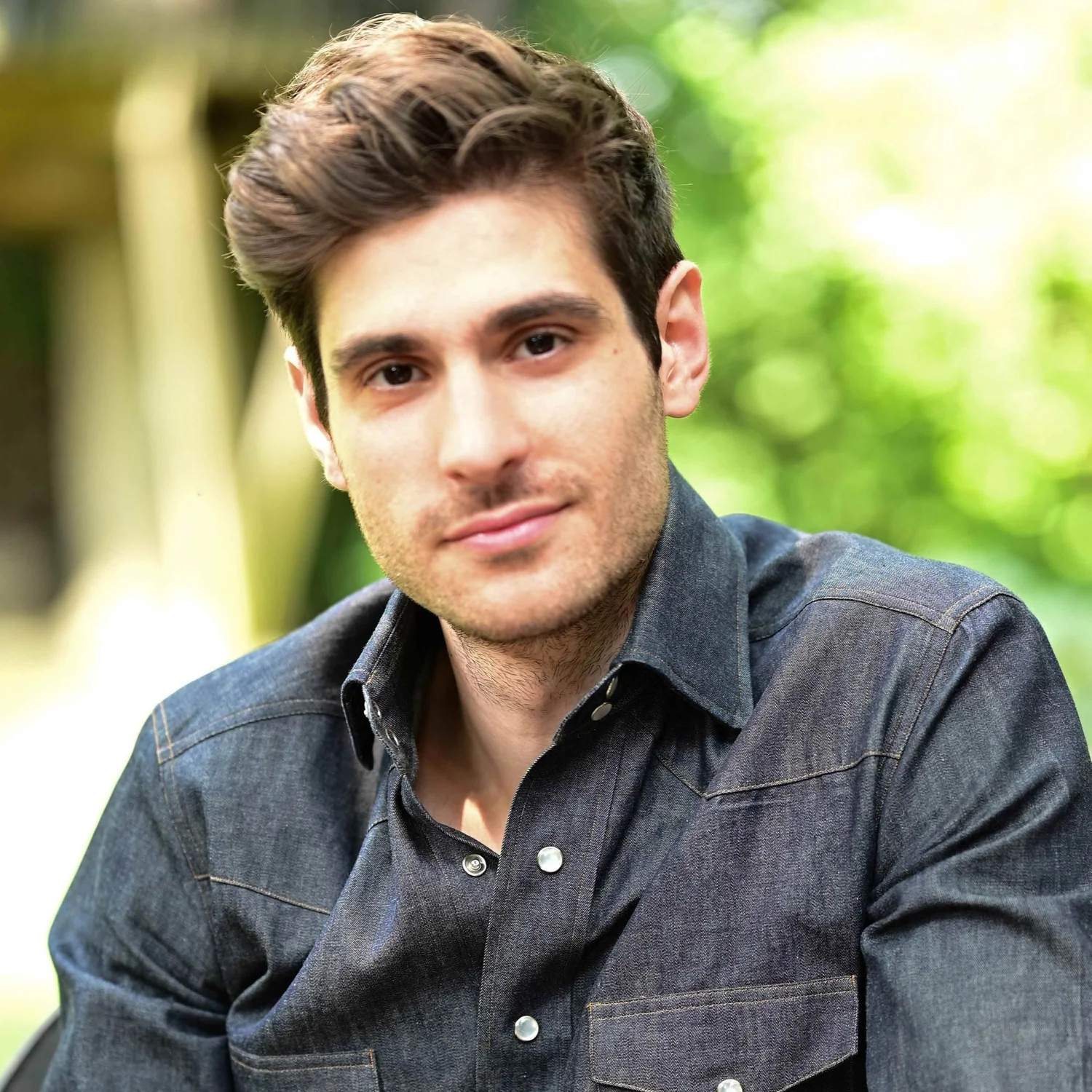
MAX BENNETT - Author of A Brief History of Intelligence: Evolution, AI, and the Five Breakthroughs That Made Our Brains - CEO of Alby
The more the science of intelligence (both human and artificial) advances, the more it holds the potential for great benefits and dangers to society.Max Bennett is the cofounder and CEO of Alby, a start-up that helps companies integrate large language models into their websites to create guided shopping and search experiences. Previously, Bennett was the cofounder and chief product officer of Bluecore, one of the fastest growing companies in the U.S., providing AI technologies to some of the la
Dec 12, 2023 • 55:39
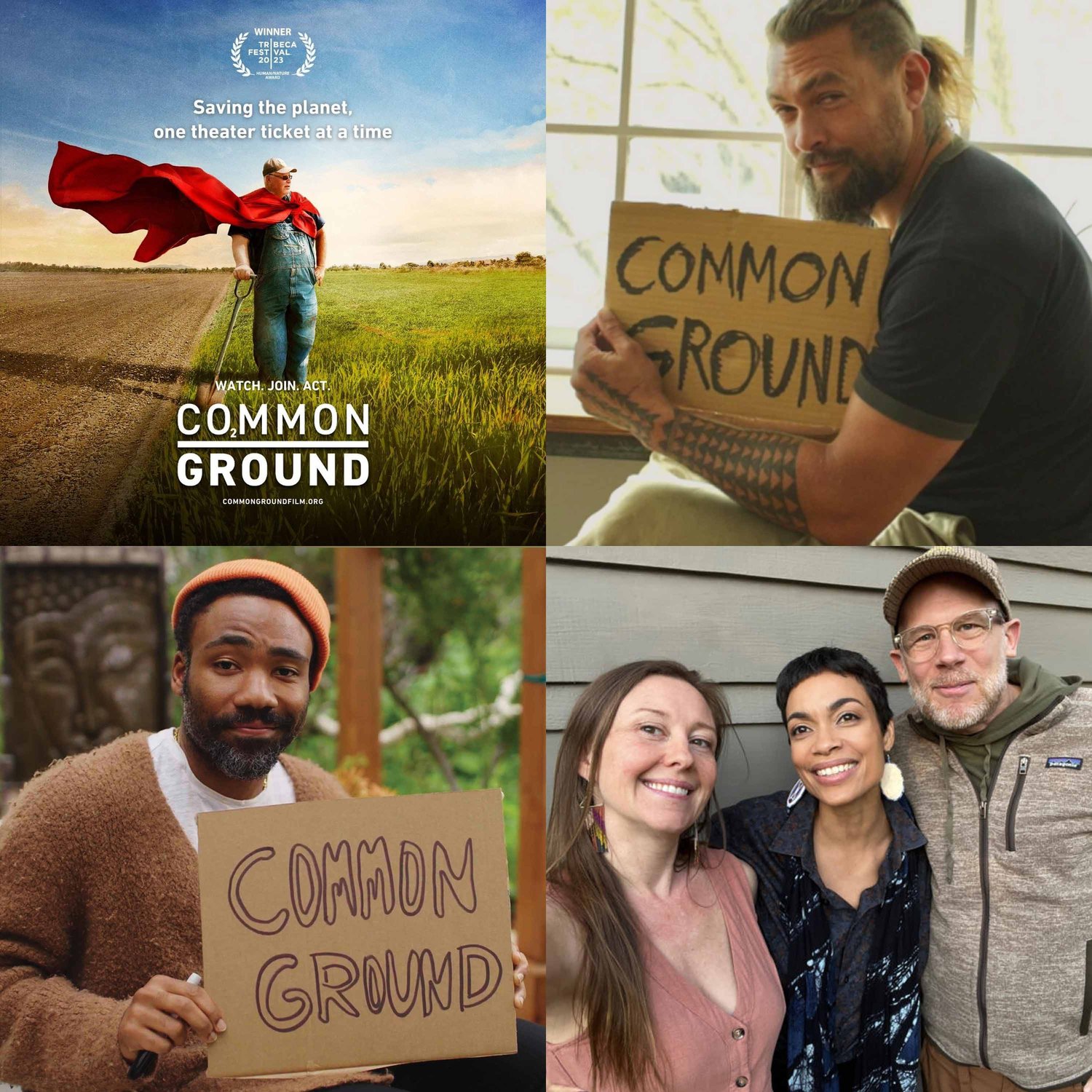
Highlights - JULIAN LENNON - Exec. Producer of Common Ground - Founder of The White Feather Foundation - Musician - Photographer
"With this film in particular tugging at people's hearts, regarding family. I mean, really trying to get the point across that this really affects all of us in every way, shape, or form, and that, you know, if we don't do anything...It seems to me that since the beginning of time almost, at least in the corporate world, there's always been walls put up for anything that's organic, positive, natural, and the list goes on. And I think that filters down in many fields. And so be part of something,
Dec 8, 2023 • 17:11
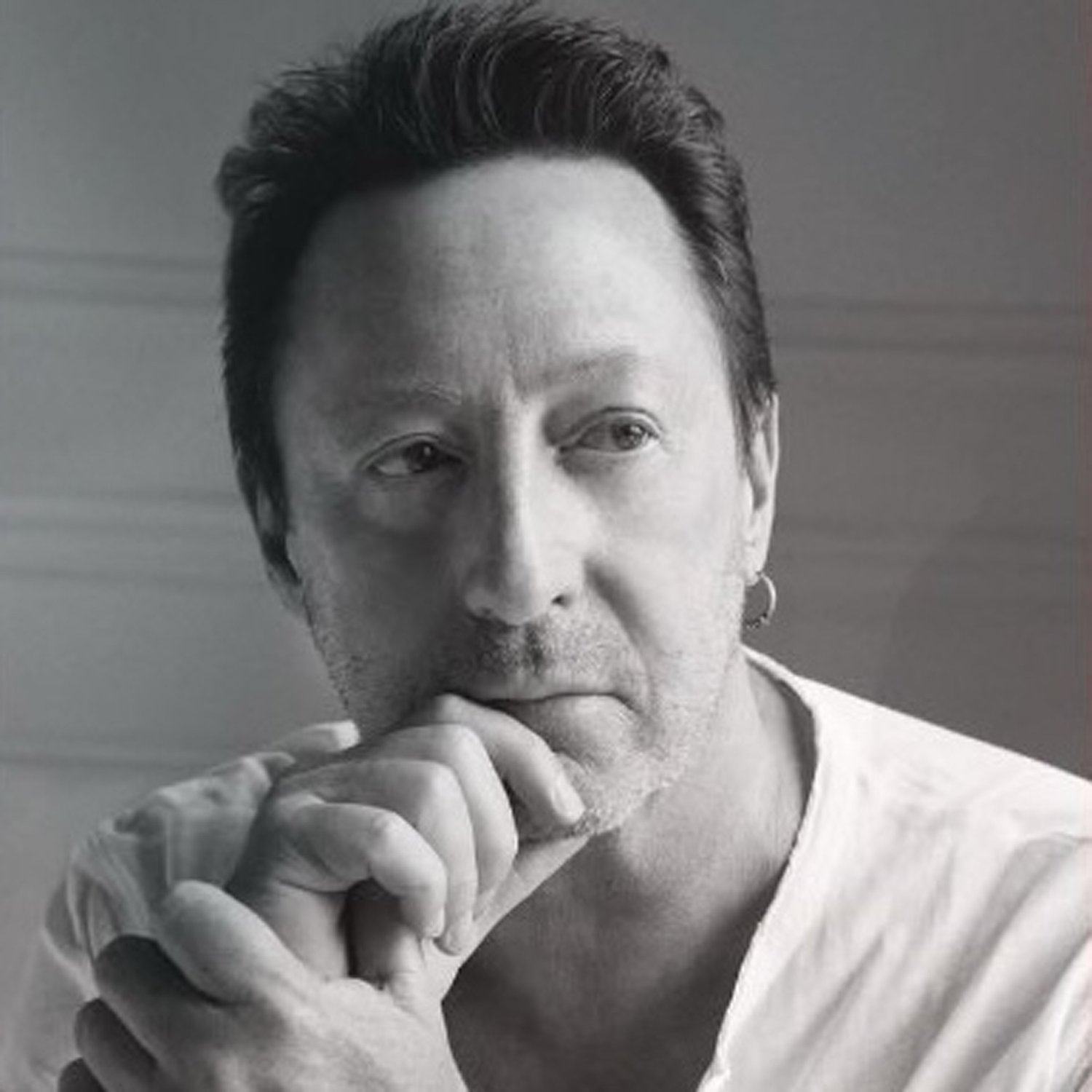
JULIAN LENNON - Singer-songwriter, Photographer, Doc Filmmaker, Exec. Producer of Common Ground
How can the arts inspire us to lead lives of greater meaning and connection? What kind of world are we leaving for future generations?Julian Lennon is a Grammy-nominated singer-songwriter, photographer, documentary filmmaker, and NYTimes bestselling author of children's books. Executive Producer of Common Ground and its predecessor Kiss the Ground, which reached over 1 billion people and inspired the US Department of Agriculture (USDA) to put $20 billion toward soil health. The natural world and
Dec 8, 2023 • 41:31
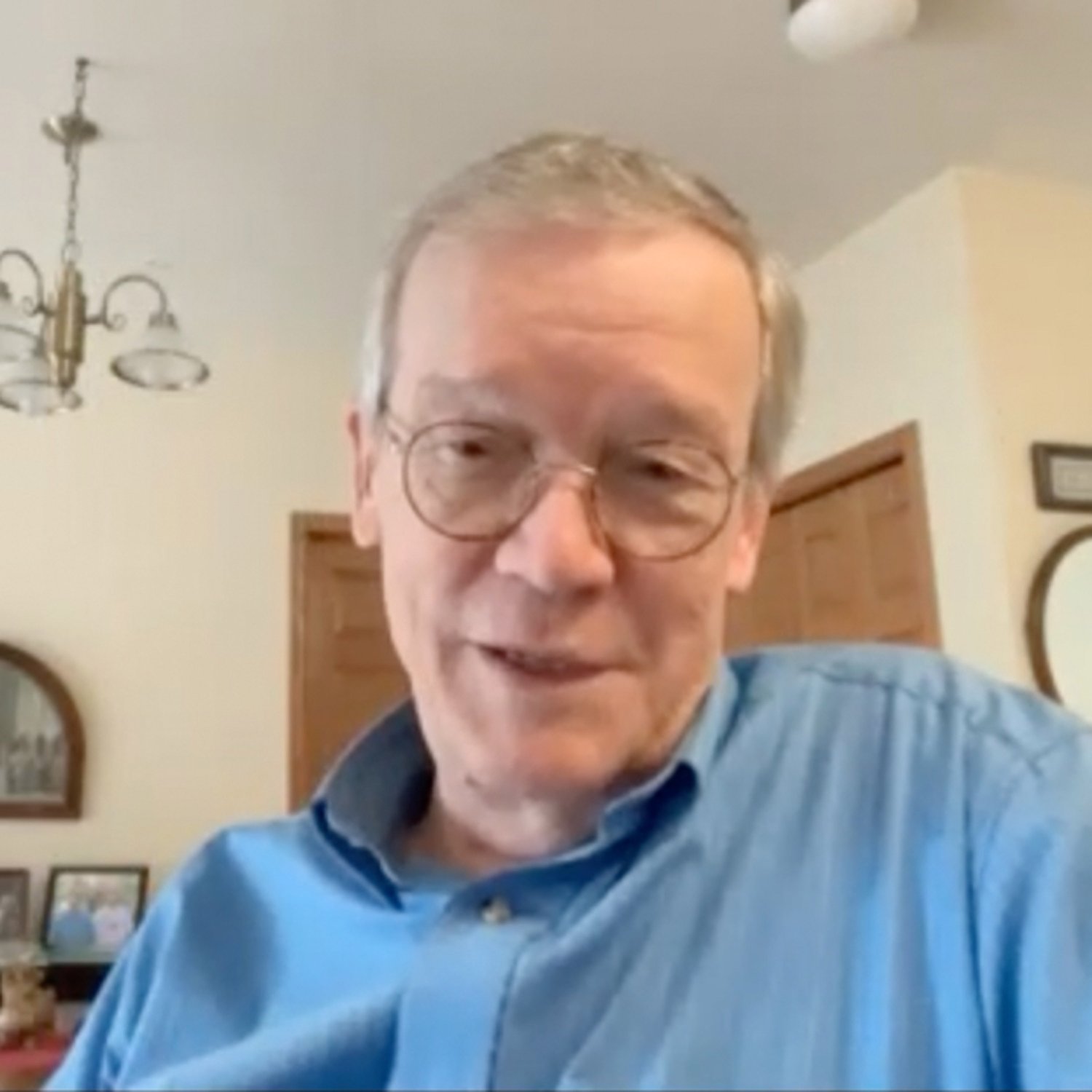
DUANE L. CADY - Philosopher, Author of Moral Vision: How Everyday Life Shapes Ethical Thinking & From Warism to Pacifism
How can we resolve conflicts without compromising our ethics and moral vision? Each year, wars are being fought in our name or with our support that citizens never get an opportunity to vote on. How can we make our voices heard?“Warism, taking war for granted as morally acceptable, even morally required, is the primary obstacle to peace.” Duane L. Cady is a philosopher and Professor Emeritus at Hamline University. He was nominated for the 1991 Grawemeyer World Order Award, was named Outstanding
Dec 5, 2023 • 47:32

HOWARD GARDNER - Co-director of The Good Project - Author of A Synthesizing Mind & Frames of Mind: The Theory of Multiple Intelligences
How do we define intelligence? What is the point of creativity and intelligence if we are not creating good in the world? In this age of AI, what is the importance of a synthesizing mind?Howard Gardner, Research Professor of Cognition and Education at the Harvard Graduate School of Education, an author of over 30 books, translated into 32 languages, and several hundred articles, is best known for his theory of multiple intelligences, a critique of the notion that there exists but a single human
Nov 29, 2023 • 11:26
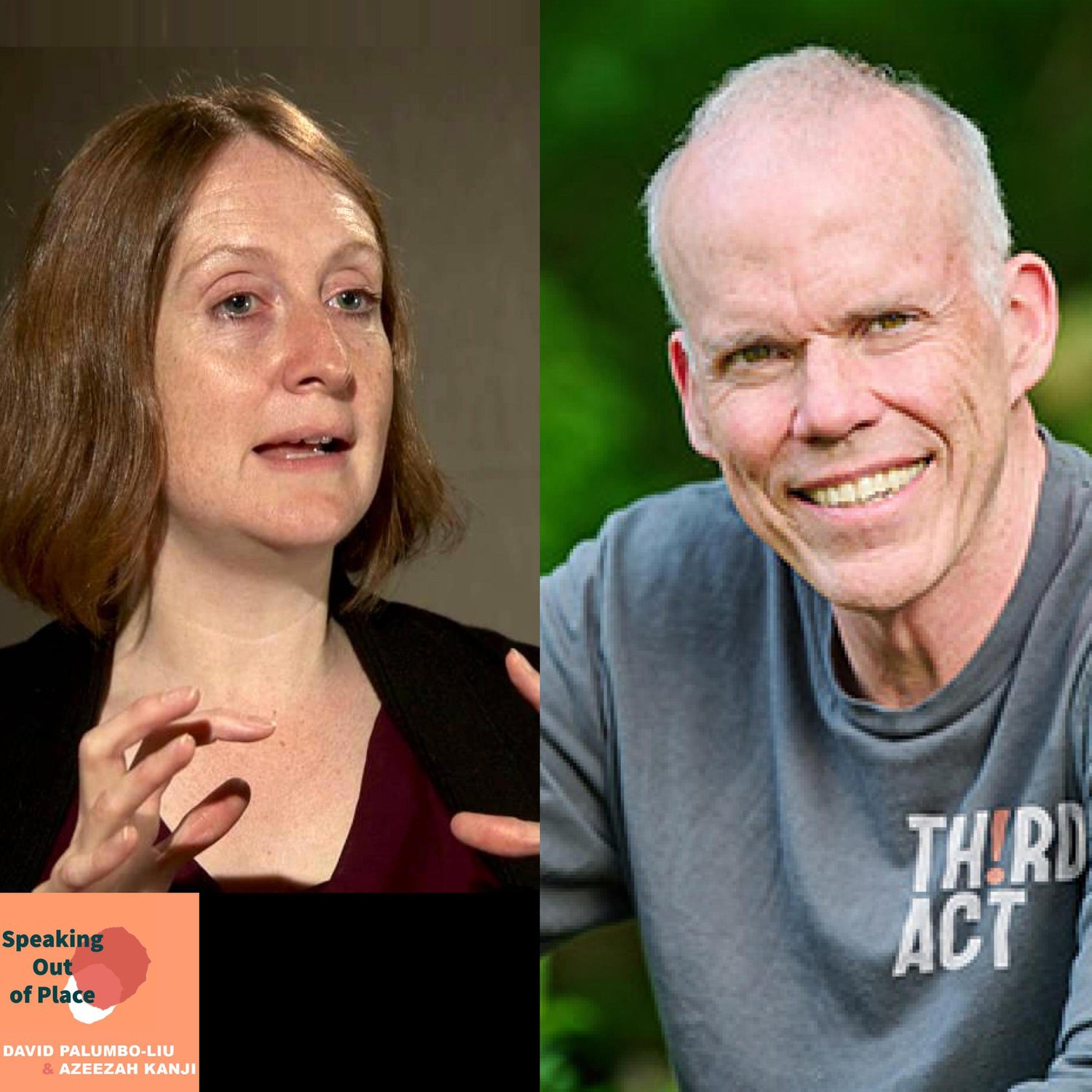
Speaking Out of Place: BILL McKIBBEN, Co-Founder of 350.org, Founder Third Act & CAROLINE LEVINE, Author of The Activist Humanist
In this episode of the Speaking Out of Place podcast, Professor David Palumbo-Liu talks with legendary climate activist Bill McKibben and scholar Caroline Levine. McKibben relates his long struggle to get companies to divest from fossil fuels and for the world in general to act immediately to seriously and substantially address this existential crisis. Levine tells of her efforts to get the giant pension fund, TIAA-CREF, to divest. She also talks about her new book, The Activist Humanist, and it
Nov 27, 2023 • 36:06

GLADYS KALEMA-ZIKUSOKA - Founder/CEO, Conservation Through Public Health - UN Champion of the Earth for Science & Innovation
How do some people face incredible tragedies and find within these experiences inspiration to improve the lives of others? Our guest today lost her grandfather, who was the assassinated Prime Minister of the Buganda Kingdom, and her father, who was disappeared by Idi Amin, and yet she went on to become a leading conservationist.Dr. Gladys Kalema-Zikusoka is Uganda's first full-time wildlife veterinarian and the Founder and CEO of Conservation Through Public Health. Interested in animals from a y
Nov 24, 2023 • 51:25
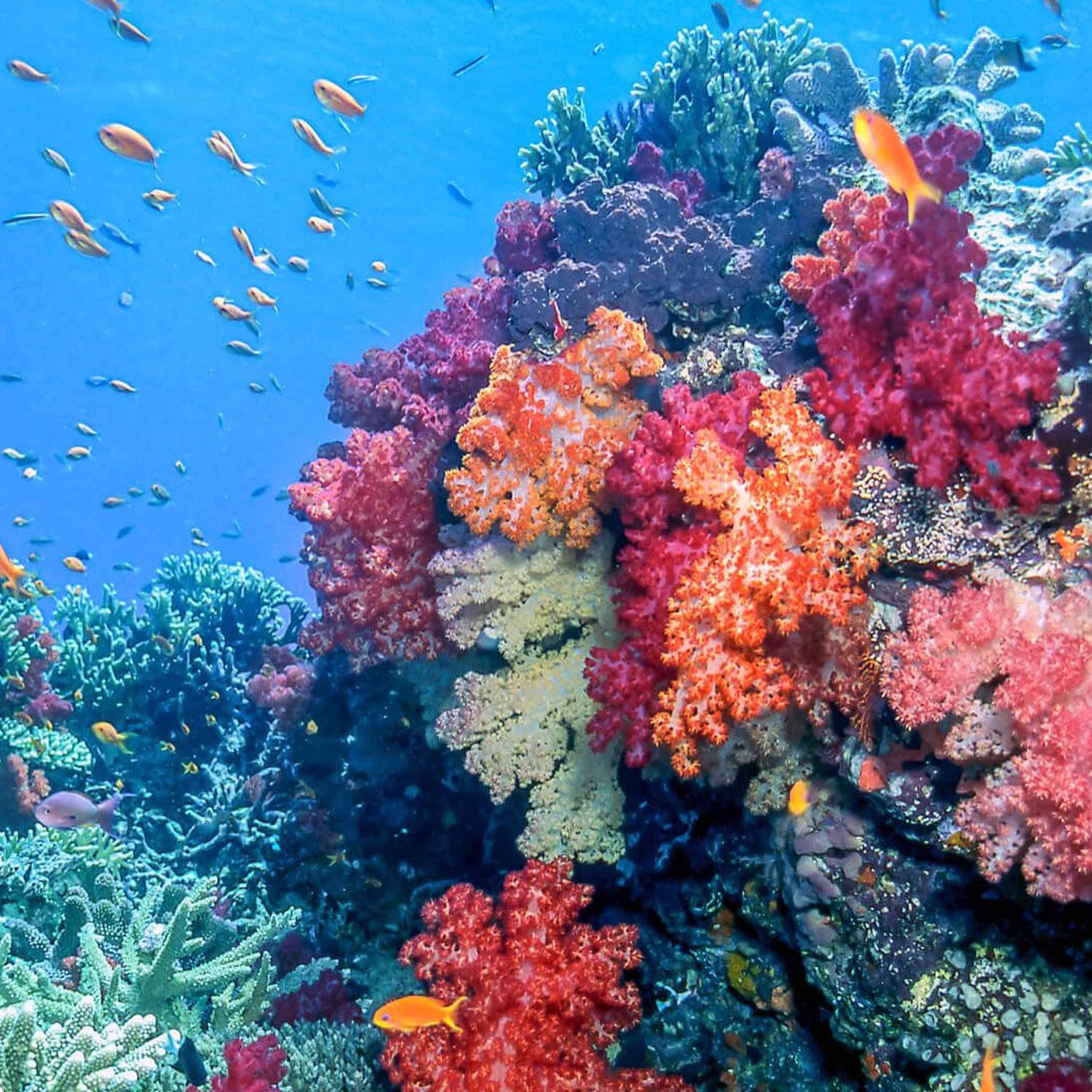
Highlights - UN Young Champion of the Earth GATOR HALPERN - Co-Founder & President of Coral Vita - Forbes 30 Under 30 Social Entrepreneur
“Coral reefs are the most biodiverse habitat on the planet, despite covering less than 1 percent of the ocean area, over a quarter of all marine life exists in these rainforests of the sea. And if you think of a coral reef as a rainforest, the trees are the coral themselves. Which are incredible organisms, so, magic is really the right word to describe them. They're these animals that are one of the original forms of animal life, the second branch of the animal kingdom is actually Cnidaria, whic
Nov 16, 2023 • 12:03
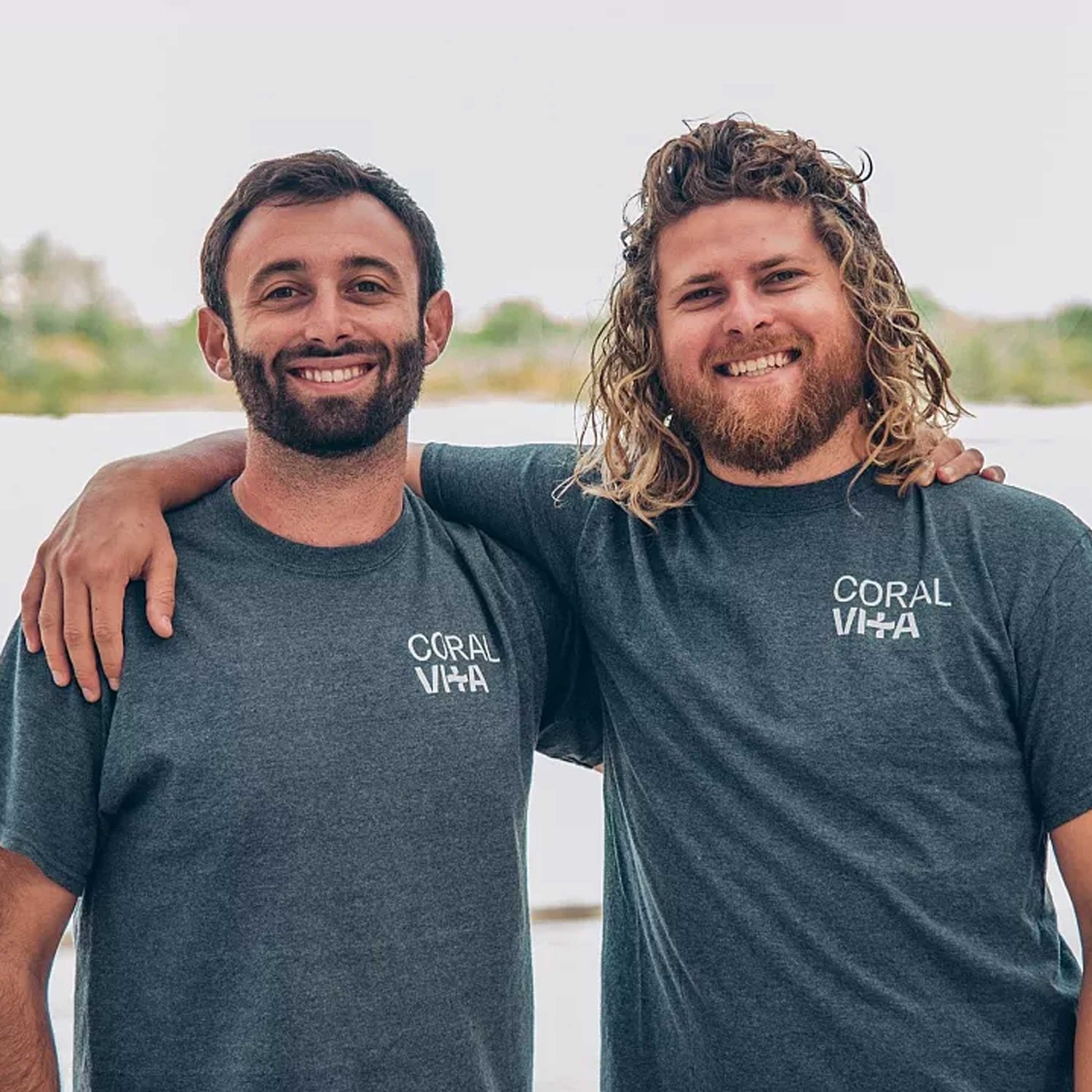
GATOR HALPERN - Co-Founder & President of Coral Vita - UN Young Champion of the Earth - Forbes 30 Under 30 Social Entrepreneur
Coral reefs are the most biodiverse habitat on the planet, despite covering less than 1 percent of the ocean. Over a quarter of all marine life exists in these rain forests of the sea. Gator Halpern is the Co-founder and President of Coral Vita, a mission-driven company working to restore our world’s dying coral reefs. He is a lifelong entrepreneur who is passionate about starting projects that can help create a better harmony between society and nature. His work has earned him a number of award
Nov 15, 2023 • 46:41

Highlights - LEAH THOMAS - Author of The Intersectional Environmentalist: How to Dismantle Systems of Oppression to Protect People + Planet
"So I think the first step is definitely awareness. I know when I was the only Black student in my environmental science program, I didn't quite understand why I really wanted to focus on the environmental injustices that were going on in my neighborhood. Or the concept of racial justice was always kind of intertwined with my environmental advocacy. So it's something that I want other communities of color to understand that that's okay, that you can show up to this field and also have empathy fo
Nov 13, 2023 • 10:34

LEAH THOMAS - Author of The Intersectional Environmentalist - Founder of IE Platform & @GreenGirlLeah
Leah Thomas is an intersectional environmental activist and eco-communicator based in Southern California. She’s passionate about advocating for and exploring the relationship between social justice and environmentalism and was the first to define the term “Intersectional Environmentalism.” She is the founder of @greengirlleah and The Intersectional Environmentalist platform. Her articles on this topic have appeared in Vogue, Elle, The Good Trade, and Youth to the People and she has been feature
Nov 13, 2023 • 36:35
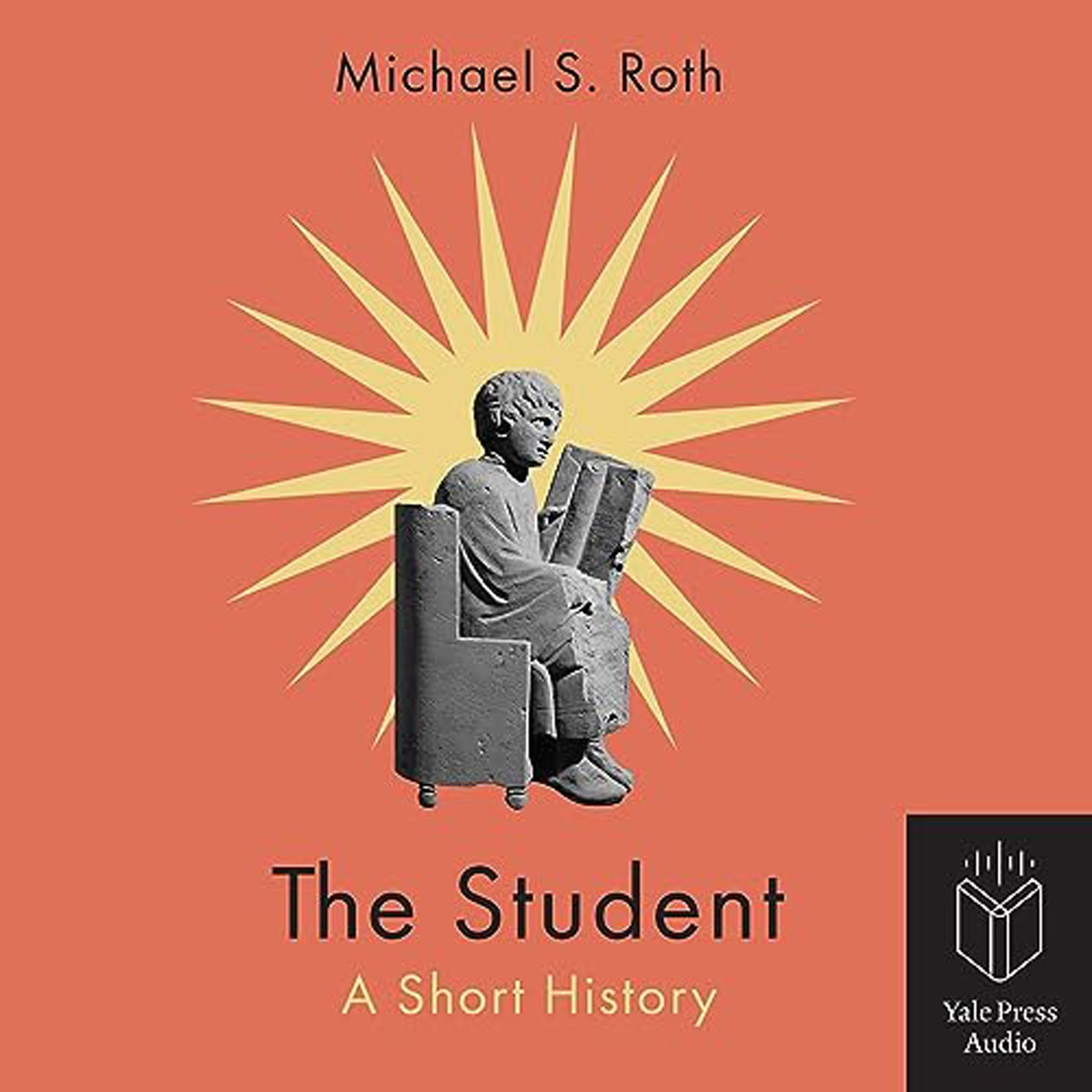
Highlights - MICHAEL S. ROTH - President of Wesleyan University - Author of The Student: A Short History
“So I wrote this book and it was a lot of fun because I had to learn so much. The book examines three iconic teachers: Confucius, Socrates, and Jesus. And I look at how each of those teachers encourage a certain kind of student. The student as follower, someone who will take on the path that you've developed. In the case of Socrates, the student as critical interlocutor or critical conversation partner, someone who will, in dialogue with you, learn what they don't know, how to take things apart.
Nov 10, 2023 • 12:42

MICHAEL S. ROTH - President of Wesleyan University - Author of The Student: A Short History
Michael S. Roth is President of Wesleyan University. His books include Beyond the University: Why Liberal Education Matters and Safe Enough Spaces: A Pragmatist’s Approach to Inclusion, Free Speech, and Political Correctness on College Campuses. He's been a Professor of History and the Humanities since 1983, was the Founding Director of the Scripps College Humanities Institute, and was the Associate Director of the Getty Research Institute. His scholarly interests center on how people make sense
Nov 8, 2023 • 48:06

Highlights - BRIAN DAVID JOHNSON - Director of the ASU Threatcasting Lab - Author of The Future You
"I think the most important thing that I would like young people to know is that they can build their future. That they have the power and they have the agency to shape their future and they have the ability and the power when working with others to have an even broader impact.The thing that scares me the most about the future is when people give up that agency and they let other people design their futures for them. For me, I think it's incredibly powerful to go to young people and say you can
Nov 4, 2023 • 11:00

BRIAN DAVID JOHNSON - Author of The Future You: How to Create the Life You Always Wanted - Futurist in Residence, ASU’s Center for Science & the Imagination
Brian David Johnson is Futurist in Residence at Arizona State University’s Center for Science and the Imagination, a professor in the School for the Future of Innovation in Society, and the Director of the ASU Threatcasting Lab. He is Author of The Future You: How to Create the Life You Always Wanted, Science Fiction Prototyping: Designing the Future with Science Fiction, 21st Century Robot: The Dr. Simon Egerton Stories, Humanity in the Machine: What Comes After Greed?, Screen Future: The Futu
Nov 3, 2023 • 47:15
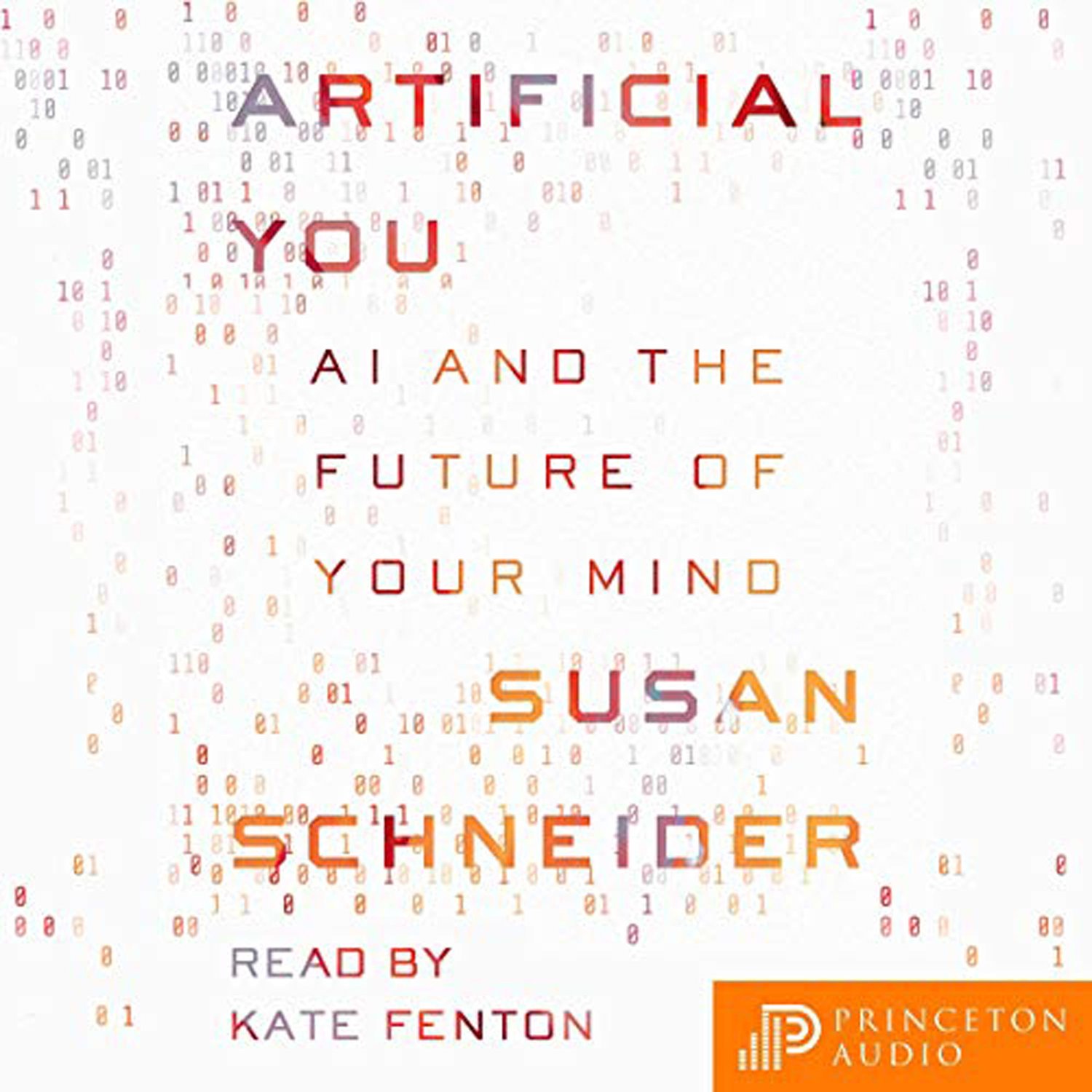
Highlights - SUSAN SCHNEIDER - Author of Artificial You: AI and the Future of Your Mind, Fmr. Distinguished Scholar, US Library of Congress
"I'm using ChatGPT Plus, and you can do much better research. I think the scientific possibilities are amazing, and it's a very good research assistant. There are plugins you can use to go through scientific papers quickly. And if you feed it the right sort of data, it has near instantaneous access to a range of facts that helps me in my field. And I think any system that has these kinds of capacities...it's a sort of crowdsourced brain if you will. So it's roughly like the neocortex, very rough
Oct 31, 2023 • 13:08

SUSAN SCHNEIDER - Director, Center for the Future Mind, FAU, Fmr. NASA Chair at NASA
Will AI become conscious? President Biden has just unveiled a new executive order on AI — the U.S. government’s first action of its kind — requiring new safety assessments, equity and civil rights guidance, and research on AI’s impact on the labor market. With this governance in place, can tech companies be counted on to do the right thing for humanity? Susan Schneider is a philosopher, artificial intelligence expert, and founding director of the Center for the Future Mind at Florida Atlantic Un
Oct 30, 2023 • 34:27
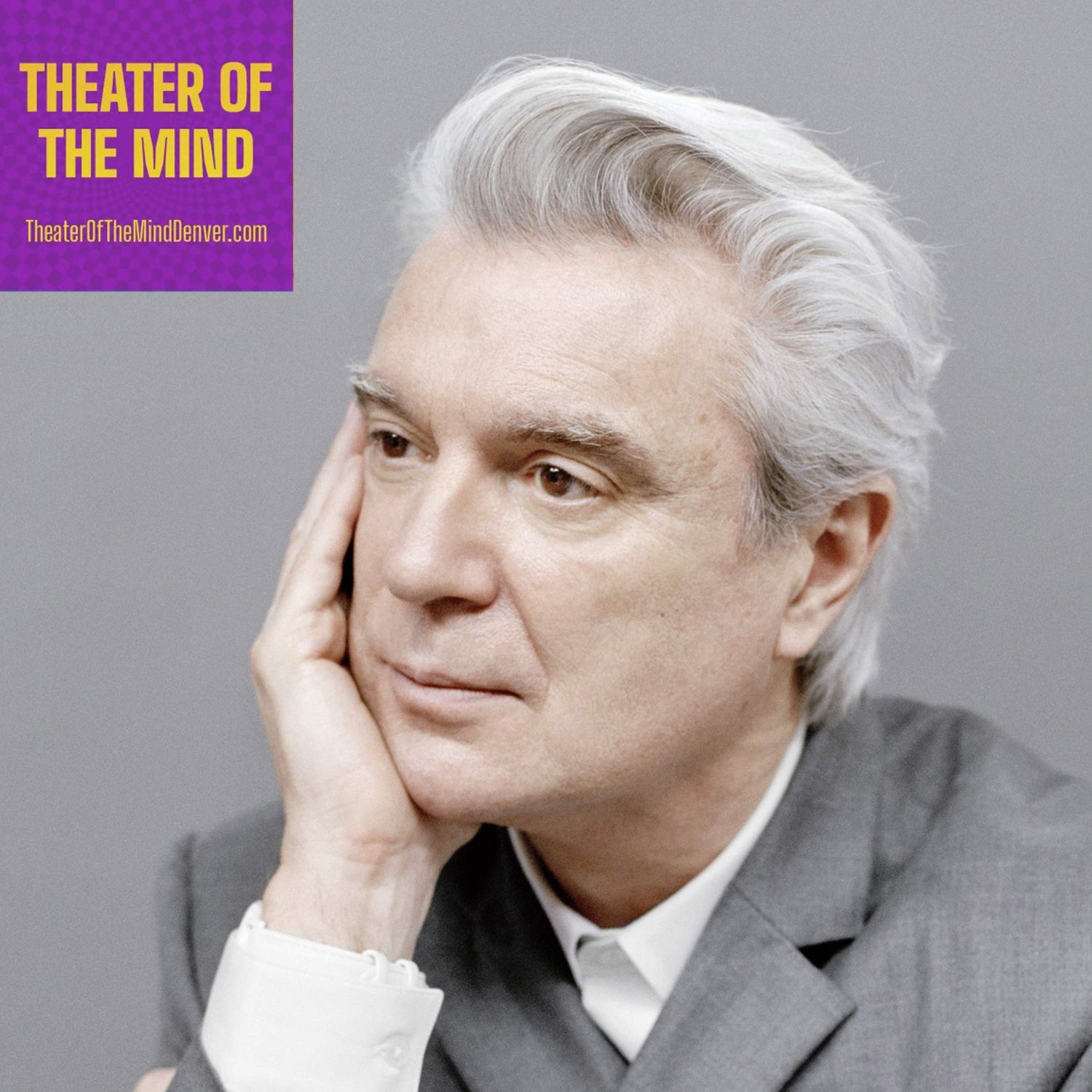
Highlights - DAVID BYRNE'S THEATER OF THE MIND - SCIENCE SANDBOX FILMS - Nicholas Bruckman, John Tracey, Ian Moubayed
"People don't change their minds when they hear facts. You're not going to shame someone into action. That's just not that's not going to happen. Stories, and importantly, who is telling that story are so essential. In terms of engaging with science and having a relationship with science, it's critical."" Speaking about theater and climate change, we produced that piece this year. We followed a young theater performer who, along with other young people, put on a play about climate change inform
Oct 25, 2023 • 13:28

DAVID BYRNE'S THEATER OF THE MIND - SCIENCE SANDBOX FILMS produced by Simons Foundation & People’s TV
What is consciousness? The mind produces thoughts, sensations, perception, emotions. How can these inner felt experiences be produced within the darkness of the human skull?Nicholas Bruckman is founder and CEO of People's Television, a production studio and creative agency that produces independent films, and video storytelling for brands. Collaborating with the The Simons Foundation through their 'Science Sandbox' Initiative, he directed Theater of the Mind, which takes audiences into the creat
Oct 25, 2023 • 46:07
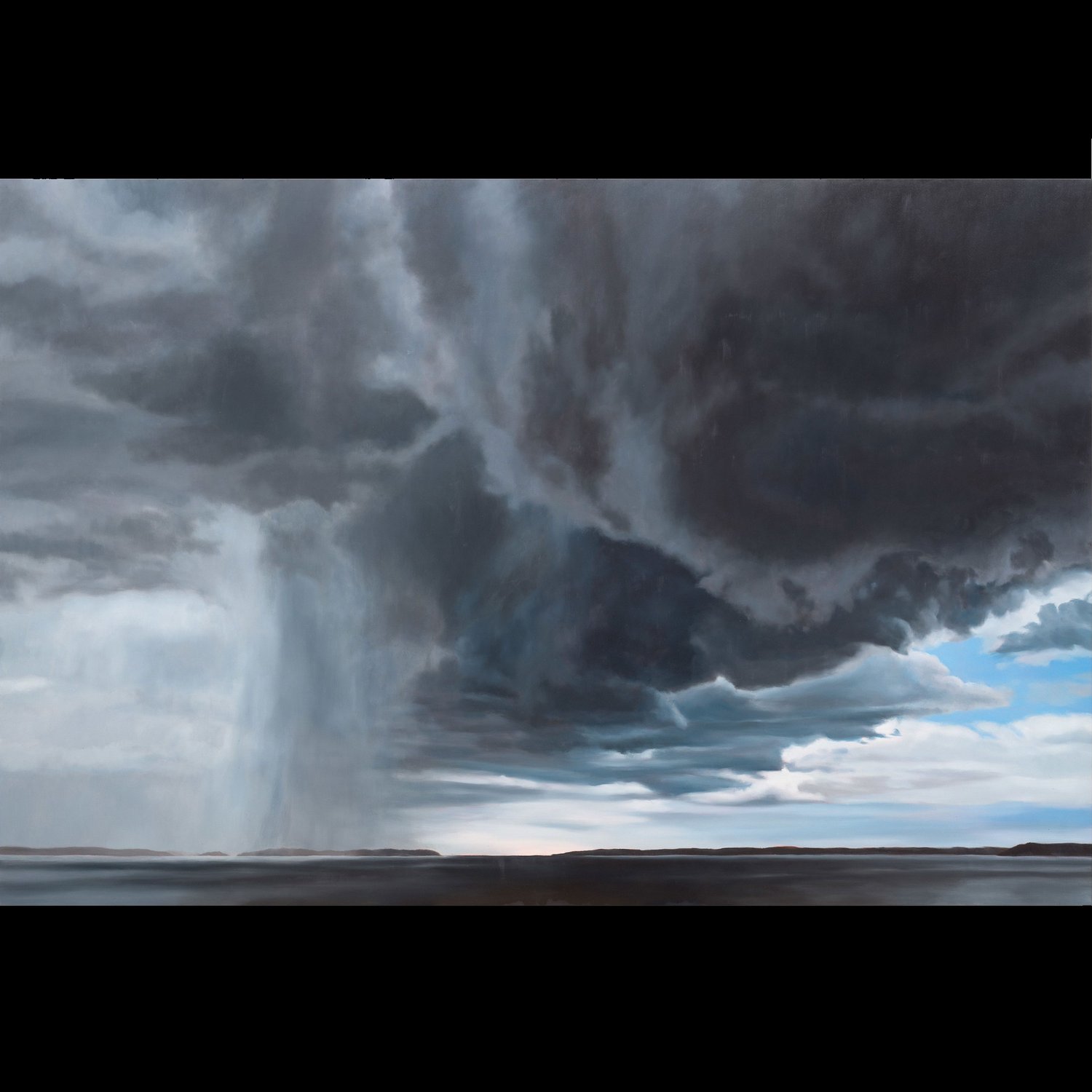
Highlights - APRIL GORNIK - Artist, Environmentalist, Co-founder of The Church: Arts & Creativity Center
"The current climate situation is so overwhelming to people. This is a scale of problem that we have never encountered before. We talk about World War this and World War that, but this is a global catastrophe that's affecting every part of our planet. And it's, importantly, I think, bigger than anyone can actually take in. And I think everyone has the best intentions of trying to make positive change - unless it disturbs their cellphone use and their car driving too much. We have to get a little
Oct 20, 2023 • 14:18

APRIL GORNIK - Artist, Environmentalist, Co-founder of The Church: Arts & Creativity Center
In this fractured world, how do the arts build community, understanding, and inspire change? How does art help us define who we are and our place in the world?April Gornik is known for her large scale landscape paintings which embrace the vastness of sea and sky. Her imagined landscapes, built up through a series of underpaintings are meditations on light and time. Her work is included in the collections of the Metropolitan Museum of Art, The Museum of Modern Art (MoMA), the Museum of Fine Arts
Oct 20, 2023 • 52:12

Highlights - LINDSEY ANDERSON BEER - Writer, Director - Pet Sematary: Bloodlines - Sleepy Hollow
"I don't think that there are any more important stories to tell right now than ones with environmental messages. You know, we obviously are beyond this tipping point. We're at a crisis point and allowing people to understand that, not just understand the ramifications, but understand what they can actually do and what life could look like if we did change our behavior and what those steps could be, I think is our greatest imperative as storytellers right now."Lindsey Anderson Beer wrote and exe
Oct 17, 2023 • 11:39
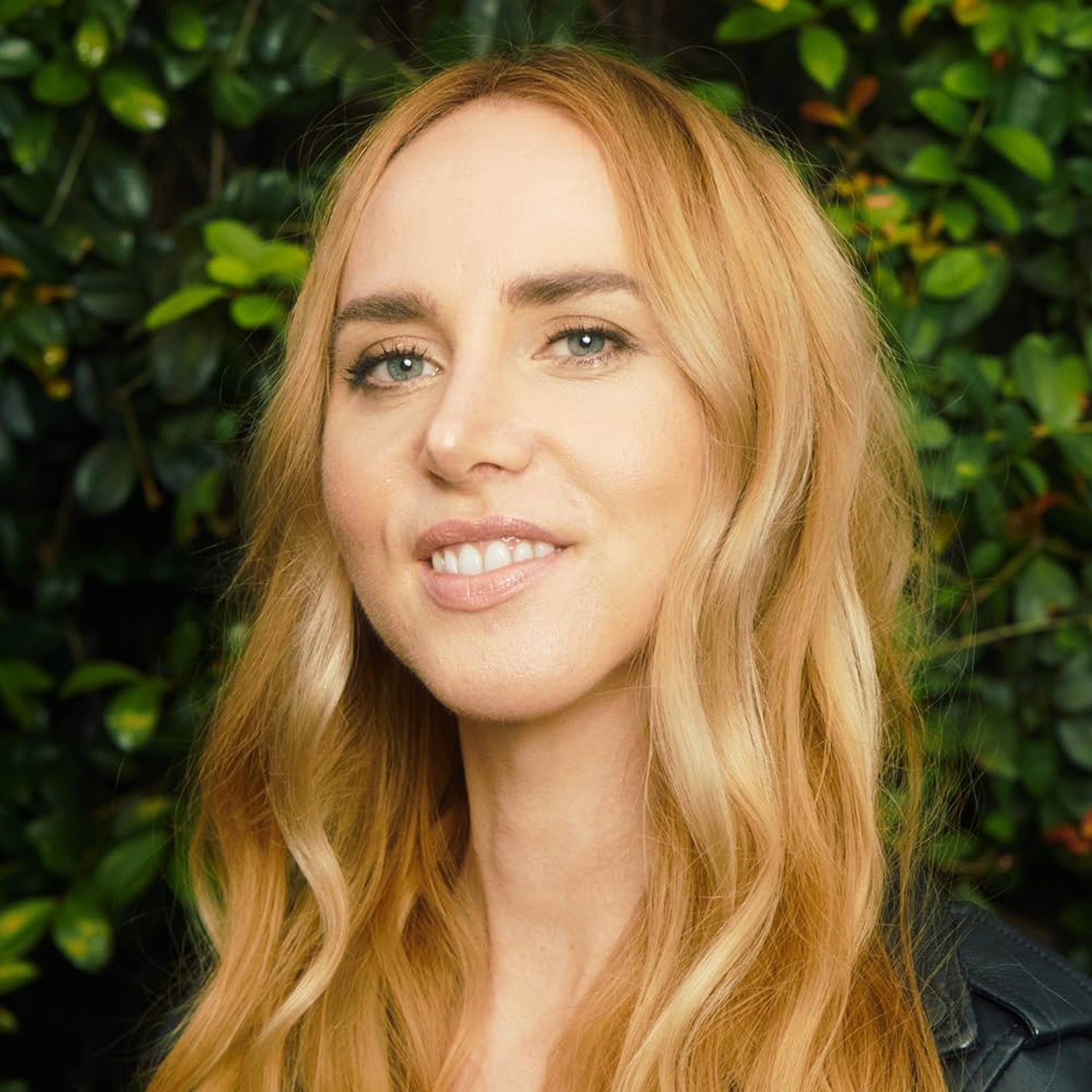
LINDSEY ANDERSON BEER - Writer, Director, Producer - Pet Sematary: Bloodlines - Sleepy Hollow - Bambi
Lindsey Anderson Beer wrote and executive produced the hit Netflix original dramedy Sierra Burgess is a Loser before making the jump to direct the horror genre with Pet Sematary: Bloodlines, starring Jackson White and Natalie Alyn Lind. The story is based on an untold chapter of Stephen King's self-proclaimed, scariest property of all time. Up next, she will helm Paramount’s Sleepy Hollow reboot as the writer, director, and producer. She also has several projects in various phases of development
Oct 17, 2023 • 42:38
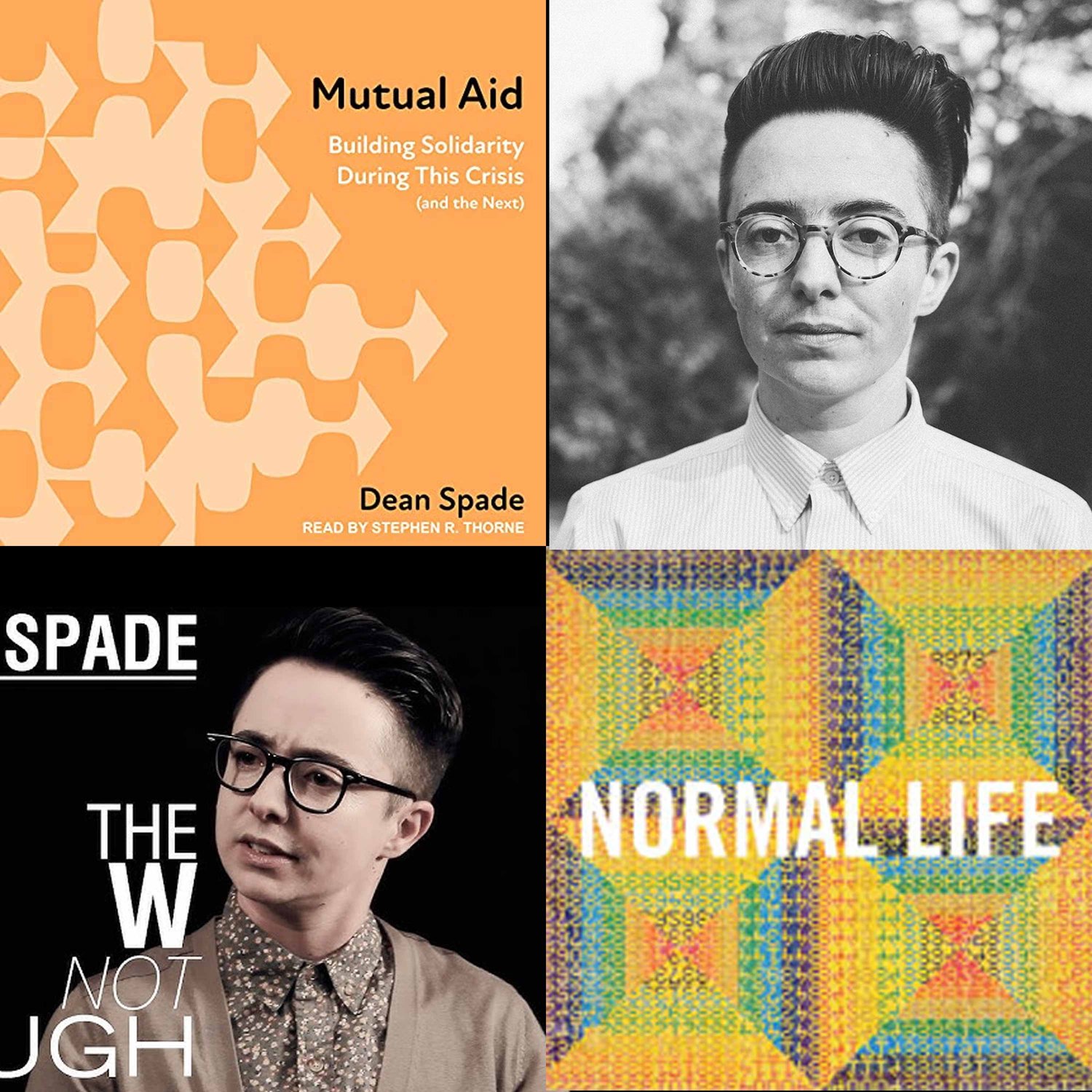
Highlights - DEAN SPADE - Professor at SeattleU’s School of Law - Author of Mutual Aid, Building Solidarity During This Crisis (and the Next)
“I want to see movements that embolden our tactics. Like people blocking oil pipelines all over the world. That's what's required now. Asking endlessly from the dominant system to treat us fairly doesn't work. And this frustrating kind of endless appeal and hoping maybe we can get it to work this time doesn't work. And the clock is ticking, especially on ecological collapse. We need to save each other's lives and act.” Dean Spade is an organizer, speaker, author, and professor at Seattle Univers
Oct 13, 2023 • 18:01

DEAN SPADE - Author of Normal Life: Administrative Violence, Critical Trans Politics, and the Limits of Law
Dean Spade is an organizer, speaker, author, and professor at Seattle University's School of Law, where he teaches courses on policing, imprisonment, gender, race, and social movements. Spade has been organizing racial and economic movements for queer and trans liberation for the past 20 years. Spade's books include Normal Life: Administrative Violence, Critical Trans Politics, and the Limits of Law and Mutual Aid, Building Solidarity During This Crisis (and the Next). In 2002, Dean founded the
Oct 13, 2023 • 48:23

Highlights - ANTHONY LEISEROWITZ - Host of Climate Connections - Senior Research Scientist, Yale School of the Environment
"At the Yale Program on Climate Change Communication, we study how people respond to climate change. So what do people around the world understand or misunderstand about the causes, the consequences, and solutions? How do they perceive the risks: the likelihood and severity of different types of impacts from sea level rise to the health impacts? What kinds of policies do they support or oppose? And then what kinds of behaviors are people engaged in or willing to change to be part of climate solu
Oct 11, 2023 • 15:02

ANTHONY LEISEROWITZ - Founding Director of Yale Program on Climate Change Communication - Host of Climate Connections
Anthony Leiserowitz, Ph.D. is the founder and Director of the Yale Program on Climate Change Communication and a Senior Research Scientist at the Yale School of the Environment. He is an internationally recognized expert on public climate change beliefs, attitudes, policy support, and behavior, and the psychological, cultural, and political factors that shape them and conducts research globally, including in the United States, China, India, and Brazil. He has published more than 250 scientific a
Oct 10, 2023 • 43:26

Highlights - RALPH GIBSON - Award-winning Photographer - Leica Hall of Fame Inductee
"I was fortunate to be able to visit the original Lascaux Cave in the Dordogne. And in any of these paleolithic caves, we find there are certain themes there that seem to be, as long as humanity has been on planet earth: there's always been war, there's always been migration. There's always been a search for God, a form of worship, and there's always been a fear of the apocalypse, the end of the world, which if you open up Paris Match tomorrow or the New York Times on the front page, you'll find
Oct 4, 2023 • 14:19
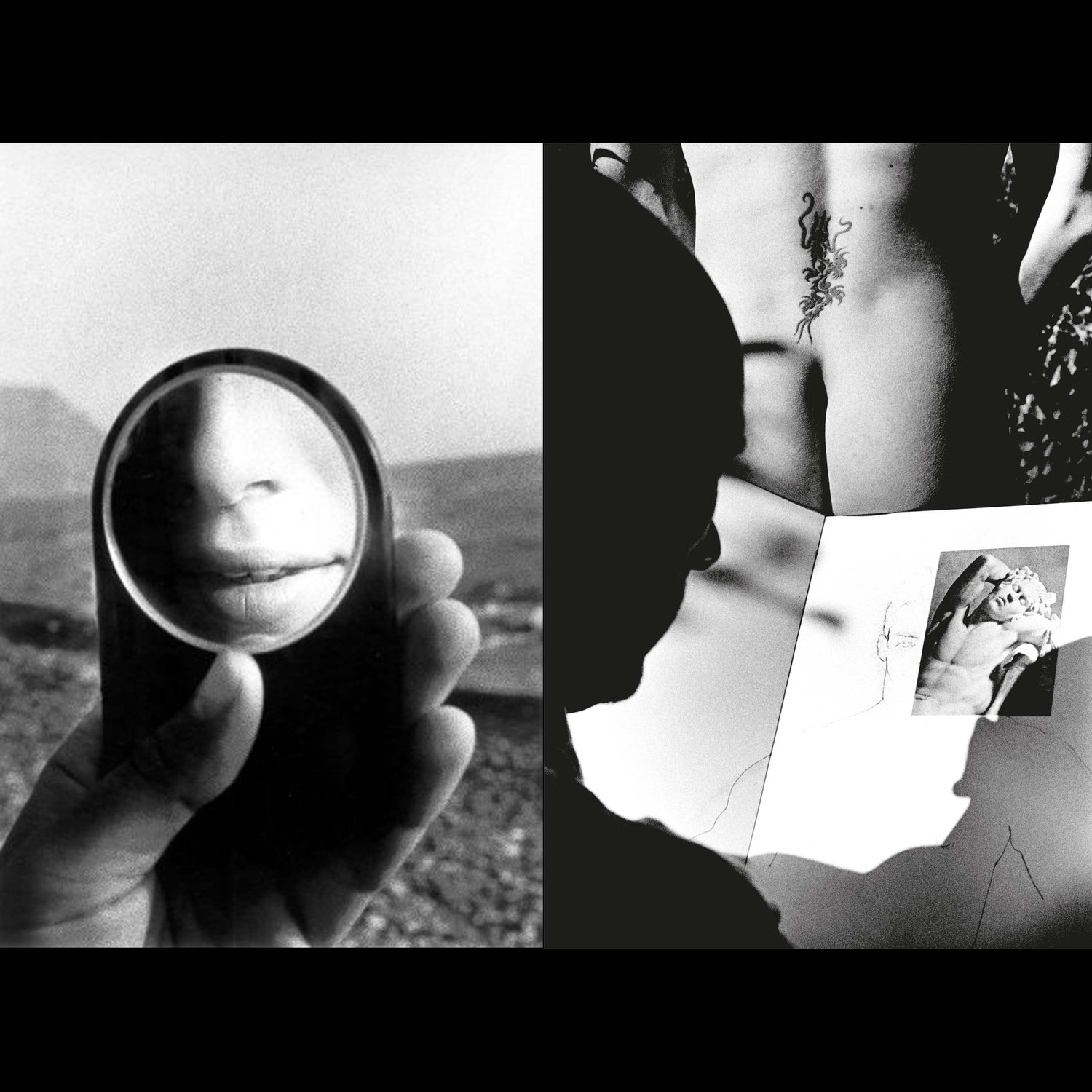
RALPH GIBSON - Award-winning Photographer - Leica Hall of Fame Inductee
Ralph Gibson is one of the most interesting American photographers of our time. His international renown is based on his work, which is shown and collected by some of the world’s leading museums, including the Museum of Modern Art in New York, the J.P. Getty Museum in Los Angeles, the John Simon Guggenheim Memorial Foundation, the Creative Center for Photography in Tucson, the Museum of Fine Arts in Houston, the Maison Européenne de la Photographie in Paris, the Bibliothèque Nationale de France
Oct 4, 2023 • 56:18

Speaking Out of Place: JUNE CHOI, YANNAI KASHTAN & BELINDA RAMIREZ on the Coalition for a True School of Sustainability
In this episode of the Speaking Out of Place podcast, Professor David Palumbo-Liu speaks with June Choi, Yannai Kashtan, and Belinda Ramírez from the Coalition for a True School of Sustainability. Amidst great fanfare, Stanford University created the Doerr School for Sustainability, which immediately said that it would accept funding from the fossil fuel industry. June, Yannai, and Belinda are helping lead the movement of students pushing back to dissociate from such funds. David asks what drive
Sep 29, 2023 • 33:10
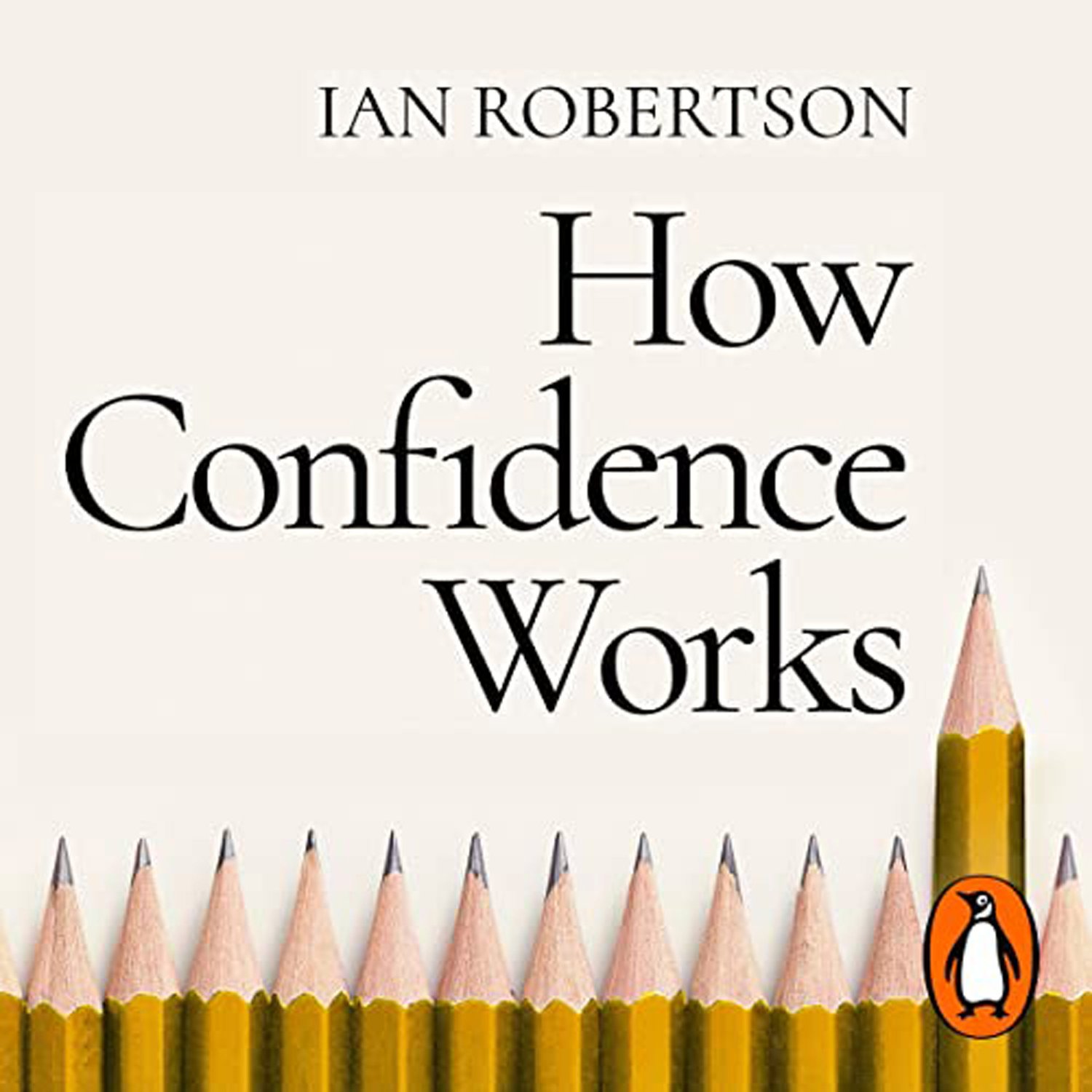
Highlights - IAN ROBERTSON - Author of How Confidence Works - Co-Director, Global Brain Health Institute
“Young people who are rightly feeling very anxious about the future of the world, the worst thing for them is to just feel this constant sense of threat and hopelessness. The best thing they can do is to change that fear into anger. However, anger is a dangerous and powerful emotion. And the thing about anger is its purpose in life is as a negotiating tool. So there has to be a sense of action of something you want to happen, a goal, and you know who it is you're asking to achieve that goal. And
Sep 28, 2023 • 11:27

IAN ROBERTSON - Author of How Confidence Works: The New Science of Self-belief - Co-Director of the Global Brain Health Institute
How important is confidence? Psychologists say confidence is a series of mental, physical, and emotional habits that can be learned. What makes some people overconfident while others are realistic about their abilities and why are both outlooks important to succeed in life?Ian Robertson is Co-Director of the Global Brain Health Institute (Trinity College Dublin and University of California at San Francisco) and Co-Leader of The BrainHealth Project at University of Texas at Dallas. A trained clin
Sep 28, 2023 • 40:36
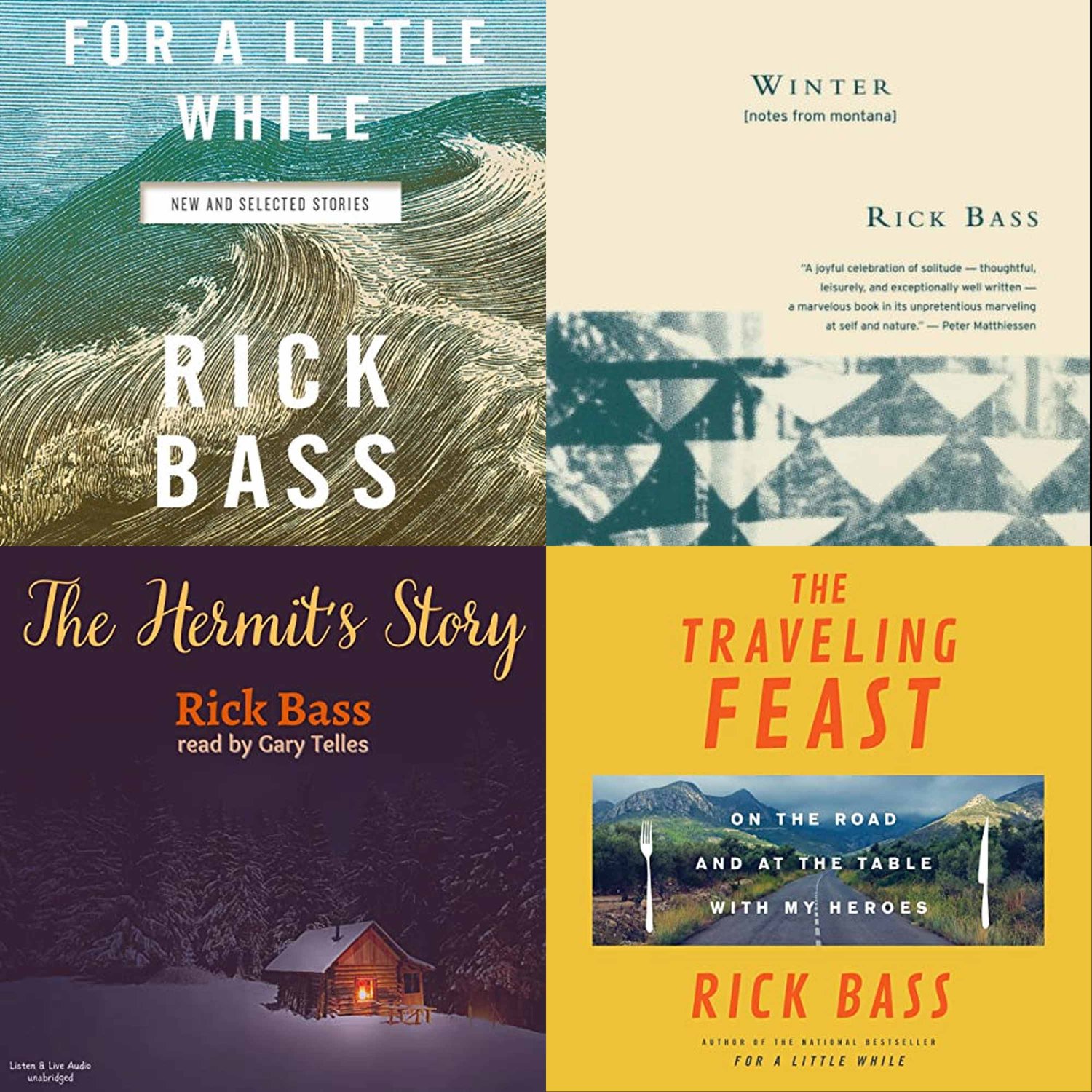
Highlights - RICK BASS - Author & Environmentalist - “Why I Came West”, “For a Little While”
"I grieve the changes to the four seasons that are happening here in Montana. One of the great things about this place is having four distinct seasons, and now they're tilted. Some are short, some are long, and some don't exist anymore. And that's unsettling, to say the least. It's not a fear of what's coming. It's a grief for what's gone away. I'm mindful of the pressure that we are putting on the generations who follow us and the mandate to have fun, to be fully human, to be joyous, to celebra
Sep 28, 2023 • 11:43

RICK BASS - Environmentalist & Story Prize Award-winning Author of “Why I Came West”, “For a Little While”
Rick Bass, a National Book Critics Circle Award finalist for his memoir Why I Came West, was born and raised in Texas, worked as a petroleum geologist in Mississippi, and has lived in Montana's Yaak Valley for almost three decades. His short fiction, which has appeared in The New Yorker, The Atlantic, Esquire, and The Paris Review, as well as numerous times in Best American Short Stories, has earned him The Story Prize, multiple O. Henry Awards and Pushcart Prizes in addition to NEA and Guggenhe
Sep 28, 2023 • 42:09

Speaking Out of Place: LIZA FEATHERSTONE on Build Public Renewables Act (BPRA)
In this episode of the Speaking Out of Place podcast, Professor David Palumbo-Liu interviews Liza Featherstone about Build Public Renewables Act. It’s a huge victory for ecosocialists, and for everybody in New York, that came with the passage of a bold piece of legislation, the Build Public Renewables Act, or BPRA. Featherstone explains the genesis of the bill, and the specific wrk that activists put into its passage. What obstacles did they confront, how did they work together to overcome those
Sep 25, 2023 • 31:08

Highlights - NAN HAUSER - Whale Researcher - Director, Cook Islands Whale Research - President, Center for Cetacean Research & Conservation
"I feel like we've put everything out of kilter and we have to work hard to find a balance. And that's in nature, that's within ourselves, that's within the knowledge that we have, finding that balance. I grew up a Quaker and I find that the greed that corporations have, we need to change that. We can't let the world be run by money and greed. I think that we have to stand strong and not fall apart and do the very best we can together. All of us, not just some of us. All of us, indeed, together.
Sep 22, 2023 • 22:23
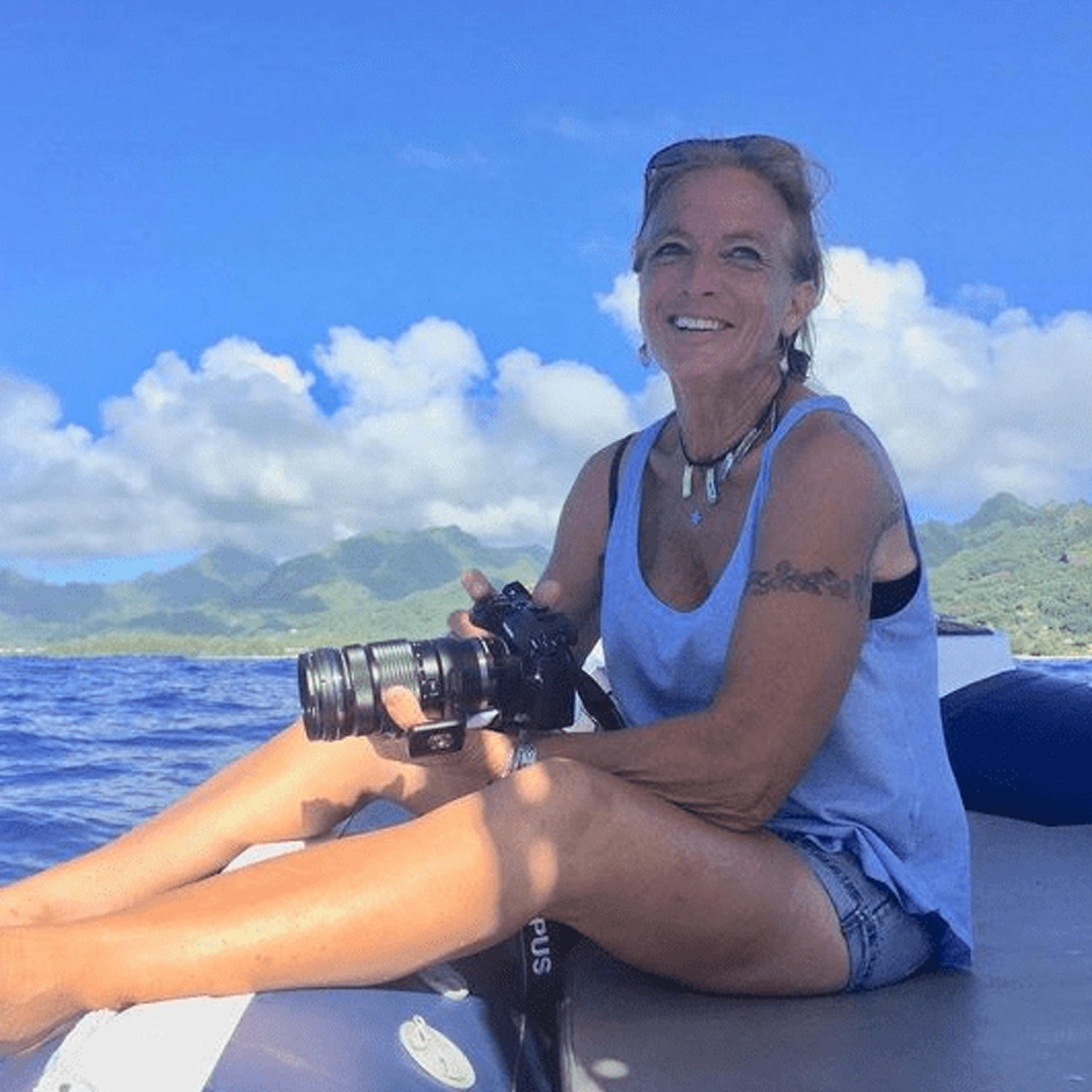
NAN HAUSER - Whale Researcher - President, Center for Cetacean Research & Conservation - Director, Cook Islands Whale Research
Nan Hauser is the President and Director of the Center for Cetacean Research & Conservation and the Director and Principal Investigator of Cook Islands Whale Research. Currently she's in the field studying the migration of the Southern Humpback Whale population that is currently passing through the Cook Islands, where she resides on the main island of Rarotonga. Her research includes population identity and abundance, acoustics, genetics stable isotopes behavior, and the navigation of cetaceans.
Sep 21, 2023 • 37:08

ROB VERCHICK - Leading Climate Change Scholar - Author of The Octopus in the Parking Garage
Rob Verchick is one of the nation’s leading scholars in disaster and climate change law and a former EPA official in the Obama administration. He holds the Gauthier-St. Martin Eminent Scholar Chair in Environmental Law at Loyola University New Orleans. Professor Verchick is also a Senior Fellow in Disaster Resilience at Tulane University and the President of the Center for Progressive Reform, a research and advocacy organization that advocates for solutions to our most pressing societal challen
Sep 11, 2023 • 51:15

Highlights - LESLEY HUGHES - Lead Author, IPCC 4th, 5th Assessment Reports - Biology Professor, Macquarie University
"It's certainly not the case that scientists should be the only people communicating. We have to have everybody in this mix because we're all in this together. So we have to have good science that's communicated. We have to have smart engineers who can work on the technological solutions. We have to have lawyers who are undertaking climate litigation. We have to have creative artists who can tell stories and appeal to people's emotions. No one group should have a responsibility to solve the clim
Sep 8, 2023 • 10:09

LESLEY HUGHES - Lead Author of IPCC 4th & 5th Assessment Reports - Director of Climate Council of Australia
Now in the 21st century, with an abundance of renewable technologies, why is the world still using 18th-century energy technology? How can each of us harness our unique skills to help solve the climate crisis?Lesley Hughes is a Distinguished Professor of Biology and Interim Executive Dean of the Faculty of Science & Engineering at Macquarie University. She is an ecologist whose main research interest has been the impacts of climate change on species and ecosystems, and the implications of climat
Sep 8, 2023 • 37:23
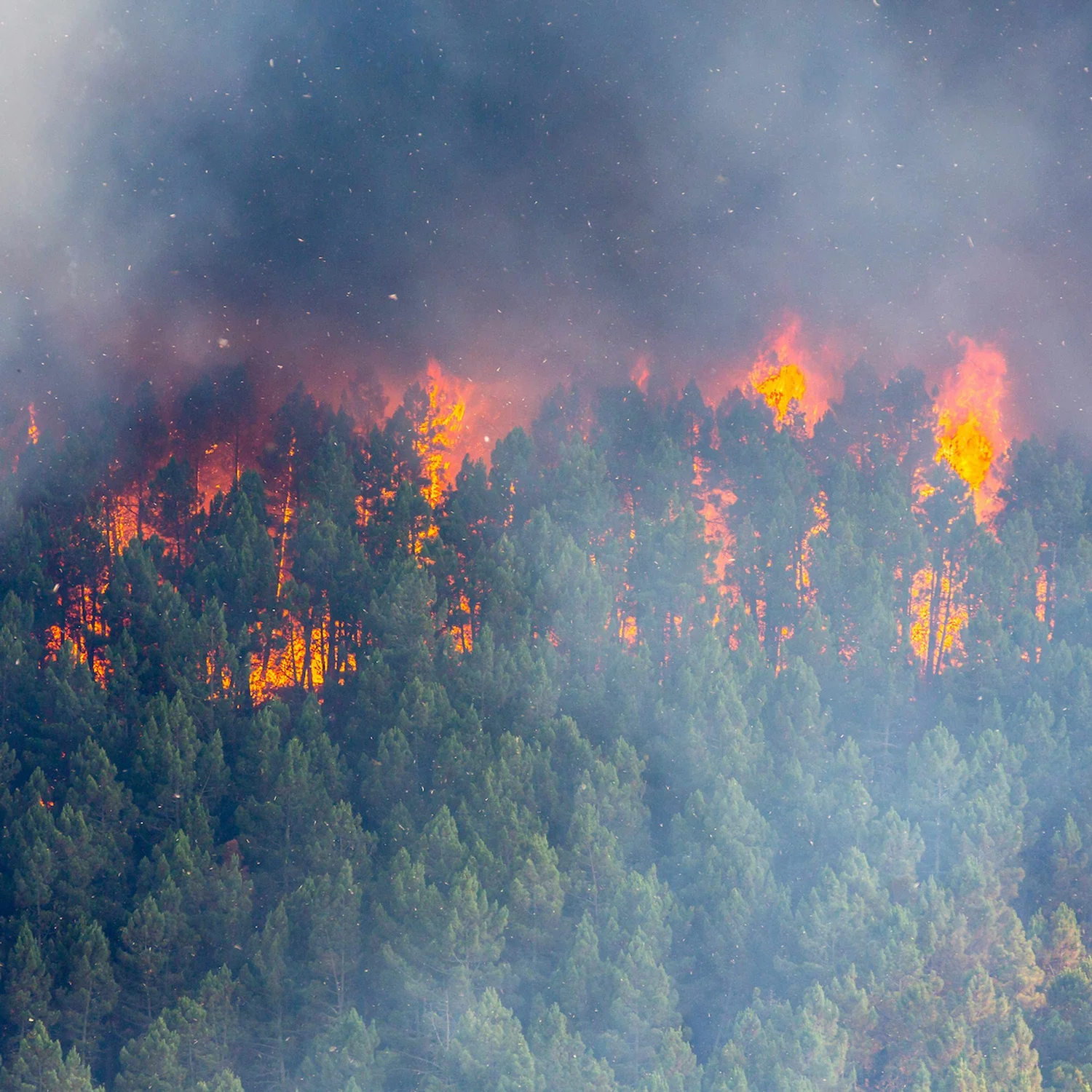
Highlights - JAMES BROWNING - Founder & Exec. Director, F Minus Research & Advocacy Group
"I have two kids. And what I love about kids is how they can immediately spot an adult who is lying or is just saying something that is not real. And I think it's a beautiful thing to have. And young people going to work on the climate crisis or as artists or whatever passion you have - it is just so important to hold on to that. That sense of truth, your north star, what is right for you is the most important thing to hold onto."Why are fossil fuel lobbyists also allowed to work for communities
Sep 5, 2023 • 10:41

JAMES BROWNING - Founder of F Minus: Calling for Divestment from Fossil Fuel Lobbyists
Why are fossil fuel lobbyists also allowed to work for communities, schools, businesses, and nonprofit organizations being harmed by the climate crisis without declaring their conflict of interest? Why divestment from fossil fuels should include divesting from lobbyists which play for both sides.James Browning is the founder of F Minus, a research and advocacy group that tracks the extent to which fossil fuel lobbyists also represent victims of the climate crisis. He is also a writer and game de
Sep 5, 2023 • 44:22
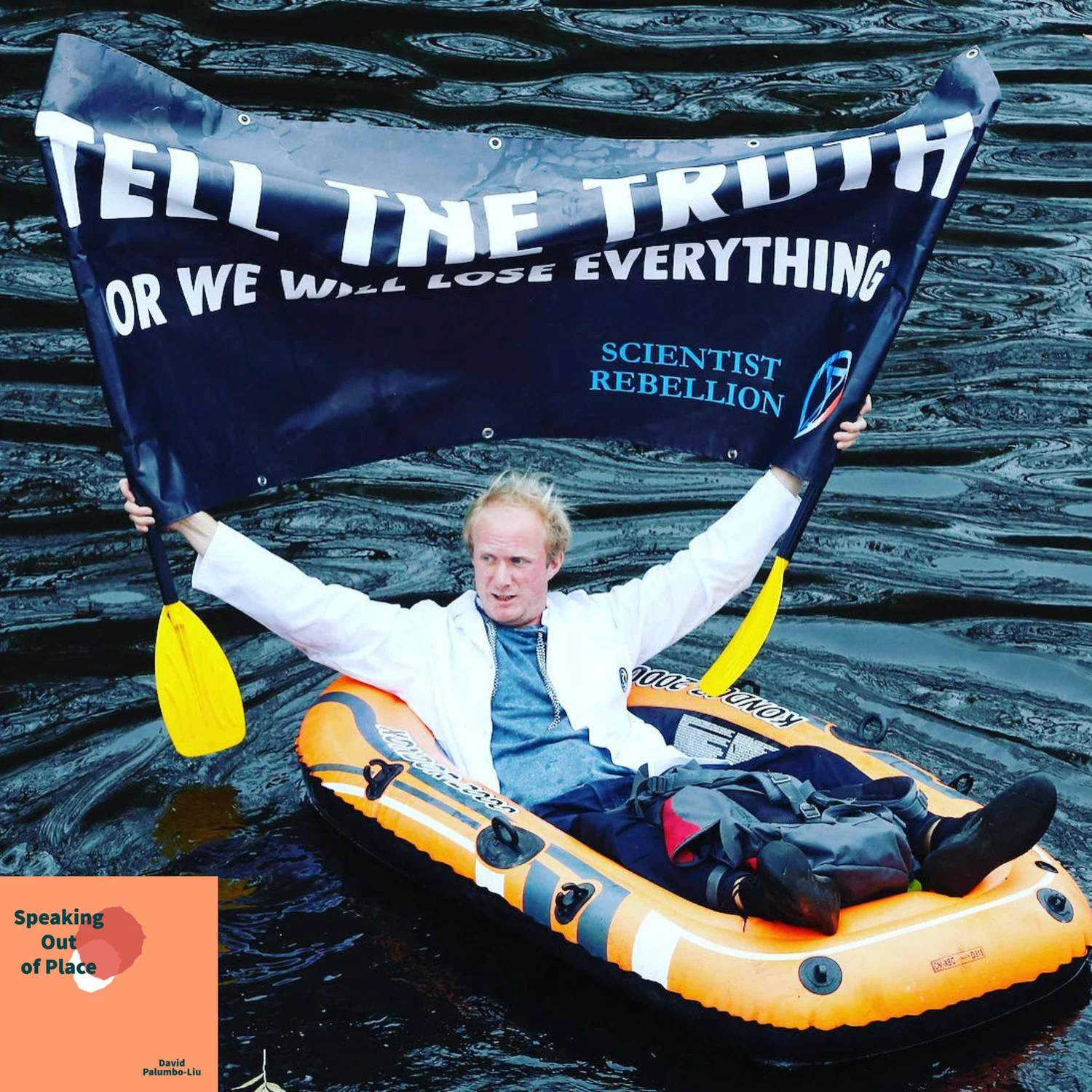
Speaking Out of Place: TIM HEWLETT - Co-founder of Scientist Rebellion, Activist, Astrophysicist
In this episode of the Speaking Out of Place podcast, Professor David Palumbo-Liu interviews climate activist, astrophysicist and co-founder of Scientist Rebellion Tim Hewlett.Scientist Rebellion is a growing climate activist group with 1000+ scientists and academics across 32 countries. Members range from science students and professors to IPCC contributors and leading climate-related scientists. Through disruptive nonviolent action, Scientist Rebellion demands emergency decarbonization via eco
Aug 30, 2023 • 22:01

Speaking Out of Place: ANTHONY ARNOVE & HALEY PESSIN discuss Voices of a People’s History of the United States in the 21st Century
"Climate action has become woven into every aspect of our society. I remember that time so clearly. It wasn't just activists and politicians who were building the future. Artists, creatives, storytellers, actors, and athletes began realizing their part in these movements to shape culture and reach the masses. Entrepreneurs, designers, architects, and poets began to reimagine what our society could look like if we used this great time of crisis as humanity's most unifying moment.I remember the sh
Aug 28, 2023 • 52:52
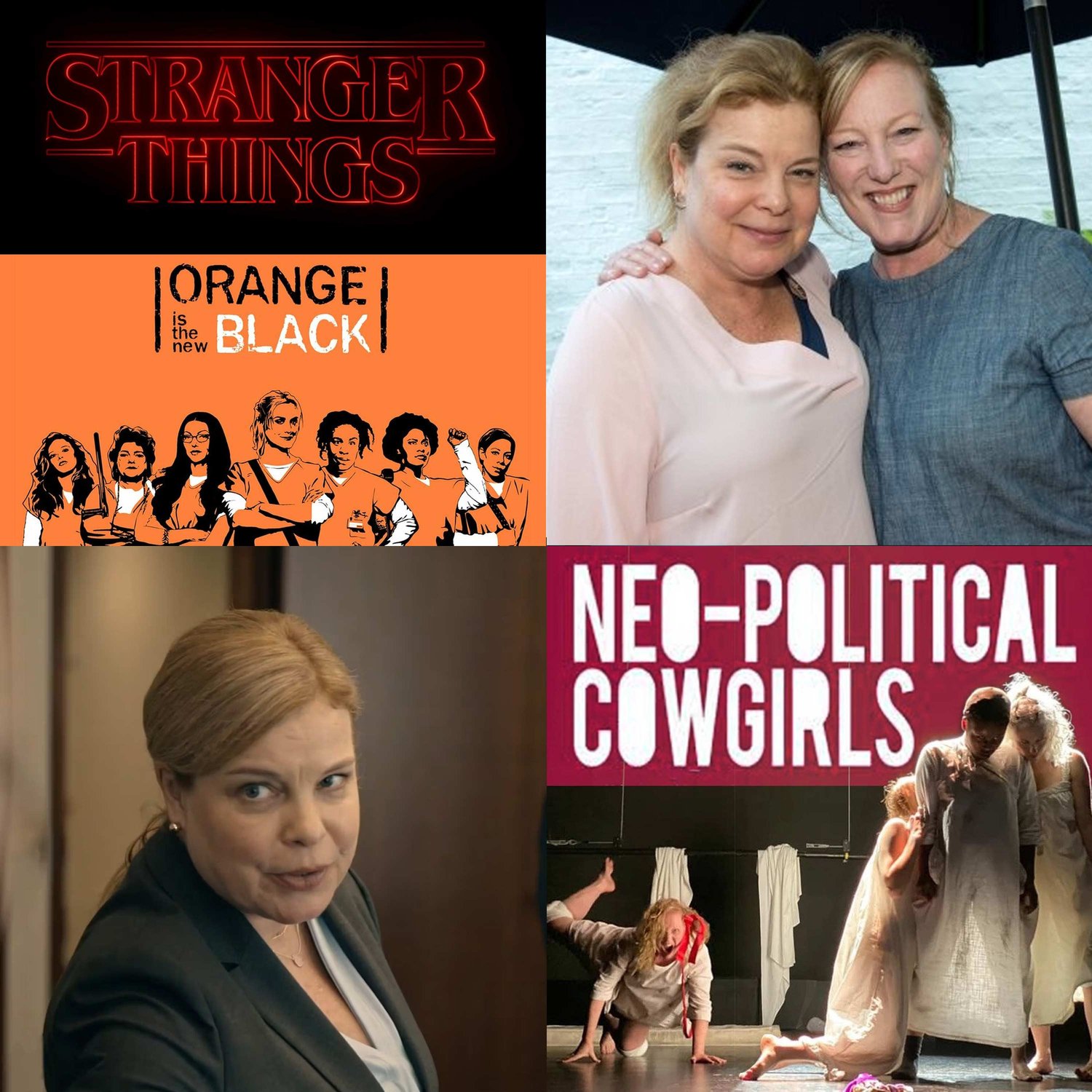
Actress CATHERINE CURTIN (Stranger Things) & Artistic Director KATE MUETH (Neo-Political Cowgirls)
Why do we make art? What can the performing arts teach us about how to engage in dialogues to overcome conflict and division?Our guests today are actress Catherine Curtin and artistic director Kate Mueth. Curtin is known for her roles on Stranger Things, Homeland, and Insecure. She played correctional officer Wanda Bell in Orange Is the New Black, and for this role she was a joint winner of two Screen Actors Guild Awards for Outstanding Performance by an Ensemble in a Comedy Series.Mueth is the
Aug 25, 2023 • 19:21

Highlights - STEPHANIE FELDSTEIN - Population & Sustainability Director, Center for Biological Diversity
"Pretty much everything we do in our lives from the moment we wake up and take a shower, we're using water – that's shared resources. We're using energy that, for most of us, unfortunately, still comes from fossil fuels. We are making decisions about what we eat. We're making purchases that have an impact on the planet and on other animals based on where they came from and what they're made of. There are so many entry points for people to take action and start making changes in their own lives.
Aug 22, 2023 • 12:39

STEPHANIE FELDSTEIN - Author of The Animal Lover’s Guide to Changing the World & Take Action: Save Life on Earth
How can we take inspiration from our love for animals to protect wildlife and change the world? How can we take action and start making changes in our lives? What if we measured success based on happiness and on the health of communities? Stephanie Feldstein leads the Center for Biological Diversity's work to highlight and address threats to endangered species and wild places from runaway human population growth and overconsumption. Previously Stephanie worked for Change.org, where she helped hu
Aug 22, 2023 • 40:32
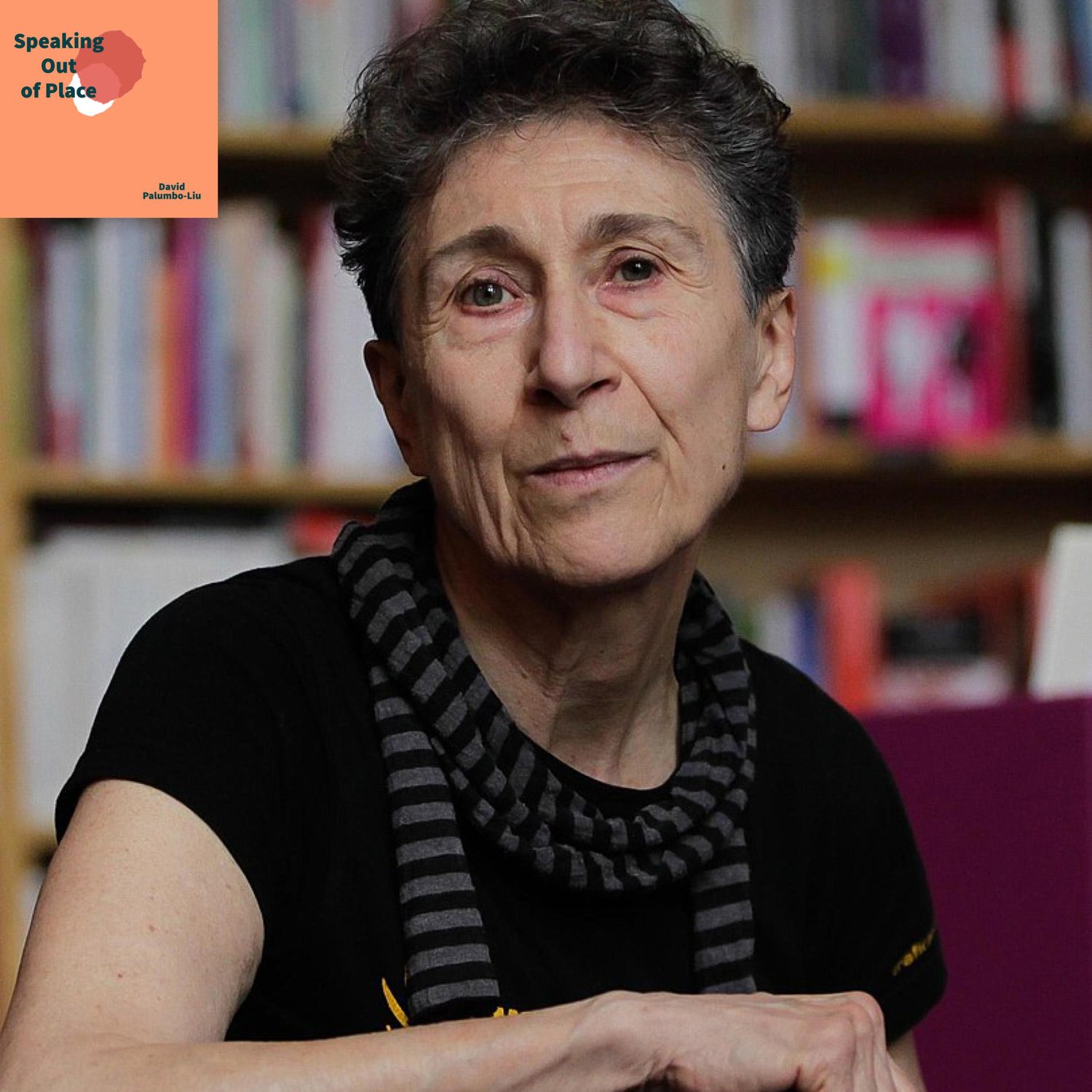
Speaking Out of Place: SILVIA FEDERICI discusses Re-enchanting the World: Feminism and the Politics of the Commons
"Children are, in many ways, the slave of our age. Because they have so few rights, they can be violated in so many ways, and the elderly are leaving them the Earth that is poison, that is doomed. And there is a Capitalist undervaluation of children who are treated as not having any rights. Because they live with the terror every day of going to school and being shot at. And they know that this society's government is not protecting them."In this episode of the Speaking Out of Place podcast, Pro
Aug 22, 2023 • 37:58
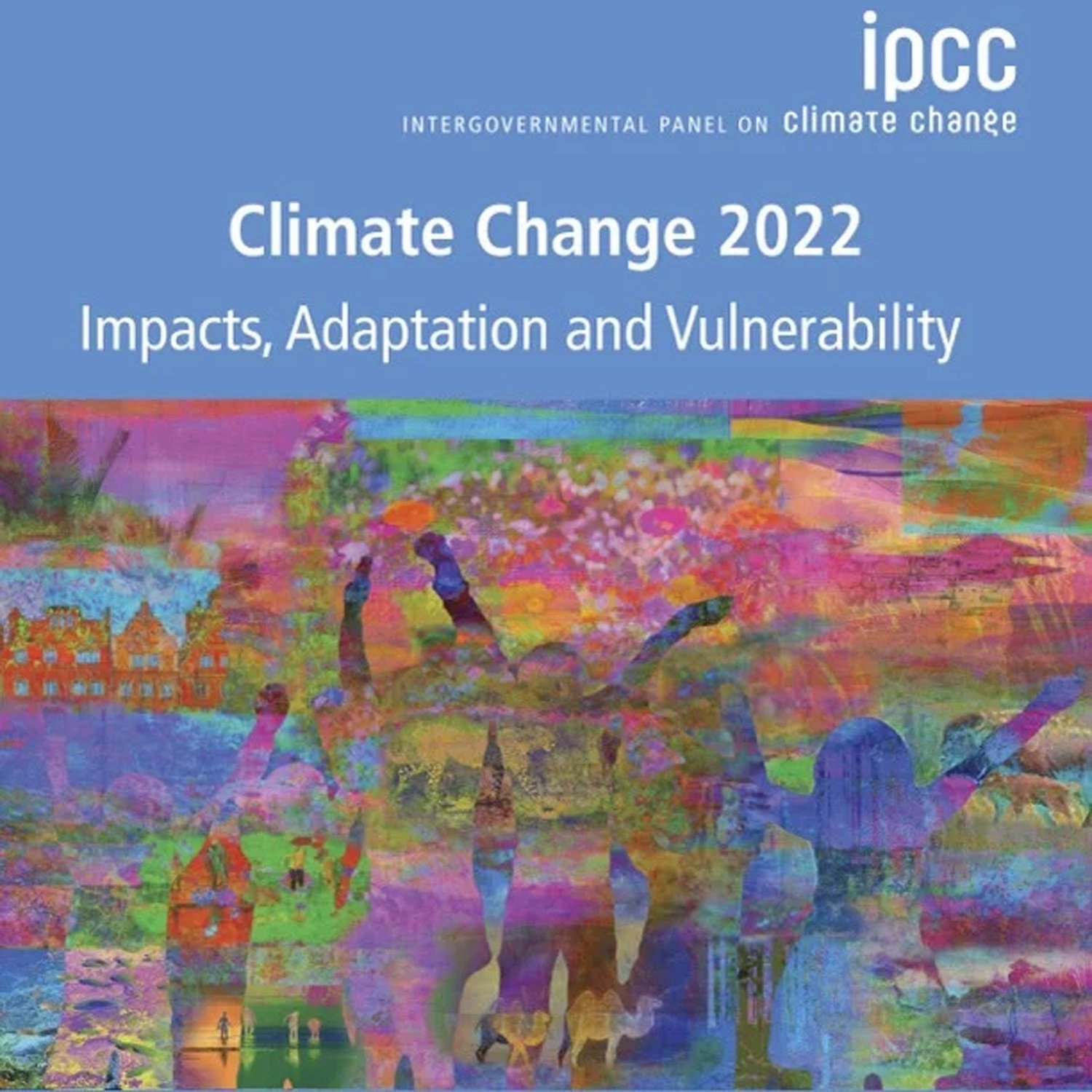
Highlights - Nobel Peace Prize-winning Climate Scientist MARK HOWDEN - Director, Climate Change Institute at ANU - Vice Chair of IPCC
"In terms of government policies, industry action, and individual action to reduce emissions that would actually keep us within 1.5 degrees, it's not impossible, but it's becoming increasingly difficult day by day and year by year. We haven't got a lot of time.”Our window to adapt to a warming world is narrowing quickly. What it will take to avert the climate crises? Mark Howden is Director of the Climate Change Institute at The Australian National University and a Vice Chair of the Intergovernm
Aug 18, 2023 • 10:23

MARK HOWDEN - Vice Chair, Intergovernmental Panel on Climate Change - Director, Climate Change Institute at The Australian National University
Our window to adapt to a warming world is narrowing quickly. What it will take to avert the climate crises? Mark Howden is Director of the Climate Change Institute at The Australian National University and a Vice Chair of the Intergovernmental Panel on Climate Change (IPCC) and a member of the Australian National Climate Science Advisory Committee. He has been a major contributor to the IPCC since 1991, with roles in the Second, Third, Fourth, Fifth and now Sixth Assessment Reports, sharing the
Aug 18, 2023 • 29:32

Highlights - SUE INCHES - Fmr. Director, Maine Department of Marine Resources - Fmr. Deputy Director, State Planning Office
"So to me, the connection is just being outdoors. It really brings energy, to my life and it brings energy to my work. And I think for a lot of people, this is true, that nature is kind of the place where they can regenerate their energy. And if people haven't experienced that, I encourage them to try it, because nature can be very restorative. So, absolutely there's a connection between health, the outdoors, and between environmental issues and creating a healthy, clean environment for future g
Aug 11, 2023 • 11:36

SUE INCHES - Author of Advocating for the Environment: How to Gather Your Power and Take Action
How do we connect our personal stories to the big story about the environment? How can we motivate corporations and government to not just aim for profit, but include reporting on their environmental risks and impacts in their balance sheets?Sue Inches is an advocate, author, and teacher. She has worked in public policy for over 25 years, serving as the Deputy Director of the State Planning Office, and as a Director at the Maine Department of Marine Resources. She is author of Advocating for the
Aug 11, 2023 • 41:32
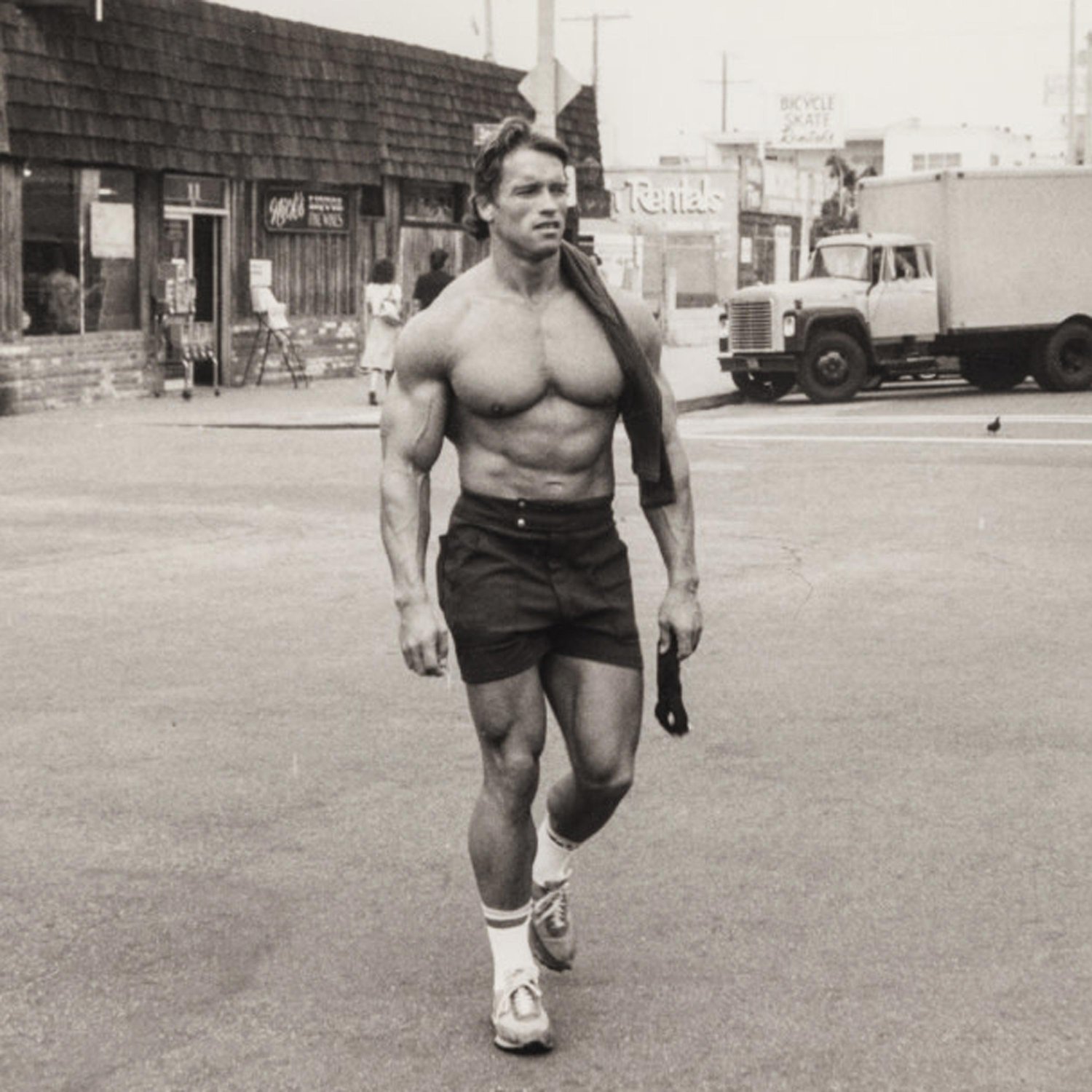
Highlights - ARNOLD SCHWARZENEGGER: Athlete, Actor, American, Activist - Conversation with Editor DIAN HANSON
"The really important thing that he did here had to do with climate change. He told me that he had always been interested in the environment. He grew up being very cautious about everything. You don't waste water, you don't waste power, all these things as a poor child. But he said he didn't really understand what pollution was doing until he became governor. And he got all the memos, he got all the information that is fed to politicians, that is fed to every politician. That everyone in office
Aug 8, 2023 • 10:23

ARNOLD SCHWARZENEGGER: Athlete, Actor, American, Activist - Conversation with Editor DIAN HANSON
“Why I was different from all the other boys in my town I cannot tell you. I was simply born with the gift of vision.” – ARNOLD SCHWARZENEGGERIs there any better example of the American Dream than Arnold Schwarzenegger? What does it take to make your vision a reality? How do you cultivate iron focus to overcome any obstacle and realize your dreams?On the publication of Arnold Schwarzenegger’s limited edition two-volume book published by TASCHEN, we sat down with Senior Editor and Writer Dian Han
Aug 8, 2023 • 58:04
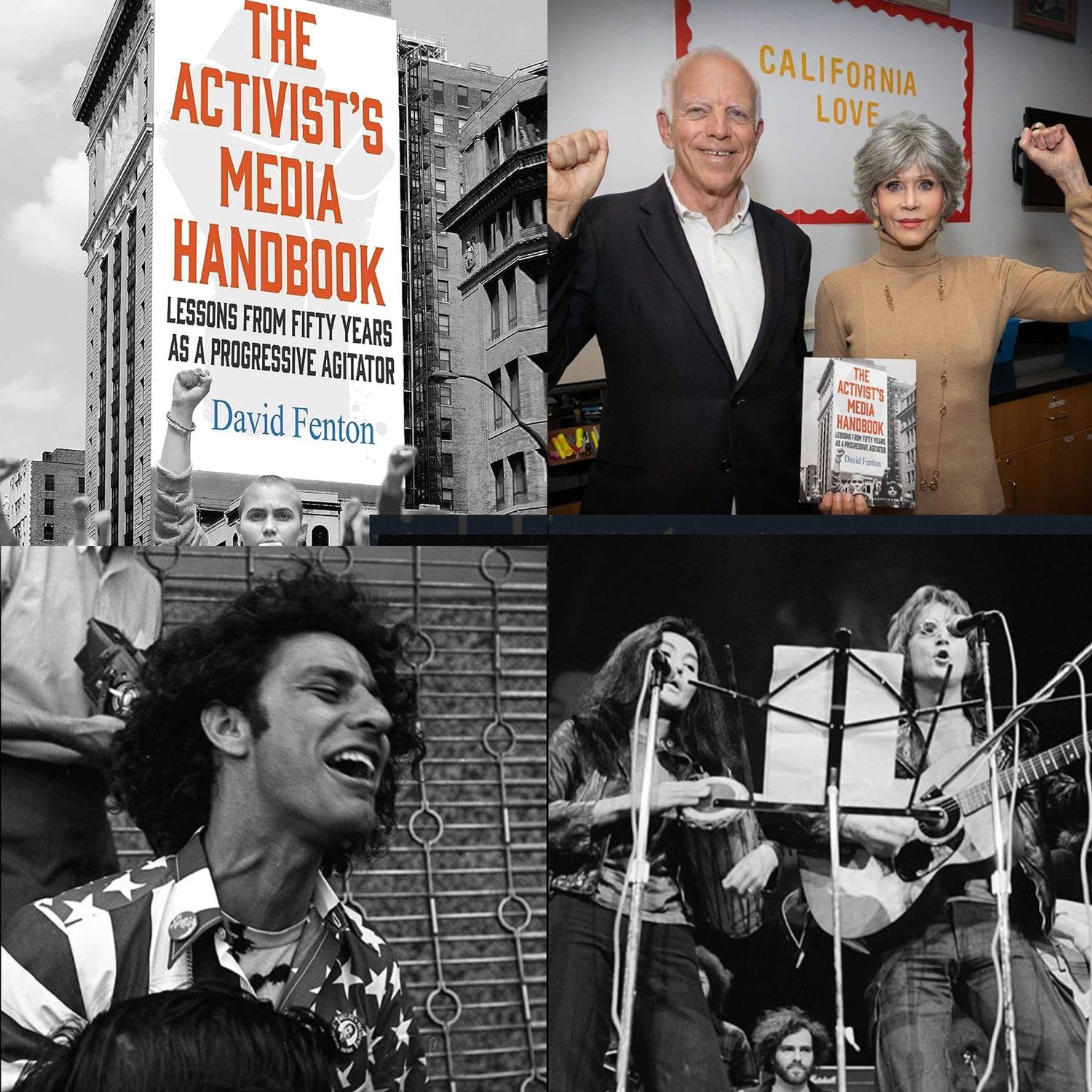
Highlights - DAVID FENTON - Author of The Activist’s Media Handbook: Lessons From 50 Years as a Progressive Agitator
"So a lot has been corporatized. That is certainly true, but not everything. And it sounds like a cliche, but it really is true that history moves in pendulums and waves. And whatever is happening today is not going to last. It will change. So you have periods of concentrations of wealth and power, and then you have periods of rebellion. And I'm quite sure we're headed for another period of rebellion. You can see it a little bit now in the labor strife in the United States and the strikes. You c
Aug 3, 2023 • 10:09
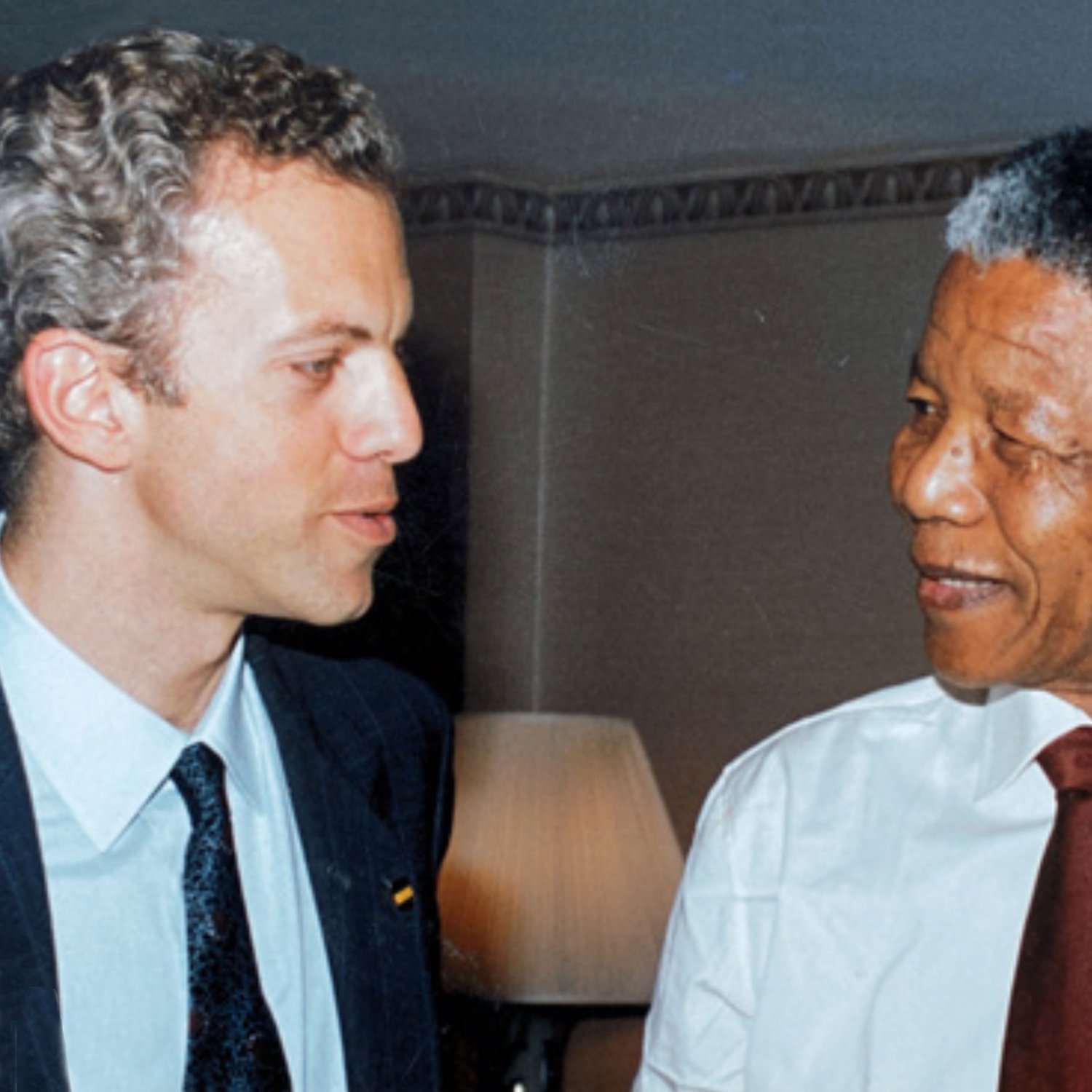
DAVID FENTON - Founder of Fenton Communications, Author of The Activist’s Media Handbook: Lessons From 50 Years as a Progressive Agitator
How can we effectively communicate that we're moving beyond climate change to a state of climate crisis? The trapped heat energy on Earth is equal to a million Atomic bombs going off every single day. Today we talk to someone who's been mobilizing the public mind for over 50 years. David Fenton, named “one of the 100 most influential PR people” by PR Week and “the Robin Hood of public relations” by The National Journal, founded Fenton in 1982 to create communications campaigns for the environmen
Aug 3, 2023 • 49:56

SIMON DALBY - Author of Pyromania: Fire and Geopolitics in a Climate-Disrupted World
Wildfire season is starting earlier and lasting longer due to global warming across the world. What will we do to save the world on fire? How can we cure our addiction to fossil fuels which is verging on pyromania?Simon Dalby is author of Pyromania: Fire and Geopolitics in a Climate-Disrupted World and Professor Emeritus at Wilfrid Laurier University. His other books are Rethinking Environmental Security, Anthropocene Geopolitics: Globalization, Security, Sustainability, and Security and Environ
Aug 1, 2023 • 39:28
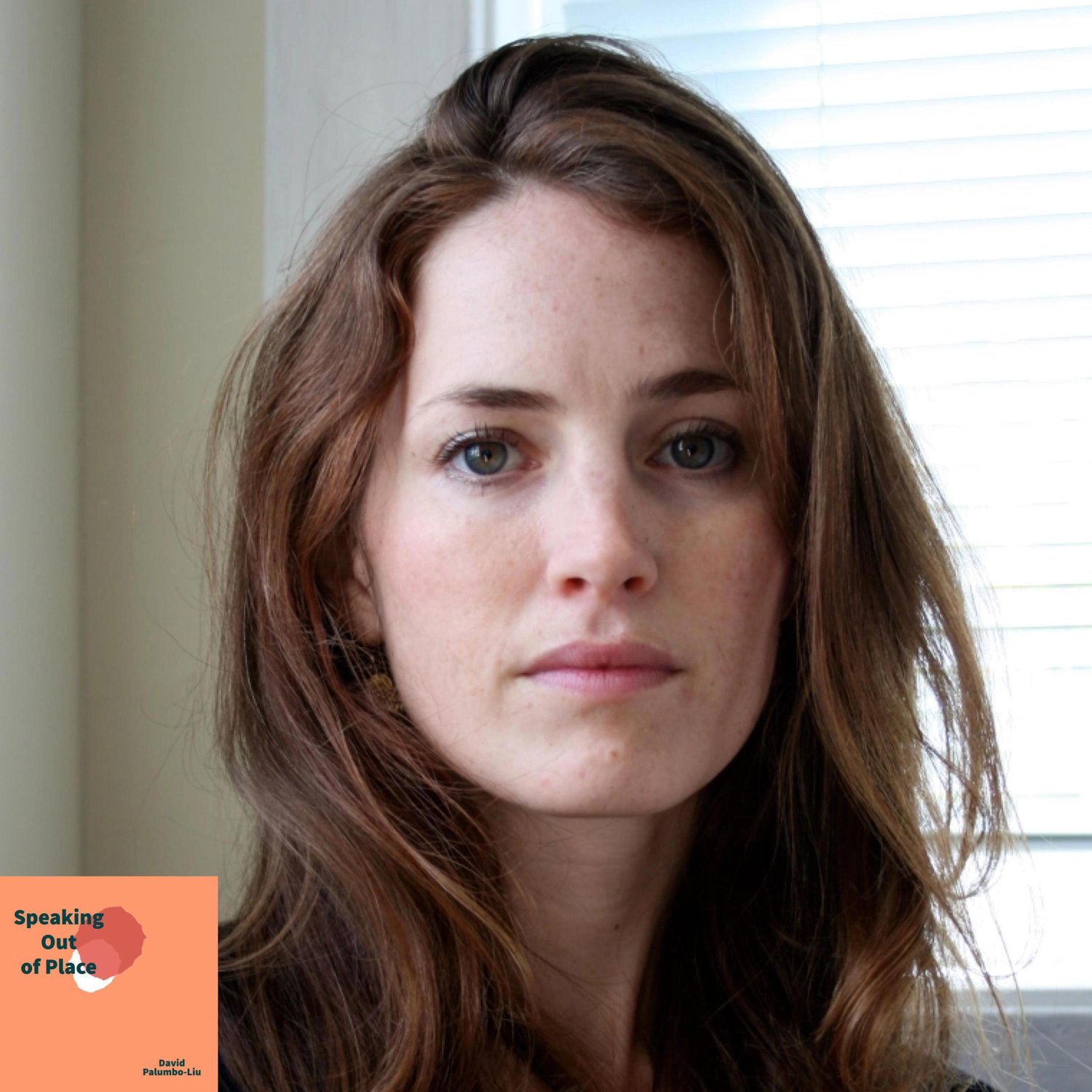
Speaking Out of Place: JENNIFER JACQUET discusses The Playbook: How to Deny Science, Sell Lies, and Make a Killing in the Corporate World
In this episode of the Speaking Out of Place podcast, Professor David Palumbo-Liu interviews Jennifer Jacquet, who is an Associate Professor in the Department of Environmental Studies and Director of XE: Experimental Humanities and Social Engagement at NYU. She is also deputy director of NYU's Center for Environmental and Animal Protection. Her research focuses on animals and the environment, Agnotology, and attribution and responsibility in the Anthropocene. She is author of The Playbook: How t
Jul 24, 2023 • 32:24
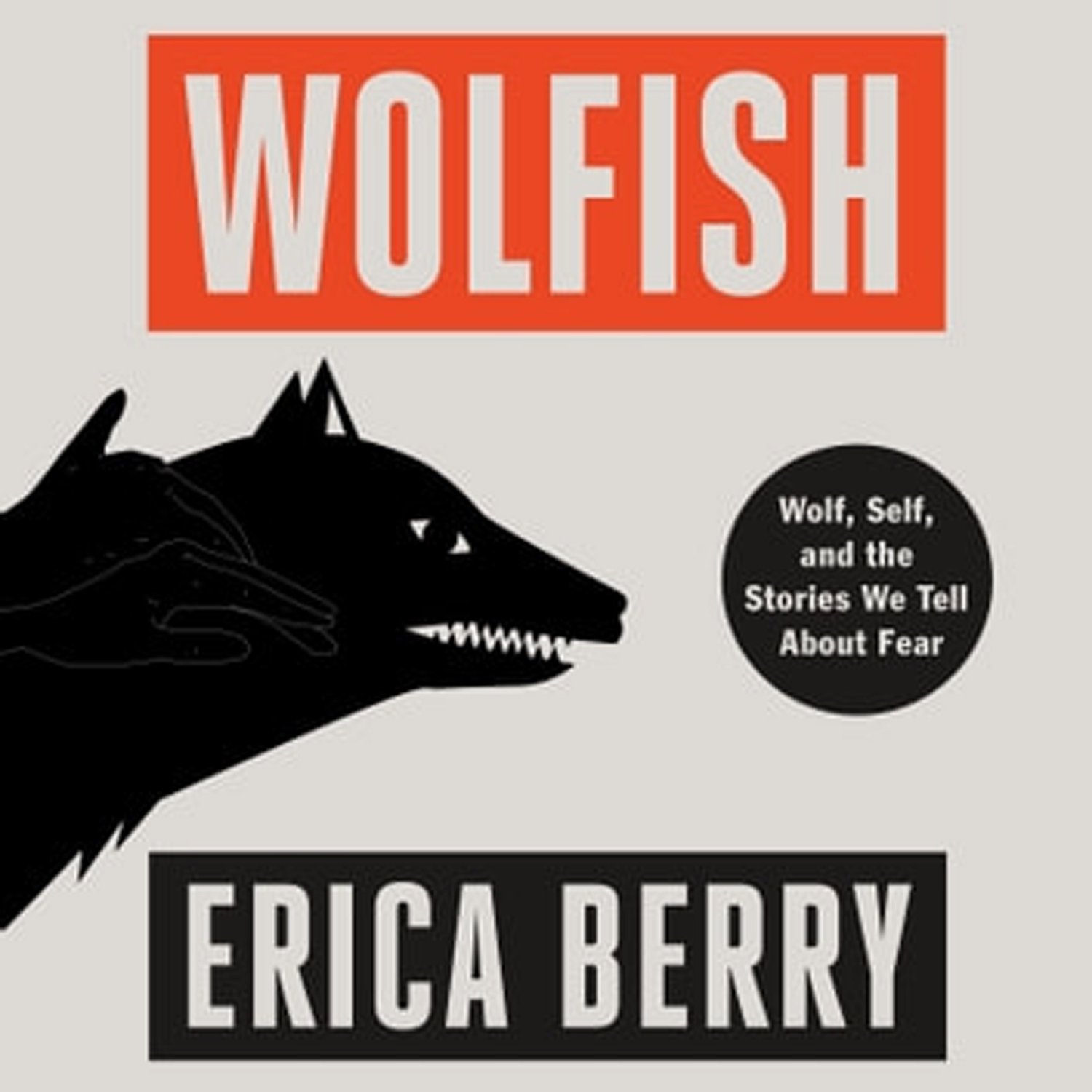
Highlights - ERICA BERRY - Author of Wolfish: Wolf, Self, and the Stories We Tell About Fear
"And I think for so long I thought I'm only going to write about the real wolf. That's the most important thing. We've had too many stories. And yet I've gotten to a point where I just think we are living in a world where any story that comes out of my mouth is shaped by these other stories I've heard which are rooted in ecology, just like stories about biology, stories about how we name wolves are rooted in human choices. Science is tied to colonialism. Stories about how people interact in the
Jul 19, 2023 • 12:35
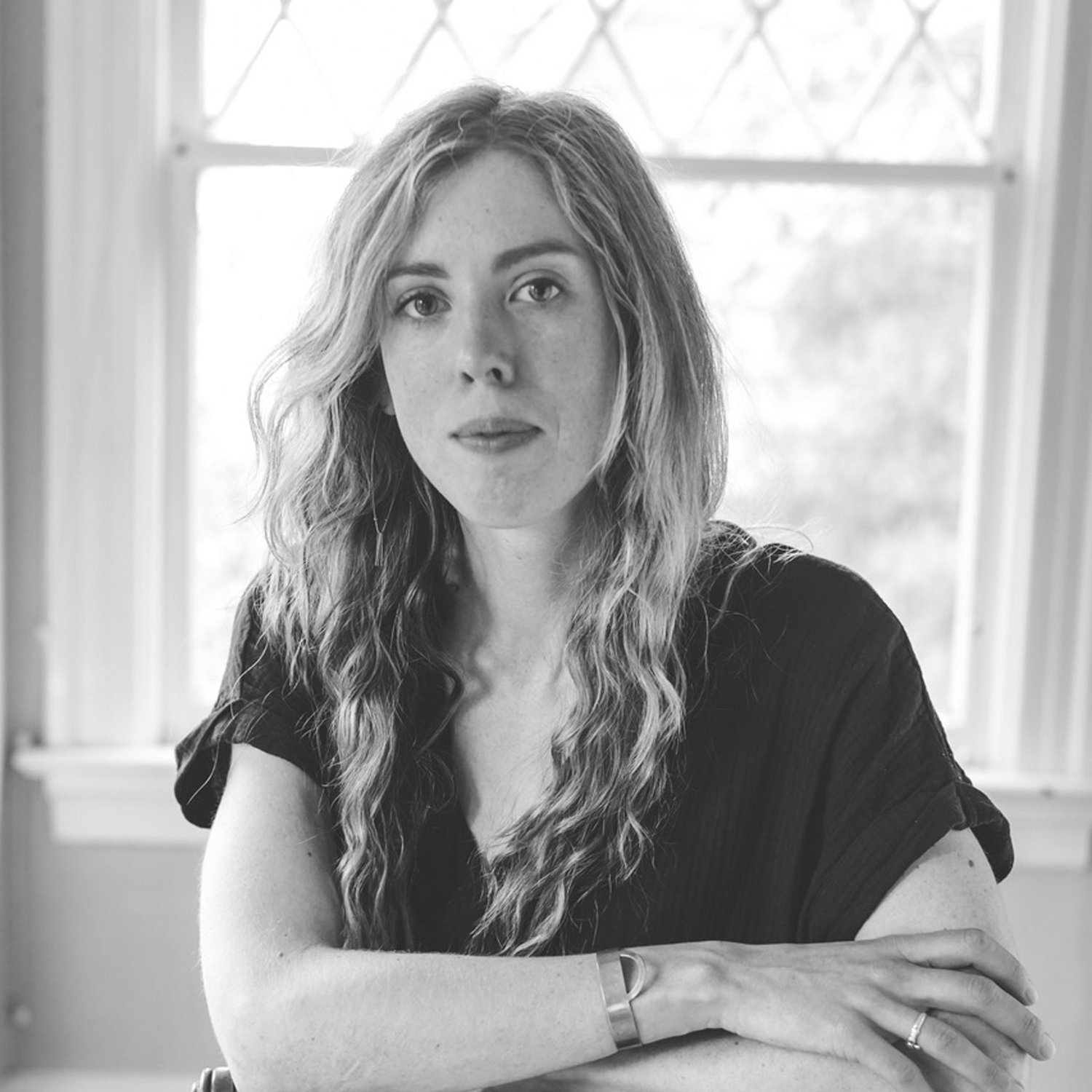
ERICA BERRY - Author of Wolfish: Wolf, Self, and the Stories We Tell About Fear
The lone wolf is actually alone because it's looking for connection. They leave in order to find a mate and form their own pack. If loneliness is an epidemic, what can wolves teach us about loneliness, courage, and connection?Erica Berry is the author of Wolfish: Wolf, Self, and the Stories We Tell About Fear. Her essays in journalism appear in Outside, Wired, The Yale Review, The Guardian, Literary Hub, The New York Times Magazine, The Atlantic, and Guernica, among other publications. Berry has
Jul 19, 2023 • 46:07

Highlights - TOM LIN - Author of The Thousand Crimes of Ming Tsu - Andrew Carnegie Medal for Excellence in Fiction 2022
"And for instance, something like climate change and this anthropogenic mass extinction that we're seeing going on, and we're losing enormous fractions of our biodiversity with every passing year. That's bleak. And it does feel like the end of the world is upon us. And we're entering into an unsurvivable planet. And it's okay to know that and to think that and to still strive for something because I think at its extremes, hope becomes insane. And you have to do something to fight it because othe
Jul 14, 2023 • 11:05
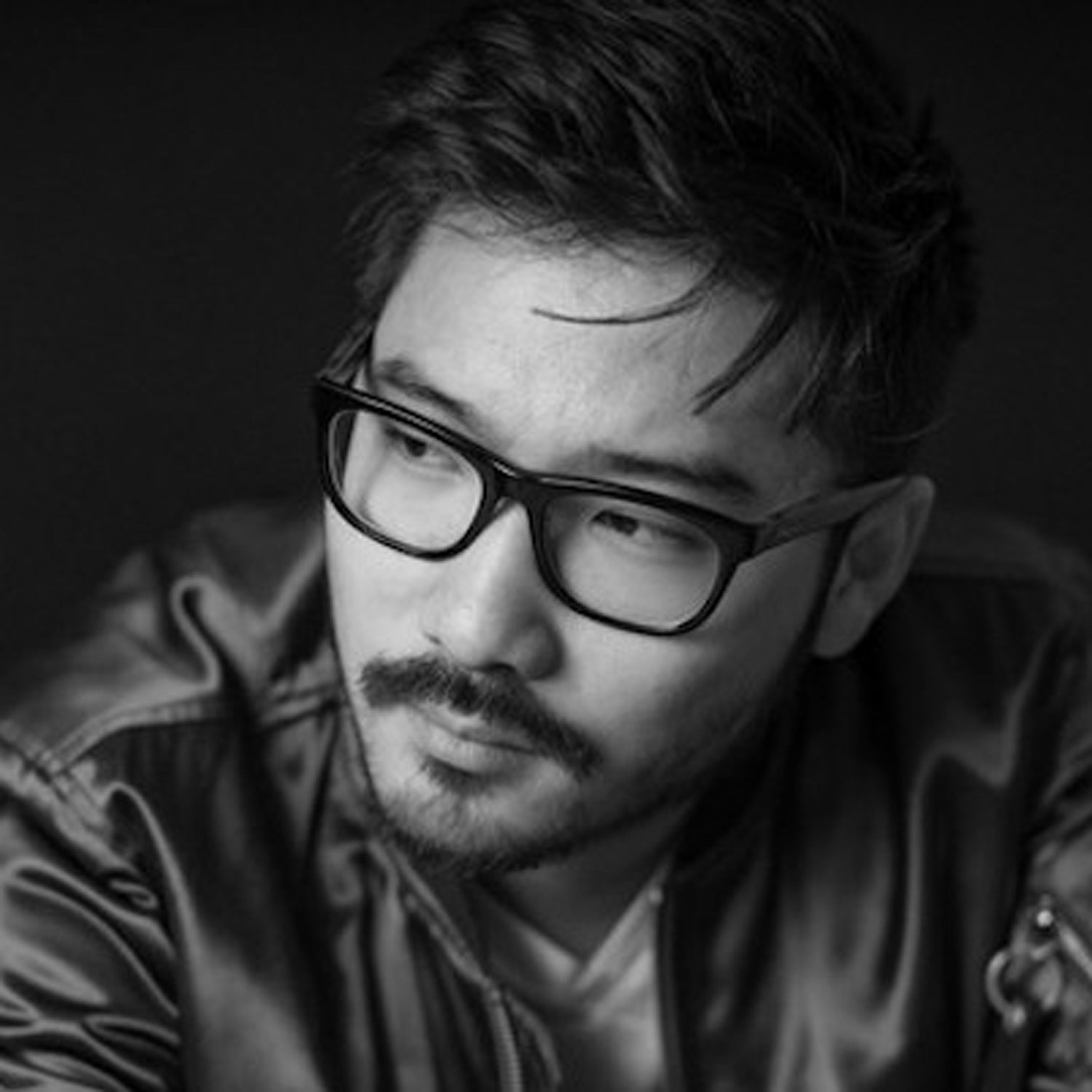
TOM LIN - Author of The Thousand Crimes of Ming Tsu - Andrew Carnegie Medal for Excellence in Fiction 2022
How can we retell the story of America? In the United States of Amnesia, why does the Western celebrate cowboys but not all people who built this country? What does a Chinese-American hero look like in the 21st Century?Tom Lin is an American writer whose 2021 debut novel The Thousand Crimes of Ming Tsu chronicles the story of a Chinese American outlaw seeking revenge during America's railroad boom. The book won the 2022 Andrew Carnegie Medal for Excellence in Fiction, making Lin the youngest Car
Jul 14, 2023 • 41:56

Highlights - MARK MASLIN - Author of How To Save Our Planet: The Facts - Professor, Earth System Science, UCLondon
"I think the most important thing is realizing how much impact humans have had on the planet. For example, did you know that we move more rock and sediment than all the natural processes put together? We also have created enough concrete already to cover the whole world in a layer that's two millimeters thick, and that includes the oceans. We have also created and make something like 300 million tons of plastic every single year, which we know ends up in our rivers. It ends up in our oceans. And
Jul 13, 2023 • 21:20

MARK MASLIN - Author of How To Save Our Planet: The Facts - Professor, Earth System Science, University College London
Can we imagine a world where we leave half the earth to the natural environment and use the other half for ourselves? Can we change history and protect the Indigenous, the vulnerable, and the very poorest in society?Mark Maslin is a Professor of Earth System Science at University College London. Maslin is a leading expert in understanding the anthropocene and how it relates to the major challenges facing humanity in the 21st century. He has written a number of books on the issue of climate chang
Jul 13, 2023 • 45:07

SCOTT TEW - VP of Sustainability, Trane Technologies & Managing Director, Center for Energy Efficiency & Sustainability
The time to start looking into tomorrow is now.Scott Tew is the leader of the Center for Energy Efficiency & Sustainability at Trane Technologies (CEES) and is responsible for forward-looking sustainability initiatives aimed at transitioning to more efficient and climate-friendly solutions and minimizing resource use within company facilities. Trane’s smart solutions support many of the challenges businesses, buildings, and the transport sector face in the fight to decarbonize our future, which
Jul 11, 2023 • 39:58

Highlights - Erland Cooper - Scottish Composer, Producer, Multi-instrumentalist
"I often feel that a lot of facts surrounding the science of climate change and how arguments are presented can be very overwhelming to most people. And people tend to often switch off after a point. But I think what the arts and music can do in particular is they can make humans feel something for a moment. And it's when you feel something that you tend to make instinctive decisions about how you might change, how you might go about the rest of your day, how you might make decisions that might
Jul 7, 2023 • 14:08

Erland Cooper - Nature’s Songwriter - Composer of “Folded Landscapes”
How has music transported you? Where do you find inspiration from the natural world? Where do you find moments of every day magic? Erland Cooper is a Scottish composer, producer, and multi-instrumentalist from Stromness, Orkney. He has released three acclaimed studio albums, four additional companion albums, and multiple EPs, including a trilogy of work inspired by his childhood home. His work combines field recordings with traditional orchestration and contemporary electronic elements. Through
Jul 7, 2023 • 57:51
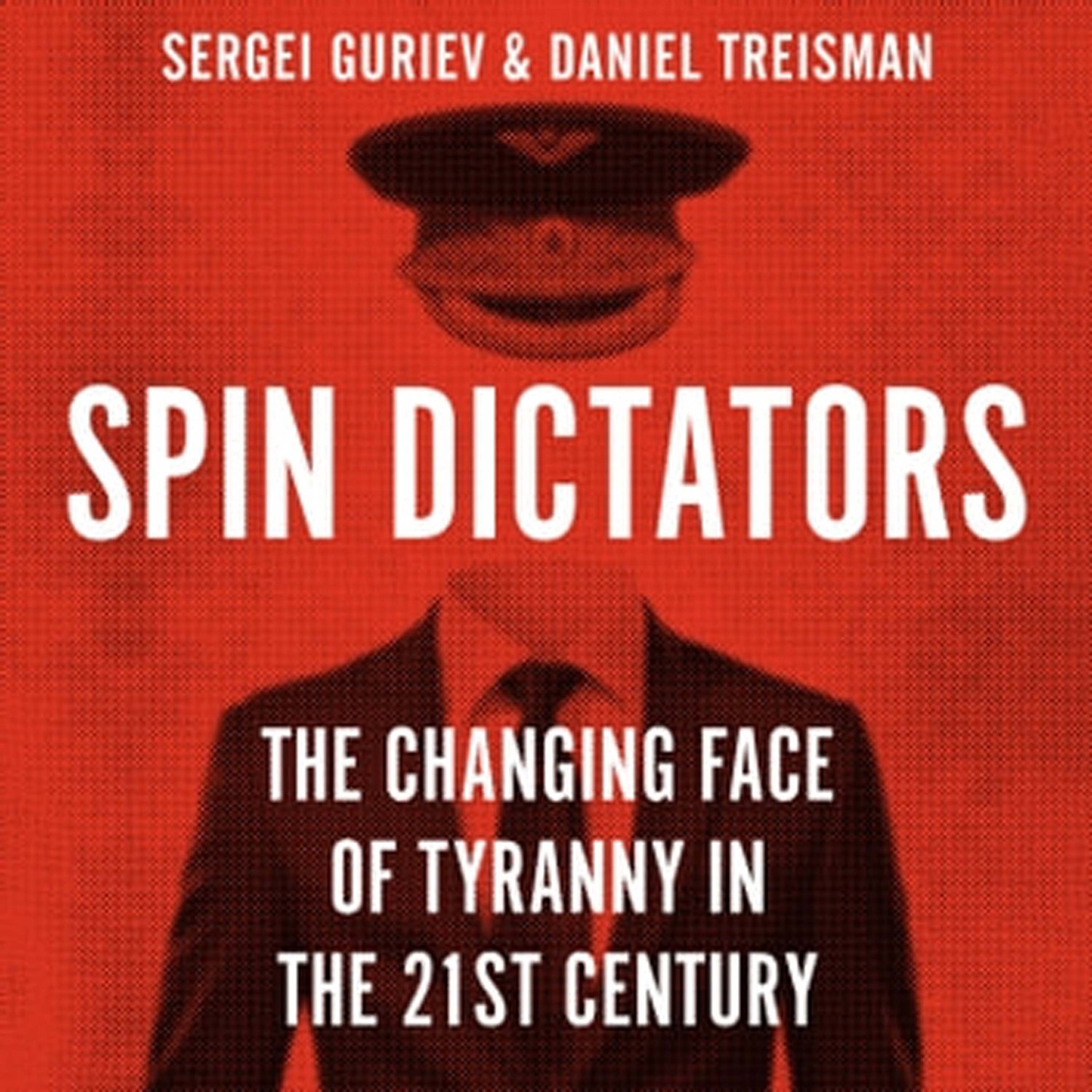
Highlights - SERGEI GURIEV - Political Economist - Provost of SciencesPo - Co-author of Spin Dictators
"How do we reinvent our democracy? And indeed, the model where you have a representative democracy, then once in four years you vote and delegate, this is a model which is much better than dictators. People criticize Western democracies, but as somebody who lived in a non-democratic country, I will tell you that I'm not surprised that people don't move us to Russia, right? Life is better in a democracy, even if you have criticisms. But there is a major problem here, which is when you vote, do yo
Jul 5, 2023 • 11:04
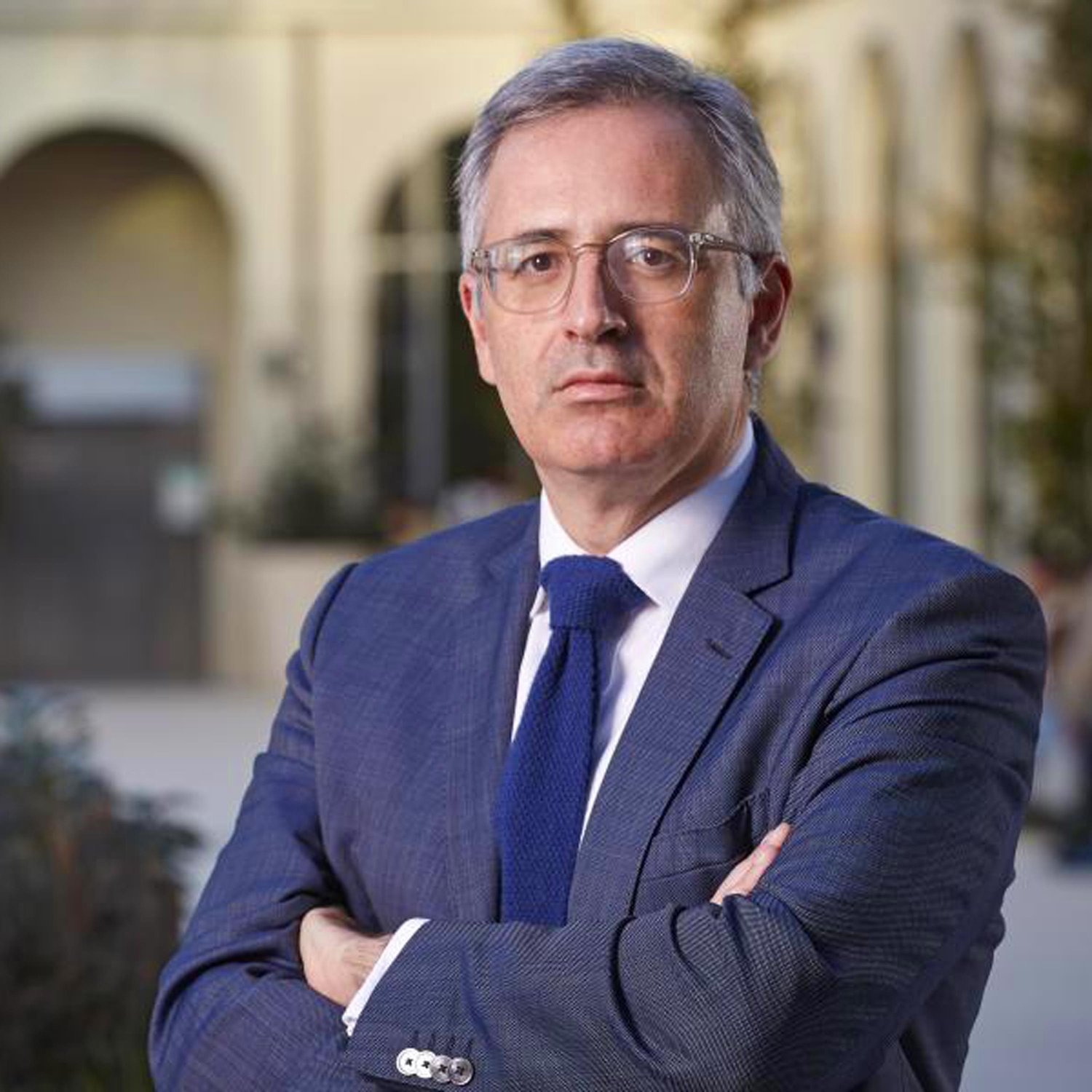
SERGEI GURIEV - Economist - Provost of SciencesPo - Co-author of Spin Dictators: The Changing Face of Tyranny in the 21st Century
What is a spin dictator? What does tyranny look like in the 21st century? Why is populism on the rise? And how do we reinvent democracy?Sergei Guriev is the co-author of Spin Dictators: The Changing Face of Tyranny in the 21st Century. Guriev is Provost and a professor of economics and at Sciences Po in Paris. He is a former Chief Economist of the European Bank for Reconstruction and Development, London, and a former Rector of the New Economic School in Moscow in 2004-13."How do we reinvent our
Jul 4, 2023 • 37:05
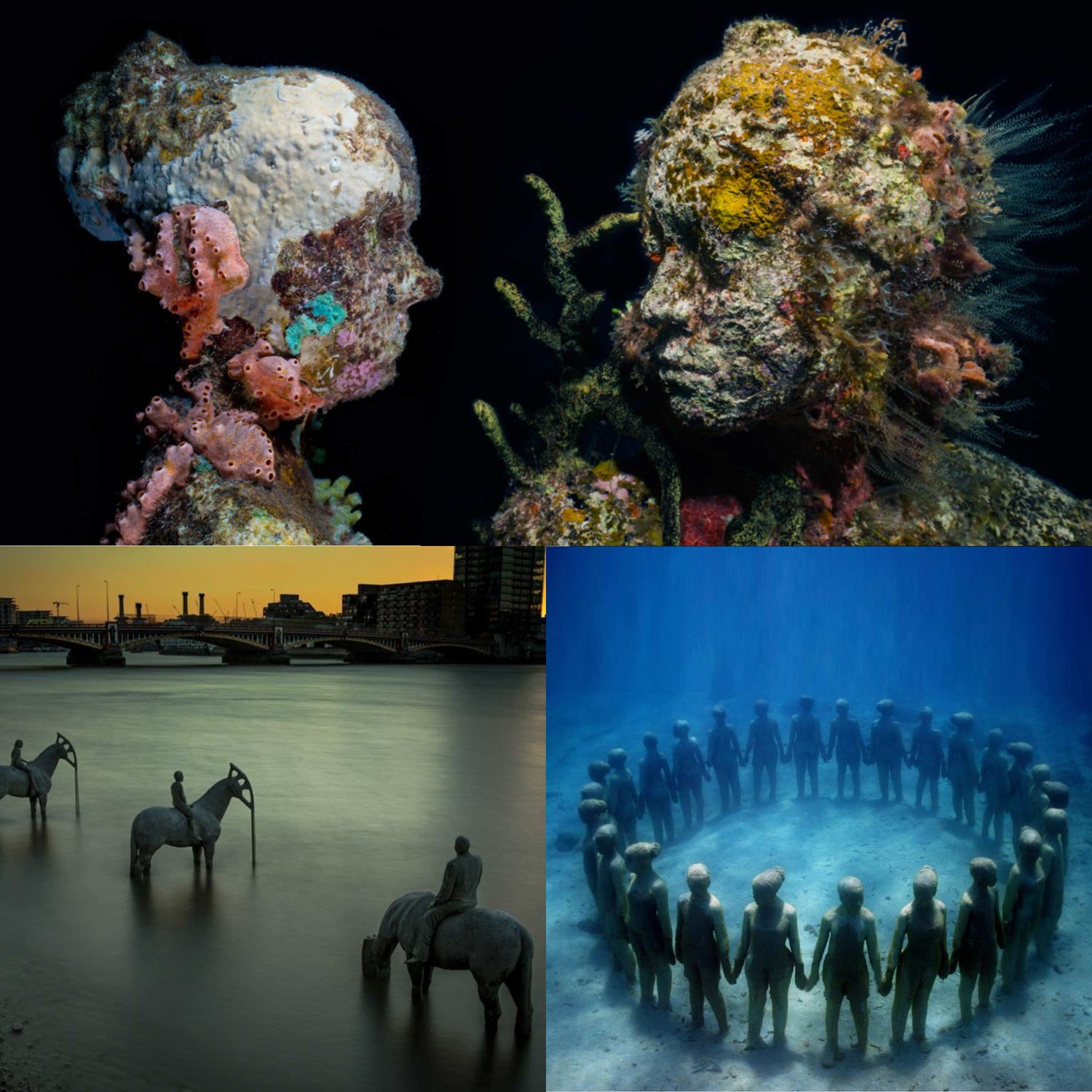
Highlights - JASON deCAIRES TAYLOR - Sculptor, Environmentalist, Creator of Underwater Museums
"The sculptures get claimed and almost owned by the sea. And the textures that form the patterns, all things that could never be reproduced by human hands. And it's entirely unpredictable in many cases. I go to some of the 'museums' expect to see this type of colonization or this type of growth, and it's nothing like how I've seen it envisaged it. It's completely different. Other times something has been made at its home, and there's an octopus that's built a house around it, or there's a school
Jul 4, 2023 • 10:18

JASON deCAIRES TAYLOR - Sculptor, Environmentalist, Creator of Underwater Museums
What if museums weren’t confined to buildings but could be part of the natural world? What if sculptures could not only celebrate our oceans, but also provide habitats for marine life?Jason deCaires Taylor is a sculptor, environmentalist, and underwater photographer. His works are constructed using materials to instigate natural growth and the subsequent changes intended to explore the aesthetics of decay, rebirth, and metamorphosis. DeCaires Taylor's pioneering public art projects are not only
Jul 4, 2023 • 28:26

Highlights - DOMINIC McAFEE - Marine Ecologist, University of Adelaide - Restoring Lost Oyster Reefs
"There's this real emergence of young people doing incredible things enabled by bio-modern technology and a more globalized and connected world and access to amazing educational resources about what the environment does and means for humanity.People typically have quite a dire view of the state of the world but have a positive view of the local environment, which is very interesting. So it's the potential of every individual to make an impact and to spend a little bit of time thinking about thei
Jun 30, 2023 • 16:19
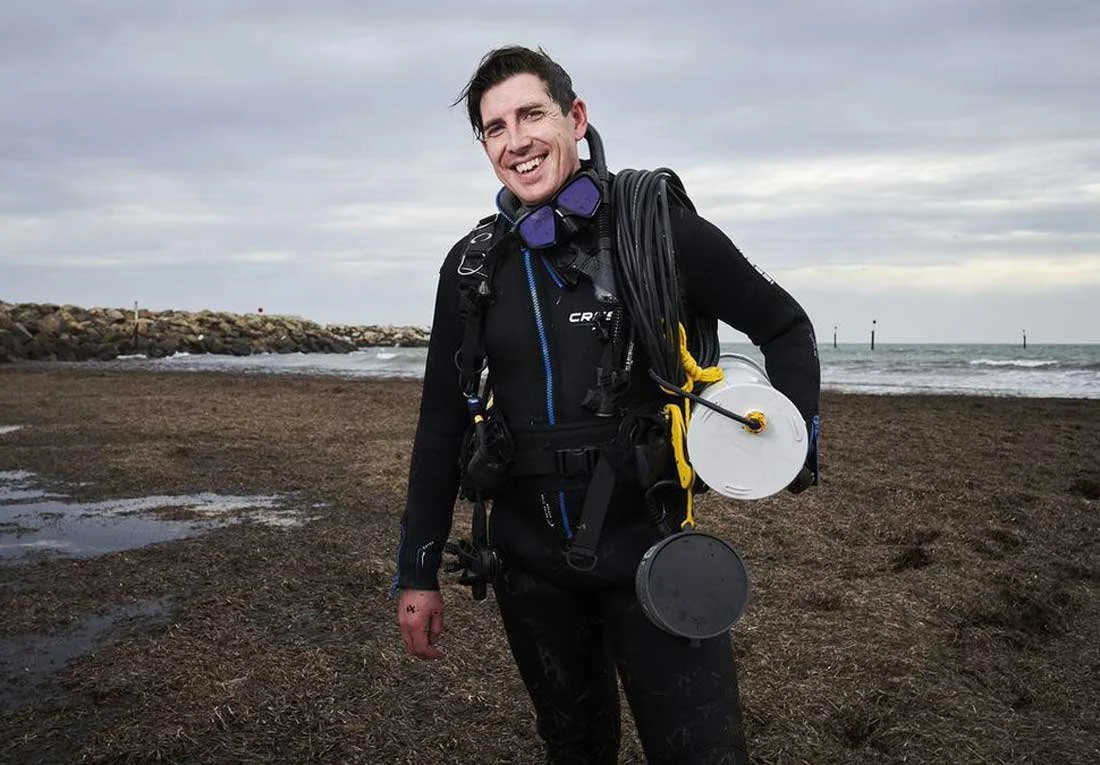
DOMINIC McAFEE - Marine Ecologist, University of Adelaide - Restoring Lost Oyster Reefs
We have lost around 85% of oyster reefs. That’s not only the loss of oysters but also the habitat they provide other marine animals and plants. Oysters are amazing, not only do some create pearls but as sequential hermaphrodites, they can switch between male and female almost on a daily basis.Dr. Dominic McAfee is a researcher at the University of Adelaide in Australia. His work centers around restoring lost marine ecosystems, specifically shellfish reefs. Along with employing novel technology a
Jun 30, 2023 • 35:45

FABRIZIO MANCINELLI - Composer, Songwriter, Conductor
What is the role of music in cinema and why it is such an important part of the storytelling process? How does music increase our capacity for empathy and wonder?Fabrizio Mancinelli is an Italian-American composer, songwriter, and conductor, best known for his musical contributions to the world of cinema. As a songwriter, he has created original scores for The Land of Dreams,The Snow Queen 3, The Boat, and the upcoming animated drama Mushka, among others. In 2017, he led the orchestral recording
Jun 28, 2023 • 40:18

ANTHONY WHITE - Artist - What is the Role of Artists in Society?
What role do the visual arts play in drawing upon history, activating democracy, and asking questions about what culture can do?Australian artist Anthony White lives and works in Paris. White’s artistic work revolves around the notion of reclaiming the act of dissent through the production of cultural objects. His research is situated at the intersection of several fields in the social space including, politics, human rights, and postcolonialism. His practice is centered around concepts of desig
Jun 22, 2023 • 38:47

Jeffrey Sachs - Director, Center for Sustainable Development, Columbia - President, UN Sustainable Development Solutions Network
What is the path to peace for the war in Ukraine? Is America still powerful enough to impose global order? The US has just 4.1% of the world's population, while the BRICS countries have 41.5%. In this conversation with economist Jeffrey Sachs, we discuss the origins of the conflict in Ukraine and NATO enlargement, US-China relations, and the decline of US dominance.Jeffrey Sachs is Director of the Center for Sustainable Development at Columbia University and President of the UN Sustainable Devel
Jun 21, 2023 • 26:37

RICHARD VEVERS - Founder & CEO of The Ocean Agency · Featured in Netflix’s Chasing Coral
Richard Vevers is the Founder and CEO of The Ocean Agency. He is a fellow of The Explorers Club and an Adjunct Professor at the University of Rhode Island. He is best known for his leading role in the Emmy Award-winning documentary Chasing Coral on Netflix and his work has been featured in numerous publications and documentaries. Before diving into ocean and coral reef conservation, Vevers worked at some of the top London advertising agencies and then as an artist and underwater photographer. Th
Jun 8, 2023 • 35:20

Special World Oceans Day Stories - Environmentalists & Artists share their Love for our Oceans & Planet
Happy World Oceans Day! Today we’re streaming voices of environmentalists and artists with music courtesy of composer, producer and multi-instrumentalist Erland Cooper.Voices on this episode areGIULIO BOCCALETTIAuthor of Water, A BiographyNatural Resource Security & Environmental Sustainability ExpertChief Strategy Officer 2016–2020, The Nature ConservancyPAULA PINHODirector of Just Transition at the European Commission Directorate-General for EnergyRON GONENFounder & CEO of Closed Loop Partners
Jun 8, 2023 • 22:11

Highlights - DITTE LYSGAARD VIND - Circular Economy & Design Expert - Founder of The Circular Way
"Putting design first, it really enables us to shape a future that we don't yet know. But we need to be super tactile and practical about it as well. And then seeing that is something that design very much has the ability to do. And at the same time, having this growing frustration that wherever you go, wherever you talk about sustainability, it was a compromise. It was something that meant uglier, less convenient, more expensive, all these different things, but then diving into the Danish Desig
Jun 6, 2023 • 11:55

DITTE LYSGAARD VIND - Circular Economy & Design Expert - Author of Danish Design Heritage & Global Sustainability
Ditte Lysgaard Vind is a renowned circular economy and design expert and author of Danish Design Heritage & Global Sustainability (Routledge 2023) and A Changemakers Guide to the Future. She is the Chairwoman of the Danish Design Council and founder of The Circular Way. She is known for pioneering new materials as well as business models, while sharing the knowledge gained from practice through teaching and thought leadership, and is a member of the Executive board of The Royal Danish Academy of
Jun 6, 2023 • 43:48

Special World Environment Day Stories - Environmentalists, Students & Teachers share their Love for the Planet
Today we’re streaming voices of environmentalists, students, and teachers with music courtesy of composer Max Richter. All voices in this episode are from our interviews for The Creative Process & One Planet Podcast or reflectors of our participating students.Voices on this episode areBRITT WRAY Author of Generation Dread: Finding Purpose in an Age of Climate Crisis Researcher Working on Climate Change & Mental Health, StanfordJEFFREY SACHS President of UN Sustainable Development Solutions Netwo
Jun 5, 2023 • 18:53

Happy World Environment Day! Voices from the Parkinson's Community & Artpark Bridges Celebrate the Natural World
The Creative Process and One Planet Podcast wishes listeners Happy World Environment Day. For this special episode we celebrate the natural world with Artpark Bridges, the Parkinson's Community, independent living adults with Parkinson's disease, and People Inc, the Arts Experience, a day habilitation program for adults with developmental disabilities. Artpark Bridges is a year-round community engagement program led by interdisciplinary artist Cynthia Pegado, dedicated to empowering adults of d
Jun 5, 2023 • 2:49

CARL SAFINA - Ecologist - Founding President of Safina Center - NYTimes Bestselling Author
Carl Safina’s lyrical non-fiction writing explores how humans are changing the living world, and what the changes mean for non-human beings and for us all. His work has been recognized with MacArthur, Pew, and Guggenheim Fellowships, and his writing has won Orion, Lannan, and National Academies literary awards and the John Burroughs, James Beard, and George Rabb medals. Safina is the inaugural holder of the endowed chair for nature and humanity at Stony Brook University, where he co-chairs the s
Jun 4, 2023 • 4:44
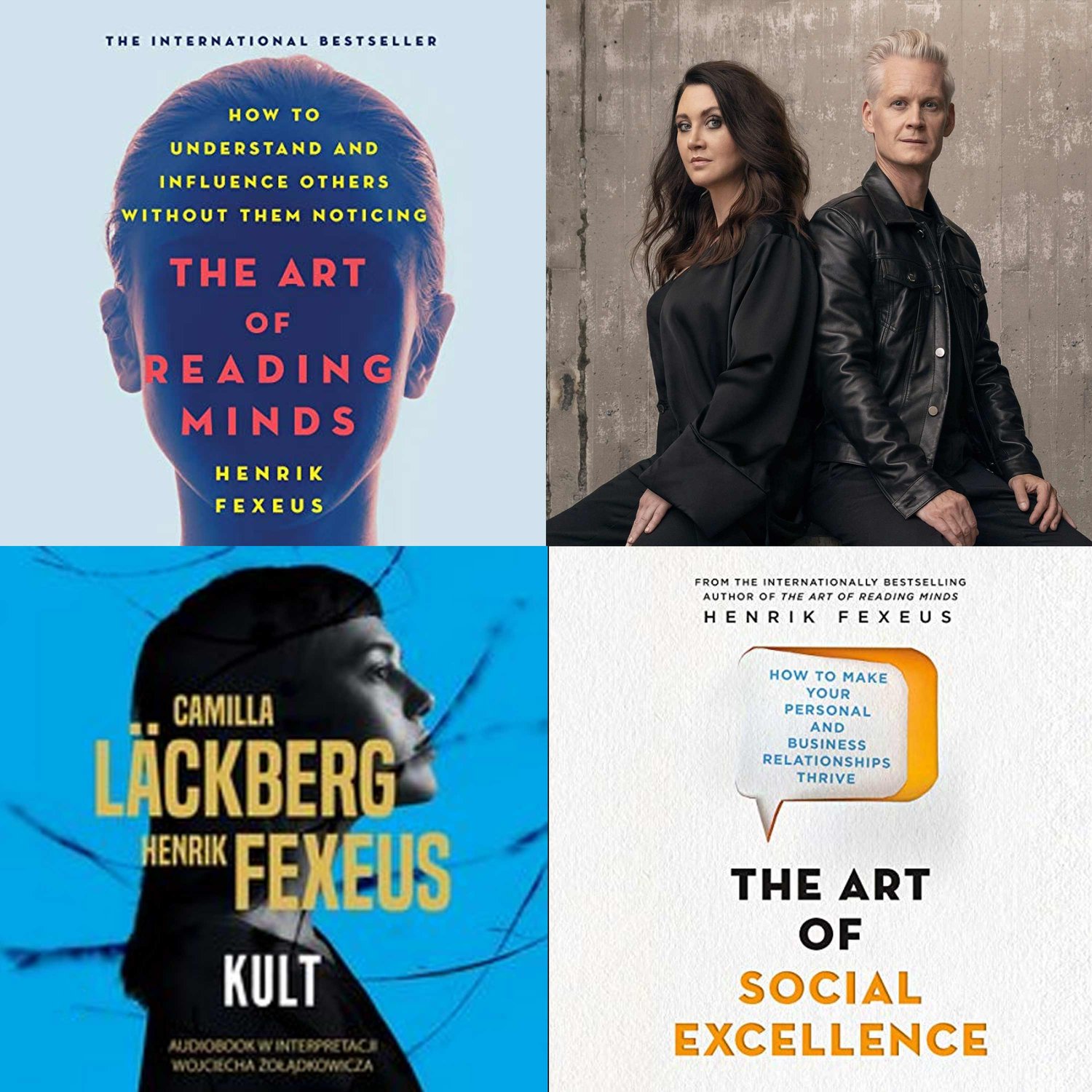
Highlights - HENRIK FEXEUS - Mentalist, Author & TV Host - The Art of Reading Minds, Mind Melt
"The best way to get people to change a behaviour is to a) let them feel that they are in control (true or not) of the decision (as opposed to having a new legislation thrown upon them), b) give them the opportunity to say no (which actually increases the chance of them saying yes. And of course to show them that c) they have the ability/means to do it, and d) explain what’s in it for them on a personal level.But point a is really key here. As long as people feel that they are in control of thei
Jun 2, 2023 • 10:44

HENRIK FEXEUS - Mentalist, Author & TV Host “The Art of Reading Minds”,“Mind Storm”,“Cult”
Henrik Fexeus is an internationally bestselling author, lecturer, performer, and star of the TV show Mind Melt. An expert in psychology and communications, he travels the world "reading minds" and teaching others how to understand and manipulate human behavior through body language and persuasion. Henrik has studied mental skills like NLP, hypnosis, acting, and magic."The best way to get people to change a behaviour is to a) let them feel that they are in control (true or not) of the decision (a
Jun 2, 2023 • 6:36

PABLO HOFFMAN - Whitley Award-winning Conservationist - Exec. Director & Co-Founder of Sociedade Chauá
Pablo Hoffman has always been passionate about plants and natural ecosystems, with special appreciation for research and dissemination with practical results for the production and conservation of native species. Pablo graduated in Forestry at the Federal University of Paraná (UFPR) 2002, had his Master’s in Forestry – UFPR 2014, currently he is a PhD candidate in Forestry. One of the Founders of the Sociedade Chauá, Pablo has been a board member since 2008. Currently is the Executive Director a
Jun 1, 2023 • 33:49
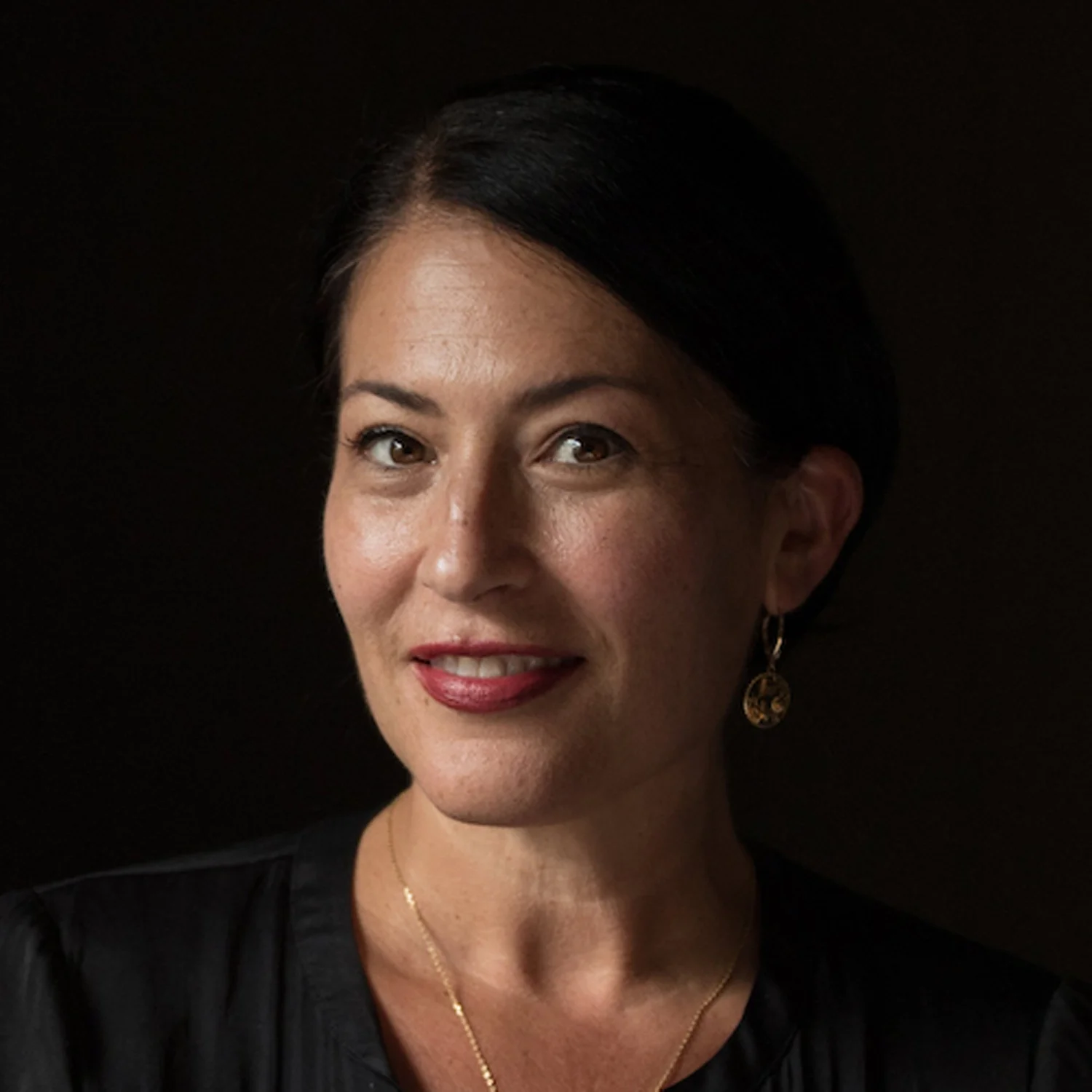
ADA LIMÓN - U.S. Poet Laureate - Stories, Poems, Music - Host of The Slowdown podcast
Ada Limón is the author of six books of poetry, including The Carrying, which won the National Book Critics Circle Award for Poetry. Her book Bright Dead Things was nominated for the National Book Award, the National Book Critics Circle Award, and the Kingsley Tufts Poetry Award. Her work has been supported most recently by a Guggenheim Fellowship. She grew up in Sonoma, California and now lives in Lexington, Kentucky where she writes, teaches remotely, and hosts the critically-acclaimed poetry
May 31, 2023 • 6:50

Highlights - ANDRI SNÆR MAGNASON - Writer & Documentary Filmmaker - On Time and Water, The Casket of Time, LoveStar, Not Ok
"If you look at the Himalayas, the frozen glaciers are feeding 1 billion people with milky white water. The real tragedy is if the Himalayan glaciers go the same way as Iceland. In many places in the world, glaciers are very important for agriculture and the basic water supply of people. So that's where I go into mythology in On Time and Water because in Nordic mythology, the world started with a cow, a frozen cow made of frost and snow. And it never made sense to me. But if you look at the Hima
May 24, 2023 • 12:54
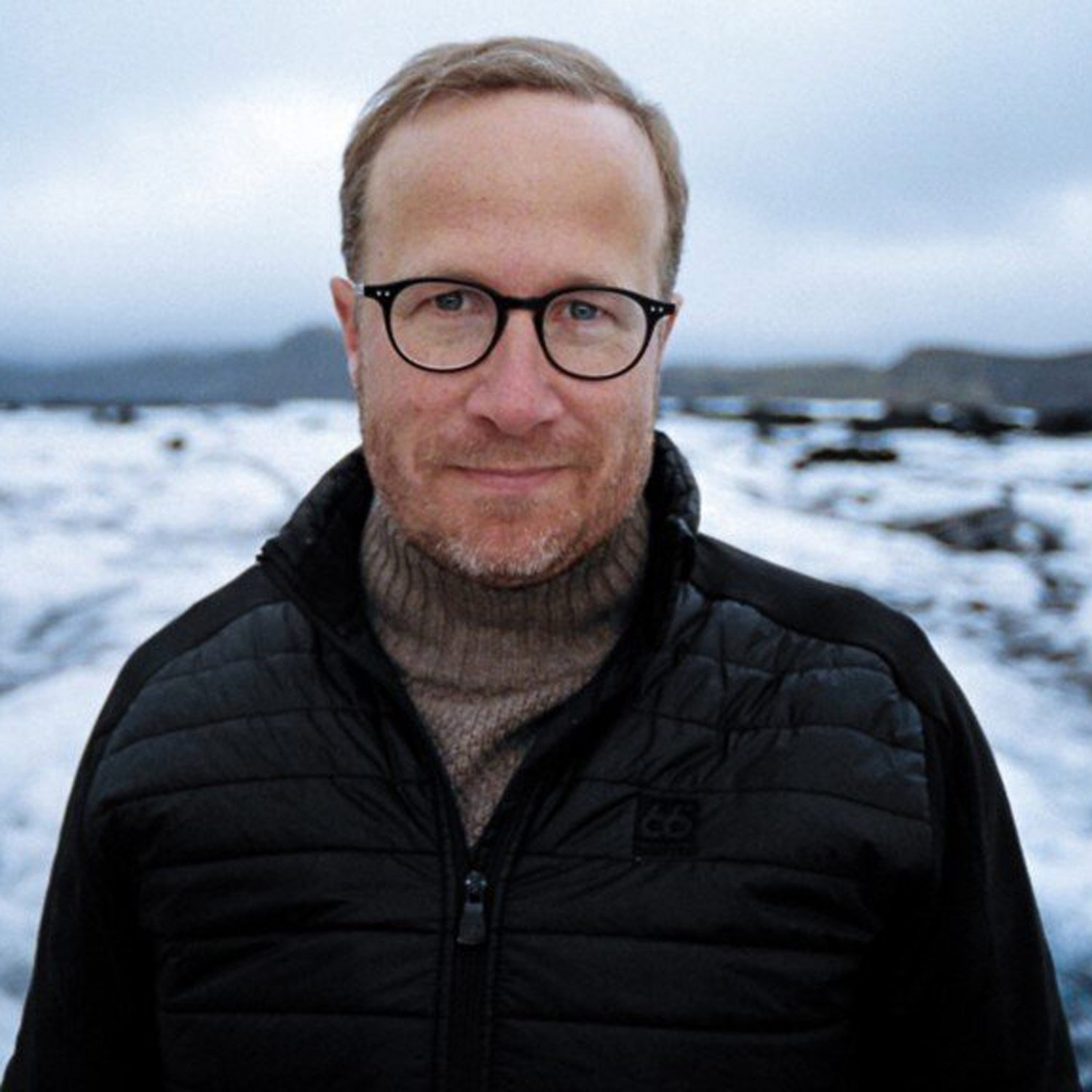
ANDRI SNÆR MAGNASON - Icelandic Writer & Documentary Filmmaker - On Time and Water, The Casket of Time, LoveStar, Not Ok
Andri Snær Magnason is an award winning author of On Time and Water, The Casket of Time, LoveStar, Dreamland and The Story of the Blue Planet. His work has been published in more than 35 languages. He has a written in most genres, novels, poetry, plays, short stories, non fiction as well as being a documentary film maker. His novel, LoveStar got a Philip K. Dick Special Citation, and the Grand Prix de l’Imaginaire in France and “Novel of the year” in Iceland. The Story of the Blue Planet, was th
May 24, 2023 • 42:52
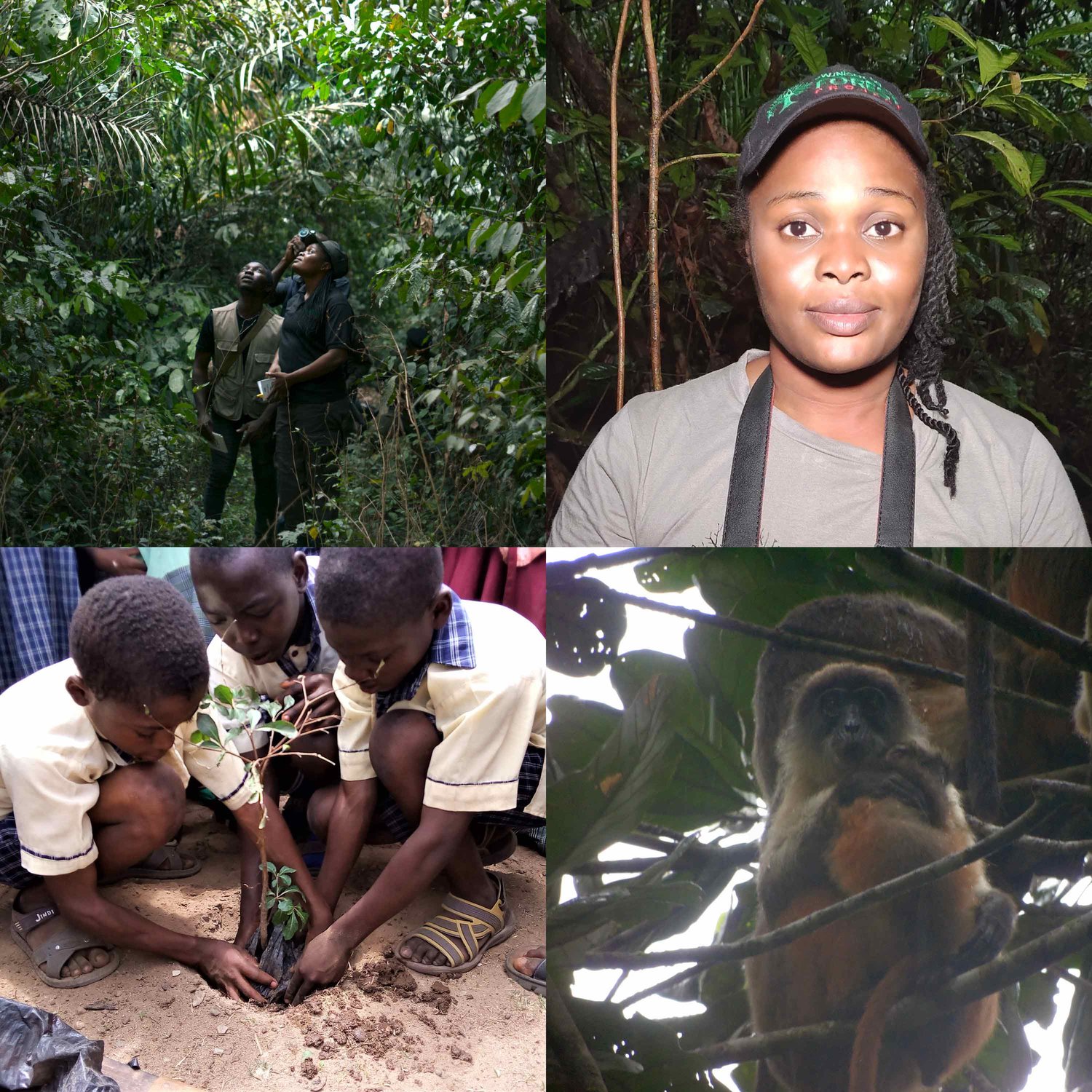
Highlights - RACHEL ASHEGBOFEH IKEMEH - Whitley Award Winner - Founder of Southwest Niger Delta Forest Project
"There's no question, we are in a state of conservation emergency. And we have a real situation on our hands and it's so fragile that if we take a step back, we could say goodbye to two types of chimpanzee species and the forest is also on the brink of disappearing forever. And when I started as a conservation researcher, there was kidnapping and insecurity throughout the Nile Delta region, and it was immersed in a lot of oil politics and civil conflicts. Kidnapping and insecurity ran throughout
May 19, 2023 • 11:36
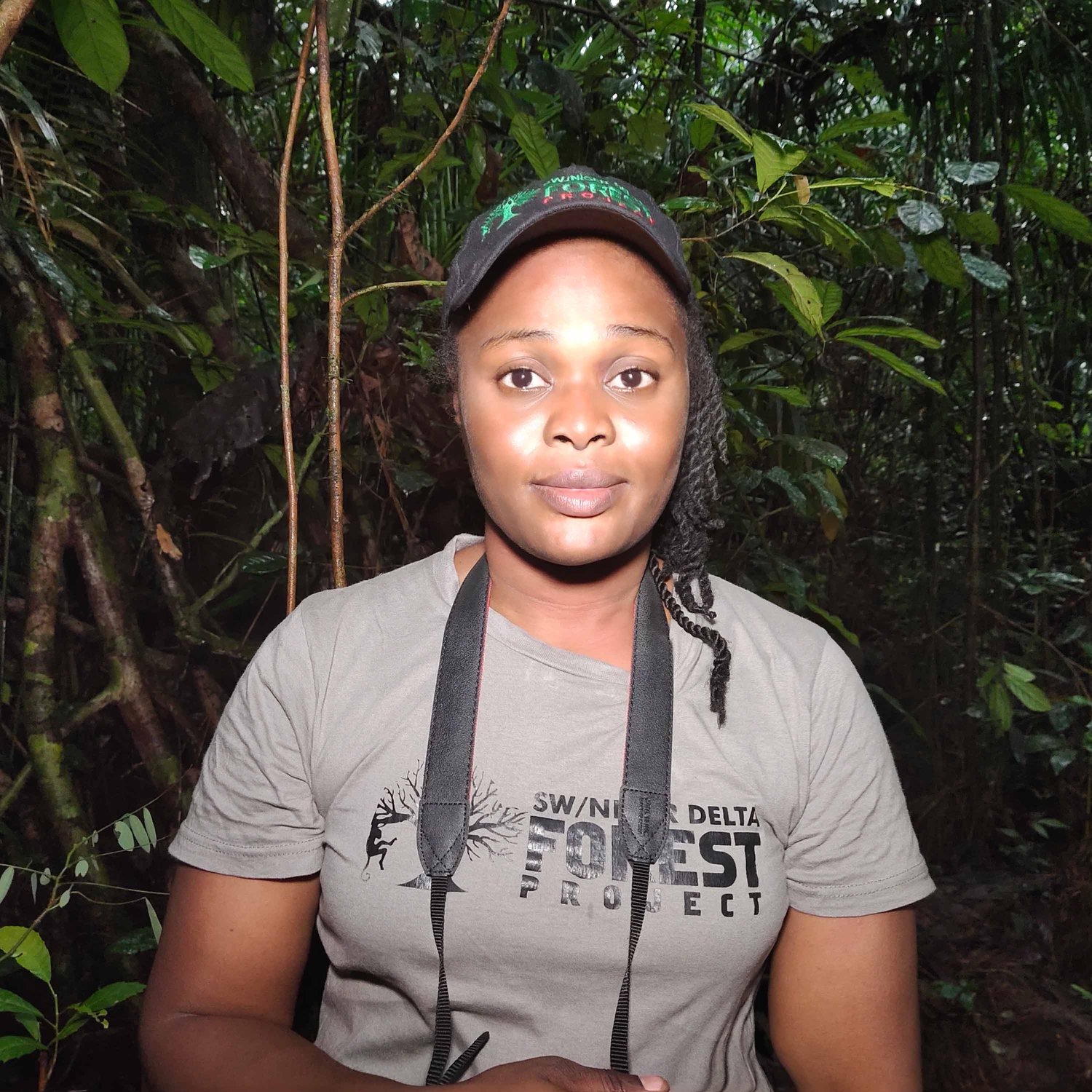
RACHEL ASHEGBOFEH IKEMEH - Whitley Award-winning Conservationist - Founder/Director, Southwest Niger Delta Forest Project
Rachel Ashegbofeh Ikemeh is a Whitley Award-winning conservationist and Founder/Director at the Southwest Niger Delta Forest Project, a grassroots-focused conservation initiative that has been dedicated to the protection of fragile wildlife populations and habitat across her project sites in Africa’s most populous nation. Rachel won the award in 2020 for her work on chimpanzee populations in Nigeria and is aiming to secure 20% of chimpanzee habitat in Southwest Nigeria. She is also the winner o
May 19, 2023 • 43:35

Highlights - MADELEINE WATTS - Author of The Inland Sea
"The Inland Sea came out in 2020. And in that period as I was writing it, I would keep noticing each year would be 'the worst on record.' Like the hottest day on record, the most fires on record. And there was a sort of strangeness to having written the book in a period of Black Summer fires that burned for nearly six months and just decimated huge sways of land. In 2020, I had gone back to the Sydney Writers Festival and spent some time with family, and then just got stuck for months in the COV
May 16, 2023 • 13:04
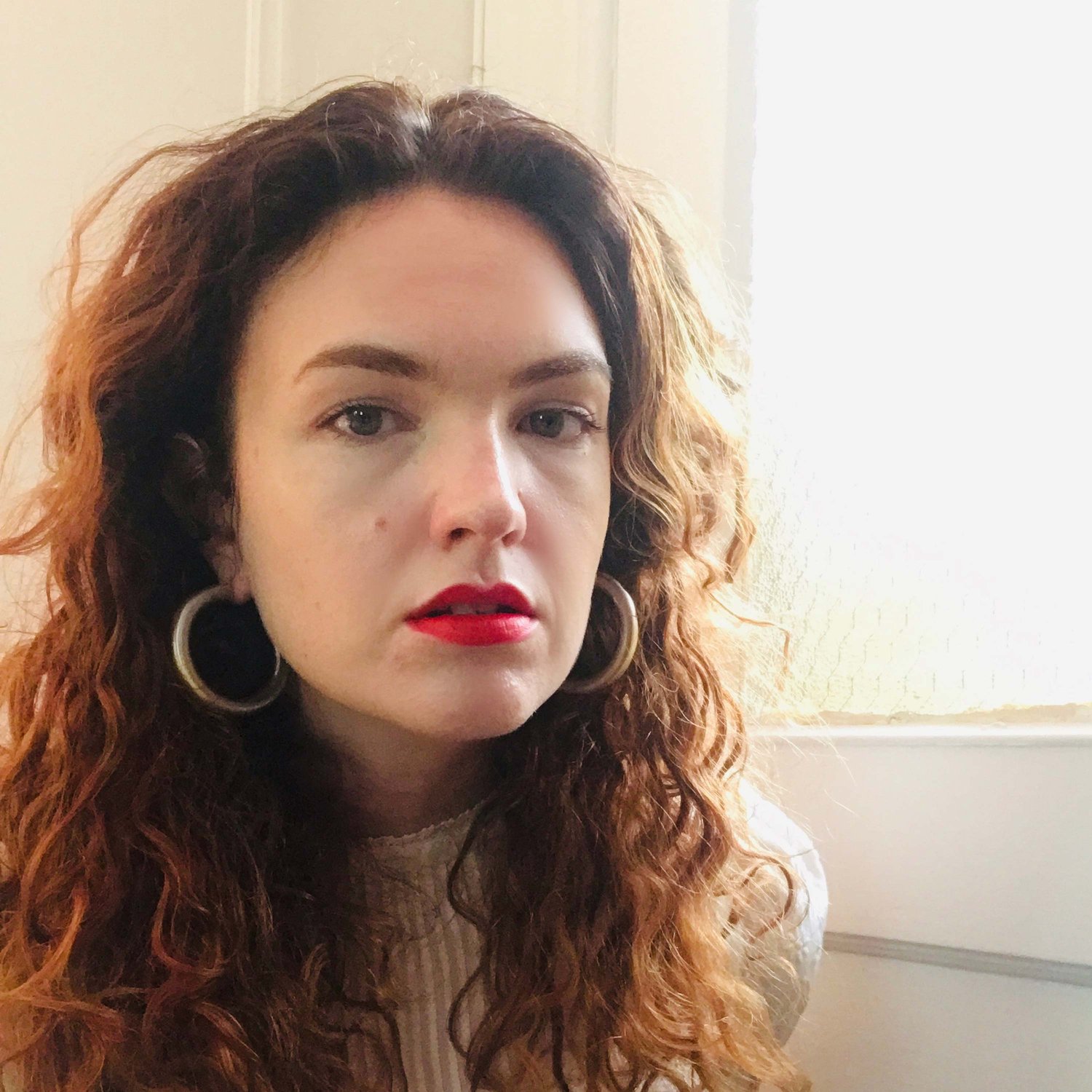
MADELEINE WATTS - Author of The Inland Sea - Creative Writing Professor, Columbia University
Madeleine Watts is an Australian writer based in New York. Her first novel The Inland Sea was published in 2020 and was shortlisted for the Miles Franklin Literary Award and the UTS Glenda Adams Award for New Writing. Her essays and stories have been published in Harper’s Magazine, The Believer, The Guardian, The White Review, and The Paris Review Daily, among others. She teaches creative writing at Columbia University in New York. Her second novel, Elegy, Southwest, is forthcoming."The Inland S
May 16, 2023 • 50:58
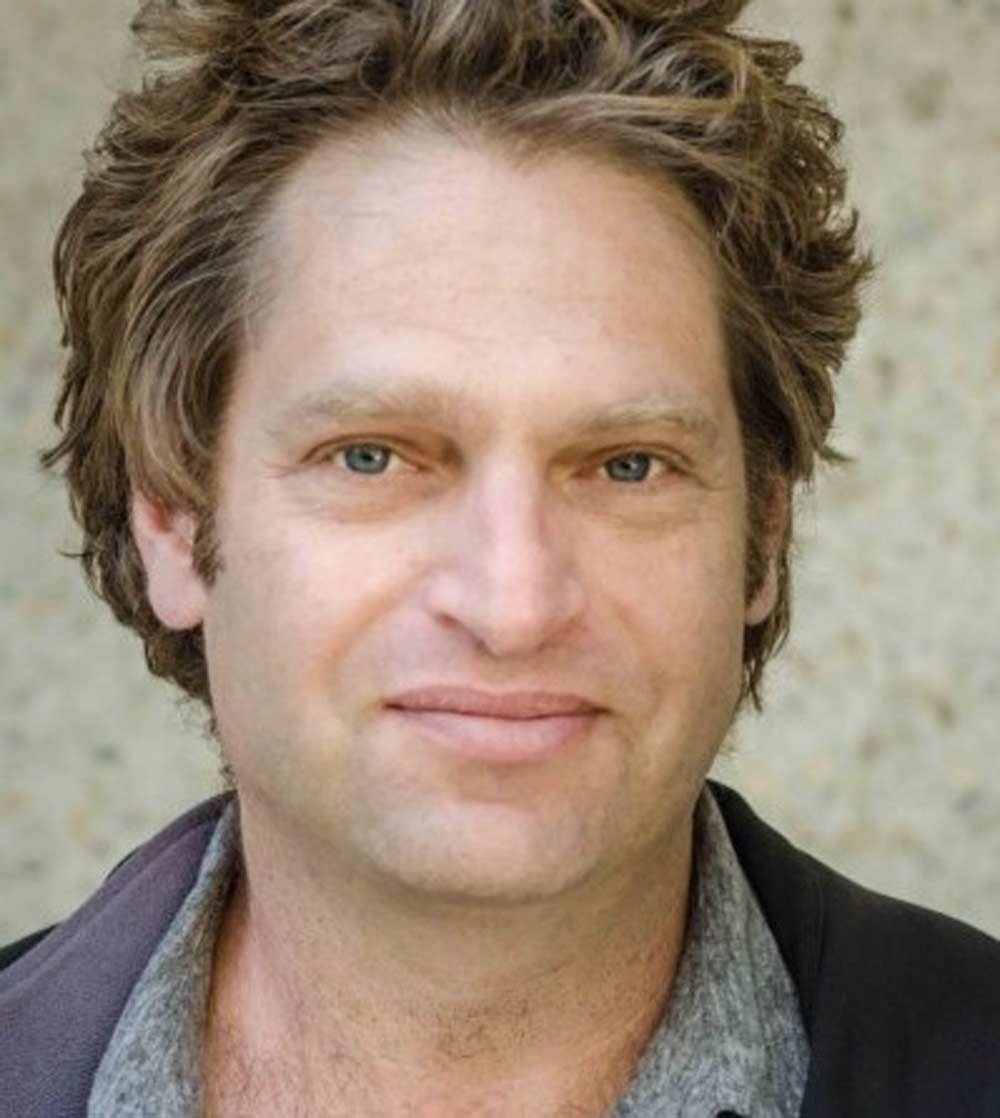
Speaking Out of Place: ADAM ARON discusses “The Climate Crisis: Science, Impacts, Policy, Psychology, Justice, Social Movements”
Adam Aron is a Professor in the Psychology Dept at UC San Diego. His research and teaching focus on the social science of collective action on the climate crisis. His climate activism has been through the Green New Deal at UC San Diego where he has worked on several campaigns such as fossil fuel divestment and also campus decarbonization via ElectrifyUC and he has also produced the documentary Coming Clean. Before switching to the climate crisis, Adam had a successful career in cognitive neurosc
May 16, 2023 • 31:54

SAGARIKA SRIRAM - Founder of Kids4abetterworld, Youth Climate Change Initiative
Sagarika Sriram is currently a student at Jumeirah College in Dubai. She founded the organization Kids4abetterworld when she was 10 years old with a mission to educate and encourage young children to lead a more sustainable life and reduce their carbon footprint. Children are the worst affected by the effects of climate change, yet most children do not participate in climate change discussions or take actions to live more sustainably because they do not have the awareness and capability to do s
May 11, 2023 • 31:02

We All Live on One Planet We Call Home - Part 4 - Environmentalists, Economists, Policymakers & Architects Share their Stories
Listen to Part 4 of this Special Series with music courtesy of composer Max Richter. All voices on this episode are from our interviews for The Creative Process & One Planet Podcast:INGRID NEWKIRK, Founder & President of PETA - People for the Ethical Treatment of AnimalsJEFFREY D. SACHS, President of the UN Sustainable Development Solutions Network, Director of Center for Sustainable Development, Columbia University, Economist, AuthorJENNIFER MORGAN, Fmr. Executive Director of Greenpeace Interna
May 5, 2023 • 22:57

Speaking Out of Place: ASHLEY DAWSON discusses “Environmentalism from Below”
Ashley Dawson is Professor of English at the Graduate Center / City University of New York and the College of Staten Island. Recently published books of his focus on key topics in the Environmental Humanities, and include People’s Power: Reclaiming the Energy Commons (O/R, 2020), Extreme Cities: The Peril and Promise of Urban Life in the Age of Climate Change (Verso, 2017), and Extinction: A Radical History (O/R, 2016). Dawson is the author of a forthcoming book entitled Environmentalism from Be
May 3, 2023 • 42:03

What Kind of World Are We Leaving for Future Generations? - Part 3 - Activists, Environmentalists & Teachers Share their Stories
Listen to Part 3 of this Special Series with music courtesy of composer Max Richter.All voices on this episode are from our interviews for The Creative Process & One Planet Podcast:PAULA PINHO, Director of Just Transition at the European Commission Directorate-General for EnergyPIA MANCINI, Co-founder/CEO of Open Collective - Chair of DemocracyEarth Foundation, YGL World Economic ForumJENNIFER MORGAN, Fmr. Executive Director of Greenpeace International, Special Envoy for International Climate Ac
Apr 30, 2023 • 17:00

Speaking Out of Place: NAOMI ORESKES discusses “The Big Myth: How American Business Taught Us to Loathe Government & Love the Free Market”
Naomi Oreskes is Henry Charles Lea professor of the History of Science and affiliated Professor of Earth and Planetary Sciences at Harvard University. She is a world-renowned earth scientist, historian, and public speaker. Oreskes is a leading voice in the role of science in society, the reality of anthropogenic climate change, and the role of disinformation in blocking climate action.In 2010, she and her co-author Erik Conway published Merchants of Doubt: How a Handful of Scientists Obscured th
Apr 27, 2023 • 44:45

EARTH MONTH STORIES - Part 2 - Environmentalists, Artists, Students & Teachers Speak Out & Share How We Can Save the Planet
Listen to Part 2 of this Special Series with music courtesy of composer Max Richter.All voices on this episode are from our interviews for The Creative Process & One Planet Podcast:MANUELA LUCÁ-DAZIO - Executive Director, Pritzker Architecture Prize - Fmr. Exec. Director of Venice Biennale, Visual Arts & Architecture Dept.BRITT WRAY - Author of “Generation Dread: Finding Purpose in an Age of Climate Crisis”, Researcher Working on Climate Change & Mental Health, Stanford UniversityWALTER STAHEL -
Apr 26, 2023 • 14:31

SPECIAL EARTH DAY STORIES - Environmentalists, Artists, Students & Teachers share their Love for the Planet - Part 1
Today we’re streaming voices of environmentalists, artists, students, and teachers. Enjoy Part 1 of this Special Series with music courtesy of composer Max Richter.All voices on this episode are from our interviews for The Creative Process & One Planet Podcast:MAX RICHTERINGRID NEWKIRK, Founder of PETABERTRAND PICCARD, Aviator of 1st Round-the-World Solar-Powered Flight, Explorer, Founder, Solar Impulse FoundationCARL SAFINA, Ecologist, Founding President of Safina CenterCLAIRE POTTER, Designer,
Apr 22, 2023 • 15:09

Highlights - MAX RICHTER - Award-winning Composer - Pianist - Environmentalist
"At the Studio Richter Mahr, we're trying to make it as 360 degrees as possible. So the center of the building is a cafe, and that cafe is fueled, if you like, from the organic garden. So there are no food miles. We grow everything. The electricity comes from the solar on the roof. The building itself was upcycled from a big old tractor shed. And we took the insides out and put new insides in, which are all the studios.It's a project which really is the outcome of an idealistic vision of how cre
Apr 22, 2023 • 18:09

MAX RICHTER - Award-winning Composer - Pianist - Environmentalist
Composer Max Richter is known for his ability to translate profound human emotions into music. Max’s record Sleep is the most streamed classical album of all time and his catalogue has surpassed 3 billion streams.A prolific collaborator, he scored and performed for Kim Jones for the Dior shows, and the new Wayne McGregor and Margaret Atwood ballet MADDADDAM, and arts collective Random International on the Rain Room installation.Max has collaborated with film directors Denis Villeneuve, Martin Sc
Apr 22, 2023 • 1:00:47

Highlights - JF BROSSCHOT - Prof. of Health Psychology on Mechanisms of Stress in Daily Life, Leiden University
Dr. JF Brosschot is a professor of health psychology at Leiden University. He is one of the first to show that stress affects the immune system. Through his research of psychophysiological mechanisms of stress in daily life, while researching stress as a worldwide epidemic, Brosschot also recognizes the importance of where all this stress stems from and why this is happening. Now, his specific inquiry of how unconscious and prolonged physiological stress responses affect our mental and physical
Apr 21, 2023 • 10:53

JF BROSSCHOT - Professor of Health Psychology on Mechanisms of Stress in Daily Life, Leiden University
Dr. JF Brosschot is a professor of health psychology at Leiden University. He is one of the first to show that stress affects the immune system. Through his research of psychophysiological mechanisms of stress in daily life, while researching stress as a worldwide epidemic, Brosschot also recognizes the importance of where all this stress stems from and why this is happening. Now, his specific inquiry of how unconscious and prolonged physiological stress responses affect our mental and physical
Apr 21, 2023 • 37:44

HAPPY EARTH WEEK! Environmentalists, writers, filmmakers, cave divers, poets, aviators, musicians & artists explore their love for people & the planet
This Earth Week, remember to renew your commitment to sustainability and share your love for the planet.00:25 JERICHO BROWN - Pulitzer Prize-Winning Poet, Author of “The Tradition” & “The New Testament”00:39 JILL HEINERTH - Explorer, Presenter, Author of “Into The Planet: My Life as a Cave Diver”01:02 ALICE FULTON - Poet - Recipient of MacArthur “Genius”, NEA & Guggenheim Fellowships01:31 BERTRAND PICCARD - Aviator of 1st Round-the-World Solar-Powered Flight, Explorer, Founder, Solar Impulse Fou
Apr 17, 2023 • 9:15
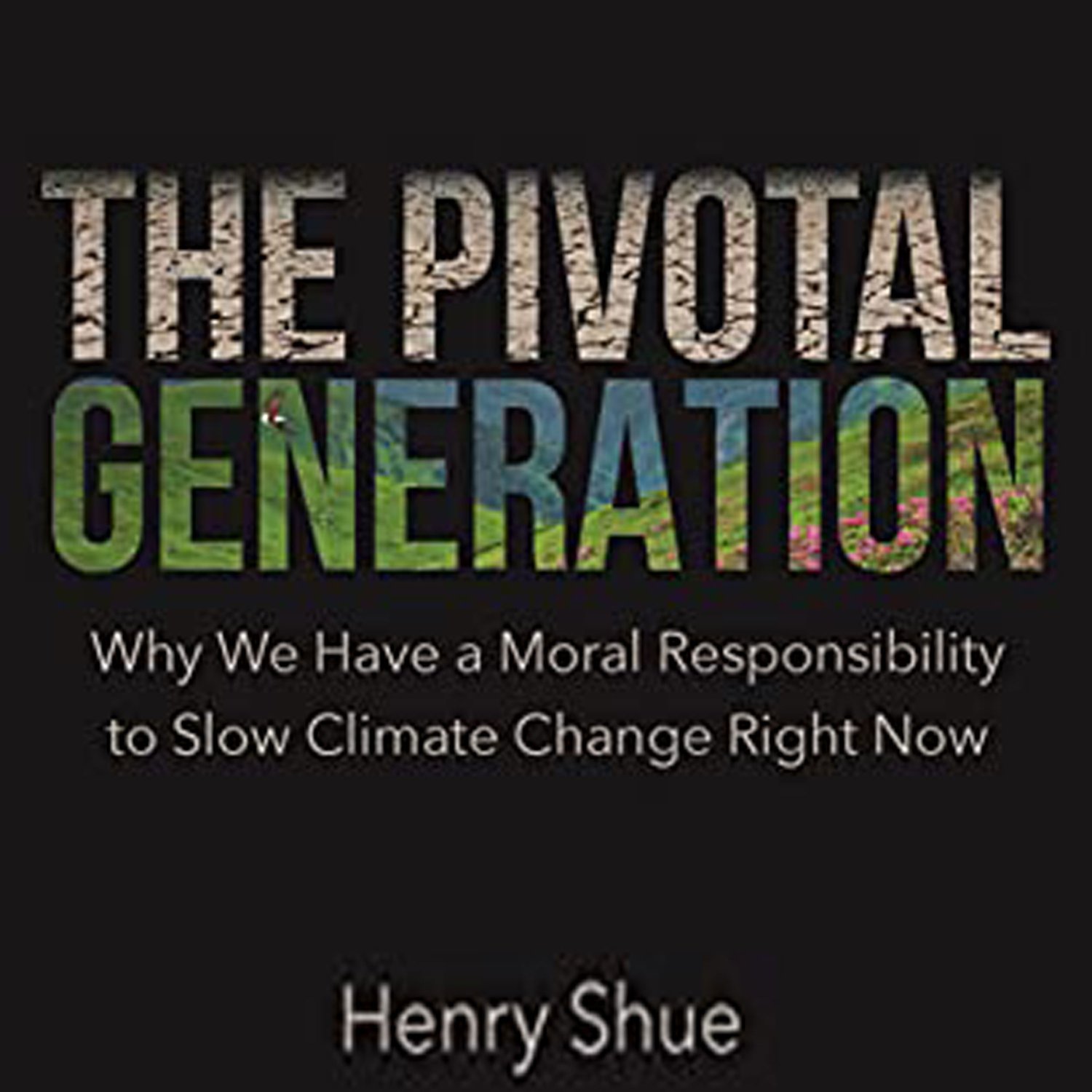
Highlights - HENRY SHUE - Author of “The Pivotal Generation” - Snr. Research Fellow, Ctr. for International Studies, Oxford
“These long-lived connections provide a radically different example of the insight from one of the characters created by my fellow Southerner William Faulkner: 'The past is never dead. It's not even past.'And similarly long chains reach from the present into the future. Conventionally, we tend to think that the future is yet to be born or is even only just beginning to be conceived. But the climate future was already beginning to take shape when humans started centuries ago to inject more carbon
Apr 12, 2023 • 15:30
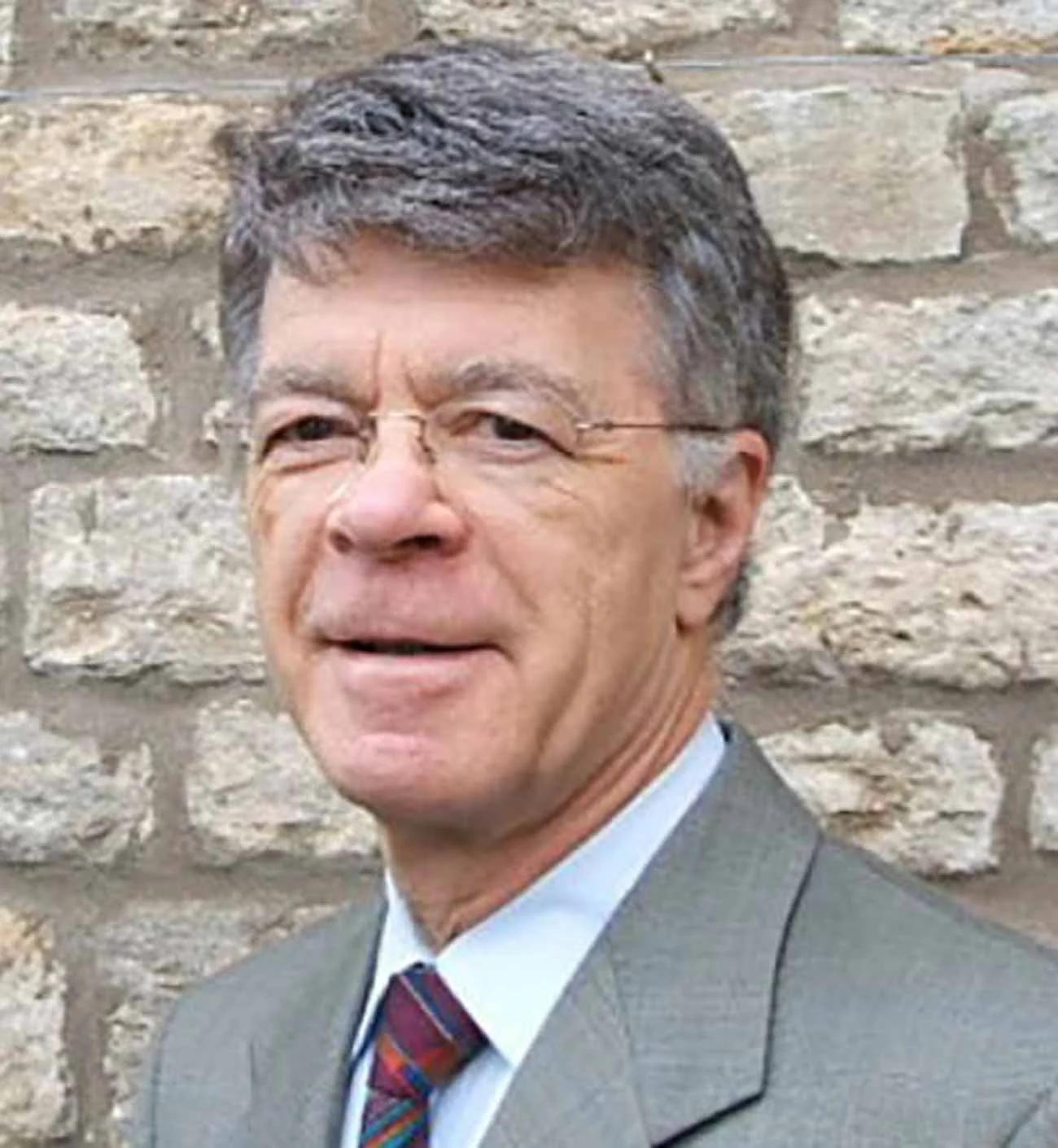
HENRY SHUE - Author of “The Pivotal Generation” - Snr. Research Fellow, Centre for International Studies, Oxford
Henry Shue is Professor Emeritus of Politics and International Relations at University of Oxford’s Merton College. He's the author of Basic Rights, as well as The Pivotal Generation: Why We Have a Moral Responsibility to Slow Climate Change Right Now, among many other publications. In 1976, he co-founded the Institute for Philosophy and Public Policy at the University of Maryland. He was a supporter of the successful campaign by Virginia's Augusta County Alliance to stop the Atlantic Coast Pipel
Apr 12, 2023 • 51:50

Highlights - CHRISTOPHER GERVAIS - Founder/CEO of Wildlife Conservation Film Festival - Cannes Lions Award-winning Producer
“There are hundreds of environmental film festivals, and that's not us. We are really the only pure Wildlife Conservation Film Festival. And we've elected to have these events in large urban areas simply because of the disconnect with nature. Whether we've had it in Beijing or San Paulo, or places in Europe, we find that the people living in these large urban areas are just not aware of the wildlife and the biodiversity around them.Most people in New York City have never been to the Catskills or
Apr 7, 2023 • 10:58

CHRISTOPHER J. GERVAIS - Founder/CEO of Wildlife Conservation Film Festival - Cannes Lions Award-winning Producer
Christopher J. Gervais is an award winning producer. His animated film Dream won a 2017 Golden Lion for film and a Silver Lion for music at the 64th Annual International Festival of Creativity. He is environmental and marine scientist and has decades of experience in field work and research with multiple academic institutions and natural history museums. A former science and social studies teacher, later an administrator, he became the youngest principal of a public school in the state of Florid
Apr 7, 2023 • 51:07

Highlights - PIA MANCINI - Co-founder/CEO, Open Collective - Chair, DemocracyEarth Foundation - YGL World Economic Forum
“I think it's fundamental that we figure out a way of doing this. I think it's absolutely wrong and unfair that those who are about to leave this Earth are the ones making decisions for those staying on Earth. That doesn't make any sense. So, how do we do it? I am not the right person for doing policy. I'm a systems thinker, so I think about systems, but how we implement the policy for that, I don't know. I do know that philosophically we must include everyone who shares this planet with us in t
Apr 5, 2023 • 8:35

PIA MANCINI - Co-founder/CEO of Open Collective - Chair of DemocracyEarth Foundation - YGL World Economic Forum
Pia Mancini is a democracy activist, political scientist, open source sustainer, co-founder & CEO at Open Collective and Chair of DemocracyEarth Foundation. She has worked in politics in Argentina as the Chief of Advisers and Deputy Secretary of Political Affairs, Government of the City of Buenos Aires and CIPPEC think tank. She has developed technology for democracy around the world and is a YC Alum, Young Global Leaders (World Economic Forum). She co-founded DemocracyOS & The Net Party (Partid
Apr 5, 2023 • 39:52

Highlights - MANUELA LUCÁ-DAZIO - Exec. Director of Pritzker Architecture Prize - Fmr. Exec. Director of Venice Biennale, Visual Arts & Architecture Dept.
“We are living in a world that is extremely complex and complicated. So our lives have been halted, regardless of any geography, as a result of growing inequality (political, social, economical), and so on. We live now in a moment of deep shift. And I think that decolonization, decarbonization, social and environmental injustice, and gender equity, these are all terms that belong to daily vocabulary now. So we have to face and address these issues from both a personal and professional point of v
Mar 22, 2023 • 10:15
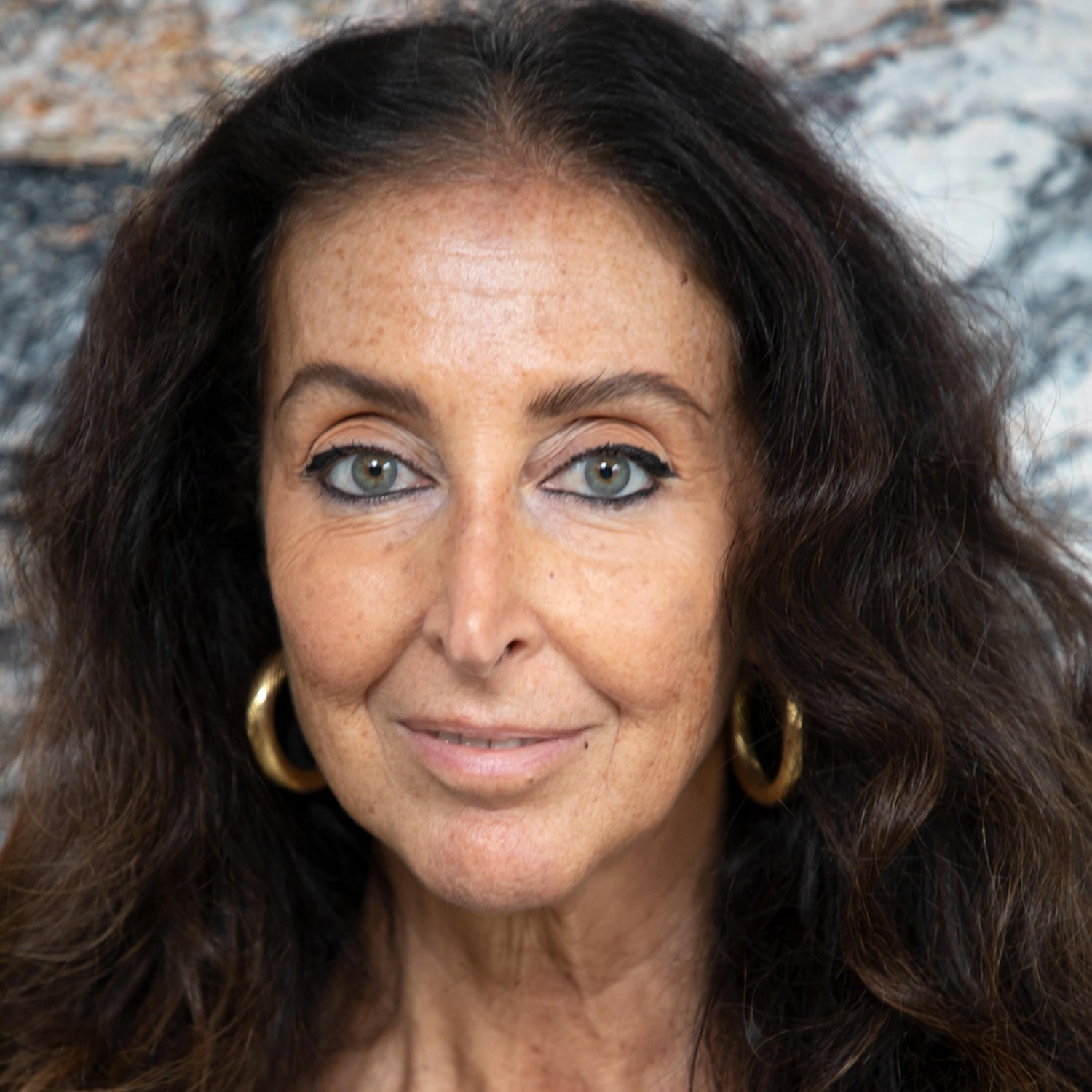
MANUELA LUCÁ-DAZIO - Executive Director, Pritzker Architecture Prize - Fmr. Exec. Director of Venice Biennale, Visual Arts & Architecture Dept.
Manuela Lucá-Dazio is the newly appointed Executive Director of the Pritzker Architecture Prize. In this capacity, she works closely with the jury, however, she does not vote in the proceedings. She is the former Executive Director, Department of Visual Arts and Architecture of La Biennale di Venezia, where she managed exhibitions with distinguished curators, architects, artists, and critics to realize the International Art Exhibition and the International Architecture Exhibition, each edition s
Mar 22, 2023 • 1:01:09

Highlights - ARMOND COHEN - Executive Director of Clean Air Task Force
“The good thing about technology is it can move very fast. And so my advice would be if you're interested in this topic, if you have a mathematical, scientific, or business orientation, or you just like solving problems, you're that kind of person, get trained to really be part of the technological business revolution that's going on right now. Join up with companies that are doing clean energy work or work for an electric utility that's got the right commitment. If you're a policy person who do
Mar 20, 2023 • 10:24
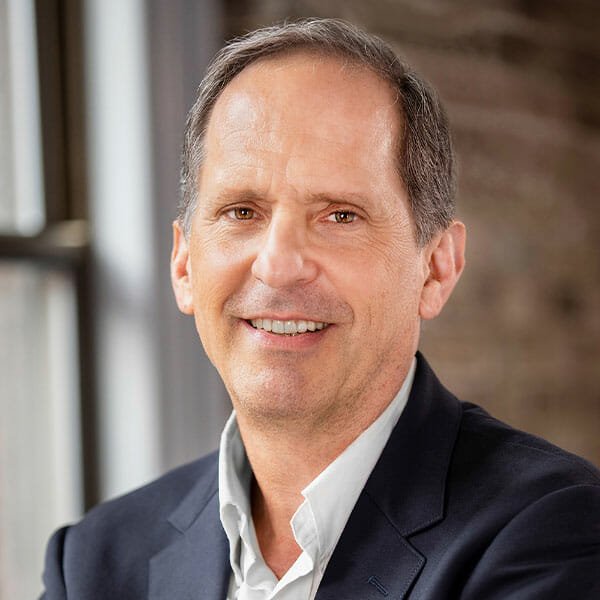
ARMOND COHEN - Executive Director of Clean Air Task Force
Armond Cohen is Executive Director of Clean Air Task Force, which he has led since its formation in 1996. In addition to leading CATF, Armond is directly involved in CATF research and advocacy on the topic of requirements to deeply decarbonize global energy systems. Prior to his work with CATF, Armond founded and led the Conservation Law Foundation’s Energy Project starting in 1983, focusing on energy efficiency, utility resource planning, and electric industry structure. Armond has published nu
Mar 20, 2023 • 43:14

LISA JACKSON PULVER - Deputy Vice-Chancellor, University of Sydney's Indigenous Strategy and Services
Professor Lisa Jackson Pulver is a proud Aboriginal woman with connections to communities in southwestern New South Wales, South Australia, and beyond. She is the Deputy Vice-Chancellor of Indigenous Strategy and Services for the University of Sydney and leads the institution's strategy to advance Indigenous participation, engagement, education, and research, including the university's One Sydney, Many People 2021-2024 strategy.She is a recognized expert and tireless advocate for health and educ
Mar 19, 2023 • 47:36

Highlights - Amanda E. Machado - Writer, Public Speaker - Founder of Reclaiming Nature Writing
“I still do workshops on oppression generally, but at this point, I've been focusing mostly on a workshop that's called Reclaiming Nature Writing, which has been a workshop that takes the idea of nature writing, which at least in the US has always been seen as a predominantly white male field and looks at writers that have existed for hundreds of years that have always been writing about nature but have maybe not been considered nature writers by the field generally.So we look at writers like Au
Mar 18, 2023 • 10:27

AMANDA E. MACHADO - Writer, Public Speaker, Facilitator - Founder of Reclaiming Nature Writing
Amanda E. Machado is a writer, public speaker and facilitator whose work explores how race, gender, sexuality, and power affect the way we travel and experience the outdoors. She has written and facilitated on topics of social justice and adventure and lived in Cape Town, Havana, Mexico City, Berlin, Rio de Janeiro, and other cities. She has been published in The Atlantic, The Washington Post, The Guardian, New York Times, NPR, and other publications. She is also the founder of Reclaiming Nature
Mar 18, 2023 • 39:29
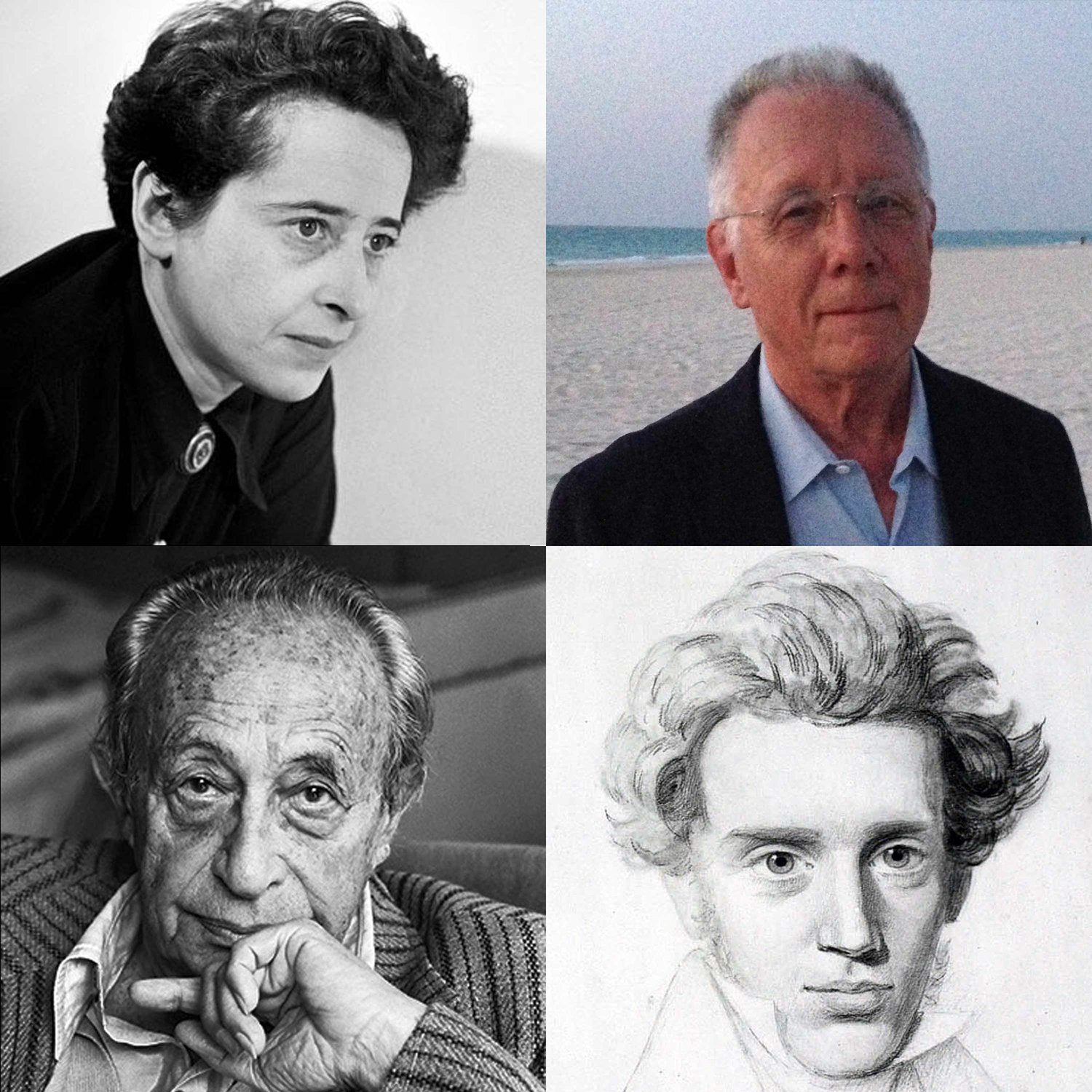
Highlights - HAROLD P. SJURSEN - Professor of Philosophy - Science, Technology, the Arts
“Technoscience in the first place has increased the power of our actions by orders of magnitude that you can't even really imagine. Nuclear warfare being the most stunning example of that awakened a whole generation to the need for something like engineering ethics, or the complexity of machines that only a very small group of people have sufficient expertise to even understand how they work. To the fact that the consequences of technology are often irreversible and don't appear until way in the
Mar 16, 2023 • 12:45

HAROLD P. SJURSEN - Professor of Philosophy - Science, Technology, the Arts
Harold P. Sjursen is an educator and administrator having served on the faculty of both a liberal arts college and school of engineering. His background is in the history of philosophy, but since childhood has sustained an interest in science and technology. His current research interests focus on the philosophy of technology, global philosophy, and technological ethics. His engineering education projects address issues related to the internationalization of higher education, the integration of
Mar 16, 2023 • 42:32
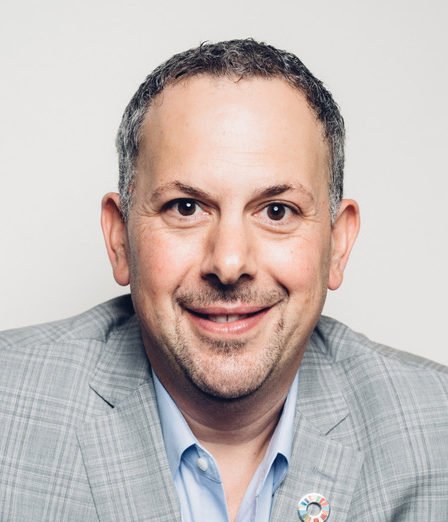
JOSH KAMPEL - CEO of Clarim Media
Josh Kampel is the CEO of Clarim Media where he oversees the overall strategic direction of the organization as well as works closely with the management teams of the individual portfolio companies to build scalable products and services. Prior to Clarim, Josh served as CEO of Techonomy Media, which was sold to Clarim Holdings in 2018. At Techonomy, Josh spent 8 years driving sustainable business growth through strategic partnerships and new product development. He built Techonomy to be one of t
Mar 14, 2023 • 40:54
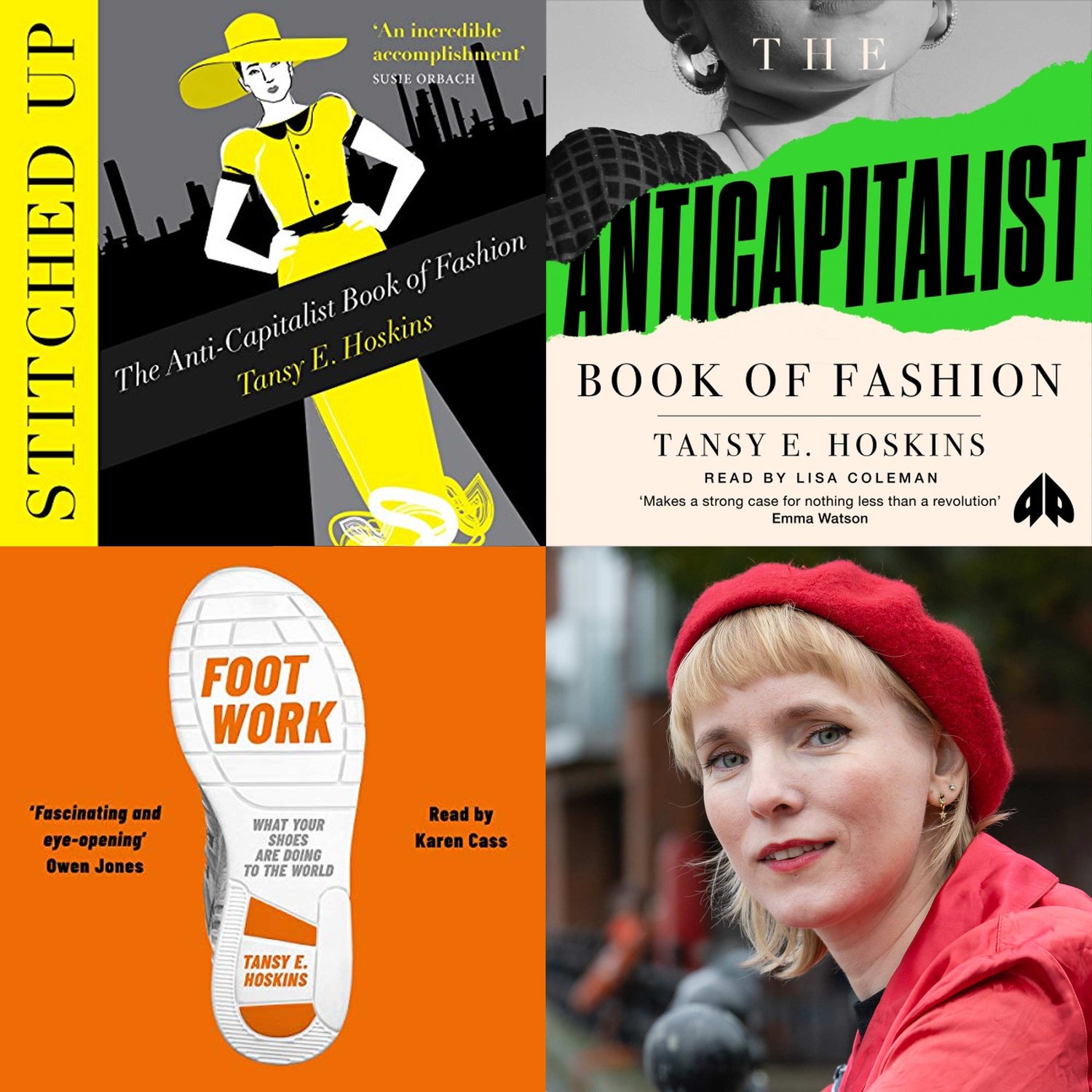
Highlights - TANSY E. HOSKINS - Author of "The Anti-Capitalist Book Of Fashion”, “Foot Work”, “Stitched Up”
“I definitely believe at the moment that fashion brands, big fashion in particular, they just exist to exploit people. It's an excuse to exploit the poor, basically. I see fashion as part of this very extractive global economic society where 100, 150 years ago, that extraction was very obvious. You had the enslavement of people. You had taxation. You had literally armies turning up and occupying the land that they wanted and just taking resources or land. These days it's more subtle, but the bra
Mar 3, 2023 • 10:47

TANSY E. HOSKINS - Author of "The Anti-Capitalist Book Of Fashion” - Freelance Fashion & Beauty Writer Award Winner
Tansy E. Hoskins is an award winning author and journalist who investigates the global fashion industry. She’s the author of The Anti-Capitalist Book Of Fashion, Foot Work, and Stitched Up. This work has taken her to Bangladesh, India, North Macedonia, and to the Topshop warehouses in Solihull.“I definitely believe at the moment that fashion brands, big fashion in particular, they just exist to exploit people. It's an excuse to exploit the poor, basically. I see fashion as part of this very extr
Mar 3, 2023 • 39:58

Highlights - SIR ANDY HAINES - Tyler Prize Award-winner - Fmr. Chair of WHO World Health Report - Chair InterAcademy Partnership
“In terms of the impacts of climate change on health when we started 30 years ago, because there was very little data then, so we made suggestions as to what we thought the health outcomes we thought would be affected like vector-borne diseases, crop failures, water availability, sea level rise, increasing disasters related to climatic extreme events, and obviously the effects of extreme heat on vulnerable populations. In particular, elderly people, but not just elderly people. So we suggested a
Mar 3, 2023 • 12:12

SIR ANDY HAINES - Tyler Prize Award-winner for Environmental Achievement - Prof. Env. Change & Public Health
Andy Haines was formerly a family doctor and Professor of Primary Health Care at UCL. He developed an interest in climate change and health in the 1990’s and was a member of the Intergovernmental Panel on Climate Change for the 2nd and 3rd assessment exercises and review editor for the health chapter in the 5th assessment. He was Director (formerly Dean) of the London School of Hygiene & Tropical Medicine from 2001- October 2010. He chaired the Scientific Advisory Panel for the 2013 WHO World He
Mar 3, 2023 • 46:04

Highlights - MARK BURGMAN - Author of “Trusting Judgments: How to Get the Best Out of Experts”
“The idea of expertise and expert judgment has been around and has been something that society depends upon for a long time, but there have been no serious empirical explorations of who's an expert, what a domain of expertise is, and what sort of frailties are experts susceptible to. Those things haven't been addressed in an empirical way until the last 30 years. Some of this work began in the fifties with Kahneman and Tversky. They began to explore the things that make people misjudge risky sit
Mar 1, 2023 • 11:02

MARK BURGMAN - Director, Centre for Environmental Policy, Imperial College London - Editor-in-Chief, Conservation Biology
Mark Burgman is Director of the Centre for Environmental Policy at Imperial College London and Editor-in-Chief of the journal Conservation Biology. He is author of Trusting Judgments: How to Get the Best Out of Experts. Previously, he was Adrienne Clarke Chair of Botany at the University of Melbourne, Australia. He works on expert judgement, ecological modelling, conservation biology and risk assessment. He has written models for biosecurity, medicine regulation, marine fisheries, forestry, ir
Mar 1, 2023 • 44:27

Highlights - NICHOLAS ROYLE - "An Introduction to Literature, Criticism and Theory"
Mother: A Memoir“Pre-word In my mind's eye she is sitting at the circular white Formica-top table in the corner. Morning sunlight fills the kitchen. She has a cup of Milky Nescafé Gold Blend and is smoking a purple Silk Cut. She is dressed for comfort in a floral bronze-and-brown blouse and blue jumper with light gray slacks and blue slippers. She is absorbed in a crossword (The Times) but not oblivious. She does what always takes me aback. She reads out one of the clues. As if I would know the
Feb 24, 2023 • 10:30

NICHOLAS ROYLE - Co-author of "An Introduction to Literature, Criticism and Theory" - Author of “Mother: A Memoir”
Nicholas Royle is Professor Emeritus of English at the University of Sussex, England, where he has been based since 1999. He has also taught at the University of Oxford, the University of Tampere, and the University of Stirling; and has been a visiting professor at the universities of Århus, Santiago del Compostela, Turku, Manitoba, and Lille. He is a managing editor of the Oxford Literary Review and director of Quick Fictions. He has published many books, including Telepathy and Literature, E.M
Feb 24, 2023 • 52:48

Highlights - JILL HEINERTH - Explorer, Presenter, Author of “Into The Planet: My Life as a Cave Diver”
“It's such a privilege swimming through these places. And I almost feel like I'm getting a secret peak into the body of the planet and that's a very precious and almost a sacred kind of collaboration where I get to experience this, I get to see this, but if I'm going to take these insanely challenging risks I need to make it worthwhile and share what I've seen so that other people have the benefit of understanding, a better conception of our connected planet. Both in the short term and in the lo
Feb 10, 2023 • 12:11

JILL HEINERTH - Explorer, Presenter, Author of “Into The Planet: My Life as a Cave Diver”
Jill Heinerth is a Canadian cave diver, underwater explorer, writer, photographer, and filmmaker. She is a veteran of over thirty years of filming, photography, and exploration on projects in submerged caves around the world. She has made TV series, consulted on movies, written several books and is a frequent corporate keynote speaker. Jill is the first Explorer in Residence for the Royal Canadian Geographical Society, recipient of Canada’s prestigious Polar Medal and is a Fellow of the Internat
Feb 10, 2023 • 53:05

Highlights - Robert Sternberg - Fmr. President, American Psychological Assoc. - Author of “Adaptive Intelligence”
“I think what happens in the United States is that politics have become so cynical and so dishonest that the words are just thrown around to scare people. The politics in many countries, including my own, especially of one of the parties, is simply a politics of fear and anger. Scare 'em, make 'em angry. And to some extent, both parties in the United States are doing that. So I think that it's not about whether the word is socialism or collectivism, it's really that at this point, given the way
Jan 27, 2023 • 13:06
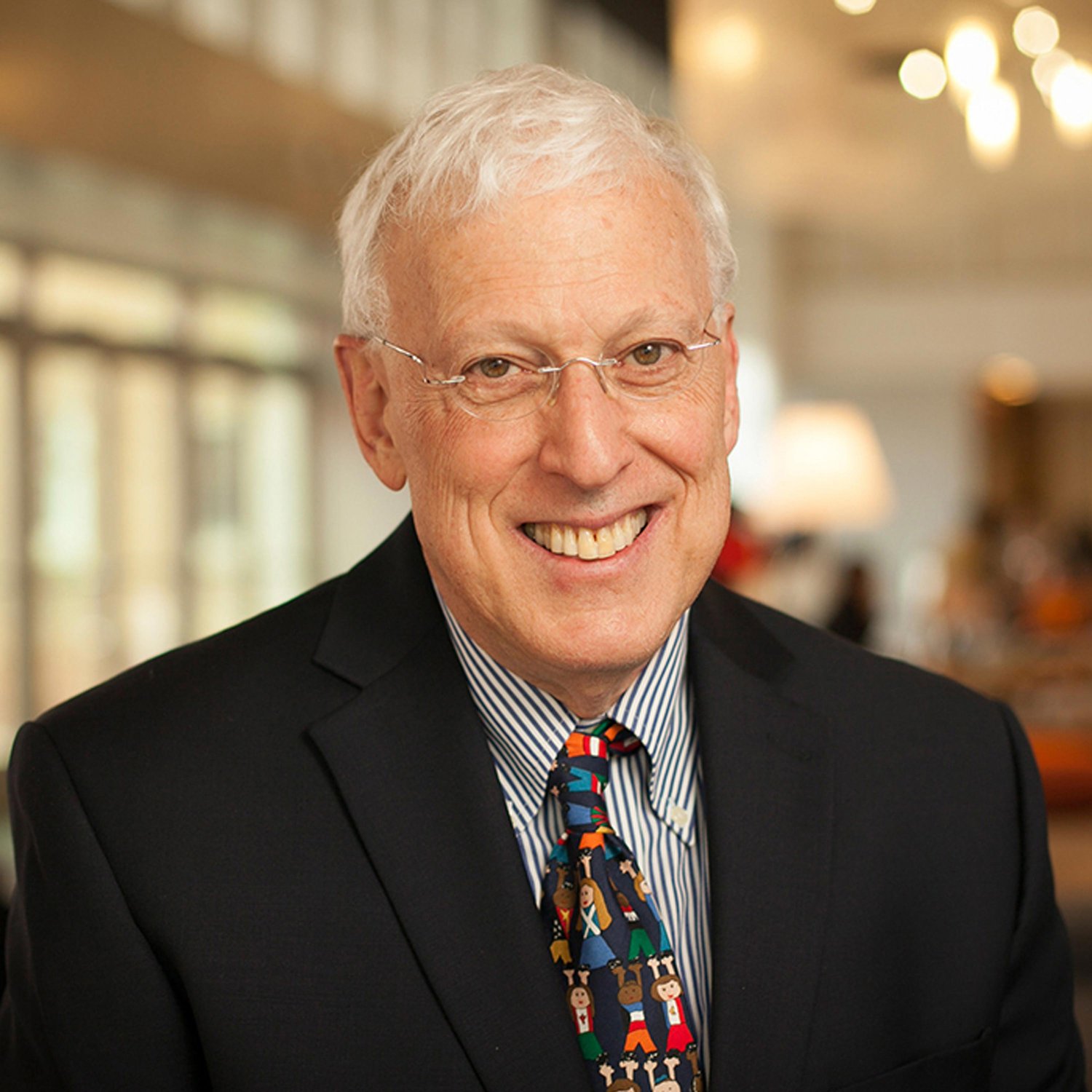
Robert Sternberg - Award-winning Educator - Author of “Adaptive Intelligence” - Fmr. President, American Psychological Assoc.
Robert J. Sternberg is Professor of Human Development at Cornell University and Honorary Professor of Psychology at the University of Heidelberg, Germany. He is a past winner of the Grawemeyer Award in Psychology, and the William James and James McKeen Cattell Awards of the Association for Psychological Science. Sternberg has served as President of the American Psychological Association, and the Federation of Associations in Behavioral and Brain Sciences. His latest book is Adaptive Intelligence
Jan 27, 2023 • 51:16

Highlights - Julio Ottino - Founding Co-Director of Northwestern Institute on Complex Systems
Today's complex problems demand a radically new way of thinking — one in which art, technology, and science converge to expand our creativity and augment our insight. Creativity must be combined with the ability to execute; the leaders and innovators of the future will have to understand this balance and manage such complexities as climate change and pandemics. The place of this convergence is THE NEXUS. In this provocative and visually striking book, Julio Mario Ottino and Bruce Mau offer a gui
Jan 26, 2023 • 10:31

Julio Ottino - Author of “The Nexus: Augmented Thinking for a Complex World - The New Convergence of Art, Technology, and Science”
Julio Ottino is an artist, researcher, author, and educator at Northwestern University. He is the author, with Bruce Mau, of The Nexus: Augmented Thinking for a Complex World - The New Convergence of Art, Technology, and Science. He was the founding co-director of the Northwestern Institute on Complex Systems. In 2008, he was listed in the “One Hundred Engineers of the Modern Era”. In 2017, he was awarded the Bernard M. Gordon Prize for Innovation in Engineering and Technology Education from the
Jan 25, 2023 • 54:43
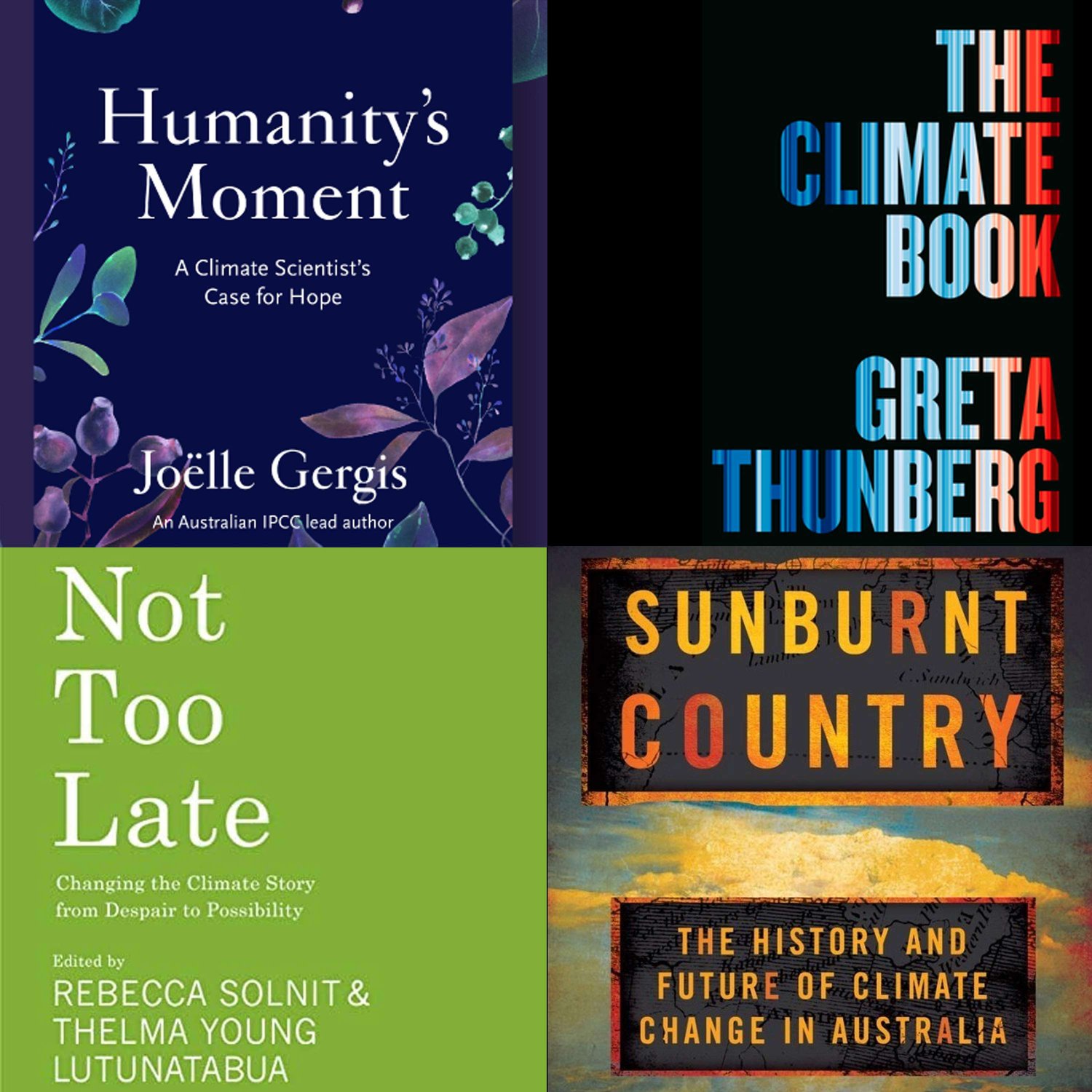
Highlights - Joëlle Gergis - Lead Author - IPCC Sixth Assessment Report - Author of “Humanity’s Moment”
"The reason why I became a scientist, to be honest, is because of my deep love for the natural world and living in a country like Australia, which is absolutely extraordinary. You know, we have more unique plants and animals than anywhere on the planet. So more than places like Brazil or Papua New Guinea or Madagascar, these places you think of as being richly biodiverse. Australia actually tops the list, just in terms of the uniqueness of our natural environment. And so growing up in a place li
Jan 6, 2023 • 10:13

Joëlle Gergis - Lead Author - IPCC Sixth Assessment Report - Author of “Humanity’s Moment”
Dr. Joëlle Gergis is an award-winning climate scientist and writer at the Australian National University. She served as a lead author for the IPCC Sixth Assessment Report and is the author of Humanity’s Moment: A Climate Scientist’s Case for Hope and Sunburnt Country: The History and Future of Climate Change in Australia. Joëlle has also contributed chapters to The Climate Book by Greta Thunberg, and Not Too Late: Changing the Climate Story from Despair to Possibility, edited by Rebecca Solnit a
Jan 6, 2023 • 47:11

Highlights - Nina Hall - Author of “Transnational Advocacy in the Digital Era”
"Climate activists also successfully reframed debates on loss and damage as a justice issue, and lobbied alongside vulnerable states for it to be a separate article of the Paris Agreement. NGO advocacy may lead to the closure of coal plants or mines. However, scholars continue to debate how, when, and why, transnational environmental advocacy has an impact. After all, there are many different ways to understand their influence, including mobilizing people; gaining media coverage; shaping societa
Dec 17, 2022 • 13:20

Nina Hall - Author of “Transnational Advocacy in the Digital Era: Think Global, Act Local”
Nina Hall is an Assistant Professor in International Relations at Johns Hopkins School of Advanced International Studies (Europe). She previously worked as a Lecturer at the Hertie School of Governance, where she published her first book Displacement, Development, and Climate Change: International Organizations Moving Beyond their Mandates? Her latest book is Transnational Advocacy in the Digital Era: Think Global, Act Local. She holds a DPhil in International Relations from the University of Ox
Dec 17, 2022 • 44:52

Highlights - Alberto Savoia - Author of “The Right It” - Google’s 1st Engineering Director
"I live in a community. It's about 170 homes, and we're all neighbors. We have a shared mailing list. And so I'm a big fan of this small experiment. You know if I need a 30-foot ladder to inspect my roof. I'm not going to go buy it to use it once. We have this circular economy and sharing. If I make too much food, I just post it and ask my neighbors, Hey, is anybody interested in this? So I think that on a small scale, I see it happening much more.I'm lucky I work in a community where I've known
Dec 16, 2022 • 10:47

Alberto Savoia - Google’s 1st Engineering Director - Author of “The Right It”
Alberto Savoia was Google’s first engineering director and is currently Innovation Agitator Emeritus, where, among other things, he led the development and launch of the original Google AdWords. He is the author of The Right It: Why So Many Ideas Fail and How to Make Sure Yours Succeed, a book that provides critical advice for rethinking how we launch a new idea, product, or business, and gives insights to help successfully beat the law of market failure: that most new products will fail, even i
Dec 16, 2022 • 1:01:54
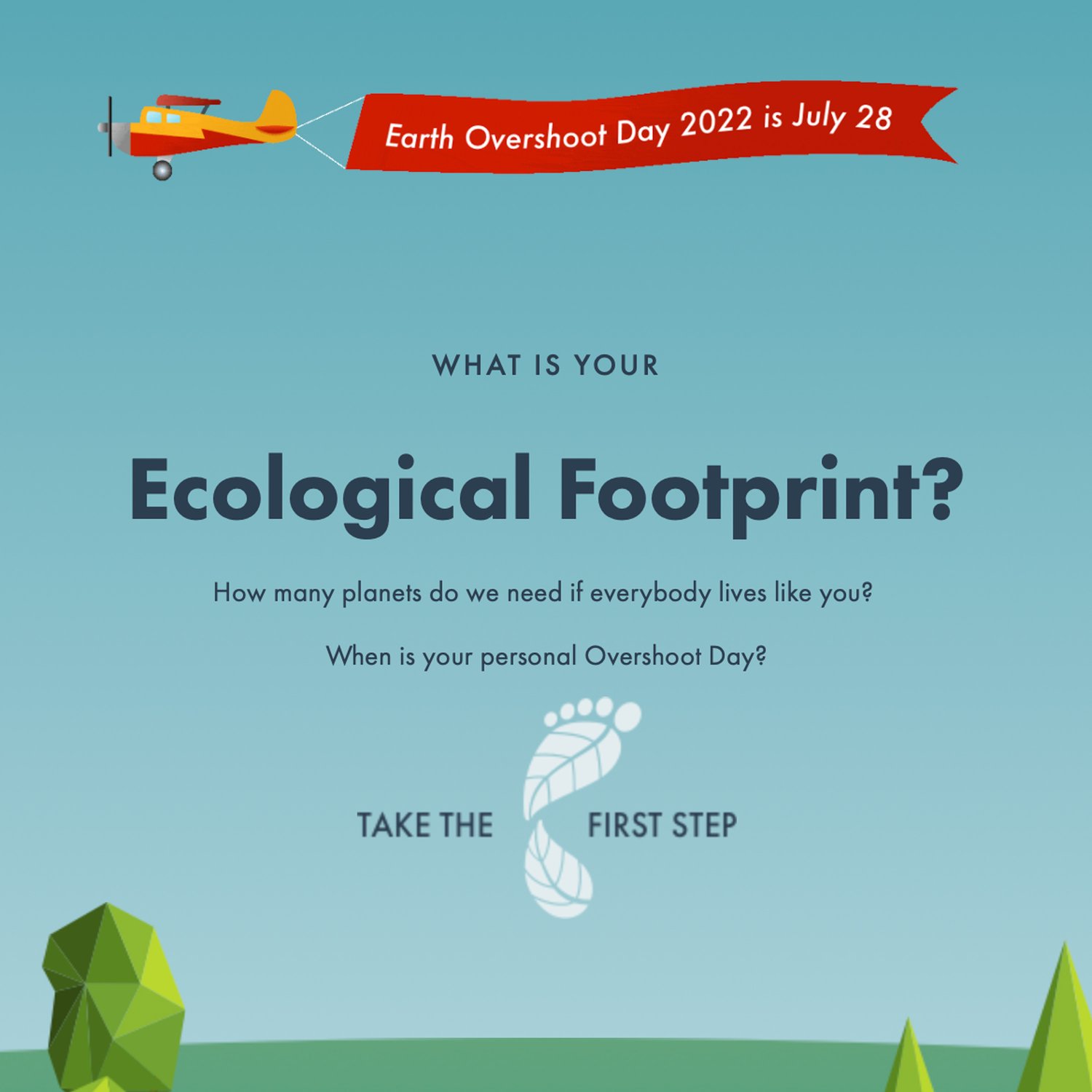
Highlights - Mathis Wackernagel - Founder, Pres., Global Footprint Network - World Sustainability Award Winner
"In my way of talking, I try to move away from the word responsibility because people don't come to me and say, 'Thank you so much for giving me responsibility,' rather they avoid me at parties and so, how do we talk about it? So I like more the metaphor of brushing your teeth. Brushing your teeth is not so much an imposition. You must brush your teeth, otherwise, you're a really bad person, you know? No, you just brush your teeth because you want to have healthy teeth. It's not a capitalist plo
Dec 9, 2022 • 13:28
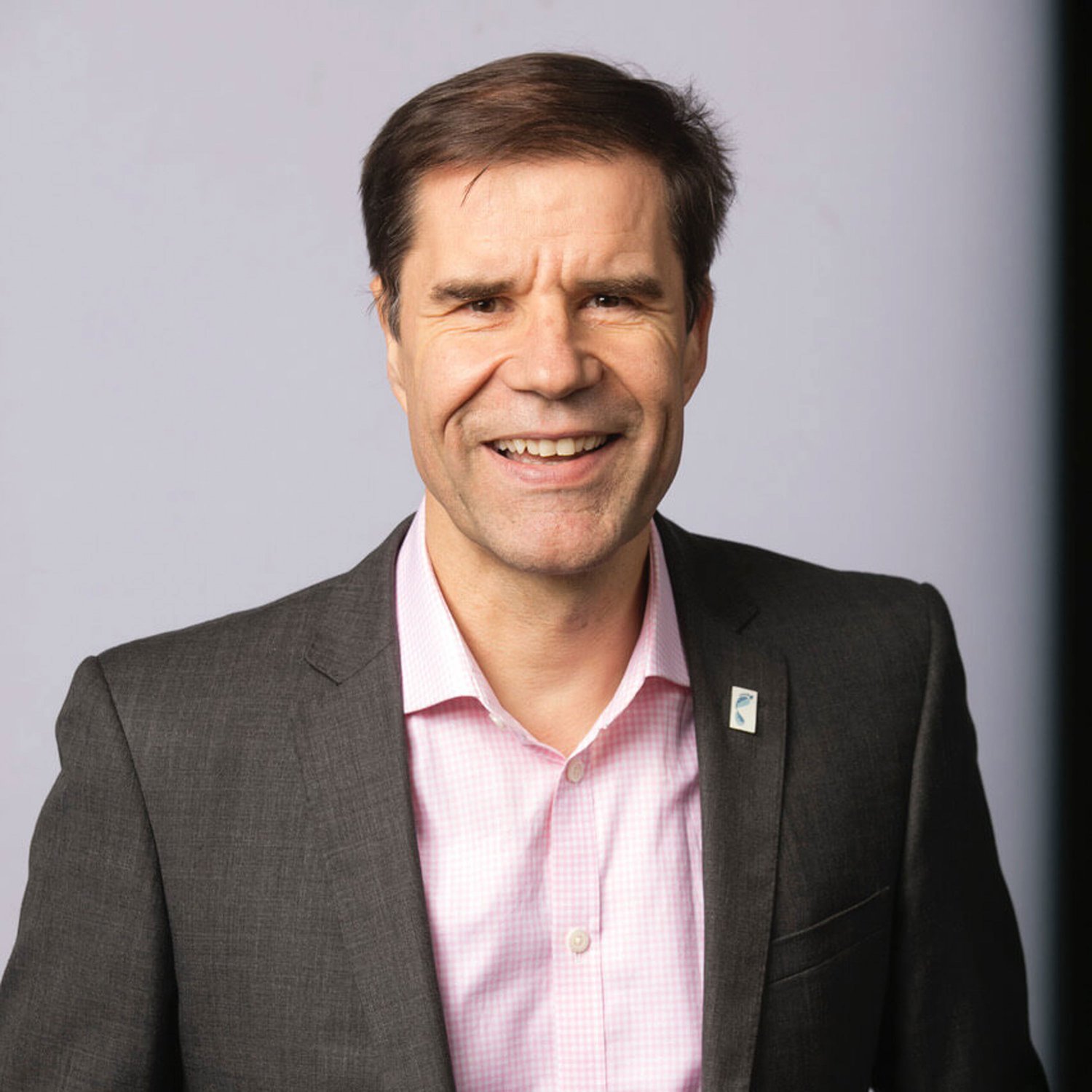
Mathis Wackernagel - Founder, President, Global Footprint Network - World Sustainability Award Winner
Mathis Wackernagel is Co-founder and President of Global Footprint Network. He created the Ecological Footprint with Professor William Rees at the University of British Columbia as part of his Ph.D. in community and regional planning. Mathis also earned a mechanical engineering degree from the Swiss Federal Institute of Technology. Mathis has worked on sustainability with governments, corporations and international NGOs on six continents and has lectured at more than 100 universities. Mathis has
Dec 9, 2022 • 44:45

Highlights - Kristin Ohlson - Author of Sweet in Tooth and Claw, and The Soil Will Save Us
"In some ways, our insistence on dominating is actually destroying us.""It definitely is destroying us. It definitely destroys ecosystems. And I think part of the reason that this story of cooperation among living things appeals to me so much. I mean, in my book Sweet in Tooth and Claw, I look at the work of lots of scientists who studying how nature works and discovering all these incredible connections among living things that certainly help them thrive and help ecosystems thrive.But I think i
Dec 1, 2022 • 12:10
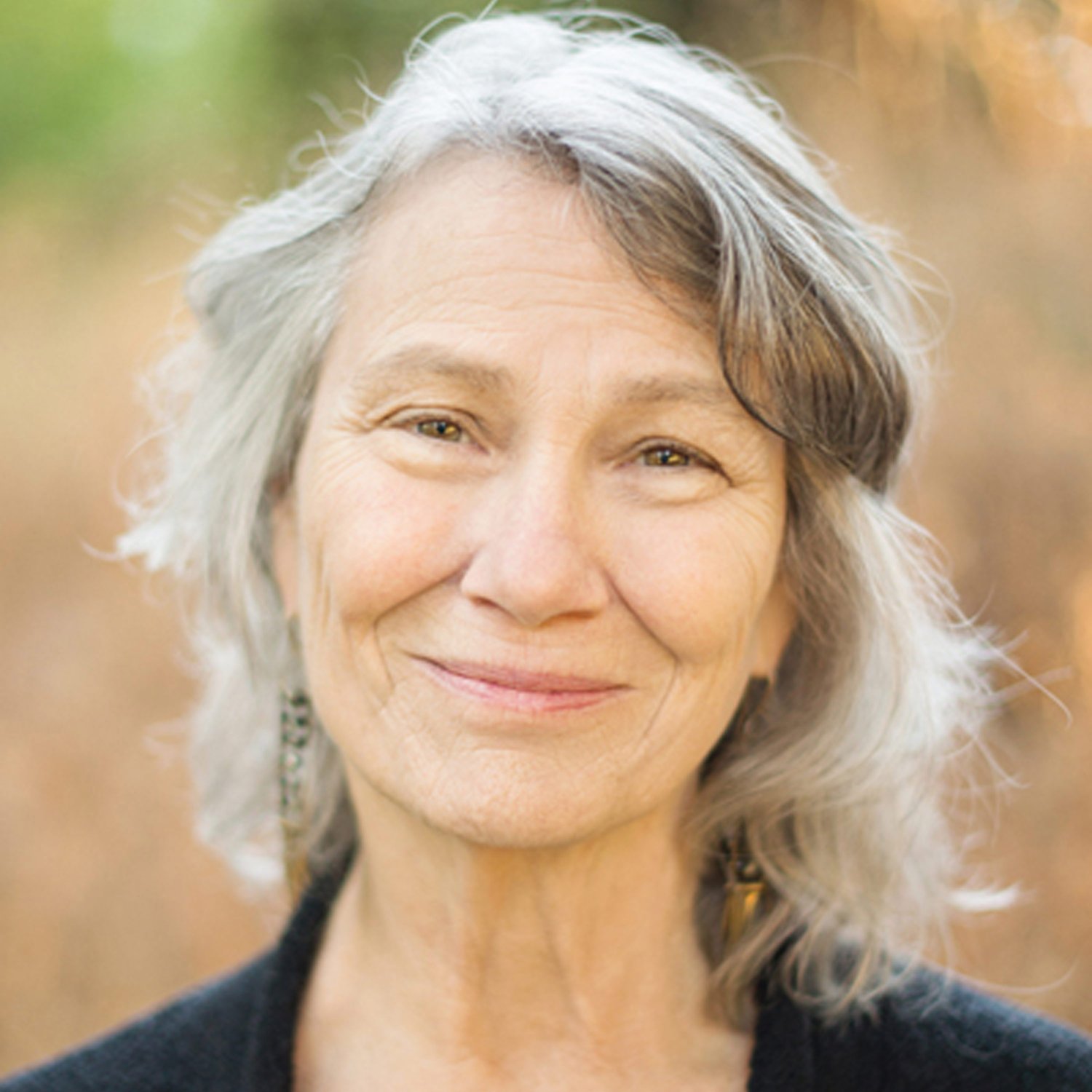
Kristin Ohlson - Author of Sweet in Tooth and Claw: Stories of Generosity and Cooperation in the Natural World
Kristin Ohlson is the author of Sweet in Tooth and Claw: Stories of Generosity and Cooperation in the Natural World. Her other books include The Soil Will Save Us: How Scientists, Farmers and Foodies are Healing the Soil to Save the Planet, and Kabul Beauty School: An American Woman Goes Behind the Veil. Olson appears in the award-winning documentary film Kiss The Ground, speaking about the connection between soil and climate. Her work has appeared in the New York Times, Smithsonian, Discover, N
Dec 1, 2022 • 48:12

Highlights - Walter Stahel - Architect, Founding Father of Circular Economy - Founder-Director, Product-Life Institute
"We have to solve three problems. We have to create a low-waste society through incentives to change individual behavior from consumer to user through loss and waste prevention, and intelligent resource management. We also have to create a low-carbon society by preserving the water, electricity, and CO2 emissions embodied in physical assets or through innovation in green electricity and circular energy. And the third challenge, which is probably the biggest, we have to create a low anthropogenic
Nov 23, 2022 • 18:05

Walter Stahel - Architect, Economist, Founding Father of Circular Economy - Founder-Director, Product-Life Institute
Walter R. Stahel is the Founder-Director of the Product-Life Institute (Switzerland), the oldest established consultancy in Europe devoted to developing sustainable strategies and policies. He is Senior Research Fellow at the Circular Economy Research Centre, Ecole des Ponts Business School and Visiting Professor in the Department of Engineering and Physical Sciences, University of Surrey. He is also a full member of the Club of Rome. He was awarded degrees of Doctor honoris causa by the Univers
Nov 23, 2022 • 51:39

Highlights - Colin Steen - CEO OF Legacy Agripartners - Farming, Rural America, Sustainability
"Farming was really important to him. My dad brought cattle into the farm. He didn't have a high school education at the time, went back in the late eighties to finish off his high school diploma, which was something I'm incredibly proud of him for doing that. And farming in the late eighties was tough. And tough for mom and dad. So, a lot of the land was borrowed at 18 to 21% interest rates. The old Volcker years, right? So, incredibly high interest rates. And then when it didn't rain in '88 an
Nov 22, 2022 • 9:47

Colin Steen - CEO OF Legacy Agripartners - Farming, Rural America, Sustainability
Colin Steen is CEO of Legacy Agripartners. He has had a lifelong career in agriculture, spending over 25 years with Syngenta in a variety of commercial leadership and Venture Capital roles before joining Legacy Seed Companies (now Legacy Agripartners) in July 2020. His prior experience in running Golden Harvest Seeds has given him a deep understanding of the needs of the U.S. farmer. Colin grew up on a grain and cattle farm in Weldon, Saskatchewan, and holds a B.S. in Agriculture from the Univer
Nov 22, 2022 • 44:59

Highlights - Todd Kashdan - APA Award-winning Author of The Art of Insubordination, and Curious?
“That's the challenging part. And I think part of what I'm trying to do to educate the public about this: Part of being persuasive is acknowledging the two-sided message of trying to talk about climate change. So everyone talks about the benefits, and no one talks about the costs. You have to acknowledge short-term sacrifices, financially, socially, and then value-wise. If you've identified with a group where the origin of the Fords, you know, Ford Model T cars, and if you're really a big car af
Nov 15, 2022 • 15:10

Todd Kashdan - Award-winning Author of “The Art of Insubordination: How to Dissent and Defy Effectively”
Todd B. Kashdan, Ph.D., is professor of psychology at George Mason University, and a leading authority on well-being, curiosity, courage, and resilience. He has published more than 220 scientific articles, his work has been cited more than 35,000 times, and he received the American Psychological Association’s Award for Distinguished Scientific Early Career Contributions to Psychology. He is the author of several books, including The Art of Insubordination: How to Dissent and Defy Effectively, Cu
Nov 15, 2022 • 57:31

Highlights - Alain Robert - Famous Rock and Urban Climber - "The French Spider-Man”
“First of all, maybe being a little more concerned about global warming. But it's a huge task ahead because things are also - you know, I am living in Bali. It is the Developing World. So it means the quality of tuition is not, sometimes is not good enough. So kids, they are not really concerned, and they're totally unaware, and their parents are also unaware. So it means that in some parts of the globe, it'll take ages before people start to feel concerned. You know, we are having every year a
Nov 5, 2022 • 13:52

Alain Robert - Famous Rock and Urban Climber - "The French Spider-Man”
Alain Robert is a renowned rock climber and urban climber. Known as "the French Spider-Man” or "the Human Spider," Robert is famous for his free solo climbing, scaling skyscrapers using no climbing equipment except for a small bag of chalk and a pair of climbing shoes. Some of his most notable ascents include the Burj Khalifa, the Eiffel Tower, and the Sydney Opera House, as well as other of the world's tallest skyscrapers. He is also a motivational speaker and the author of With Bare Hands: The
Nov 5, 2022 • 46:29

Highlights - Maya van Rossum - Author of “The Green Amendment: The People's Fight for a Clean, Safe, and Healthy Environment”
“What is a Green Amendment? It is language that recognizes the rights of all people to clean water and clean air, a stable climate, and healthy environments, and obligates the government to protect those rights and the natural resources of the state for the benefit of all the people in the state, or if it was a federal green amendment in the United States, and they become obliged to protect those environmental rights and those natural resources for the benefit of both present and future generati
Oct 20, 2022 • 13:04
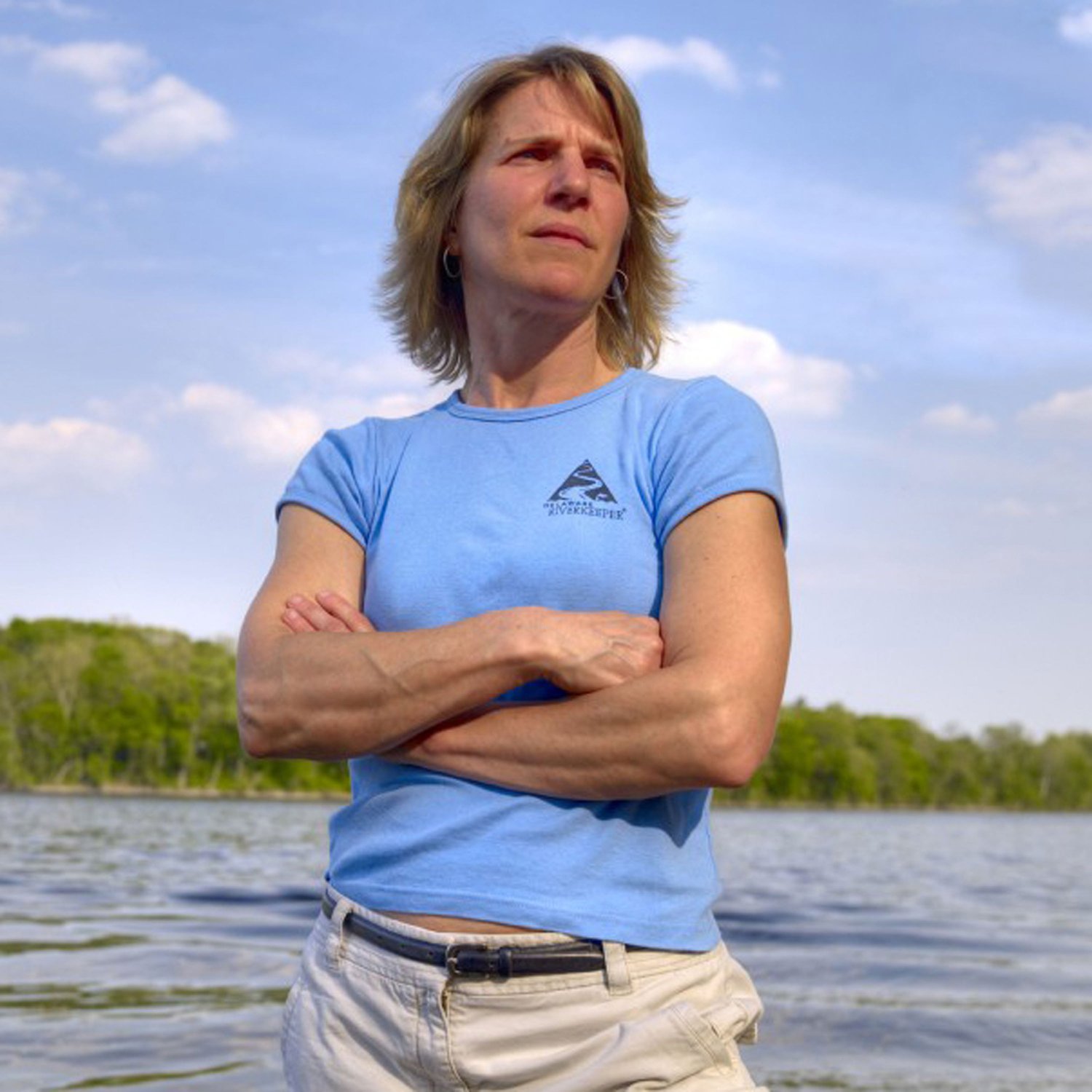
Maya van Rossum - Founder of Green Amendments For The Generations - Delaware Riverkeeper
Maya K. van Rossum is the founder of Green Amendments For The Generations, a national nonprofit organization dedicated to inspiring passage of Green Amendments in every state constitution across our nation, and also at the federal level when the time is right. She is an environmental attorney, community organizer, and the Delaware Riverkeeper, leading the regional advocacy organization, the Delaware Riverkeeper Network, for over 30 years. The Delaware Riverkeeper Network works throughout the fou
Oct 20, 2022 • 58:33

Highlights - Britt Wray - Author, Researcher Working on Climate Change and Mental Health
"So I have a background in conservation biology and have been a science communicator for well over a decade and a half now, and of course, doing that work you're confronted with climate, environmental reports and studies, which were a consistent part of my emotional baseline, just being aware of the fact that this is not all going well, which every now and then would make me feel low, for sure, in a way that was quite noticeable. But it became much more poignant in my life in 2017 when my partne
Oct 18, 2022 • 12:35

Britt Wray - Author of “Generation Dread: Finding Purpose in an Age of Climate Crisis”
Britt Wray is the author of Generation Dread: Finding Purpose in an Age of Climate Crisis. She's a writer and broadcaster researching the emotional and psychological impacts of the climate crisis. Born and raised in Toronto, Canada, she is a post-doctoral fellow at Stanford University and the London School of Hygiene and Tropical Medicine, where she investigates the mental health consequences of ecological disruption. She holds a PhD in Science Communication from the University of Copenhagen. He
Oct 18, 2022 • 42:06

Highlights - Jay Famiglietti - Exec. Director - Global Institute for Water Security, Host of “What About Water?” Podcast
"I think water is taking a backseat and personally, I feel like water is the messenger that delivers the bad news of climate change to your front door. So in the work that I do, it's heavily intertwined, but it's taking a backseat. There are parts about water that are maybe separate from climate change, and that could be the quality discussions, the infrastructure discussions, although they are somewhat loosely related to climate change and they are impacted by climate change. That's sometimes p
Oct 14, 2022 • 10:14

Jay Famiglietti - Hydrologist, Exec. Director - Global Institute for Water Security, Host of "What About Water?" Podcast
Jay Famiglietti is a hydrologist, a professor and the Executive Director of the Global Institute for Water Security at the University of Saskatchewan, where he holds the Canada 150 Research Chair in Hydrology and Remote Sensing. He is also the Chief Scientist of the Silicon Valley tech startup, Waterplan. Before moving to Saskatchewan, he served as the Senior Water Scientist at the NASA Jet Propulsion Laboratory at the California Institute of Technology. From 2013 through 2018, he was appointed
Oct 14, 2022 • 53:23

Highlights - Dr. Jessica Hernandez - Author of “Fresh Banana Leaves: Healing Indigenous Landscapes through Indigenous Science"
"I think my vision for land stewardship is realistic, right? It's not going to go back to the way it was before climate change was a crisis, as it is now. It's not going to go back to before colonialism actually impacted many Indigenous lands. But I think with land stewardship, my vision is that the youth are also empowered to do that intergenerational learning and teaching because we often learn best from our elders, but oftentimes in school settings, we are only learning from the teachers, so
Oct 12, 2022 • 8:40
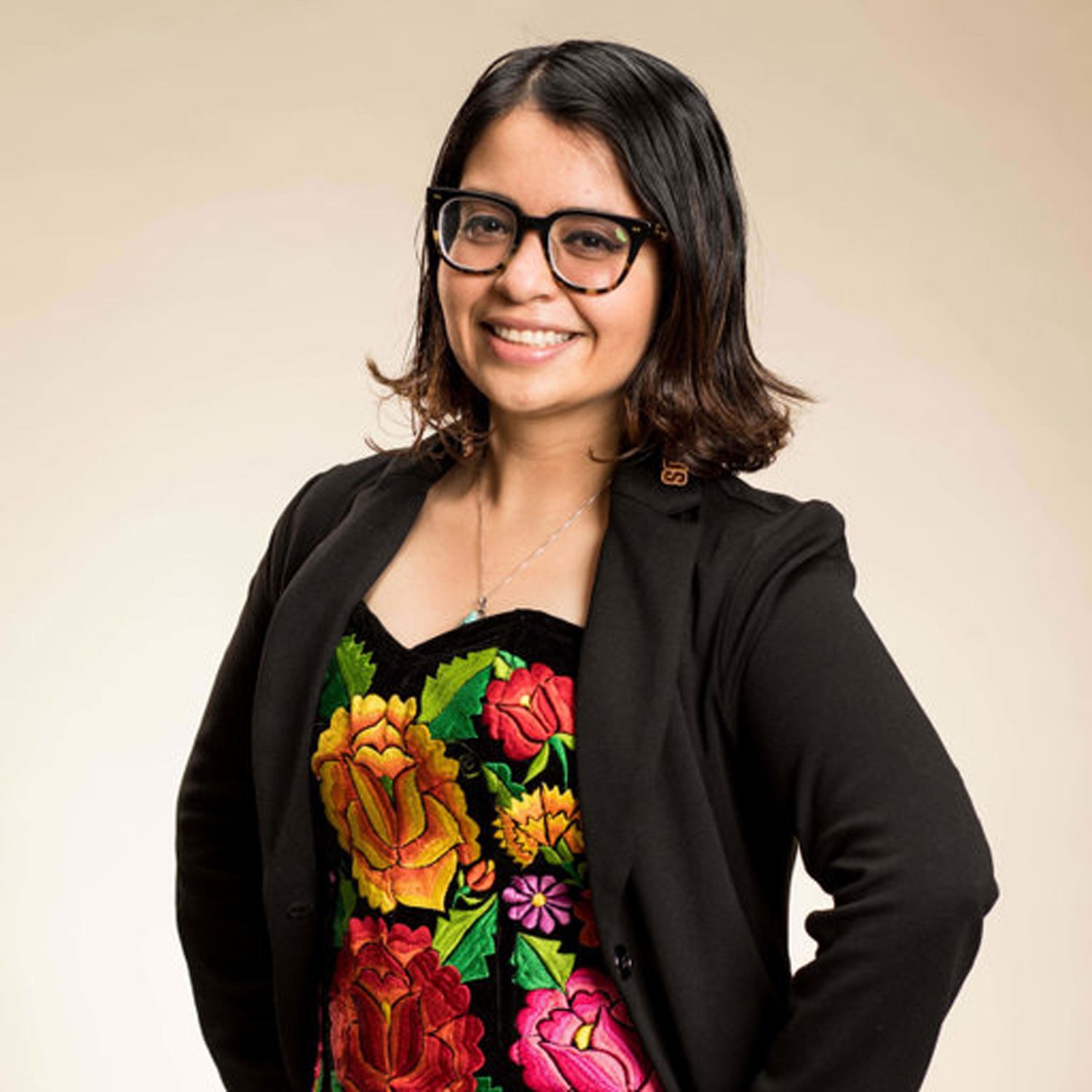
Dr. Jessica Hernandez - Transnational Indigenous Scholar, Scientist, Author of “Fresh Banana Leaves”
Dr. Jessica Hernandez (Binnizá & Maya Ch’orti’) is a transnational Indigenous scholar, scientist, and community advocate based in the Pacific Northwest. She has an interdisciplinary academic background ranging from marine sciences to environmental physics. She advocates for climate, energy, and environmental justice through her scientific and community work. Her book Fresh Banana Leaves: Healing Indigenous Landscapes through Indigenous Science breaks down why western conservationism isn’t workin
Oct 12, 2022 • 44:11

Highlights - Philip Fernbach - Cognitive Scientist - Co-Director, Ctr. for Research, Consumer Financial Decision Making - Co-author, “The Knowledge Illusion”
"I think the environment is such a challenging problem. Two of the major reasons for that are that it's a commons problem. Basically, there's a greater good, and we all have to sacrifice a little bit individually to achieve that greater good. People tend to be self interested, so those kinds of problems are really challenging because, I'm sitting here going, 'Should I cut back on my consumption? Or should I stop flying?'That's a cost to me in order to accrue a benefit to the group. And some peop
Sep 22, 2022 • 12:00

Philip Fernbach - Co-author of “The Knowledge Illusion” - Cognitive Scientist - Co-Director of Ctr. for Research on Consumer Financial Decision Making
Philip Fernbach is an Associate Professor of Marketing and Co-Director of the Center for Research on Consumer Financial Decision Making at the University of Colorado, Boulder, Leeds School of Business. He’s published widely in the top journals in cognitive science, consumer research and marketing, and received the ACR Early Career Award for Contributions to Consumer Research. He’s co-author with Steve Sloman of The Knowledge Illusion: Why We Never Think Alone, which was chosen as a New York Time
Sep 22, 2022 • 55:24

Highlights - Carl Safina - Author of “Becoming Wild: How Animal Cultures Raise Families, Create Beauty, and Achieve Peace”
"At the Safina Center, we're trying to work on values. Values I think are the fundamental thing. If you resonate with the values we're expressing, you would feel differently about the prices of things, just, for instance, oil and coal are really very cheap. They are priced cheaply. The price, the value, and the cost of things are three really different things.So the price of oil and coal is very cheap, but the cost of those things involves, well, let's just say coal for one example, it involves
Sep 15, 2022 • 11:10
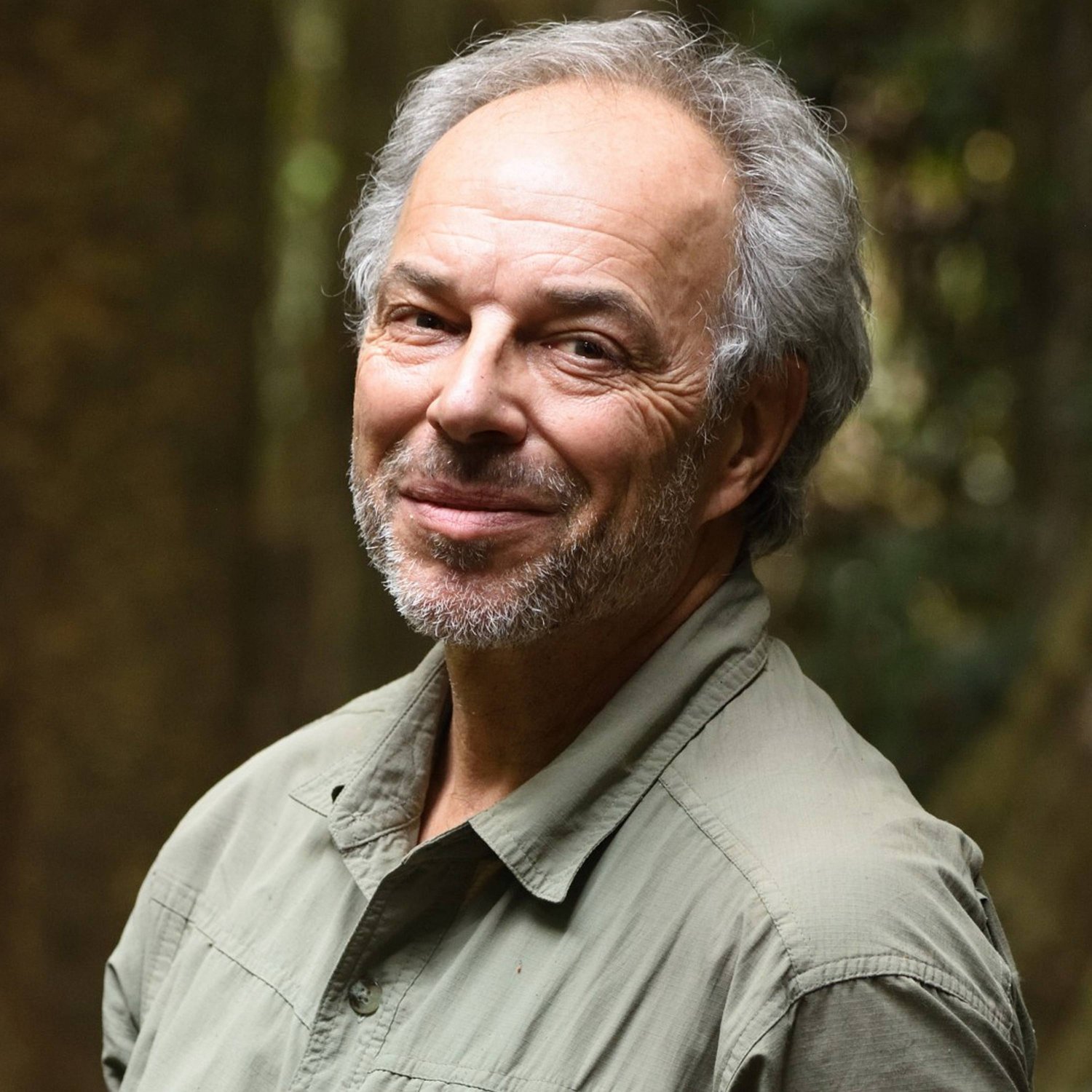
Carl Safina - Ecologist - Founding President of Safina Center - NYTimes Bestselling Author
Carl Safina’s lyrical non-fiction writing explores how humans are changing the living world, and what the changes mean for non-human beings and for us all. His work has been recognized with MacArthur, Pew, and Guggenheim Fellowships, and his writing has won Orion, Lannan, and National Academies literary awards and the John Burroughs, James Beard, and George Rabb medals. Safina is the inaugural holder of the endowed chair for nature and humanity at Stony Brook University, where he co-chairs the s
Sep 15, 2022 • 59:30
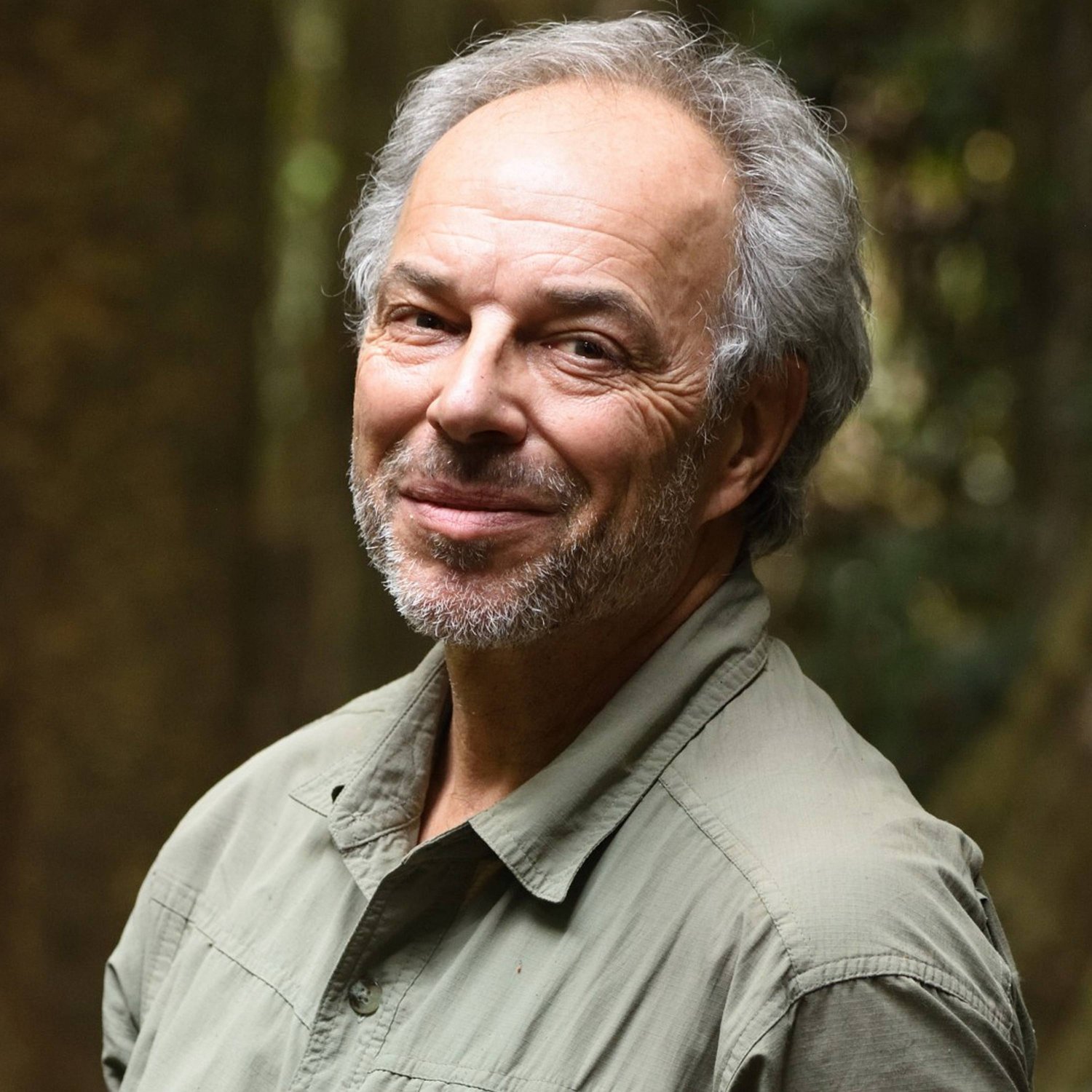
Carl Safina - Ecologist - Founding President of Safina Center - NYTimes Bestselling Author
Carl Safina’s lyrical non-fiction writing explores how humans are changing the living world, and what the changes mean for non-human beings and for us all. His work has been recognized with MacArthur, Pew, and Guggenheim Fellowships, and his writing has won Orion, Lannan, and National Academies literary awards and the John Burroughs, James Beard, and George Rabb medals. Safina is the inaugural holder of the endowed chair for nature and humanity at Stony Brook University, where he co-chairs the s
Sep 15, 2022 • 59:30

Highlights - Kent Redford - Co-author, ”Strange Natures: Conservation in the Era of Synthetic Biology”
"The field of synthetic biology, which is known by some as extreme genetic engineering – that's a name mostly used by people who don't like it - amounts to a set of tools that humans have developed to be able to very precisely and accurately change the genetic code, the DNA of living organisms in order to get those organisms to do things that humans want. So the applications in medicine are predominantly devoted to trying to make us healthier people, and they range from some really exciting work
Sep 9, 2022 • 13:20
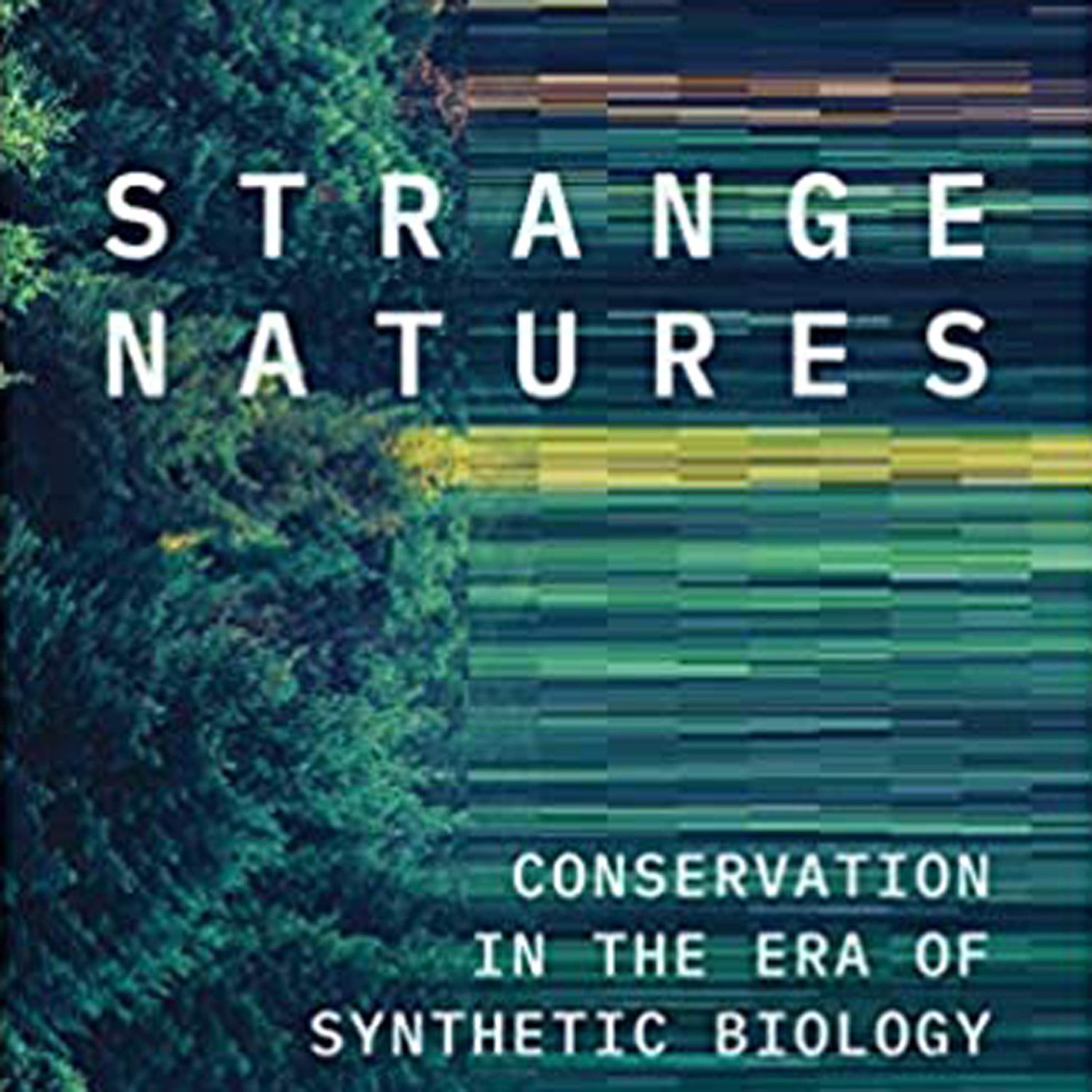
Highlights - Kent Redford - Co-author, ”Strange Natures: Conservation in the Era of Synthetic Biology”
"The field of synthetic biology, which is known by some as extreme genetic engineering – that's a name mostly used by people who don't like it - amounts to a set of tools that humans have developed to be able to very precisely and accurately change the genetic code, the DNA of living organisms in order to get those organisms to do things that humans want. So the applications in medicine are predominantly devoted to trying to make us healthier people, and they range from some really exciting work
Sep 9, 2022 • 13:20
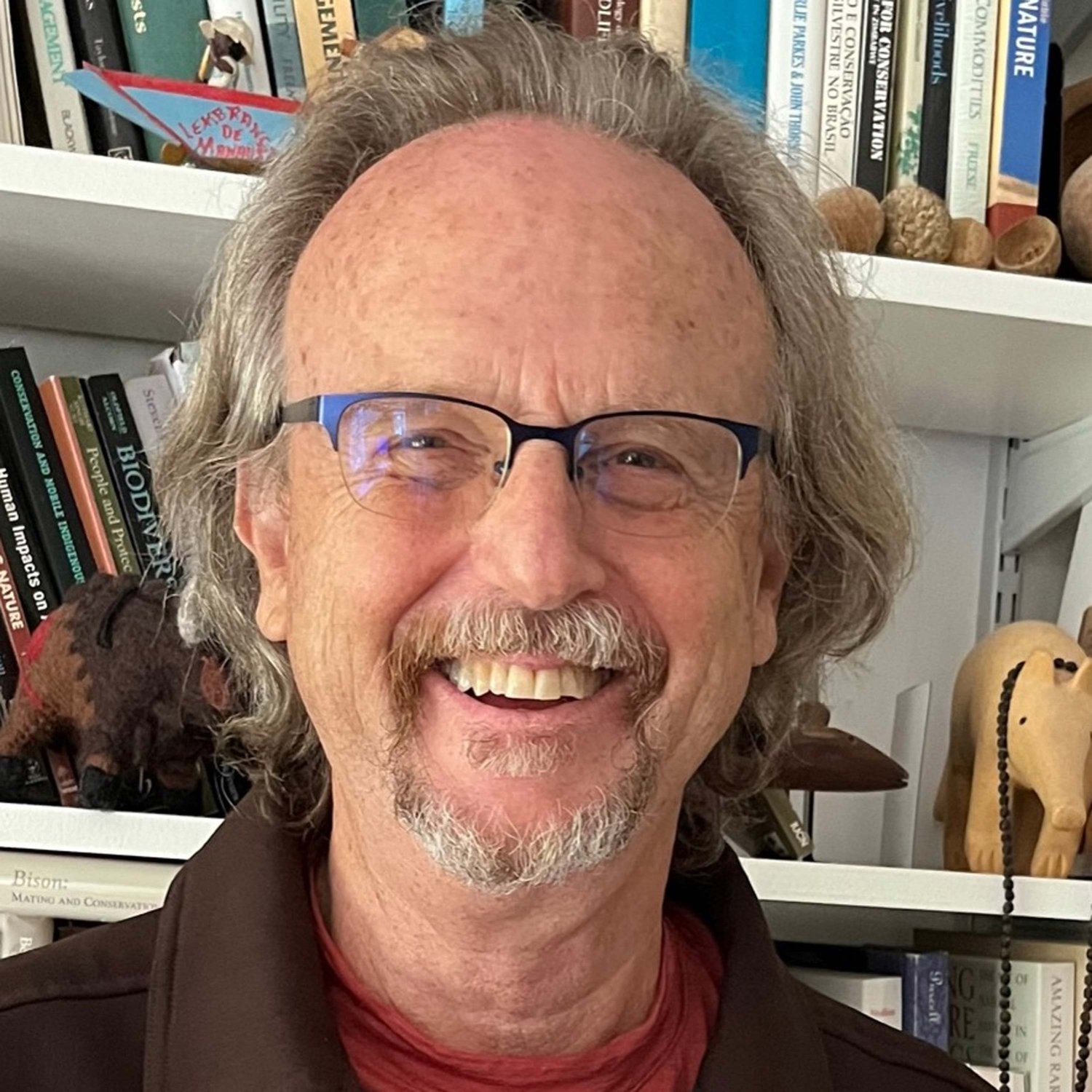
Kent Redford - Co-author of "Strange Natures: Conservation in the Era of Synthetic Biology”
Kent H. Redford is a conservation practitioner and Principal at Archipelago Consulting established in 2012 and based in Portland, Maine, USA. Archipelago Consulting was designed to help individuals and organizations improve their practice of conservation. Prior to Archipelago Consulting Kent spent 10 years on the faculty of University of Florida and 19 years in conservation NGOs with five years as Director of The Nature Conservancy’s Parks in Peril program and 14 years as Vice President for Cons
Sep 9, 2022 • 56:23

Kent Redford - Co-author of "Strange Natures: Conservation in the Era of Synthetic Biology”
Kent H. Redford is a conservation practitioner and Principal at Archipelago Consulting established in 2012 and based in Portland, Maine, USA. Archipelago Consulting was designed to help individuals and organizations improve their practice of conservation. Prior to Archipelago Consulting Kent spent 10 years on the faculty of University of Florida and 19 years in conservation NGOs with five years as Director of The Nature Conservancy’s Parks in Peril program and 14 years as Vice President for Cons
Sep 9, 2022 • 56:24

Highlights - Lars Chittka - Author of "The Mind of a Bee” - Founder, Research Centre for Psychology, QMUL
"Many of us are now aware that bees are in trouble due to manmade changes to the environment. Large-scale industrial agriculture, of course, means that often there are no floral resources over very large areas of farmland, and bees' flexibility in locating food sources of course can cope with that to some extent because they're very good at locating patches, but this ability only goes so far. Of course, if there are literally no flowers left or very few, then their learning ability won't help th
Sep 7, 2022 • 15:12
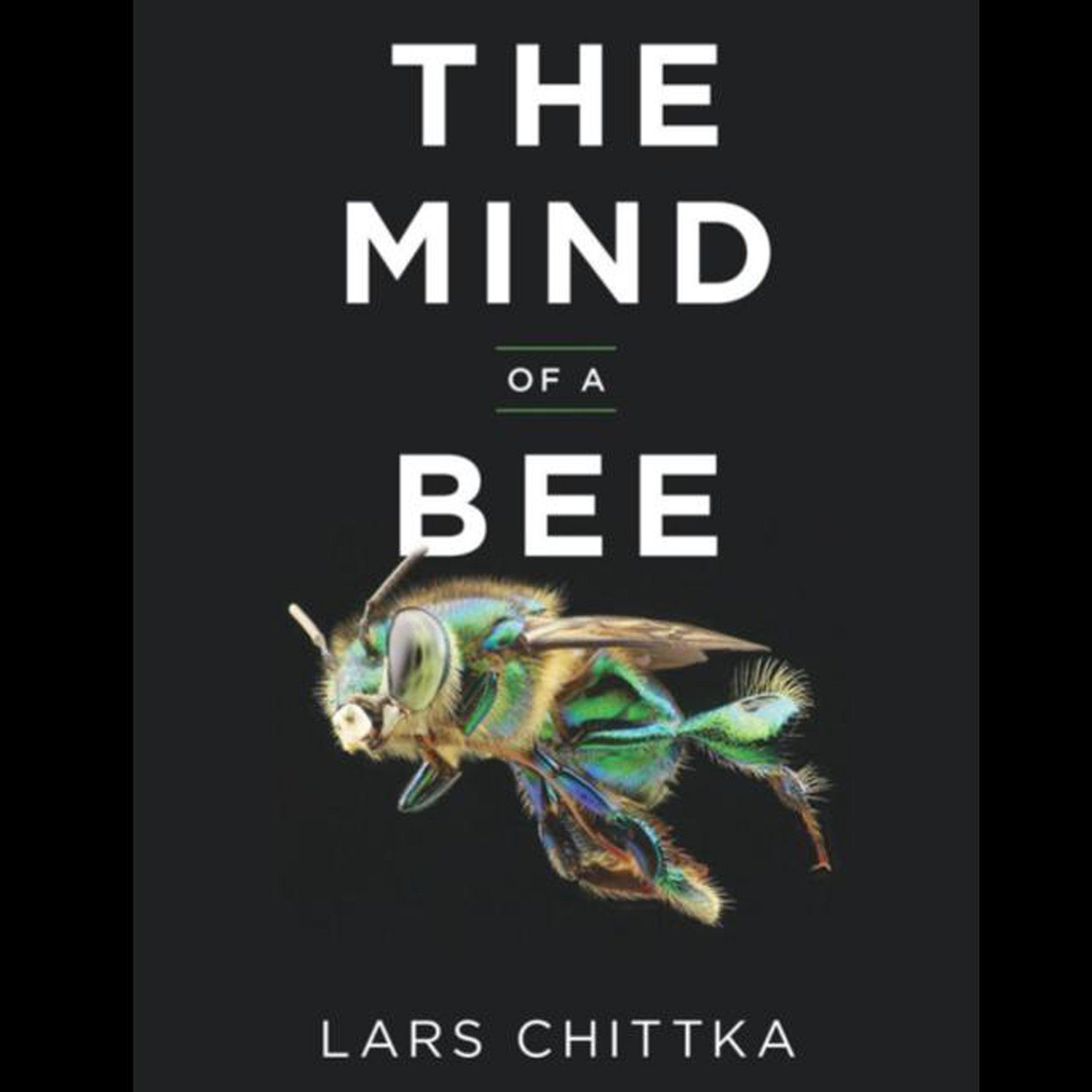
Highlights - Lars Chittka - Author of "The Mind of a Bee” - Founder, Research Centre for Psychology, QMUL
"Many of us are now aware that bees are in trouble due to manmade changes to the environment. Large-scale industrial agriculture, of course, means that often there are no floral resources over very large areas of farmland, and bees' flexibility in locating food sources of course can cope with that to some extent because they're very good at locating patches, but this ability only goes so far. Of course, if there are literally no flowers left or very few, then their learning ability won't help th
Sep 7, 2022 • 15:11
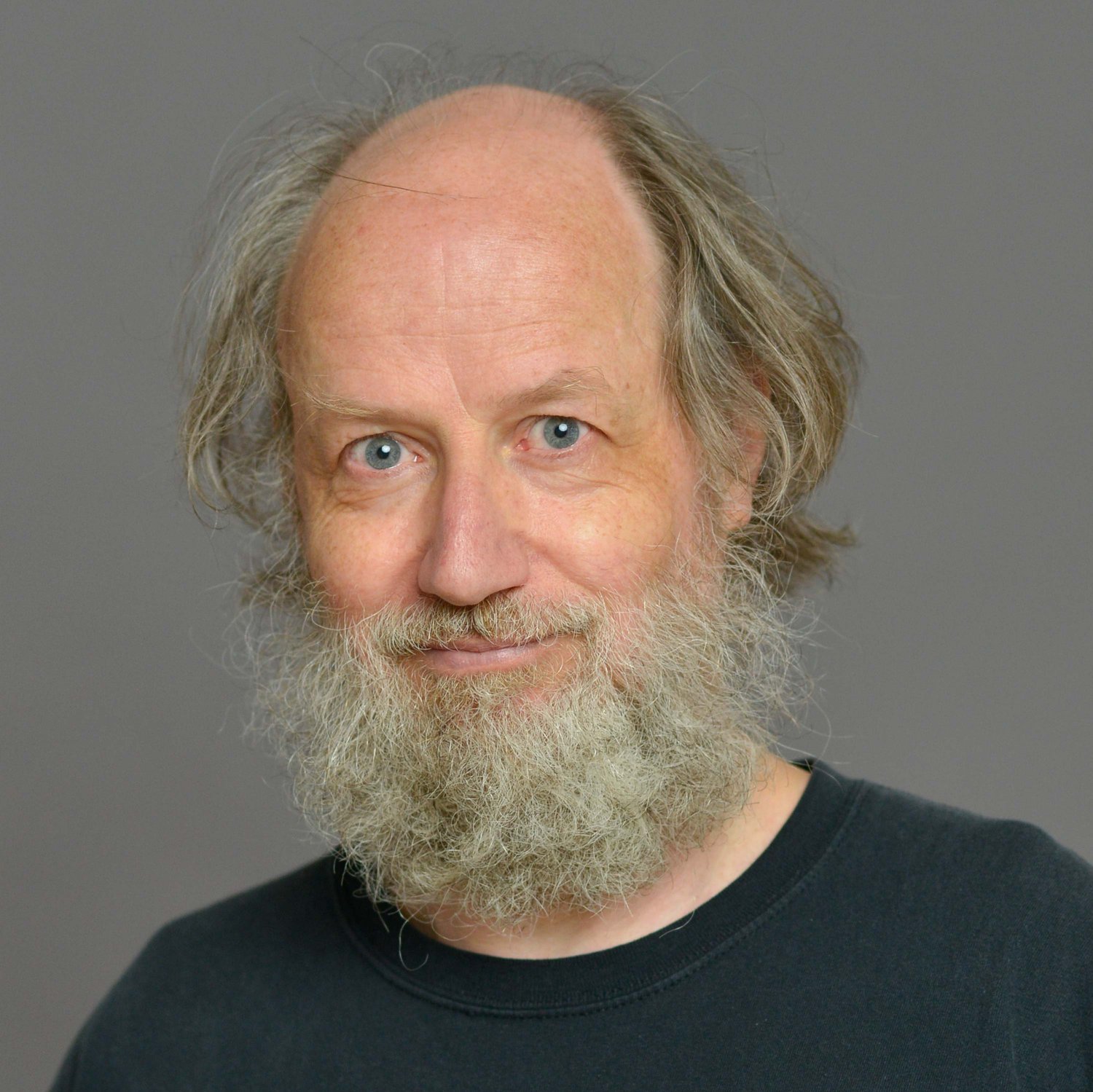
Lars Chittka - Author of "The Mind of a Bee” - Founder, Research Centre for Psychology, QMUL
Lars Chittka is professor of sensory and behavioral ecology at Queen Mary University of London, where he founded a new Research Centre for Psychology in 2008 and was its scientific director until 2012. He is the author of The Mind of a Bee and is the coeditor of Cognitive Ecology of Pollination. He studied Biology in Berlin and completed his PhD studies under the supervision of Randolf Menzel in 1993. He has carried out extensive work on the behaviour, cognition and ecology of bumble bees and ho
Sep 7, 2022 • 1:00:20

Lars Chittka - Author of "The Mind of a Bee” - Founder, Research Centre for Psychology, QMUL
Lars Chittka is professor of sensory and behavioral ecology at Queen Mary University of London, where he founded a new Research Centre for Psychology in 2008 and was its scientific director until 2012. He is the author of The Mind of a Bee and is the coeditor of Cognitive Ecology of Pollination. He studied Biology in Berlin and completed his PhD studies under the supervision of Randolf Menzel in 1993. He has carried out extensive work on the behaviour, cognition and ecology of bumble bees and ho
Sep 7, 2022 • 1:00:21
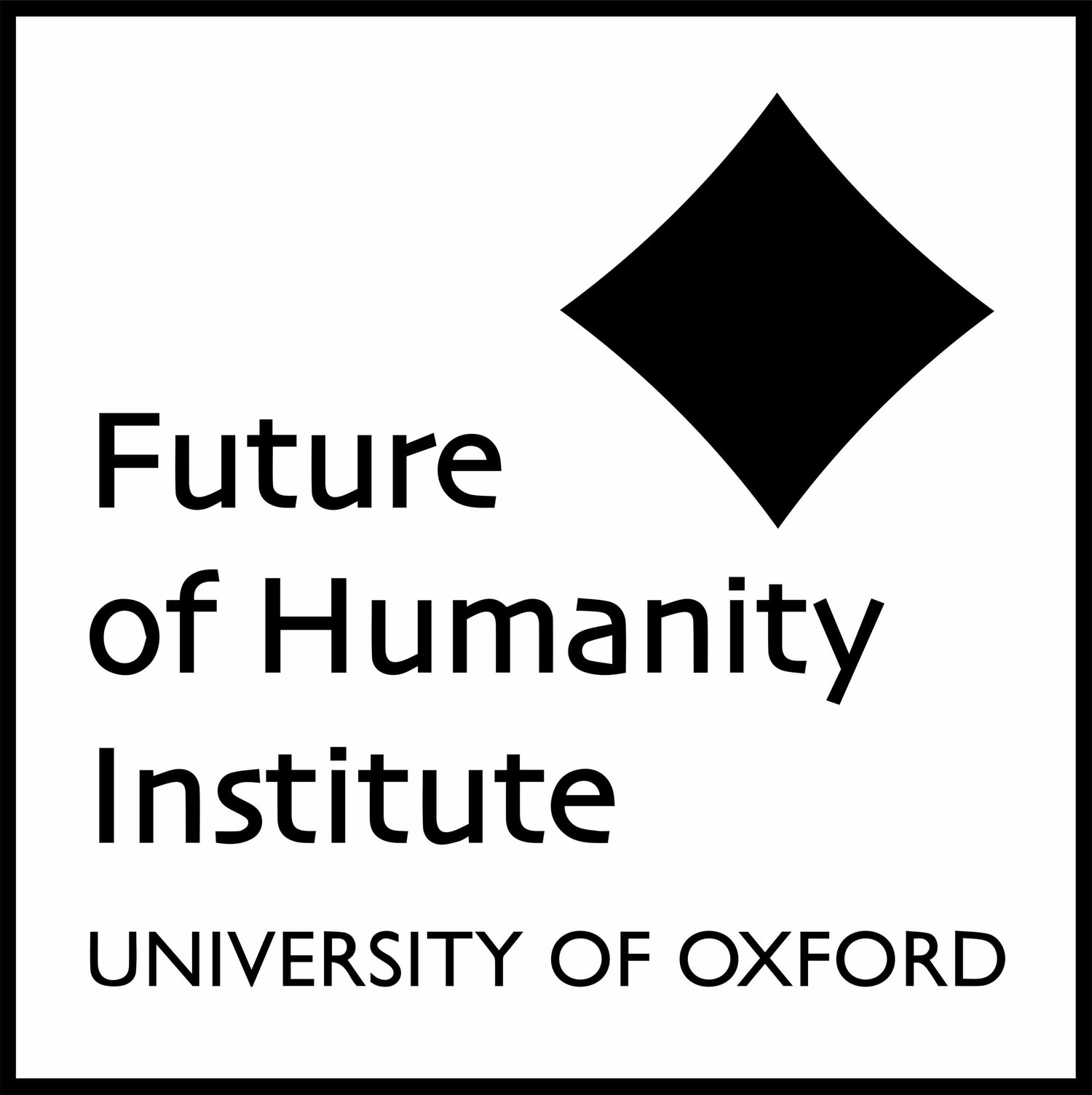
Highlights - Nick Bostrom - Founding Director, Future of Humanity Institute, Oxford
"I think maybe the critical issue here is the governance aspect which I think is one of the core sources of many of the greatest threats to human civilization on the planet. The difficulties we have in effectively tackling these global governance challenges. So global warming, I think, at its core is really a problem of the global commons. So we all share the same atmosphere and the same global climate, ultimately. And we have a certain reservoir, the environment can absorb a certain amount of c
Sep 6, 2022 • 11:19

Highlights - Nick Bostrom - Founding Director, Future of Humanity Institute, Oxford
"I think maybe the critical issue here is the governance aspect which I think is one of the core sources of many of the greatest threats to human civilization on the planet. The difficulties we have in effectively tackling these global governance challenges. So global warming, I think, at its core is really a problem of the global commons. So we all share the same atmosphere and the same global climate, ultimately. And we have a certain reservoir, the environment can absorb a certain amount of c
Sep 6, 2022 • 11:19
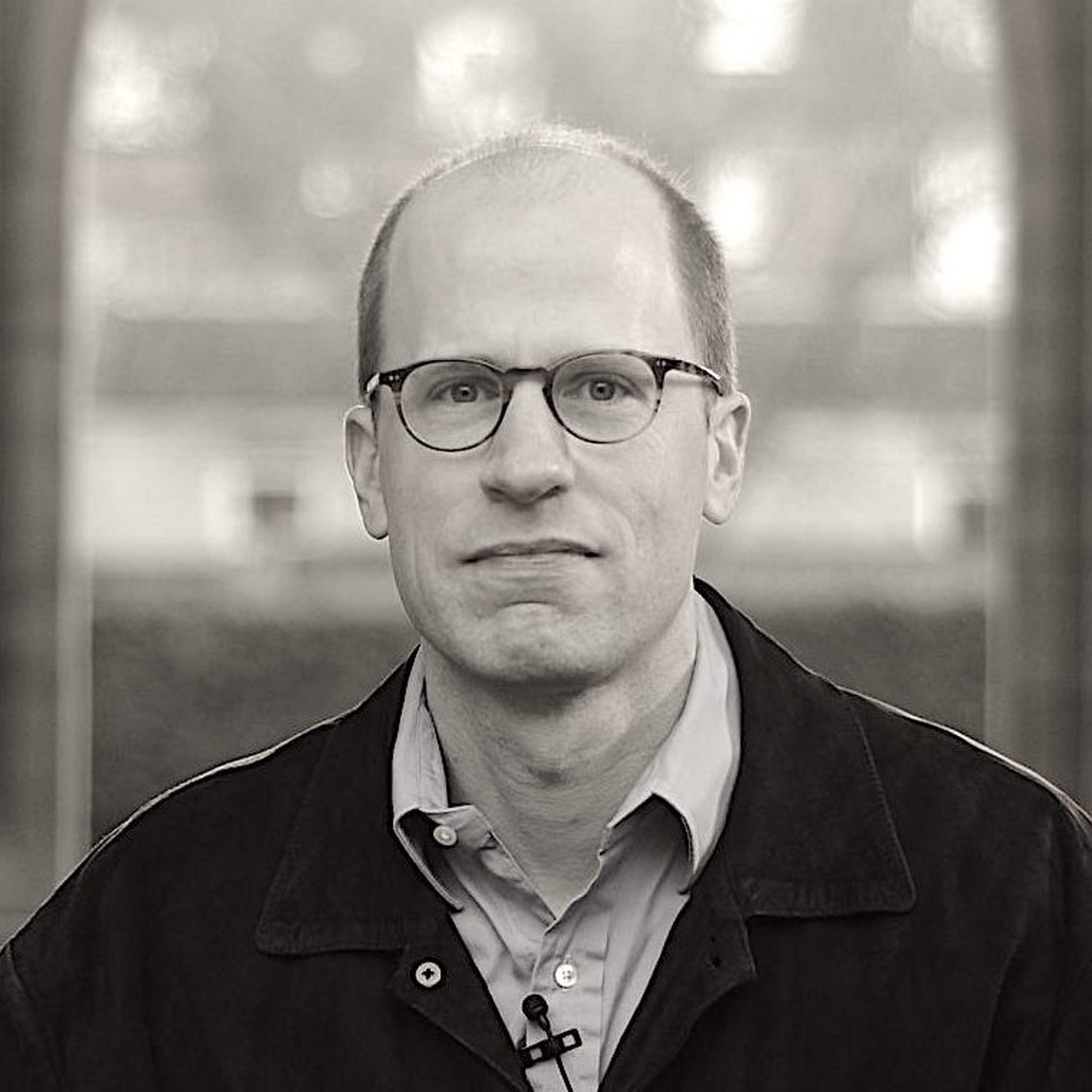
Nick Bostrom - Philosopher, Founding Director, Future of Humanity Institute, Oxford
Nick Bostrom is a Swedish-born philosopher with a background in theoretical physics, computational neuroscience, logic, and artificial intelligence, as well as philosophy. He is the most-cited professional philosopher in the world under the age of 50.He is a Professor at Oxford University, where he heads the Future of Humanity Institute as its founding director. He is the author of some 200 publications, including Anthropic Bias, Global Catastrophic Risks, Human Enhancement, and Superintelligenc
Sep 6, 2022 • 42:21

Nick Bostrom - Philosopher, Founding Director, Future of Humanity Institute, Oxford
Nick Bostrom is a Swedish-born philosopher with a background in theoretical physics, computational neuroscience, logic, and artificial intelligence, as well as philosophy. He is the most-cited professional philosopher in the world under the age of 50.He is a Professor at Oxford University, where he heads the Future of Humanity Institute as its founding director. He is the author of some 200 publications, including Anthropic Bias, Global Catastrophic Risks, Human Enhancement, and Superintelligenc
Sep 6, 2022 • 42:22
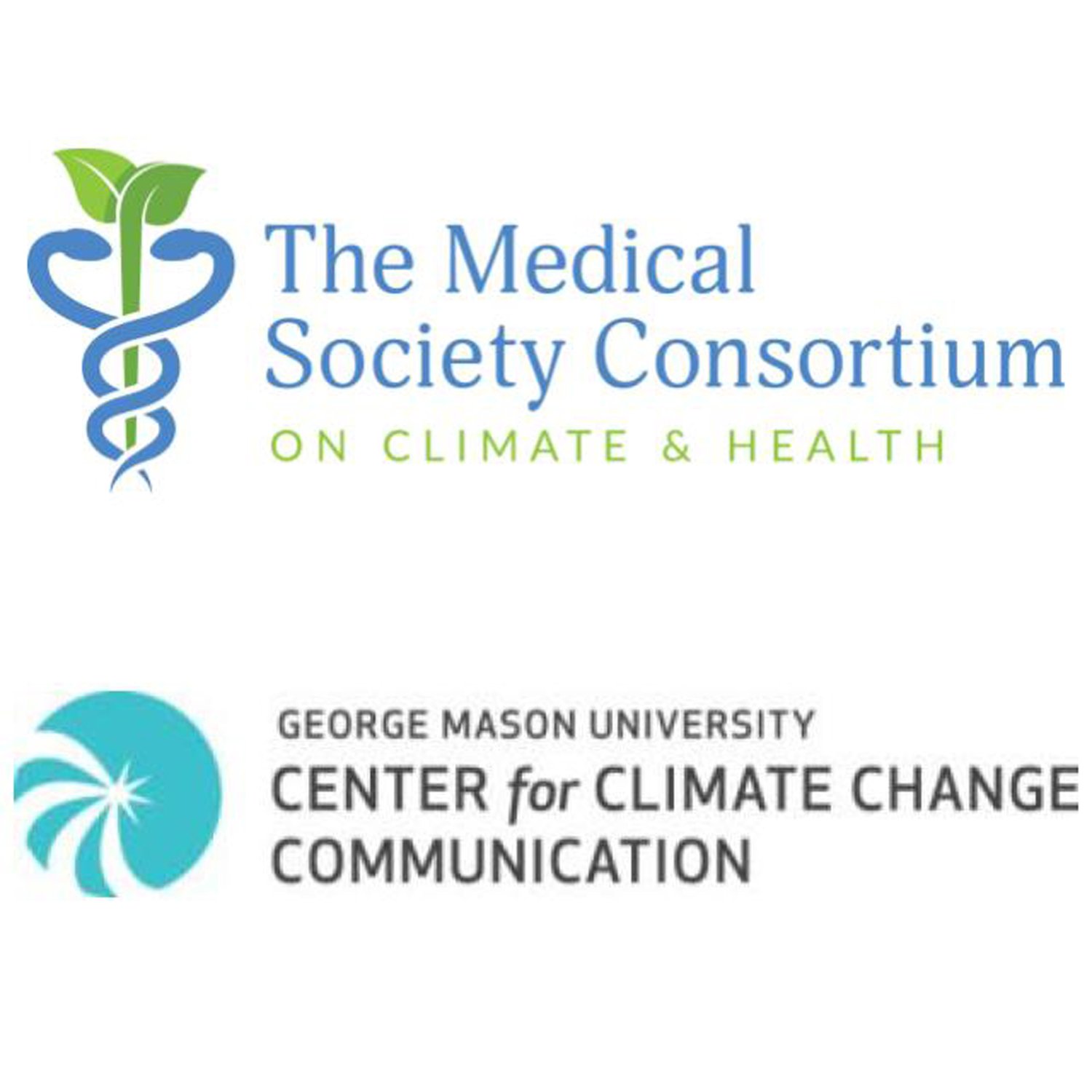
Highlights - Mona Sarfaty - Medical Society Consortium on Climate and Health | Ed Maibach - Communication Scientist
“Humanity needs to do three things if it wants to continue to flourish, and it will. The three things that humanity needs to do are decarbonize the global economy, drawdown, capture, harvest much of that heat-trapping pollution that we've already pumped into the atmosphere over the past hundred years because as long as it's up in our atmosphere, we're going to have continued warming. And the third thing that humanity needs to do is become more resilient to the impacts of climate change, which un
Aug 30, 2022 • 14:50

Highlights - Mona Sarfaty - Medical Society Consortium on Climate and Health | Edward Maibach - Communication Scientist
“Humanity needs to do three things if it wants to continue to flourish, and it will. The three things that humanity needs to do are decarbonize the global economy, drawdown, capture, harvest much of that heat-trapping pollution that we've already pumped into the atmosphere over the past hundred years because as long as it's up in our atmosphere, we're going to have continued warming. And the third thing that humanity needs to do is become more resilient to the impacts of climate change, which un
Aug 30, 2022 • 14:50

Dr. Mona Sarfaty - Medical Society Consortium on Climate and Health | Dr. Ed Maibach - Communication Scientist
Dr. Mona Sarfaty is the Executive Director and Founder of the Medical Society Consortium on Climate and Health, comprised of societies representing 70% of all U.S. physicians. She founded the Consortium in 2016 in conjunction with the George Mason University Center for Climate Change. Under her leadership, the Consortium has grown into a nationwide coalition of societies, organizations, and advocates mobilizing support for equitable policies that address the health impacts of climate change.Edwa
Aug 30, 2022 • 52:28
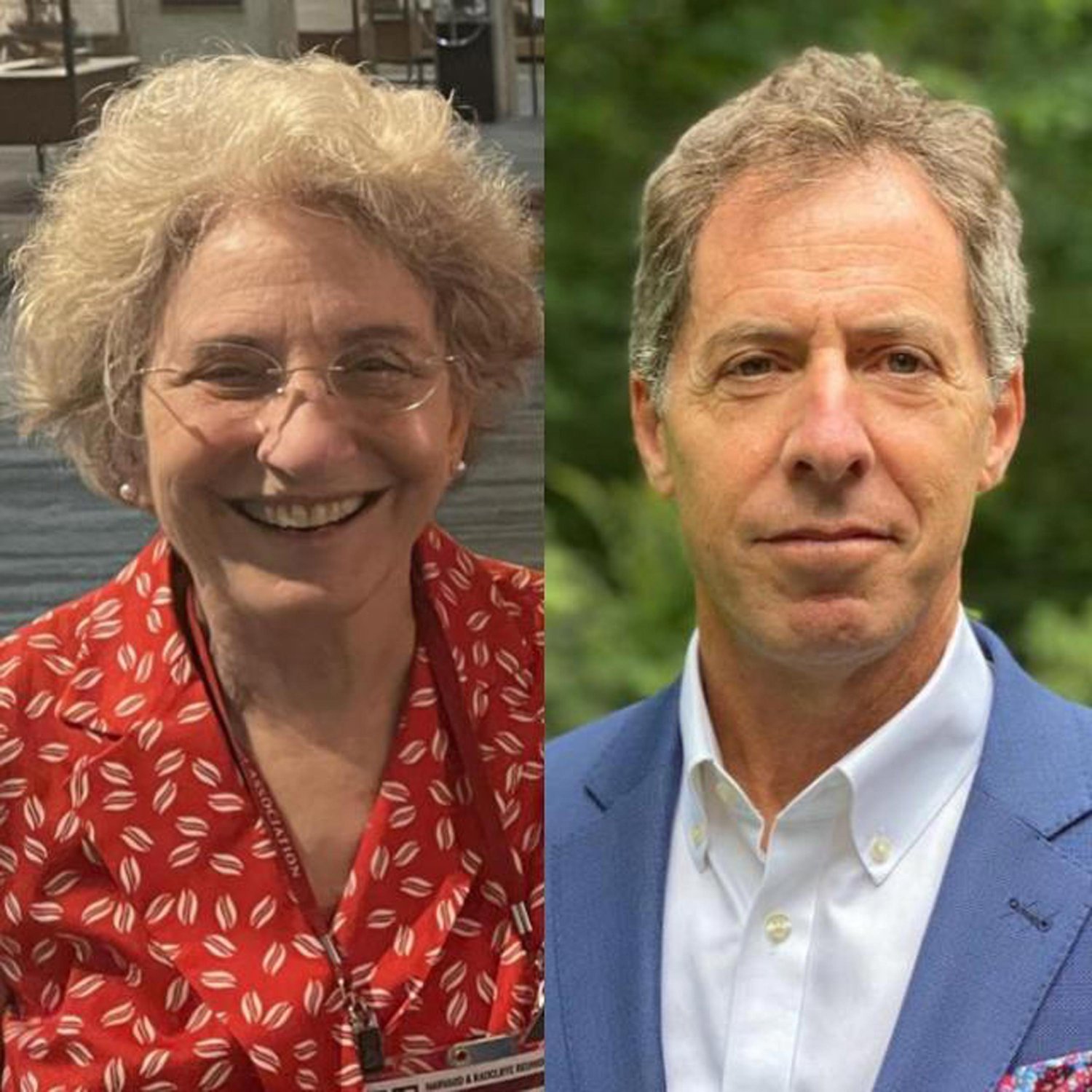
Dr. Mona Sarfaty - Medical Society Consortium on Climate and Health | Dr. Ed Maibach - Communication Scientist
Dr. Mona Sarfaty is the Executive Director and Founder of the Medical Society Consortium on Climate and Health, comprised of societies representing 70% of all U.S. physicians. She founded the Consortium in 2016 in conjunction with the George Mason University Center for Climate Change. Under her leadership, the Consortium has grown into a nationwide coalition of societies, organizations, and advocates mobilizing support for equitable policies that address the health impacts of climate change.Edwa
Aug 30, 2022 • 52:27
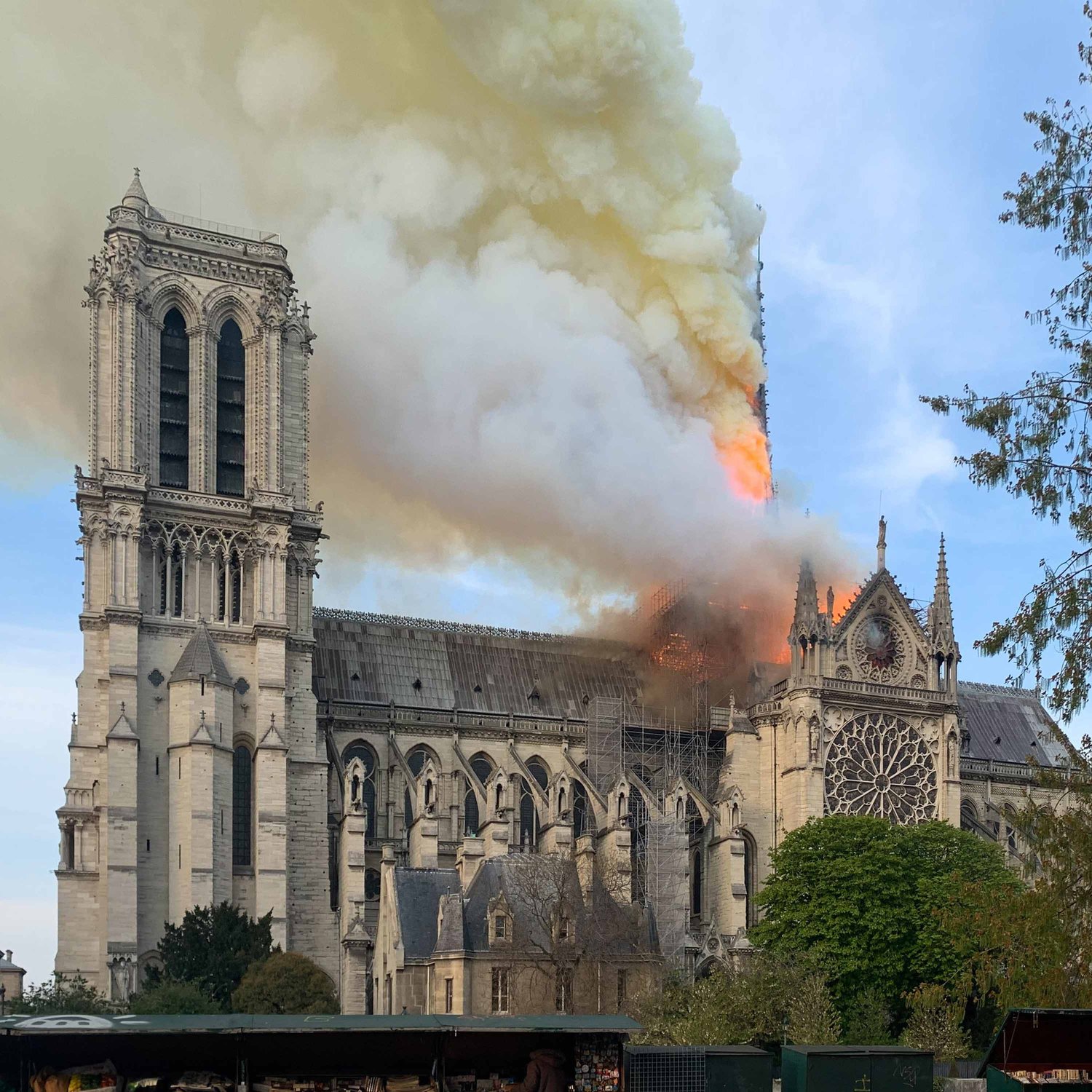
Highlights - Lex van Geen - Renowned Arsenic and Lead Specialist, Earth Institute, Columbia
"So this was maybe nine months after the fire in Notre Dame, and I had been struck visually by the fire, the yellow smoke, which is a telltale indicator of lead. The fact that 400 tons of lead constituted the covering of the roof of the cathedral. And a lot of that had volatilized, presumably, but no one really knew how much. So that got me thinking, and I happened to be in Paris at the time, so I thought if it's so much lead, could it be that it affected the population living within say a kilom
Aug 26, 2022 • 12:35

Highlights - Lex van Geen - Renowned Arsenic and Lead Specialist, Earth Institute, Columbia
"So this was maybe nine months after the fire in Notre Dame, and I had been struck visually by the fire, the yellow smoke, which is a telltale indicator of lead. The fact that 400 tons of lead constituted the covering of the roof of the cathedral. And a lot of that had volatilized, presumably, but no one really knew how much. So that got me thinking, and I happened to be in Paris at the time, so I thought if it's so much lead, could it be that it affected the population living within say a kilom
Aug 26, 2022 • 12:35
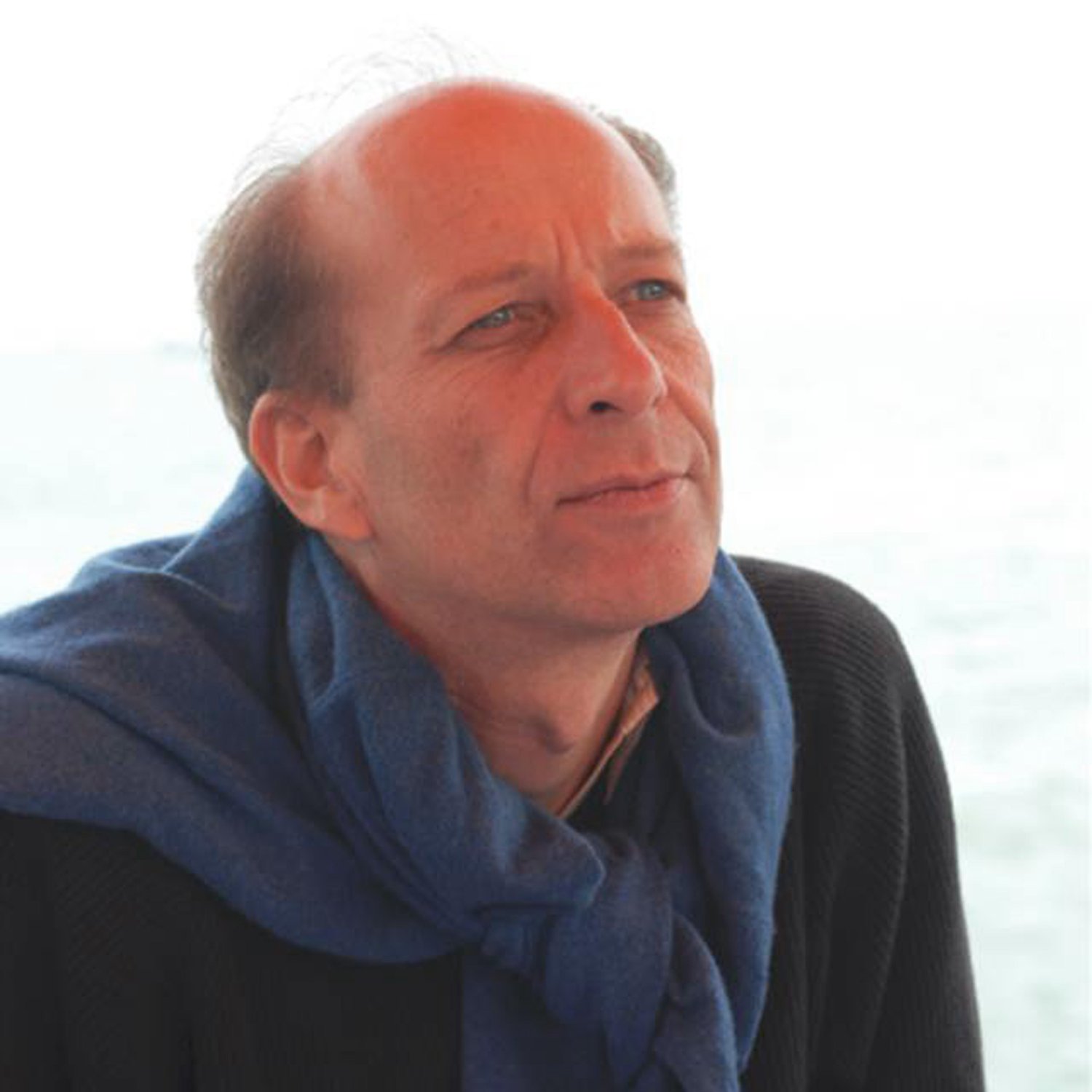
Lex van Geen - Research Professor - Lamont-Doherty Earth Observatory, Columbia University
Geochemist Lex van Geen is a research professor at Lamont-Doherty Earth Observatory and is member of the Earth Institute at Columbia University. His research focuses on ways to reduce the impact of the environment on human health. For two decades, he coordinated earth-science on the origin and health effects of elevated levels of arsenic in groundwater. His other projects focus on fluoride in groundwater in India, bauxite dust in Guinea, or soil contaminated with lead from mine-tailings in Peru,
Aug 26, 2022 • 39:06

Lex van Geen - Research Professor - Lamont-Doherty Earth Observatory, Columbia University
Geochemist Lex van Geen is a research professor at Lamont-Doherty Earth Observatory and is member of the Earth Institute at Columbia University. His research focuses on ways to reduce the impact of the environment on human health. For two decades, he coordinated earth-science on the origin and health effects of elevated levels of arsenic in groundwater. His other projects focus on fluoride in groundwater in India, bauxite dust in Guinea, or soil contaminated with lead from mine-tailings in Peru,
Aug 26, 2022 • 39:06

Highlights - David Montgomery - Prof., Earth and Space Sciences, UW - MacArthur Fellow ’08
“When you dig into the medical literature, 7 out of 10 of the leading causes of death in the United States are diet-related chronic diseases. And so one of the hopeful messages that I think comes out of The Hidden Half of Nature, Growing a Revolution, and What Your Food Ate is that what we do to the land, essentially we do to us. And what's good for the land is good for us.So if we think about farming differently, we can actually enjoy ripple effects that are not only beneficial to the farmers i
Aug 24, 2022 • 13:08
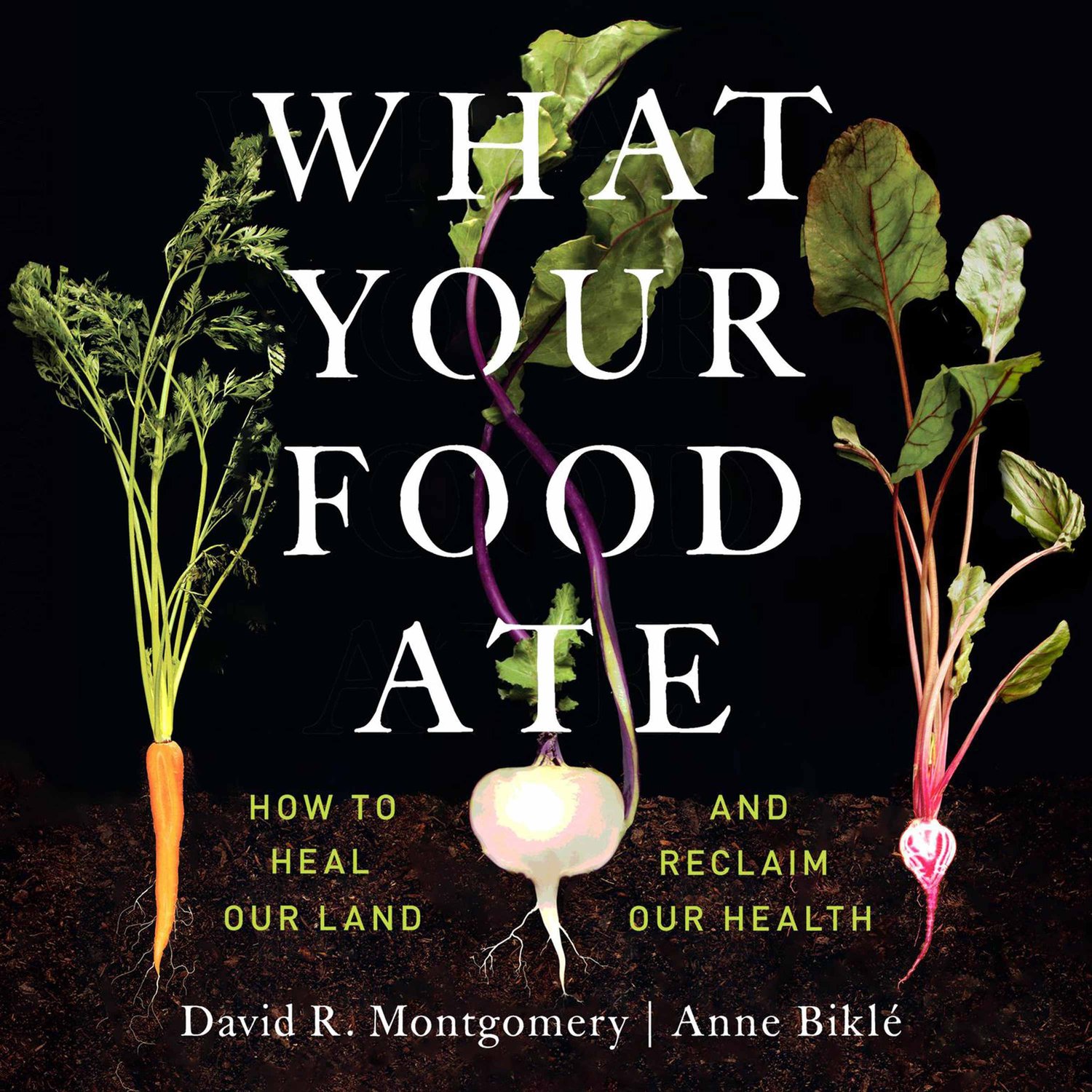
Highlights - David Montgomery - Prof., Earth and Space Sciences, UW - MacArthur Fellow ’08
“When you dig into the medical literature, 7 out of 10 of the leading causes of death in the United States are diet-related chronic diseases. And so one of the hopeful messages that I think comes out of The Hidden Half of Nature, Growing a Revolution, and What Your Food Ate is that what we do to the land, essentially we do to us. And what's good for the land is good for us.So if we think about farming differently, we can actually enjoy ripple effects that are not only beneficial to the farmers i
Aug 24, 2022 • 13:08
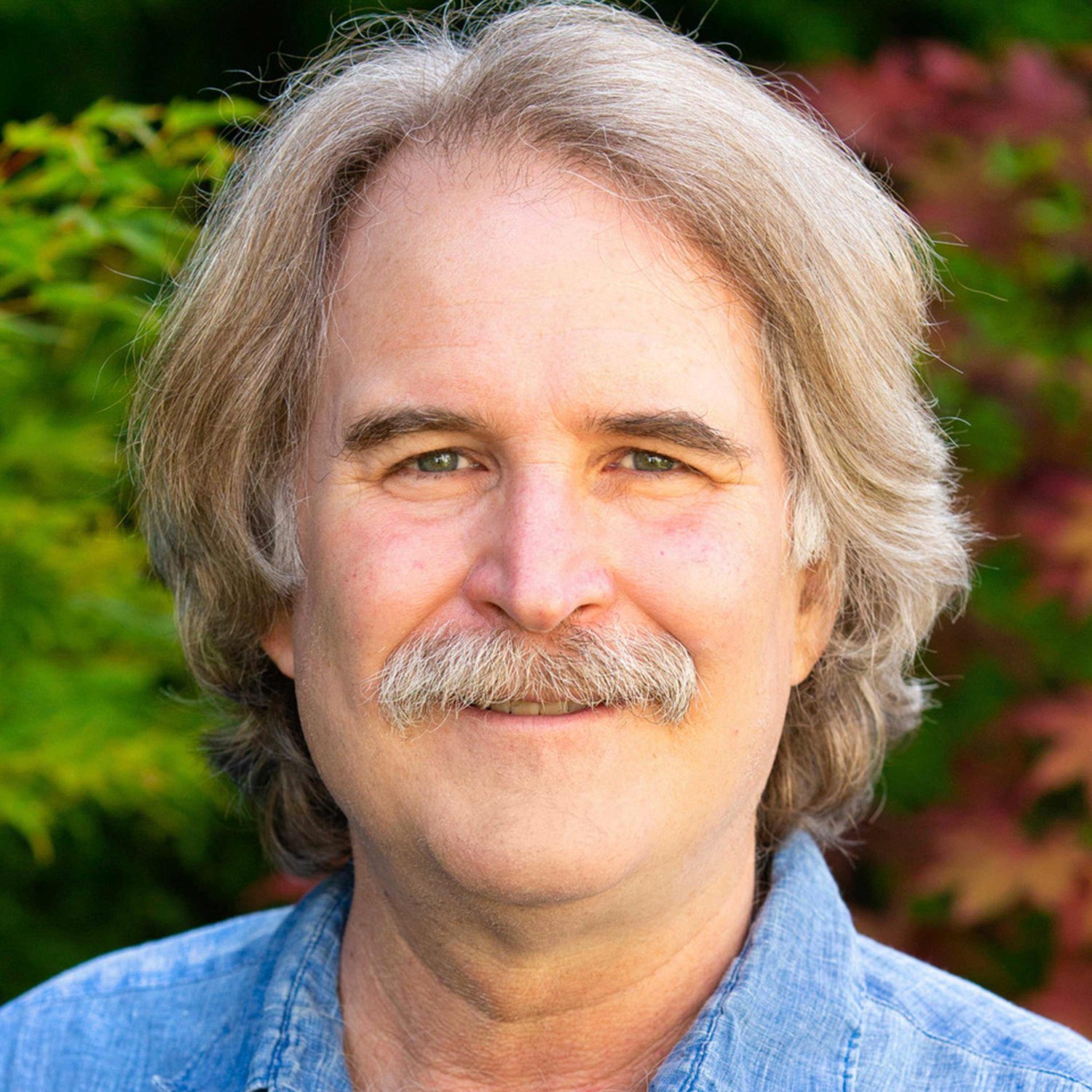
David Montgomery - Co-author of “What Your Food Ate: How to Heal Our Land and Reclaim Our Health”
David R. Montgomery teaches at the University of Washington where he studies the evolution of topography and how geological processes shape landscapes and influence ecological systems. He loved maps as a kid and now writes about the relationship of people to their environment, and regenerative agriculture. In 2008 he was named a MacArthur Fellow. He is the author of award-winning popular-science books (King of Fish, Dirt, and Growing a Revolution) and co-authored The Hidden Half of Nature, The M
Aug 24, 2022 • 1:01:03

David Montgomery - Co-author of “What Your Food Ate: How to Heal Our Land and Reclaim Our Health”
David R. Montgomery teaches at the University of Washington where he studies the evolution of topography and how geological processes shape landscapes and influence ecological systems. He loved maps as a kid and now writes about the relationship of people to their environment, and regenerative agriculture. In 2008 he was named a MacArthur Fellow. He is the author of award-winning popular-science books (King of Fish, Dirt, and Growing a Revolution) and co-authored The Hidden Half of Nature, The M
Aug 24, 2022 • 1:01:04

Highlights - Jack Horner - Renowned Paleontologist - Technical Advisor, Jurassic Park/World Films
"The dinosaur extinction - dinosaurs didn't really have much to say about it. A meteor crashed into the earth and wiped them out. We, on the other hand, are creating quite an extinction right now. And we actually could do something about it, but we're not going to do anything about it because we're just greedy. We always just slough it off to the next generation. ‘They can fix it,’ we say. I'm a war baby, right? I was born in 1946, and by 1964, when I graduated from high school, our generation w
Aug 19, 2022 • 10:35
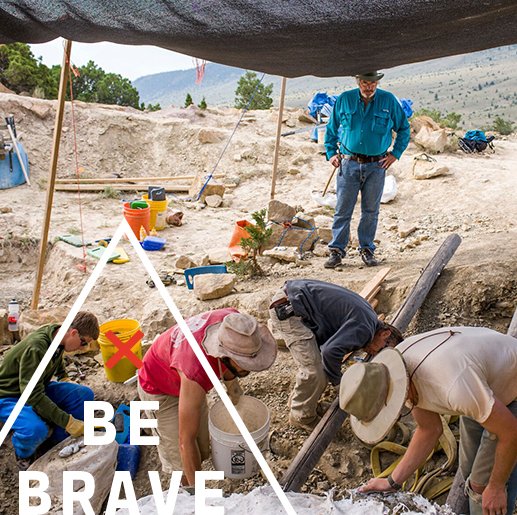
Highlights - Jack Horner - Renowned Paleontologist - Technical Advisor, Jurassic Park/World Films
"The dinosaur extinction - dinosaurs didn't really have much to say about it. A meteor crashed into the earth and wiped them out. We, on the other hand, are creating quite an extinction right now. And we actually could do something about it, but we're not going to do anything about it because we're just greedy. We always just slough it off to the next generation. ‘They can fix it,’ we say. I'm a war baby, right? I was born in 1946, and by 1964, when I graduated from high school, our generation w
Aug 19, 2022 • 10:35
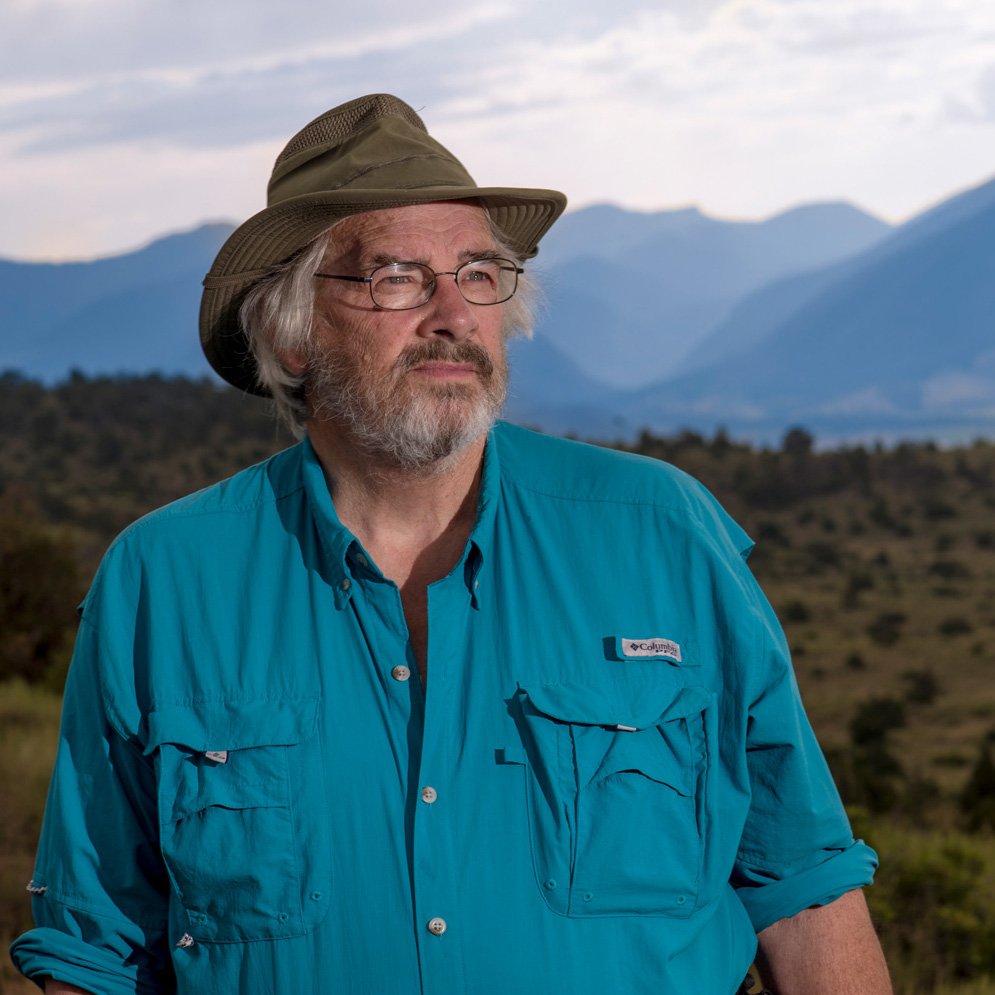
Jack Horner - Renowned Dinosaur Paleontologist - Technical Advisor, Jurassic Park/World Films
Jack Horner is a severely dyslexic, dinosaur paleontologist. He attended the University of Montana for 14 semesters without receiving a degree. He has since received two honorary doctorates of science and a plethora of awards including a MacArthur Fellowship. Jack was Curator and Regent’s Professor of Paleontology at Montana State University in Bozeman, Montana for 34 years. He has more than 300 publications. He was the technical advisor for all of the Jurassic Park/ Jurassic World movies. At Ch
Aug 19, 2022 • 49:59

Jack Horner - Renowned Dinosaur Paleontologist - Technical Advisor, Jurassic Park/World Films
Jack Horner is a severely dyslexic, dinosaur paleontologist. He attended the University of Montana for 14 semesters without receiving a degree. He has since received two honorary doctorates of science and a plethora of awards including a MacArthur Fellowship. Jack was Curator and Regent’s Professor of Paleontology at Montana State University in Bozeman, Montana for 34 years. He has more than 300 publications. He was the technical advisor for all of the Jurassic Park/ Jurassic World movies. At Ch
Aug 19, 2022 • 49:57

Highlights - Bruce Mau - Award-winning Designer, Author of “Mau MC24…24 Principles for Designing Massive Change”
"When we were working in Panama with E.O. Wilson on the Panama Museum of Biodiversity for the world's first museum of biodiversity, we went into the jungle with E.O. Wilson, and he explained that there's only one thing on the planet and that's life. And life has an experiment going in form. We are one of those forms, and over 99% of all the experiments have gone extinct. So less than 1% of all the forms that ever existed now exist. And we're living through another one of the mass extinctions. Ma
Aug 15, 2022 • 18:11
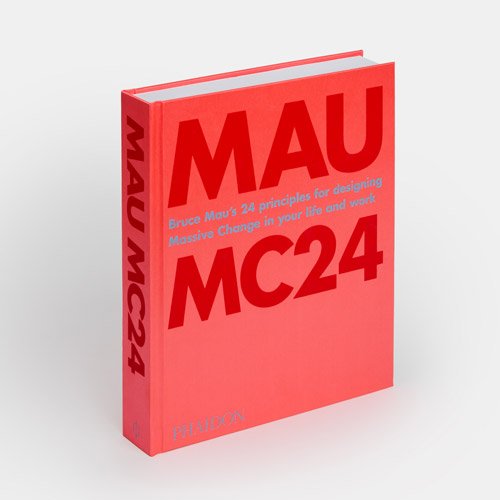
Highlights - Bruce Mau - Award-winning Designer, Author of “Mau MC24…24 Principles for Designing Massive Change”
"When we were working in Panama with E.O. Wilson on the Panama Museum of Biodiversity for the world's first museum of biodiversity, we went into the jungle with E.O. Wilson, and he explained that there's only one thing on the planet and that's life. And life has an experiment going in form. We are one of those forms, and over 99% of all the experiments have gone extinct. So less than 1% of all the forms that ever existed now exist. And we're living through another one of the mass extinctions. Ma
Aug 15, 2022 • 18:10

Bruce Mau - Award-winning Designer, Artist, Author - Co-founder - CEO, Massive Change Network
Designer, author, educator and artist Bruce Mau is a brilliantly creative optimist whose love of thorny problems led him to create a methodology for life-centered design. Across thirty years of design innovation, he’s collaborated with global brands and companies, leading organizations, heads of state, renowned artists and fellow optimists. Mau became an international figure with the publication of his landmark S,M,L,XL, designed and co-authored with Rem Koolhaas, and his most recent books are M
Aug 15, 2022 • 1:04:17
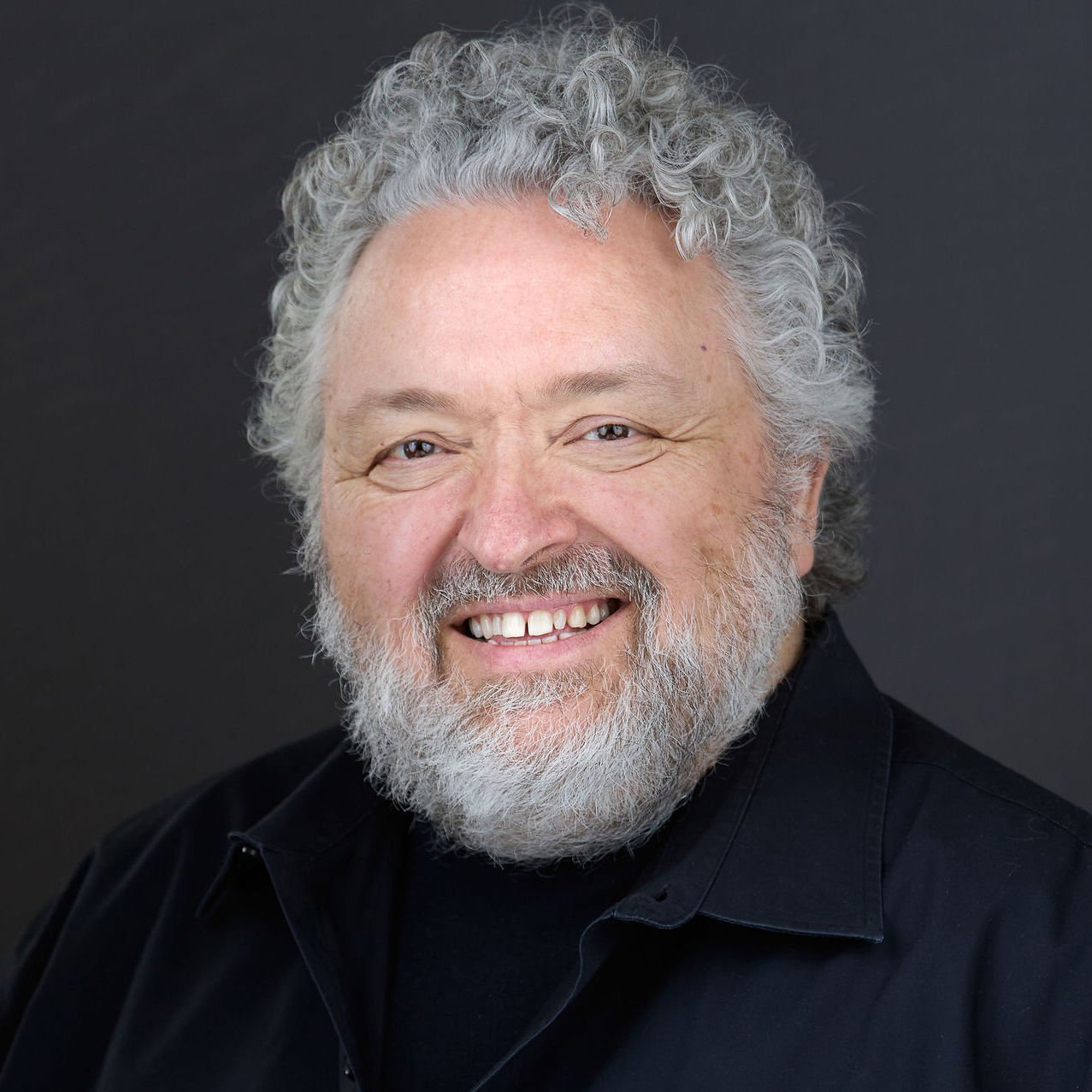
Bruce Mau - Author of "Mau MC24…24 Principles for Designing Massive Change in Your Life and Work”
Designer, author, educator and artist Bruce Mau is a brilliantly creative optimist whose love of thorny problems led him to create a methodology for life-centered design. Across thirty years of design innovation, he’s collaborated with global brands and companies, leading organizations, heads of state, renowned artists and fellow optimists. Mau became an international figure with the publication of his landmark S,M,L,XL, designed and co-authored with Rem Koolhaas, and his most recent books are M
Aug 15, 2022 • 1:04:17
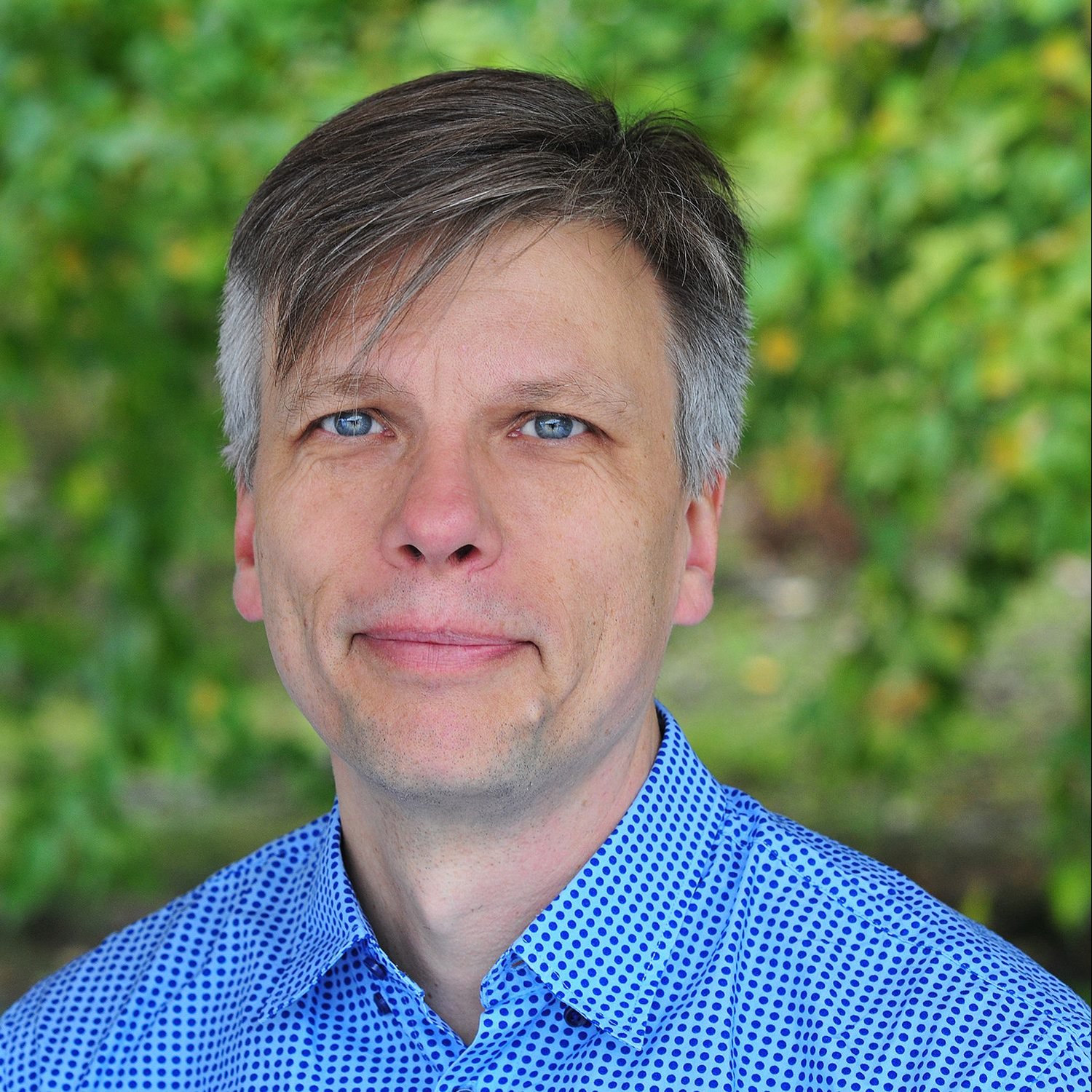
Chris Coulter - CEO of GlobeScan - Co-author of “All In: The Future of Business Leadership”
Chris Coulter is CEO of GlobeScan, an insights and advisory consultancy helping companies, NGOs, and governmental organizations know their world and create strategies that lead to a sustainable and equitable future. He is a co-author of All In: The Future of Business Leadership, and The Sustainable Business Handbook. He is Chair of Canadian Business for Social Responsibility, a member of B Lab’s Multinational Standards Advisory Council and serves on Walgreen’s Corporate Responsibility Advisory B
Aug 5, 2022 • 49:37

Chris Coulter - CEO of GlobeScan - Co-author of “All In: The Future of Business Leadership”
Chris Coulter is CEO of GlobeScan, an insights and advisory consultancy helping companies, NGOs, and governmental organizations know their world and create strategies that lead to a sustainable and equitable future. He is a co-author of All In: The Future of Business Leadership, and The Sustainable Business Handbook. He is Chair of Canadian Business for Social Responsibility, a member of B Lab’s Multinational Standards Advisory Council and serves on Walgreen’s Corporate Responsibility Advisory B
Aug 5, 2022 • 49:37

Highlights - David Farrier - Author of “Footprints: In Search of Future Fossils”
"I think we have to recognize that we're having other impacts on biodiversity, not just eliminating it but also altering it - what it looks like, what constitutes it. I think recognizing that is vital, really. We've created a human planet, a planet that is increasingly organized to serve one particular species. And the rest of life has to work around that, but I feel that there are lessons to be learned in observing how the rest of life is doing that kind of work of adapting and learning to live
Aug 3, 2022 • 10:48
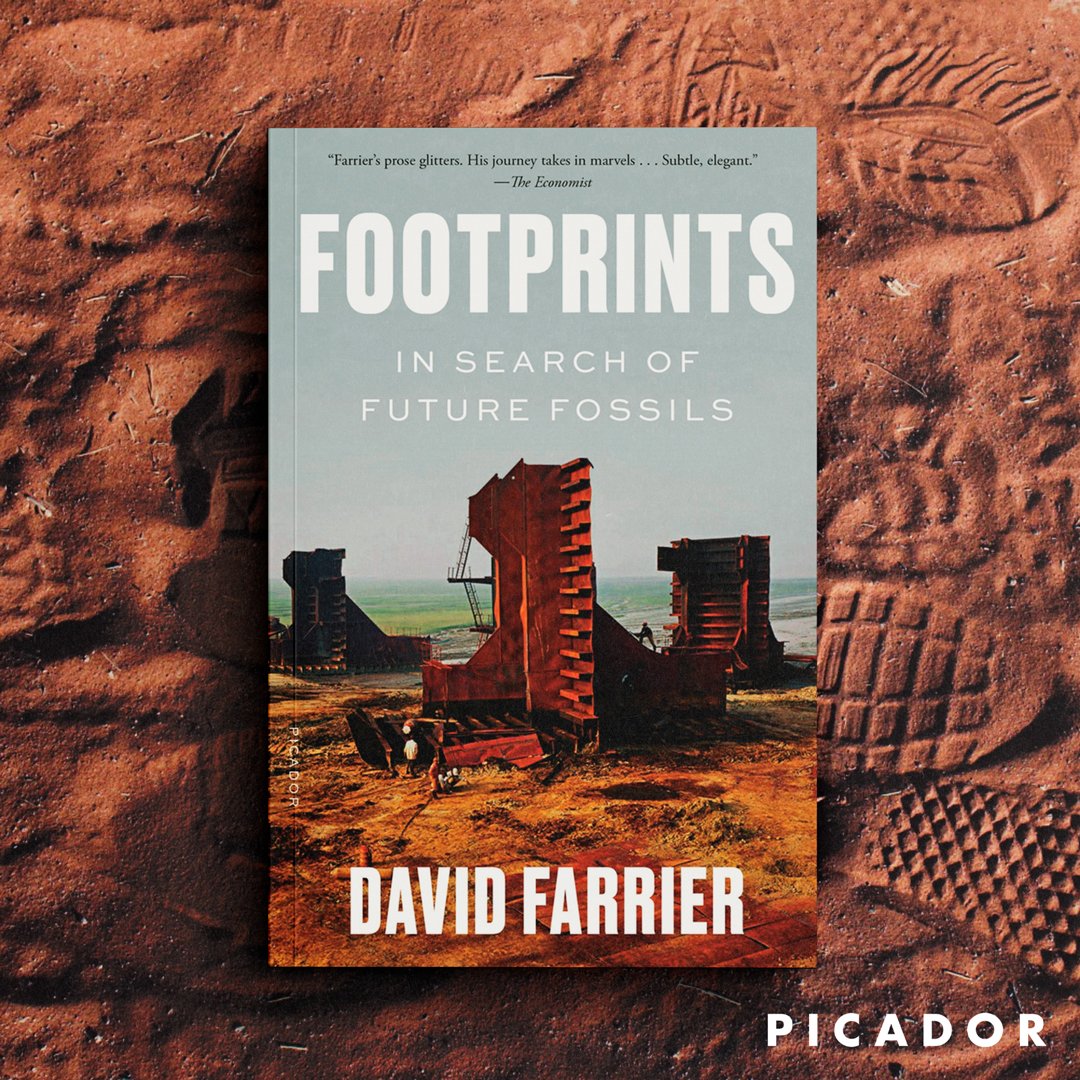
Highlights - David Farrier - Author of “Footprints: In Search of Future Fossils”
"I think we have to recognize that we're having other impacts on biodiversity, not just eliminating it but also altering it - what it looks like, what constitutes it. I think recognizing that is vital, really. We've created a human planet, a planet that is increasingly organized to serve one particular species. And the rest of life has to work around that, but I feel that there are lessons to be learned in observing how the rest of life is doing that kind of work of adapting and learning to live
Aug 3, 2022 • 10:47

David Farrier - Author of “Footprints: In Search of Future Fossils” - Prof. U of Edinburgh
David Farrier's books include Footprints: In Search of Future Fossils (2020) and Anthropocene Poetics (2019). Footprints won the Royal Society of Literature’s Giles St. Aubyn award and has been translated into nine languages. He is Professor of Literature and the Environment at the University of Edinburgh. "I think we have to recognize that we're having other impacts on biodiversity, not just eliminating it but also altering it - what it looks like, what constitutes it. I think recognizing that
Aug 3, 2022 • 49:37
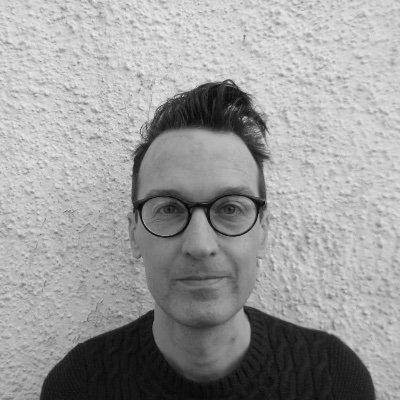
David Farrier - Author of “Footprints: In Search of Future Fossils” - Prof. U of Edinburgh
David Farrier's books include Footprints: In Search of Future Fossils (2020) and Anthropocene Poetics (2019). Footprints won the Royal Society of Literature’s Giles St. Aubyn award and has been translated into nine languages. He is Professor of Literature and the Environment at the University of Edinburgh. "I think we have to recognize that we're having other impacts on biodiversity, not just eliminating it but also altering it - what it looks like, what constitutes it. I think recognizing that
Aug 3, 2022 • 49:37
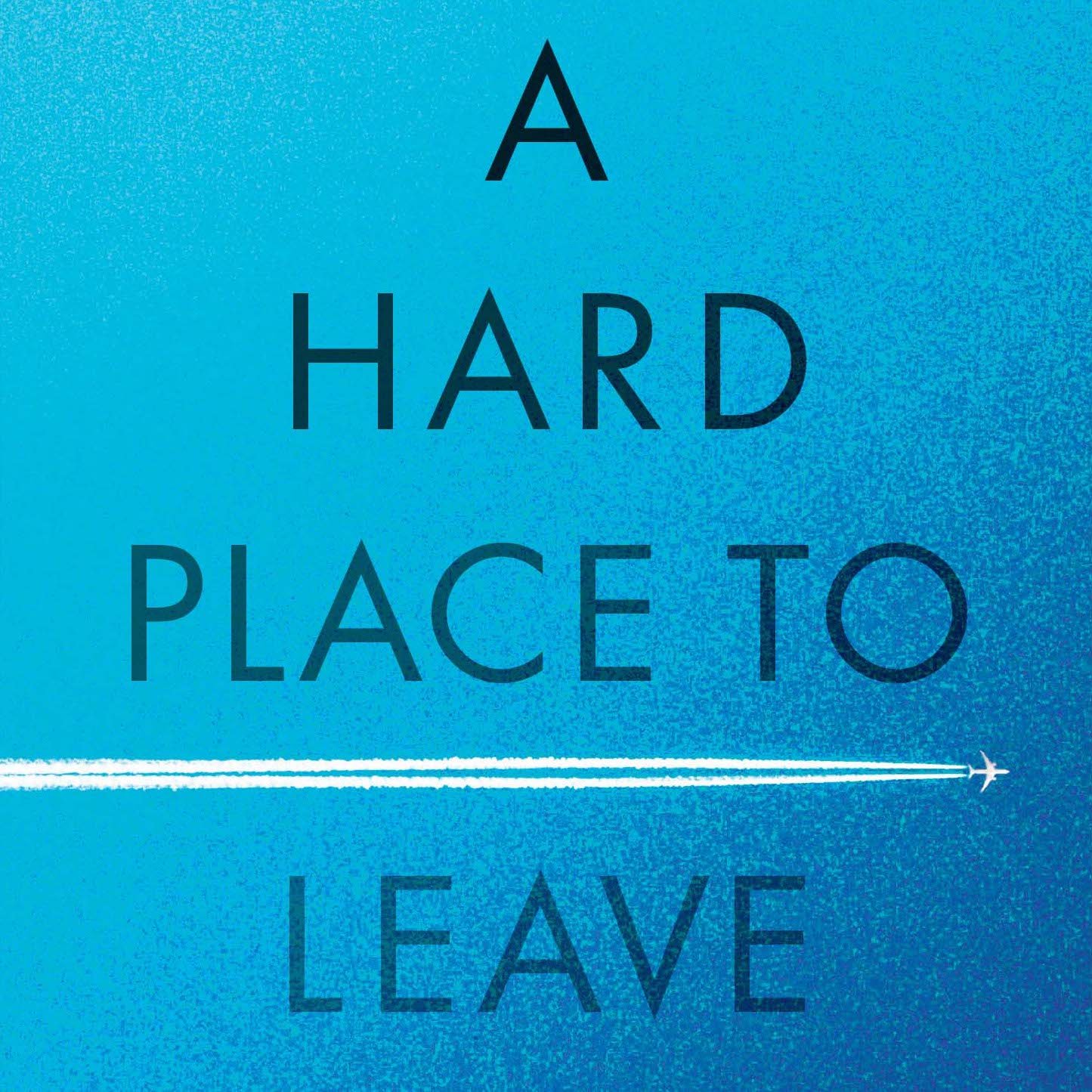
Highlights - Marcia DeSanctis - Author of “A Hard Place to Leave", “100 Places in France Every Woman Should Go”
"A lot of my story in the Seychelles was about the environmental impact that developed countries have on a place like that, which is in the middle of the ocean that could disappear through rising seas. And it is really important that they have a voice and their voice is being heard. I mean, little Seychelles, population 100,000, is depending on the industrialized countries to do their part. But, sort of like my generation to the younger generation, industrialized countries are becoming aware of
Aug 2, 2022 • 11:50

Highlights - Marcia DeSanctis - Author of “A Hard Place to Leave", “100 Places in France Every Woman Should Go”
"A lot of my story in the Seychelles was about the environmental impact that developed countries have on a place like that, which is in the middle of the ocean that could disappear through rising seas. And it is really important that they have a voice and their voice is being heard. I mean, little Seychelles, population 100,000, is depending on the industrialized countries to do their part. But, sort of like my generation to the younger generation, industrialized countries are becoming aware of
Aug 2, 2022 • 11:51

Marcia DeSanctis - Author of “A Hard Place to Leave: Stories from a Restless Life"
Marcia DeSanctis is a journalist, essayist, and author of A Hard Place to Leave: Stories from a Restless Life, 100 Places in France Every Woman Should Go, a New York Times travel bestseller. A contributor writer at Travel + Leisure, she also writes for Air Mail, Vogue, BBC Travel and many other publications. She has won five Lowell Thomas Awards from the Society of American Travel Writers and is the recipient of the 2021 Gold Award for Travel Story of the Year. Before becoming a writer, she was
Aug 2, 2022 • 1:04:43
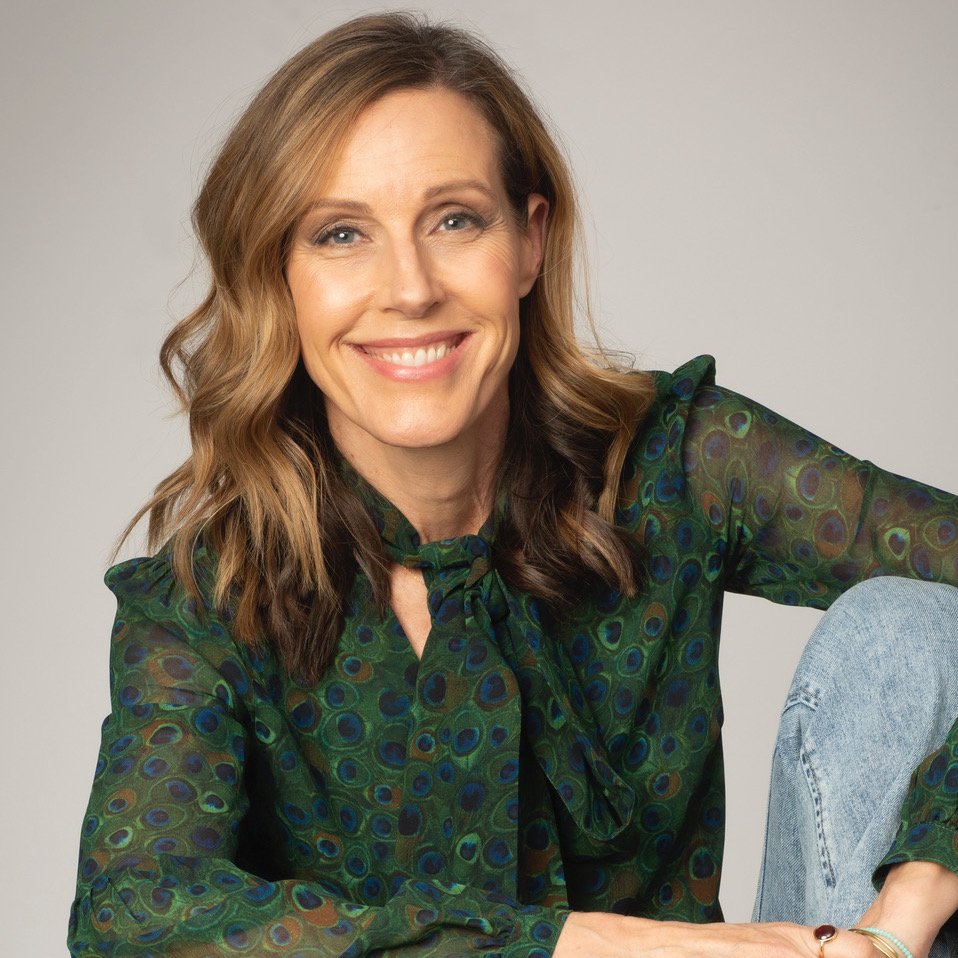
Marcia DeSanctis - Author of “A Hard Place to Leave: Stories from a Restless Life"
Marcia DeSanctis is a journalist, essayist, and author of A Hard Place to Leave: Stories from a Restless Life, 100 Places in France Every Woman Should Go, a New York Times travel bestseller. A contributor writer at Travel + Leisure, she also writes for Air Mail, Vogue, BBC Travel and many other publications. She has won five Lowell Thomas Awards from the Society of American Travel Writers and is the recipient of the 2021 Gold Award for Travel Story of the Year. Before becoming a writer, she was
Aug 2, 2022 • 1:04:42

Highlights - John Beaton - Founder, Director & Co-Visionary of Fairhaven Farm
"We can harvest a huge amount of food from a very small space. And just to contrast or explain more about what we're doing, we grow our vegetables on just about a half-acre, essentially. So we can pack 50 boxes of vegetables every week for 16 weeks on a half-acre and generate 50 percent of our income for our household on a half an acre."John and Emily Beaton have created a multi-enterprise farming business in Northeastern Minnesota near Duluth and the shores of Lake Superior. They founded Fairha
Jul 29, 2022 • 14:00
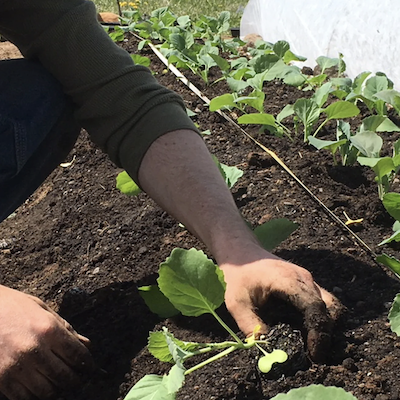
Highlights - John Beaton - Founder, Director & Co-Visionary of Fairhaven Farm
"We can harvest a huge amount of food from a very small space. And just to contrast or explain more about what we're doing, we grow our vegetables on just about a half-acre, essentially. So we can pack 50 boxes of vegetables every week for 16 weeks on a half-acre and generate 50 percent of our income for our household on a half an acre."John and Emily Beaton have created a multi-enterprise farming business in Northeastern Minnesota near Duluth and the shores of Lake Superior. They founded Fairha
Jul 29, 2022 • 14:00

John Beaton - Founder, Director & Co-Visionary of Fairhaven Farm
John and Emily Beaton have created a multi-enterprise farming business in Northeastern Minnesota near Duluth and the shores of Lake Superior. They founded Fairhaven Farm with a spirit of community building, a focus on soil health, and a desire to see a thriving local food system. They sell starter plants each spring for home gardeners, grow food for over 50 families through their CSA program, and are launching a new Pizza Farm enterprise where the couple will serve wood-fired pizzas on the farm
Jul 29, 2022 • 41:43
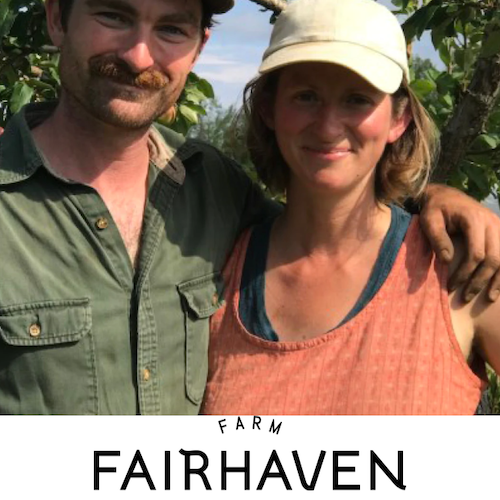
John Beaton - Founder, Director & Co-Visionary of Fairhaven Farm
John and Emily Beaton have created a multi-enterprise farming business in Northeastern Minnesota near Duluth and the shores of Lake Superior. They founded Fairhaven Farm with a spirit of community building, a focus on soil health, and a desire to see a thriving local food system. They sell starter plants each spring for home gardeners, grow food for over 50 families through their CSA program, and are launching a new Pizza Farm enterprise where the couple will serve wood-fired pizzas on the farm
Jul 29, 2022 • 41:42

Highlights - Victor Lopez-Carmen - Co-Chair, UN Global Indigenous Youth Caucus - Dakota - Yaqui Writer, Health Advocate
“One of our chiefs was a Chief Crazy Horse. When they rode into battle to meet the US soldiers, his war cry was "Only the Earth lives forever!" And to me, that's really powerful because it shows what we were fighting for, and that they were willing to die for Mother Earth to protect it from this really nasty mining. They almost massacred the buffalo to extinction. They almost made the buffalo go extinct because that was our food source, and eventually our people were starving, and that's why the
Jul 26, 2022 • 11:20
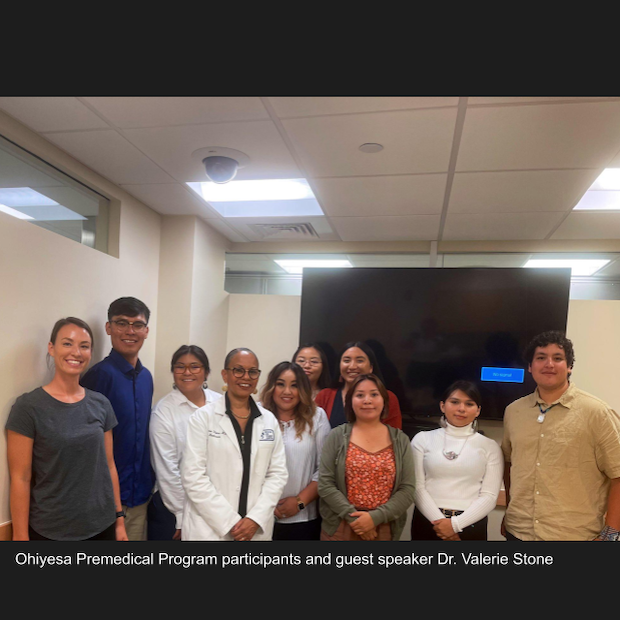
Highlights - Victor Lopez-Carmen - Co-Chair, UN Global Indigenous Youth Caucus - Dakota - Yaqui Writer, Health Advocate
“One of our chiefs was a Chief Crazy Horse. When they rode into battle to meet the US soldiers, his war cry was "Only the Earth lives forever!" And to me, that's really powerful because it shows what we were fighting for, and that they were willing to die for Mother Earth to protect it from this really nasty mining. They almost massacred the buffalo to extinction. They almost made the buffalo go extinct because that was our food source, and eventually our people were starving, and that's why the
Jul 26, 2022 • 11:19

Victor Lopez-Carmen - Dakota - Yaqui Writer, Health Advocate - Co-Chair, UN Global Indigenous Youth Caucus
Victor A. Lopez-Carmen is a Dakota and Yaqui writer, health advocate, and student at Harvard Medical School. He is cofounder of the Ohiyesa Premedical Program at the Brigham and Women's Hospital (BWH), which supports Indigenous community and tribal college students to pursue healthcare education. He also founded Translations for our Nations, a grant funded initiation that translated accurate COVID-19 information into over 40 Indigenous languages from over 20 different countries. For his work, he
Jul 26, 2022 • 45:28
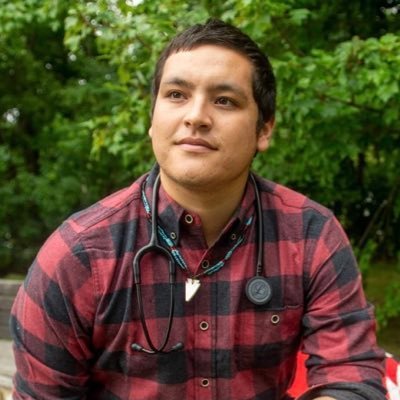
Victor Lopez-Carmen - Dakota - Yaqui Writer, Health Advocate - Co-Chair, UN Global Indigenous Youth Caucus
Victor A. Lopez-Carmen is a Dakota and Yaqui writer, health advocate, and student at Harvard Medical School. He is cofounder of the Ohiyesa Premedical Program at the Brigham and Women's Hospital (BWH), which supports Indigenous community and tribal college students to pursue healthcare education. He also founded Translations for our Nations, a grant funded initiation that translated accurate COVID-19 information into over 40 Indigenous languages from over 20 different countries. For his work, he
Jul 26, 2022 • 45:27
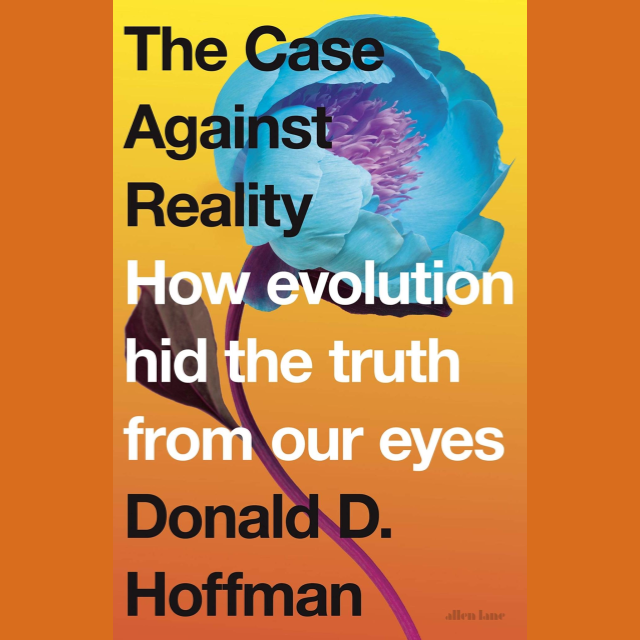
Highlights - Donald Hoffman - Author of “The case against reality: Why evolution hid the truth from our eyes”
"In some sense, kids don't have words early on. So they're just seeing without a filter of words. And I even have memories myself as a young child of just the wonder. I remember walking to kindergarten and seeing this bush with all sorts of flowers on it, and all these monarch butterflies on it. And I was completely transfixed. Here I was, five years old, I was looking at magic, and I knew I was looking at magic. And I stayed there so long that I was late to kindergarten. And I learned that I go
Jul 26, 2022 • 9:11

Highlights - Donald Hoffman - Author of “The case against reality: Why evolution hid the truth from our eyes”
"In some sense, kids don't have words early on. So they're just seeing without a filter of words. And I even have memories myself as a young child of just the wonder. I remember walking to kindergarten and seeing this bush with all sorts of flowers on it, and all these monarch butterflies on it. And I was completely transfixed. Here I was, five years old, I was looking at magic, and I knew I was looking at magic. And I stayed there so long that I was late to kindergarten. And I learned that I go
Jul 26, 2022 • 9:42
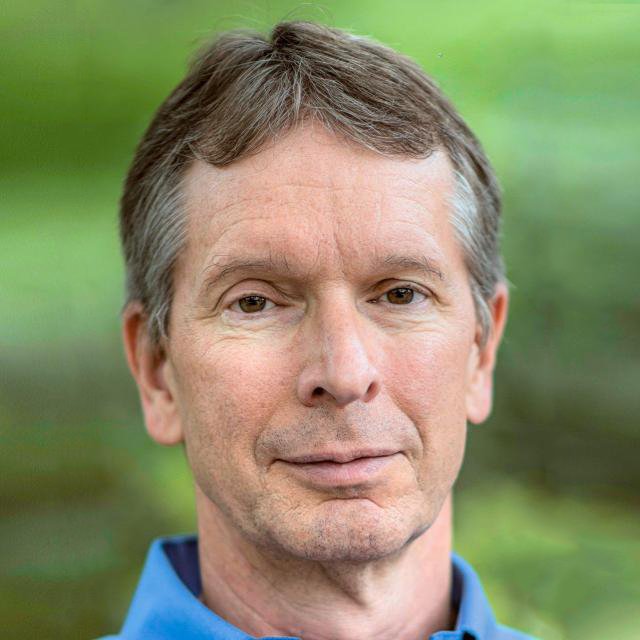
Donald Hoffman - Prof. of Cognitive Sciences, UC Irvine - Author of “The case against reality”
Donald D. Hoffman is a Professor of Cognitive Sciences at the University of California, Irvine. He is the author of The case against reality: Why evolution hid the truth from our eyes. His research on perception, evolution, and consciousness received the Troland Award of the US National Academy of Sciences, the Distinguished Scientific Award for Early Career Contribution of the American Psychological Association, the Rustum Roy Award of the Chopra Foundation, and is the subject of his TED Talk,
Jul 26, 2022 • 43:53

Donald Hoffman - Prof. of Cognitive Sciences, UC Irvine - Author of “The case against reality”
Donald D. Hoffman is a Professor of Cognitive Sciences at the University of California, Irvine. He is the author of The case against reality: Why evolution hid the truth from our eyes. His research on perception, evolution, and consciousness received the Troland Award of the US National Academy of Sciences, the Distinguished Scientific Award for Early Career Contribution of the American Psychological Association, the Rustum Roy Award of the Chopra Foundation, and is the subject of his TED Talk,
Jul 26, 2022 • 43:54
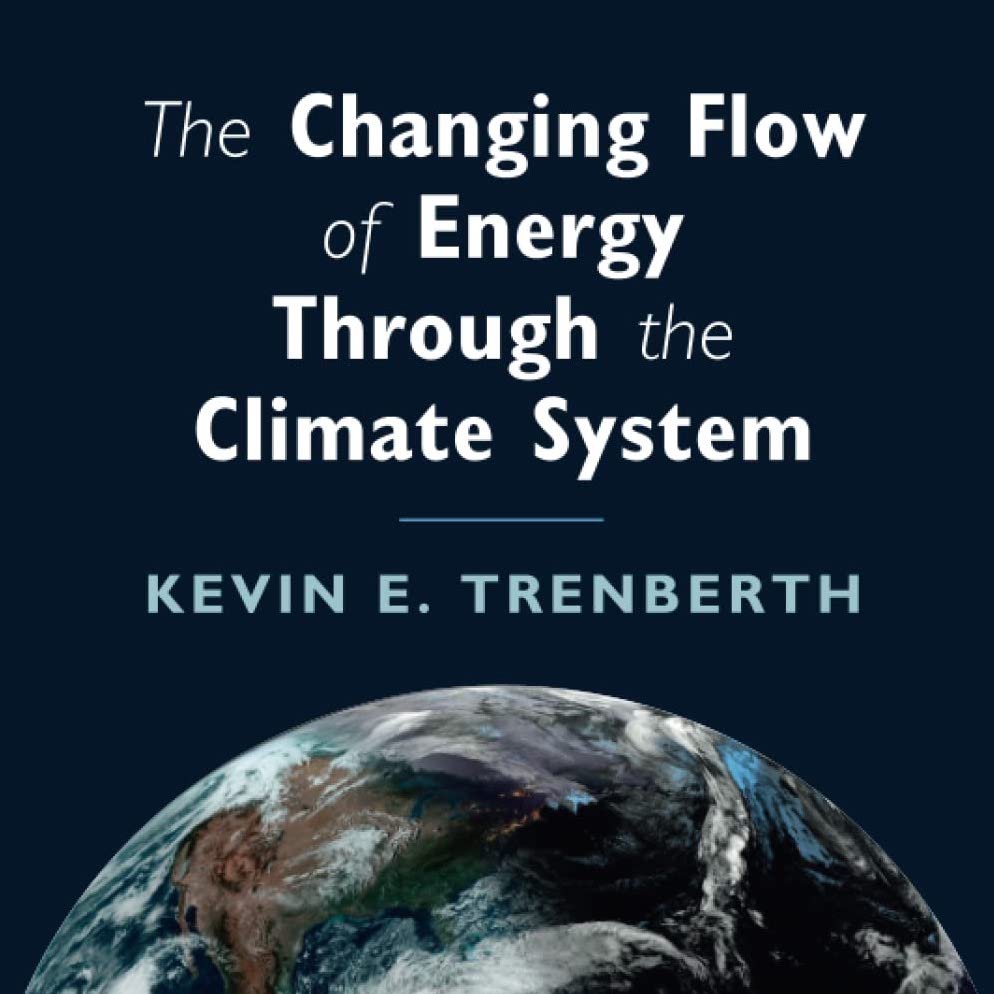
Highlights - Kevin Trenberth - Nobel Prize Winner - Author of “The Changing Flow of Energy Through the Climate System”
"I think certainly we're going to go through 1.5 degrees Celsius. I think the best estimate is probably somewhere around 2032 or thereabouts, the early 2030s. And at the current rate we're going, we'll go through 2 degrees Celsius in the mid to late 2050s. Now there's certainly time to slow that rate of increase down, and we could easily push the 2 degrees Celsius threshold out to 2070 or 2080. And with really strong efforts, we might be able to hold the overall global mean surface temperature i
Jul 25, 2022 • 12:40

Highlights - Kevin Trenberth - Nobel Prize Winner - Author of “The Changing Flow of Energy Through the Climate System”
"I think certainly we're going to go through 1.5 degrees Celsius. I think the best estimate is probably somewhere around 2032 or thereabouts, the early 2030s. And at the current rate we're going, we'll go through 2 degrees Celsius in the mid to late 2050s. Now there's certainly time to slow that rate of increase down, and we could easily push the 2 degrees Celsius threshold out to 2070 or 2080. And with really strong efforts, we might be able to hold the overall global mean surface temperature i
Jul 25, 2022 • 12:40

Kevin Trenberth - Nobel Prize-winning Climate Scientist - Author of “The Changing Flow of Energy Through the Climate System”
Kevin Trenberth is a Distinguished Scholar at the National Center of Atmospheric Research (NCAR) in Boulder and an Honorary Academic in the Department of Physics, Auckland University in Auckland, New Zealand. From New Zealand, he obtained his Sc. D. in meteorology in 1972 from Massachusetts Institute of Technology. He was a lead author of the 1995, 2001 and 2007 Scientific Assessment of Climate Change reports from the Intergovernmental Panel on Climate Change (IPCC), and shared the 2007 Nobel Pe
Jul 25, 2022 • 57:56
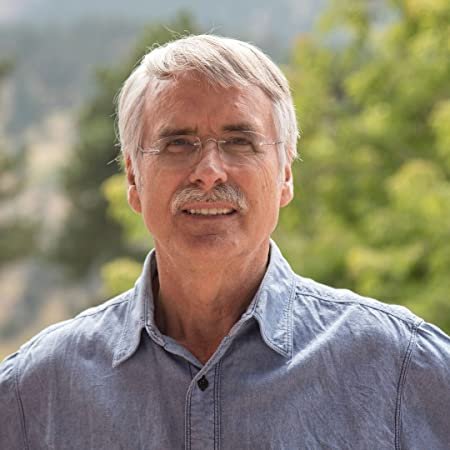
Kevin Trenberth - Nobel Prize-winning Climate Scientist - Author of “The Changing Flow of Energy Through the Climate System”
Kevin Trenberth is a Distinguished Scholar at the National Center of Atmospheric Research (NCAR) in Boulder and an Honorary Academic in the Department of Physics, Auckland University in Auckland, New Zealand. From New Zealand, he obtained his Sc. D. in meteorology in 1972 from Massachusetts Institute of Technology. He was a lead author of the 1995, 2001 and 2007 Scientific Assessment of Climate Change reports from the Intergovernmental Panel on Climate Change (IPCC), and shared the 2007 Nobel Pe
Jul 25, 2022 • 57:55
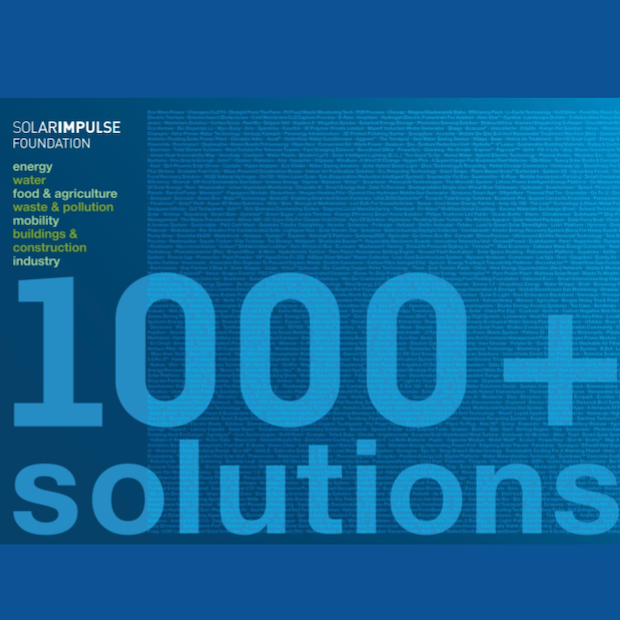
Highlights - Bertrand Piccard - Explorer, Founder, Solar Impulse Foundation: 1000+ Profitable Climate Solutions
“All the holders of solutions, all the innovators could be a startup or a big company, can submit their solution to us, and the solution will be analyzed by our group of experts. We have external and independent experts, about 370 of them, and they will observe three criteria: Is it a solution that exists today and is credible today? Because we don't want to have vague ideas for the future. We want to have solutions for today. Then it needs to be economically profitable for the company who produ
Jul 21, 2022 • 12:05

Highlights - Bertrand Piccard - Explorer, Founder, Solar Impulse Foundation: 1000+ Profitable Climate Solutions
“All the holders of solutions, all the innovators could be a startup or a big company, can submit their solution to us, and the solution will be analyzed by our group of experts. We have external and independent experts, about 370 of them, and they will observe three criteria: Is it a solution that exists today and is credible today? Because we don't want to have vague ideas for the future. We want to have solutions for today. Then it needs to be economically profitable for the company who produ
Jul 21, 2022 • 12:06
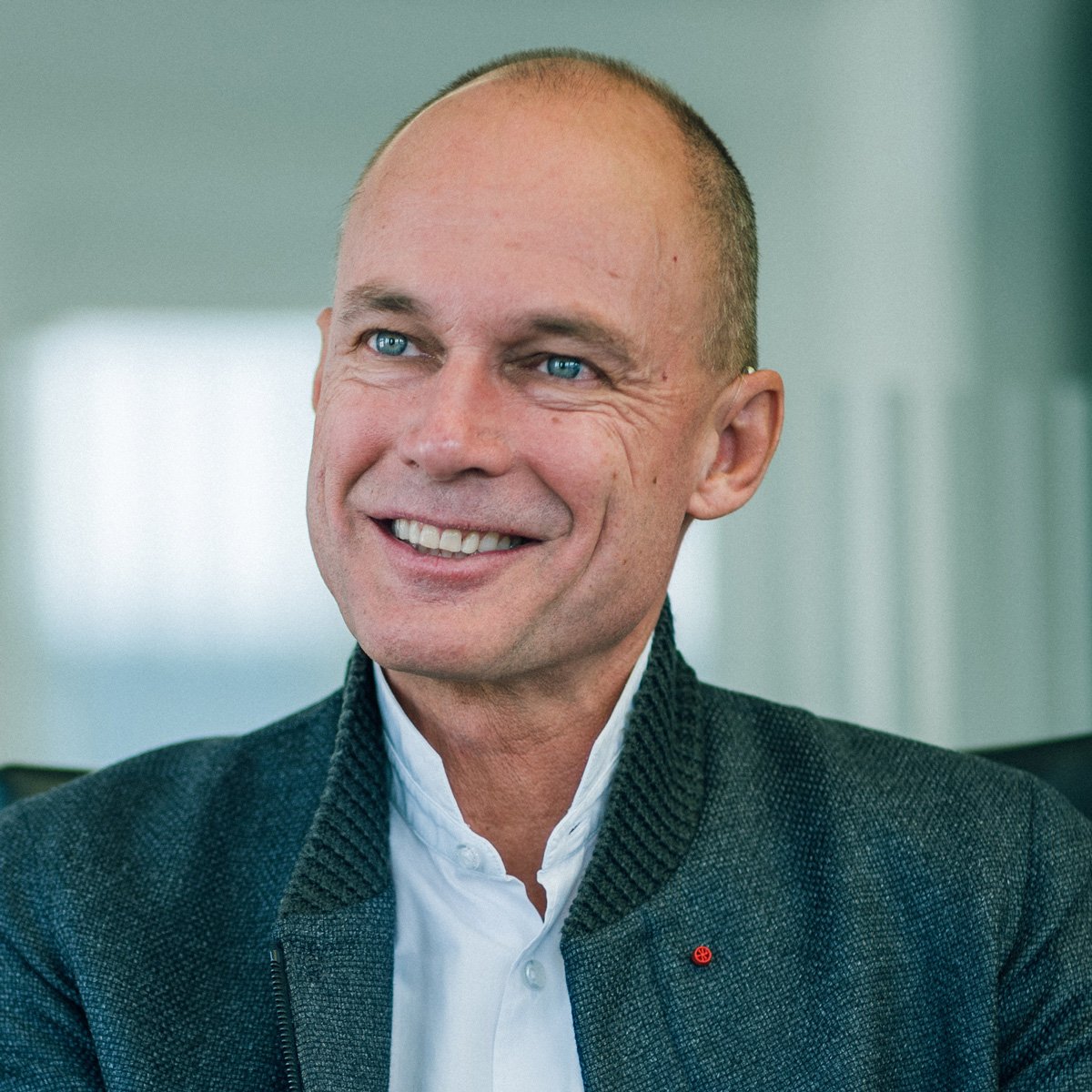
Bertrand Piccard - Explorer, Founder, Solar Impulse Foundation: 1000+ Profitable Climate Solutions
Psychiatrist, aviator and explorer, Bertrand Piccard made history in 1999 by accomplishing the first ever non-stop round-the-world balloon flight, and a number of years later the first round-the-world solar-powered flight. Piccard has dedicated his life to demonstrating sustainable development opportunities. He is Founder and Chairman of the Solar Impulse Foundation, which has assembled a verified portfolio of over 1400 actionable and profitable climate solutions. As a pioneer of new ways of thi
Jul 21, 2022 • 57:58

Bertrand Piccard - Explorer, Founder, Solar Impulse Foundation: 1000+ Profitable Climate Solutions
Psychiatrist, aviator and explorer, Bertrand Piccard made history in 1999 by accomplishing the first ever non-stop round-the-world balloon flight, and a number of years later the first round-the-world solar-powered flight. Piccard has dedicated his life to demonstrating sustainable development opportunities. He is Founder and Chairman of the Solar Impulse Foundation, which has assembled a verified portfolio of over 1400 actionable and profitable climate solutions. As a pioneer of new ways of thi
Jul 21, 2022 • 57:59
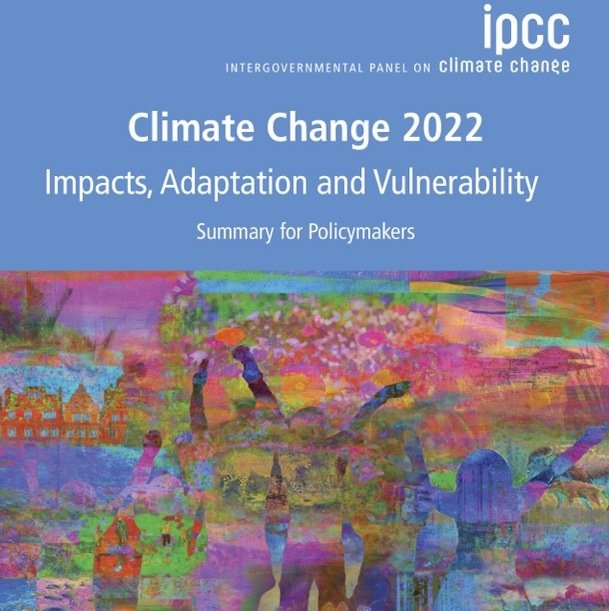
Highlights - Dr. Charles D. Koven - Lead Author - IPCC Report - Earth System Scientist
"The biggest challenge we have for the first half of this century is how do we reduce our CO2 emissions and get them as close to zero as possible. And the challenge for the second half of the century is how do we remove CO2 from the atmosphere at scale and start to restore the climate system to some semblance of what it had been like before."Dr. Charles D. Koven is an Earth System Scientist, working in the Climate Sciences Department at the Lawrence Berkeley National Laboratory. He investigates
Jul 20, 2022 • 10:19

Highlights - Dr. Charles D. Koven - Lead Author - IPCC Report - Earth System Scientist
"The biggest challenge we have for the first half of this century is how do we reduce our CO2 emissions and get them as close to zero as possible. And the challenge for the second half of the century is how do we remove CO2 from the atmosphere at scale and start to restore the climate system to some semblance of what it had been like before."Dr. Charles D. Koven is an Earth System Scientist, working in the Climate Sciences Department at the Lawrence Berkeley National Laboratory. He investigates
Jul 20, 2022 • 10:19
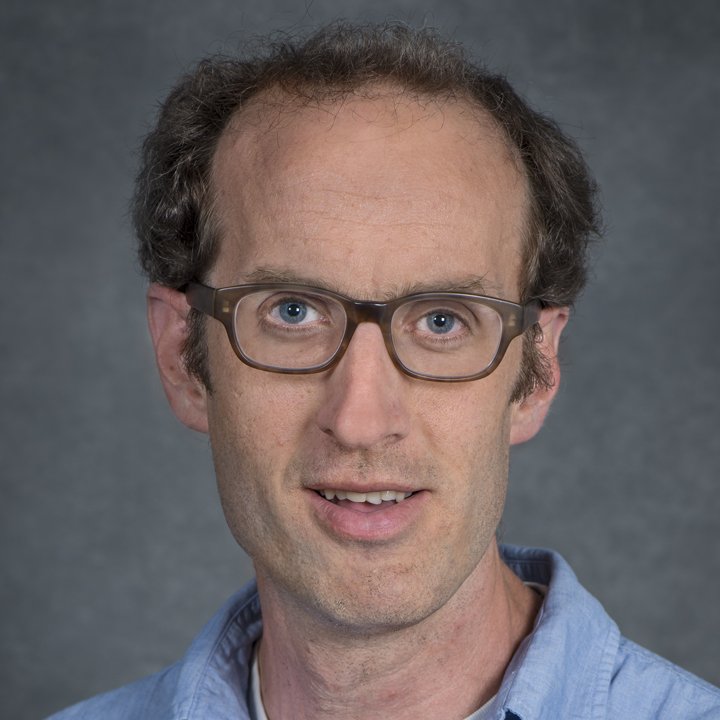
Dr. Charles D. Koven - Earth System Scientist - Lead Author on the IPCC Report
Dr. Charles D. Koven is an Earth System Scientist, working in the Climate Sciences Department at the Lawrence Berkeley National Laboratory. He investigates feedbacks between climate and the carbon cycle. Dr. Koven’s primary research focus is on high-latitude feedbacks to climate change, and in particular the role of soil carbon in permafrost soils, and its response to changing climate. Dr. Koven is a lead author on the IPCC report as part of Working Group I, The Physical Science Basis of Climate
Jul 20, 2022 • 48:54

Dr. Charles D. Koven - Earth System Scientist - Lead Author on the IPCC Report
Dr. Charles D. Koven is an Earth System Scientist, working in the Climate Sciences Department at the Lawrence Berkeley National Laboratory. He investigates feedbacks between climate and the carbon cycle. Dr. Koven’s primary research focus is on high-latitude feedbacks to climate change, and in particular the role of soil carbon in permafrost soils, and its response to changing climate. Dr. Koven is a lead author on the IPCC report as part of Working Group I, The Physical Science Basis of Climate
Jul 20, 2022 • 48:54

Highlights - Oded Galor - Author of “The Journey of Humanity”
"If we reduce population growth by 1% in the world economy, we can have growth in income per capita at a level of about 7% and still hold carbon emissions unchanged. Namely, by reducing population growth, we can permit growth in income per capita without polluting planet earth more than otherwise. So this is very important because it suggests to us that policies that target gender equality, the diffusion of contraceptive methods, and the rewards of education are policies that could mitigate popu
Jul 18, 2022 • 13:31
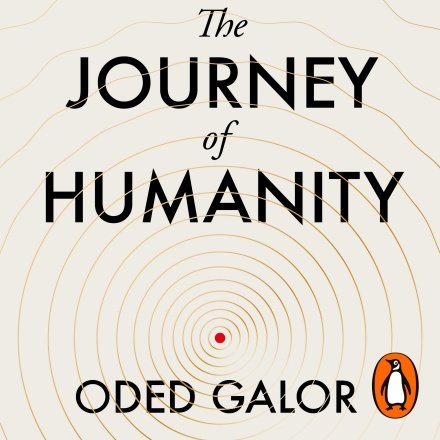
Highlights - Oded Galor - Author of “The Journey of Humanity”
"If we reduce population growth by 1% in the world economy, we can have growth in income per capita at a level of about 7% and still hold carbon emissions unchanged. Namely, by reducing population growth, we can permit growth in income per capita without polluting planet earth more than otherwise. So this is very important because it suggests to us that policies that target gender equality, the diffusion of contraceptive methods, and the rewards of education are policies that could mitigate popu
Jul 18, 2022 • 13:30
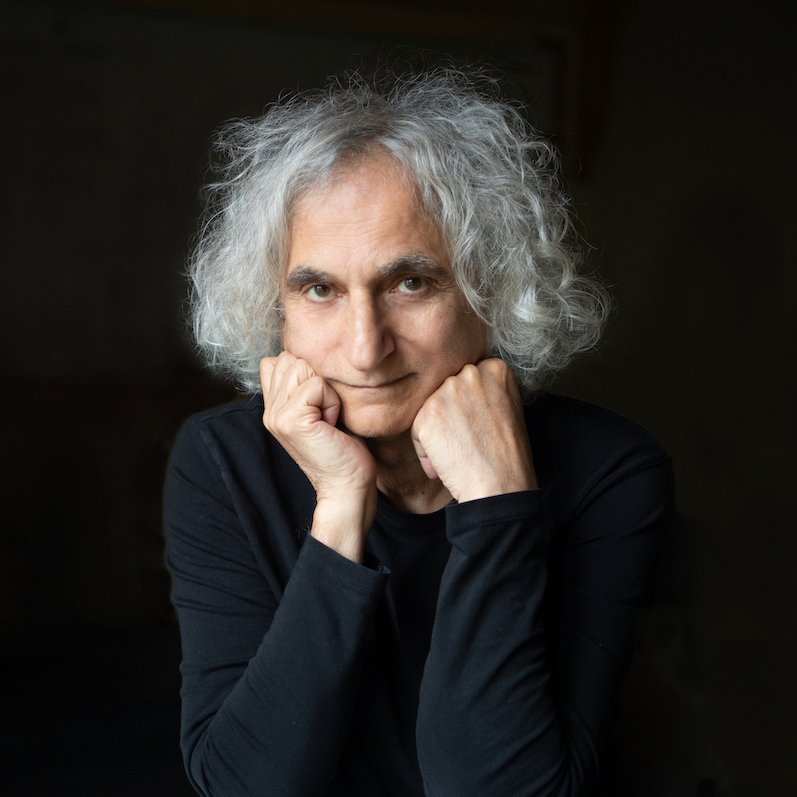
Oded Galor - Author of “The Journey of Humanity” - Founder of Unified Growth Theory
Oded Galor is Herbert H. Goldberger Professor of Economics at Brown University and the founding thinker behind Unified Growth Theory, which seeks to uncover the fundamental causes of development, prosperity and inequality over the entire span of human history. He has shared the insights of his lifetime’s work in this field at some of the most prestigious lectures around the globe and has now distilled those discoveries into The Journey of Humanity, which is published in 30 languages worldwide."
Jul 18, 2022 • 55:30

Oded Galor - Author of “The Journey of Humanity” - Founder of Unified Growth Theory
Oded Galor is Herbert H. Goldberger Professor of Economics at Brown University and the founding thinker behind Unified Growth Theory, which seeks to uncover the fundamental causes of development, prosperity and inequality over the entire span of human history. He has shared the insights of his lifetime’s work in this field at some of the most prestigious lectures around the globe and has now distilled those discoveries into The Journey of Humanity, which is published in 30 languages worldwide."
Jul 18, 2022 • 53:22
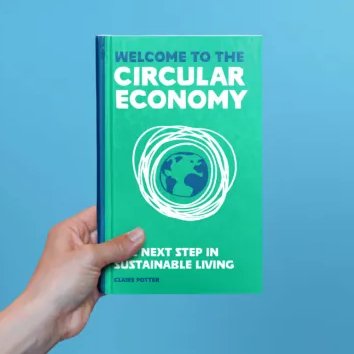
Highlights - Claire Potter - Designer, Author of “Welcome to the Circular Economy”
"That's something that I would want all of the next generations to have in some way or another, to have the ability to access and be amazed by how staggeringly beautiful, complicated - awful in some ways and just brutal - the natural world is, but then really sit and think about how the natural world just gets on and does it.And every species is benefited from everybody else. And you could remove humans from that equation, and nature would just carry on doing its thing. So that's what I would lo
Jul 15, 2022 • 15:33

Highlights - Claire Potter - Designer, Author of “Welcome to the Circular Economy”
"That's something that I would want all of the next generations to have in some way or another, to have the ability to access and be amazed by how staggeringly beautiful, complicated - awful in some ways and just brutal - the natural world is, but then really sit and think about how the natural world just gets on and does it.And every species is benefited from everybody else. And you could remove humans from that equation, and nature would just carry on doing its thing. So that's what I would lo
Jul 15, 2022 • 15:34

Claire Potter - Designer, Lecturer, Author of “Welcome to the Circular Economy”
Claire Potter is a circular economy designer, researcher, lecturer and author based in Brighton, UK. Claire is the Course Convenor of the BSc/BA Product Design course at the University of Sussex, runs her own award-winning circular economy design studio, is a volunteer Regional Rep for Surfers Against Sewage and a working group co-ordinator at the Global Ghost Gear Initiative. In 2021, she published her first book “Welcome to the Circular Economy - the next step in sustainable living”."That's so
Jul 15, 2022 • 54:59
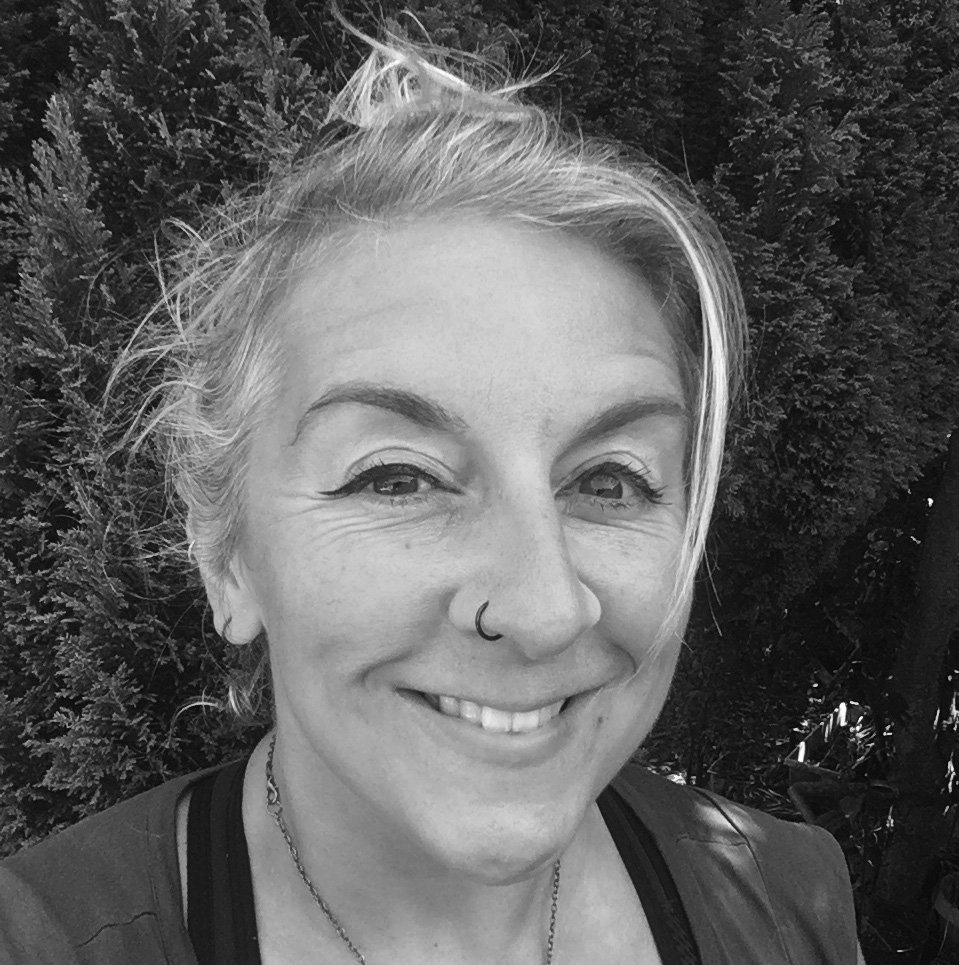
Claire Potter - Designer, Lecturer, Author of “Welcome to the Circular Economy”
Claire Potter is a circular economy designer, researcher, lecturer and author based in Brighton, UK. Claire is the Course Convenor of the BSc/BA Product Design course at the University of Sussex, runs her own award-winning circular economy design studio, is a volunteer Regional Rep for Surfers Against Sewage and a working group co-ordinator at the Global Ghost Gear Initiative. In 2021, she published her first book “Welcome to the Circular Economy - the next step in sustainable living”."That's so
Jul 15, 2022 • 54:59
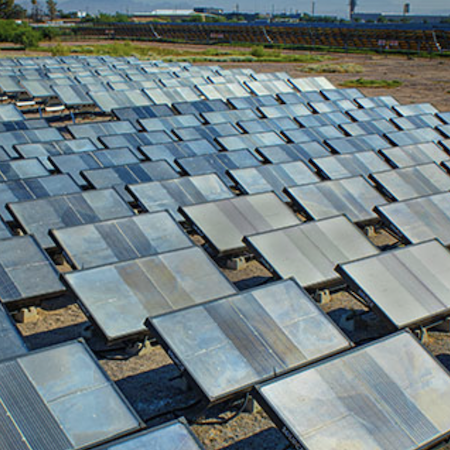
Highlights - Neil Grimmer - Brand Pres. - SOURCE Global - Drinking Water Made from Sunlight and Air
"Certainly on the perimeter of urban centers, water farms are able to provide water and then brought into that city center or other ways. Roofs of buildings is an area where we can deploy hydropanels, where you can plumb directly into a building, so you can imagine in a more urban context, that's a way to bring water directly into that building itself... Water insecurity and water scarcity is affecting all people in almost every part of the world. By 2025, we expect 1.8 billion people to suffer
Jul 8, 2022 • 8:20

Highlights - Neil Grimmer - Brand Pres. - SOURCE Global - Drinking Water Made from Sunlight and Air
"Certainly on the perimeter of urban centers, water farms are able to provide water and then brought into that city center or other ways. Roofs of buildings is an area where we can deploy hydropanels, where you can plumb directly into a building, so you can imagine in a more urban context, that's a way to bring water directly into that building itself... Water insecurity and water scarcity is affecting all people in almost every part of the world. By 2025, we expect 1.8 billion people to suffer
Jul 8, 2022 • 8:20
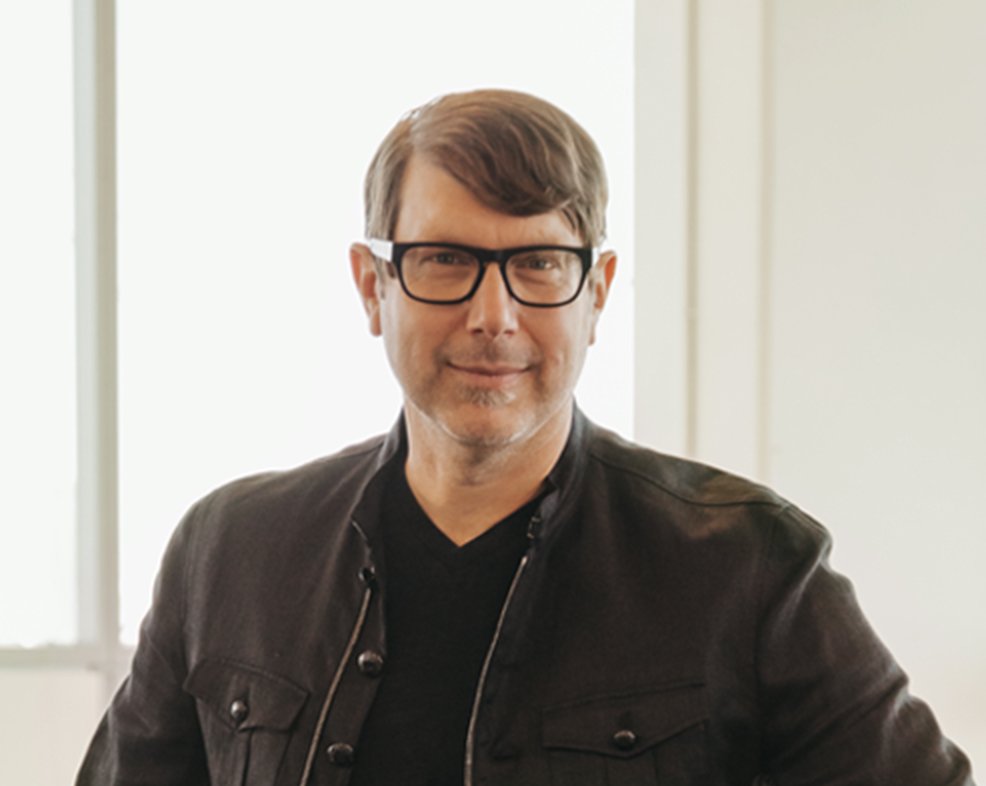
Neil Grimmer - Brand President - SOURCE Global - Innovator of the SOURCE Hydropanel
Neil Grimmer is Brand President of SOURCE Global, innovator of the SOURCE Hydropanel, a renewable technology that uses the sun to transform water vapor in the air to clean, safe and perfectly mineralized drinking water. The Public Benefit Company’s mission is to bring perfect drinking water to every person, every place, and Neil leads its marketing, consumer packaged goods and last-mile water solutions for community, consumer and commercial customers in more than 50 countries."Certainly on the p
Jul 8, 2022 • 40:53

Neil Grimmer - Brand President - SOURCE Global - Innovator of the SOURCE Hydropanel
Neil Grimmer is Brand President of SOURCE Global, innovator of the SOURCE Hydropanel, a renewable technology that uses the sun to transform water vapor in the air to clean, safe and perfectly mineralized drinking water. The Public Benefit Company’s mission is to bring perfect drinking water to every person, every place, and Neil leads its marketing, consumer packaged goods and last-mile water solutions for community, consumer and commercial customers in more than 50 countries."Certainly on the p
Jul 8, 2022 • 40:53

Highlights - Jonathan Newman - VP, Research, Wilfrid Laurier University
“Climate change is certainly going to affect biodiversity. Some species will benefit from climate change, but others will not, and we'll have different ecosystems, different biotic communities as a result of this. I think the impacts that are likely are pretty clear, and I think that's a pretty good reason to do all those things we can do without completely destroying our economies and our communities because those things have moral value as well. It's not just the environment that we think is i
Jul 1, 2022 • 9:54
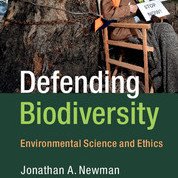
Highlights - Jonathan Newman - VP, Research, Wilfrid Laurier University
“Climate change is certainly going to affect biodiversity. Some species will benefit from climate change, but others will not, and we'll have different ecosystems, different biotic communities as a result of this. I think the impacts that are likely are pretty clear, and I think that's a pretty good reason to do all those things we can do without completely destroying our economies and our communities because those things have moral value as well. It's not just the environment that we think is i
Jul 1, 2022 • 12:59
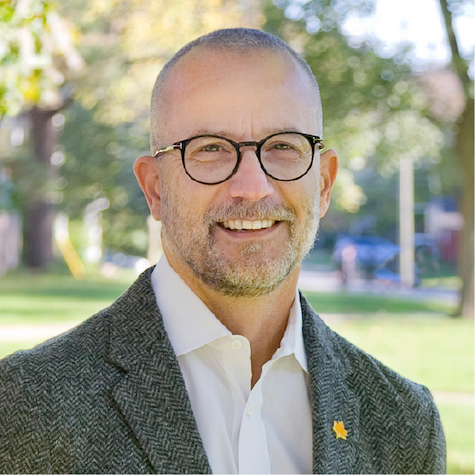
Jonathan Newman - Lead Author, “Defending Biodiversity: Environmental Science and Ethics”
Jonathan Newman is an ecologist who studies plant–animal interactions in the context of species invasions and climatic change. He is the lead author of two books: Climate Change Biology, and Defending Biodiversity: Environmental Science and Ethics, and co-editor of Grasslands and Climate Change. He is the author of more than 100 other scientific publications.“Climate change is certainly going to affect biodiversity. Some species will benefit from climate change, but others will not, and we'll h
Jul 1, 2022 • 48:00

Jonathan Newman - Lead Author, “Defending Biodiversity: Environmental Science and Ethics”
Jonathan Newman is an ecologist who studies plant–animal interactions in the context of species invasions and climatic change. He is the lead author of two books: Climate Change Biology, and Defending Biodiversity: Environmental Science and Ethics, and co-editor of Grasslands and Climate Change. He is the author of more than 100 other scientific publications.“Climate change is certainly going to affect biodiversity. Some species will benefit from climate change, but others will not, and we'll h
Jul 1, 2022 • 48:01
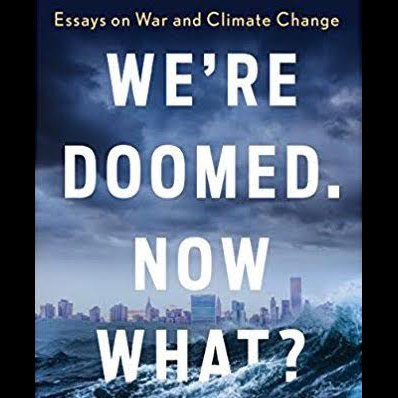
Highlights - Roy Scranton - Author of “Learning to Die in the Anthropocene”
“In terms of human wealth and general quality of life as measured in numerical terms, the costs for that are also manifest and have largely been externalized, if not necessarily into the environment, where they often are, they're also externalized into the future, which is to say, yes, there is this huge surge in human population and relative wealth and so on and so on, but there is absolutely no reason to believe that it's sustainable into the future, especially not infinitely. Infinite growth
Jun 28, 2022 • 9:54

Highlights - Roy Scranton - Author of “Learning to Die in the Anthropocene”
“In terms of human wealth and general quality of life as measured in numerical terms, the costs for that are also manifest and have largely been externalized, if not necessarily into the environment, where they often are, they're also externalized into the future, which is to say, yes, there is this huge surge in human population and relative wealth and so on and so on, but there is absolutely no reason to believe that it's sustainable into the future, especially not infinitely. Infinite growth
Jun 28, 2022 • 9:54
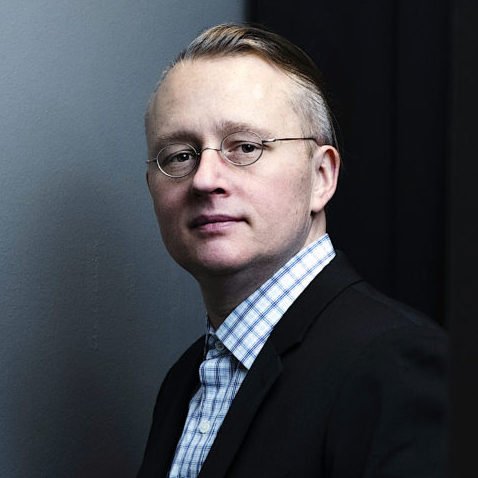
Roy Scranton - Author of “Learning to Die in the Anthropocene” - “We’re Doomed, Now What?”
Roy Scranton, is the award-winning author of five books, including Learning to Die in the Anthropocene: Reflections on the End of a Civilization, Total Mobilization: World War II and American Literature, and We’re Doomed. Now What? He has written for the NYTimes, Rolling Stone, The Nation, and other publications. He was selected for the 2015 Best American Science and Nature Writing, has been awarded a Whiting Fellowship, a Lannan Literary Fellowship, and other honors. He’s an Associate Professor
Jun 28, 2022 • 44:30

Roy Scranton - Author of “Learning to Die in the Anthropocene” - “We’re Doomed, Now What?”
Roy Scranton, is the award-winning author of five books, including Learning to Die in the Anthropocene: Reflections on the End of a Civilization, Total Mobilization: World War II and American Literature, and We’re Doomed. Now What? He has written for the NYTimes, Rolling Stone, The Nation, and other publications. He was selected for the 2015 Best American Science and Nature Writing, has been awarded a Whiting Fellowship, a Lannan Literary Fellowship, and other honors. He’s an Associate Professor
Jun 28, 2022 • 44:31
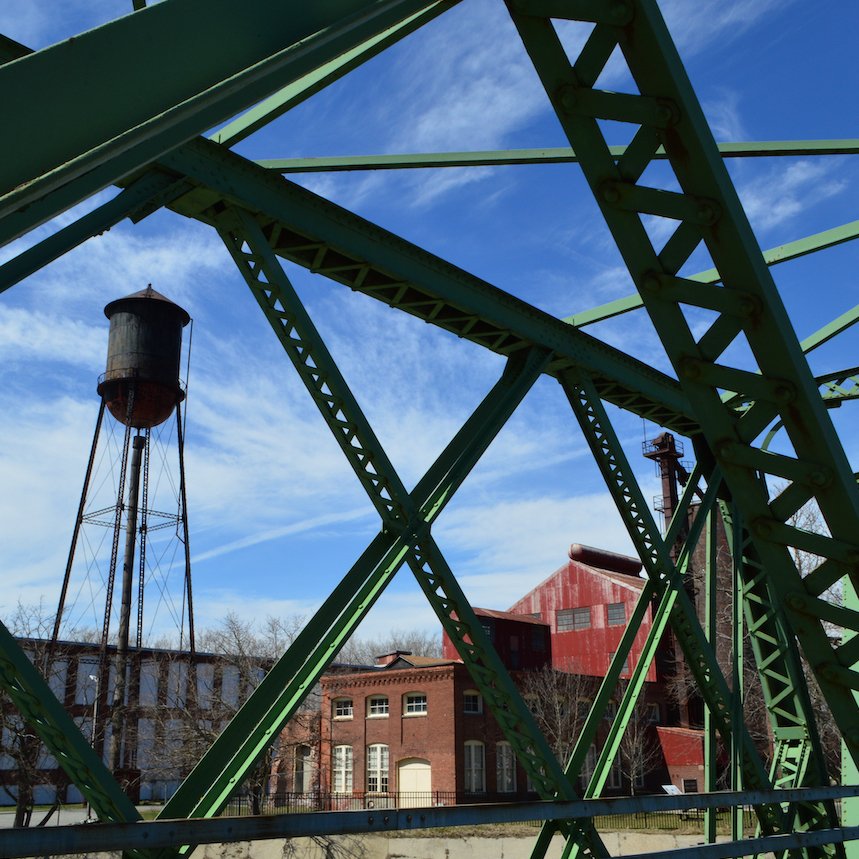
Highlights - David A. Banks - Dir. of Globalization Studies - SUNY Albany
"All of the technologies necessary to solve a great deal of problems have already been done. The issue is having the political will to make them actually happen. Capital won't do that because it's more advantageous financially to have the problem continually move and then just kind of fix it here and then move it over there and then fix it over there and then move it back over here.”David A. Banks is the Director of Globalization Studies at the University at Albany, SUNY and the author of the fo
Jun 24, 2022 • 13:03

Highlights - David A. Banks - Dir. of Globalization Studies - SUNY Albany
"All of the technologies necessary to solve a great deal of problems have already been done. The issue is having the political will to make them actually happen. Capital won't do that because it's more advantageous financially to have the problem continually move and then just kind of fix it here and then move it over there and then fix it over there and then move it back over here.”David A. Banks is the Director of Globalization Studies at the University at Albany, SUNY and the author of the fo
Jun 24, 2022 • 13:04

David A. Banks - Dir. of Globalization Studies - SUNY Albany - Author of “The City Authentic”
David A. Banks is the Director of Globalization Studies at the University at Albany, SUNY and the author of the forthcoming book The City Authentic: How the Attention Economy Builds Urban America published by University of California Press. He is also a delegate to the Troy Area Labor Council and the co-host of the podcast Ironweeds."All of the technologies necessary to solve a great deal of problems have already been done. The issue is having the political will to make them actually happen. Cap
Jun 24, 2022 • 52:12
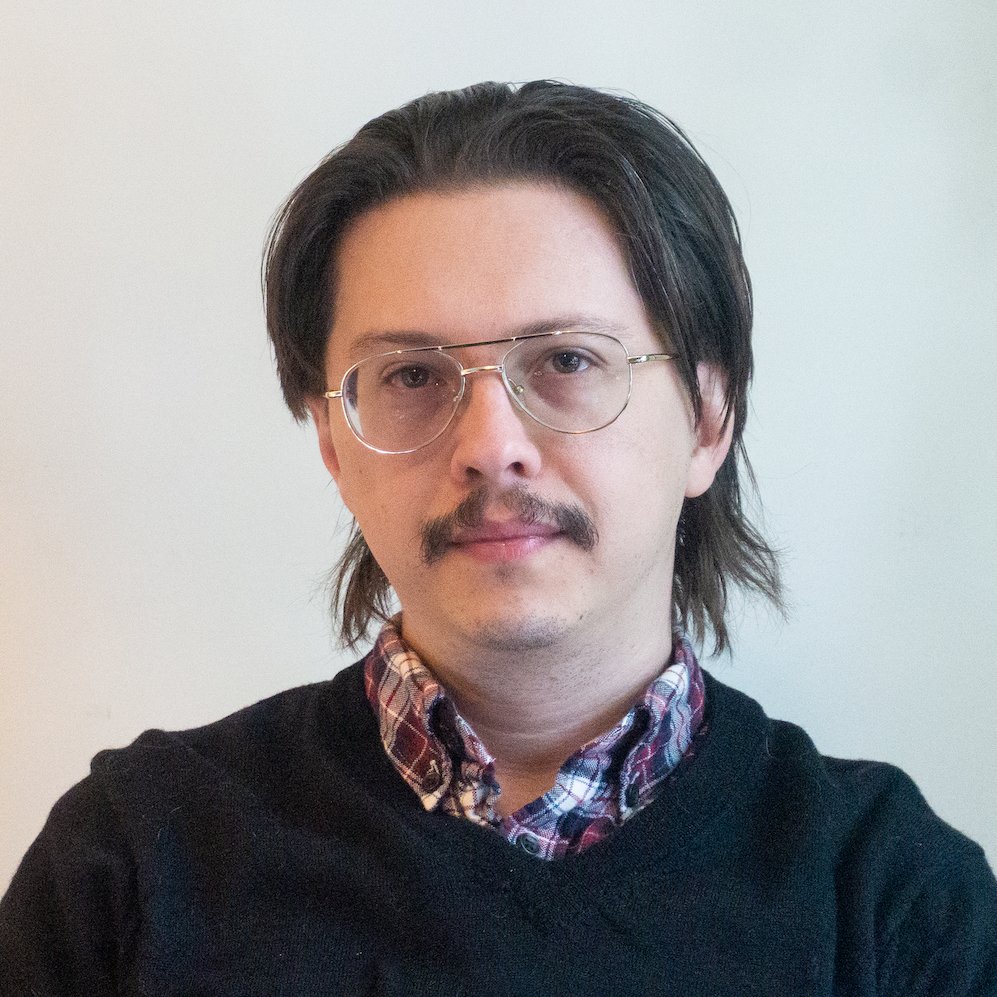
David A. Banks - Dir. of Globalization Studies - SUNY Albany - Author of “The City Authentic”
David A. Banks is the Director of Globalization Studies at the University at Albany, SUNY and the author of the forthcoming book The City Authentic: How the Attention Economy Builds Urban America published by University of California Press. He is also a delegate to the Troy Area Labor Council and the co-host of the podcast Ironweeds."All of the technologies necessary to solve a great deal of problems have already been done. The issue is having the political will to make them actually happen. Cap
Jun 24, 2022 • 52:11

Highlights - KC Legacion on Degrowth, Technology and Social Media
“Degrowth as an idea has intellectual roots in the environmental critiques of the sixties and seventies found in landmark works like Rachel Carson's Silent Spring, the Club of Rome's Limits to Growth report, Nicholas Georgescu-Roegen's The Entropy Law and the Economic Process, which was a seminal piece of economic theory that applied the laws of thermodynamics to the economy and was very influential for ecological economics, which is intertwined with degrowth.Degrowth was first formulated in 197
Jun 22, 2022 • 18:24
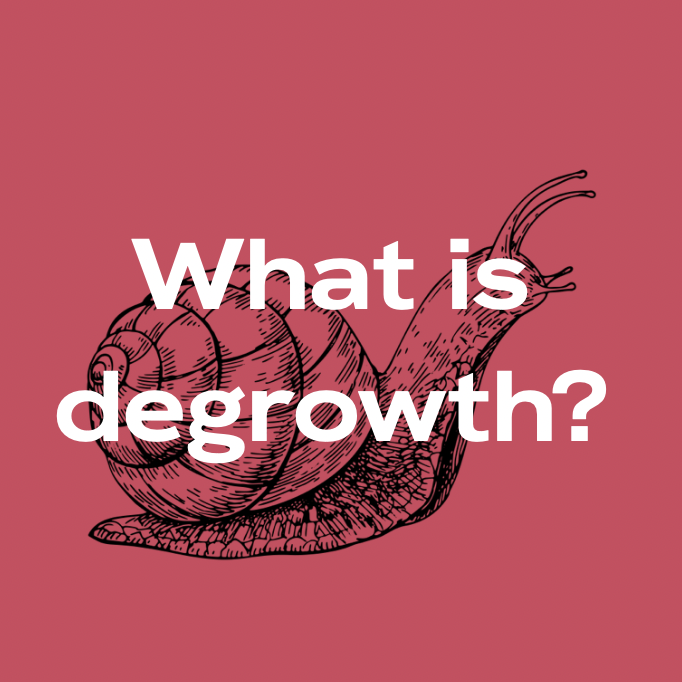
Highlights - KC Legacion on Degrowth, Technology and Social Media
“Degrowth as an idea has intellectual roots in the environmental critiques of the sixties and seventies found in landmark works like Rachel Carson's Silent Spring, the Club of Rome's Limits to Growth report, Nicholas Georgescu-Roegen's The Entropy Law and the Economic Process, which was a seminal piece of economic theory that applied the laws of thermodynamics to the economy and was very influential for ecological economics, which is intertwined with degrowth.Degrowth was first formulated in 197
Jun 22, 2022 • 18:24

KC Legacion on Degrowth, Technology and Social Media
KC Legacion is a Master of Environmental Studies candidate at the University of Pennsylvania. His research presents a reimagined understanding of social media through the lens of degrowth—this project will culminate in a short film set to premiere in September of this year. Outside of their research, KC is a team member of the web collective degrowth.info and a member of a nascent housing cooperative in West Philadelphia.“What does degrowth mean for the Global South? There are some thoughts that
Jun 22, 2022 • 42:41
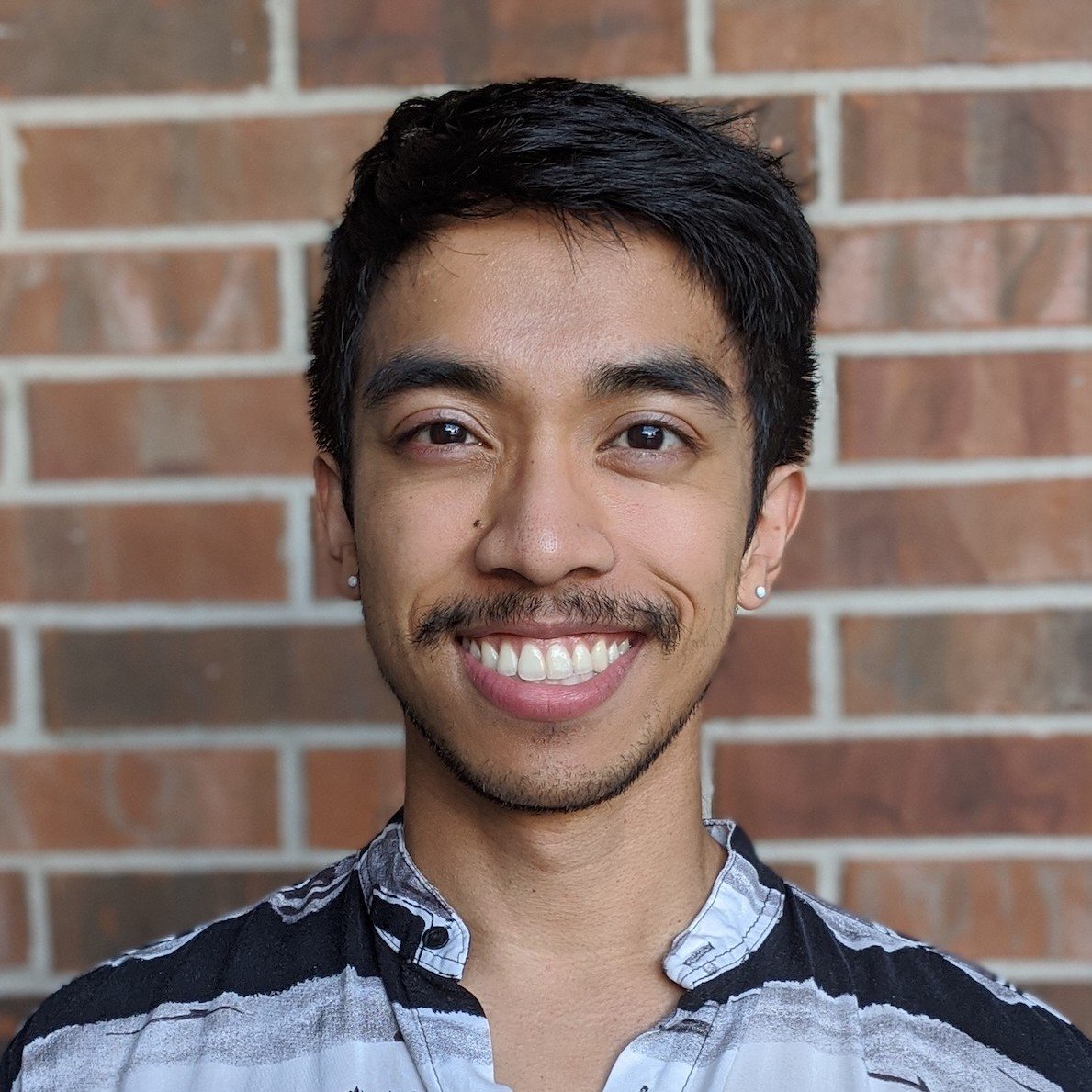
KC Legacion on Degrowth, Technology and Social Media
KC Legacion is a Master of Environmental Studies candidate at the University of Pennsylvania. His research presents a reimagined understanding of social media through the lens of degrowth—this project will culminate in a short film set to premiere in September of this year. Outside of their research, KC is a team member of the web collective degrowth.info and a member of a nascent housing cooperative in West Philadelphia.“What does degrowth mean for the Global South? There are some thoughts that
Jun 22, 2022 • 42:41
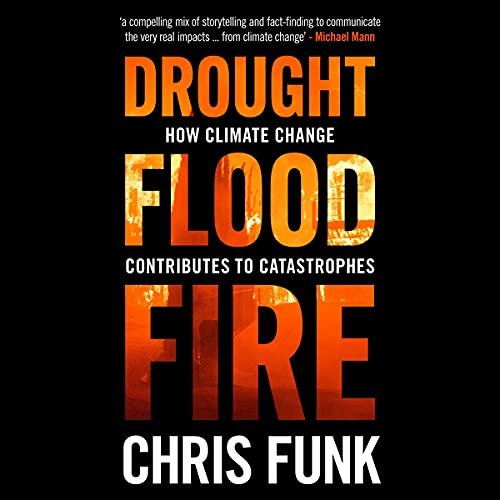
Highlights - Chris Funk - Dir., Climate Hazards Center - Author of “Drought, Flood, Fire…”
“I guess the work that we're doing here at the Climate Hazards Center is trying to build out the science to cope with a two-degree world. And I think that we can do that. It's not going to be easy, but I think that's definitely within our capabilities, and it is already making human beings be smarter together in very empowering ways. And these are examples of people in Boulder, Colorado getting ready for the next big flood event and having conversations between the National Weather Service and l
Jun 17, 2022 • 12:18

Highlights - Chris Funk - Dir., Climate Hazards Center - Author of “Drought, Flood, Fire…”
“I guess the work that we're doing here at the Climate Hazards Center is trying to build out the science to cope with a two-degree world. And I think that we can do that. It's not going to be easy, but I think that's definitely within our capabilities, and it is already making human beings be smarter together in very empowering ways. And these are examples of people in Boulder, Colorado getting ready for the next big flood event and having conversations between the National Weather Service and l
Jun 17, 2022 • 12:19

Chris Funk - Director, Climate Hazards Center - Author of “Drought, Flood, Fire…”
Chris Funk is the Director of the Climate Hazards Center (CHC) at UC Santa Barbara. He works with an international team of Earth scientists to inform weather and famine-related disaster responses. Chris studies climate and climate change while also developing improved data sets and monitoring/prediction systems. He’s the author of Drought, Flood, Fire: How Climate Change Contributes to Recent Catastrophes and co-author with Shrad Shukla of Drought Early Warning and Forecasting. While his researc
Jun 17, 2022 • 37:41
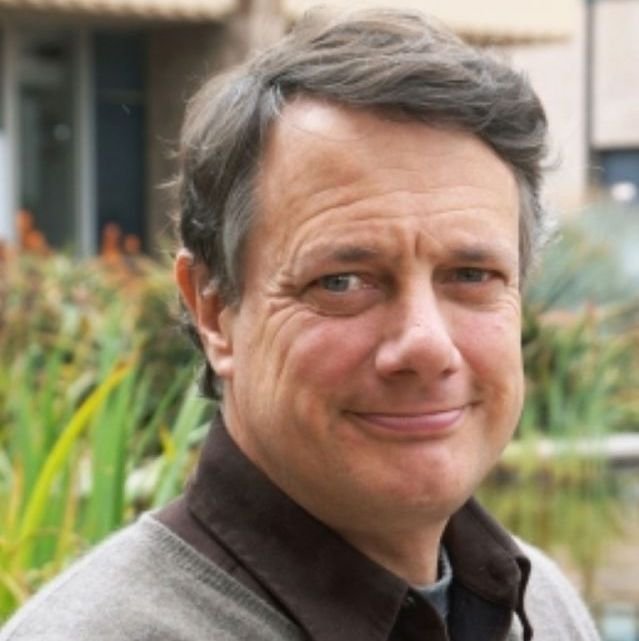
Chris Funk - Director, Climate Hazards Center - Author of “Drought, Flood, Fire…”
Chris Funk is the Director of the Climate Hazards Center (CHC) at UC Santa Barbara. He works with an international team of Earth scientists to inform weather and famine-related disaster responses. Chris studies climate and climate change while also developing improved data sets and monitoring/prediction systems. He’s the author of Drought, Flood, Fire: How Climate Change Contributes to Recent Catastrophes and co-author with Shrad Shukla of Drought Early Warning and Forecasting. While his researc
Jun 17, 2022 • 37:40

Highlights - Yee Lee - Chief of Growth at Terraformation
“We're trying to help the world's forestry organizations collectively plant a trillion trees in the next decade and cover 3 billion acres of net new forest. That's a very, very large number. Some of the very largest tree-planting organizations in the world collectively plant something like half a billion to three-quarters of a billion trees per year. And even that number sounds large, too, but then you realize that's actually three full orders of magnitude smaller than the actual number we need
Jun 9, 2022 • 0:00
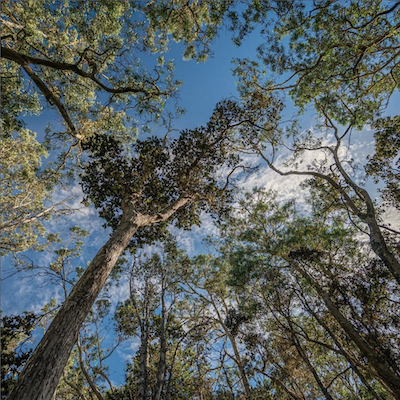
Highlights - Yee Lee - Chief of Growth at Terraformation
“We're trying to help the world's forestry organizations collectively plant a trillion trees in the next decade and cover 3 billion acres of net new forest. That's a very, very large number. Some of the very largest tree-planting organizations in the world collectively plant something like half a billion to three-quarters of a billion trees per year. And even that number sounds large, too, but then you realize that's actually three full orders of magnitude smaller than the actual number we need
Jun 9, 2022 • 10:04
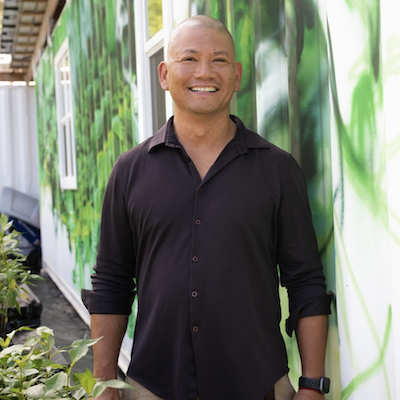
Yee Lee - Chief of Growth at Terraformation - Silicon Valley Entrepreneur
Yee Lee was the first employee at Terraformation, dedicated to restoring the planet’s forests to solve climate change. He is a serial technology entrepreneur and angel investor from Silicon Valley, having invested in over 100 technology startups. Prior to Terraformation, Yee was an early team member at PayPal and Slide. He founded four venture-backed ecommerce and financial technology startups with M&A exits to Google and TaskRabbit (now part of IKEA). In his capacity as Chief of Growth at Terra
Jun 9, 2022 • 39:46

Yee Lee - Chief of Growth at Terraformation - Silicon Valley Entrepreneur
Yee Lee was the first employee at Terraformation, dedicated to restoring the planet’s forests to solve climate change. He is a serial technology entrepreneur and angel investor from Silicon Valley, having invested in over 100 technology startups. Prior to Terraformation, Yee was an early team member at PayPal and Slide. He founded four venture-backed ecommerce and financial technology startups with M&A exits to Google and TaskRabbit (now part of IKEA). In his capacity as Chief of Growth at Terra
Jun 9, 2022 • 39:47
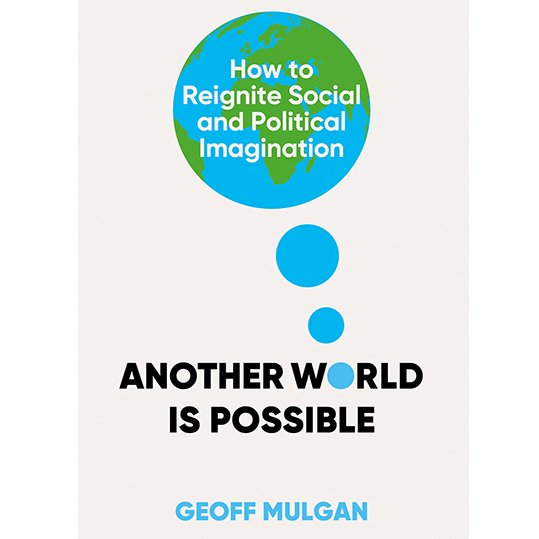
Highlights-Sir Geoff Mulgan, Author of “Another World is Possible”
"What I think we need is many more people thinking through what would this whole circular economy look like? Let's picture 20, 30 years into the future. Imagine we really did become circular. How would tax be organized in that world? Would we be taxing new stuff much more heavily relative to reused or maintained or recycled stuff? How would we be embedding this into children's upbringing? How would we be changing almost our moral view of different kinds of waste?"Sir Geoff Mulgan is Professor of
Jun 5, 2022 • 11:30

Highlights-Sir Geoff Mulgan, Author of “Another World is Possible”
"What I think we need is many more people thinking through what would this whole circular economy look like? Let's picture 20, 30 years into the future. Imagine we really did become circular. How would tax be organized in that world? Would we be taxing new stuff much more heavily relative to reused or maintained or recycled stuff? How would we be embedding this into children's upbringing? How would we be changing almost our moral view of different kinds of waste?"Sir Geoff Mulgan is Professor of
Jun 5, 2022 • 0:00
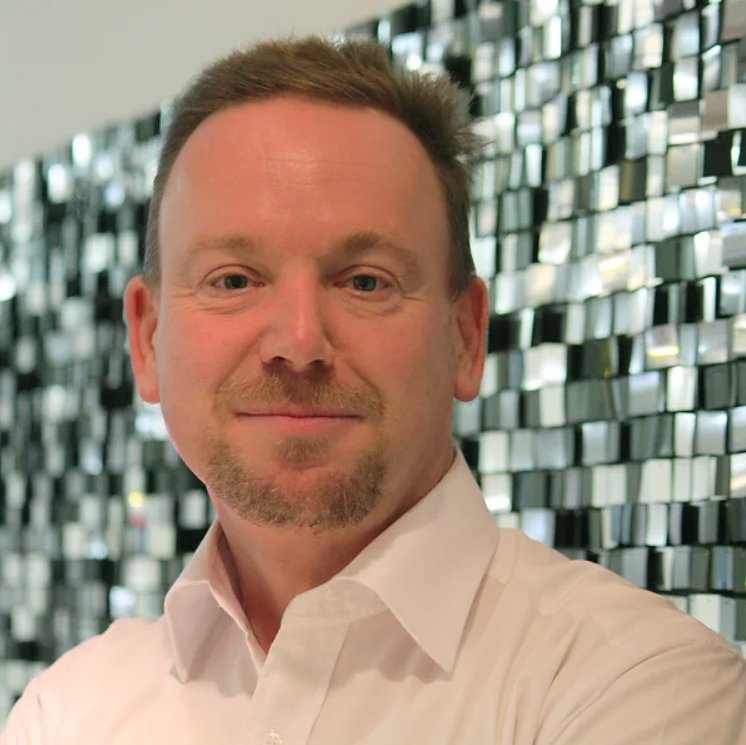
Sir Geoff Mulgan, Author of “Another World is Possible”, Prof. UCL
Sir Geoff Mulgan is Professor of Collective Intelligence, Public Policy and Social Innovation at University College London. Formerly he was chief executive of Nesta, and held government roles (1997–2004), including as the Prime Minister’s Strategy Unit director and as Downing Street’s head of policy. He is the founder or co-founder of many organisations, from Demos to Action for Happiness, and the author of Another World is Possible, Social Innovation: how societies find the power to change, Big
Jun 5, 2022 • 49:05

Sir Geoff Mulgan, Author of “Another World is Possible”, Prof. UCL
Sir Geoff Mulgan is Professor of Collective Intelligence, Public Policy and Social Innovation at University College London. Formerly he was chief executive of Nesta, and held government roles (1997–2004), including as the Prime Minister’s Strategy Unit director and as Downing Street’s head of policy. He is the founder or co-founder of many organisations, from Demos to Action for Happiness, and the author of Another World is Possible, Social Innovation: how societies find the power to change, Big
Jun 5, 2022 • 0:00

(Highlights) Nicholas Christakis · Author of “Blueprint” · Dir. · Human Nature Lab, Yale
“We're not attempting to invent super smart AI to replace human cognition. We are inventing dumb AI to supplement human interaction. Are there simple forms of artificial intelligence, simple programming of bots, such that when they are added to groups of humans – because those humans are smart or otherwise positively inclined - that help the humans to help themselves? Can we get groups of people to work better together, for instance, to confront climate change, or to reduce racism online, or to
May 31, 2022 • 0:00
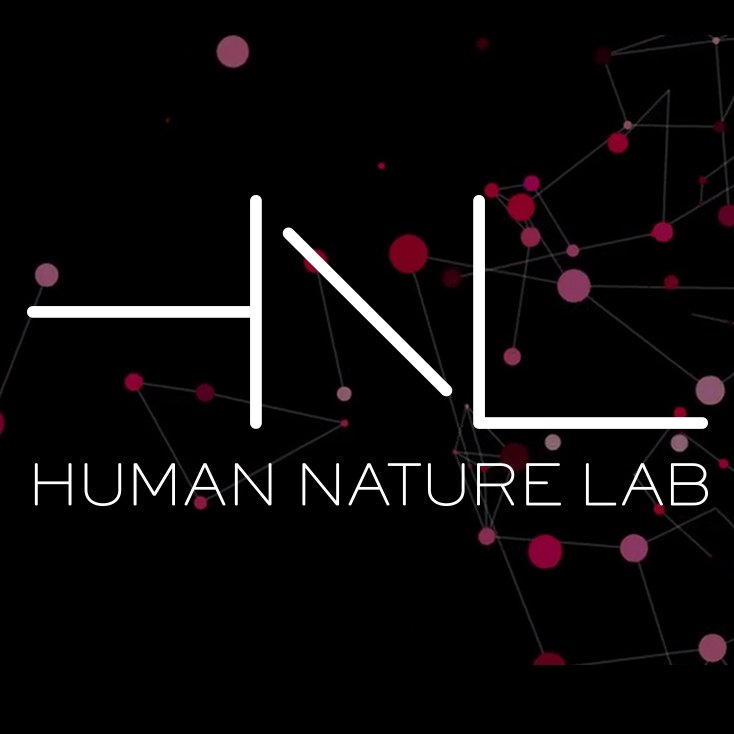
Highlights–Nicholas A. Christakis, Director, Human Nature Lab, Yale
“We're not attempting to invent super smart AI to replace human cognition. We are inventing dumb AI to supplement human interaction. Are there simple forms of artificial intelligence, simple programming of bots, such that when they are added to groups of humans – because those humans are smart or otherwise positively inclined - that help the humans to help themselves? Can we get groups of people to work better together, for instance, to confront climate change, or to reduce racism online, or to
May 31, 2022 • 9:54

Nicholas A. Christakis · Author of “Blueprint: The Evolutionary Origins of a Good Society" · Dir. · Human Nature Lab, Yale (56 mins)
Nicholas Christakis, MD, PhD, MPH, is a social scientist and physician who conducts research in the areas of biosocial science, network science and behavioral genetics. He directs the Human Nature Lab at Yale University and is the co-director of the Yale Institute for Network Science. Dr. Christakis has authored numerous books, including Blueprint: The Evolutionary Origins of a Good Society published in 2019 and Apollo's Arrow: The Profound and Enduring Impact of Coronavirus on the Way We Live p
May 31, 2022 • 0:00
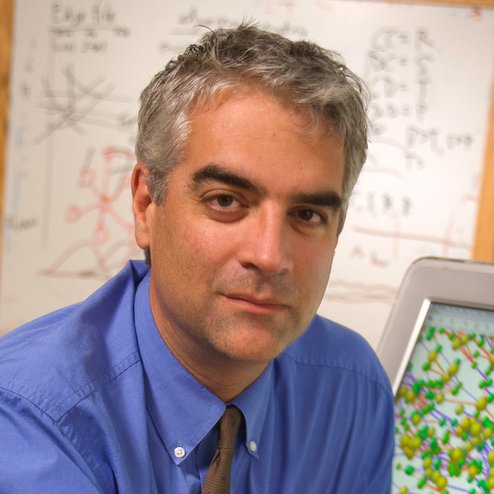
Nicholas A. Christakis, Director, Human Nature Lab, Yale
Nicholas Christakis, MD, PhD, MPH, is a social scientist and physician who conducts research in the areas of biosocial science, network science and behavioral genetics. He directs the Human Nature Lab at Yale University and is the co-director of the Yale Institute for Network Science. Dr. Christakis has authored numerous books, including Blueprint: The Evolutionary Origins of a Good Society published in 2019 and Apollo's Arrow: The Profound and Enduring Impact of Coronavirus on the Way We Live p
May 31, 2022 • 1:06:08

(Highlights) Derrick Emsley · Co-founder & CEO of veritree - Data-driven Restorative Platform & tentree Apparel Co.
"I think what's powerful about a tree is it's tangible and it's symbolic in a lot of ways. We as humans naturally have this emotional connection, I think, to trees, and so particularly when you think of our ability to take action within the climate crisis conversation, a tree is this really powerful symbol and vehicle because it's a lot easier to understand a tree than it is to understand a pound or two of CO2 that's floating in the air.So for us, tree planting is just the start of the communica
May 27, 2022 • 0:00
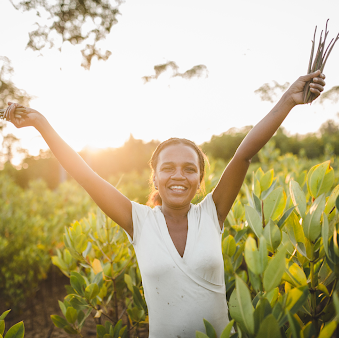
(Highlights) Derrick Emsley · Co-founder & CEO of veritree - Data-driven Restorative Platform & tentree Apparel Co.
"I think what's powerful about a tree is it's tangible and it's symbolic in a lot of ways. We as humans naturally have this emotional connection, I think, to trees, and so particularly when you think of our ability to take action within the climate crisis conversation, a tree is this really powerful symbol and vehicle because it's a lot easier to understand a tree than it is to understand a pound or two of CO2 that's floating in the air.So for us, tree planting is just the start of the communica
May 27, 2022 • 10:08
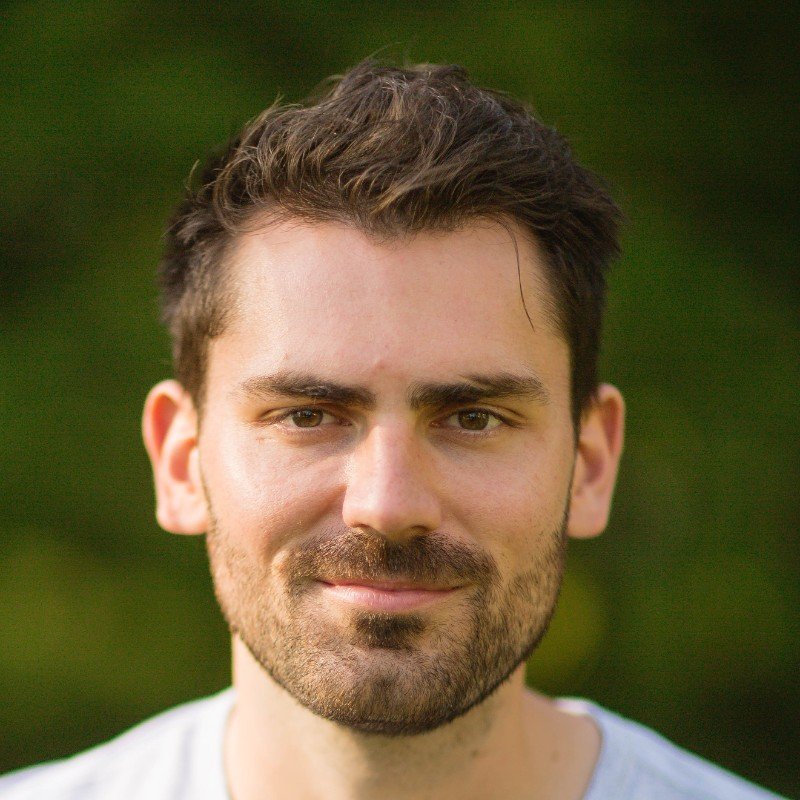
Derrick Emsley · Co-founder & CEO of veritree - Data-driven Restorative Platform & tentree Apparel (Copy)
From a young age, Saskatchewan born Derrick Emsley has been actively connecting people with environmental stewardship. At 16, he and his brother Kalen founded a tree planting company that sold carbon offsets to businesses, a venture that saw over $1 million dollars in contracts and 150,000 trees planted. Derrick founded tentree, the apparel company that plants trees for purchases, soon after graduating from Richard Ivey School of Business in 2012. In just under a decade, tentree has set new stan
May 26, 2022 • 48:26

Derrick Emsley · Co-founder & CEO of veritree - Data-driven Restorative Platform & tentree Apparel Co. (48 mins)
From a young age, Saskatchewan born Derrick Emsley has been actively connecting people with environmental stewardship. At 16, he and his brother Kalen founded a tree planting company that sold carbon offsets to businesses, a venture that saw over $1 million dollars in contracts and 150,000 trees planted. Derrick founded tentree, the apparel company that plants trees for purchases, soon after graduating from Richard Ivey School of Business in 2012. In just under a decade, tentree has set new stan
May 26, 2022 • 0:00

Frank Loy · Fmr. Under Secretary of State for Global Affairs · Fmr. Chief U.S. Climate Negotiator
Frank Loy was Under Secretary of State for Global Affairs from 1998 to 2001. His portfolio included human rights, the promotion of democracy, refugee issues, international law enforcement and counter-narcotics, and the environment. He served as chief U.S. climate negotiator. He was a senior official in the State Department as Deputy Assistant Secretary for Economic Affairs, and Director of the Office of Refugee Affairs. He served in the Obama Campaign as a co-leader of the Energy and Environment
May 24, 2022 • 0:00
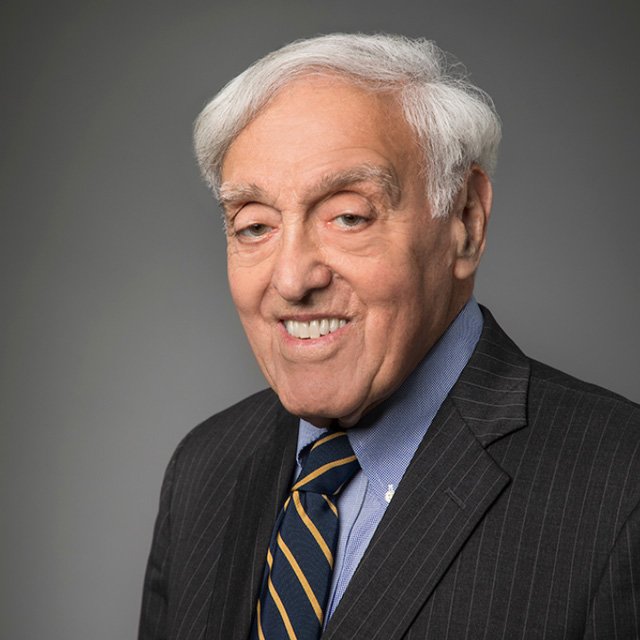
Frank Loy · Fmr. Under Secretary of State for Global Affairs · Fmr. Chief U.S. Climate Negotiator
Frank Loy was Under Secretary of State for Global Affairs from 1998 to 2001. His portfolio included human rights, the promotion of democracy, refugee issues, international law enforcement and counter-narcotics, and the environment. He served as chief U.S. climate negotiator. He was a senior official in the State Department as Deputy Assistant Secretary for Economic Affairs, and Director of the Office of Refugee Affairs. He served in the Obama Campaign as a co-leader of the Energy and Environment
May 24, 2022 • 58:02

Bill Novelli · Founder Business for Impact Program at Georgetown · Co-founder Porter Novelli Global PR Agency (36 mins)
Bill Novelli co-founded Porter Novelli one of the first social marketing companies and now a global PR agency, he started the Business for Impact program at Georgetown University's McDonough School of Business. He is formerly the CEO of AARP, the president of the Campaign for Tobacco-Free Kids, and the COO of CARE USA. He’s the author of Good Business, The Talk, Fight, Win Way to Change the World and coauthor of Fifty Plus: Give Meaning and Purpose to the Best Time of Your Life. He served in and
May 23, 2022 • 0:00
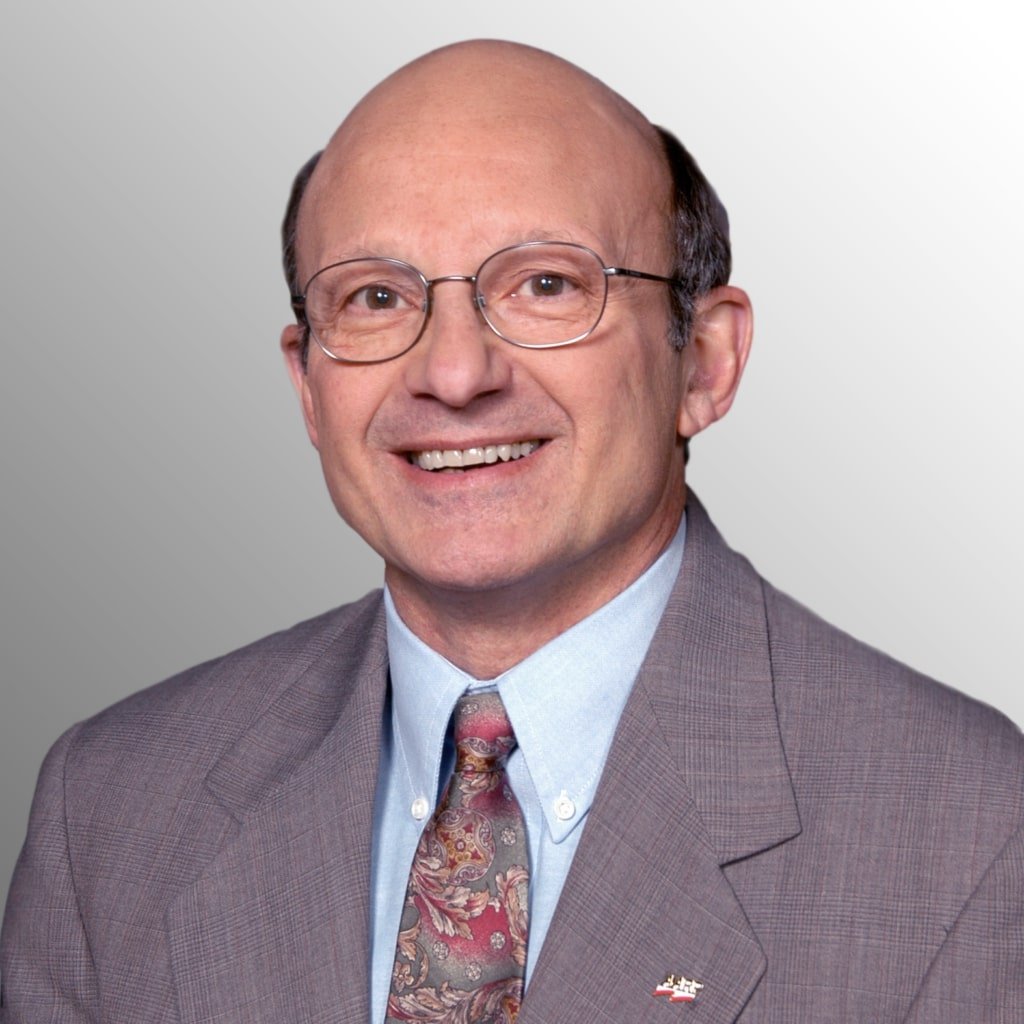
Bill Novelli · Founder, Business for Impact Program, Georgetown · Co-founder Porter Novelli
Bill Novelli co-founded Porter Novelli one of the first social marketing companies and now a global PR agency, he started the Business for Impact program at Georgetown University's McDonough School of Business. He is formerly the CEO of AARP, the president of the Campaign for Tobacco-Free Kids, and the COO of CARE USA. He’s the author of Good Business, The Talk, Fight, Win Way to Change the World and coauthor of Fifty Plus: Give Meaning and Purpose to the Best Time of Your Life. He served in and
May 23, 2022 • 36:32

Bill Novelli · Founder Business for Impact Program, Georgetown University · Co-founder, Porter Novelli, Global PR Agency (36 mins)
Bill Novelli co-founded Porter Novelli one of the first social marketing companies and now a global PR agency, he started the Business for Impact program at Georgetown University's McDonough School of Business. He is formerly the CEO of AARP, the president of the Campaign for Tobacco-Free Kids, and the COO of CARE USA. He’s the author of Good Business, The Talk, Fight, Win Way to Change the World and coauthor of Fifty Plus: Give Meaning and Purpose to the Best Time of Your Life. He served in and
May 23, 2022 • 0:00

(Highlights) Noah Wilson-Rich, Ph.D · Co-founder & CEO · The Best Bees Company · Largest Beekeeping service in the US
“I was originally drawn to bees because they're social creatures. And as humans, I always wanted to know about ourselves and how we can be our healthiest selves and our healthiest society. Bees and wasps, and all of these organisms have been around for so long. Bees especially have been around for 100 million years.”Noah Wilson-Rich, Ph.D., is co-founder and CEO of The Best Bees Company, the largest beekeeping service in the US. He is a 20-time published author and 3-time TEDx speaker. He’s on a
May 20, 2022 • 0:00
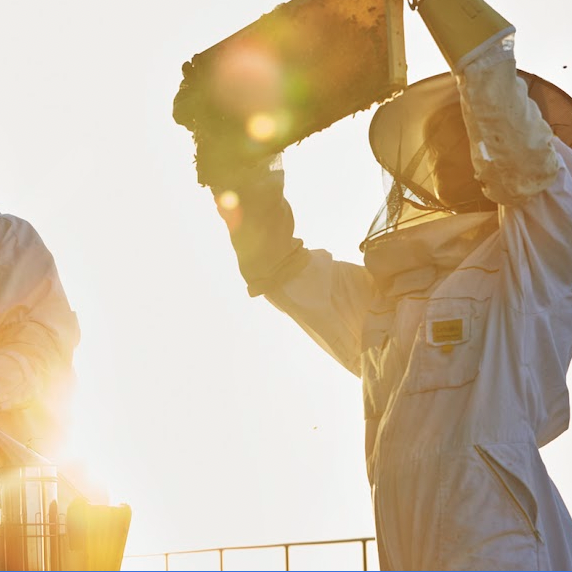
(Highlights) Noah Wilson-Rich · Co-founder/CEO, The Best Bees Company, Largest US Beekeeping service…
“I was originally drawn to bees because they're social creatures. And as humans, I always wanted to know about ourselves and how we can be our healthiest selves and our healthiest society. Bees and wasps, and all of these organisms have been around for so long. Bees especially have been around for 100 million years.”Noah Wilson-Rich, Ph.D., is co-founder and CEO of The Best Bees Company, the largest beekeeping service in the US. He is a 20-time published author and 3-time TEDx speaker. He’s on a
May 20, 2022 • 12:15
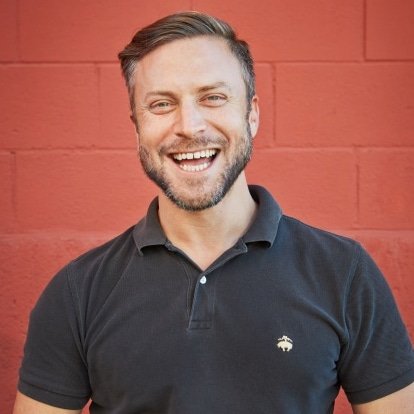
Noah Wilson-Rich · Co-founder/CEO, The Best Bees Company, Largest US Beekeeping service...
Noah Wilson-Rich, Ph.D., is co-founder and CEO of The Best Bees Company, the largest beekeeping service in the US. He is a 20-time published author and 3-time TEDx speaker. He’s on a mission to improve pollinator health worldwide as a means to support our global food system and support the transformation of urban areas from gray to green. He is the author of The Bee: A Natural History.
May 20, 2022 • 1:03:04

Noah Wilson-Rich, Ph.D · Co-founder & CEO · The Best Bees Company · Largest Beekeeping service in the US (63 mins)
Noah Wilson-Rich, Ph.D., is co-founder and CEO of The Best Bees Company, the largest beekeeping service in the US. He is a 20-time published author and 3-time TEDx speaker. He’s on a mission to improve pollinator health worldwide as a means to support our global food system and support the transformation of urban areas from gray to green. He is the author of The Bee: A Natural History.“I was originally drawn to bees because they're social creatures. And as humans, I always wanted to know about o
May 20, 2022 • 0:00
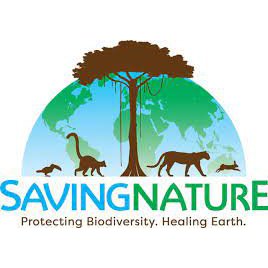
(Highlights) Stuart Pimm · Expert in Study of Present-Day Extinctions · Founder/Dir. Saving Nature
“It's a complicated issue. I think a lot of those bird disappearances come from the fact that we have massively intensified our agriculture. Large areas of North America and Europe are now under intense agriculture. They are sprayed with a whole variety of pesticides, which I think is also responsible for the fact that many insects have disappeared, so species that depend on farmland have clearly declined dramatically, but it isn't all birds and there is a piece of this complicated story that in
May 17, 2022 • 10:55

Stuart Pimm · Global Leader in the Study of Present-Day Extinctions & Biodiversity · Founder/Director of Saving Nature (Highlights)
“It's a complicated issue. I think a lot of those bird disappearances come from the fact that we have massively intensified our agriculture. Large areas of North America and Europe are now under intense agriculture. They are sprayed with a whole variety of pesticides, which I think is also responsible for the fact that many insects have disappeared, so species that depend on farmland have clearly declined dramatically, but it isn't all birds and there is a piece of this complicated story that in
May 17, 2022 • 0:00

Stuart Pimm · Global Leader in the Study of Present-Day Extinctions & Biodiversity · Founder/Director of Saving Nature (38 mins)
Stuart Pimm is a world leader in the study of present-day extinctions and what can be done to prevent them. His research covers the reasons why species become extinct, how fast they do so, the global patterns of habitat loss and species extinction and, importantly, the management consequences of this research. Pimm received his BSc degree from Oxford University in 1971 and his Ph.D. from New Mexico State University in 1974. Pimm is the author of over 350 scientific papers and five books. He is o
May 17, 2022 • 0:00
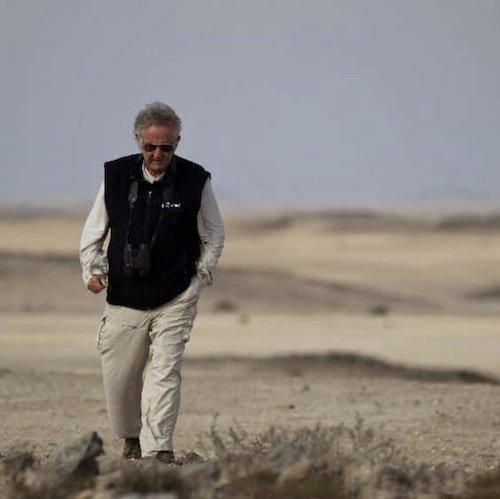
Stuart Pimm · Expert in Study of Present-Day Extinctions · Founder/Dir. Saving Nature
Stuart Pimm is a world leader in the study of present-day extinctions and what can be done to prevent them. His research covers the reasons why species become extinct, how fast they do so, the global patterns of habitat loss and species extinction and, importantly, the management consequences of this research. Pimm received his BSc degree from Oxford University in 1971 and his Ph.D. from New Mexico State University in 1974. Pimm is the author of over 350 scientific papers and five books. He is o
May 17, 2022 • 38:42

(Highlights) Candace Fujikane · Author of "Mapping Abundance for a Planetary Future" · Professor of English · University of Hawaiʻi at Manoa
“The struggle for a planetary future calls for a profound epistemological shift. Indigenous ancestral knowledges are now providing a foundation for our work against climate change, one based on what I refer to as Indigenous economies of abundance—as opposed to capitalist economies of scarcity. Rather than seeing climate change as apocalyptic, we can see that climate change is bringing about the demise of capital, making way for Indigenous lifeways that center familial relationships with the eart
May 12, 2022 • 0:00
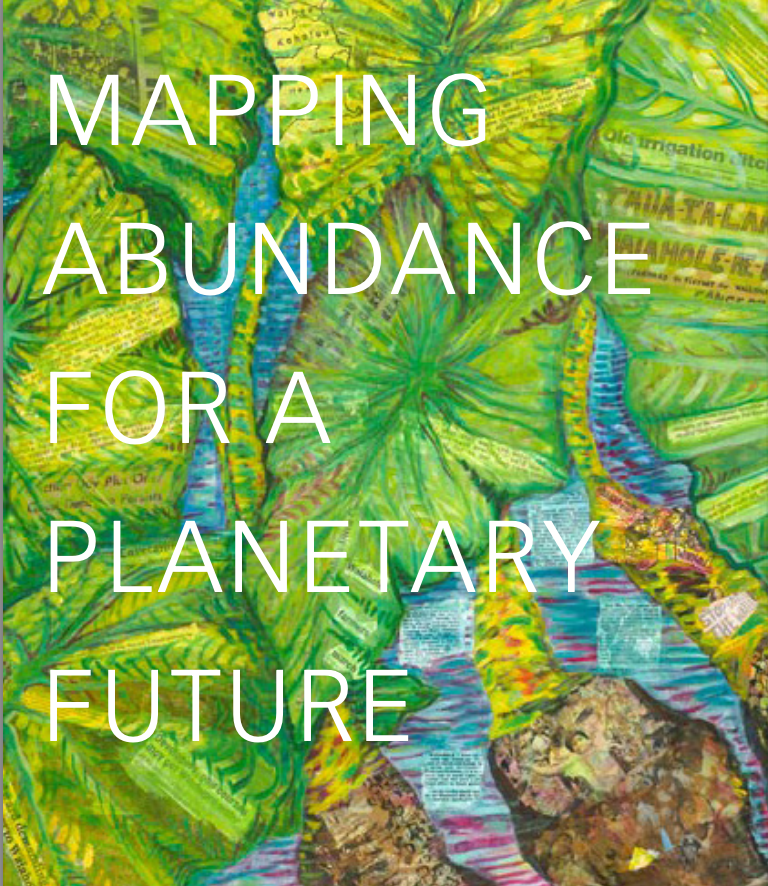
(Highlights) Candace Fujikane · Author of "Mapping Abundance for a Planetary Future”
“The struggle for a planetary future calls for a profound epistemological shift. Indigenous ancestral knowledges are now providing a foundation for our work against climate change, one based on what I refer to as Indigenous economies of abundance—as opposed to capitalist economies of scarcity. Rather than seeing climate change as apocalyptic, we can see that climate change is bringing about the demise of capital, making way for Indigenous lifeways that center familial relationships with the eart
May 12, 2022 • 11:48
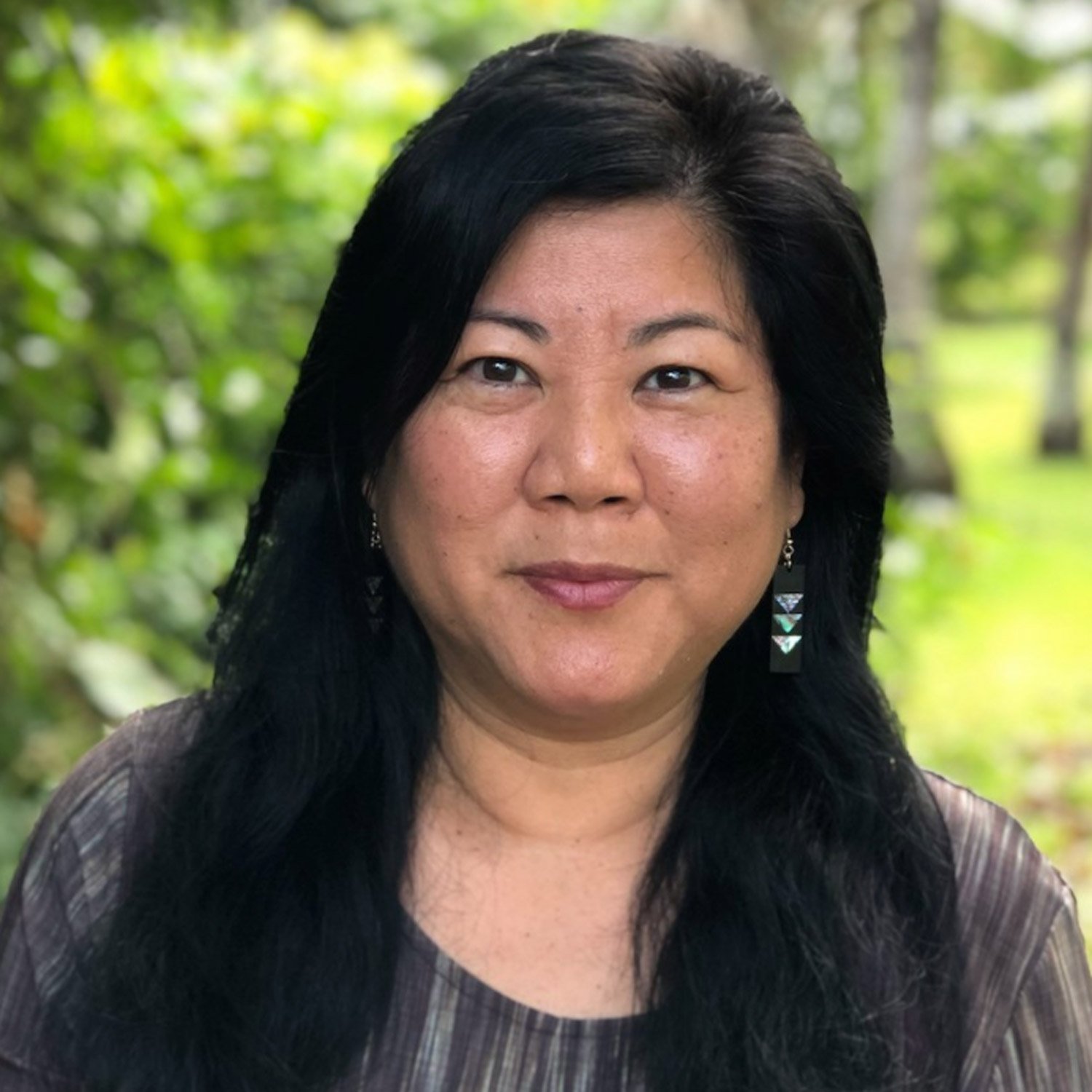
Candace Fujikane - Author of "Mapping Abundance for a Planetary Future"
Candace Fujikane is an author and professor of English at the University of Hawaiʻi at Manoa, teaching aloha ʻāina and the protection of Hawaiʻi. Having grown up on the slopes of Maui’s Haleakalā, Candace has stood for the lands, waters, and political sovereignty of Hawaiʻi for over 20 years. Her newest book, Mapping Abundance for a Planetary Future, contends that “Indigenous ancestral knowledge provides a foundation for movements against climate change, one based on Indigenous economies of abun
May 12, 2022 • 56:29

Candace Fujikane · Author of "Mapping Abundance for a Planetary Future" · Professor of English · Univ. of Hawaiʻi at Manoa (55 mins)
Candace Fujikane is an author and professor of English at the University of Hawaiʻi at Manoa, teaching aloha ʻāina and the protection of Hawaiʻi. Having grown up on the slopes of Maui’s Haleakalā, Candace has stood for the lands, waters, and political sovereignty of Hawaiʻi for over 20 years. Her newest book, Mapping Abundance for a Planetary Future, contends that “Indigenous ancestral knowledge provides a foundation for movements against climate change, one based on Indigenous economies of abun
May 12, 2022 • 0:00
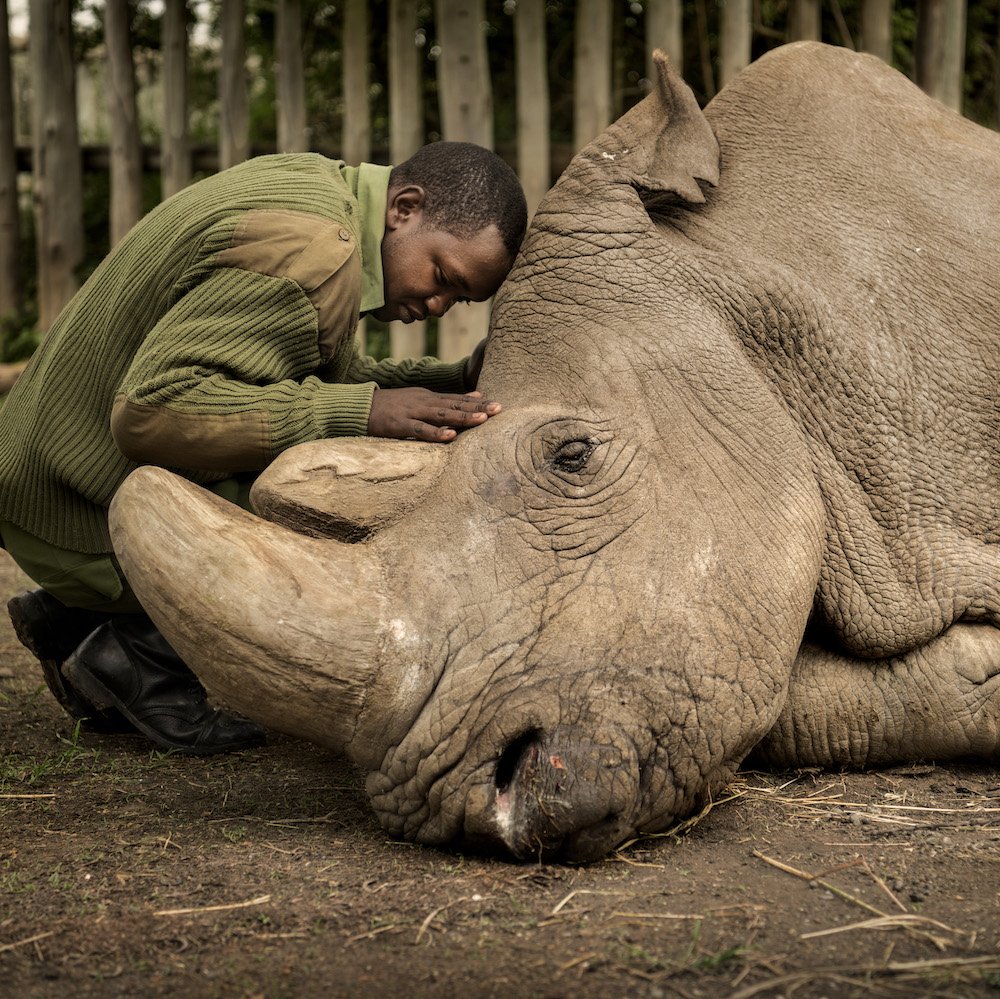
(Highlights) Ami Vitale · Award-winning Photographer, Filmmaker & Exec. Director of Vital Impacts
"When are we all going to start to care about one another? Because all of our individual choices do have impacts. And I just think the demands that we place on this planet, on the ecosystems, are what are driving conflict and human suffering. In some cases, it's really the scarcity of resources, just like water. In others, it's the changing climate and the loss of fertile lands to be able to grow food. But in the end, it's always the people living in these places that really suffer the most. All
May 7, 2022 • 12:44

(Highlights) Ami Vitale · Award-winning Photographer, Filmmaker & Exec. Director of Vital Impacts
"When are we all going to start to care about one another? Because all of our individual choices do have impacts. And I just think the demands that we place on this planet, on the ecosystems, are what are driving conflict and human suffering. In some cases, it's really the scarcity of resources, just like water. In others, it's the changing climate and the loss of fertile lands to be able to grow food. But in the end, it's always the people living in these places that really suffer the most. All
May 7, 2022 • 0:00

Ami Vitale · Award-Winning Photographer, Filmmaker & Exec. Director of Vital Impacts (44 mins)
Photographer and filmmaker Ami Vitale shares her personal odyssey—from documenting the heartbreaking realities of war to witnessing the inspiring power of an individual to make a difference. Her award-winning work illuminates the unsung heroes and communities working to protect our wildlife and find harmony in our natural world. Hear her awe-inspiring stories of the reintroduction of northern white rhinos and giant pandas to the wild, as well as Kenya’s first indigenous-owned and run elephant sa
May 7, 2022 • 0:00
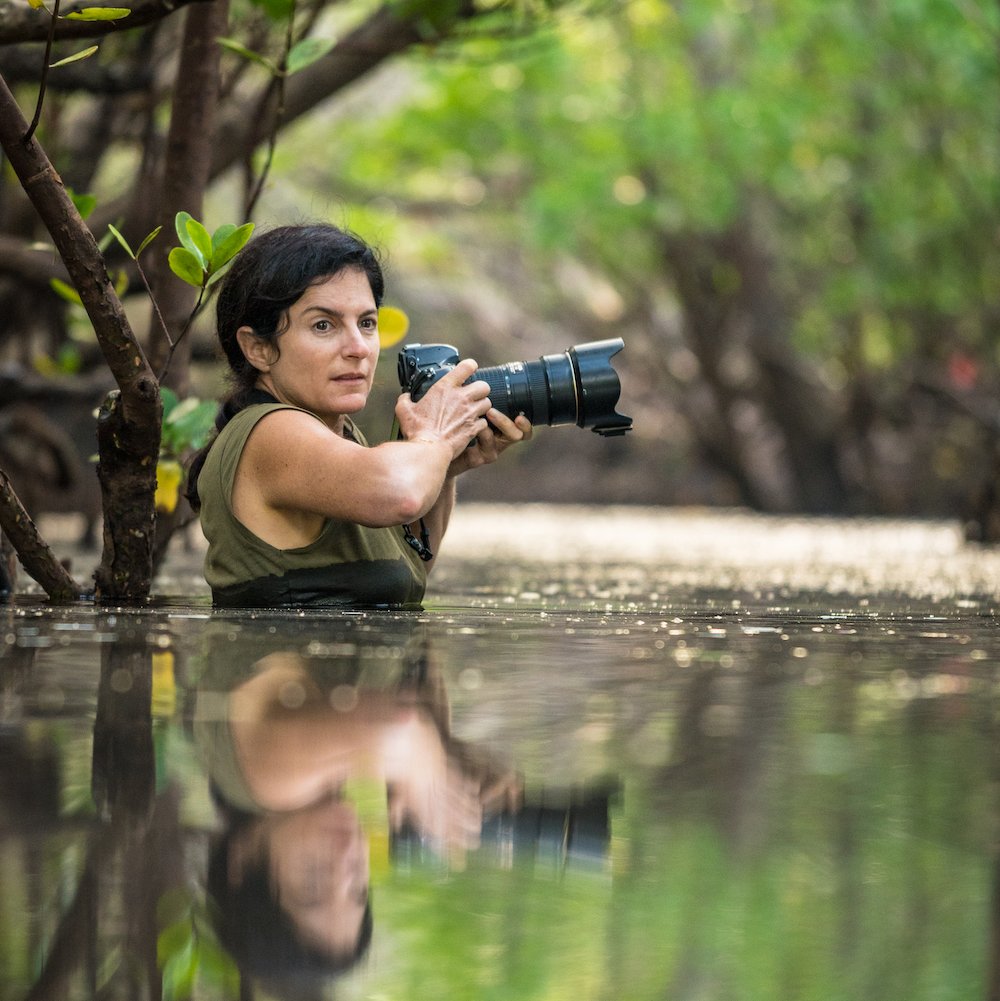
Ami Vitale · Award-Winning Photographer, Filmmaker & Exec. Director of Vital Impacts
Photographer and filmmaker Ami Vitale shares her personal odyssey—from documenting the heartbreaking realities of war to witnessing the inspiring power of an individual to make a difference. Her award-winning work illuminates the unsung heroes and communities working to protect our wildlife and find harmony in our natural world. Hear her awe-inspiring stories of the reintroduction of northern white rhinos and giant pandas to the wild, as well as Kenya’s first indigenous-owned and run elephant sa
May 7, 2022 • 44:00
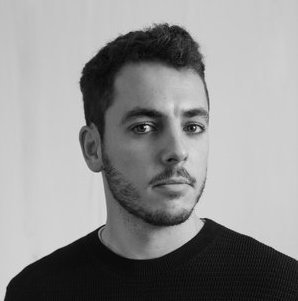
Daniel Sherrell · Author of "Warmth: Coming of Age at the End of Our World”
Daniel Sherrell is the author of Warmth: Coming of Age at the End of Our World, a memoir on the climate crisis framed as a letter to Sherrell's potential future child. He is a climate movement organizer and has led successful campaigns to phase out coal-fired power plants, divest millions of dollars from the fossil fuel industry, and pass a Green New Deal bill for New York State, legislation that the New York Times called “one of the world’s most ambitious climate plans.” He’s Campaign Director
May 5, 2022 • 37:46

Daniel Sherrell · Author of "Warmth: Coming of Age at the End of Our World” · Campaign Director, Climate Jobs National Resource Center (37 mins)
Daniel Sherrell is the author of Warmth: Coming of Age at the End of Our World, a memoir on the climate crisis framed as a letter to Sherrell's potential future child. He is a climate movement organizer and has led successful campaigns to phase out coal-fired power plants, divest millions of dollars from the fossil fuel industry, and pass a Green New Deal bill for New York State, legislation that the New York Times called “one of the world’s most ambitious climate plans.” He’s Campaign Director
May 5, 2022 • 0:00

Dr. G. Samantha Rosenthal · Author of “Beyond Hawai’i” · “Living Queer History” · Assoc. Professor of History, Roanoke College · Co-founder of the Southwest Virginia LGBTQ+ History Project (53 mins)
Dr. G. Samantha Rosenthal is an Associate Professor of History and Coordinator of the Public History Concentration at Roanoke College in Salem, Virginia. Rosenthal teaches courses in public history, women’s and gender studies, and general education. She is interested in environmental studies, working-class studies, LGBTQ, queer, and trans studies, community organizing, and scholar-activism. She is the author of Living Queer History, and Beyond Hawai’i.· gsrosenthal.com · https://gsrosenthal.youc
Apr 29, 2022 • 0:00
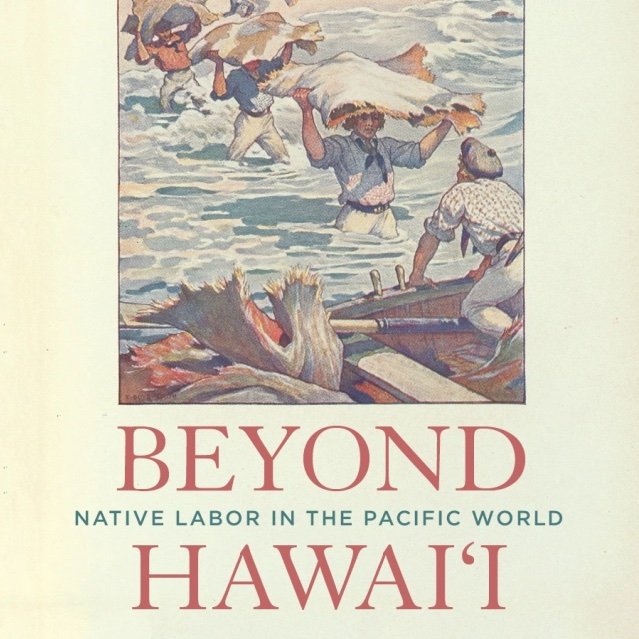
Dr. G. Samantha Rosenthal · Author of "Beyond Hawai'i" & “Living Queer History”
Dr. G. Samantha Rosenthal is an Associate Professor of History and Coordinator of the Public History Concentration at Roanoke College in Salem, Virginia. Rosenthal teaches courses in public history, women’s and gender studies, and general education. She is interested in environmental studies, working-class studies, LGBTQ, queer, and trans studies, community organizing, and scholar-activism. She is the author of Living Queer History, and Beyond Hawai’i.· gsrosenthal.com · https://gsrosenthal.youc
Apr 29, 2022 • 53:13
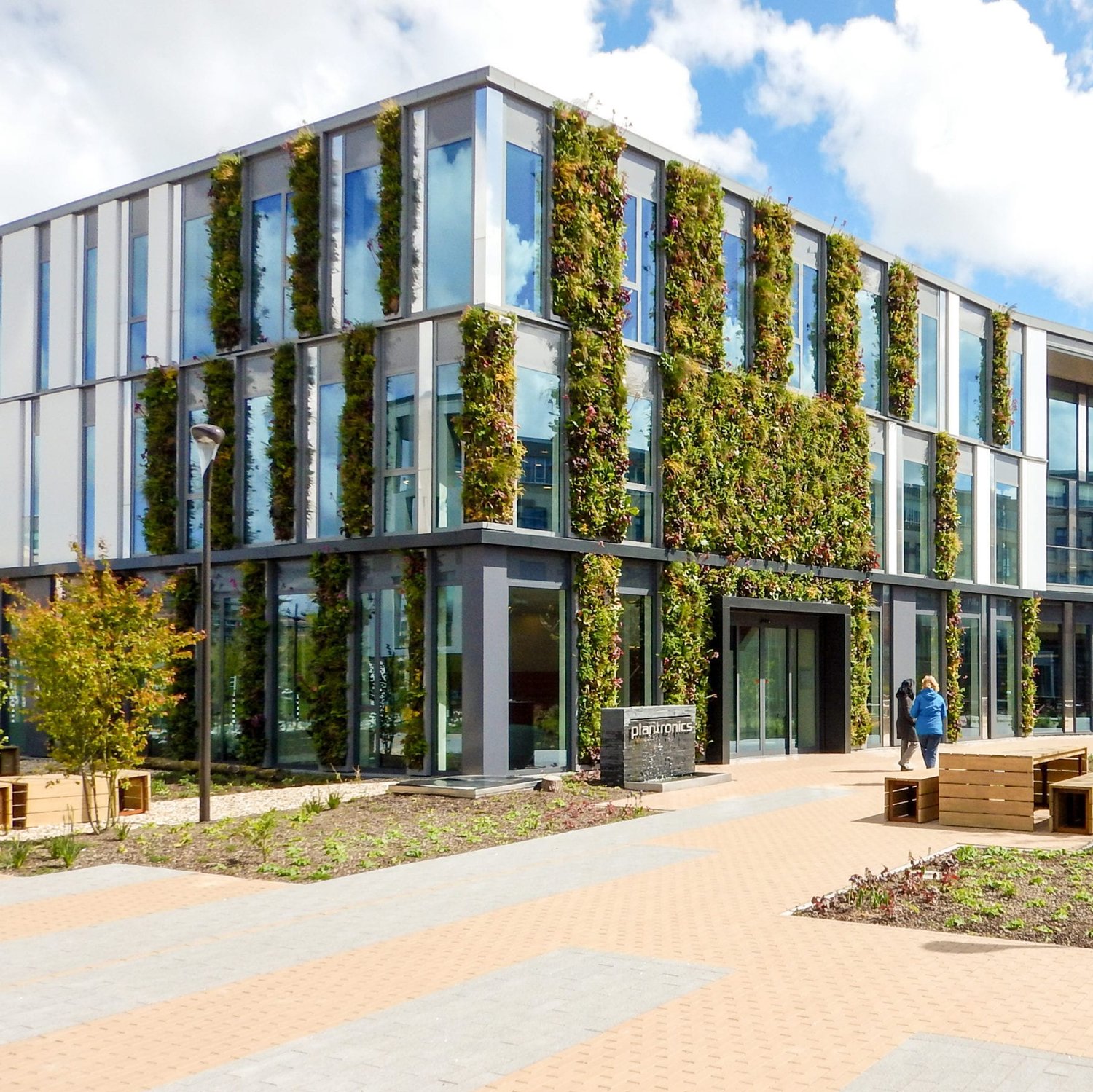
(Highlights) WILLIAM McDONOUGH
“I think believing in something is also part of the responsibility of the believer to sift through these things. So there are a lot of people saying I'm green because they do something less badly. So for me, it’s not green yet, it's just less bad. It's not really good yet. It's not really fabulous, but that just means there's an opportunity to keep going to share information and help each other because in the end, I think what we're dealing with now is the recognition that the world has a very s
Apr 22, 2022 • 13:43

William McDonough · Leader in Sustainable Design & Development · Architect · Co-author of “Cradle to Cradle: Remaking the Way We Make Things” (59 mins)
William McDonough is a globally recognized leader in sustainable design and development. He has written and lectured extensively on design as the first signal of human intention. He co-authored Cradle to Cradle: Remaking the Way We Make Things, which is celebrating its 20th anniversary this year. McDonough advises leaders on ESG strategies through McDonough Innovation, is an architect with William McDonough + Partners, and provides product assessments through MBDC, the creators of the Cradle to
Apr 22, 2022 • 0:00

William McDonough · Leader in Sustainable Design & Development · Architect · Co-author of “Cradle to Cradle: Remaking the Way We Make Things” (Highlights)
“I think believing in something is also part of the responsibility of the believer to sift through these things. So there are a lot of people saying I'm green because they do something less badly. So for me, it’s not green yet, it's just less bad. It's not really good yet. It's not really fabulous, but that just means there's an opportunity to keep going to share information and help each other because in the end, I think what we're dealing with now is the recognition that the world has a very s
Apr 22, 2022 • 0:00
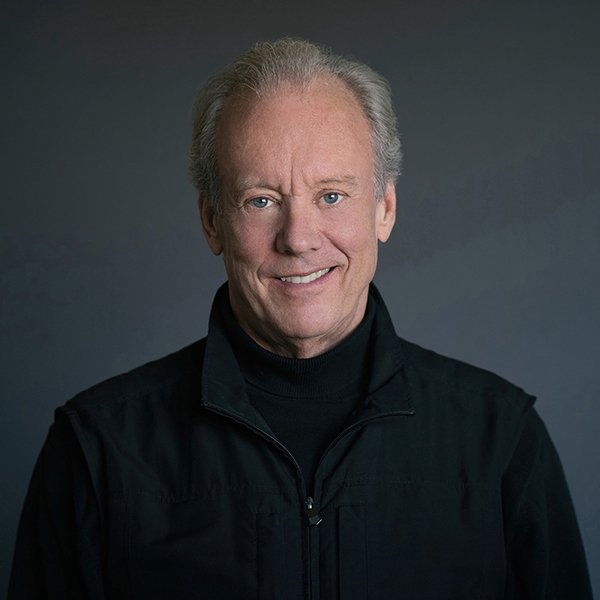
WILLIAM McDONOUGH
William McDonough is a globally recognized leader in sustainable design and development. He has written and lectured extensively on design as the first signal of human intention. He co-authored Cradle to Cradle: Remaking the Way We Make Things, which is celebrating its 20th anniversary this year. McDonough advises leaders on ESG strategies through McDonough Innovation, is an architect with William McDonough + Partners, and provides product assessments through MBDC, the creators of the Cradle to
Apr 22, 2022 • 1:00:05
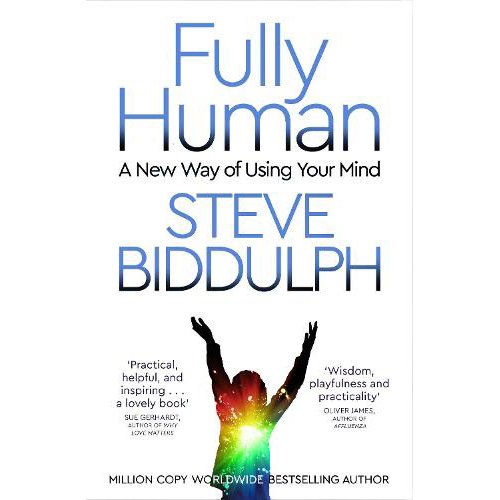
(Highlights) STEVE BIDDULPH
“We drastically misuse our mind and have neglected a very important part of the way our mind works in the modern world. I think preindustrial people and our ancestors used this very well. And that is that we have a whole right hemisphere of our brain which doesn't think in words, which takes in the holistic picture of everything around us. Anyone who is listening to this podcast will be aware that sometimes you have got feelings about things. They are signals that are sent from the right hemisph
Apr 18, 2022 • 10:00

Steve Biddulph · Educator & Bestselling Author of The Secret of Happy Children, Raising Boys, The New Manhood, and 10 Things Girls Need Most (Highlights)
“We drastically misuse our mind and have neglected a very important part of the way our mind works in the modern world. I think preindustrial people and our ancestors used this very well. And that is that we have a whole right hemisphere of our brain which doesn't think in words, which takes in the holistic picture of everything around us. Anyone who is listening to this podcast will be aware that sometimes you have got feelings about things. They are signals that are sent from the right hemisph
Apr 18, 2022 • 0:00

Steve Biddulph · Educator & Bestselling Author of The Secret of Happy Children, Raising Boys, The New Manhood, and 10 Things Girls Need Most (58 mins)
Steve Biddulph (AM) is a renowned parent educator. A retired psychologist of 30 years, he continues to write and teach, authoring books such as The Secret of Happy Children, Raising Boys, The New Manhood, and 10 Things Girls Need Most, which have influenced how we view childhood development and mental health. Voted Australian Father of the Year in 2001, Steve has since been made a member of the Order of Australia for his work in youth mental health, and remains a patron of the Sanctuary Refugee
Apr 18, 2022 • 0:00
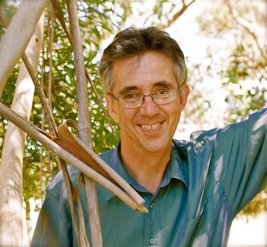
STEVE BIDDULPH
Steve Biddulph (AM) is a renowned parent educator. A retired psychologist of 30 years, he continues to write and teach, authoring books such as The Secret of Happy Children, Raising Boys, The New Manhood, and 10 Things Girls Need Most, which have influenced how we view childhood development and mental health. Voted Australian Father of the Year in 2001, Steve has since been made a member of the Order of Australia for his work in youth mental health, and remains a patron of the Sanctuary Refugee
Apr 18, 2022 • 58:32
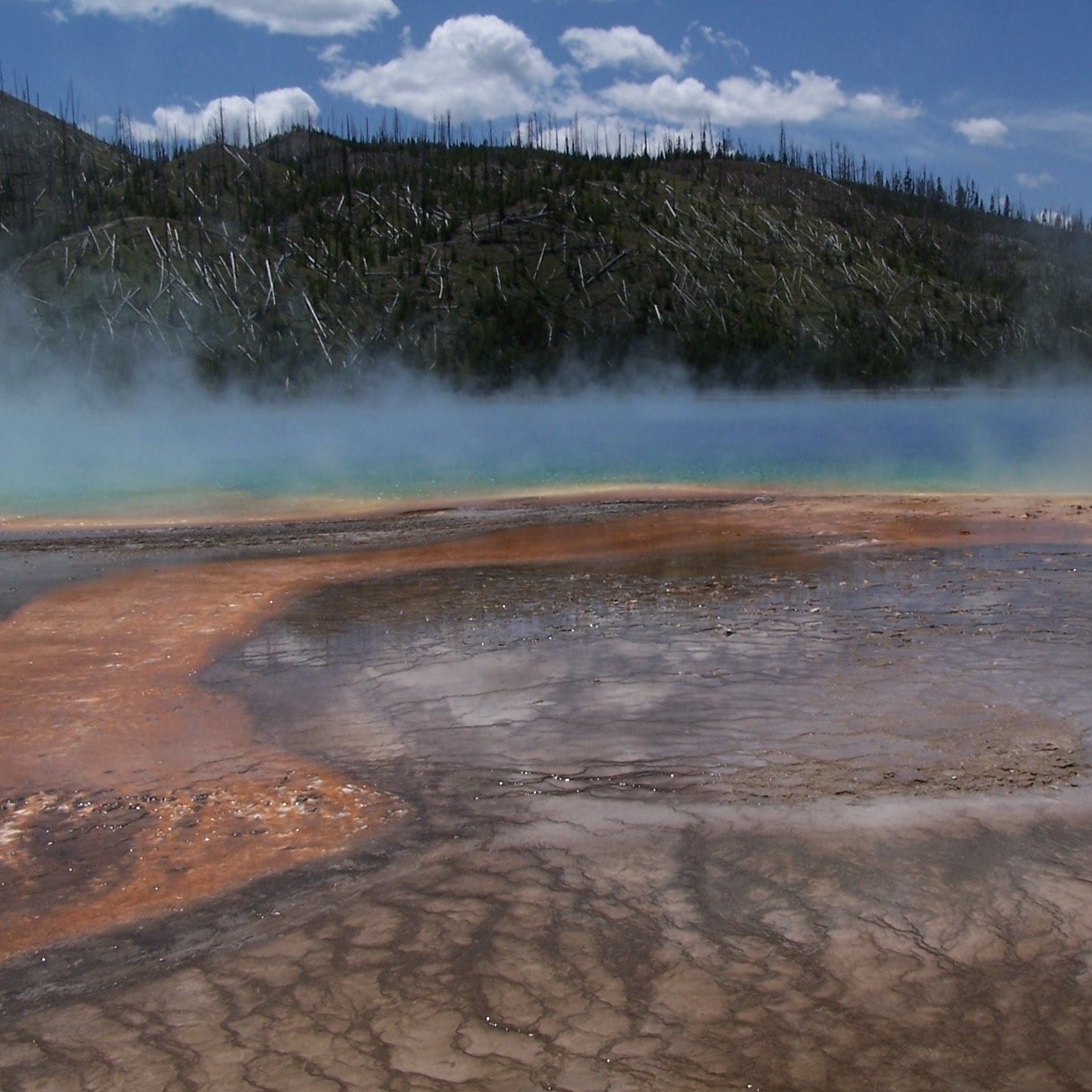
(Highlights) STEVEN ALLISON
“It’s basically a seed bank of genetic and metabolic diversity. The Earth’s entire microbiome is just a tremendous treasure trove of history, evolution, and diversity. So I would say we have no idea what’s in a lot of that diversity. It's like the dark matter of the universe. People call it the dark matter of the microbiome, and we're still figuring out what that matter does. We know that they're tremendously diverse. The sequencing revolution that happened over the last 20 or 30 years has made
Apr 11, 2022 • 10:06

Dr. Steven Allison · Professor of Ecology, UC Irvine · Director of Newkirk Center for Science & Society (Highlights)
“It’s basically a seed bank of genetic and metabolic diversity. The Earth’s entire microbiome is just a tremendous treasure trove of history, evolution, and diversity. So I would say we have no idea what’s in a lot of that diversity. It's like the dark matter of the universe. People call it the dark matter of the microbiome, and we're still figuring out what that matter does. We know that they're tremendously diverse. The sequencing revolution that happened over the last 20 or 30 years has made
Apr 11, 2022 • 0:00

Dr. Steven Allison · Professor of Ecology, UC Irvine · Director of Newkirk Center for Science & Society (54 mins)
Dr. Steven Allison is a Professor of Ecology at the University of California, Irvine. He holds a PhD in Biological Sciences from Stanford University. As part of the University of California’s Carbon Neutrality Initiative, Dr. Allison was named the UC Irvine Climate Action Champion in 2016. He teaches ecosystem ecology and directs the Ridge to Reef Graduate Training Program, an interdisciplinary program focused on skills development for students pursuing careers in environmental fields. His resea
Apr 11, 2022 • 0:00
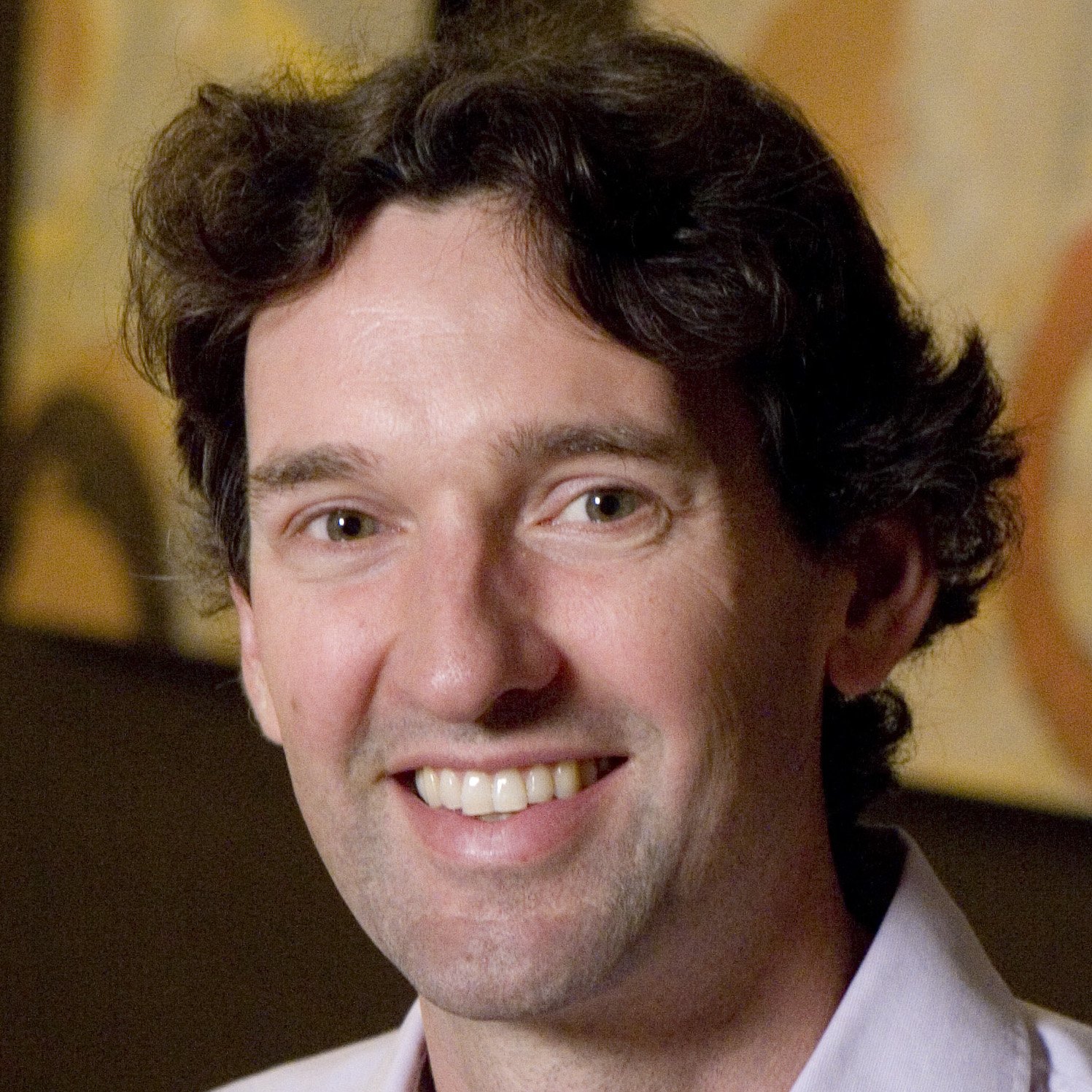
STEVEN ALLISON
Dr. Steven Allison is a Professor of Ecology at the University of California, Irvine. He holds a PhD in Biological Sciences from Stanford University. As part of the University of California’s Carbon Neutrality Initiative, Dr. Allison was named the UC Irvine Climate Action Champion in 2016. He teaches ecosystem ecology and directs the Ridge to Reef Graduate Training Program, an interdisciplinary program focused on skills development for students pursuing careers in environmental fields. His resea
Apr 11, 2022 • 54:23
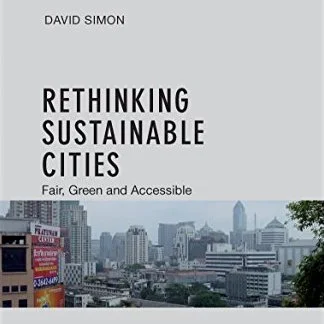
David Simon · Editor of “Rethinking Sustainable Cities” · Professor of Development Geography & Director for External Engagement, School of Life Sciences & Environment, Royal Holloway, University of London (Highlights)
“It's always difficult to avoid charges of being nostalgic if we talk about going back to things. Back to the past or forward to the past, but there are principles that existed in preindustrial/early industrial cities and which were overturned by key technological inventions of the late 19th and early 20th century, particularly the railway, the motorcar, of course, the internal combustion engine on which it’s based and which led to the vast expansion of towns and cities and, crucially, suburbani
Apr 8, 2022 • 0:00
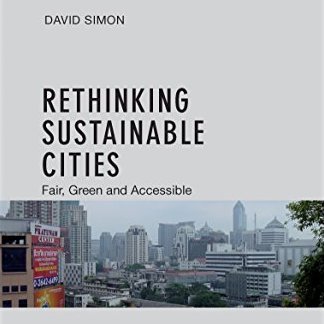
(Highlights) DAVID SIMON
“It's always difficult to avoid charges of being nostalgic if we talk about going back to things. Back to the past or forward to the past, but there are principles that existed in preindustrial/early industrial cities and which were overturned by key technological inventions of the late 19th and early 20th century, particularly the railway, the motorcar, of course, the internal combustion engine on which it’s based and which led to the vast expansion of towns and cities and, crucially, suburbani
Apr 8, 2022 • 10:22
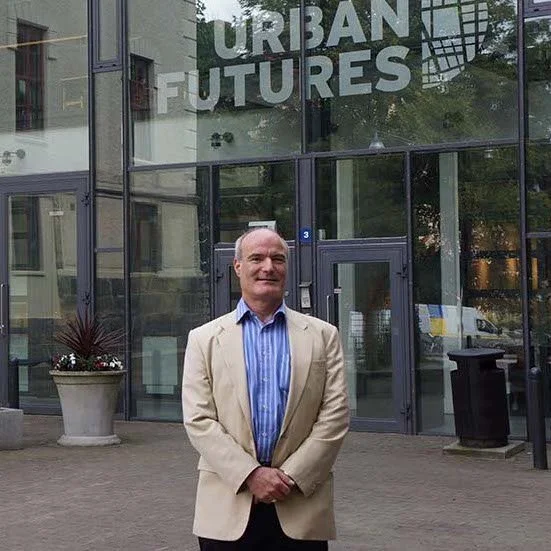
David Simon · Editor of “Rethinking Sustainable Cities” · Professor of Development Geography & Director for External Engagement, School of Life Sciences & Environment, Royal Holloway, University of London (58 mins)
David Simon is Professor of Development Geography and Director for External Engagement in the School of Life Sciences and the Environment, Royal Holloway, University of London. He was also Director of Mistra Urban Futures, Gothenburg, Sweden from 2014–2019. A former Rhodes Scholar, he specialises in cities, climate change and sustainability, and the relationships between theory, policy and practice, on all of which he has published extensively. At Mistra Urban Futures, he led the pioneering meth
Apr 8, 2022 • 0:00
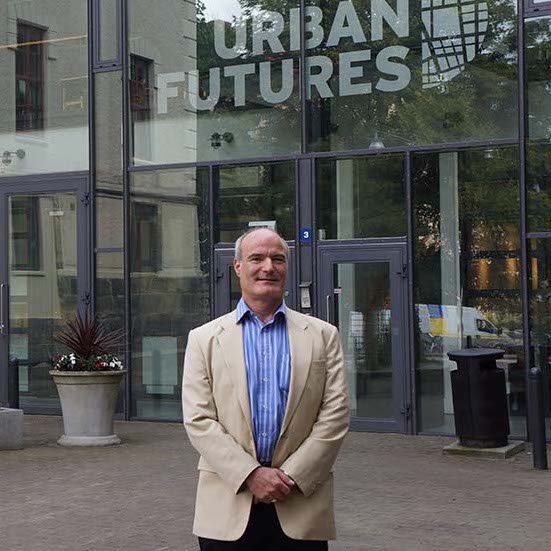
DAVID SIMON
David Simon is Professor of Development Geography and Director for External Engagement in the School of Life Sciences and the Environment, Royal Holloway, University of London. He was also Director of Mistra Urban Futures, Gothenburg, Sweden from 2014–2019. A former Rhodes Scholar, he specialises in cities, climate change and sustainability, and the relationships between theory, policy and practice, on all of which he has published extensively. At Mistra Urban Futures, he led the pioneering meth
Apr 8, 2022 • 58:19

Alice Schmidt · Global Sustainability Advisor · Author of “The Sustainability Puzzle: How Systems Thinking, Climate Action, Circularity and Social Transformation Can Improve Health, Wealth and Wellbeing for All” (Highlights)
“What is societal progress? I think the last 70 years, clearly, in the post World War II period, we have been thinking of economic growth and have been equating that with societal progress. To an extent of course that's right. To an extent, we need this economic growth to lift people out of poverty. We’ve kind of lost the reasoning. We have been following only this economic growth paradigm measured by the GDP, the Gross domestic product and we have forgotten that it measures many things, but it
Apr 1, 2022 • 0:00
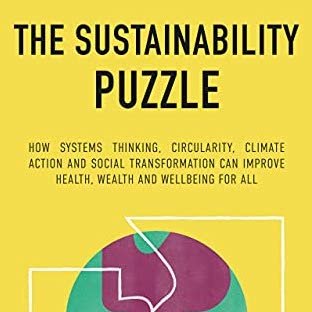
(Highlights) ALICE SCHMIDT
“What is societal progress? I think the last 70 years, clearly, in the post World War II period, we have been thinking of economic growth and have been equating that with societal progress. To an extent of course that's right. To an extent, we need this economic growth to lift people out of poverty. We’ve kind of lost the reasoning. We have been following only this economic growth paradigm measured by the GDP, the Gross domestic product and we have forgotten that it measures many things, but it
Apr 1, 2022 • 10:55
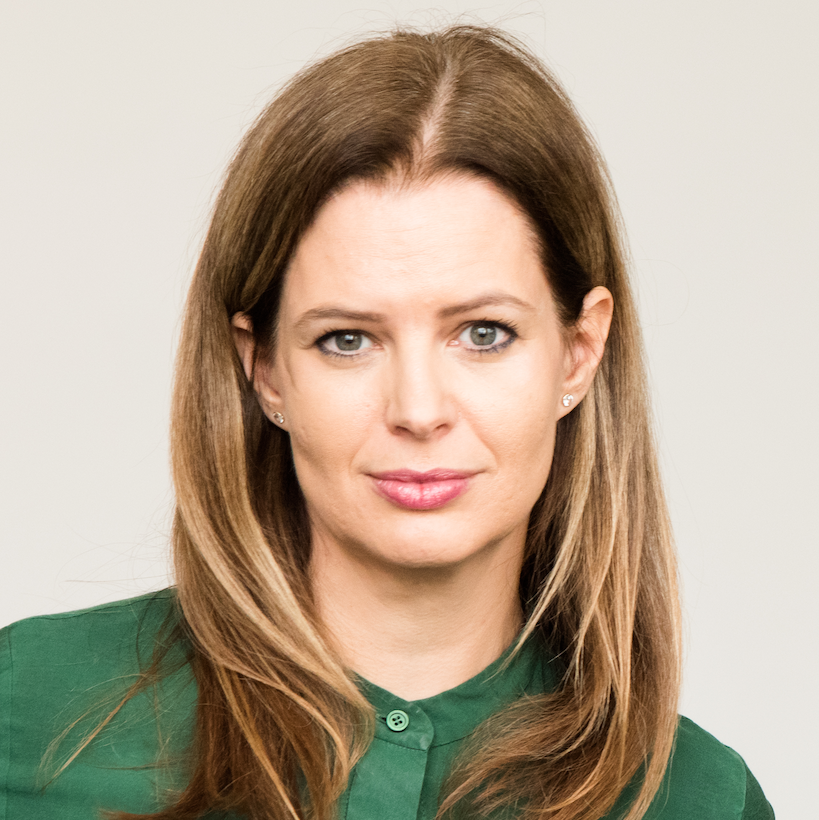
ALICE SCHMIDT
Alice Schmidt is a global sustainability advisor who has worked in 30 countries on 4 continents with 70+ organisations of all shapes and sizes. She has a deep passion for creating opportunities and win-wins across the social, environmental and economic spheres. Many of her experiences are highlighted in the new book “The Sustainability Puzzle: How Systems Thinking, Climate Action, Circularity and Social Transformation Can Improve Health, Wealth and Wellbeing for All”. · www.aliceschmidt.at · www
Apr 1, 2022 • 50:46

Alice Schmidt · Global Sustainability Advisor · Co-Author of “The Sustainability Puzzle: How Systems Thinking, Climate Action, Circularity and Social Transformation Can Improve Health, Wealth and Wellbeing for All” (50 mins)
Alice Schmidt is a global sustainability advisor who has worked in 30 countries on 4 continents with 70+ organisations of all shapes and sizes. She has a deep passion for creating opportunities and win-wins across the social, environmental and economic spheres. Many of her experiences are highlighted in the new book “The Sustainability Puzzle: How Systems Thinking, Climate Action, Circularity and Social Transformation Can Improve Health, Wealth and Wellbeing for All”. · www.aliceschmidt.at · www
Apr 1, 2022 • 0:00
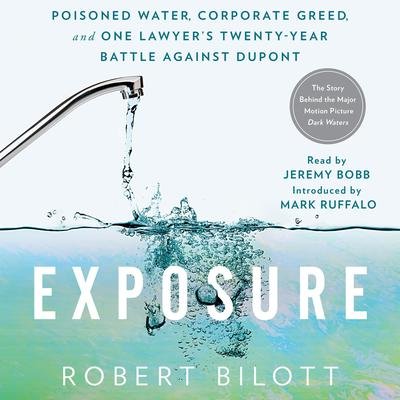
(Highlights) ROB BILOTT
“It's kind of a scary thought. We've got these PFAS (per- and polyfluoroalkyl substances), you hear them now referred to as forever chemicals because these chemicals–none of these existed on the planet prior to World War II–they're fairly recent invention and they have this unique chemical structure that makes them incredibly useful in a lot of different products, manufacturing operations, but also that same chemical structure makes them incredibly persistent and incredibly difficult to break do
Mar 30, 2022 • 13:09

Rob Bilott · Environmental Lawyer · Author of “Exposure: Poisoned Water, Corporate Greed, and One Lawyer’s Twenty-Year Battle Against DuPont” · Partner Taft Stettinius & Hollister LLP (Highlights)
“It's kind of a scary thought. We've got these PFAS (per- and polyfluoroalkyl substances), you hear them now referred to as forever chemicals because these chemicals–none of these existed on the planet prior to World War II–they're fairly recent invention and they have this unique chemical structure that makes them incredibly useful in a lot of different products, manufacturing operations, but also that same chemical structure makes them incredibly persistent and incredibly difficult to break do
Mar 30, 2022 • 0:00

Rob Bilott · Environmental Lawyer · Author of “Exposure: Poisoned Water, Corporate Greed, and One Lawyer’s Twenty-Year Battle Against DuPont” · Partner Taft Stettinius & Hollister LLP
Rob Bilott is a partner in the Cincinnati and Northern Kentucky offices of the law firm, Taft Stettinius & Hollister LLP, where he has practiced in the Environmental and Litigation Practice Groups for over 31 years. During that time, Rob has handled and led some of the most novel and complex cases in the country involving damage from exposure to per- and polyfluoroalkyl substances (“PFAS”), including the first individual, class action, mass tort, and multi-district litigation proceedings involvi
Mar 30, 2022 • 0:00
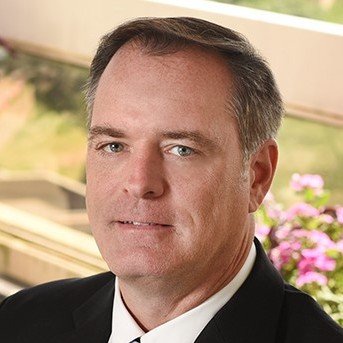
ROB BILOTT
Rob Bilott is a partner in the Cincinnati and Northern Kentucky offices of the law firm, Taft Stettinius & Hollister LLP, where he has practiced in the Environmental and Litigation Practice Groups for over 31 years. During that time, Rob has handled and led some of the most novel and complex cases in the country involving damage from exposure to per- and polyfluoroalkyl substances (“PFAS”), including the first individual, class action, mass tort, and multi-district litigation proceedings involvi
Mar 30, 2022 • 52:23

Bill Hare · Founder & CEO of Climate Analytics · Physicist · Climate Scientist (Highlights)
“Net-zero is a big idea. It’s a big theme. And, unfortunately, what's going up are many ways to look like you're doing net-zero when you're not. So in the ideal world, getting to net-zero means essentially reducing your emissions, and then, where you have residual emissions left, that means you might need to have negative emissions. For example, it's relatively easy to decarbonize the power sector completely, and you can do it quickly and cheaply in most places, but you’re always going to be lef
Mar 22, 2022 • 0:00
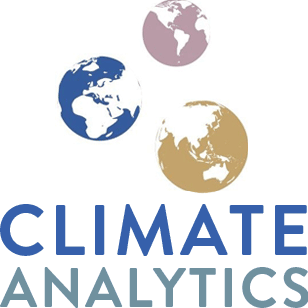
(Highlights) BILL HARE
“Net-zero is a big idea. It’s a big theme. And, unfortunately, what's going up are many ways to look like you're doing net-zero when you're not. So in the ideal world, getting to net-zero means essentially reducing your emissions, and then, where you have residual emissions left, that means you might need to have negative emissions. For example, it's relatively easy to decarbonize the power sector completely, and you can do it quickly and cheaply in most places, but you’re always going to be lef
Mar 22, 2022 • 13:40

Bill Hare · Founder & CEO of Climate Analytics · Physicist · Climate Scientist (42 mins)
Bill Hare is a physicist and climate scientist with 30 years of experience in science, impacts and policy responses to climate change and stratospheric ozone depletion. He is a founder and CEO of Climate Analytics, which was established to synthesize and advance scientific knowledge on climate change and provide state-of-the-art solutions to global and national climate change policy challenges.He was a Lead Author for the Intergovernmental Panel on Climate Change (IPCC) Fourth Assessment Report,
Mar 22, 2022 • 0:00
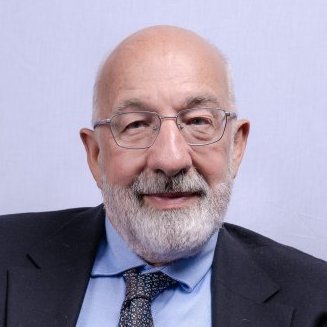
BILL HARE
Bill Hare is a physicist and climate scientist with 30 years of experience in science, impacts and policy responses to climate change and stratospheric ozone depletion. He is a founder and CEO of Climate Analytics, which was established to synthesize and advance scientific knowledge on climate change and provide state-of-the-art solutions to global and national climate change policy challenges.He was a Lead Author for the Intergovernmental Panel on Climate Change (IPCC) Fourth Assessment Report,
Mar 22, 2022 • 42:03
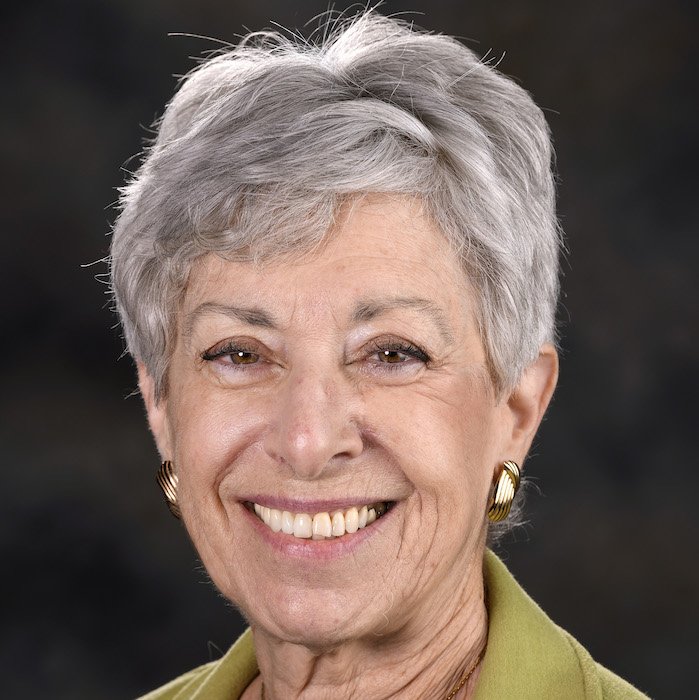
(Highlights) DR. LINDA BIRNBAUM
“Is this true that we test for fewer than 100 chemicals in water, but in fact, there are thousands that go untested?”“There are thousands just like there are in air, just like there are in food. We sometimes compartmentalize too much. We forget, but what is food? Food is made up of chemicals. And I think we need to be broader in our understanding because, for example, we all have on us and within us our Microbiomes and we think about the GI bacteria and we now know that if people are obese they
Mar 16, 2022 • 8:35

Dr. Linda Birnbaum · Scientist Emeritus & Fmr. Director of the National Institute of Environmental Health Sciences & the National Toxicology Program (Highlights)
“Is this true that we test for fewer than 100 chemicals in water, but in fact, there are thousands that go untested?”“There are thousands just like there are in air, just like there are in food. We sometimes compartmentalize too much. We forget, but what is food? Food is made up of chemicals. And I think we need to be broader in our understanding because, for example, we all have on us and within us our Microbiomes and we think about the GI bacteria and we now know that if people are obese they
Mar 16, 2022 • 0:00

Dr. Linda Birnbaum · Scientist Emeritus & Fmr. Director of the National Institute of Environmental Health Sciences & the National Toxicology Program (53 mins)
Dr. Linda Birnbaum is a scientist emeritus and former director of the National institute of Environmental Health Sciences and of the National Toxicology Program. She is also a Scholar in Residence at the Nicholas School of the Environment of Duke University, and an adjunct full professor at Duke, University of North Carolina, and Yale University School of Public Health. She is the author of more than 1000 peer reviewed articles, book chapters, and reports. She is a member of the National Academy
Mar 16, 2022 • 0:00
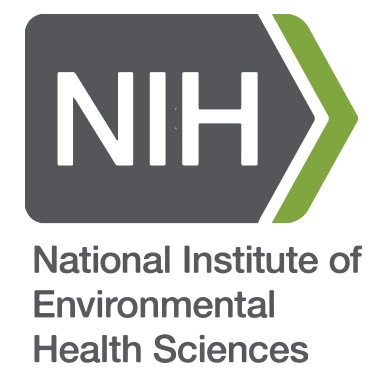
DR. LINDA BIRNBAUM
Dr. Linda Birnbaum is a scientist emeritus and former director of the National institute of Environmental Health Sciences and of the National Toxicology Program. She is also a Scholar in Residence at the Nicholas School of the Environment of Duke University, and an adjunct full professor at Duke, University of North Carolina, and Yale University School of Public Health. She is the author of more than 1000 peer reviewed articles, book chapters, and reports. She is a member of the National Academy
Mar 16, 2022 • 53:19

Roland Geyer · Professor at Bren School of Environmental Science & Management, UC Santa Barbara · Author of “The Business of Less” (Highlights)
“So, if we study transportation, then we need to study urban development and infrastructure. Suddenly, we need to think about housing. We need to think about the co-location of jobs and shops, and you realize it's all connected.That might be one of the challenges of urban sustainability. It's all connected. So the way we move around is connected to the way we built the city. And I think the intrinsic sustainability or non-sustainability in urban areas seems to be designed in. Especially in the U
Mar 15, 2022 • 0:00
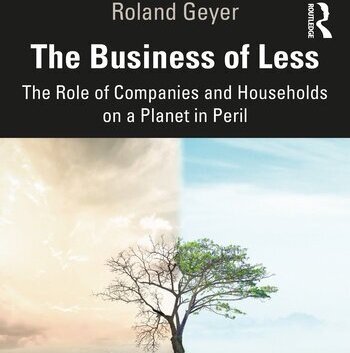
(Highlights) ROLAND GEYER
“So, if we study transportation, then we need to study urban development and infrastructure. Suddenly, we need to think about housing. We need to think about the co-location of jobs and shops, and you realize it's all connected.That might be one of the challenges of urban sustainability. It's all connected. So the way we move around is connected to the way we built the city. And I think the intrinsic sustainability or non-sustainability in urban areas seems to be designed in. Especially in the U
Mar 15, 2022 • 16:21
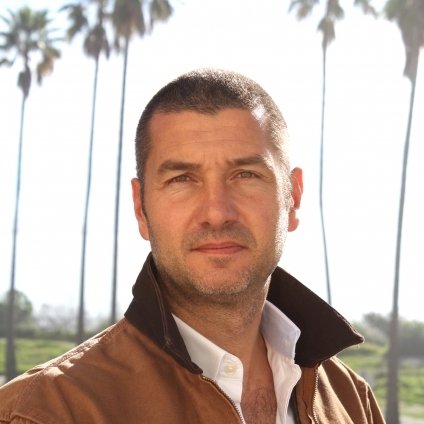
ROLAND GEYER
Roland Geyer is a Professor at the Bren School of Environmental Science and Management, University of California at Santa Barbara, and the author of The Business of Less. Since 2000 he has worked with a wide range of governmental organizations, trade associations, and companies on environmental sustainability issues. His overarching goal is to help develop the knowledge, tools, and methods necessary to reduce the environmental impact from industrial production and consumption.· www.rolandgeyer.c
Mar 15, 2022 • 43:38

Roland Geyer · Professor at Bren School of Environmental Science & Management, UC Santa Barbara · Author of “The Business of Less” (43 mins)
Roland Geyer is a Professor at the Bren School of Environmental Science and Management, University of California at Santa Barbara, and the author of The Business of Less. Since 2000 he has worked with a wide range of governmental organizations, trade associations, and companies on environmental sustainability issues. His overarching goal is to help develop the knowledge, tools, and methods necessary to reduce the environmental impact from industrial production and consumption.· www.rolandgeyer.c
Mar 15, 2022 • 0:00

Azby Brown · Author of “Just Enough” · Leading authority on Japanese architecture, design & environmentalism · Lead researcher for Safecast (Highlights)
“In Edo Japan, basically life was pretty good, and they recycled everything. Everything was reused, upcycled. Waste was considered taboo. A person who was wasting was considered an ugly person. So there is a lot that we could talk about: design, the layout, scale. Buildings were rarely taller than two stories. Very good use of environmental features, microclimates, use of wind for cooling, passive solar heating. Good use of planting, gardens, etc. But regarding cities of the future, I think the
Mar 12, 2022 • 0:00
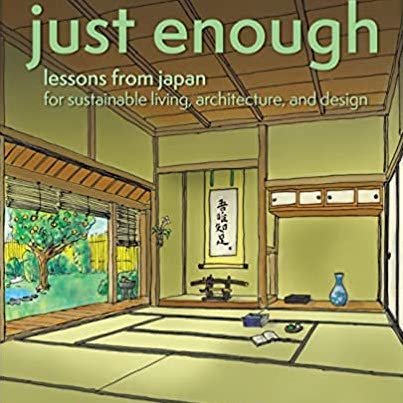
(Highlights) AZBY BROWN
“In Edo Japan, basically life was pretty good, and they recycled everything. Everything was reused, upcycled. Waste was considered taboo. A person who was wasting was considered an ugly person. So there is a lot that we could talk about: design, the layout, scale. Buildings were rarely taller than two stories. Very good use of environmental features, microclimates, use of wind for cooling, passive solar heating. Good use of planting, gardens, etc. But regarding cities of the future, I think the
Mar 12, 2022 • 16:02
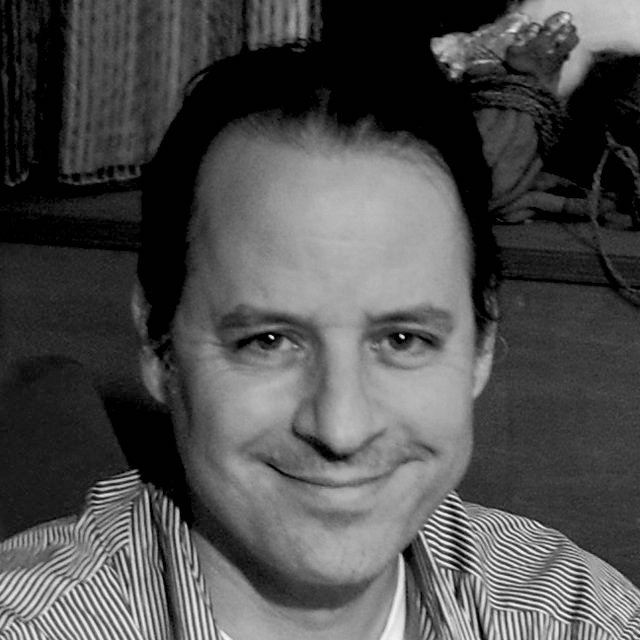
AZBY BROWN
Azby Brown is a leading authority on Japanese architecture, design, and environmentalism and the author of several groundbreaking books, including Just Enough, Small Spaces, The Japanese Dream House, The Very Small Home, and The Genius of Japanese Carpentry. He is lead researcher for Safecast, a global citizen-science organization that pioneered crowdsourced environmental monitoring. Azby Brown has lived in Japan since 1985.· azbybrown.com · www.safecast.org · www.oneplanetpodcast.org · www.crea
Mar 12, 2022 • 59:39

Azby Brown · Author of “Just Enough” · Leading authority on Japanese architecture, design & environmentalism · Lead researcher for Safecast (59 mins)
Azby Brown is a leading authority on Japanese architecture, design, and environmentalism and the author of several groundbreaking books, including Just Enough, Small Spaces, The Japanese Dream House, The Very Small Home, and The Genius of Japanese Carpentry. He is lead researcher for Safecast, a global citizen-science organization that pioneered crowdsourced environmental monitoring. Azby Brown has lived in Japan since 1985.· azbybrown.com · www.safecast.org · www.oneplanetpodcast.org · www.crea
Mar 12, 2022 • 0:00
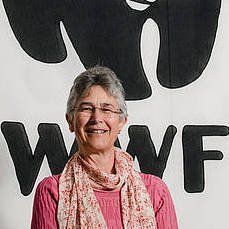
(Highlights) YOLANDA KAKABADSE
“I mentioned before that one of the reasons why we haven't been able to overcome many of the climate crisis factors is because people don't understand what it means. What is it about? What can I do? Usually, when we hear these experts speak about the climate crisis, at least me, I don't understand 9/10ths of the speech or the document. Simplifying the message, allowing that difficult scientific knowledge to become popular language that I can use when explaining to a child, to a rural person, to
Mar 11, 2022 • 10:06

Yolanda Kakabadse · Fmr. Minister of Environment, Ecuador · Fmr. President: WWF Int’l, World Conservation Union, Founder Fundacion Futuro Latinoamericano (Highlights)
“I mentioned before that one of the reasons why we haven't been able to overcome many of the climate crisis factors is because people don't understand what it means. What is it about? What can I do? Usually, when we hear these experts speak about the climate crisis, at least me, I don't understand 9/10ths of the speech or the document. Simplifying the message, allowing that difficult scientific knowledge to become popular language that I can use when explaining to a child, to a rural person, to
Mar 11, 2022 • 0:00
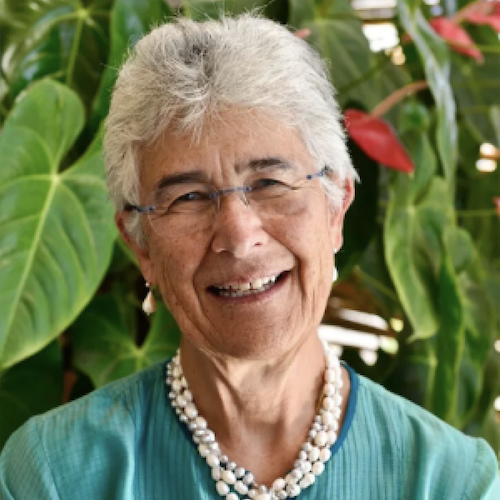
YOLANDA KAKABADSE
Yolanda Kakabadse’s work with the environmental conservation movement officially began in 1979, when she was appointed Executive Director of Fundación Natura in Quito, where she worked until 1990. In 1993, she created Fundacion Futuro Latinoamericano, an organization dedicated to promote the sustainable development of Latin America through conflict prevention and management. She was the Executive President until 2006 and remains as Chair of the Advisory Board. From 1990 until 1992, Yolanda Kakab
Mar 11, 2022 • 59:41

Yolanda Kakabadse · Fmr. Minister of Environment, Ecuador · Fmr. President: WWF Int’l, World Conservation Union, Founder Fundacion Futuro Latinoamericano (59 mins)
Yolanda Kakabadse’s work with the environmental conservation movement officially began in 1979, when she was appointed Executive Director of Fundación Natura in Quito, where she worked until 1990. In 1993, she created Fundacion Futuro Latinoamericano, an organization dedicated to promote the sustainable development of Latin America through conflict prevention and management. She was the Executive President until 2006 and remains as Chair of the Advisory Board. From 1990 until 1992, Yolanda Kakab
Mar 11, 2022 • 0:00

Paula Pinho · Director of Just Transition at the European Commission Directorate-General for Energy (Highlights)
“This is a very important question because cities are really living labs of everything that we're doing in terms of energy policy, and it’s extremely important that whatever we are putting forward in terms of policy, if it is not embraced by the citizens in cities on the local level, the best policies will not serve any purpose if they not really taken up by citizens. Of all of the Sustainable Development Goals, I think quality education is really the basis, I would call it really the foundation
Mar 10, 2022 • 0:00
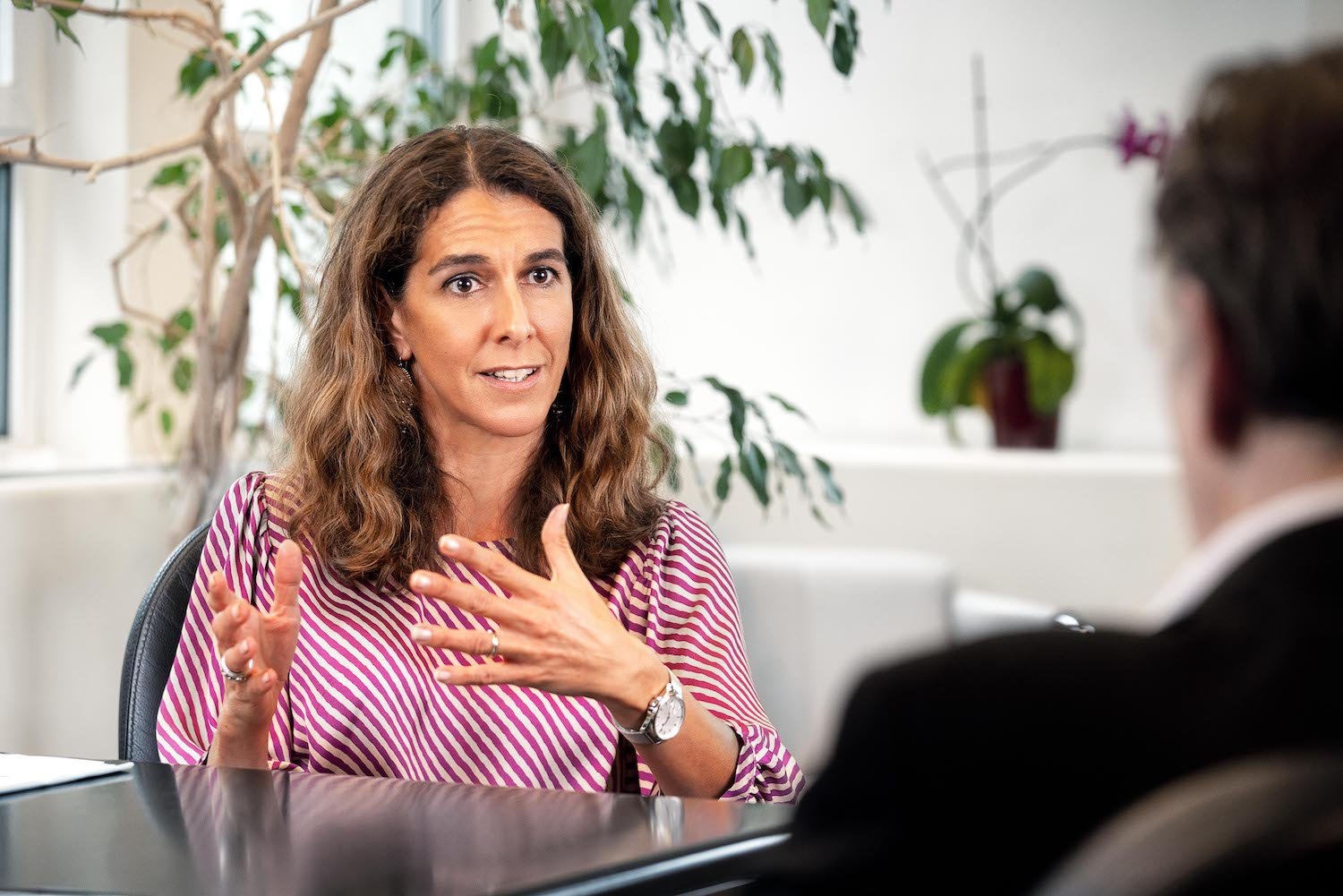
(Highlights) PAULA PINHO
“This is a very important question because cities are really living labs of everything that we're doing in terms of energy policy, and it’s extremely important that whatever we are putting forward in terms of policy, if it is not embraced by the citizens in cities on the local level, the best policies will not serve any purpose if they not really taken up by citizens. Of all of the Sustainable Development Goals, I think quality education is really the basis, I would call it really the foundation
Mar 10, 2022 • 15:10

Paula Pinho · Director of Just Transition at the European Commission Directorate-General for Energy (36 mins)
Paula Pinho is Director of Just Transition at the European Commission Directorate-General for Energy. She was responsible for Energy Strategy and Policy coordination and then for Renewables and Energy System Integration Policy and Decarbonisation and Sustainability of Energy Sources. She was Acting Director for Energy Policy where she has overseen notably the work of international energy relations, financial instruments and inter-institutional relations.Paula has also been Member of Cabinet of E
Mar 10, 2022 • 0:00
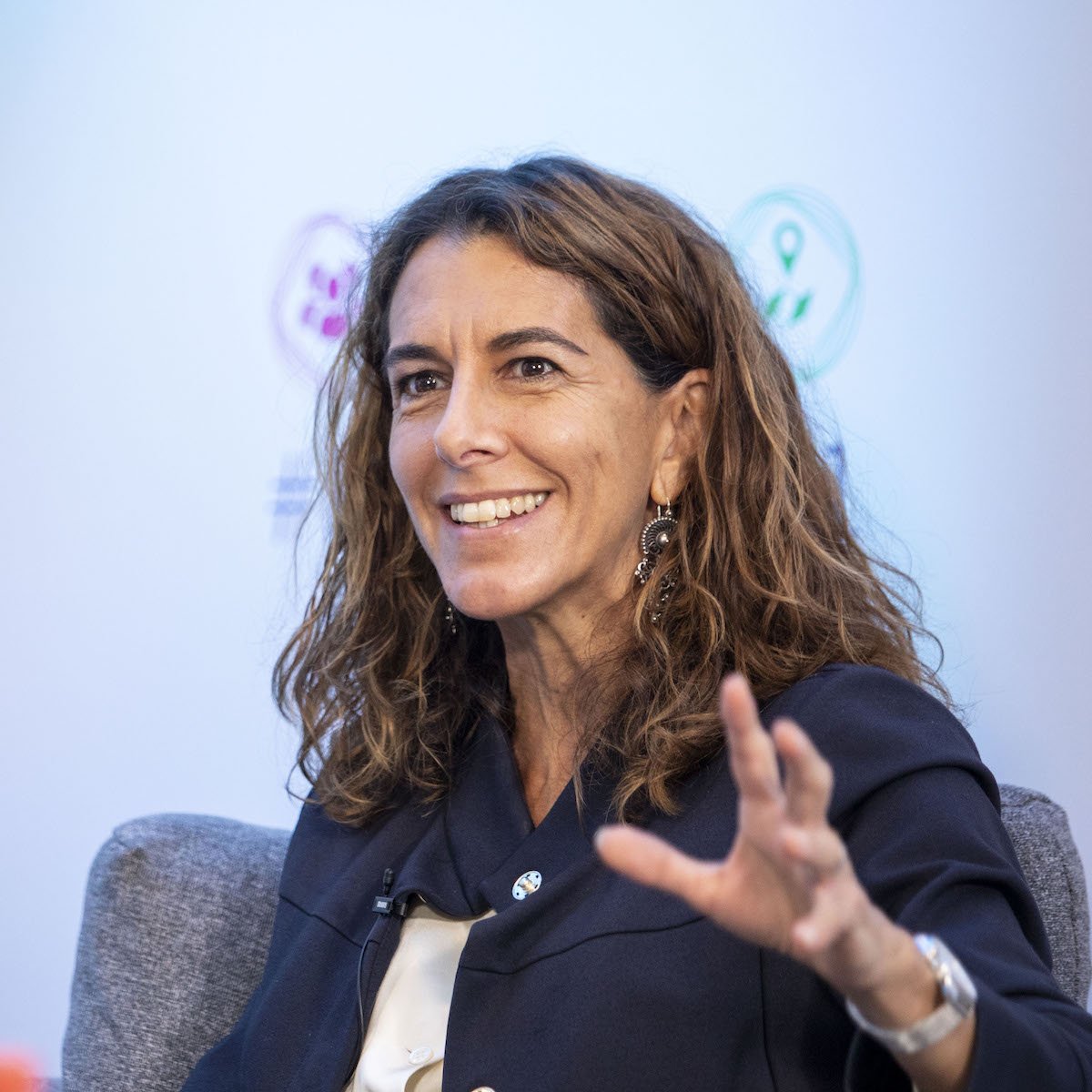
PAULA PINHO
Paula Pinho is Director of Just Transition at the European Commission Directorate-General for Energy. She was responsible for Energy Strategy and Policy coordination and then for Renewables and Energy System Integration Policy and Decarbonisation and Sustainability of Energy Sources. She was Acting Director for Energy Policy where she has overseen notably the work of international energy relations, financial instruments and inter-institutional relations.Paula has also been Member of Cabinet of E
Mar 10, 2022 • 36:29

David Palumbo-Liu · Writer, Activist, Professor & Author of “Speaking Out of Place: Getting Our Political Voices Back” (Highlights)
“To explore different worlds, essentially. That’s what literature has taught me. Reading has taught me how difficult it is to write well, to do you something other than the mundane or the expected, so all those things point to a kind of human creativity and a human capacity to both create and also to learn. To learn about life in different ways and to pass on those lessons to other people. One thing I think great teachers do is to embody what they talk about, the values that they profess, the th
Mar 5, 2022 • 0:00
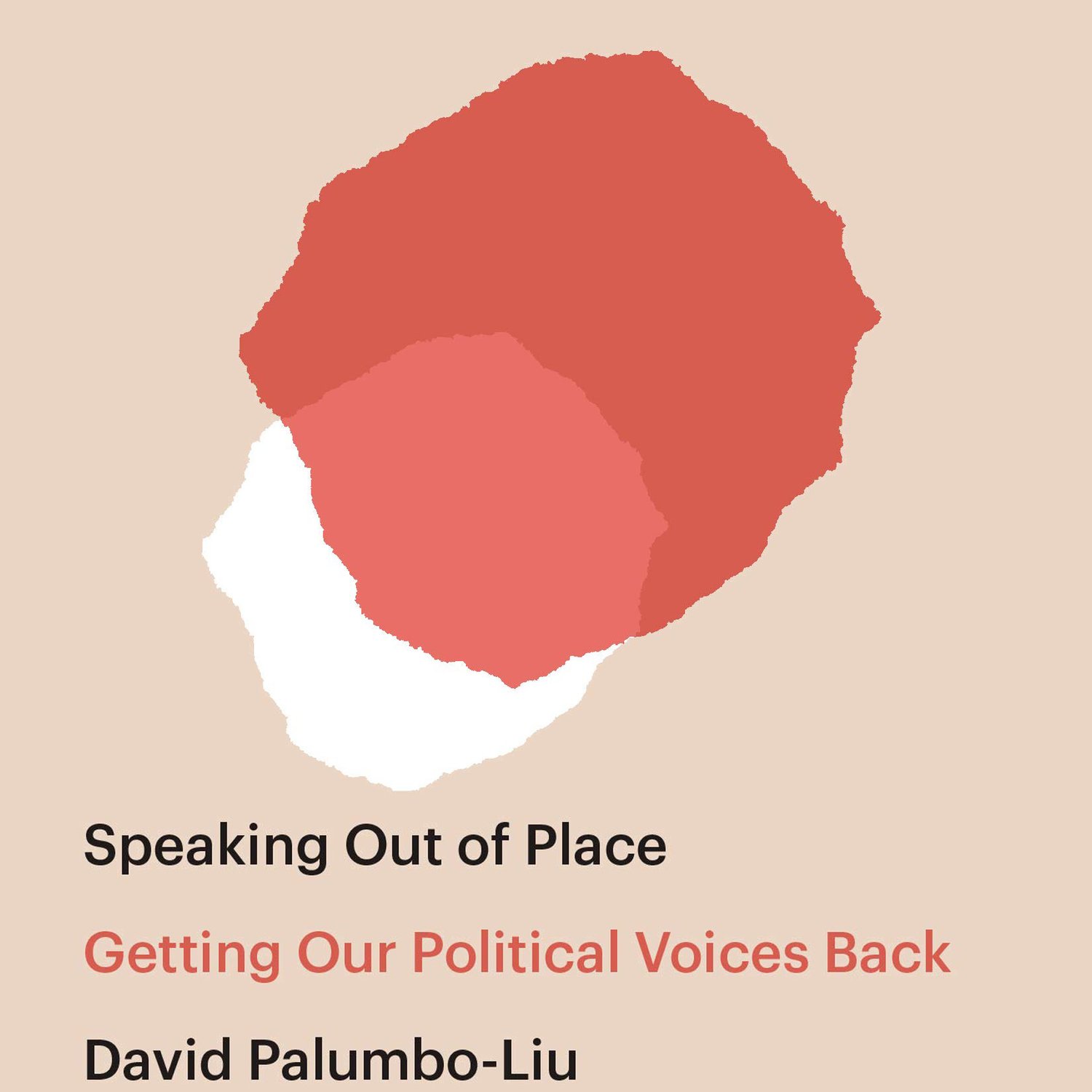
(Highlights) DAVID PALUMBO-LIU
“To explore different worlds, essentially. That’s what literature has taught me. Reading has taught me how difficult it is to write well, to do you something other than the mundane or the expected, so all those things point to a kind of human creativity and a human capacity to both create and also to learn. To learn about life in different ways and to pass on those lessons to other people. One thing I think great teachers do is to embody what they talk about, the values that they profess, the th
Mar 5, 2022 • 10:13
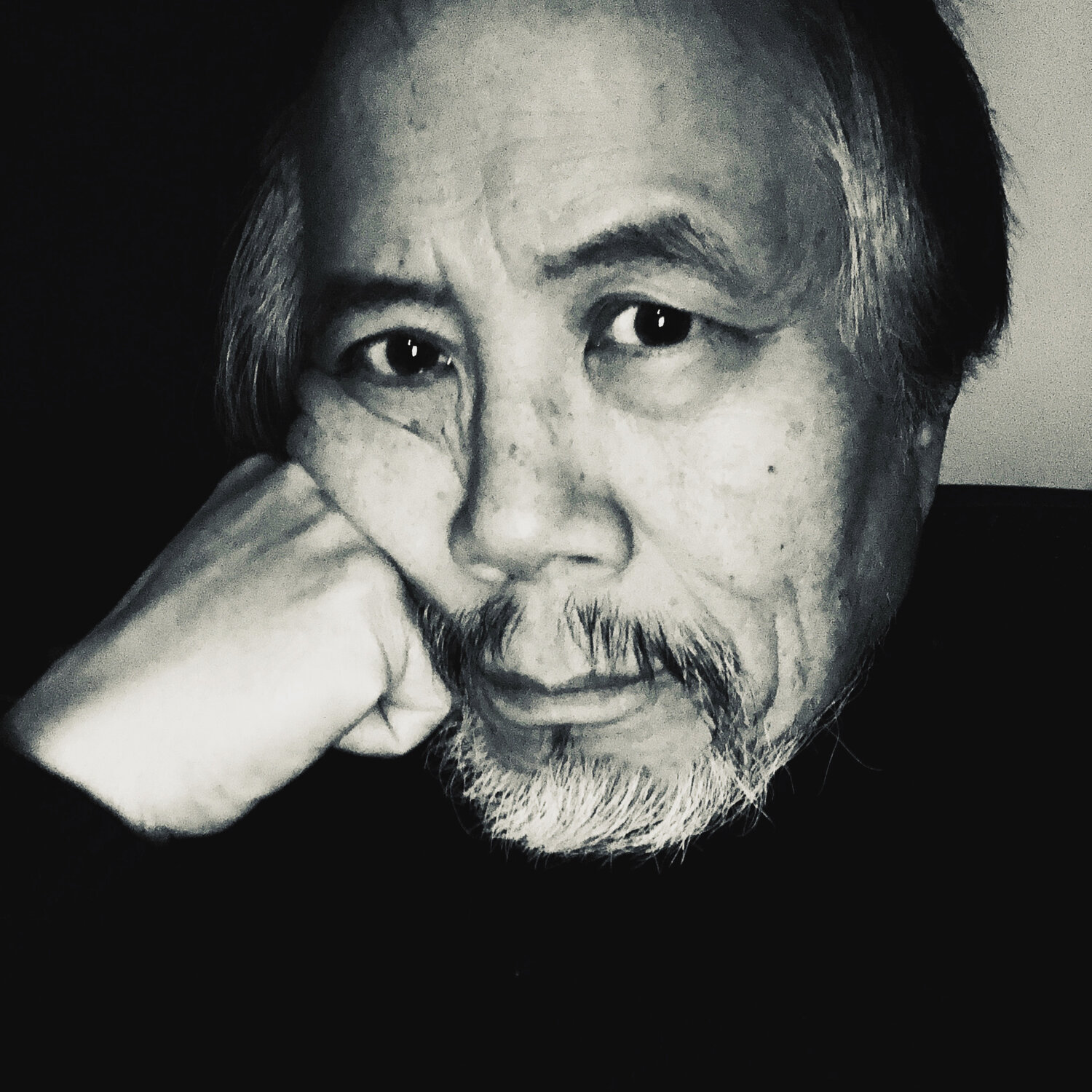
DAVID PALUMBO-LIU
David Palumbo-Liu is the Louise Hewlett Nixon Professor, and Professor of Comparative Literature, at Stanford University. He has written widely on culture, literature, human rights, and politics, both in his books and also in venues such as Truthout, The Guardian, Jacobin, The Nation, Al Jazeera, and others. · www.palumbo-liu.comTwitter: @palumboliu · www.oneplanetpodcast.org · www.creativeprocess.info
Mar 5, 2022 • 44:08

David Palumbo-Liu · Writer, Activist, Professor & Author of “Speaking Out of Place: Getting Our Political Voices Back” (44 mins)
David Palumbo-Liu is the Louise Hewlett Nixon Professor, and Professor of Comparative Literature, at Stanford University. He has written widely on culture, literature, human rights, and politics, both in his books and also in venues such as Truthout, The Guardian, Jacobin, The Nation, Al Jazeera, and others. · www.palumbo-liu.comTwitter: @palumboliu · www.oneplanetpodcast.org · www.creativeprocess.info
Mar 5, 2022 • 0:00

Paula Pinho · Director of European Commission’s DG for Energy & Just Transition, Consumers, Energy Efficiency & Innovation (Highlights)
“This is a very important question because cities are really living labs of everything that we're doing in terms of energy policy, and it’s extremely important that whatever we are putting forward in terms of policy, if it is not embraced by the citizens in cities on the local level, the best policies will not serve any purpose if they not really taken up by citizens. Of all of the Sustainable Development Goals, I think quality education is really the basis, I would call it really the foundation
Mar 4, 2022 • 0:00
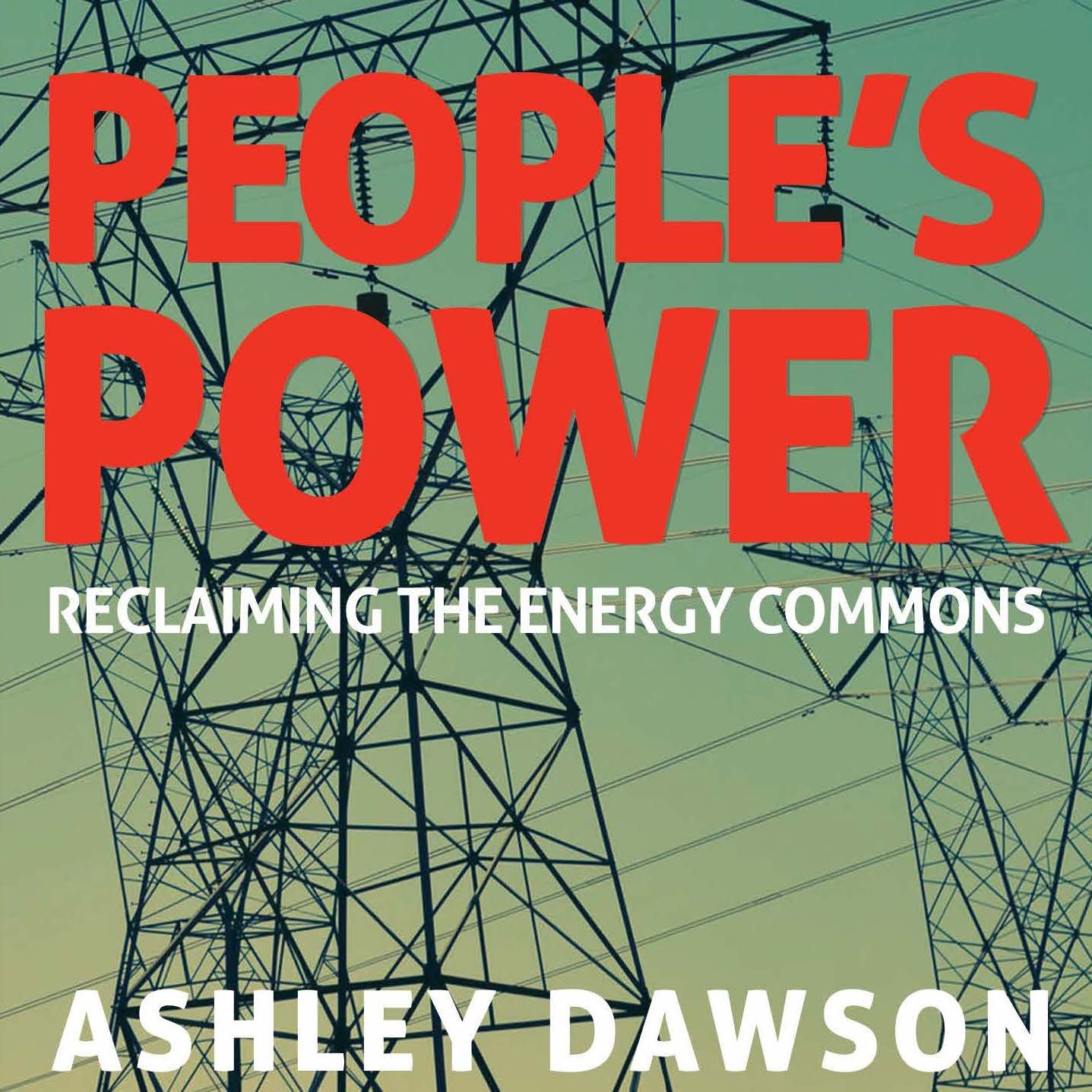
(Highlights) ASHLEY DAWSON
“The political struggle is really hard today and I feel like we haven't been winning, but I think it's important not to think of this as either we win it, or there's catastrophe and that's the end. We win or lose, and there’s this big tidal wave that kills us all. That's not the way the climate crisis is going to play out. It’s going to be a long, slow, attritional crisis punctuated by forms of natural disaster that will decimate populations, but it's also going to be something that people will
Mar 1, 2022 • 10:02

Ashley Dawson · Author of "People’s Power", "Extreme Cities", "Extinction" · Professor of Postcolonial Studies at CUNY (Highlights)
“The political struggle is really hard today and I feel like we haven't been winning, but I think it's important not to think of this as either we win it, or there's catastrophe and that's the end. We win or lose, and there’s this big tidal wave that kills us all. That's not the way the climate crisis is going to play out. It’s going to be a long, slow, attritional crisis punctuated by forms of natural disaster that will decimate populations, but it's also going to be something that people will
Mar 1, 2022 • 0:00
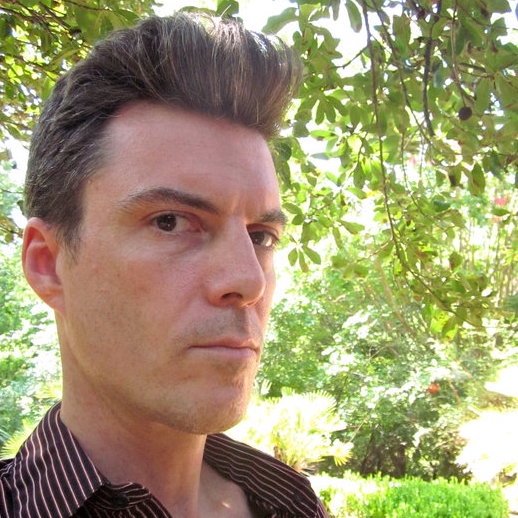
ASHLEY DAWSON
Ashley Dawson is currently Professor of Postcolonial Studies in the English Department at the Graduate Center, City University of New York (CUNY), and at the College of Staten Island/CUNY. He currently works in the fields of environmental humanities and postcolonial ecocriticism. He is the author of three recent books relating to these fields: People’s Power (O/R, 2020), Extreme Cities (Verso, 2017) and Extinction (O/R, 2016). Other areas of interest of his include the experience and literature
Mar 1, 2022 • 49:00

Ashley Dawson · Author of "People’s Power", "Extreme Cities", "Extinction" · Professor of Postcolonial Studies at CUNY (49 mins)
Ashley Dawson is currently Professor of Postcolonial Studies in the English Department at the Graduate Center, City University of New York (CUNY), and at the College of Staten Island/CUNY. He currently works in the fields of environmental humanities and postcolonial ecocriticism. He is the author of three recent books relating to these fields: People’s Power (O/R, 2020), Extreme Cities (Verso, 2017) and Extinction (O/R, 2016). Other areas of interest of his include the experience and literature
Mar 1, 2022 • 0:00

Jeffrey D. Sachs · President of UN Sustainable Development Solutions Network · Director of Center for Sustainable Development, Columbia University (Highlights)
Jeffrey D. Sachs is University Professor and Director of the Center for Sustainable Development at Columbia University. He is President of the UN Sustainable Development Solutions Network, Chair of the Lancet COVID-19 Commission, Co-Chair of the UN Council of Engineers for the Energy Transition, Commissioner of the UN Broadband Commission for Development, academician of the Pontifical Academy of Social Sciences, and Tan Sri Jeffrey Cheah Honorary Distinguished Professor of Sustainable Developmen
Feb 25, 2022 • 0:00
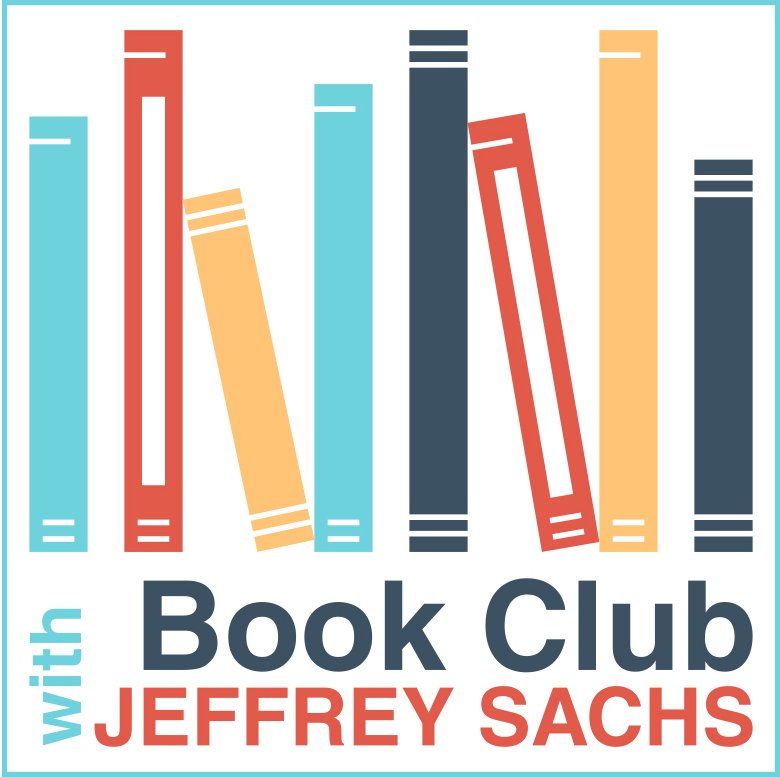
(Highlights) JEFFREY D. SACHS
Jeffrey D. Sachs is University Professor and Director of the Center for Sustainable Development at Columbia University. He is President of the UN Sustainable Development Solutions Network, Chair of the Lancet COVID-19 Commission, Co-Chair of the UN Council of Engineers for the Energy Transition, Commissioner of the UN Broadband Commission for Development, academician of the Pontifical Academy of Social Sciences, and Tan Sri Jeffrey Cheah Honorary Distinguished Professor of Sustainable Developmen
Feb 25, 2022 • 11:50
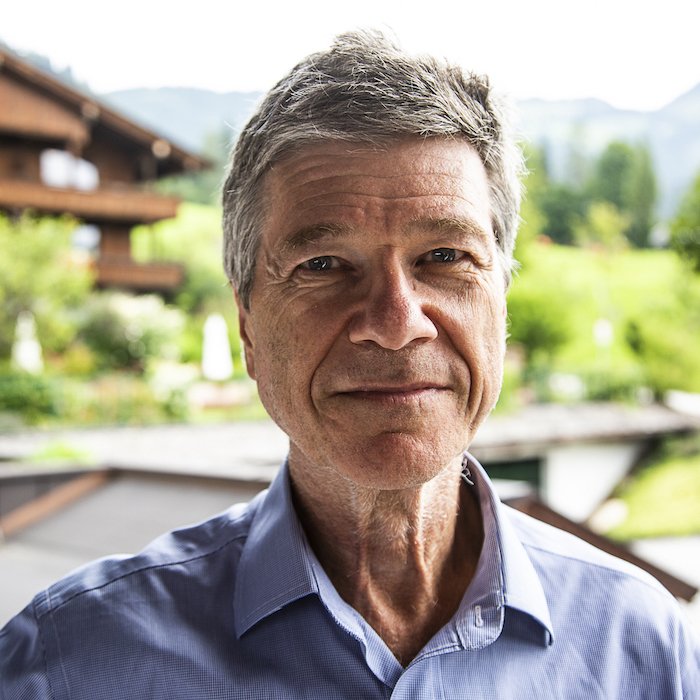
JEFFREY D. SACHS
“If we’re badly educated, we’re not going to make it on this planet. If I had to put my finger on one Sustainable Development Goal above all else, it is let’s empower young people so that they know the future. They know the world that they’re going to be leading soon. They can do something about it…Specifically, target 4.7 which says that everybody should learn about sustainable development. Everybody should learn about global citizenship.If you’re in elementary school up to university, you shou
Feb 25, 2022 • 35:56

Jeffrey D. Sachs · President of UN Sustainable Development Solutions Network · Director of Center for Sustainable Development, Columbia University (35 mins)
“If we’re badly educated, we’re not going to make it on this planet. If I had to put my finger on one Sustainable Development Goal above all else, it is let’s empower young people so that they know the future. They know the world that they’re going to be leading soon. They can do something about it…Specifically, target 4.7 which says that everybody should learn about sustainable development. Everybody should learn about global citizenship.If you’re in elementary school up to university, you shou
Feb 25, 2022 • 0:00

Ada Limón · National Book Critics Circle Award-Winning Poet & Host of The Slowdown podcast (Highlights)
"This poem was written when I was having a real moment of reckoning, not that I hadn't had it earlier, but where I was doing some deep reading about the climate crisis and really reckoning with myself, with where we were and what was happening, what the truth was. And I felt like it was so easy to slip down into a darkness, into a sort of numbness, and I didn't think that that numbness and darkness could be useful."Ada Limón is the author of six books of poetry, including The Carrying, which won
Feb 22, 2022 • 0:00
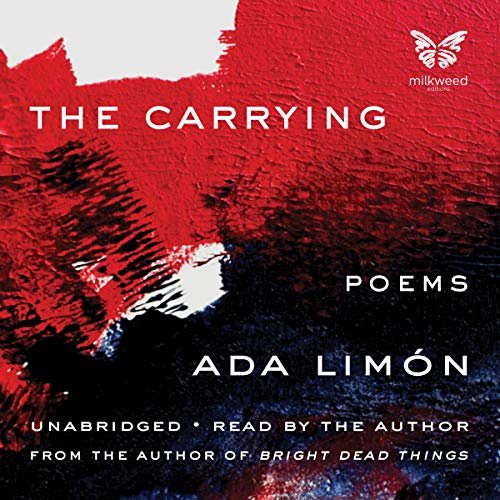
(Highlights) ADA LIMÓN
"This poem was written when I was having a real moment of reckoning, not that I hadn't had it earlier, but where I was doing some deep reading about the climate crisis and really reckoning with myself, with where we were and what was happening, what the truth was. And I felt like it was so easy to slip down into a darkness, into a sort of numbness, and I didn't think that that numbness and darkness could be useful."Ada Limón is the author of six books of poetry, including The Carrying, which won
Feb 22, 2022 • 13:36
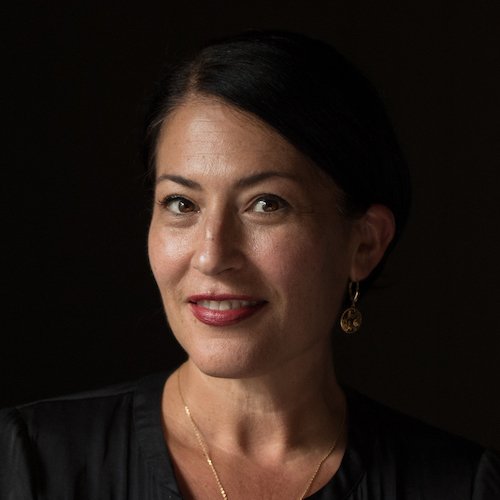
ADA LIMÓN
Ada Limón is the author of six books of poetry, including The Carrying, which won the National Book Critics Circle Award for Poetry. Her book Bright Dead Things was nominated for the National Book Award, the National Book Critics Circle Award, and the Kingsley Tufts Poetry Award. Her work has been supported most recently by a Guggenheim Fellowship. She grew up in Sonoma, California and now lives in Lexington, Kentucky where she writes, teaches remotely, and hosts the critically-acclaimed poetry
Feb 22, 2022 • 52:41

Ada Limón · National Book Critics Circle Award-Winning Poet & Host of The Slowdown podcast (52 mins)
Ada Limón is the author of six books of poetry, including The Carrying, which won the National Book Critics Circle Award for Poetry. Her book Bright Dead Things was nominated for the National Book Award, the National Book Critics Circle Award, and the Kingsley Tufts Poetry Award. Her work has been supported most recently by a Guggenheim Fellowship. She grew up in Sonoma, California and now lives in Lexington, Kentucky where she writes, teaches remotely, and hosts the critically-acclaimed poetry
Feb 22, 2022 • 0:00

Dr. Linda Birnbaum · Scientist Emeritus & Fmr. Director of the National Institute of Environmental Health Sciences & the National Toxicology Program (Highlights)
“Is this true that we test for fewer than 100 chemicals in water, but in fact, there are thousands that go untested?”“There are thousands just like there are in air, just like there are in food. We sometimes compartmentalize too much. We forget, but what is food? Food is made up of chemicals. And I think we need to be broader in our understanding because, for example, we all have on us and within us our Microbiomes and we think about the GI bacteria and we now know that if people are obese they
Feb 19, 2022 • 0:00

Kyle Harper · Author of “Plagues upon the Earth: Disease and the Course of Human History" (Highlights)
“Thinking about the future of the environments more broadly and the challenges of global development, we need to remember that freedom from infectious disease is not a privilege that is universally shared. And so in order to continue to improve global public health, it's vitally important that people in poor countries have access to opportunities for economic growthHuman well-being is both a question of social development in a very holistic sense that people have jobs that provide adequate food
Feb 15, 2022 • 0:00
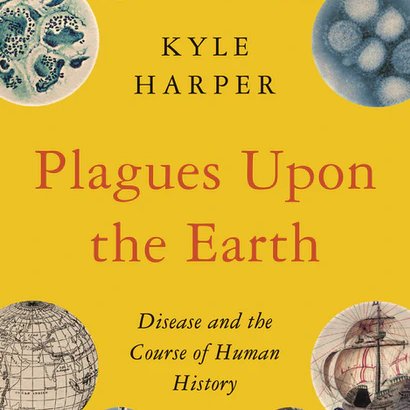
(Highlights) KYLE HARPER
“Thinking about the future of the environments more broadly and the challenges of global development, we need to remember that freedom from infectious disease is not a privilege that is universally shared. And so in order to continue to improve global public health, it's vitally important that people in poor countries have access to opportunities for economic growthHuman well-being is both a question of social development in a very holistic sense that people have jobs that provide adequate food
Feb 15, 2022 • 10:05

Kyle Harper · Author of “Plagues upon the Earth: Disease and the Course of Human History" (54 mins)
Kyle Harper is the G.T. and Libby Blankenship Chair in the History of Liberty, Professor of Classics and Letters, Senior Advisor to the President, and Provost Emeritus at the University of Oklahoma. Harper’s fourth book, Plagues upon the Earth: Disease and the Course of Human History, is a global history of infectious disease spanning from human origins to COVID-19. It tells the story of humanity’s long and distinctive struggle with pathogenic microbes. His scholarly works use natural sciences,
Feb 15, 2022 • 0:00
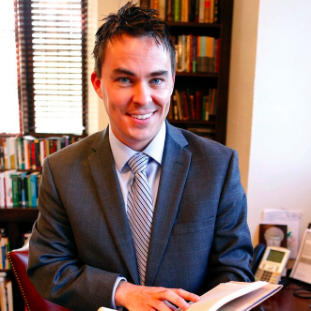
KYLE HARPER
Kyle Harper is the G.T. and Libby Blankenship Chair in the History of Liberty, Professor of Classics and Letters, Senior Advisor to the President, and Provost Emeritus at the University of Oklahoma. Harper’s fourth book, Plagues upon the Earth: Disease and the Course of Human History, is a global history of infectious disease spanning from human origins to COVID-19. It tells the story of humanity’s long and distinctive struggle with pathogenic microbes. His scholarly works use natural sciences,
Feb 15, 2022 • 54:41

Ada Limón · National Book Critics Circle Award-Winning Poet & Host of The Slowdown podcast (Highlights)
“This poem was written for me when I was having a real moment of reckoning, not that I hadn't had it earlier, but where I was doing some deep reading about the climate crisis and really reckoning with myself, with where we were and what was happening, what the truth was. And I felt like it was so easy to slip down into a darkness, into a sort of numbness, and I didn't think that that numbness and darkness could be useful.”Ada Limón is the author of six books of poetry, including The Carrying, wh
Feb 4, 2022 • 0:00
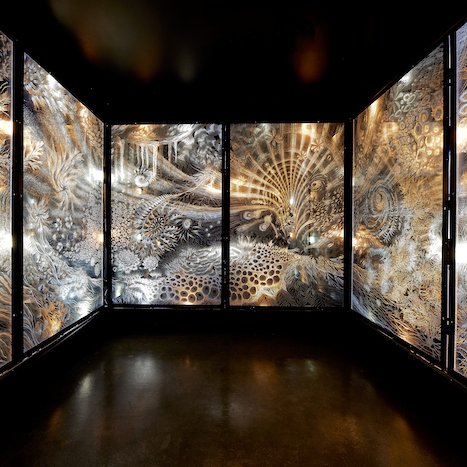
(Highlights) CLAUDIA BUENO
“Nature is my home because. It doesn't matter where I am. It’s available and it's there and it's always giving me the same sort of nourishment. All of us have had to develop a sense of home elsewhere. With me in particular, I've been traveling and living in different countries for the last 20 years since I was 22, so it's not even that I've had a geographical place that is my new home because I've moved around every four years. I'm in a new place a new community and new friends, so nature is my
Feb 2, 2022 • 13:41

Claudia Bueno · Artist in Light, Sculpture & Sound (Highlights)
“Nature is my home because. It doesn't matter where I am. It’s available and it's there and it's always giving me the same sort of nourishment. All of us have had to develop a sense of home elsewhere. With me in particular, I've been traveling and living in different countries for the last 20 years since I was 22, so it's not even that I've had a geographical place that is my new home because I've moved around every four years. I'm in a new place a new community and new friends, so nature is my
Feb 2, 2022 • 0:00
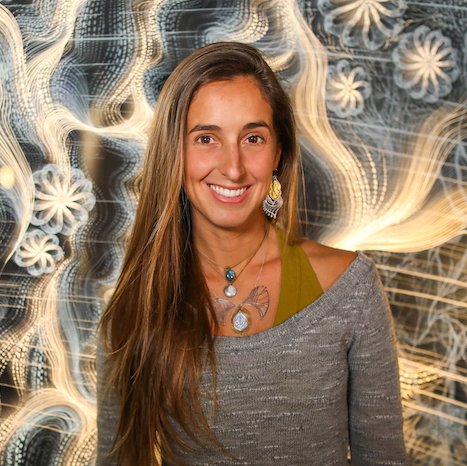
CLAUDIA BUENO
Claudia Bueno is an internationally recognized Venezuela born artist renowned for creating immersive technological wonders using light, sculpture, painting and sound. Claudia creates large scale, multi-sensory experiences that communicate a profound sense of wonderment and awe. Lights, motors, wind, and video power her creations with pulsations and movements. Detailed drawings, meticulous cutouts and elaborate structures leave evidence of the intimate dedication the artist has with her work. Cla
Feb 2, 2022 • 41:03

Claudia Bueno · Artist in Light, Sculpture & Sound (41 mins)
Claudia Bueno is an internationally recognized Venezuela born artist renowned for creating immersive technological wonders using light, sculpture, painting and sound. Claudia creates large scale, multi-sensory experiences that communicate a profound sense of wonderment and awe. Lights, motors, wind, and video power her creations with pulsations and movements. Detailed drawings, meticulous cutouts and elaborate structures leave evidence of the intimate dedication the artist has with her work. Cla
Feb 2, 2022 • 0:00
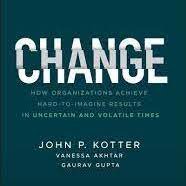
(Highlights) GAURAV GUPTA
“How do you get people to have a sense of urgency to actually take action and do something different? What we're finding is the learnings from business very much do apply to other spheres and also more generally to challenges like climate change. We’re facing the question of how do you get more people to actually be willing to take real meaningful action.”Gaurav Gupta is Director of Kotter International · Change Management & Strategy Execution and co-author of Change: How Organizations Achieve H
Feb 1, 2022 • 8:57

Gaurav Gupta · Director of Kotter International (Highlights)
“How do you get people to have a sense of urgency to actually take action and do something different? What we're finding is the learnings from business very much do apply to other spheres and also more generally to challenges like climate change. We’re facing the question of how do you get more people to actually be willing to take real meaningful action.”Gaurav Gupta is Director of Kotter International · Change Management & Strategy Execution and co-author of Change: How Organizations Achieve H
Feb 1, 2022 • 0:00

Gaurav Gupta · Director of Kotter International · Co-author of Change: How Organizations Achieve Hard to Imagine Results in Uncertain & Volatile Times (50 mins)
Gaurav Gupta is Director of Kotter International · Change Management & Strategy Execution and co-author of Change: How Organizations Achieve Hard to Imagine Results in Uncertain & Volatile Times. He translates strategy into implementation and develops learning-focused teams. Gaurav has worked with clients in industries as diverse as food and beverage, oil and energy, healthcare, chemicals, and finance. Gaurav draws on his extensive global (having worked in over 10 countries) and diverse function
Feb 1, 2022 • 0:00
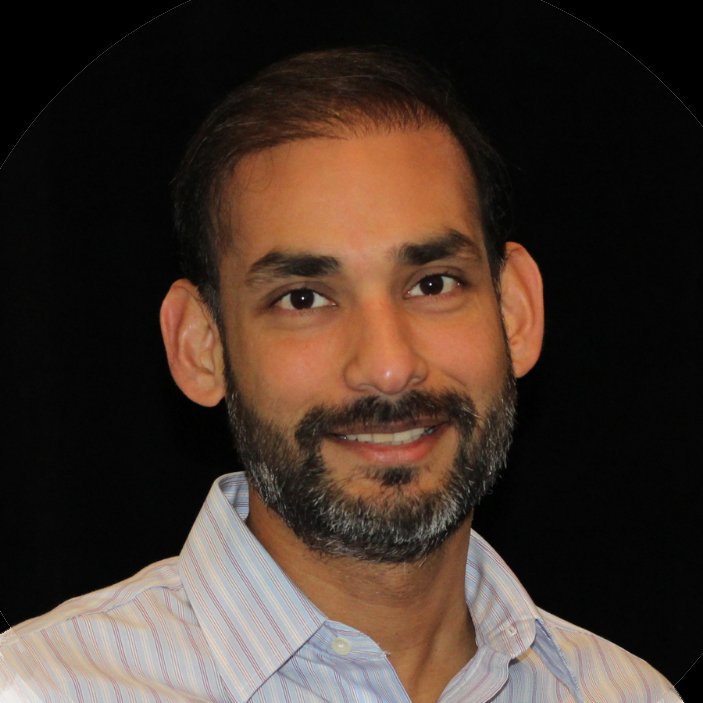
GAURAV GUPTA
Gaurav Gupta is Director of Kotter International · Change Management & Strategy Execution and co-author of Change: How Organizations Achieve Hard to Imagine Results in Uncertain & Volatile Times. He translates strategy into implementation and develops learning-focused teams. Gaurav has worked with clients in industries as diverse as food and beverage, oil and energy, healthcare, chemicals, and finance. Gaurav draws on his extensive global (having worked in over 10 countries) and diverse function
Feb 1, 2022 • 50:19
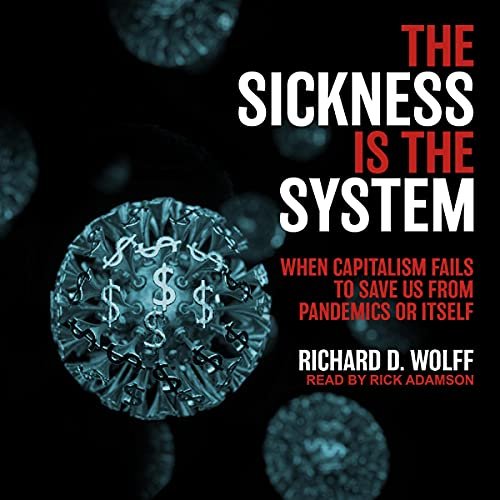
Richard D. Wolff ·Founder: Democracy at Work on Capitalism & How Socialism Benefits Our Lives & the Planet (Highlights)
“You can criticize many things in the United States, but there are taboos and the number one taboo is that you cannot criticize Capitalism. That is equated with disloyalty…This story about Capitalism being wonderful. This story is fading. You can’t do that anymore. The Right Wing cannot rally its troops around Capitalism. That’s why it doesn’t do it anymore. It rallies the troops around being hateful towards immigrants. It rallies the troops around “fake elections”, around the right to buy a gun
Jan 28, 2022 • 0:00
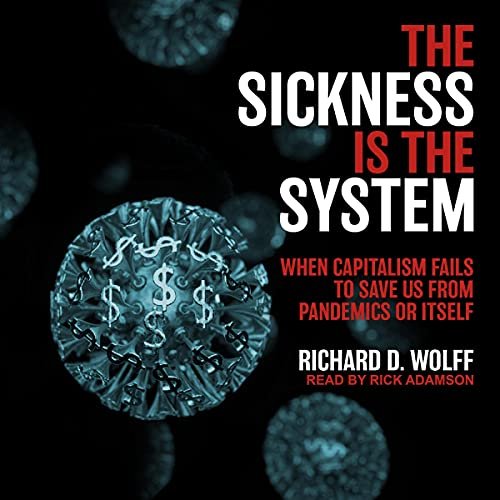
(Highlights) RICHARD D. WOLFF
“You can criticize many things in the United States, but there are taboos and the number one taboo is that you cannot criticize Capitalism. That is equated with disloyalty…This story about Capitalism being wonderful. This story is fading. You can’t do that anymore. The Right Wing cannot rally its troops around Capitalism. That’s why it doesn’t do it anymore. It rallies the troops around being hateful towards immigrants. It rallies the troops around “fake elections”, around the right to buy a gun
Jan 28, 2022 • 14:01
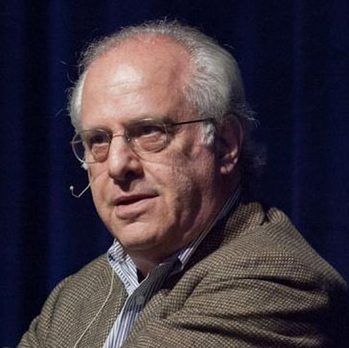
Richard D. Wolff ·Founder: Democracy at Work on Capitalism & How Socialism Benefits Our Lives & the Planet (53 mins)
Richard D. Wolff is Founder of Democracy at Work and host of the show Economic Update. Professor of Economics Emeritus, University of Massachusetts, Amherst where he taught economics from 1973 to 2008. He is currently a Visiting Professor in the Graduate Program in International Affairs of the New School University, New York City. Earlier he taught economics at Yale University (1967-1969) and at the City College of the City University of New York (1969-1973). In 1994, he was a Visiting Professor
Jan 28, 2022 • 0:00
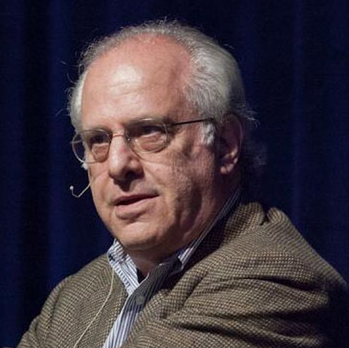
RICHARD D. WOLFF
Richard D. Wolff is Founder of Democracy at Work and host of the show Economic Update. Professor of Economics Emeritus, University of Massachusetts, Amherst where he taught economics from 1973 to 2008. He is currently a Visiting Professor in the Graduate Program in International Affairs of the New School University, New York City. Earlier he taught economics at Yale University (1967-1969) and at the City College of the City University of New York (1969-1973). In 1994, he was a Visiting Professor
Jan 28, 2022 • 53:45

Rob Nixon · Author of Slow Violence & the Environmentalism of the Poor & Professor Environmental Humanities at Princeton (Highlights)
“There are some recurrent threads in indigenous cultures across the world. One of those is–We don’t own the land. The land owns us. It’s not seen as property first. It’s seen as inalienable in that sense because you don’t own it in the first place. What we’re seeing now is a kind of movement where more and more indigenous people are living kind of amphibious lives. On the one hand, they have their indigenous cosmologies. And the other hand, in order to increase the likelihood that they can keep
Jan 21, 2022 • 0:00
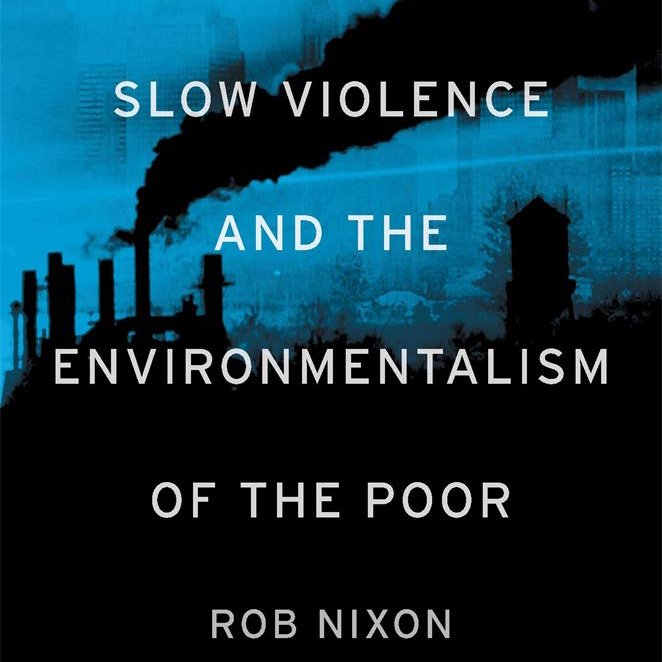
(Highlights) ROB NIXON
“There are some recurrent threads in indigenous cultures across the world. One of those is–We don’t own the land. The land owns us. It’s not seen as property first. It’s seen as inalienable in that sense because you don’t own it in the first place. What we’re seeing now is a kind of movement where more and more indigenous people are living kind of amphibious lives. On the one hand, they have their indigenous cosmologies. And the other hand, in order to increase the likelihood that they can keep
Jan 21, 2022 • 14:54
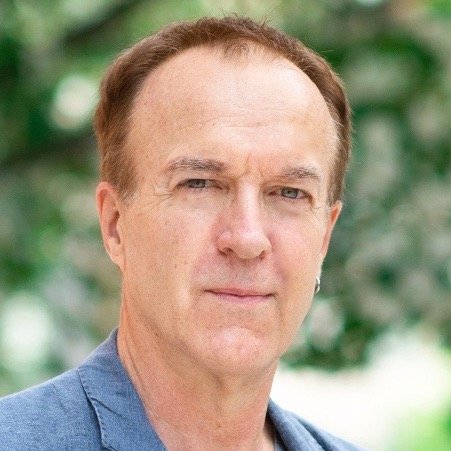
ROB NIXON
Rob Nixon is a nonfiction writer and the Barron Family Professor in Environmental Humanities at Princeton University. He is the author of four books, most recently Slow Violence and the Environmentalism of the Poor. Nixon is currently writing a book on environmental martyrs and the defense of the great tropical forests.He writes frequently for the New York Times. His writing has also appeared in The New Yorker, Atlantic Monthly, The Guardian, The Nation, London Review of Books, The Village Voice
Jan 21, 2022 • 58:54

Rob Nixon · Author of Slow Violence and the Environmentalism of the Poor & Barron Family Professor in Environmental Humanities at Princeton (58 mins)
Rob Nixon is a nonfiction writer and the Barron Family Professor in Environmental Humanities at Princeton University. He is the author of four books, most recently Slow Violence and the Environmentalism of the Poor. Nixon is currently writing a book on environmental martyrs and the defense of the great tropical forests.He writes frequently for the New York Times. His writing has also appeared in The New Yorker, Atlantic Monthly, The Guardian, The Nation, London Review of Books, The Village Voice
Jan 21, 2022 • 0:00
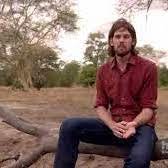
(Highlights) ROB PRINGLE
“For nature and natural beauty to survive, people have to want it. If they don’t ever experience it, why should they want it? What could you see of value in it, something that you not only have never experienced but don’t ever expect to. We intellectually know that the Amazon is an important thing because it stores carbon and it’s home to many species, but I’ve been there. That’s a different thing entirely to be able to appreciate it on that level and care about it for the sheer beauty and magic
Jan 14, 2022 • 7:42

Rob Pringle · Ecology & Evolutionary Biology Professor Princeton University · Pringle Lab (Highlights)
“For nature and natural beauty to survive, people have to want it. If they don’t ever experience it, why should they want it? What could you see of value in it, something that you not only have never experienced but don’t ever expect to. We intellectually know that the Amazon is an important thing because it stores carbon and it’s home to many species, but I’ve been there. That’s a different thing entirely to be able to appreciate it on that level and care about it for the sheer beauty and magic
Jan 14, 2022 • 0:00
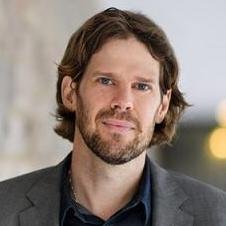
ROB PRINGLE
Rob Pringle is a professor of ecology, biodiversity, and conservation at Princeton University. He’s fascinated by nearly all facets of ecology and conservation and his research in his lab addresses a correspondingly broad sweep of questions. His work on these questions is motivated by curiosity. The questions are united by a single goal: to understand how wild ecosystems work by studying their modular components and emergent properties.· https://pringle.princeton.edu· www.oneplanetpodcast.org ·
Jan 14, 2022 • 41:36
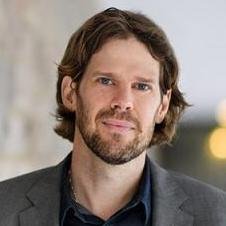
Rob Pringle · Ecology & Evolutionary Biology Professor Princeton University · Pringle Lab (41 mins)
Rob Pringle is a professor of ecology, biodiversity, and conservation at Princeton University. He’s fascinated by nearly all facets of ecology and conservation and his research in his lab addresses a correspondingly broad sweep of questions. His work on these questions is motivated by curiosity. The questions are united by a single goal: to understand how wild ecosystems work by studying their modular components and emergent properties.· https://pringle.princeton.edu· www.oneplanetpodcast.org ·
Jan 14, 2022 • 0:00

Seth M. Siegel · Entrepreneur, Public Speaker & NYTimes Bestselling Author of Let There Be Water: Israel’s Solution for a Water-Starved World, Troubled Water: What's Wrong with What We Drink, & Other People’s Words (Highlights)
“On average in advanced societies, about 70% of freshwater that’s consumed is consumed by agriculture. In less developed countries, sometimes as high as 95% of the freshwater goes to agriculture, which means that you’re depleting the amount of water available for the environment. You’re depleting amount of groundwater to preserve for the future, especially in dry times, and it creates a stress for the future…What are you going to do when you have hundreds of millions of water refugees coming fro
Jan 1, 2022 • 0:00
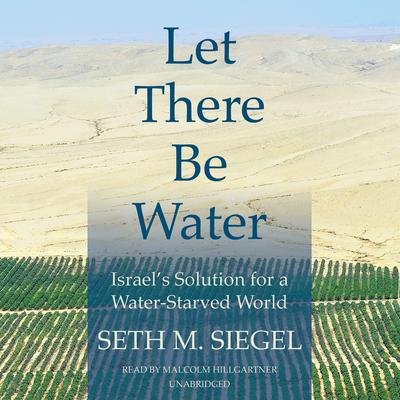
(Highlights) SETH M. SIEGEL
“On average in advanced societies, about 70% of freshwater that’s consumed is consumed by agriculture. In less developed countries, sometimes as high as 95% of the freshwater goes to agriculture, which means that you’re depleting the amount of water available for the environment. You’re depleting amount of groundwater to preserve for the future, especially in dry times, and it creates a stress for the future…What are you going to do when you have hundreds of millions of water refugees coming fro
Jan 1, 2022 • 11:11

Seth M. Siegel · Entrepreneur, Public Speaker & NYTimes Bestselling Author of Let There Be Water: Israel’s Solution for a Water-Starved World, Troubled Water: What's Wrong with What We Drink, & Other People’s Words (51 mins)
Seth is a lawyer, activist, entrepreneur, public speaker and New York Times Bestselling Author. He is an expert in water management and conservation. His first book Let There Be Water: Israel’s Solution for a Water-Starved World talks about how a government in one of the driest regions in the world revolutionised water managed. His second book Troubled Water: What's Wrong with What We Drink, presented an ambitious agenda for a fundamental rethinking of America’s drinking water system. Seth’s mos
Jan 1, 2022 • 0:00
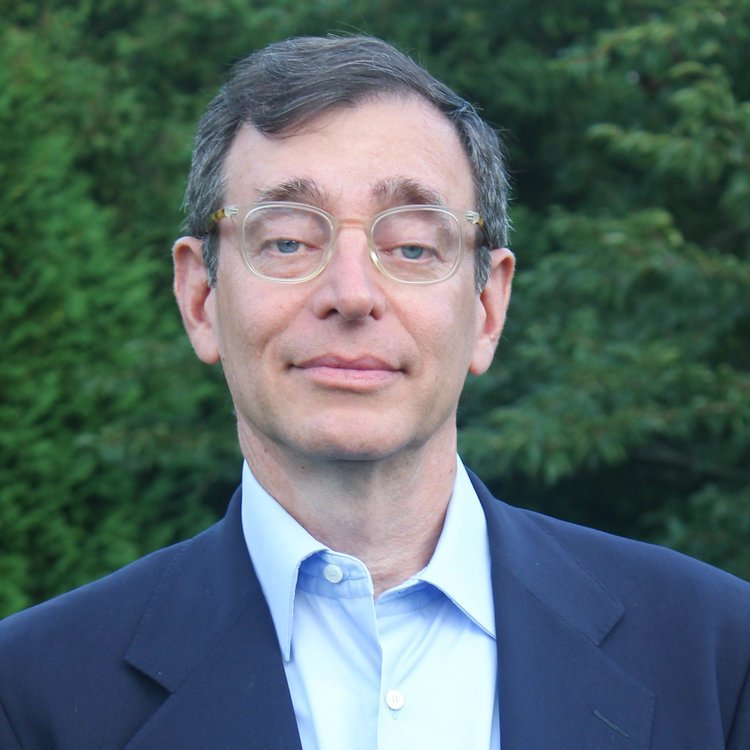
SETH M. SIEGEL
Seth is a lawyer, activist, entrepreneur, public speaker and New York Times Bestselling Author. He is an expert in water management and conservation. His first book Let There Be Water: Israel’s Solution for a Water-Starved World talks about how a government in one of the driest regions in the world revolutionised water managed. His second book Troubled Water: What's Wrong with What We Drink, presented an ambitious agenda for a fundamental rethinking of America’s drinking water system. Seth’s mos
Jan 1, 2022 • 51:24
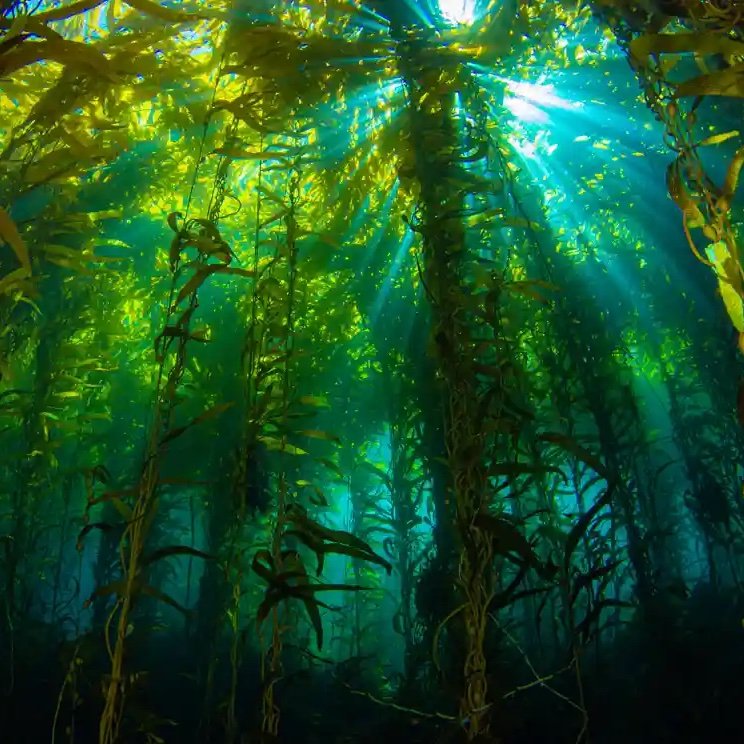
(Highlights) BRIAN WILCOX
“The kelp plant itself can grow to 30 meters easily, and sometimes 40 meters, so it’s a huge plant…When people look around the world today, seeing the news, making the world a better place is getting increasingly important. People have to pay attention to what they can do as individuals to make the world a better place. The world is not going to become a good place on its own. If there weren’t for thousands and millions of people, phenomenal sacrifices that people make. When you see what some pe
Dec 26, 2021 • 14:02

Brian Wilcox · Chief Engineer & Co-founder of Marine BioEnergy that Grows Kelp in the Ocean to Provide Carbon-neutral Fuels (Highlights)
“The kelp plant itself can grow to 30 meters easily, and sometimes 40 meters, so it’s a huge plant…When people look around the world today, seeing the news, making the world a better place is getting increasingly important. People have to pay attention to what they can do as individuals to make the world a better place. The world is not going to become a good place on its own. If there weren’t for thousands and millions of people, phenomenal sacrifices that people make. When you see what some pe
Dec 26, 2021 • 0:00
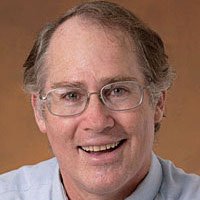
Brian Wilcox · Chief Engineer & Co-founder of Marine BioEnergy that Grows Kelp in the Ocean to Provide Carbon-neutral Fuels (44 mins)
Brian Wilcox is the chief engineer and co-founder of Marine BioEnergy, Inc. Marine BioEnergy was founded to grow plants in the open ocean to provide carbon-neutral fuels so that eventually fossil fuel use can be eliminated. Previously, Brian spent 38 years at the Jet Propulsion Laboratory working on robots for planetary exploration and other extreme environments. At NASA, he was the Supervisor of the Robotic Vehicles Group for over 20 years, and Manager of the Space Robotics Technology Program
Dec 26, 2021 • 0:00
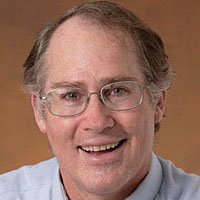
BRIAN WILCOX
Brian Wilcox is the chief engineer and co-founder of Marine BioEnergy, Inc. Marine BioEnergy was founded to grow plants in the open ocean to provide carbon-neutral fuels so that eventually fossil fuel use can be eliminated. Previously, Brian spent 38 years at the Jet Propulsion Laboratory working on robots for planetary exploration and other extreme environments. At NASA, he was the Supervisor of the Robotic Vehicles Group for over 20 years, and Manager of the Space Robotics Technology Program
Dec 26, 2021 • 44:40
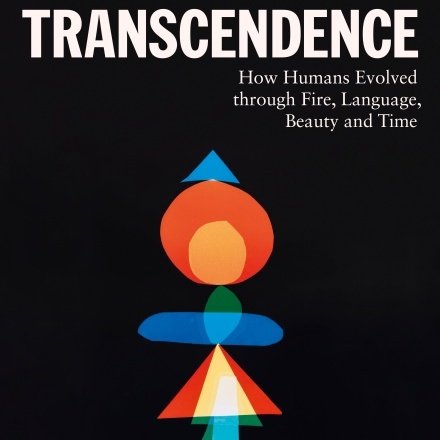
Gaia Vince · Science Writer, Broadcaster & Author of Transcendence, & Adventures in the Anthropocene (Highlights)
“The good thing about our species is that we create our own environment. What we’ve been doing so far is creating an environment where we’re much more successful. We live a lot longer, we’re much healthier than we have been in the past. There are many, many more of us, so we’re very successful as a species and that’s been at the expense of other ecosystems, but what’s happened is we are now dominating the planet to a dangerous degree, but we are also self-aware. We’re capable of understanding th
Dec 21, 2021 • 0:00
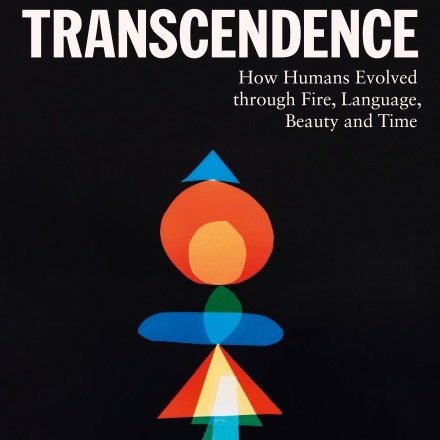
(Highlights) GAIA VINCE
“The good thing about our species is that we create our own environment. What we’ve been doing so far is creating an environment where we’re much more successful. We live a lot longer, we’re much healthier than we have been in the past. There are many, many more of us, so we’re very successful as a species and that’s been at the expense of other ecosystems, but what’s happened is we are now dominating the planet to a dangerous degree, but we are also self-aware. We’re capable of understanding th
Dec 21, 2021 • 12:14
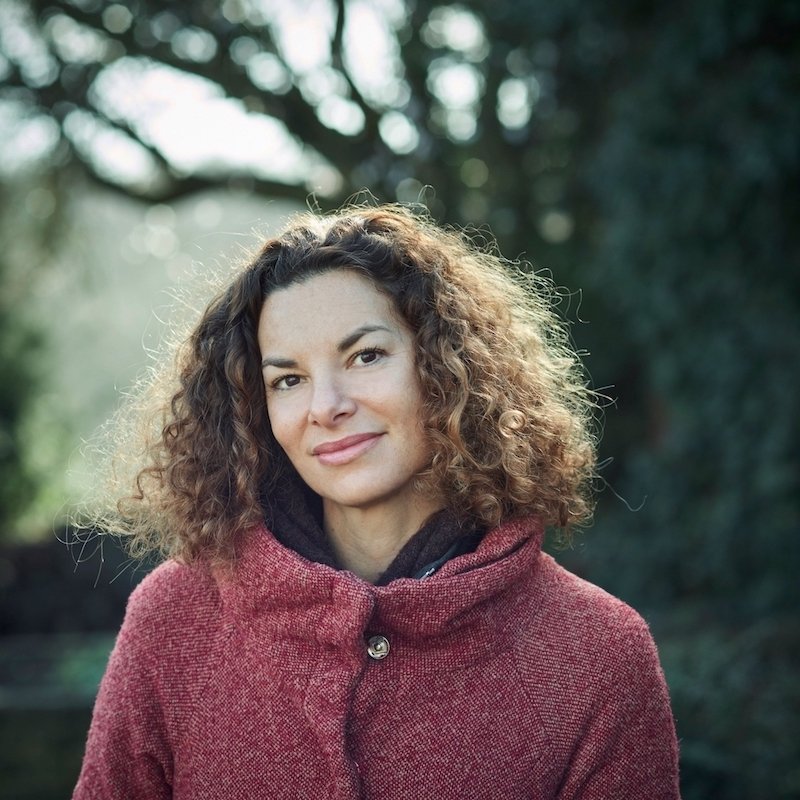
GAIA VINCE
Gaia Vince is a science writer and broadcaster interested in the interplay between humans and the planetary environment. She has held senior editorial posts at Nature and New Scientist, and her writing has featured in newspapers and magazines including the Guardian, The Times and Scientific American. She also writes and presents science programmes for radio and television. Her research takes her across the world: she has visited more than 60 countries, lived in three and is currently based in Lo
Dec 21, 2021 • 38:51
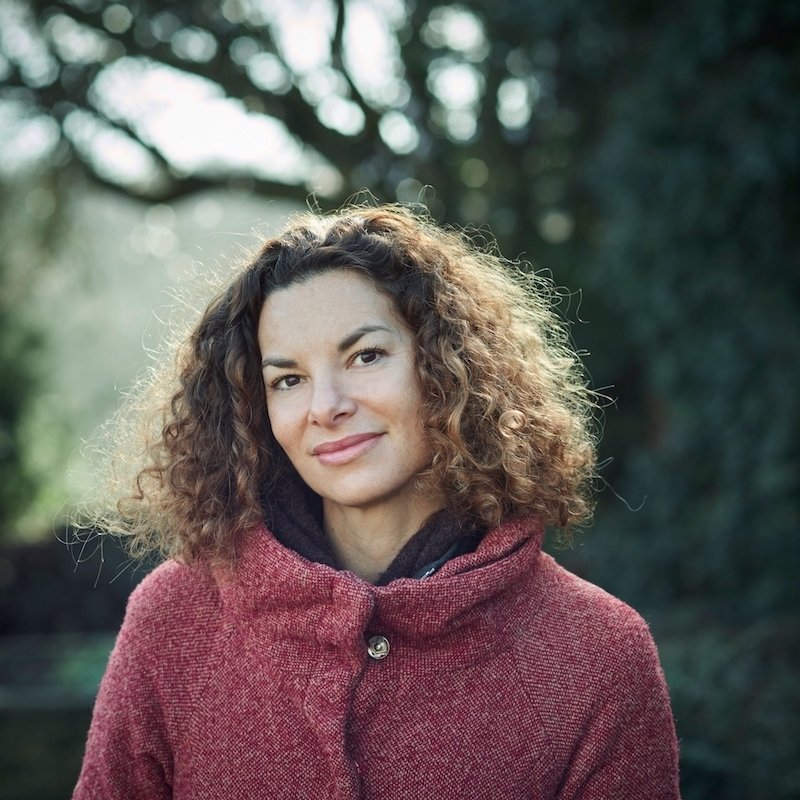
Gaia Vince · Science Writer, Broadcaster & Author of Transcendence, & Adventures in the Anthropocene (39 mins)
Gaia Vince is a science writer and broadcaster interested in the interplay between humans and the planetary environment. She has held senior editorial posts at Nature and New Scientist, and her writing has featured in newspapers and magazines including the Guardian, The Times and Scientific American. She also writes and presents science programmes for radio and television. Her research takes her across the world: she has visited more than 60 countries, lived in three and is currently based in Lo
Dec 21, 2021 • 0:00
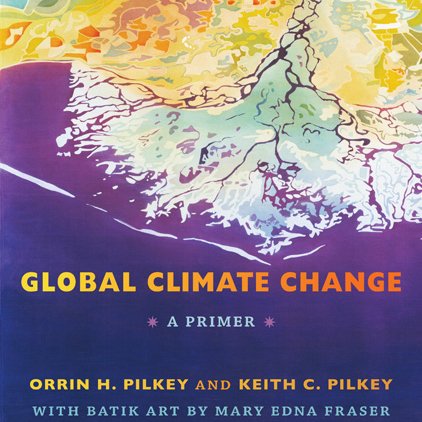
Environmental Artist Mary Edna Fraser & Prof. Emeritus Orrin H. Pilkey · Co-authors of A Celebration of the World’s Barrier Islands and Global Climate Change: A Primer (Highlights)
"I think any time we are closer to the earth, we can feel the struggles of other human beings as well. I encourage young women to find whatever it is they are passionate about and invest their entire soul in it and go for it! Because you’ll be happy if you’re passionate about your work." –Mary Edna Fraser"Southern Africa, south of the Sahara, they’re expecting within this century 200 million climate refugees. Where are they going to go? Who wants those refugees. We have the same thing happening
Dec 17, 2021 • 0:00
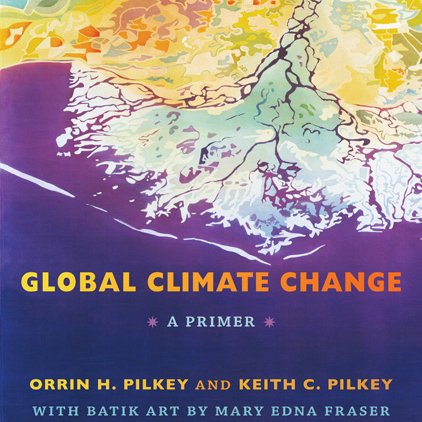
(Highlights) MARY EDNA FRASER & ORRIN H. PILKEY
"I think any time we are closer to the earth, we can feel the struggles of other human beings as well. I encourage young women to find whatever it is they are passionate about and invest their entire soul in it and go for it! Because you’ll be happy if you’re passionate about your work." –Mary Edna Fraser"Southern Africa, south of the Sahara, they’re expecting within this century 200 million climate refugees. Where are they going to go? Who wants those refugees. We have the same thing happening
Dec 17, 2021 • 14:48
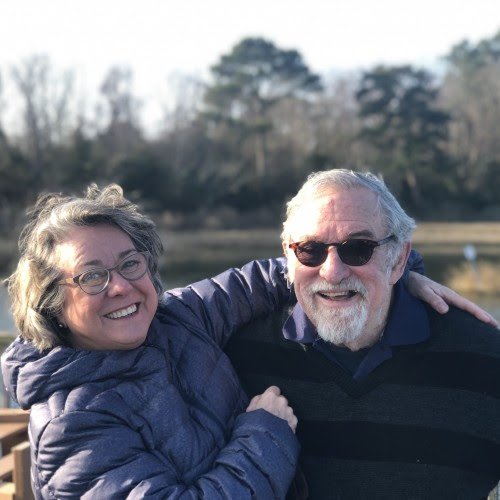
Environmental Artist Mary Edna Fraser & Prof. Emeritus Orrin H. Pilkey · Co-authors of A Celebration of the World’s Barrier Islands and Global Climate Change: A Primer (51 mins)
Duke University Professor Emeritus Orrin H. Pilkey is one of the rare academics who engages in public advocacy about science-related issues. His collaborator, Mary Edna Fraser, is an artist who highlights environmental concerns in large silk batiks and oils. They are the co-authors of A Celebration of the World’s Barrier Islands and Global Climate Change: A Primer. Their traveling exhibits, “Our Expanding Oceans” and “Shifting East Coast Barrier Islands” creatively merge science and art.· www.ma
Dec 17, 2021 • 0:00
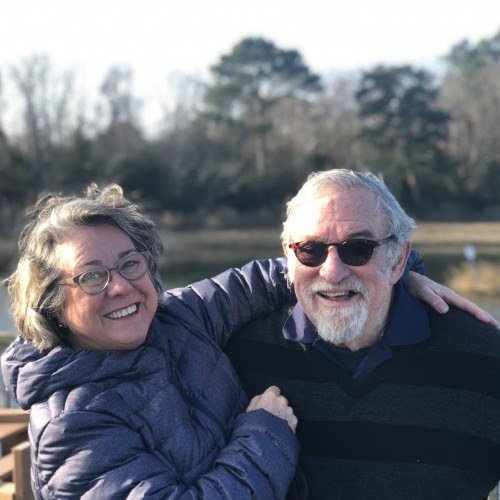
MARY EDNA FRASER & ORRIN H. PILKEY
Duke University Professor Emeritus Orrin H. Pilkey is one of the rare academics who engages in public advocacy about science-related issues. His collaborator, Mary Edna Fraser, is an artist who highlights environmental concerns in large silk batiks and oils. They are the co-authors of A Celebration of the World’s Barrier Islands and Global Climate Change: A Primer. Their traveling exhibits, “Our Expanding Oceans” and “Shifting East Coast Barrier Islands” creatively merge science and art.· www.ma
Dec 17, 2021 • 51:37
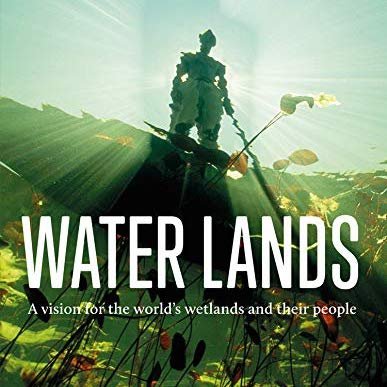
(Highlights) JANE MADGWICK
Wetlands naturally absorb twice the amount of carbon than all the world’s forests combined.“I think everybody at school learns about the water cycle. That rings a bell with everybody. Maybe this is a good hook to show the place of wetlands in capturing and purifying and the story of water. And then in turn how this links to what we’re seeing every year: droughts, floods, fires, heat waves which are devastating and life-threatening. I think this may be one of the easiest routes in educating peopl
Dec 14, 2021 • 16:54
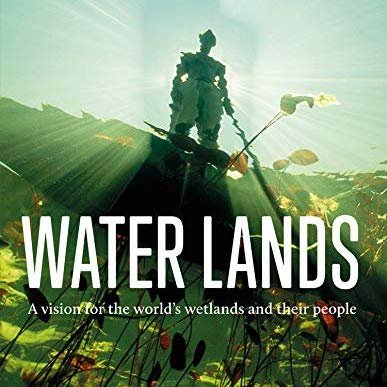
Jane Madgwick · Ecologist, CEO of Wetlands International & Co-author of Water Lands: A vision for the world’s wetlands and their people (Highlights)
Wetlands naturally absorb twice the amount of carbon than all the world’s forests combined.“I think everybody at school learns about the water cycle. That rings a bell with everybody. Maybe this is a good hook to show the place of wetlands in capturing and purifying and the story of water. And then in turn how this links to what we’re seeing every year: droughts, floods, fires, heat waves which are devastating and life-threatening. I think this may be one of the easiest routes in educating peopl
Dec 14, 2021 • 0:00
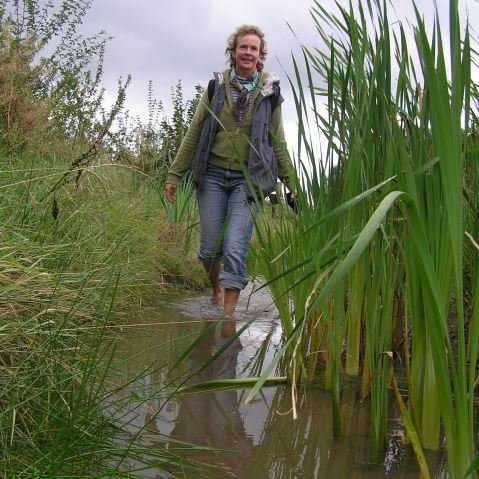
JANE MADGWICK
Jane Madgwick is an ecologist and author with 30 years of experience of working internationally on the science, policy and practice of wetlands and water management. Since 2004, she has been CEO of Wetlands International, leading a network of 20 offices operating in over 100 countries. Wetlands International works to mobilise the conservation and restoration of wetlands, connecting science, policies and practices for biodiversity, resilient communities and reduced climate risks.· www.wetlands.or
Dec 14, 2021 • 50:30
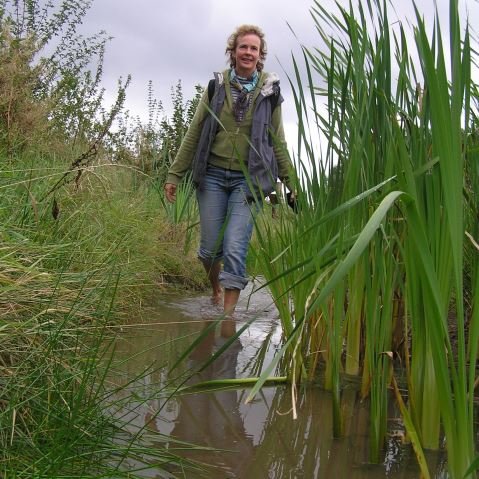
Jane Madgwick · Ecologist, CEO of Wetlands International & Co-author of Water Lands: A vision for the world’s wetlands and their people (50 mins)
Jane Madgwick is an ecologist and author with 30 years of experience of working internationally on the science, policy and practice of wetlands and water management. Since 2004, she has been CEO of Wetlands International, leading a network of 20 offices operating in over 100 countries. Wetlands International works to mobilise the conservation and restoration of wetlands, connecting science, policies and practices for biodiversity, resilient communities and reduced climate risks.· www.wetlands.or
Dec 14, 2021 • 0:00

Dr. Joeri Rogelj · Director of Research at Grantham Institute, Imperial College, Author on UN Environment Programme & Intergovernmental Panel on Climate Change (Highlights)
“A key part of how I go about doing my research is being involved in policy discussions, policy conversations, and also by following the international climate negotiations very closely. Actually, I started my research career as a part of the Presidency of the International Climate Negotiations in 2009. After that I remained an advisor to country delegations in the international negotiations, particularly small island development states or least developed countries. That really helped me to get a
Dec 10, 2021 • 0:00
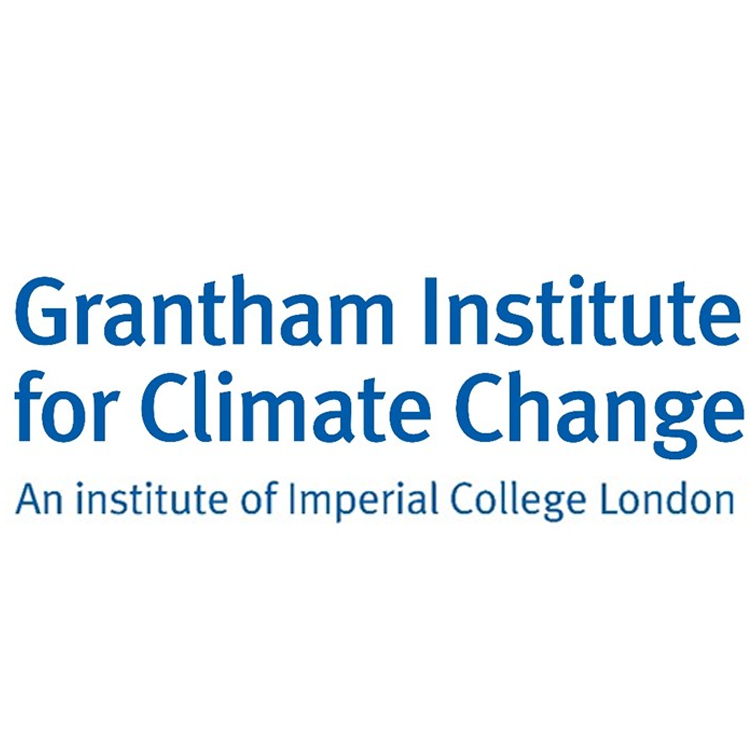
(Highlights) DR. JOERI ROGELJ
“A key part of how I go about doing my research is being involved in policy discussions, policy conversations, and also by following the international climate negotiations very closely. Actually, I started my research career as a part of the Presidency of the International Climate Negotiations in 2009. After that I remained an advisor to country delegations in the international negotiations, particularly small island development states or least developed countries. That really helped me to get a
Dec 10, 2021 • 9:54

Dr. Joeri Rogelj · Director of Research at Grantham Institute, Imperial College, Author on UN Environment Programme & Intergovernmental Panel on Climate Change (48 mins)
Dr. Joeri Rogelj is Director of Research at the Grantham Institute at Imperial College and also at the International Institute for Applied Systems Analysis. He studies how societies transform towards more sustainable futures, connecting Earth sciences to policy. He publishes on 1.5°C pathways, UN climate agreements, carbon budgets and net zero targets. He is a long-serving author on authoritative science assessment reports of the UN Environment Programme and Intergovernmental Panel on Climate Ch
Dec 10, 2021 • 0:00
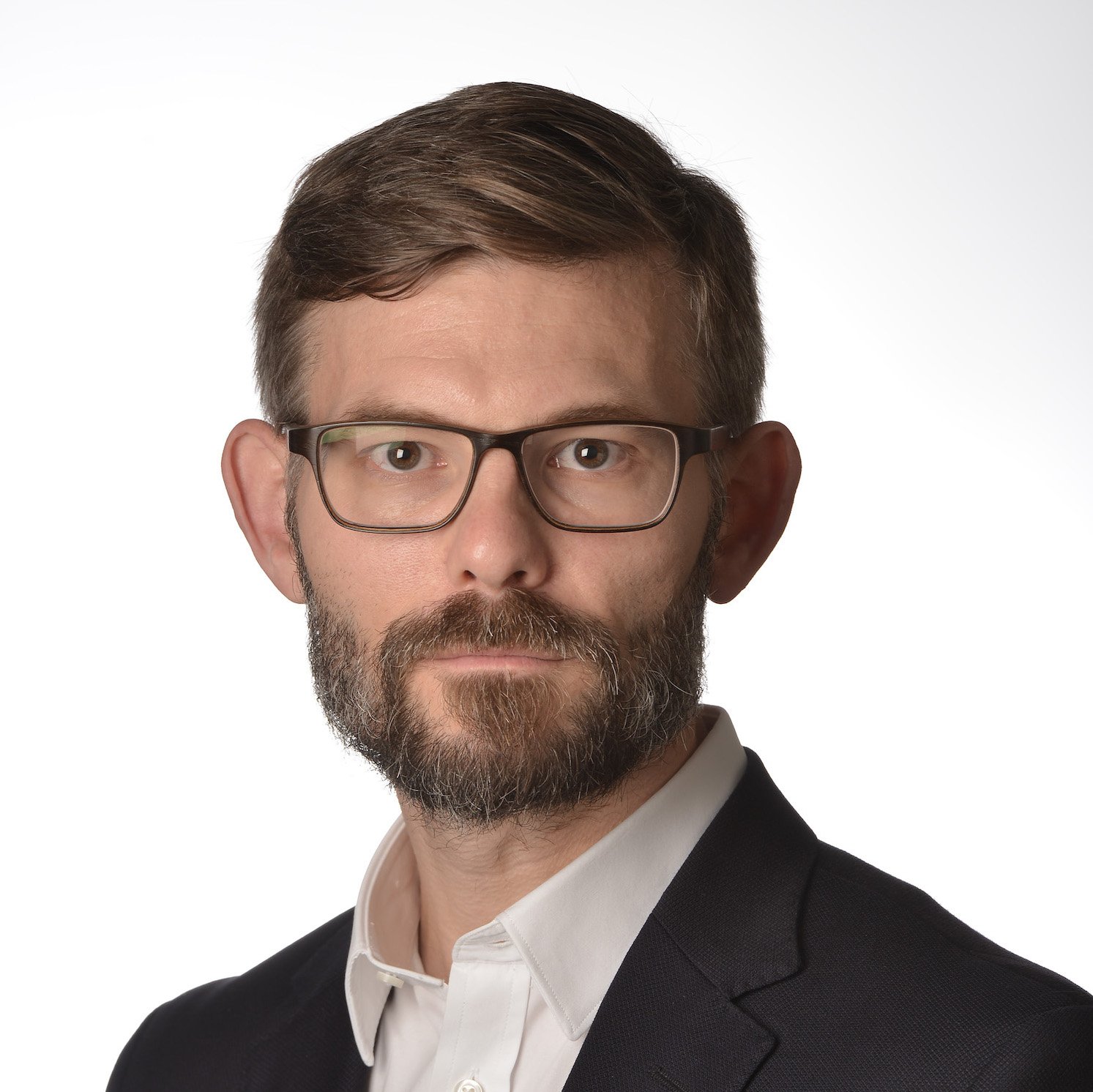
DR. JOERI ROGELJ
Dr. Joeri Rogelj is Director of Research at the Grantham Institute at Imperial College and also at the International Institute for Applied Systems Analysis. He studies how societies transform towards more sustainable futures, connecting Earth sciences to policy. He publishes on 1.5°C pathways, UN climate agreements, carbon budgets and net zero targets. He is a long-serving author on authoritative science assessment reports of the UN Environment Programme and Intergovernmental Panel on Climate Ch
Dec 10, 2021 • 48:18
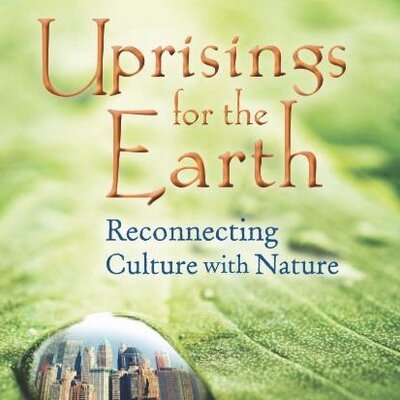
Osprey Orielle Lake · Founder & Executive Director of the Women's Earth & Climate Action Network International, Author of Uprisings for the Earth” & Artist (Highlights)
“There’s a wide range of reasons that we really need to understand the root causes of a lot of our social ills and environmental ills. I think we need to continue to come back to this question of how we heal this imposed divide between the natural world and human social constructs. And that healing is key to how we’re going to really unwind the perilous moment that we face right now. How do we reconnect with the natural world? Not just intellectually, but in a very embodied way.”Osprey Orielle L
Dec 7, 2021 • 0:00
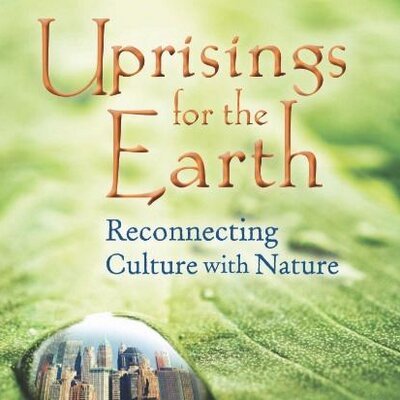
(Highlights) OSPREY ORIELLE LAKE
“There’s a wide range of reasons that we really need to understand the root causes of a lot of our social ills and environmental ills. I think we need to continue to come back to this question of how we heal this imposed divide between the natural world and human social constructs. And that healing is key to how we’re going to really unwind the perilous moment that we face right now. How do we reconnect with the natural world? Not just intellectually, but in a very embodied way.”Osprey Orielle L
Dec 7, 2021 • 9:56
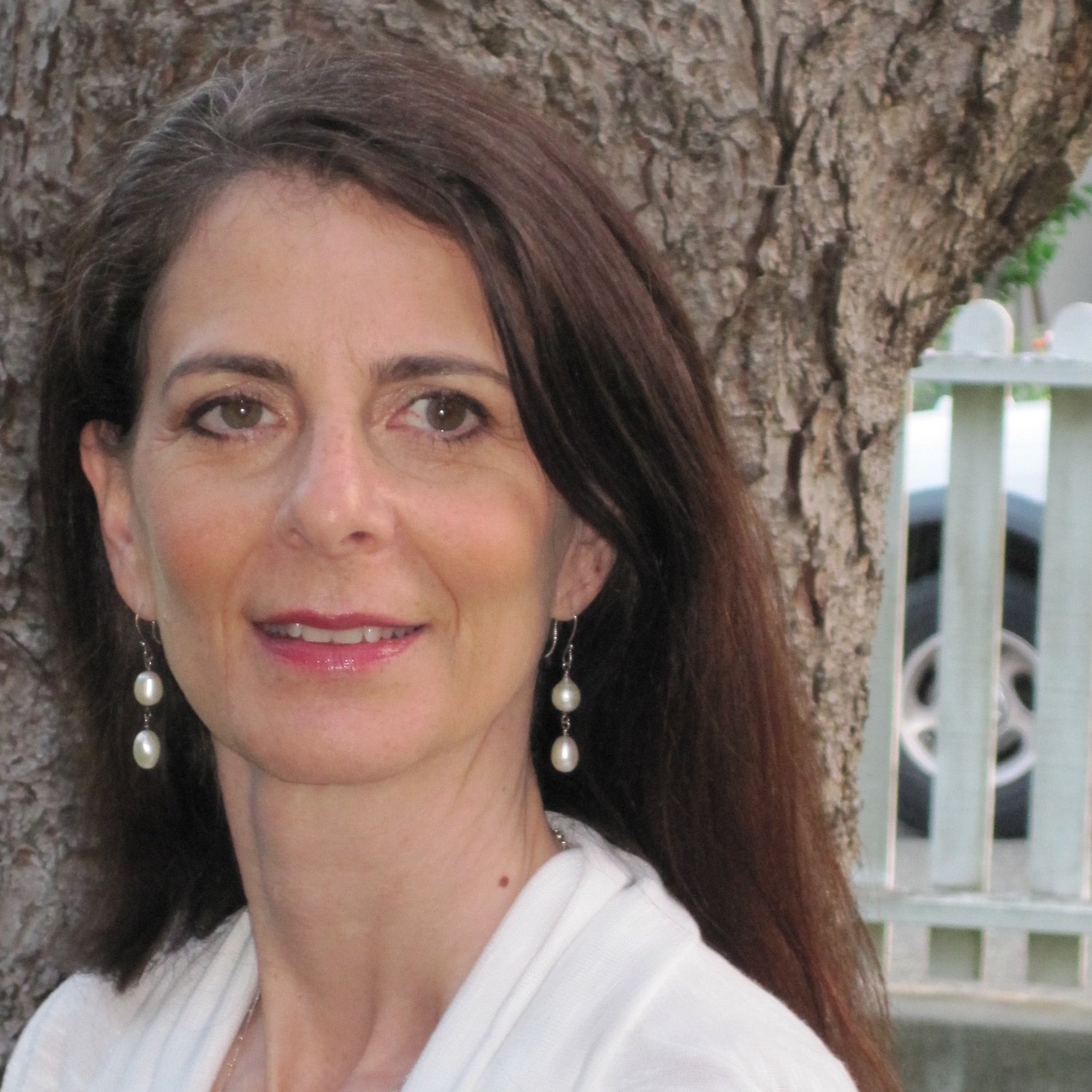
OSPREY ORIELLE LAKE
Osprey Orielle Lake is the Founder and Executive Director of the Women's Earth and Climate Action Network (WECAN) International dedicated to accelerating a global women’s climate justice movement. She works nationally and internationally with grassroots and Indigenous leaders, policy-makers and scientists to promote climate justice, resilient communities, and a just transition to a decentralized, democratized energy future. She serves on the Executive Committee for the Global Alliance for the Ri
Dec 7, 2021 • 50:10
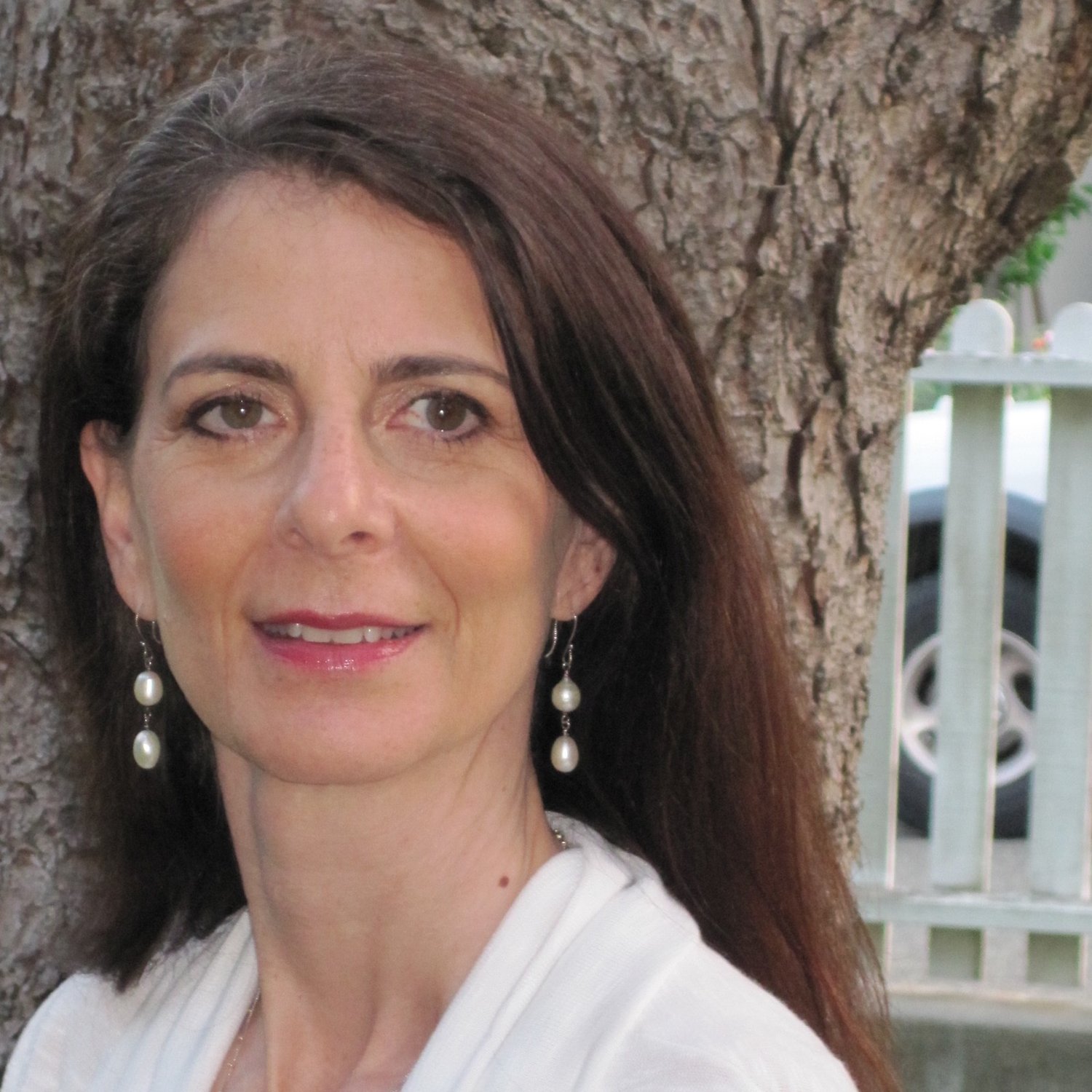
Osprey Orielle Lake · Founder & Executive Director of the Women's Earth & Climate Action Network International, Author of Uprisings for the Earth” & Artist (50 mins)
Osprey Orielle Lake is the Founder and Executive Director of the Women's Earth and Climate Action Network (WECAN) International dedicated to accelerating a global women’s climate justice movement. She works nationally and internationally with grassroots and Indigenous leaders, policy-makers and scientists to promote climate justice, resilient communities, and a just transition to a decentralized, democratized energy future. She serves on the Executive Committee for the Global Alliance for the Ri
Dec 7, 2021 • 0:00
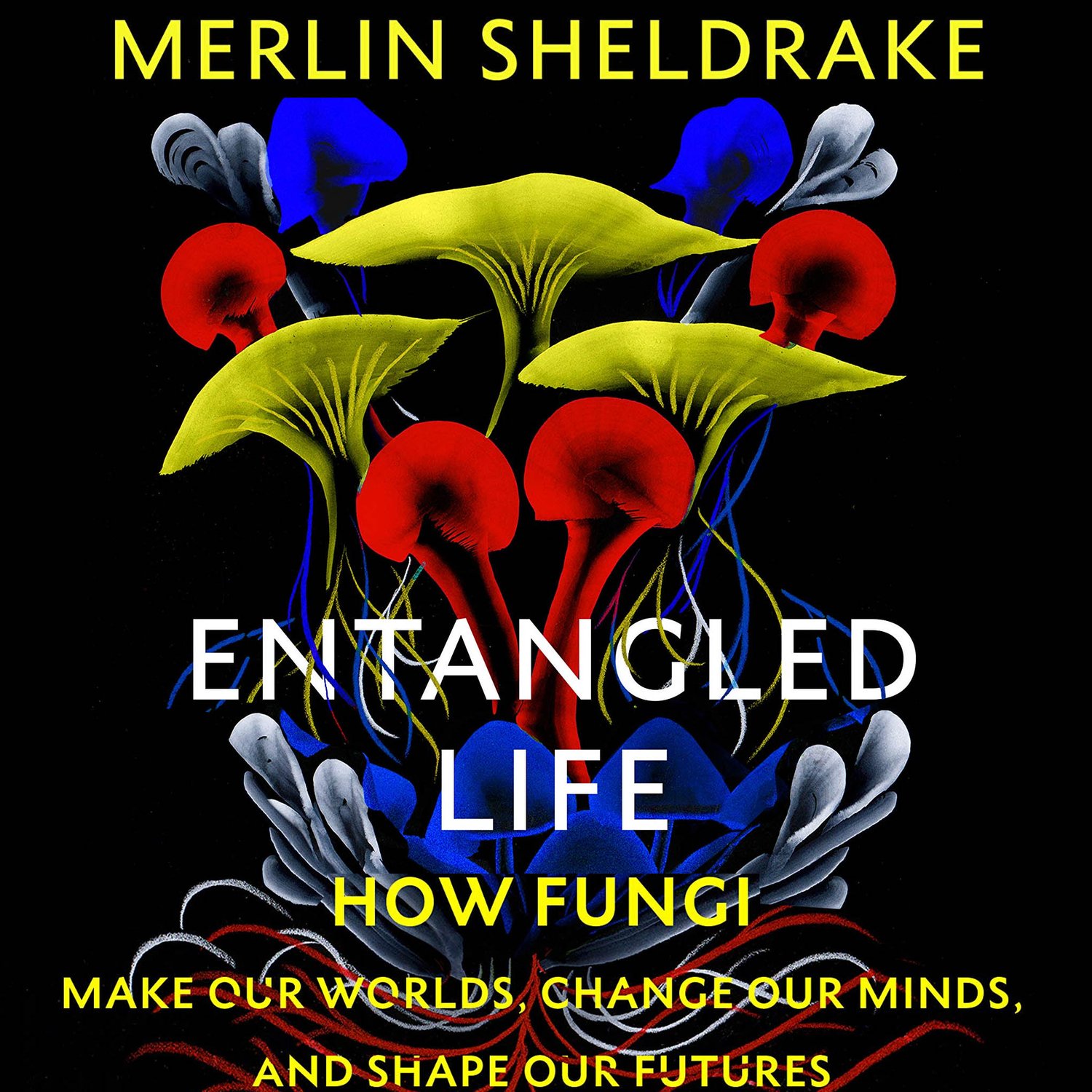
(Highlights) MERLIN SHELDRAKE
"Humans have been partnering with fungi for an unknowably long time, no doubt for longer than we’ve been humans. Whether as foods, eating mushrooms, as medicines, dosing ourselves with moulds and other mushrooms that might help, parasites or others helpers with infection, mushrooms as tinder or ways to carry a spark, this very important thing that humans needed to do for a very long time, and as agents of fermentation, as in yeasts creating alcohol. So humans have partnered with fungi to solve a
Dec 6, 2021 • 17:53
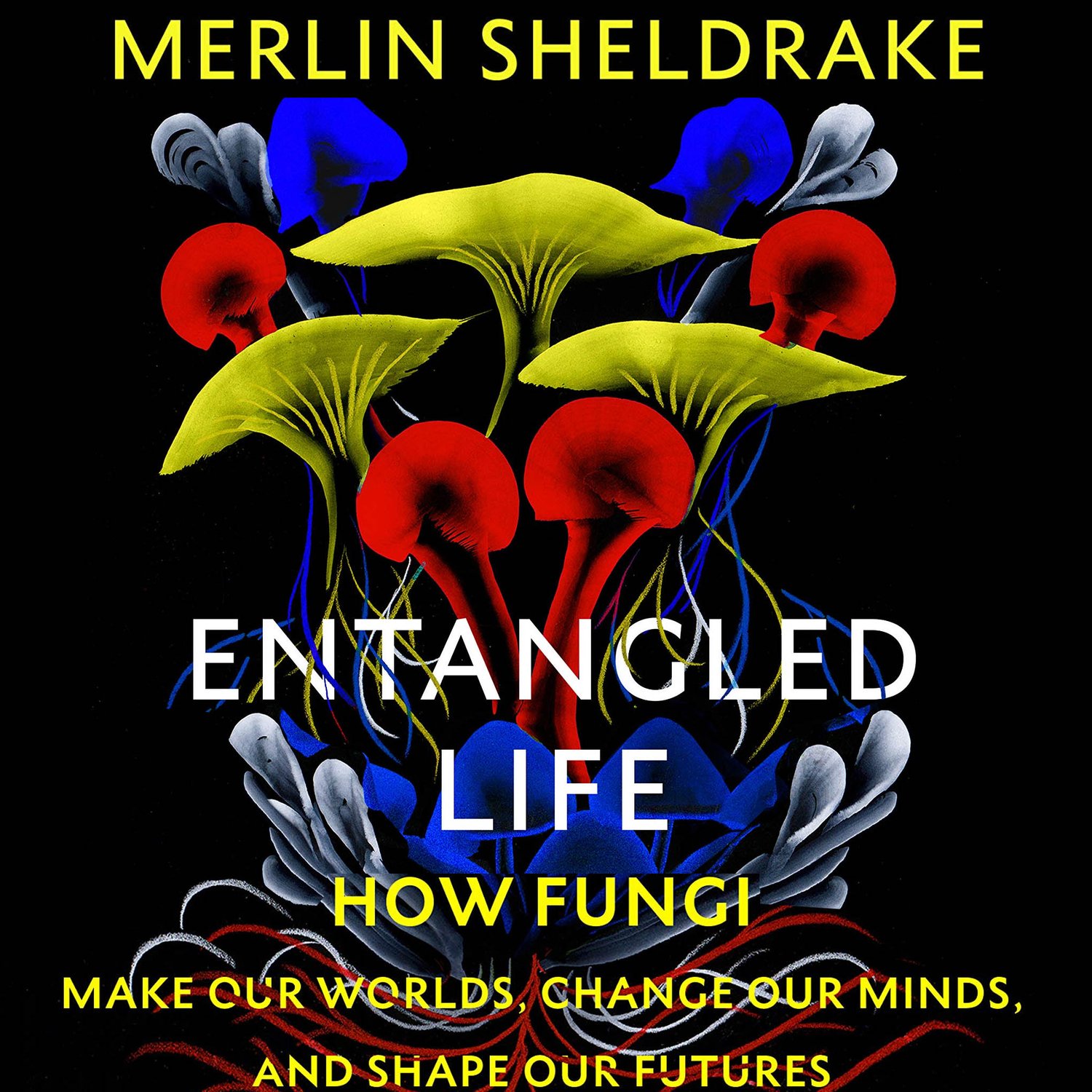
Merlin Sheldrake · Biologist & Bestselling Author of Entangled Life: How Fungi Make Our Worlds, Change Our Minds, and Shape Our Futures, Winner of the Wainwright Prize 2021 (Highlights)
"Humans have been partnering with fungi for an unknowably long time, no doubt for longer than we’ve been humans. Whether as foods, eating mushrooms, as medicines, dosing ourselves with moulds and other mushrooms that might help, parasites or others helpers with infection, mushrooms as tinder or ways to carry a spark, this very important thing that humans needed to do for a very long time, and as agents of fermentation, as in yeasts creating alcohol. So humans have partnered with fungi to solve a
Dec 6, 2021 • 0:00
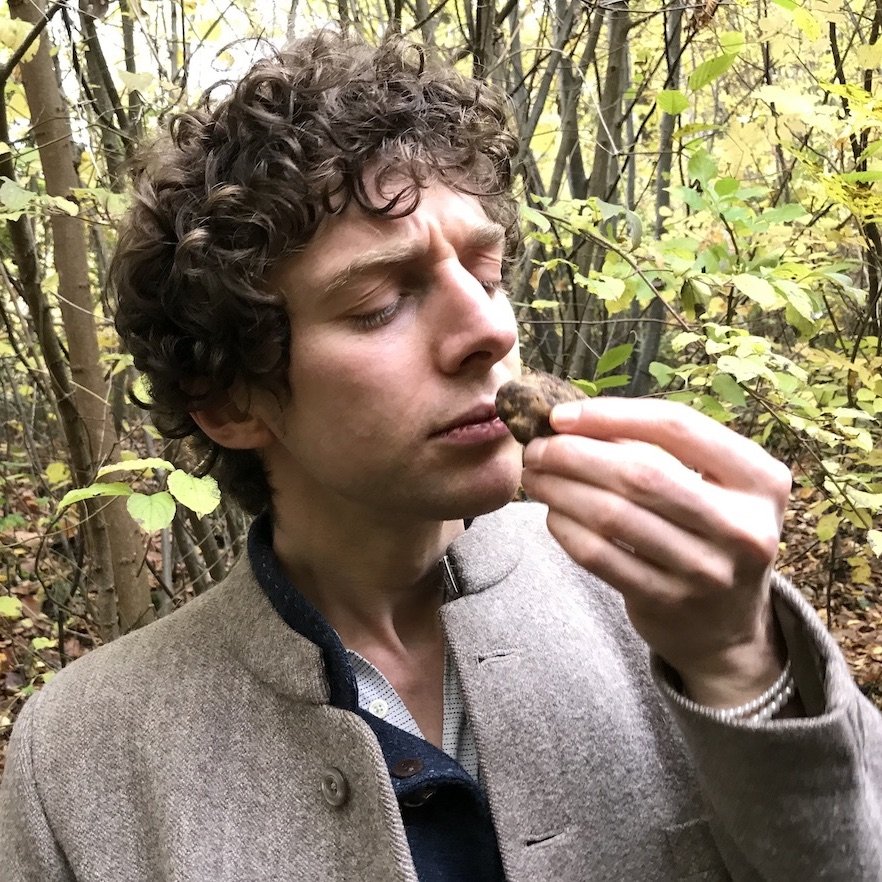
Merlin Sheldrake · Biologist & Bestselling Author of Entangled Life: How Fungi Make Our Worlds, Change Our Minds, and Shape Our Futures, Winner of the Wainwright Prize 2021 (30 mins)
Merlin Sheldrake is a biologist and bestselling author of Entangled Life: How Fungi Make Our Worlds, Change Our Minds, and Shape Our Futures. Merlin received a Ph.D. in tropical ecology from Cambridge University for his work on underground fungal networks in tropical forests in Panama, where he was a predoctoral research fellow of the Smithsonian Tropical Research Institute. Entangled Life won the Wainwright Prize 2021, and has been nominated for a number of other prizes. Merlin is a research as
Dec 6, 2021 • 0:00

MERLIN SHELDRAKE
Merlin Sheldrake is a biologist and bestselling author of Entangled Life: How Fungi Make Our Worlds, Change Our Minds, and Shape Our Futures. Merlin received a Ph.D. in tropical ecology from Cambridge University for his work on underground fungal networks in tropical forests in Panama, where he was a predoctoral research fellow of the Smithsonian Tropical Research Institute. Entangled Life won the Wainwright Prize 2021, and has been nominated for a number of other prizes. Merlin is a research as
Dec 6, 2021 • 30:52
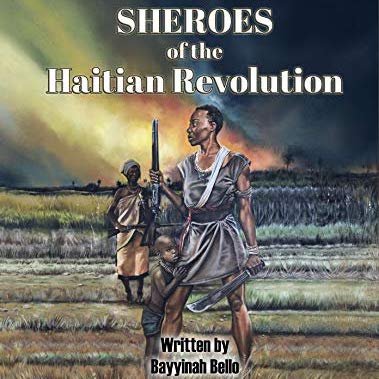
(Highlights) PROF. BAYYINAH BELLO
Professor Bayyinah Bello is a Afrodescendant Ourstorian, Educator, Writer and Humanitarian. With over 50 years of wisdom and extensive research, Professor Bello specializes in Ayitian Ourstory and linguistics. She has taught in many parts of Africa, Ayiti, and America from the primary to the university level, including the State University of Haiti. She is the founder of Fondation Marie-Claire Heureuse Félicité Bonheur Dessalines, popularly known as FONDASYON FELICITEE (FF), named after the Empr
Dec 3, 2021 • 17:12
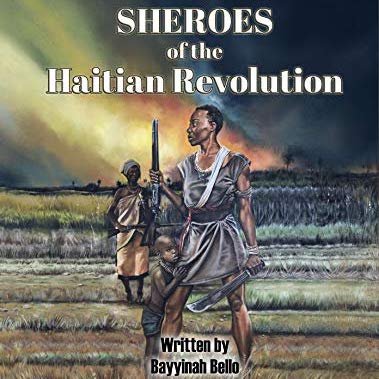
Prof. Bayyinah Bello · Founder of Fondasyon Felicitee · Afrodescendant Ourstorian, Educator, Writer & Humanitarian (Highlights)
Professor Bayyinah Bello is a Afrodescendant Ourstorian, Educator, Writer and Humanitarian. With over 50 years of wisdom and extensive research, Professor Bello specializes in Ayitian Ourstory and linguistics. She has taught in many parts of Africa, Ayiti, and America from the primary to the university level, including the State University of Haiti. She is the founder of Fondation Marie-Claire Heureuse Félicité Bonheur Dessalines, popularly known as FONDASYON FELICITEE (FF), named after the Empr
Dec 3, 2021 • 0:00
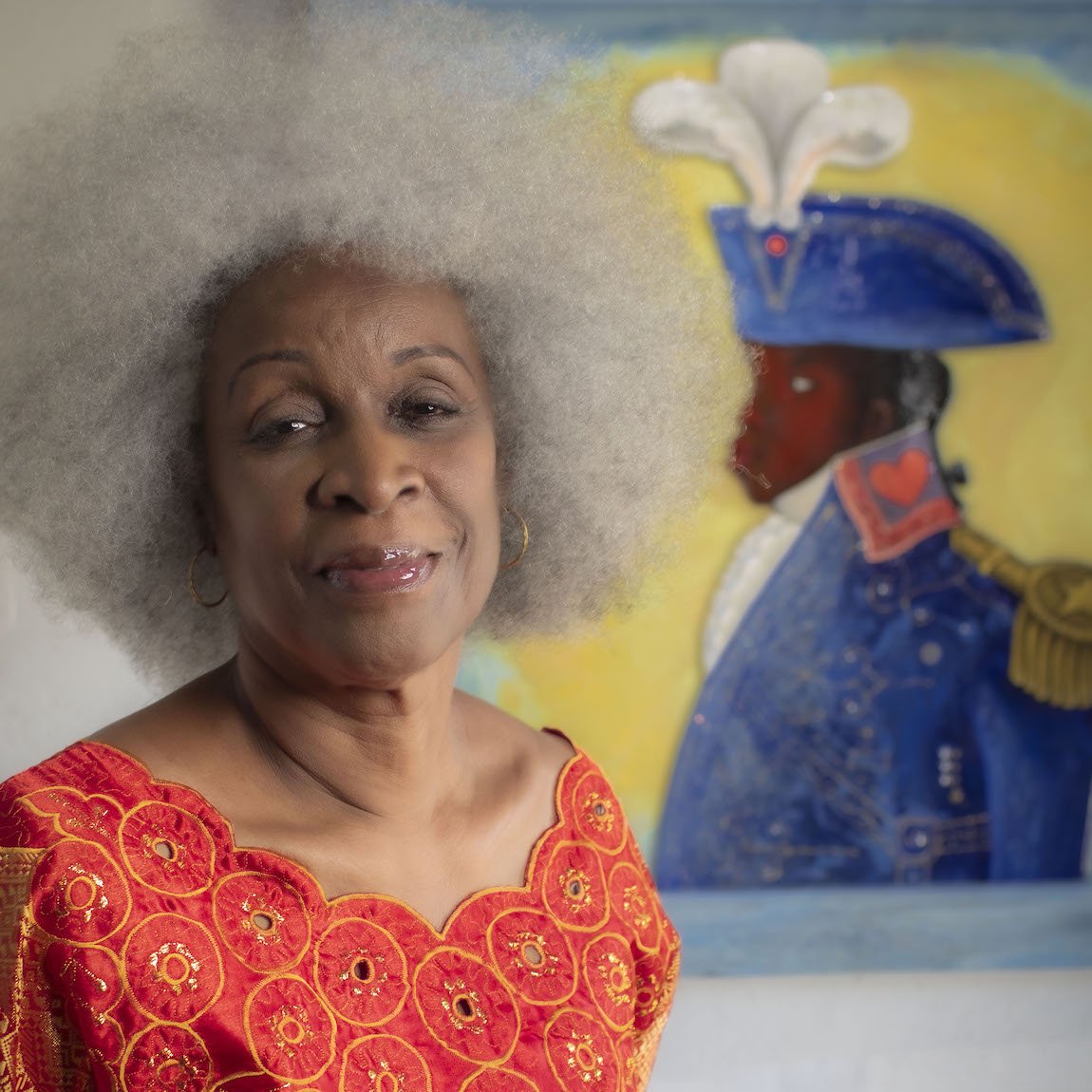
Prof. Bayyinah Bello · Founder of Fondasyon Felicitee · Afrodescendant Ourstorian, Educator, Writer & Humanitarian (60 mins)
Professor Bayyinah Bello is a Afrodescendant Ourstorian, Educator, Writer and Humanitarian. With over 50 years of wisdom and extensive research, Professor Bello specializes in Ayitian Ourstory and linguistics. She has taught in many parts of Africa, Ayiti, and America from the primary to the university level, including the State University of Haiti. She is the founder of Fondation Marie-Claire Heureuse Félicité Bonheur Dessalines, popularly known as FONDASYON FELICITEE (FF), named after the Empr
Dec 3, 2021 • 0:00
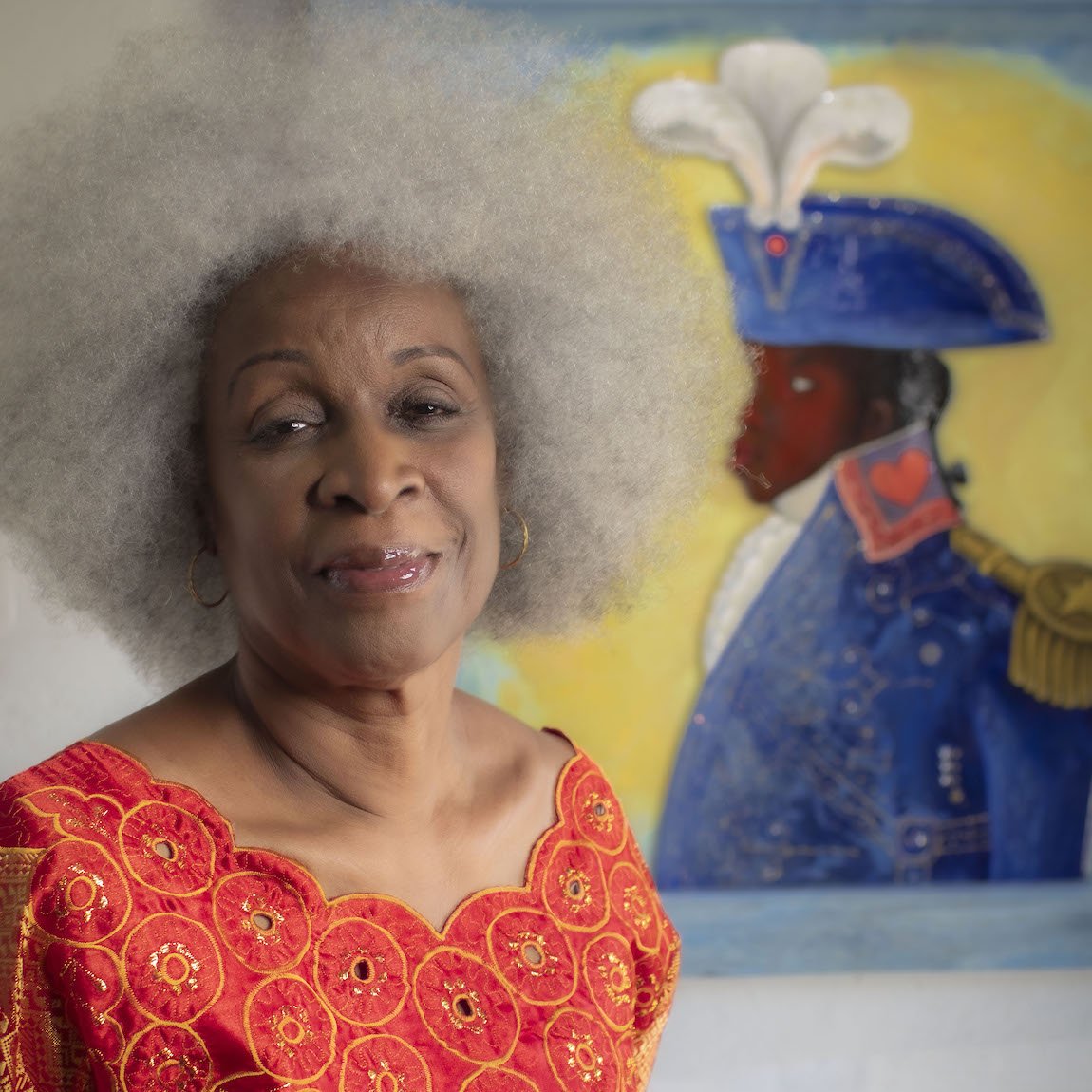
PROF. BAYYINAH BELLO
Professor Bayyinah Bello is a Afrodescendant Ourstorian, Educator, Writer and Humanitarian. With over 50 years of wisdom and extensive research, Professor Bello specializes in Ayitian Ourstory and linguistics. She has taught in many parts of Africa, Ayiti, and America from the primary to the university level, including the State University of Haiti. She is the founder of Fondation Marie-Claire Heureuse Félicité Bonheur Dessalines, popularly known as FONDASYON FELICITEE (FF), named after the Empr
Dec 3, 2021 • 1:00:42

Merlin Sheldrake · Biologist & Bestselling Author of Entangled Life: How Fungi Make Our Worlds, Change Our Minds, and Shape Our Futures, Winner of the Wainwright Prize 2021 (30 mins)
Merlin Sheldrake is a biologist and bestselling author of Entangled Life: How Fungi Make Our Worlds, Change Our Minds, and Shape Our Futures. Merlin received a Ph.D. in tropical ecology from Cambridge University for his work on underground fungal networks in tropical forests in Panama, where he was a predoctoral research fellow of the Smithsonian Tropical Research Institute. Entangled Life won the Wainwright Prize 2021, and has been nominated for a number of other prizes. Merlin is a research as
Nov 30, 2021 • 0:00
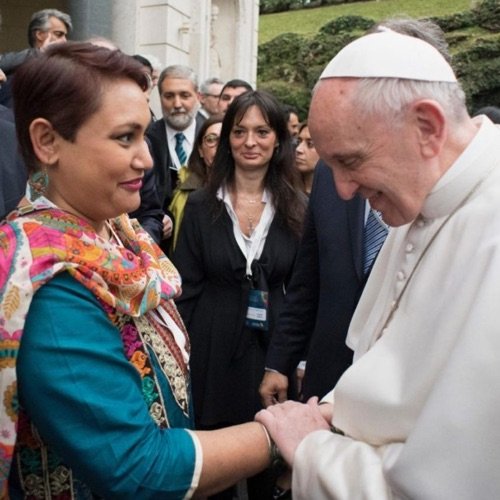
(Highlights) DR. FARHANA SULTANA
“We are always students. We are students of the earth. We need to do better and we can do better because the capacity of the human spirit is quite expansive and we owe it to future generations to do the best we can do while we can…It’s about who is at the table or rather what is the table, meaning what are the terms of the debate. Setting the terms of the debate, but how do we even know what the terms of the debate are, who is being included, who is being heeded, and part of that is, therefore,
Nov 26, 2021 • 11:04

Dr. Farhana Sultana · Co-author: Water Politics: Governance, Justice & the Right to Water, Fmr. Programme Officer, United Nations Development Programme (Highlights)
“We are always students. We are students of the earth. We need to do better and we can do better because the capacity of the human spirit is quite expansive and we owe it to future generations to do the best we can do while we can…It’s about who is at the table or rather what is the table, meaning what are the terms of the debate. Setting the terms of the debate, but how do we even know what the terms of the debate are, who is being included, who is being heeded, and part of that is, therefore,
Nov 26, 2021 • 0:00

Dr. Farhana Sultana · Co-author: Water Politics: Governance, Justice & the Right to Water, Fmr. Programme Officer, United Nations Development Programme (Highlights)
Dr. Farhana Sultana is an Associate Professor in the Department of Geography and the Environment at the Maxwell School of Citizenship and Public Affairs of Syracuse University, where she is also the Research Director for Environmental Collaboration and Conflicts at the Program for the Advancement of Research on Conflicts and Collaboration (PARCC).Dr. Sultana is an internationally recognized interdisciplinary scholar of political ecology, water governance, post‐colonial development, social and en
Nov 26, 2021 • 0:00

Dr. Farhana Sultana · Co-author: Water Politics: Governance, Justice & the Right to Water, Fmr. UNDP Programme Officer, United Nations Development Programme (53 mins)
Dr. Farhana Sultana is an Associate Professor in the Department of Geography and the Environment at the Maxwell School of Citizenship and Public Affairs of Syracuse University, where she is also the Research Director for Environmental Collaboration and Conflicts at the Program for the Advancement of Research on Conflicts and Collaboration (PARCC).Dr. Sultana is an internationally recognized interdisciplinary scholar of political ecology, water governance, post‐colonial development, social and en
Nov 26, 2021 • 0:00
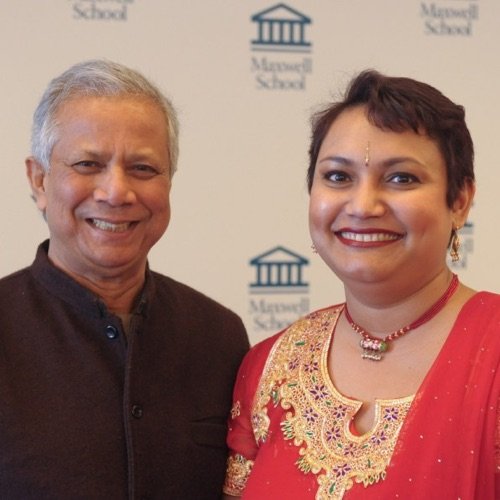
DR. FARHANA SULTANA
Dr. Farhana Sultana is an Associate Professor in the Department of Geography and the Environment at the Maxwell School of Citizenship and Public Affairs of Syracuse University, where she is also the Research Director for Environmental Collaboration and Conflicts at the Program for the Advancement of Research on Conflicts and Collaboration (PARCC).Dr. Sultana is an internationally recognized interdisciplinary scholar of political ecology, water governance, post‐colonial development, social and en
Nov 26, 2021 • 53:43
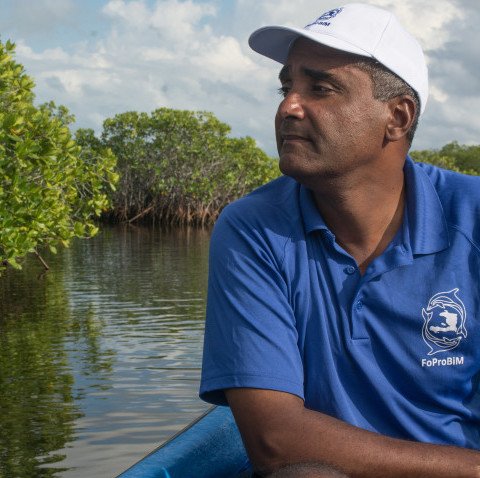
(Highlights) JEAN WEINER
“We’re coming out of one of the worst times for resource exploitation, waste and everything related to that waste of resources, so trying to set the example, especially for my kids, recycling, trying to be reasonable about purchasing things, about where things end up after you’re done using them, just in general being careful about what you do, what impacts there are down the line. Even for them already, they’re 18 and 20 now–What are you going to do to try to protect the planet for your kids? A
Nov 25, 2021 • 11:33

Jean Weiner · Goldman Environment Prize-winning Founder of Fondation pour la Protection de la Biodiversité Marine in Haiti (Highlights)
“We’re coming out of one of the worst times for resource exploitation, waste and everything related to that waste of resources, so trying to set the example, especially for my kids, recycling, trying to be reasonable about purchasing things, about where things end up after you’re done using them, just in general being careful about what you do, what impacts there are down the line. Even for them already, they’re 18 and 20 now–What are you going to do to try to protect the planet for your kids? A
Nov 25, 2021 • 0:00

JEAN WEINER
Born and raised in Haiti, Jean Weiner has worked on coastal and marine since 1991. In 1992, Jean founded Haiti’s first coastal and marine environmental non-profit the Foundation for the Protection of Marine Biodiversity. He is the head of the organization today and he specializes in coastal and marine sciences, environmental monitoring and management, and community development, and has executed a wide range of projects including resource assessments, association building, environmental rehabili
Nov 25, 2021 • 46:47

Jean Weiner · Goldman Environmental Prize-winning Founder: Fondation pour la Protection de la Biodiversité Marine in Haiti (46 mins)
Born and raised in Haiti, Jean Weiner has worked on coastal and marine since 1991. In 1992, Jean founded Haiti’s first coastal and marine environmental non-profit the Foundation for the Protection of Marine Biodiversity. He is the head of the organization today and he specializes in coastal and marine sciences, environmental monitoring and management, and community development, and has executed a wide range of projects including resource assessments, association building, environmental rehabili
Nov 25, 2021 • 0:00
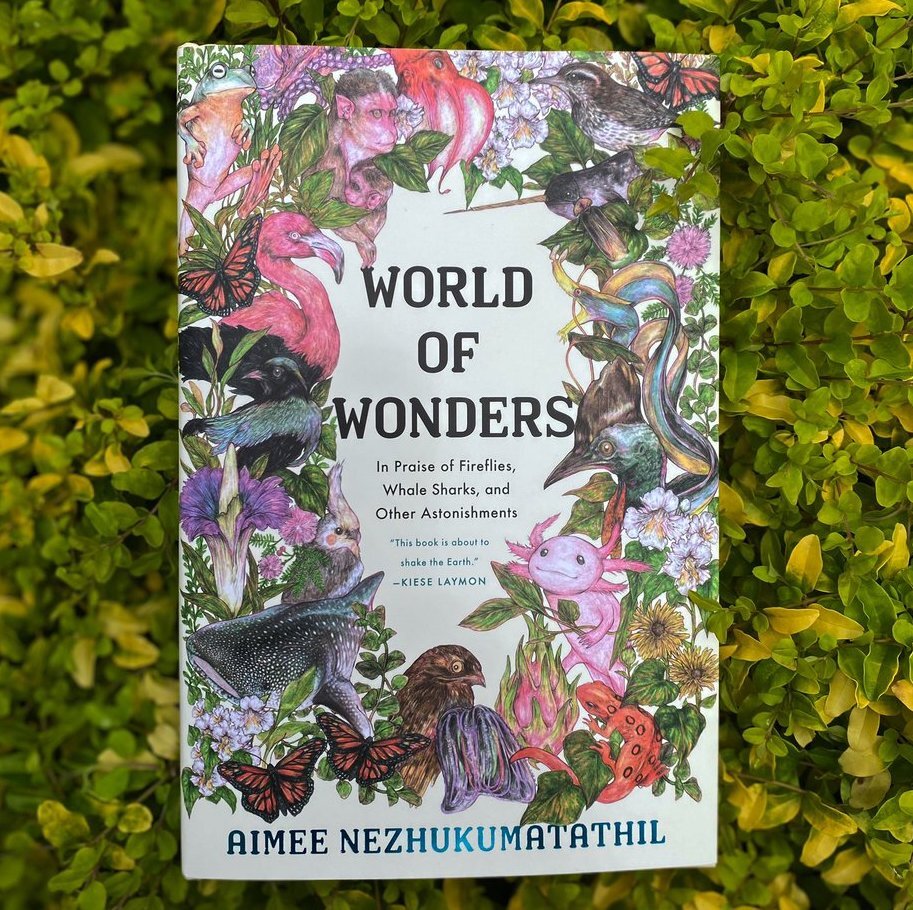
(Highlights) AIMEE NEZHUKUMATATHIL
“I think something happened in 2016, where I just snapped. There was a lot of a hateful news going around with American politics, and I didn’t know how to answer a lot of my kids questions then. Something I know I can do is to tell them things that I loved about this planet or things that I loved in other people because all they saw or heard about was just this weird ugliness, school shootings, leaders who were saying ‘build that wall’ to anybody who looked different than them, and so I remember
Nov 24, 2021 • 11:25

Aimee Nezhukumatathil · Poet & Author of World of Wonders: In Praise of Fireflies, Whale Sharks & Other Astonishments (Highlights)
“I think something happened in 2016, where I just snapped. There was a lot of a hateful news going around with American politics, and I didn’t know how to answer a lot of my kids questions then. Something I know I can do is to tell them things that I loved about this planet or things that I loved in other people because all they saw or heard about was just this weird ugliness, school shootings, leaders who were saying ‘build that wall’ to anybody who looked different than them, and so I remember
Nov 24, 2021 • 0:00

Aimee Nezhukumatathil · Poet & Author of World of Wonders: In Praise of Fireflies, Whale Sharks & Other Astonishments (59 mins)
Aimee Nezhukumatathil is the author of the NYTimes best-selling illustrated collection of nature essays and Kirkus Prize finalist, World of Wonders: In Praise of Fireflies, Whale Sharks & Other Astonishments, which was chosen as Barnes and Noble’s and has sold 5 million copies. She has four previous poetry collections: Oceanic, Lucky Fish, At the Drive-in Volcano, and Miracle Fruit. Her most recent chapbook is Lace & Pyrite, a collaboration of epistolary garden poems with the poet Ross Gay. Her
Nov 24, 2021 • 0:00
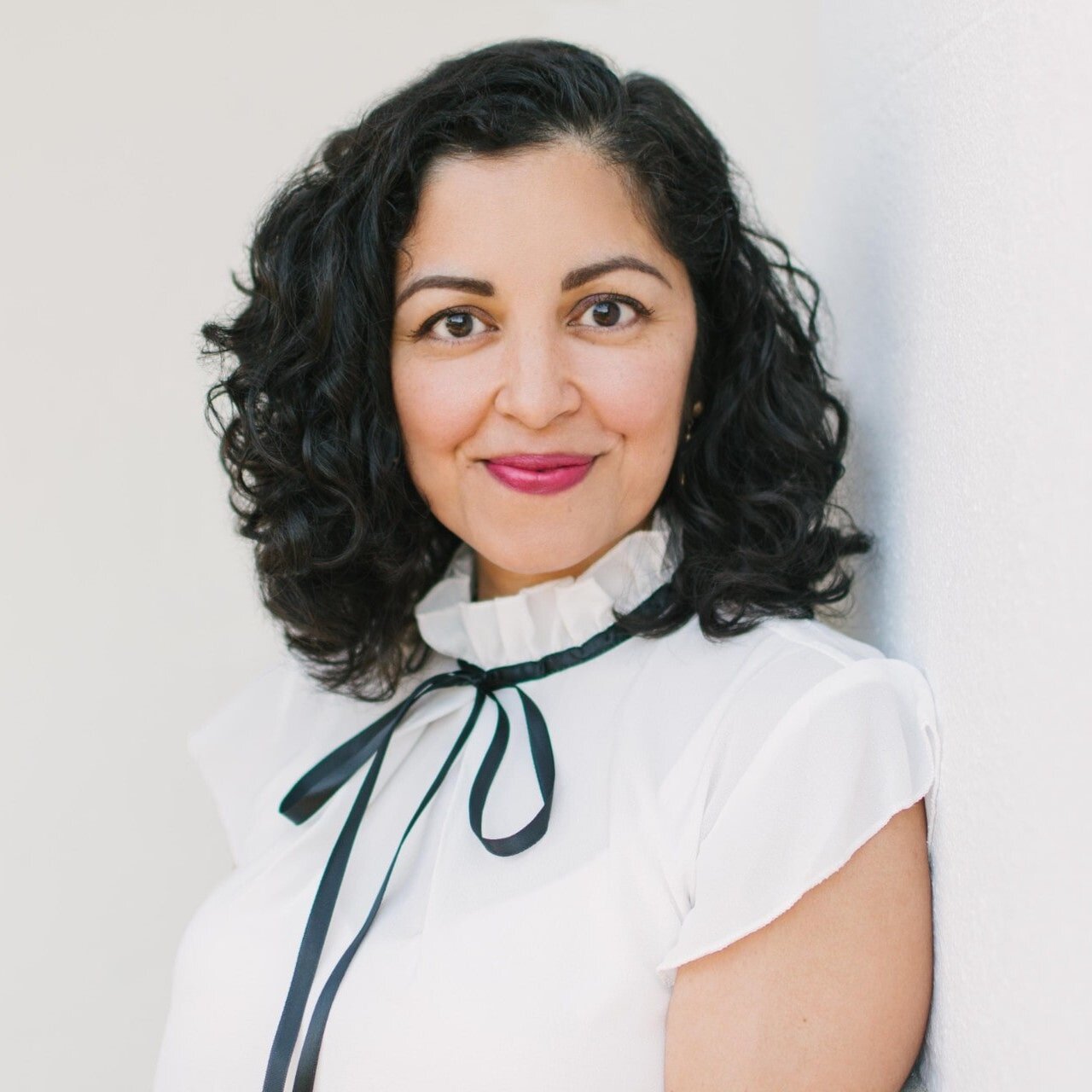
AIMEE NEZHUKUMATATHIL
Aimee Nezhukumatathil is the author of the NYTimes best-selling illustrated collection of nature essays and Kirkus Prize finalist, World of Wonders: In Praise of Fireflies, Whale Sharks & Other Astonishments, which was chosen as Barnes and Noble’s and has sold 5 million copies. She has four previous poetry collections: Oceanic, Lucky Fish, At the Drive-in Volcano, and Miracle Fruit. Her most recent chapbook is Lace & Pyrite, a collaboration of epistolary garden poems with the poet Ross Gay. Her
Nov 24, 2021 • 59:17
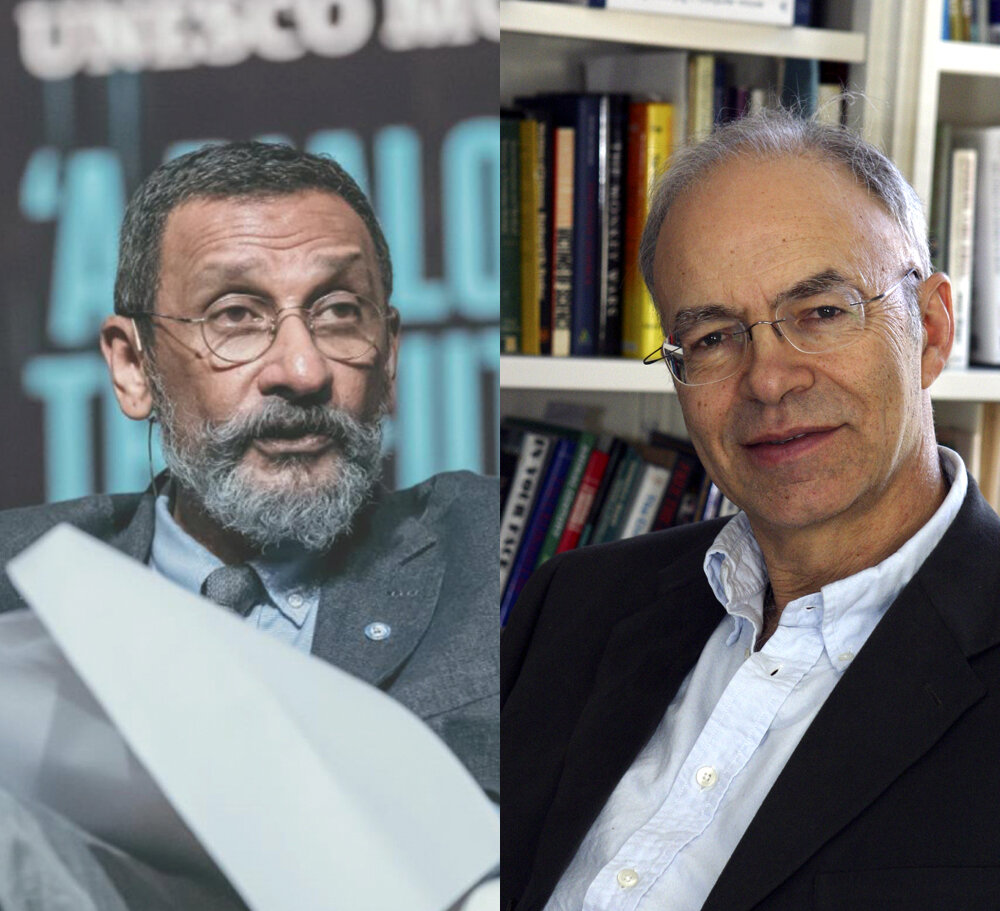
(Highlights) PETER SINGER & ANANTHA DURAIAPPAH
"“74 billion animals, according to the United National Food & Agriculture Organization, that we raise and kill each year on this planet. If we can’t make inroads into that and change attitudes to that, then I still have fears for where we are going.” – Peter SingerPeter Singer, author of seminal books Animal Liberation, Practical Ethics and The Life You Can Save, helped launch the animal rights and effective altruism movements, while contributing to the development of bioethics. Now, in his book
Nov 23, 2021 • 17:20

PETER SINGER & ANANTHA DURAIAPPAH (UNESCO MGIEP) · Human & Animal Rights Activists (Highlights)
"“74 billion animals, according to the United National Food & Agriculture Organization, that we raise and kill each year on this planet. If we can’t make inroads into that and change attitudes to that, then I still have fears for where we are going.” – Peter SingerPeter Singer, author of seminal books Animal Liberation, Practical Ethics and The Life You Can Save, helped launch the animal rights and effective altruism movements, while contributing to the development of bioethics. Now, in his book
Nov 23, 2021 • 0:00

PETER SINGER & ANANTHA DURAIAPPAH (UNESCO MGIEP) · Human & Animal Rights Activists (40 mins)
Peter Singer, author of seminal books Animal Liberation, Practical Ethics and The Life You Can Save, helped launch the animal rights and effective altruism movements, while contributing to the development of bioethics. Now, in his book Ethics in the Real World, Singer shows that he is also a master of dissecting important current events in a few hundred words.Anantha Duraiappah has served as inaugural director of the UNESCO Mahatma Gandhi Institute of Education for Peace and Sustainable Developm
Nov 23, 2021 • 0:00
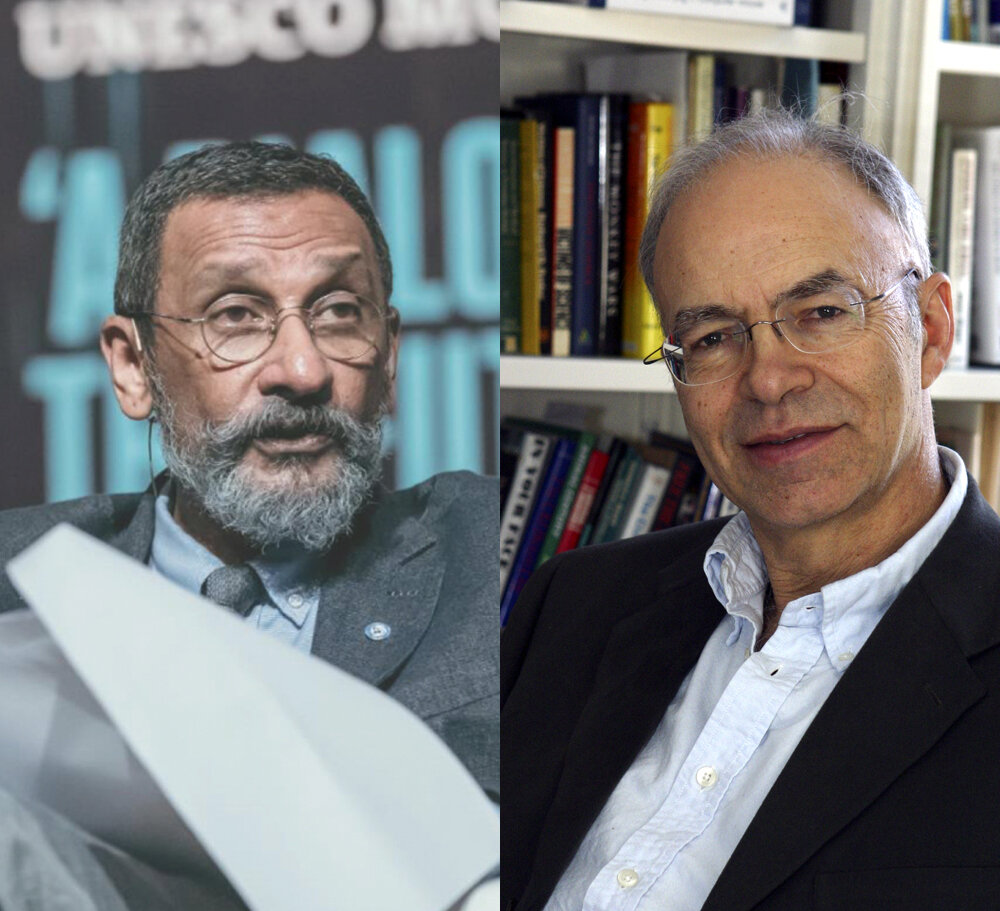
PETER SINGER & ANANTHA DURAIAPPAH
Peter Singer, author of seminal books Animal Liberation, Practical Ethics and The Life You Can Save, helped launch the animal rights and effective altruism movements, while contributing to the development of bioethics. Now, in his book Ethics in the Real World, Singer shows that he is also a master of dissecting important current events in a few hundred words.Anantha Duraiappah has served as inaugural director of the UNESCO Mahatma Gandhi Institute of Education for Peace and Sustainable Developm
Nov 23, 2021 • 40:01
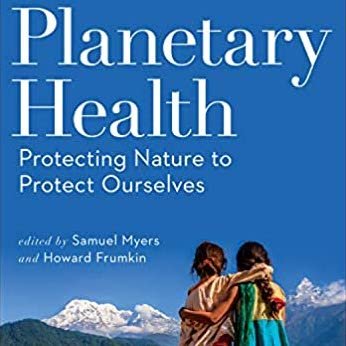
(Highlights) SAMUEL MYERS MD, MPH
“I think the environmental community has been guilty of a lot of catastrophism, a lot of statements like ‘Game Over for the Planet’, and we’ve painted a lot of very dark pictures about where we’re going, but when you look across these different sectors and all the solutions that are out there, there’s no reason to believe that our grandchildren couldn’t live in an incredibly exciting world.”Samuel Myers, MD, MPH studies the human health impacts of accelerating disruptions to Earth’s natural syst
Nov 22, 2021 • 9:06

Samuel Myers, MD, MPH · Founding Director, Planetary Health Alliance · Principal Research Scientist ·Harvard T.H.Chan School of Public Health (Highlights)
“I think the environmental community has been guilty of a lot of catastrophism, a lot of statements like ‘Game Over for the Planet’, and we’ve painted a lot of very dark pictures about where we’re going, but when you look across these different sectors and all the solutions that are out there, there’s no reason to believe that our grandchildren couldn’t live in an incredibly exciting world.”Samuel Myers, MD, MPH studies the human health impacts of accelerating disruptions to Earth’s natural syst
Nov 22, 2021 • 0:00

Samuel Myers, MD, MPH · Founding Director of Planetary Health Alliance · Principal Research Scientist · Harvard T.H. Chan School of Public Health (45 mins)
Samuel Myers, MD, MPH studies the human health impacts of accelerating disruptions to Earth’s natural systems. He is a Principal Research Scientist at the Harvard T.H. Chan School of Public Health and is the founding Director of the Planetary Health Alliance. Sam’s current work spans several areas of planetary health including global nutritional impacts of CO2, health impacts of land management, or impact of animal pollinator declines on human nutrition. He is the lead editor of the book: Plan
Nov 22, 2021 • 0:00
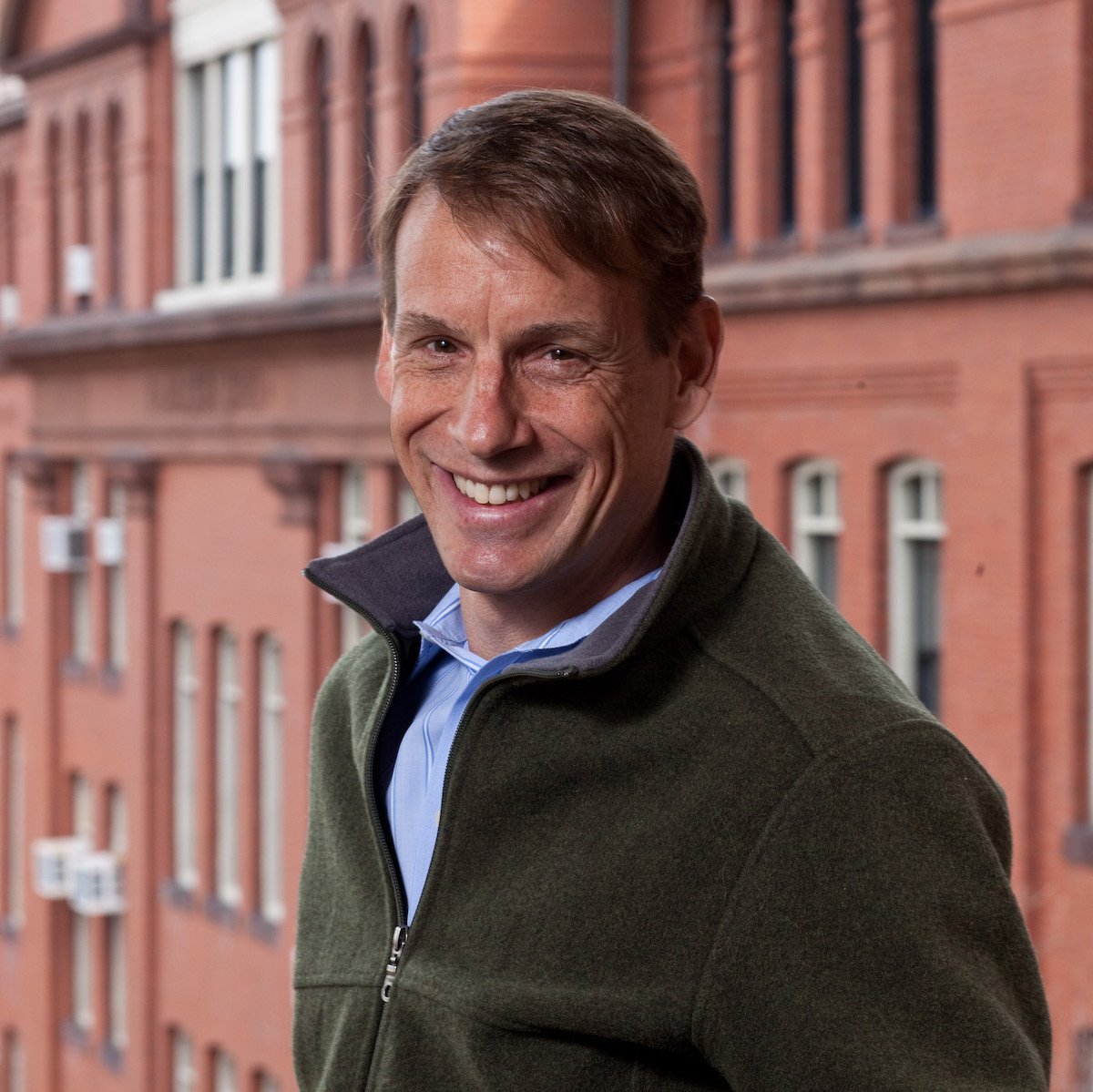
SAMUEL MYERS MD, MPH
Samuel Myers, MD, MPH studies the human health impacts of accelerating disruptions to Earth’s natural systems. He is a Principal Research Scientist at the Harvard T.H. Chan School of Public Health and is the founding Director of the Planetary Health Alliance. Sam’s current work spans several areas of planetary health including global nutritional impacts of CO2, health impacts of land management, or impact of animal pollinator declines on human nutrition. He is the lead editor of the book: Plan
Nov 22, 2021 • 44:48

Tiemen ter Hoeven · Founder & CEO of Roetz · Manufacturer of Circular Bicycles & e-Bikes (Highlights)
“I think the next crisis is going to be a materials crisis. The whole point of moving from a zero-sum game–like who makes the best cheapest product at the lowest price and can find lowest labor somewhere around the world so someone can be happy with a new laundry machine and buy another one in five years–that’s not going to work for us.”Tiemen ter Hoeven is founder and CEO of Roetz, a manufacturer of circular bicycles and e-bikes. In the Netherlands alone, about 1 million bicycles are discarded
Nov 19, 2021 • 0:00
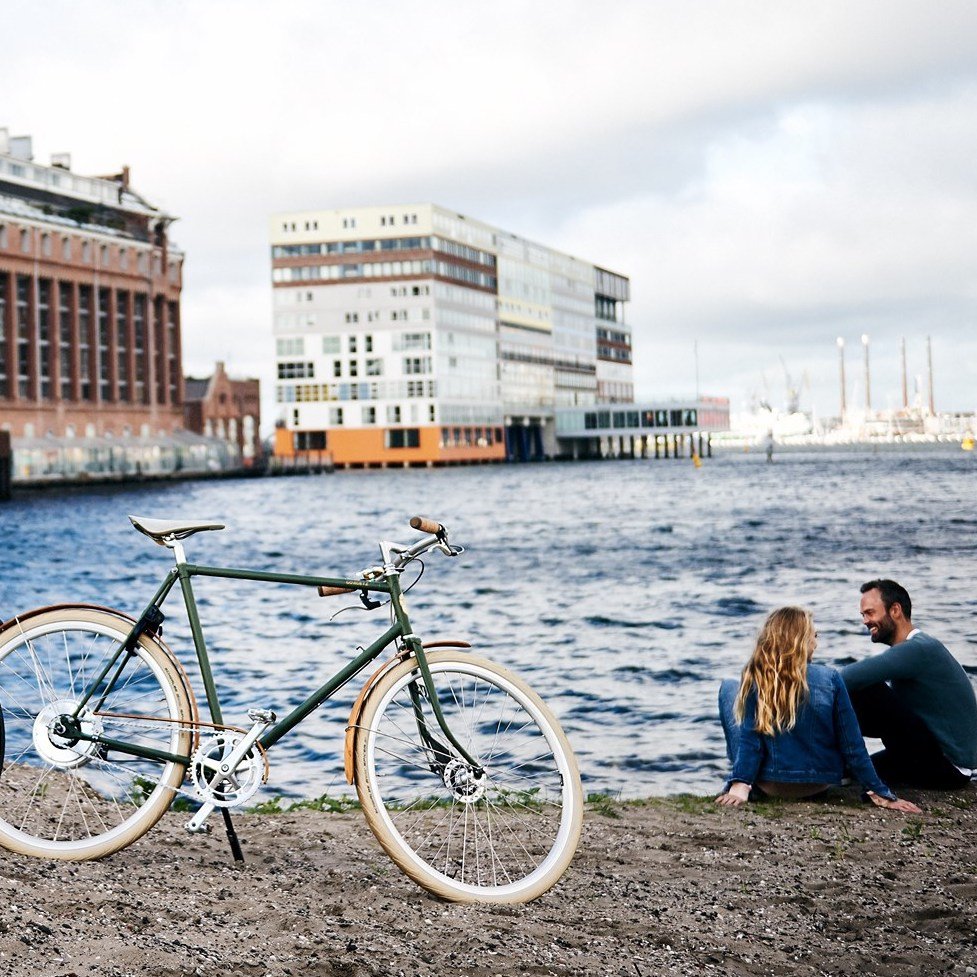
(Highlights) TIEMEN TER HOEVEN
“I think the next crisis is going to be a materials crisis. The whole point of moving from a zero-sum game–like who makes the best cheapest product at the lowest price and can find lowest labor somewhere around the world so someone can be happy with a new laundry machine and buy another one in five years–that’s not going to work for us.”Tiemen ter Hoeven is founder and CEO of Roetz, a manufacturer of circular bicycles and e-bikes. In the Netherlands alone, about 1 million bicycles are discarded
Nov 19, 2021 • 15:17
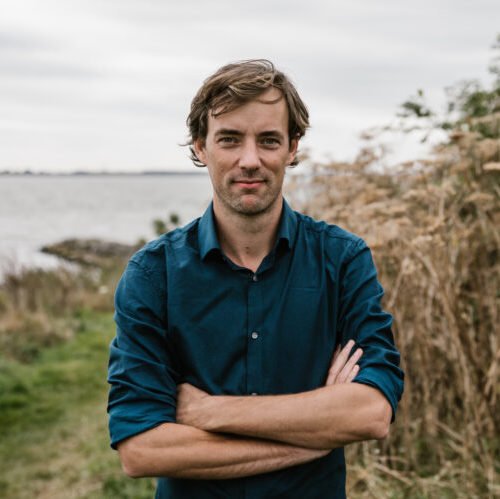
TIEMEN TER HOEVEN
Tiemen ter Hoeven is founder and CEO of Roetz, a manufacturer of circular bicycles and e-bikes. In the Netherlands alone, about 1 million bicycles are discarded every year - whilst many parts can still be used perfectly well. In the Roetz Fair Factory, the parts are cleaned, repaired, and reassembled into new bicycles by people with poor job prospects. Roetz’ mission is to bring circular design and innovation to the bike industry and beyond. · roetz-bikes.com· www.oneplanetpodcast.org· www.creat
Nov 19, 2021 • 47:44

Tiemen ter Hoeven · Founder & CEO of Roetz · Manufacturer of Circular Bicycles & e-Bikes (47 mins)
Tiemen ter Hoeven is founder and CEO of Roetz, a manufacturer of circular bicycles and e-bikes. In the Netherlands alone, about 1 million bicycles are discarded every year - whilst many parts can still be used perfectly well. In the Roetz Fair Factory, the parts are cleaned, repaired, and reassembled into new bicycles by people with poor job prospects. Roetz’ mission is to bring circular design and innovation to the bike industry and beyond. · roetz-bikes.com· www.oneplanetpodcast.org· www.creat
Nov 19, 2021 • 0:00
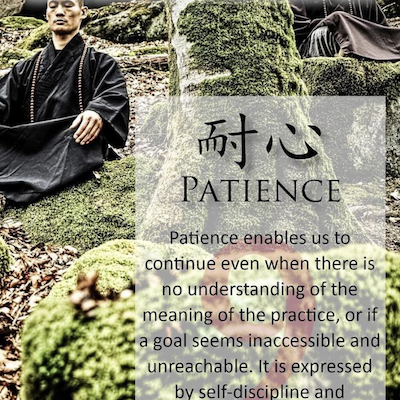
Master Shi Heng Yi · 35th Generation of Shaolin Masters · Headmaster of the Shaolin Temple Europe (Highlights)
“You and me talking right now, the people who are listening right now, in a hundred years none of us will be here on this earth anymore. When it comes to the individual, it’s always just a question of time until you will be forgotten and this is why it is so important that there is something in our tradition we call “because it’s not the individual, it cannot be lost”. This is when you are investing a part of your lifetime in trying to add something to the spirit, what exists in this world. Some
Nov 18, 2021 • 0:00
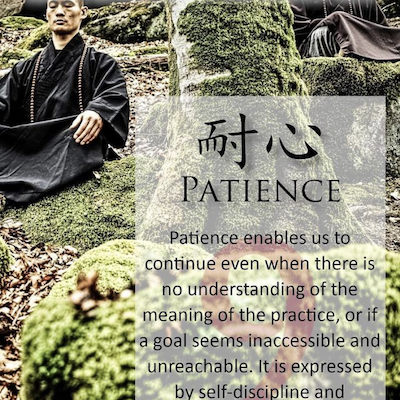
(Highlights) MASTER SHI HENG YI
“You and me talking right now, the people who are listening right now, in a hundred years none of us will be here on this earth anymore. When it comes to the individual, it’s always just a question of time until you will be forgotten and this is why it is so important that there is something in our tradition we call “because it’s not the individual, it cannot be lost”. This is when you are investing a part of your lifetime in trying to add something to the spirit, what exists in this world. Some
Nov 18, 2021 • 13:44

Master Shi Heng Yi · 35th Generation of Shaolin Masters · Headmaster of the Shaolin Temple Europe (56 mins)
For more than 30 years, Master Shi Heng Yi has been studying and practicing the interaction between mind and body. His strength is the ability to smoothly combine this knowledge with physical exercises and to practice Martial art –Kung Fu and Qi Gong. He has an academic background but he prefers to live at the Shaolin Temple Europe, Monastery located in Otterberg, Germany. Since 2010 he has been taking care of the settlement and he personifies sustainable development and spreading Shaolin cultur
Nov 18, 2021 • 0:00

MASTER SHI HENG YI
For more than 30 years, Master Shi Heng Yi has been studying and practicing the interaction between mind and body. His strength is the ability to smoothly combine this knowledge with physical exercises and to practice Martial art –Kung Fu and Qi Gong. He has an academic background but he prefers to live at the Shaolin Temple Europe, Monastery located in Otterberg, Germany. Since 2010 he has been taking care of the settlement and he personifies sustainable development and spreading Shaolin cultur
Nov 18, 2021 • 56:57

Gary Griggs · Global Oceans Hero Award-Winner · Distinguished Professor of Earth Sciences & Director Institute of Marine Sciences UC Santa Cruz (Highlights)
Gary Griggs received his B.A. in Geological Sciences from the University of California Santa Barbara and a Ph.D. in Oceanography from Oregon State University. He has been a Professor of Earth Sciences at the University of California Santa Cruz since 1968 and was Director of the Institute of Marine Sciences from 1991 to 2017. His research and teaching have been focused on the coast of California and include coastal processes, hazards and engineering, and sea-level rise. Dr. Griggs has written ove
Nov 16, 2021 • 0:00
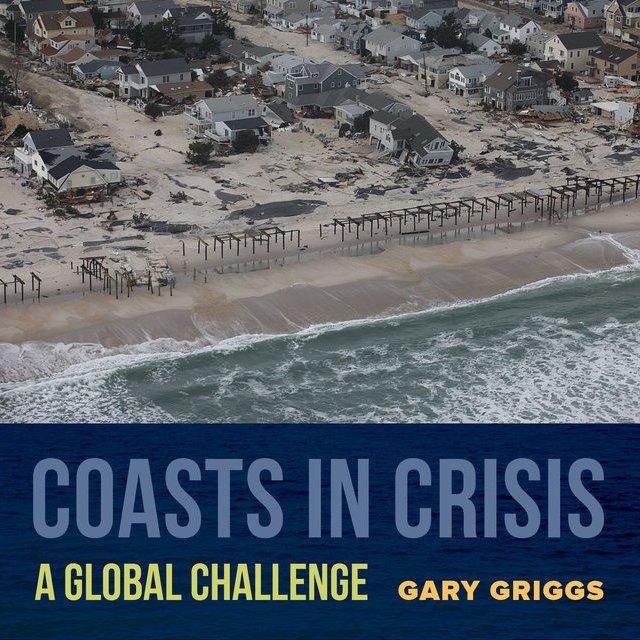
(Highlights) GARY GRIGGS
Gary Griggs received his B.A. in Geological Sciences from the University of California Santa Barbara and a Ph.D. in Oceanography from Oregon State University. He has been a Professor of Earth Sciences at the University of California Santa Cruz since 1968 and was Director of the Institute of Marine Sciences from 1991 to 2017. His research and teaching have been focused on the coast of California and include coastal processes, hazards and engineering, and sea-level rise. Dr. Griggs has written ove
Nov 16, 2021 • 10:22

Gary Griggs · Global Oceans Hero Award-Winner · Distinguished Professor of Earth Sciences & Director Institute of Marine Sciences UC Santa Cruz (58 mins)
Gary Griggs received his B.A. in Geological Sciences from the University of California Santa Barbara and a Ph.D. in Oceanography from Oregon State University. He has been a Professor of Earth Sciences at the University of California Santa Cruz since 1968 and was Director of the Institute of Marine Sciences from 1991 to 2017. His research and teaching have been focused on the coast of California and include coastal processes, hazards and engineering, and sea-level rise. Dr. Griggs has written ove
Nov 16, 2021 • 0:00
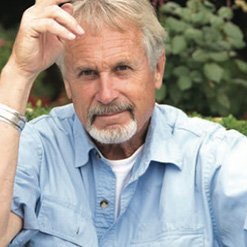
GARY GRIGGS
Gary Griggs received his B.A. in Geological Sciences from the University of California Santa Barbara and a Ph.D. in Oceanography from Oregon State University. He has been a Professor of Earth Sciences at the University of California Santa Cruz since 1968 and was Director of the Institute of Marine Sciences from 1991 to 2017. His research and teaching have been focused on the coast of California and include coastal processes, hazards and engineering, and sea-level rise. Dr. Griggs has written ove
Nov 16, 2021 • 58:39
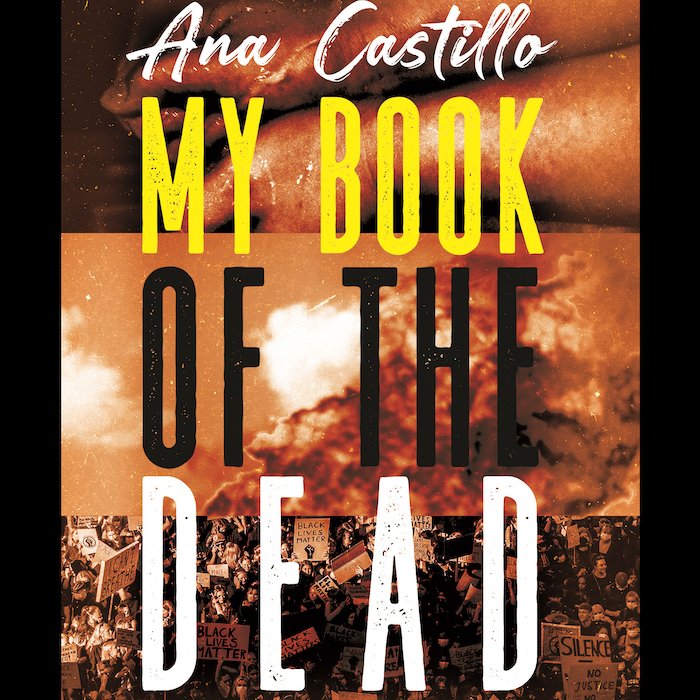
(Highlights) ANA CASTILLO
“One of the things that is dying is our planet. We hear these sirens every single day. We’re being warned daily by experts and concerned people how vast that squandering is going. It’s a case of urgency and it’s astounding and a very sad, a very pathetic comment on modern life that most people are ignoring those signs. As a poet, it seems to me that one of the tasks that the poet takes on, it’s a vocation that’s born with it, it’s this consciousness, this serving as witness.”Xicana activist, edi
Nov 9, 2021 • 17:51

Ana Castillo · Award-Winning Xicana Activist, Editor, Poet, Novelist, Artist & Author of My Book of the Dead (Highlights)
“One of the things that is dying is our planet. We hear these sirens every single day. We’re being warned daily by experts and concerned people how vast that squandering is going. It’s a case of urgency and it’s astounding and a very sad, a very pathetic comment on modern life that most people are ignoring those signs. As a poet, it seems to me that one of the tasks that the poet takes on, it’s a vocation that’s born with it, it’s this consciousness, this serving as witness.”Xicana activist, edi
Nov 9, 2021 • 0:00
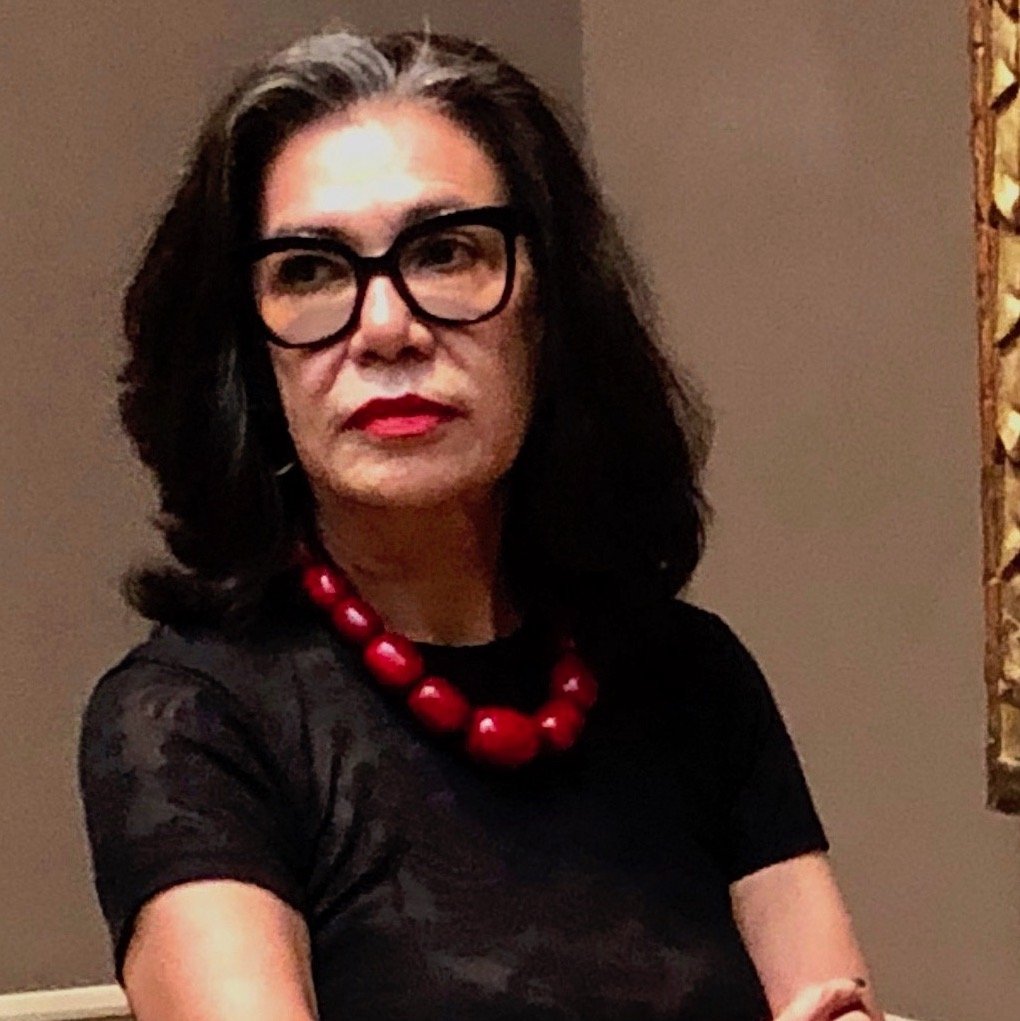
ANA CASTILLO
Xicana activist, editor, poet, novelist, and artist Ana Castillo, was born and raised in Chicago. She is known for coining the term “xicanisma” which is defined in her book the Massacre of the Dreamers as, “a sociopolitical movement in the United States that analyzes the historical, cultural, spiritual, educational, and economic intersection of Mexican American women that identify as Chicana.” The term cross bred Chicana feminism, which came to include the indigenous ancestry of Mexican American
Nov 9, 2021 • 57:55

Ana Castillo · Award-Winning Xicana Activist, Editor, Poet, Novelist, Artist & Author of My Book of the Dead (57 mins)
Xicana activist, editor, poet, novelist, and artist Ana Castillo, was born and raised in Chicago. She is known for coining the term “xicanisma” which is defined in her book the Massacre of the Dreamers as, “a sociopolitical movement in the United States that analyzes the historical, cultural, spiritual, educational, and economic intersection of Mexican American women that identify as Chicana.” The term cross bred Chicana feminism, which came to include the indigenous ancestry of Mexican American
Nov 9, 2021 • 0:00

Jennifer Morgan · Executive Director · Greenpeace International (49 mins)
Jennifer Morgan took the helm of Greenpeace International in April 2016. She was formerly the Global Director of the Climate Program at the World Resources Institute. A climate activist, she has been a leader of large teams at major organisations, and her other ports of call have included the Worldwide Fund for Nature, Climate Action Network, and E3G. · www.greenpeace.org ·www.oneplanetpodcast.org · www.creativeprocess.info
Nov 6, 2021 • 0:00
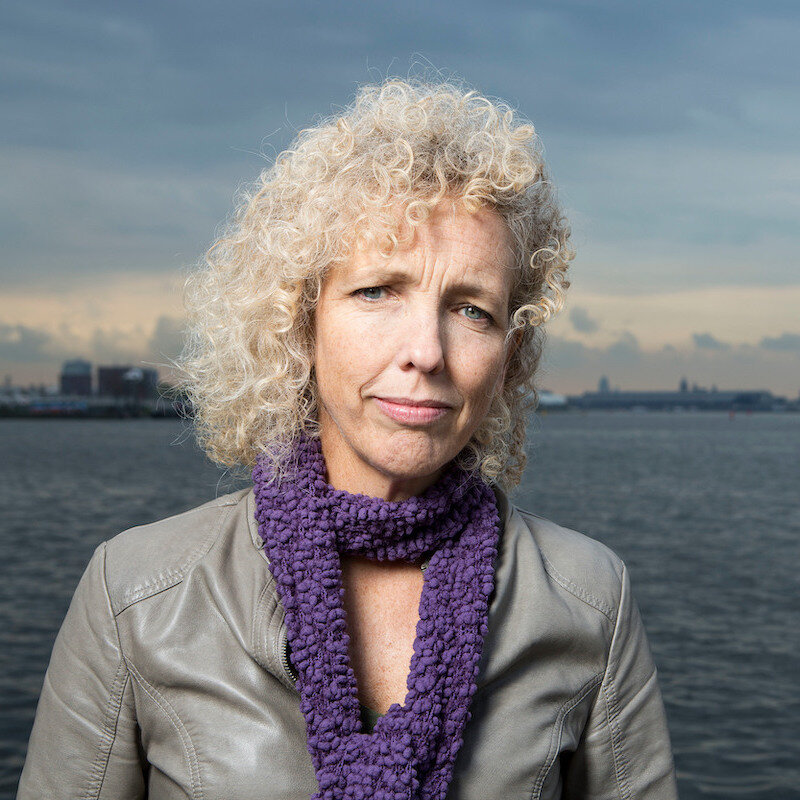
JENNIFER MORGAN
Jennifer Morgan took the helm of Greenpeace International in April 2016. She was formerly the Global Director of the Climate Program at the World Resources Institute. A climate activist, she has been a leader of large teams at major organisations, and her other ports of call have included the Worldwide Fund for Nature, Climate Action Network, and E3G. · www.greenpeace.org ·www.oneplanetpodcast.org · www.creativeprocess.info
Nov 6, 2021 • 49:05

Jennifer Morgan · Executive Director · Greenpeace International (Highlights)
Jennifer Morgan took the helm of Greenpeace International in April 2016. She was formerly the Global Director of the Climate Program at the World Resources Institute. A climate activist, she has been a leader of large teams at major organisations, and her other ports of call have included the Worldwide Fund for Nature, Climate Action Network, and E3G. · www.greenpeace.org ·www.oneplanetpodcast.org · www.creativeprocess.info
Nov 5, 2021 • 0:00

(Highlights) JENNIFER MORGAN
Jennifer Morgan took the helm of Greenpeace International in April 2016. She was formerly the Global Director of the Climate Program at the World Resources Institute. A climate activist, she has been a leader of large teams at major organisations, and her other ports of call have included the Worldwide Fund for Nature, Climate Action Network, and E3G. · www.greenpeace.org ·www.oneplanetpodcast.org · www.creativeprocess.info
Nov 5, 2021 • 11:04

Ingrid Newkirk · Founder & President of PETA (People for the Ethical Treatment of Animals)Highlights
"They’re not human traits. They’re all shared traits because, of course, we all love. We all love our families, or not. We all grieve if somebody we love disappears or dies. A family dog, perhaps. A grandfather. We all feel loneliness, we all feel joy. We all really value our freedom. And so I think, if anything, looking into the eyes of the animal, even online, you see a person in there. There’s a someone in whatever the shape or the physical properties of that individual are. And that lesson i
Nov 2, 2021 • 0:00

(Highlights) INGRID NEWKIRK
"They’re not human traits. They’re all shared traits because, of course, we all love. We all love our families, or not. We all grieve if somebody we love disappears or dies. A family dog, perhaps. A grandfather. We all feel loneliness, we all feel joy. We all really value our freedom. And so I think, if anything, looking into the eyes of the animal, even online, you see a person in there. There’s a someone in whatever the shape or the physical properties of that individual are. And that lesson i
Nov 2, 2021 • 11:15

Ingrid Newkirk · Founder & President of PETA (People for the Ethical Treatment of Animals ) 46 mins
Ingrid Newkirk is the founder and president of People for the Ethical Treatment of Animals (PETA)—the largest animal rights organization in the world, with more than 6.5 million members and supporters worldwide. She is the author of more than a dozen books that have been translated into several languages, including her latest, Animalkind: Remarkable Discoveries About Animals and Revolutionary New Ways to Show Them Compassion.Newkirk, a former Washingtonian of the Year, has been featured for her
Nov 2, 2021 • 0:00
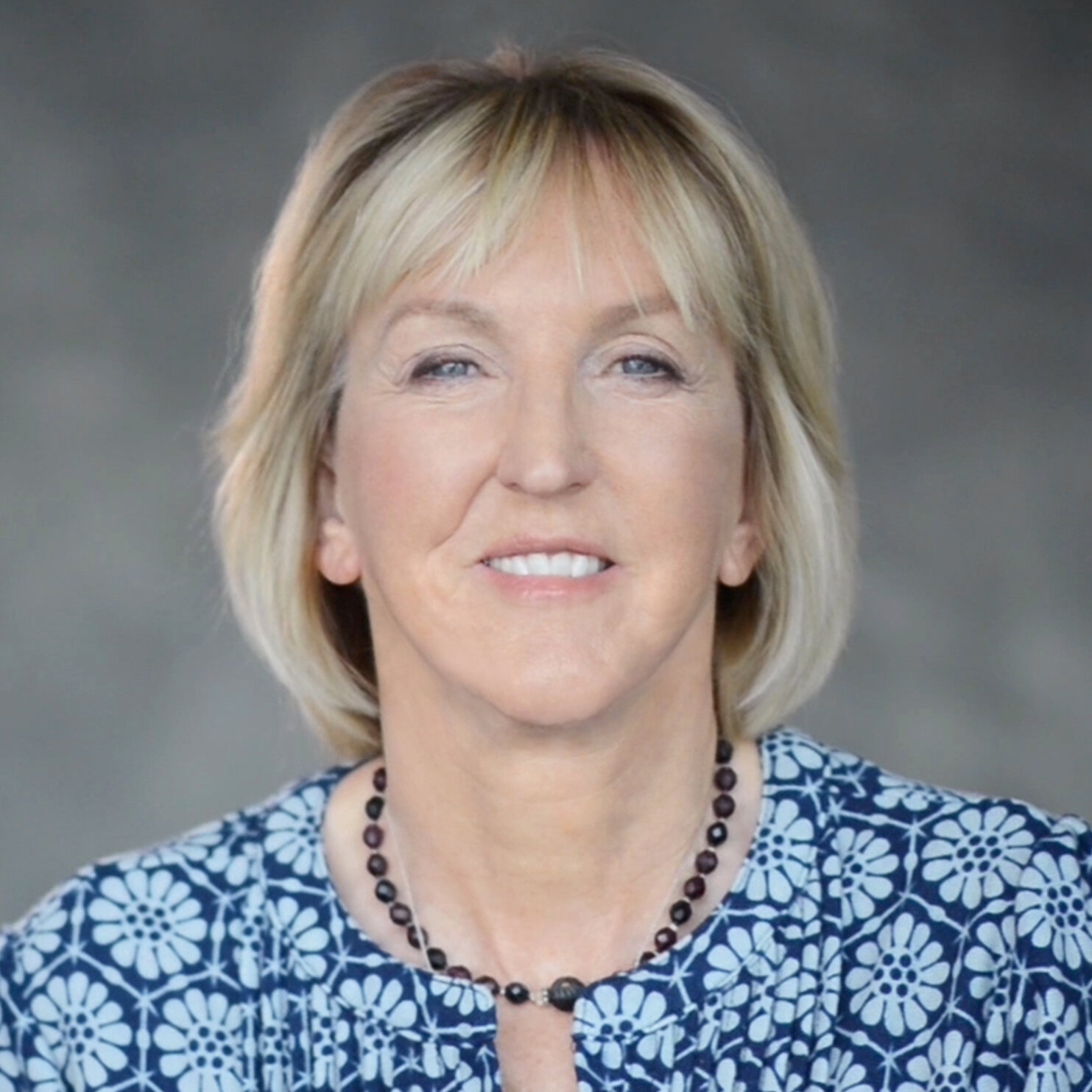
INGRID NEWKIRK
Ingrid Newkirk is the founder and president of People for the Ethical Treatment of Animals (PETA)—the largest animal rights organization in the world, with more than 6.5 million members and supporters worldwide. She is the author of more than a dozen books that have been translated into several languages, including her latest, Animalkind: Remarkable Discoveries About Animals and Revolutionary New Ways to Show Them Compassion.Newkirk, a former Washingtonian of the Year, has been featured for her
Nov 2, 2021 • 45:52
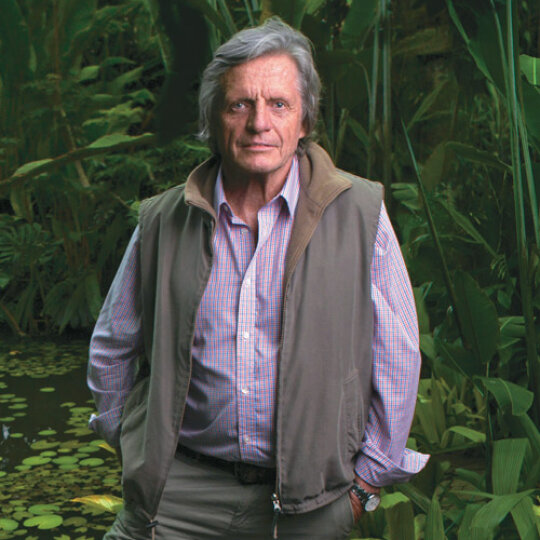
(Highlights) MARTIN VON HILDEBRAND
“I went to the Amazon and I got a canoe and I started rowing into the forest. It was absolutely like going back into the 17th century! I went around for six months on my own and that was fantastic because in this part of the Colombian rainforest there were absolutely no roads, no towns, no electricity, no flowing water. You are with the indigenous group. They are all still in their loincloths. They speak different languages. I went through about eight different ethnic groups. They all spoke diff
Oct 29, 2021 • 8:49

Martin Von Hildebrand · Indigenous Rights Activist · Winner of Right Livelihood & Skoll Awards · Fundacion Gaia Amazonas named #40 NGOs of the World (Highlights)
“I went to the Amazon and I got a canoe and I started rowing into the forest. It was absolutely like going back into the 17th century! I went around for six months on my own and that was fantastic because in this part of the Colombian rainforest there were absolutely no roads, no towns, no electricity, no flowing water. You are with the indigenous group. They are all still in their loincloths. They speak different languages. I went through about eight different ethnic groups. They all spoke diff
Oct 29, 2021 • 0:00
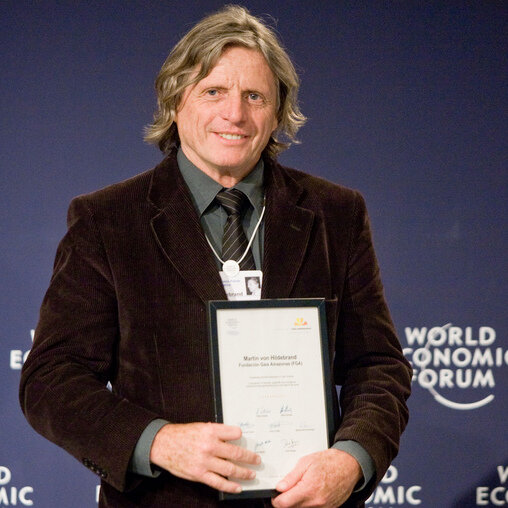
MARTIN VON HILDEBRAND
Martin Von Hildebrand has dedicated the last five decades strengthening indigenous communities in the Colombian Amazon. During this time he obtained the recognition of their rights in the National Constitution, including the collective ownership of their land and the development of their governments. They now own 26 million hectares of continuous rain forest, their rights have been recognized, and they have set up many of their governments.Currently, Martin, along with NGOs, indigenous organizat
Oct 29, 2021 • 1:12:04

Martin Von Hildebrand · Indigenous Rights Activist · Winner of Right Livelihood & Skoll Awards · Fundacion Gaia Amazonas named #40 NGOs of the World (71 mins)
Martin Von Hildebrand has dedicated the last five decades strengthening indigenous communities in the Colombian Amazon. During this time he obtained the recognition of their rights in the National Constitution, including the collective ownership of their land and the development of their governments. They now own 26 million hectares of continuous rain forest, their rights have been recognized, and they have set up many of their governments.Currently, Martin, along with NGOs, indigenous organizat
Oct 29, 2021 • 0:00

Highlights - Kathleen Rogers · President of EARTHDAY.ORG
“The history of Earth Day is pretty remarkable. The net result is 20 million people came out on the streets. It remains the largest civic day of action in human history. There’s no other country, no other world that ever had 20 million people coming out on the streets around a single issue. That was on April 22, 1970, and right after that, it became apparent with that many people that Congress and State legislators had to do something about it because, frankly, they were afraid of that many peop
Oct 26, 2021 • 0:00
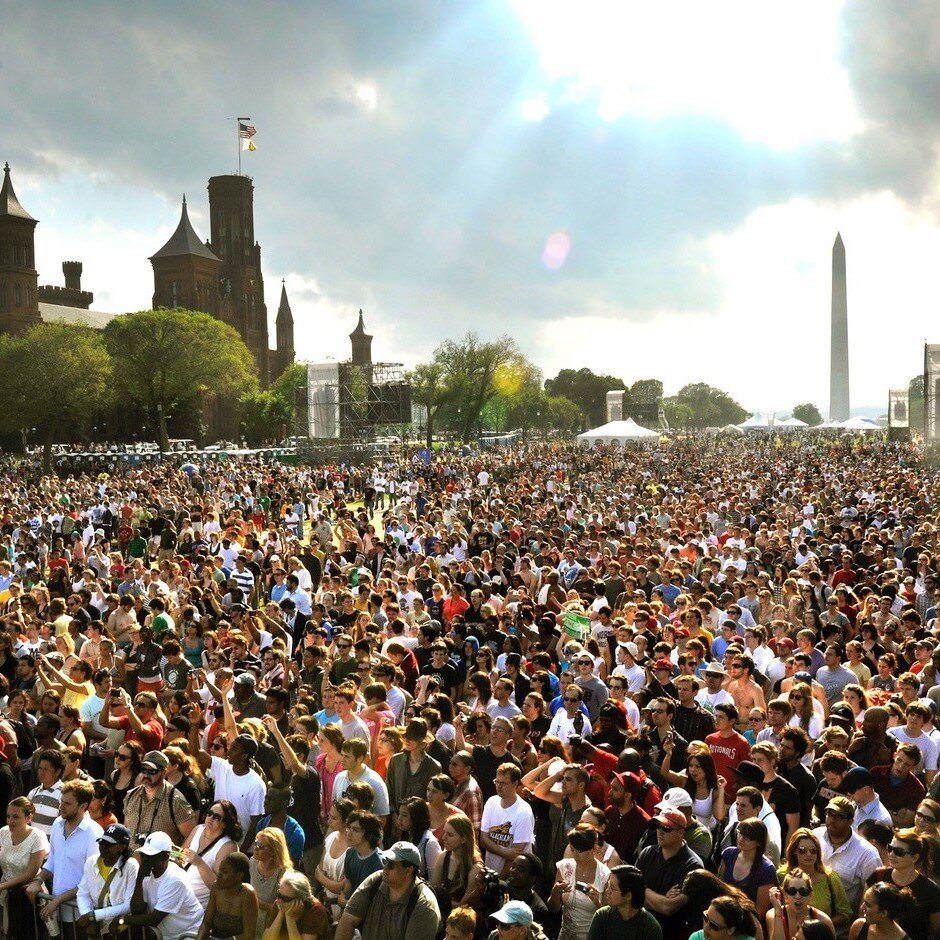
Highlights - Kathleen Rogers · President of EARTHDAY.ORG
“The history of Earth Day is pretty remarkable. The net result is 20 million people came out on the streets. It remains the largest civic day of action in human history. There’s no other country, no other world that ever had 20 million people coming out on the streets around a single issue. That was on April 22, 1970, and right after that, it became apparent with that many people that Congress and State legislators had to do something about it because, frankly, they were afraid of that many peop
Oct 26, 2021 • 12:05
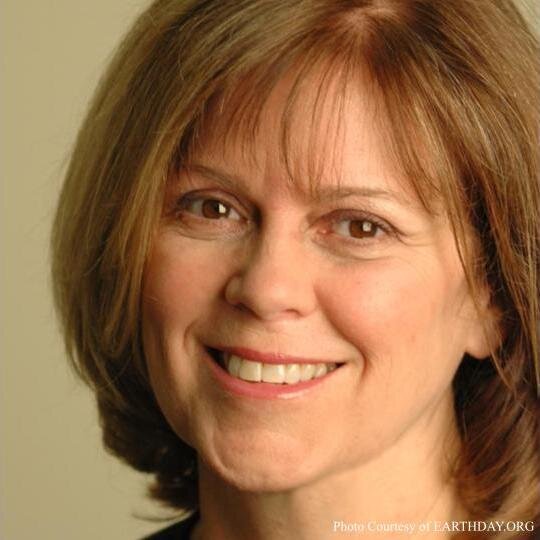
Kathleen Rogers - President of EARTHDAY.ORG
Kathleen Rogers is the President of EARTHDAY.ORG. Under her leadership, it has grown into a global year-round policy and activist organization with an international staff. She has been at the vanguard of developing campaigns and programs focused on diversifying the environmental movement, highlighted by Campaign for Communities and Billion Acts of Green. Prior to her work at EARTHDAY.ORG, Kathleen held senior positions with the National Audubon Society, the Environmental Law Institute, and two U
Oct 26, 2021 • 1:02:36

Kathleen Rogers - President of EARTHDAY.ORG
Kathleen Rogers is the President of EARTHDAY.ORG. Under her leadership, it has grown into a global year-round policy and activist organization with an international staff. She has been at the vanguard of developing campaigns and programs focused on diversifying the environmental movement, highlighted by Campaign for Communities and Billion Acts of Green. Prior to her work at EARTHDAY.ORG, Kathleen held senior positions with the National Audubon Society, the Environmental Law Institute, and two U
Oct 26, 2021 • 1:02:00

Peter Singer · Most Influential Living Philosopher · Author · Founder of The Life You Can Save (Highlights)
“This generation really does hold the future of the planet in its hands.”Peter Singer is often described as the world's most influential philosopher. The author of important books such as Animal Liberation, Practical Ethics, Rethinking Life and Death, and The Life You Can Save, he helped launch the animal rights and effective altruism movements and contributed to the development of bioethics. Now, in Ethics in the Real World, Singer shows that he is also a master at dissecting important current
Oct 22, 2021 • 0:00
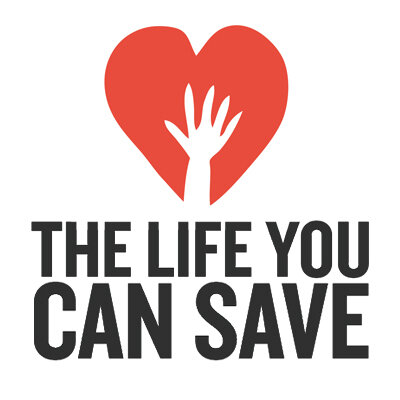
(Highlights) PETER SINGER
“This generation really does hold the future of the planet in its hands.”Peter Singer is often described as the world's most influential philosopher. The author of important books such as Animal Liberation, Practical Ethics, Rethinking Life and Death, and The Life You Can Save, he helped launch the animal rights and effective altruism movements and contributed to the development of bioethics. Now, in Ethics in the Real World, Singer shows that he is also a master at dissecting important current
Oct 22, 2021 • 11:22
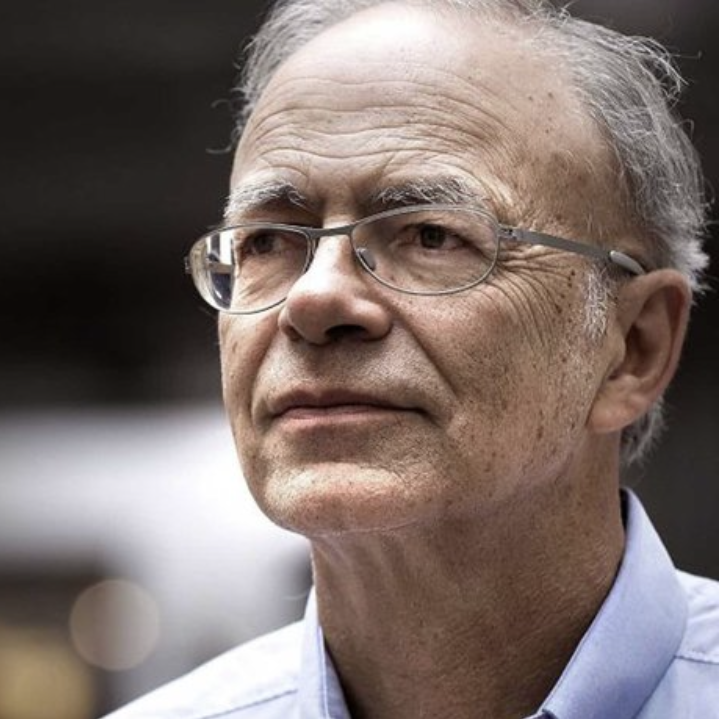
PETER SINGER
Peter Singer is often described as the world's most influential philosopher. The author of important books such as Animal Liberation, Practical Ethics, Rethinking Life and Death, and The Life You Can Save, he helped launch the animal rights and effective altruism movements and contributed to the development of bioethics. Now, in Ethics in the Real World, Singer shows that he is also a master at dissecting important current events in a few hundred words.· petersinger.info· www.thelifeyoucansave.o
Oct 22, 2021 • 47:02

Peter Singer · Most Influential Living Philosopher · Author · Founder of The Life You Can Save (47 mins)
Peter Singer is often described as the world's most influential philosopher. The author of important books such as Animal Liberation, Practical Ethics, Rethinking Life and Death, and The Life You Can Save, he helped launch the animal rights and effective altruism movements and contributed to the development of bioethics. Now, in Ethics in the Real World, Singer shows that he is also a master at dissecting important current events in a few hundred words.· petersinger.info· www.thelifeyoucansave.o
Oct 22, 2021 • 0:00
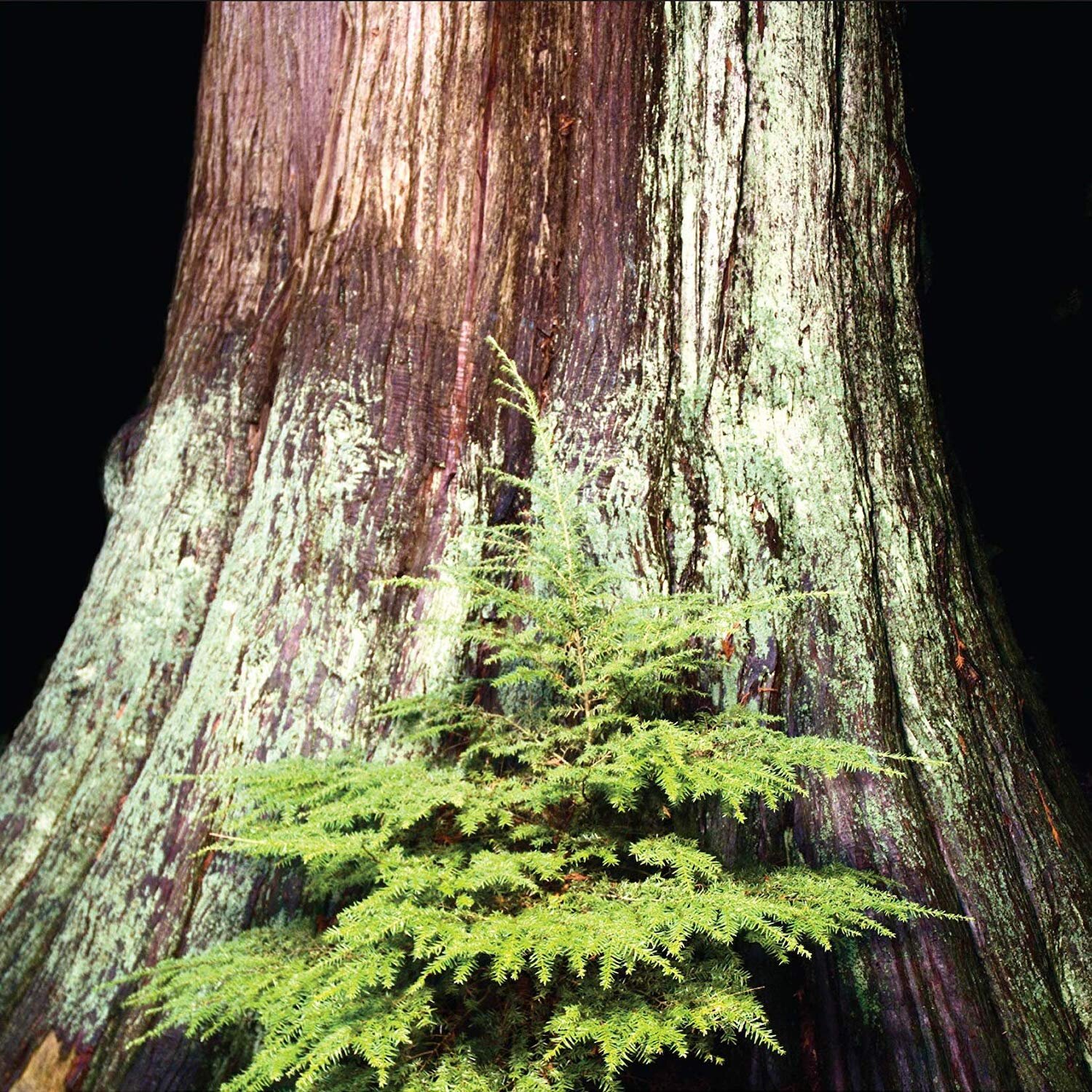
(Highlights) DR. SUZANNE SIMARD
“Think of yourself as a tree. You’ve got neighbours that you live beside for hundreds if not thousands of years, and none of you can move around, so you just have to communicate in other ways. And so trees have evolved to have these ways of communicating with each other, and they’re sophisticated, they’re nuanced. They include things like transmitting information through these root networks that link them together. They transmit information to each other through the air, so they perceive each ot
Oct 21, 2021 • 10:38
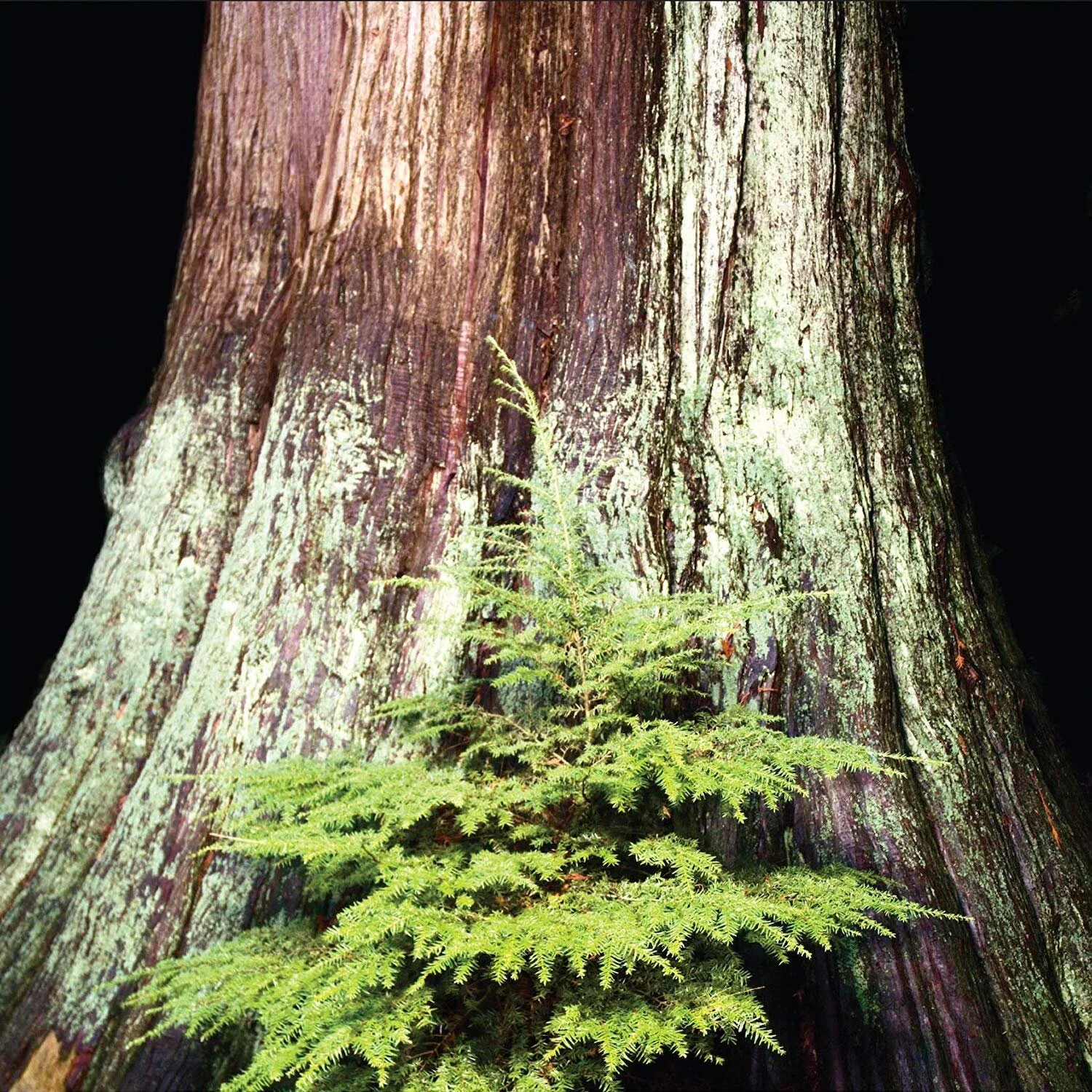
Dr. Suzanne Simard · Professor of Forest Ecology and Author of Finding the Mother Tree (Highlights)
“Think of yourself as a tree. You’ve got neighbours that you live beside for hundreds if not thousands of years, and none of you can move around, so you just have to communicate in other ways. And so trees have evolved to have these ways of communicating with each other, and they’re sophisticated, they’re nuanced. They include things like transmitting information through these root networks that link them together. They transmit information to each other through the air, so they perceive each ot
Oct 21, 2021 • 0:00
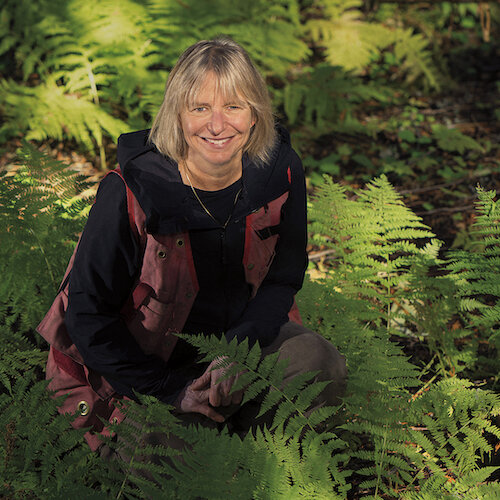
DR. SUZANNE SIMARD
Dr. Suzanne Simard is a professor of Forest Ecology at the University of British Columbia. In 2016, she gave a TED talk about her groundbreaking discovery of how trees communicate with each other. Most recently, Dr. Simard has published a book called Finding the Mother Tree. Her work has influenced filmmakers (the Tree of Souls in James Cameron’s Avatar) and her TED talks have been viewed by more than 10 million people worldwide.· suzannesimard.com· mothertreeproject.org · www.oneplanetpodcast.o
Oct 21, 2021 • 41:07

Dr. Suzanne Simard · Professor of Forest Ecology and Author of Finding the Mother Tree (41 mins)
Dr. Suzanne Simard is a professor of Forest Ecology at the University of British Columbia. In 2016, she gave a TED talk about her groundbreaking discovery of how trees communicate with each other. Most recently, Dr. Simard has published a book called Finding the Mother Tree. Her work has influenced filmmakers (the Tree of Souls in James Cameron’s Avatar) and her TED talks have been viewed by more than 10 million people worldwide.· suzannesimard.com· mothertreeproject.org · www.oneplanetpodcast.o
Oct 21, 2021 • 0:00
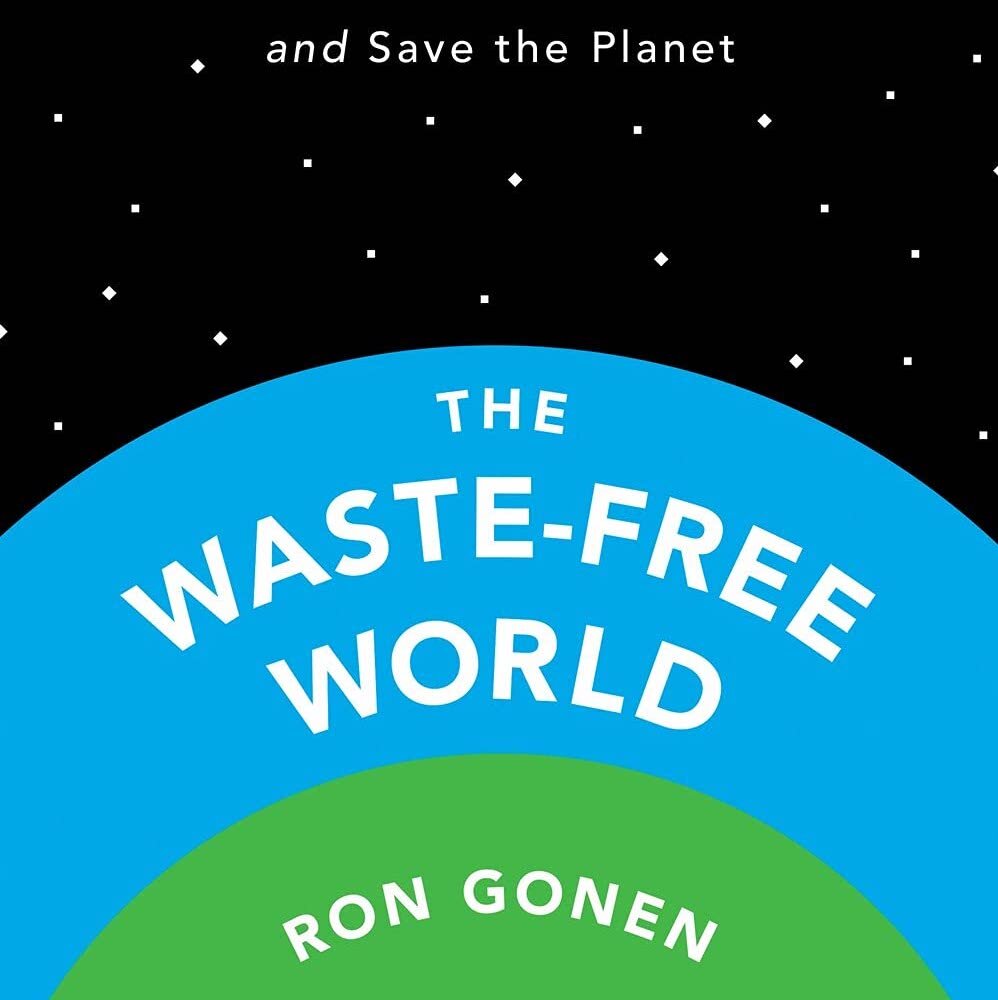
(Highlights) RON GONEN
“We live in buildings and cities because that’s what generates a living for a lot of people, but where we’re most comfortable as humans is when we’re in nature. Your generation owns this. Don’t let anybody take it from you or damage it because you own it. The next generation is the one that owns it and view it with a sense of ownership and a sense of pride and a sense of protection because there are a lot of benefits you get from nature.”Ron Gonen is the Founder and CEO of Closed Loop Partners,
Oct 19, 2021 • 9:55

Ron Gonen · Founder & CEO of Closed Loop Partners, Former Deputy Commissioner of Sanitation, Recycling & Sustainability, NYC (Highlights)
“We live in buildings and cities because that’s what generates a living for a lot of people, but where we’re most comfortable as humans is when we’re in nature. Your generation owns this. Don’t let anybody take it from you or damage it because you own it. The next generation is the one that owns it and view it with a sense of ownership and a sense of pride and a sense of protection because there are a lot of benefits you get from nature.”Ron Gonen is the Founder and CEO of Closed Loop Partners,
Oct 19, 2021 • 0:00
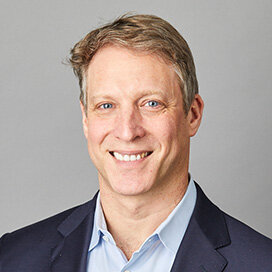
RON GONEN
Ron Gonen is the Founder and CEO of Closed Loop Partners, a New York Based investment firm that focuses on building the circular economy. In his fulfilling career, Ron has been recognized as the “Champion of Earth” by the United Nations Environment Program. Serving as the Deputy Commissioner of Sanitation, Recycling and Sustainability in New York City under the Bloomberg Administration, Ron Gonen is a visionary and his idea of the circular economy is certainly the way of the future.In 2021, he r
Oct 19, 2021 • 33:45

Ron Gonen · Founder & CEO of Closed Loop Partners, Former Deputy Commissioner of Sanitation, Recycling & Sustainability, NYC (35 mins)
Ron Gonen is the Founder and CEO of Closed Loop Partners, a New York Based investment firm that focuses on building the circular economy. In his fulfilling career, Ron has been recognized as the “Champion of Earth” by the United Nations Environment Program. Serving as the Deputy Commissioner of Sanitation, Recycling and Sustainability in New York City under the Bloomberg Administration, Ron Gonen is a visionary and his idea of the circular economy is certainly the way of the future.In 2021, he r
Oct 19, 2021 • 0:00

Mechtild Rössler · Director of the UNESCO World Heritage Centre (Highlights)
"The idea of this convention is really unique because it is about heritage of outstanding universal value, which is to be preserved not for us, but for the generations to come. And that idea came together in 1972 when we had the first International Conference on the Human Environment. The first UN Conference on this. And it was quite interesting. It was a time when you had many NGOs. It was after the publication of a book which was called Silent Spring by Rachel Carson. And it was the idea that
Oct 15, 2021 • 0:00
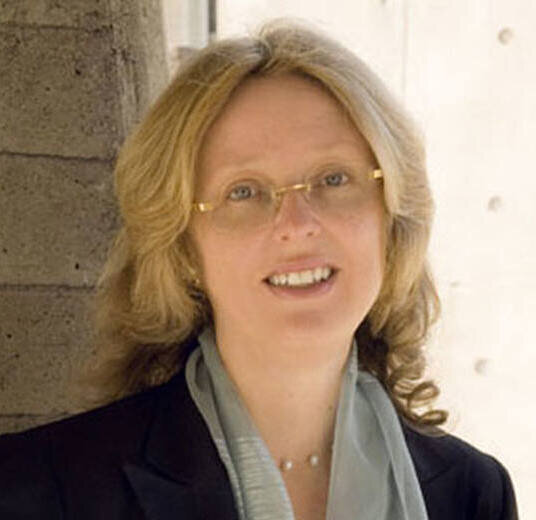
(Highlights) MECHTILD RÖSSLER
"The idea of this convention is really unique because it is about heritage of outstanding universal value, which is to be preserved not for us, but for the generations to come. And that idea came together in 1972 when we had the first International Conference on the Human Environment. The first UN Conference on this. And it was quite interesting. It was a time when you had many NGOs. It was after the publication of a book which was called Silent Spring by Rachel Carson. And it was the idea that
Oct 15, 2021 • 11:01
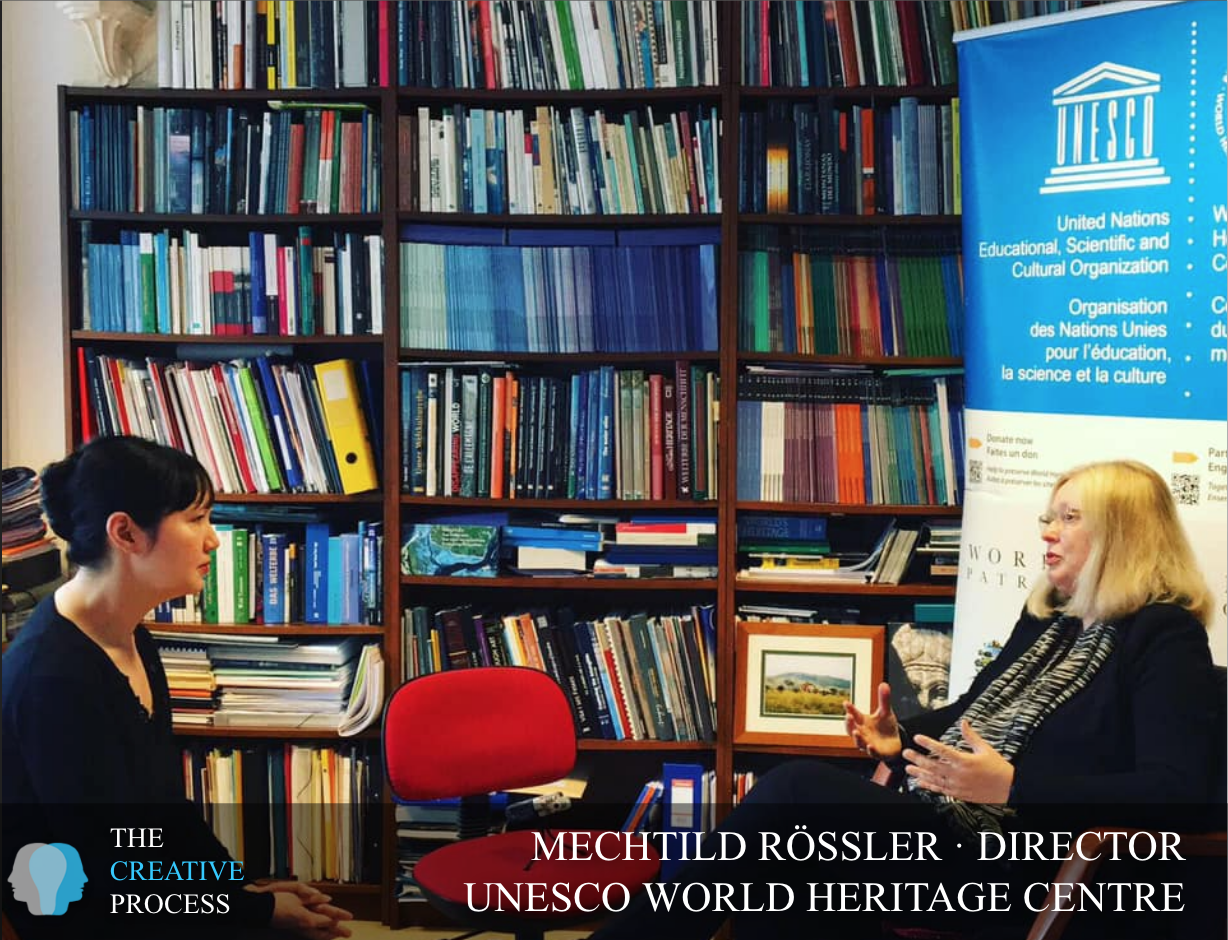
MECHTILD RÖSSLER
Mechtild Rössler is the Director of the UNESCO World Heritage Centre and has worked at the organization for almost 30 years holding different positions, including overseeing the Cultural Heritage Treaty Section, Programme Specialist for Natural Heritage and cultural landscapes, Chief of Europe and North America, and Chief of the Policy and Statutory Meeting Section. She also managed the team of the History, Memory and Dialogue Section (HMD) dealing with the Slave Route, Silk Road Platform and th
Oct 15, 2021 • 48:59

Mechtild Rössler · Director of the UNESCO World Heritage Centre (1 hour)
Mechtild Rössler is the Director of the UNESCO World Heritage Centre and has worked at the organization for almost 30 years holding different positions, including overseeing the Cultural Heritage Treaty Section, Programme Specialist for Natural Heritage and cultural landscapes, Chief of Europe and North America, and Chief of the Policy and Statutory Meeting Section. She also managed the team of the History, Memory and Dialogue Section (HMD) dealing with the Slave Route, Silk Road Platform and th
Oct 15, 2021 • 0:00

Giulio Boccaletti, Ph.D. · Author of Water, A Biography & Natural Resource Security & Environmental Sustainability Expert (Highlights)
“The problem doesn’t really reside there. The problem is that people have gotten used to thinking about water as a technical issue that can be solved by somebody sitting in a room somewhere with a white coat. The reality is that the history of water shows that this is probably the most political and salient issue of society–How we share the resources that make it possible for us to live is a fundamentally political problem. And in nations that live together under a social contract is fundamental
Oct 12, 2021 • 0:00
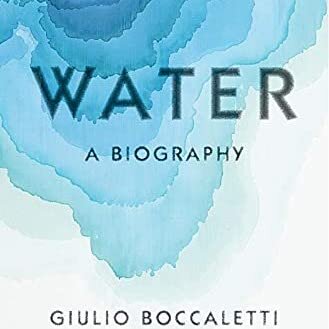
(Highlights) GIULIO BOCCALETTI
“The problem doesn’t really reside there. The problem is that people have gotten used to thinking about water as a technical issue that can be solved by somebody sitting in a room somewhere with a white coat. The reality is that the history of water shows that this is probably the most political and salient issue of society–How we share the resources that make it possible for us to live is a fundamentally political problem. And in nations that live together under a social contract is fundamental
Oct 12, 2021 • 9:59

Giulio Boccaletti, Ph.D. · Author of Water, A Biography & Natural Resource Security & Environmental Sustainability Expert (45 mins)
Giulio Boccaletti, Ph.D., is a globally recognized expert on natural resource security and environmental sustainability. Trained as a physicist and climate scientist, he holds a doctorate from Princeton University, where he was a NASA Earth Systems Science Fellow. He has been a research scientist at the Massachusetts Institute of Technology, a partner of McKinsey & Company, and the chief strategy officer of The Nature Conservancy, one of the largest environmental organizations in the world. He i
Oct 12, 2021 • 0:00
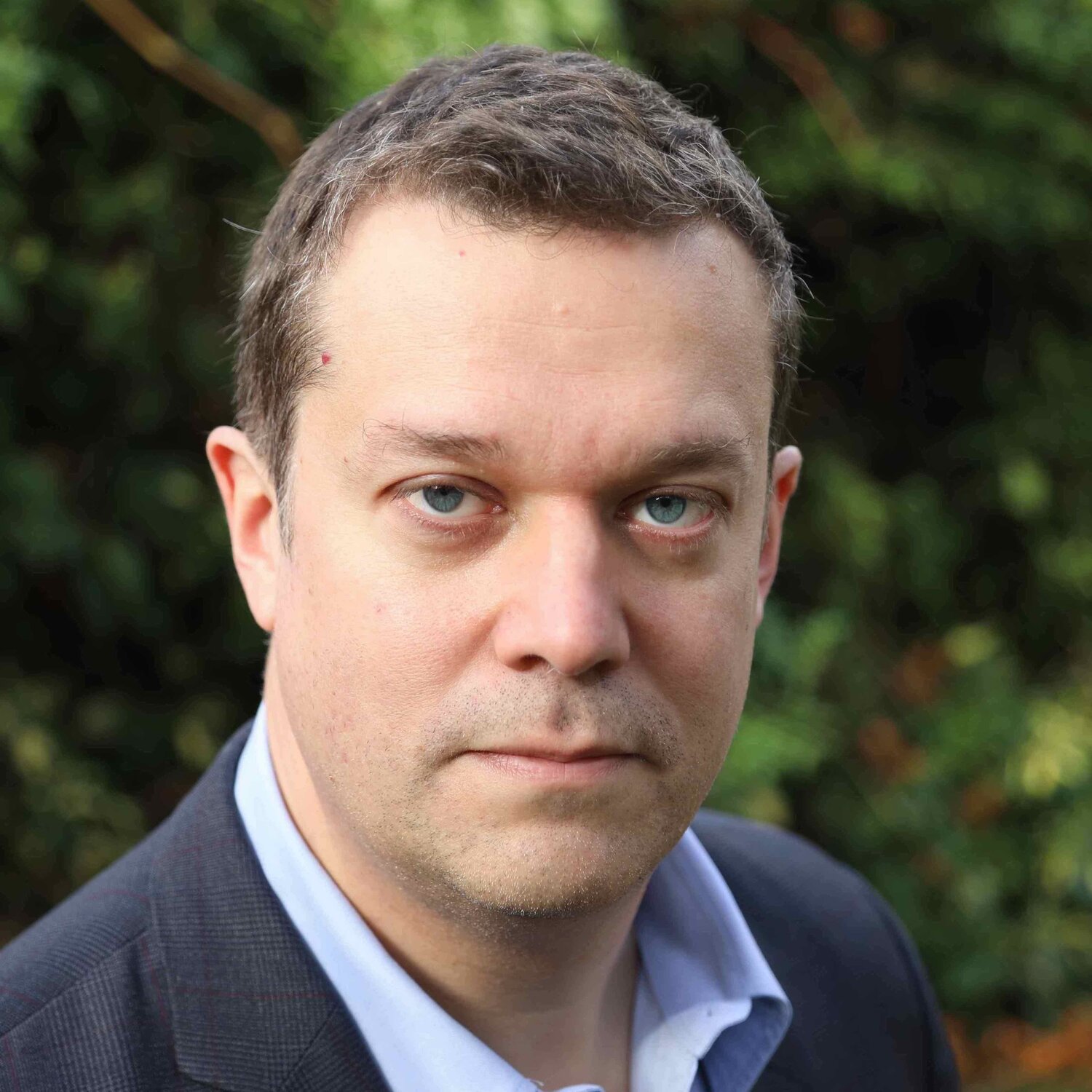
GIULIO BOCCALETTI
Giulio Boccaletti, Ph.D., is a globally recognized expert on natural resource security and environmental sustainability. Trained as a physicist and climate scientist, he holds a doctorate from Princeton University, where he was a NASA Earth Systems Science Fellow. He has been a research scientist at the Massachusetts Institute of Technology, a partner of McKinsey & Company, and the chief strategy officer of The Nature Conservancy, one of the largest environmental organizations in the world. He i
Oct 12, 2021 • 46:19
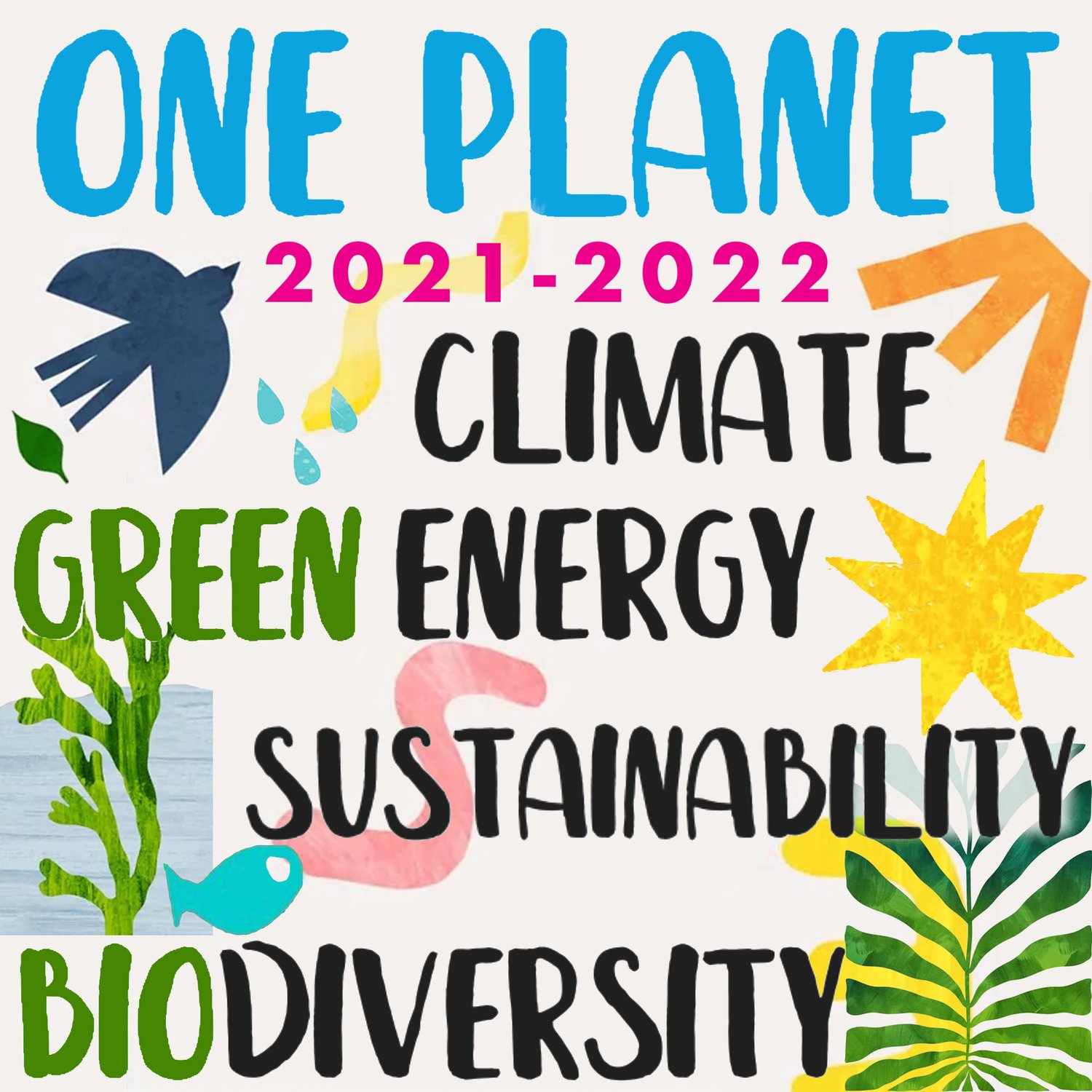
(Highlights) MIKE DAVIS
Mike Davis has been the CEO of Global Witness since 2020, having previously served as Director of Campaigns, Planning and Evaluation for three years. During this time Mike has overseen the development of a new Global Witness strategy with a strong emphasis on abuses of power driving climate crisis. Mike first joined Global Witness in 2003, holding numerous roles, including exposing corruption in the Myanmar jade business and writing two ground-breaking exposes on corruption in Cambodia, both of
Oct 8, 2021 • 12:24

Mike Davis · CEO of Global Witness (Highlights)
Mike Davis has been the CEO of Global Witness since 2020, having previously served as Director of Campaigns, Planning and Evaluation for three years. During this time Mike has overseen the development of a new Global Witness strategy with a strong emphasis on abuses of power driving climate crisis. Mike first joined Global Witness in 2003, holding numerous roles, including exposing corruption in the Myanmar jade business and writing two ground-breaking exposes on corruption in Cambodia, both of
Oct 8, 2021 • 0:00

Mike Davis · CEO of Global Witness (51 mins)
Mike Davis has been the CEO of Global Witness since 2020, having previously served as Director of Campaigns, Planning and Evaluation for three years. During this time Mike has overseen the development of a new Global Witness strategy with a strong emphasis on abuses of power driving climate crisis. Mike first joined Global Witness in 2003, holding numerous roles, including exposing corruption in the Myanmar jade business and writing two ground-breaking exposes on corruption in Cambodia, both of
Oct 8, 2021 • 0:00
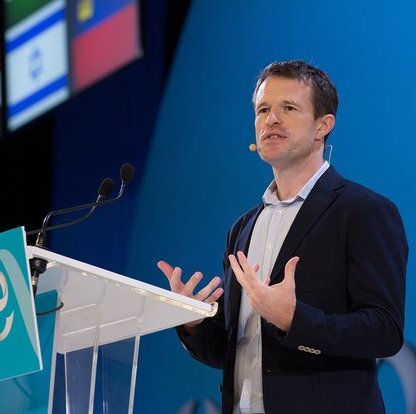
MIKE DAVIS
Mike Davis has been the CEO of Global Witness since 2020, having previously served as Director of Campaigns, Planning and Evaluation for three years. During this time Mike has overseen the development of a new Global Witness strategy with a strong emphasis on abuses of power driving climate crisis. Mike first joined Global Witness in 2003, holding numerous roles, including exposing corruption in the Myanmar jade business and writing two ground-breaking exposes on corruption in Cambodia, both of
Oct 8, 2021 • 50:57
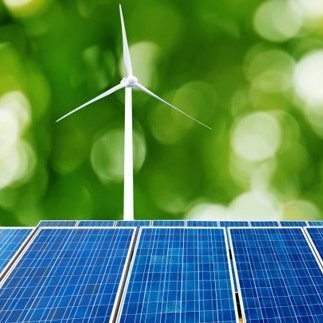
(Highlights) HANS-JOSEF FELL
“Climate scientists forecast that we will see more pandemics, more sickness in people. We have about 8 million people from air pollution every year around the world. So if we want to save their lives so that they do not become ill, we have to stop air pollution. Climate protection is the best contribution to healthcare for humankind.”Hans-Josef Fell was a member of German Parliament from 1998 to 2013 where he drafted the 2000 Renewable Energy Sources Act. This law has since been replicated over
Oct 5, 2021 • 11:26

Hans-Josef Fell · Environmentalist · President of Energy Watch Group · Member of German Parliament 1998-2013 (Highlights)
“Climate scientists forecast that we will see more pandemics, more sickness in people. We have about 8 million people from air pollution every year around the world. So if we want to save their lives so that they do not become ill, we have to stop air pollution. Climate protection is the best contribution to healthcare for humankind.”Hans-Josef Fell was a member of German Parliament from 1998 to 2013 where he drafted the 2000 Renewable Energy Sources Act. This law has since been replicated over
Oct 5, 2021 • 0:00

Hans-Josef Fell · Environmentalist · President of Energy Watch Group · Member of German Parliament 1998-2013 (62 mins)
Hans-Josef Fell was a member of German Parliament from 1998 to 2013 where he drafted the 2000 Renewable Energy Sources Act. This law has since been replicated over 100 times and can be seen as the legal prototype for the rollout of renewables. In 2006, with a group of other parliamentarians and scientists, Fell created the Energy Watch Group, wherein as president, he utilizes his vast expertise in energy and climate politics to foster political dialogue and public discourse. Fell has received m
Oct 5, 2021 • 0:00
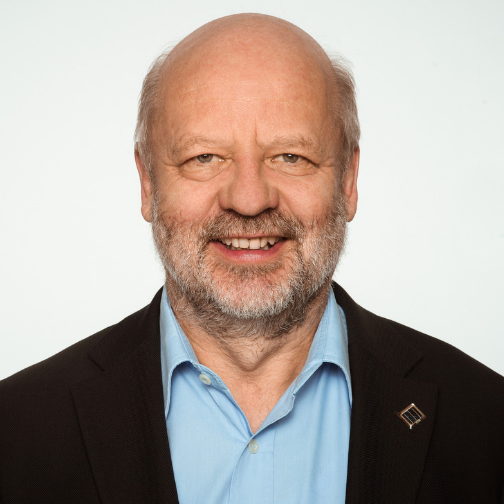
HANS-JOSEF FELL
Hans-Josef Fell was a member of German Parliament from 1998 to 2013 where he drafted the 2000 Renewable Energy Sources Act. This law has since been replicated over 100 times and can be seen as the legal prototype for the rollout of renewables. In 2006, with a group of other parliamentarians and scientists, Fell created the Energy Watch Group, wherein as president, he utilizes his vast expertise in energy and climate politics to foster political dialogue and public discourse. Fell has received m
Oct 5, 2021 • 1:01:46
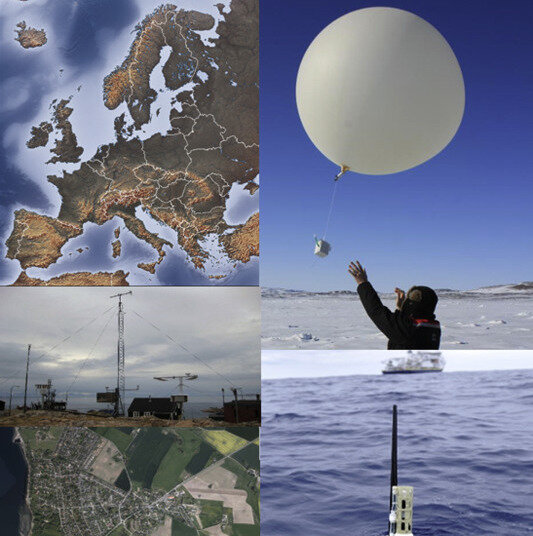
(Highlights) HANS BRUYNINCKX
"I'm a deep believer in the values of democracy, human rights, and the system where civil society and people play a key role in the discussions about society and also assuming responsibility, whether it's through labor unions, youth organizations…I think one key solution at the level of society is more equality. More equal societies bring a lot of advantages. I think that is a critical component to building a sustainable society. We cannot pretend that the current distribution of wealth on this
Oct 1, 2021 • 10:34

Hans Bruyninckx · Executive Director · European Environment Agency (Highlights)
"I'm a deep believer in the values of democracy, human rights, and the system where civil society and people play a key role in the discussions about society and also assuming responsibility, whether it's through labor unions, youth organizations…I think one key solution at the level of society is more equality. More equal societies bring a lot of advantages. I think that is a critical component to building a sustainable society. We cannot pretend that the current distribution of wealth on this
Oct 1, 2021 • 0:00

Hans Bruyninckx · Executive Director · European Environment Agency (49 mins)
Hans Bruyninckx is the Executive Director of the European Environment Agency. He is a political scientist and international relations scholar specializing in global environmental governance, climate change, and sustainable development. Previous to his work at EEA, he was head of the HIVA Research Institute and of the Political Science department at KU Leuven, senior member of the interdisciplinary Leuven Centre for Global Governance Studies and promoter-coordinator of the Flemish Policy Research
Oct 1, 2021 • 0:00
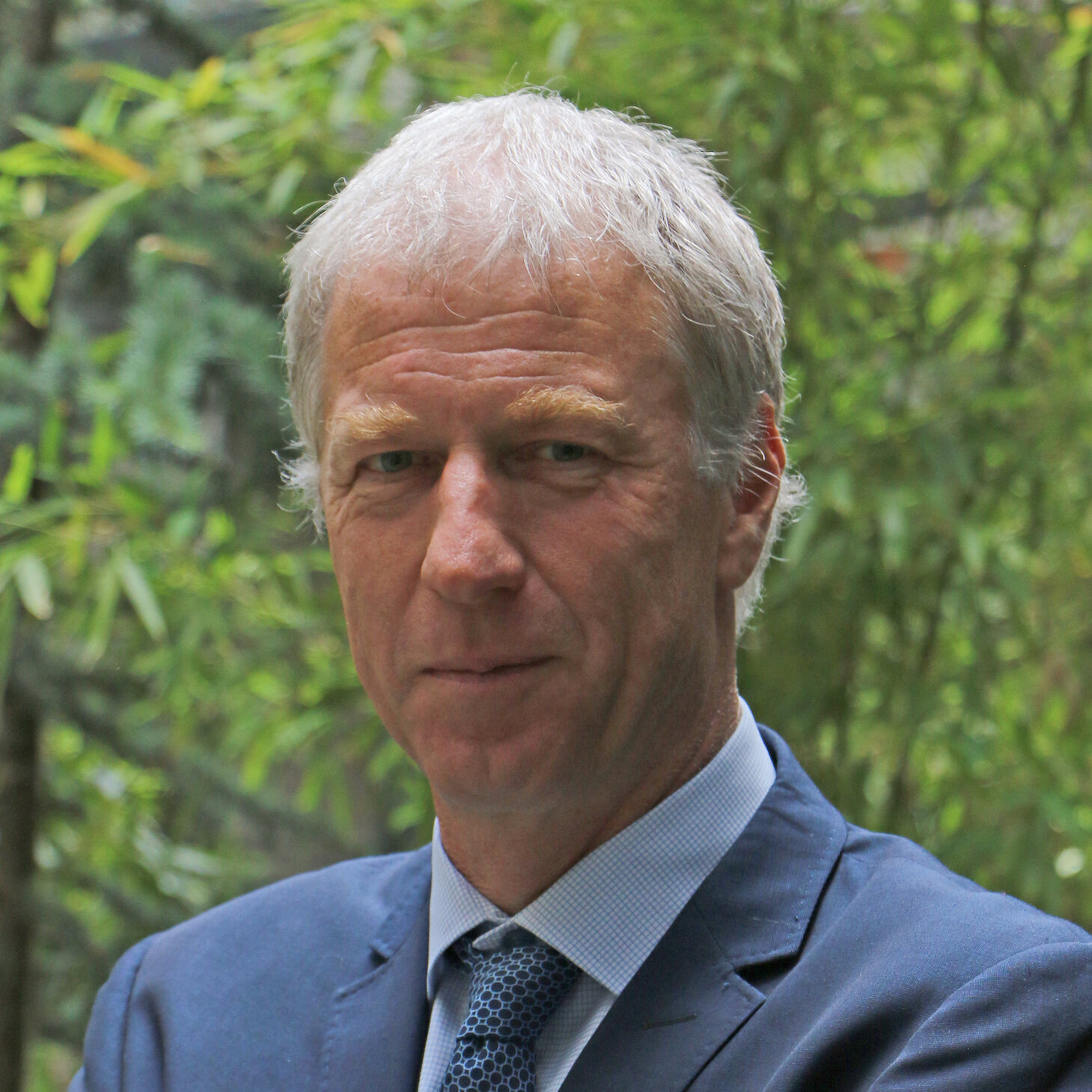
HANS BRUYNINCKX
Hans Bruyninckx is the Executive Director of the European Environment Agency. He is a political scientist and international relations scholar specializing in global environmental governance, climate change, and sustainable development. Previous to his work at EEA, he was head of the HIVA Research Institute and of the Political Science department at KU Leuven, senior member of the interdisciplinary Leuven Centre for Global Governance Studies and promoter-coordinator of the Flemish Policy Research
Oct 1, 2021 • 48:49

Ibrahim AlHusseini · Founder and CEO of FullCycle Fund (Highlights)
“Is it okay that you benefit at the expense of everyone and everything else? Is that a way that you really feel like you are winning at life? If not, then reconsider what you’re doing and just realize that we all live in this inextricably connected closed sphere in the middle of space. Anything that harms one area harms every area. There is nobody who can escape dirty air, dirty water, dirty food, economic political disruptions, etc. We’re all in this together. So don’t fool yourself by thinking
Sep 28, 2021 • 0:00

(Highlights) IBRAHIM ALHUSSEINI
“Is it okay that you benefit at the expense of everyone and everything else? Is that a way that you really feel like you are winning at life? If not, then reconsider what you’re doing and just realize that we all live in this inextricably connected closed sphere in the middle of space. Anything that harms one area harms every area. There is nobody who can escape dirty air, dirty water, dirty food, economic political disruptions, etc. We’re all in this together. So don’t fool yourself by thinking
Sep 28, 2021 • 12:17
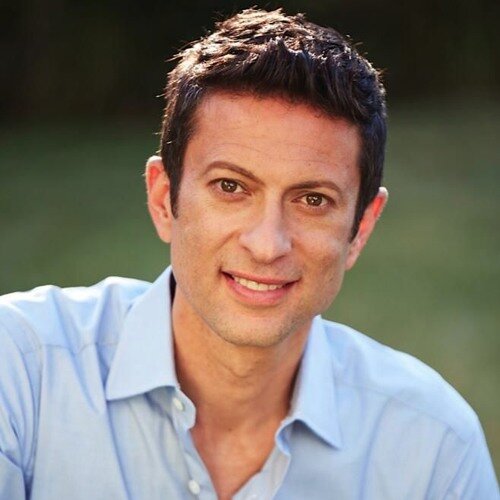
IBRAHIM ALHUSSEINI
Ibrahim AlHusseini was born in Jordan and raised in Saudi Arabia by parents who are Palestinian refugees. He emigrated to the United States in the 1990s to attend college at the University of Washington and he currently resides in Los Angeles. AlHusseini is a venture capitalist, sustainability-focused entrepreneur, and environmentalist. He is the founder and CEO of FullCycle, an investment company accelerating the deployment of climate-restoring technologies. AlHusseini is also the founder and m
Sep 28, 2021 • 51:43

Ibrahim AlHusseini · Founder and CEO of FullCycle Fund (51 mins)
Ibrahim AlHusseini was born in Jordan and raised in Saudi Arabia by parents who are Palestinian refugees. He emigrated to the United States in the 1990s to attend college at the University of Washington and he currently resides in Los Angeles. AlHusseini is a venture capitalist, sustainability-focused entrepreneur, and environmentalist. He is the founder and CEO of FullCycle, an investment company accelerating the deployment of climate-restoring technologies. AlHusseini is also the founder and m
Sep 28, 2021 • 0:00
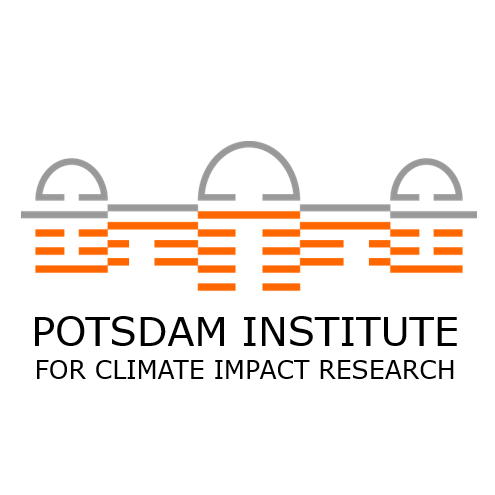
(Highlights) ANDERS LEVERMANN
“A lot of people think climate change is about avoiding the extinction of mankind. In my opinion, climate change is about putting pressure on society and disrupting society to an extent that it can't function properly anymore. So my greatest fear is that if we don't combat climate change, the weather extremes will hit us with a frequency and intensity that we will not be able to recover after each impact. And then we will start to fight with each other.” Anders Levermann is a professor at the Ph
Sep 24, 2021 • 12:19

Anders Levermann · Physics Institute of Potsdam U & Snr. Research Scientist, Earth Inst. (Highlights)
“A lot of people think climate change is about avoiding the extinction of mankind. In my opinion, climate change is about putting pressure on society and disrupting society to an extent that it can't function properly anymore. So my greatest fear is that if we don't combat climate change, the weather extremes will hit us with a frequency and intensity that we will not be able to recover after each impact. And then we will start to fight with each other.” Anders Levermann is a professor at the Ph
Sep 24, 2021 • 0:00

Anders Levermann · Professor at Physics Institute of Potsdam University & Senior Research Scientist at Earth Institute, Columbia University (27 mins)
“A lot of people think climate change is about avoiding the extinction of mankind. In my opinion, climate change is about putting pressure on society and disrupting society to an extent that it can't function properly anymore. So my greatest fear is that if we don't combat climate change, the weather extremes will hit us with a frequency and intensity that we will not be able to recover after each impact. And then we will start to fight with each other.” Anders Levermann is a professor at the Ph
Sep 24, 2021 • 0:00
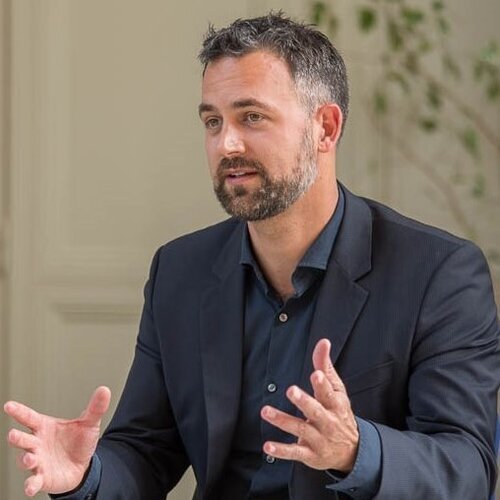
ANDERS LEVERMANN
“A lot of people think climate change is about avoiding the extinction of mankind. In my opinion, climate change is about putting pressure on society and disrupting society to an extent that it can't function properly anymore. So my greatest fear is that if we don't combat climate change, the weather extremes will hit us with a frequency and intensity that we will not be able to recover after each impact. And then we will start to fight with each other.” Anders Levermann is a professor at the Ph
Sep 24, 2021 • 26:55

Jason W. Moore · Environmental Historian, Historical Geographer & Professor of Sociology · Binghamton University (Highlights)
“We’re not waiting for the disasters to happen. They have happened. They are happening, and the disasters aren’t natural. They involve climate, but the disasters are very much made by the conditions of capitalist accumulation. We are not going to be able to grapple with the challenges of planetary crisis with the thinking that created planetary crisis.”Jason W. Moore is an environmental historian, historical geographer, and professor of sociology at Binghamton University. He is author or editor
Sep 21, 2021 • 0:00
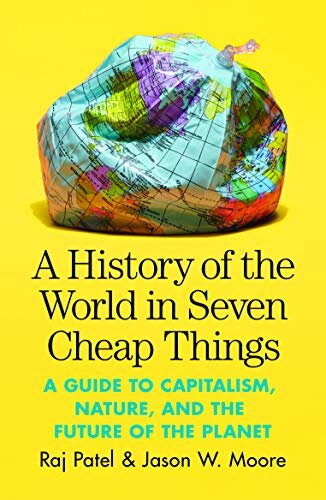
(Highlights) JASON W. MOORE
“We’re not waiting for the disasters to happen. They have happened. They are happening, and the disasters aren’t natural. They involve climate, but the disasters are very much made by the conditions of capitalist accumulation. We are not going to be able to grapple with the challenges of planetary crisis with the thinking that created planetary crisis.”Jason W. Moore is an environmental historian, historical geographer, and professor of sociology at Binghamton University. He is author or editor
Sep 21, 2021 • 7:34
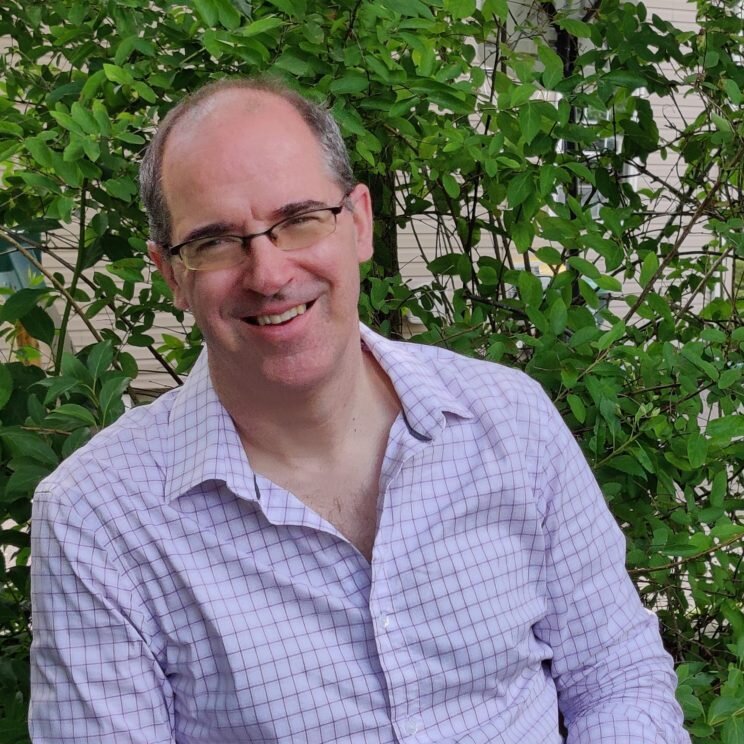
JASON W. MOORE
Jason W. Moore is an environmental historian, historical geographer, and professor of sociology at Binghamton University. He is author or editor, most recently, of Capitalism in the Web of Life, Anthropocene or Capitalocene? Nature, History, and the Crisis of Capitalism, and, with Raj Patel, A History of the World in Seven Cheap Things. His books and essays on environmental history, capitalism, and social theory have been widely recognized. He also coordinates the World-Ecology Research Network
Sep 21, 2021 • 1:02:48
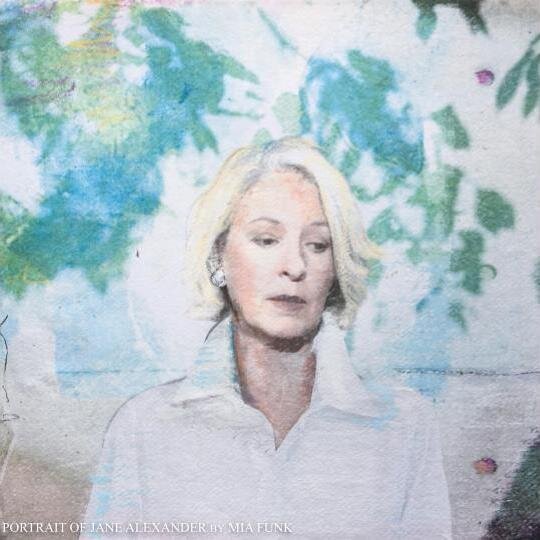
(Highlights) JANE ALEXANDER
"I came to conservation as a lover of nature, as a young girl growing up outside of Boston, Massachusetts. We just had a tiny backyard. But I was enthralled by whatever lived there from a very early age. So I kept up with my love of nature all through life by the same path that I was also going on in theater for the most part. And later film. And conservation came out of my love for animals because it became clear in the 70s, about fifty years ago, that there were many species that were beginnin
Sep 17, 2021 • 10:08
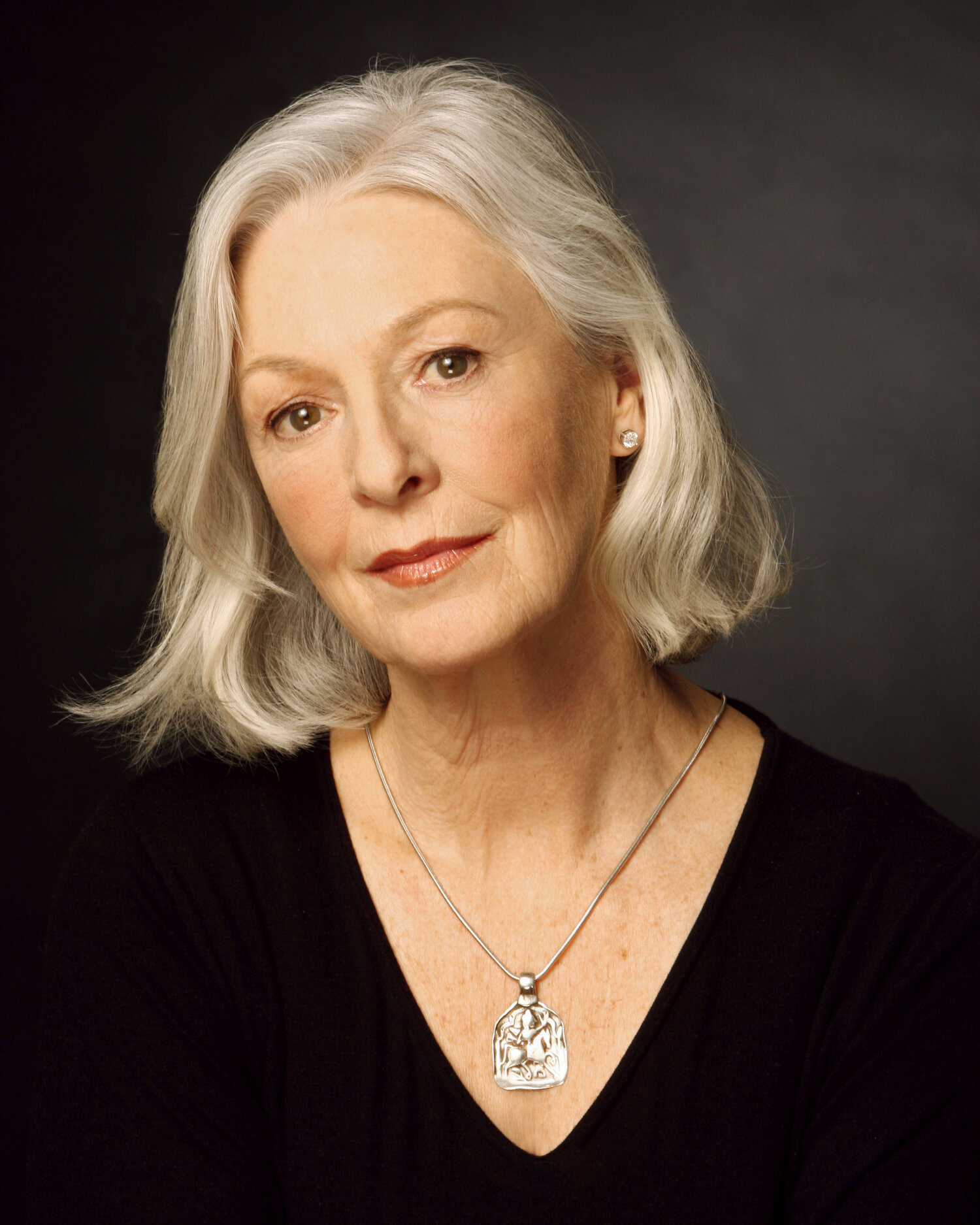
JANE ALEXANDER
Jane Alexander is an actress, writer, and conservationist. She chaired the National Endowment for the Art from 1993-1997. A Tony Award winner and member of the Theatre Hall of Fame, Alexander has performed in more than a hundred plays. Her long film career includes four Academy Award nominations, for The Great White Hope, All The President’s Men, Kramer vs. Kramer, and Testament. She has been honored with two Emmys, for Playing for Time and Warm Springs. Alexander was a Trustee of the Wildlife
Sep 17, 2021 • 1:01:12
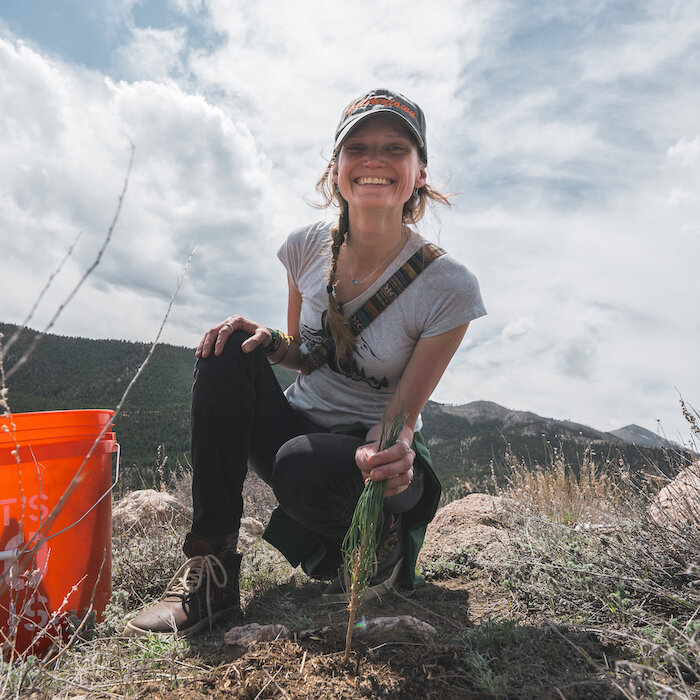
(Highlights) DIANA CHAPLIN
“We planted over 10 million trees in 2020 alone. And it’s one tree planted for every dollar donated, so we make it as simple as possible, but when you add it all up together the impact is just tremendous and growing every day.”Diana Chaplin is the Canopy Director of One Tree Planted, a 501(c)(3) nonprofit on a mission to make it simple for anyone to help the environment by planting trees. Her role is focused on managing communications, marketing, and storytelling around the many reforestation pr
Sep 10, 2021 • 11:03
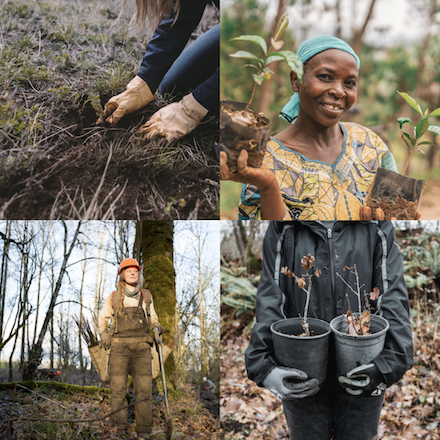
DIANA CHAPLIN
Diana Chaplin is the Canopy Director of One Tree Planted, a 501(c)(3) nonprofit on a mission to make it simple for anyone to help the environment by planting trees. Her role is focused on managing communications, marketing, and storytelling around the many reforestation projects that the organization conducts. She's a holistic thinker who applies the wisdom of nature's systems towards creating connectivity through content that ultimately helps scale the impact of One Tree Planted's work. · onetr
Sep 10, 2021 • 53:22
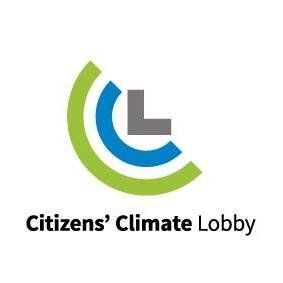
(Highlights) JESS WILBER
"When I was in highschool, I recognized that climate change was going to be the largest problem facing my generation and future generations, and I couldn’t help but feel like there was nothing I could do in the face of such an impending problem. So I was actively looking at different organizations that I could become involved with that would help me develop the skills and knowledge I needed to be an effective climate advocate."Jess Wilber is a graduate of Oberlin, where she double-majored in Env
Sep 3, 2021 • 11:59
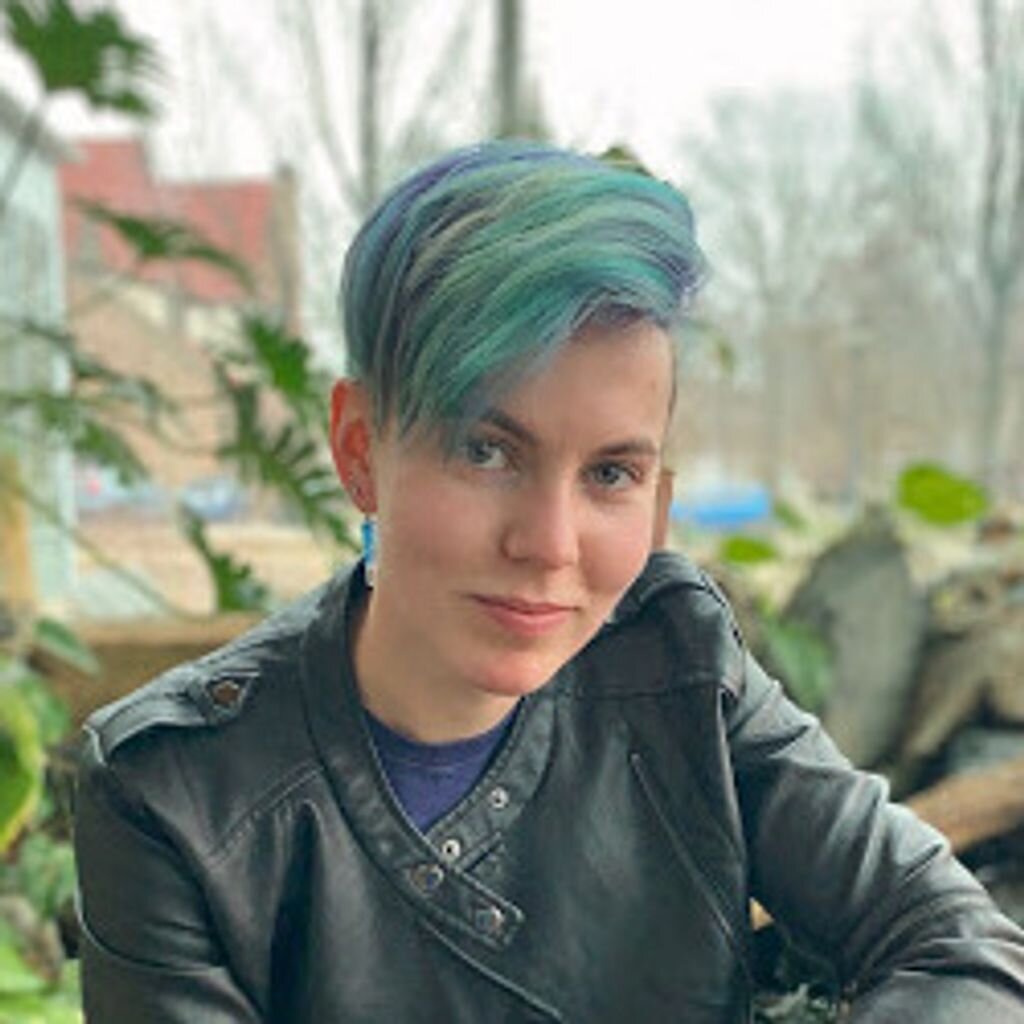
JESS WILBER
Jess Wilber is a graduate of Oberlin, where she double-majored in Environmental Studies & East Asian Studies. She’s been working with Citizens’ Climate Lobby since freshman year, helping to pioneer programs for students in Higher Education. Among the first members of the Campus Leaders Program, empowering students to become climate advocates and organizers, she founded Oberlin’s CCL Chapter, helping create a climate movement on campus. As the first Great Lakes Regional Fellow, she managed studen
Sep 3, 2021 • 28:58
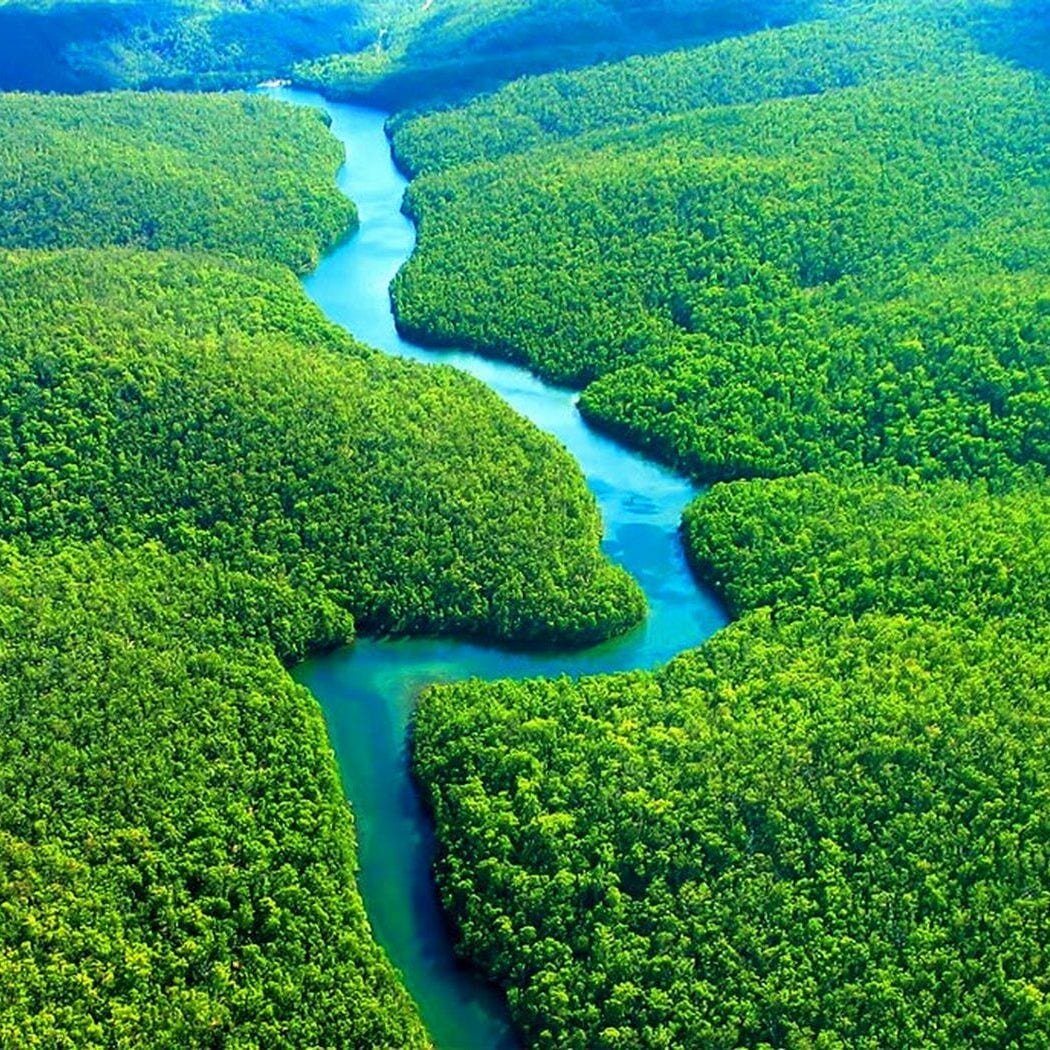
(Highlights) CARLOS SOUZA, JR.
“Find a balance. Use technology. And connect with nature. I think that’s really critical. There is big hope for your generation because you have better environmental education. I can see this. You are more aware of these issues. In terms of the environmental issues that we face now, we need to connect more with nature, to open up your heart for that. You have this amazing opportunity to reach out information to explore technologies through the Internet. What you choose now what we’re going to fo
Aug 27, 2021 • 12:22
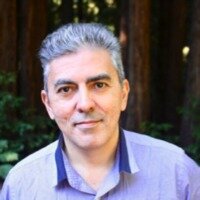
CARLOS SOUZA, JR.
Spatial analyst specialist Carlos Souza Jr. is a senior research associate at the Institute of People and the Environment of the Amazon, otherwise known as Imazon. He’s also a technical and scientific coordinator for MapBiomas, a collaborative network of co-creators, NGOs, universities, and technology companies, among others. He received his Ph.D. in Geography at University of California in Santa Barbara, and his work is focused on using current data and technology to increase understanding and
Aug 27, 2021 • 50:23
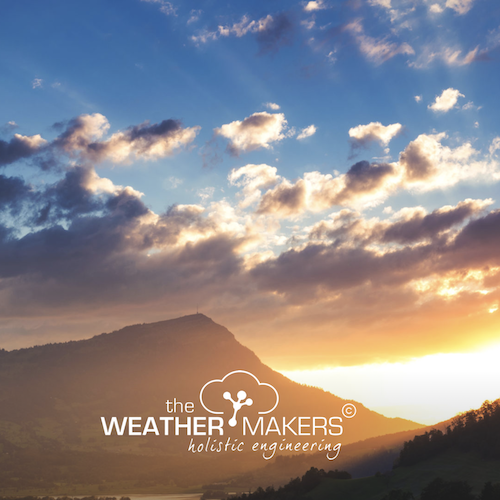
(Highlights) TIES VAN DER HOEVEN
“The story behind The Weather Makers and the whole intention is that five years by accident, I was working in a dredging company and one of the commercial people from Egypt approached me on a question about a lagoon where the fish were disappearing. So we started with this very small thing and set up a whole flow modelling approach, so really from the hydraulics, we could determine what would happen with the fish. And that really was the regretting the Sinai could have a very big impact on the w
Aug 20, 2021 • 15:00
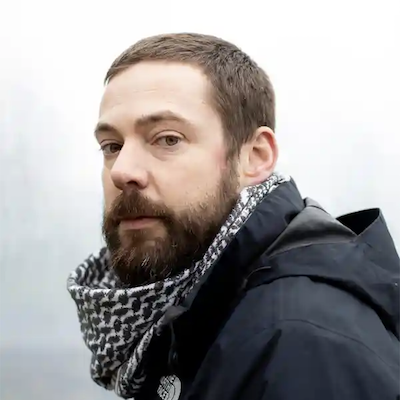
TIES VAN DER HOEVEN
Ties van der Hoeven is Creative Director and Co-founder of The Weather Makers, a company which uses holistic engineering to create Watershed Wide Ecosystem Regeneration at the broken continental divide regions to restore hydrological cycles. They influence the vegetation to increase fresh water availability through land-atmospheric processes.As a hydraulic engineer and entrepreneur, Ties has worked on international projects in Europe, Africa, Asia and Australia. His main focus is innovation, sus
Aug 20, 2021 • 45:38
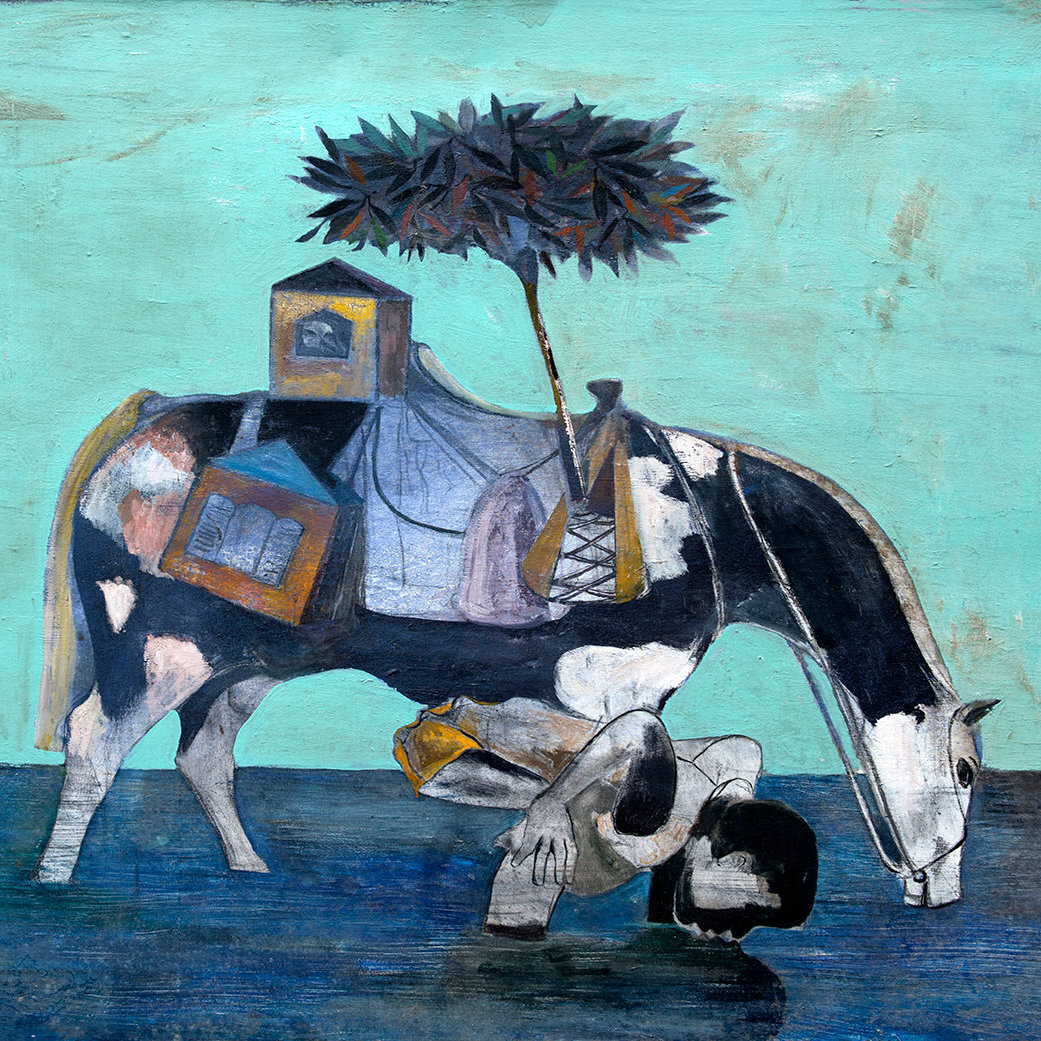
(Highlights) PATON MILLER
“When we moved back to Hawaii and lived on Molokai. I was teaching at the Kalaupapa Leprosy Colony, we had no money. And I was spearfishing, not for sport, but to get food for my family. And it was a beautiful time of our lives. We were so poor, but we were not poor. Poor is a state of mind. We were without money, but we were having so much fun… You find out that art is really good for…whatever is inside comes out. And if you don’t have a way out, that’s not good. You need to have the air go fr
Aug 13, 2021 • 11:34

PATON MILLER
After leaving his home in Hawaii to journey through Asia in 1974, Paton Miller arrived on the East End of Long Island with a collection of travel inspired artworks that won him an art scholarship from Southampton College. Graduating with honors, Paton launched his career in over twenty solo and numerous group exhibitions in New York City and throughout the United States. Today, his works are exhibited internationally, in cities such as Florence and Shanghai. Paton’s paintings are now among the m
Aug 13, 2021 • 50:21
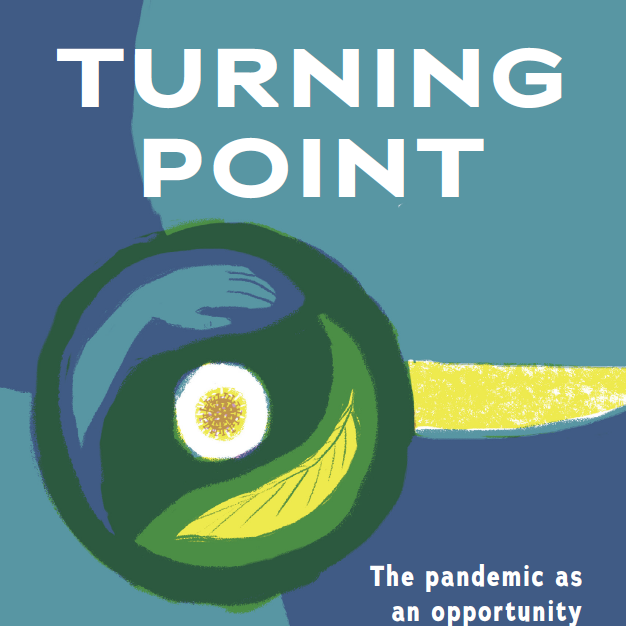
(Highlights) NICK MEYNEN
“Now with this crisis even the IMF, even the economists are saying we’re not going to go back to the neoliberal era. And they were defending this era for decades. So, I have hope that maybe we can now transition to something like a Wellbeing Era, where countries are already saying “we want to be a wellbeing economy. New Zealand is telling every ministry: Tell us how you are improving the wellbeing of the New Zealand people. So that means wellbeing has become the cop who rules over the others. Th
Aug 6, 2021 • 25:15
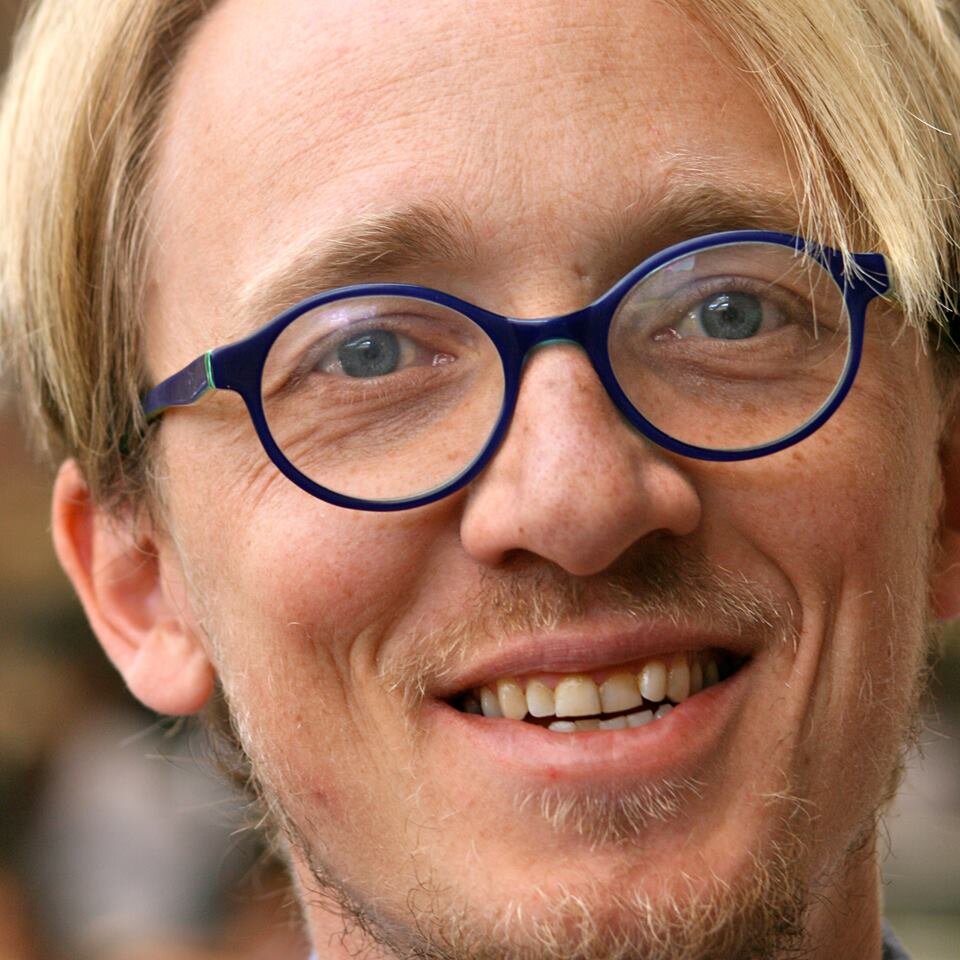
NICK MEYNEN
Through his work as the Senior Policy Officer Economic Transition at the European Environmental Bureau (the largest network of environmental citizens’ organisations in Europe) Meynen exposes what causes the burning out of people and planet and works on wellbeing for all. He is also the author of four books, including his most recent Turning Point: The pandemic as an opportunity for change, publishes essays and opinions, gives lectures and takes direct action. · eeb.org · https://eeb.org/library
Aug 6, 2021 • 1:05:10
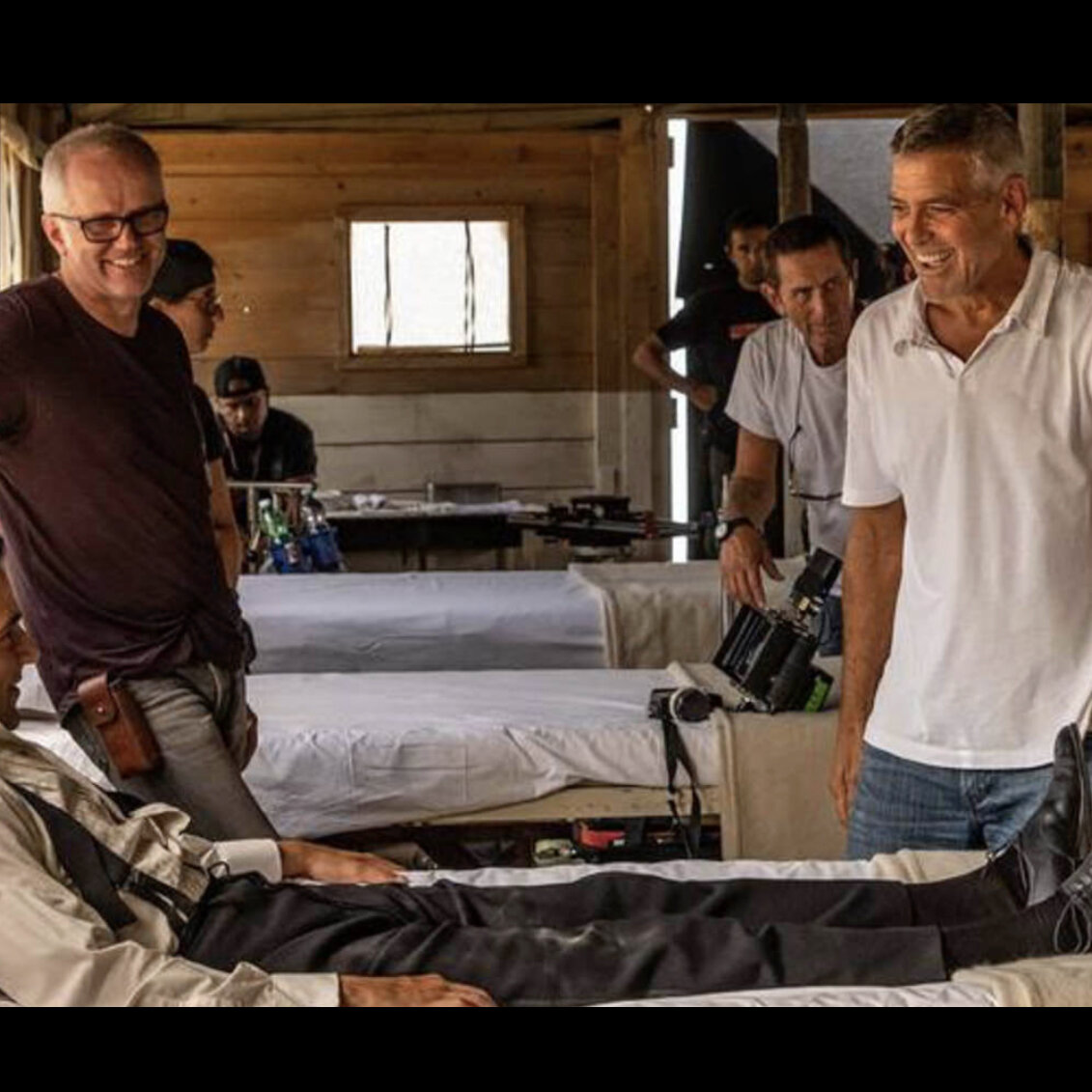
The Midnight Sky & Collaborating with GEORGE CLOONEY - MARTIN RUHE on The Art of Cinematography - Highlights
“The Midnight Sky is a film with big scopes. We have big vistas, we’re in space, we are on the moon, in the Arctic. Also, it’s a very intimate film because it’s a lot about connection, so we when we see people we get close to them and we feel intimate with them because we are literally with the camera quite close to them and looking into their faces. In this film, it helped that we went on 65mm. We shot on a large format. First of all we started that for the big landscapes, but I think it’s gre
Jul 30, 2021 • 9:11
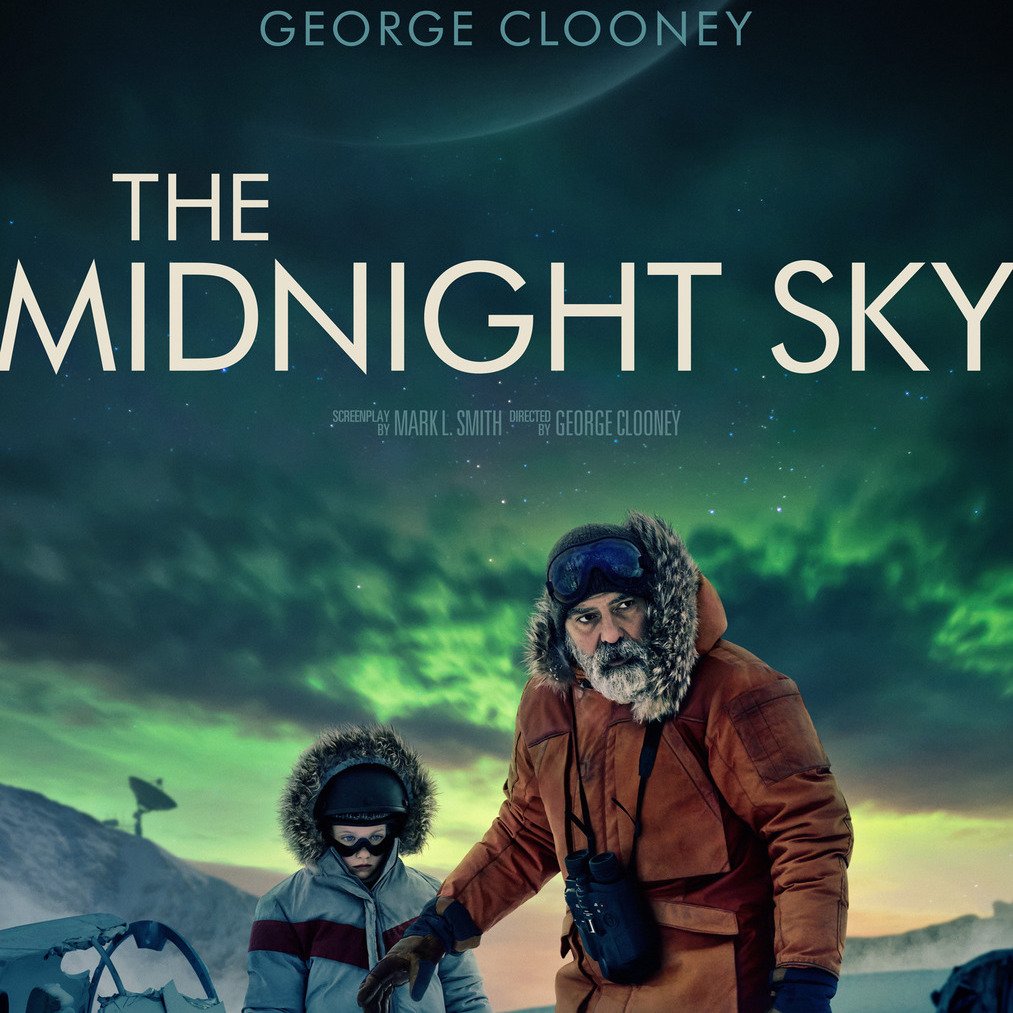
MARTIN RUHE
Martin Ruhe is the internationally-acclaimed German cinematographer behind the Netflix film The Midnight Sky directed by and starring George Clooney. Previously, Ruhe worked on Catch-22, also directed by Clooney, as well as the critically acclaimed Counterpart, Run All Night with Liam Neeson, and the British Independent film award winner Control. Ruhe photographed the dark spy thriller Page Eight for BBC Films, directed by David Hare. The film earned him an American Society of Cinematographers O
Jul 30, 2021 • 47:48
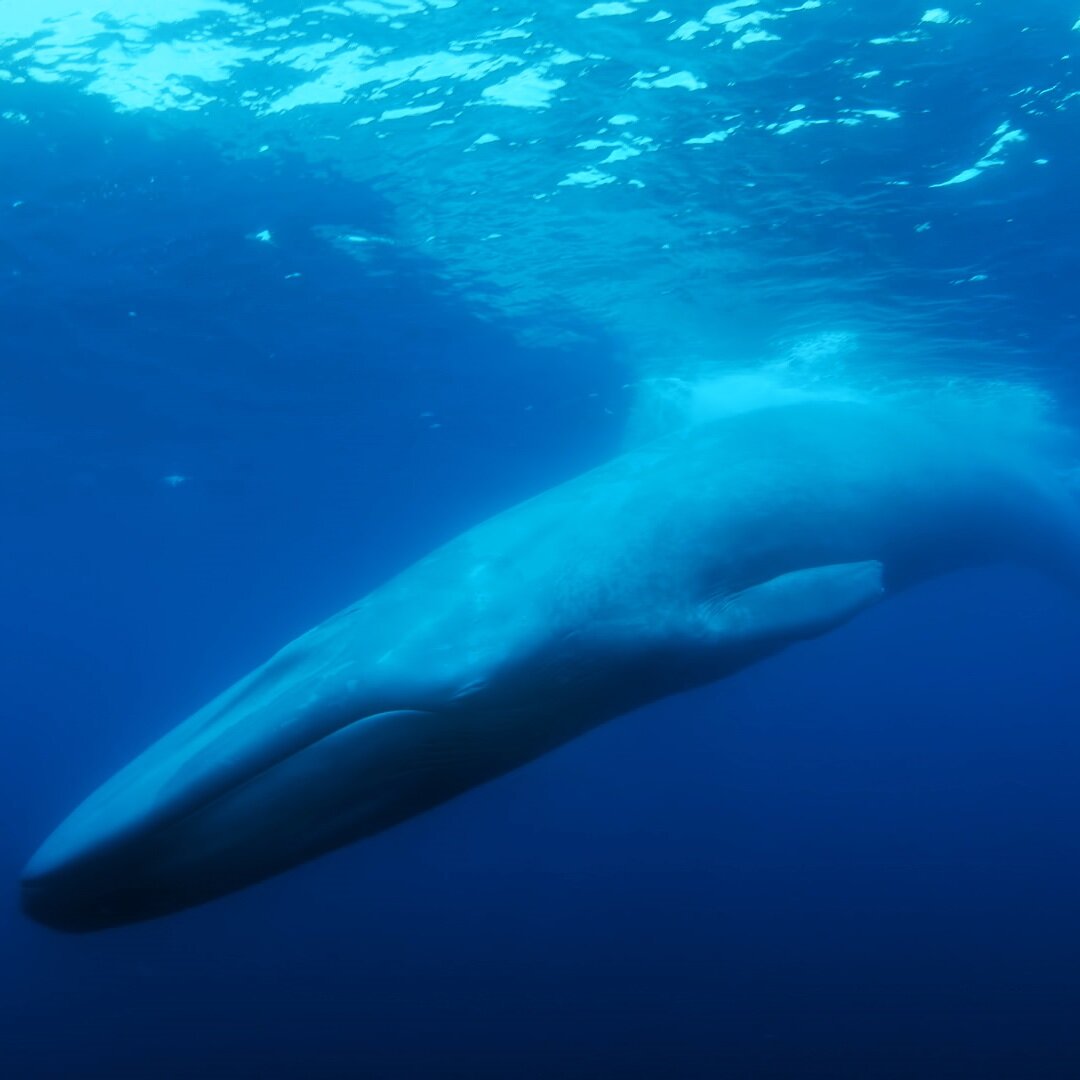
The Lonliest Whale with Cinematographer ALAN JACOBSEN - Highlights
“I hope that film and the story can help people get their heads around these huge ideas that are pretty terrifying and almost hopeless to think about. What can we do? Are we on this track? What have we done to the earth? I think scientists are very much starting to agree that it’s getting to the point where it’s almost too late. So can humans see that far ahead? Can we understand the track we’re on in time? I don’t know, but I’m willing to use whatever tools possible to try to help that conversa
Jul 23, 2021 • 7:39
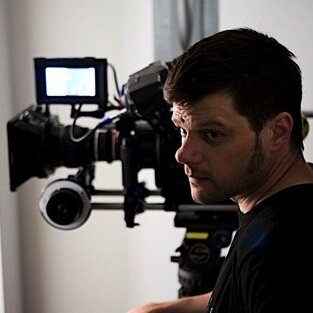
ALAN JACOBSEN
Director of photography Alan Jacobsen photographs narrative and documentary projects with an authentic, natural eye and sensitive curiosity. His camerawork is masterful, intuitive and intimate, capturing the sensory story in each powerful frame.Most recently, he wrapped the upcoming The Loneliest Whale: The Search for 52, a feature length documentary about the loneliest whale in the world, with director Joshua Zeman. Other films lensed by Jacobsen have earned film festival honors: two-time Oscar
Jul 23, 2021 • 53:09
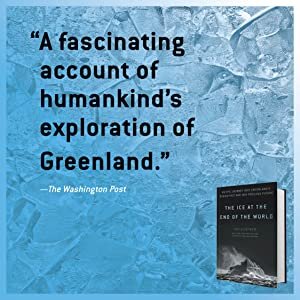
The Ice at the End of the World with JON GERTNER - Highlights
“I don’t think there is anything in our history that prepares us for what we have to do next. I think we have a lot of promising signs. It seems like the real work is still ahead of us. To me it feels that we’re making this up as we go along, we’ve made a couple good steps, we know the problem really well. We know what to do or at least what is needed, but those questions of policy and politics and how to mobilise governments and align people, at least to me it seems like the world has gotten mo
Jul 16, 2021 • 11:55
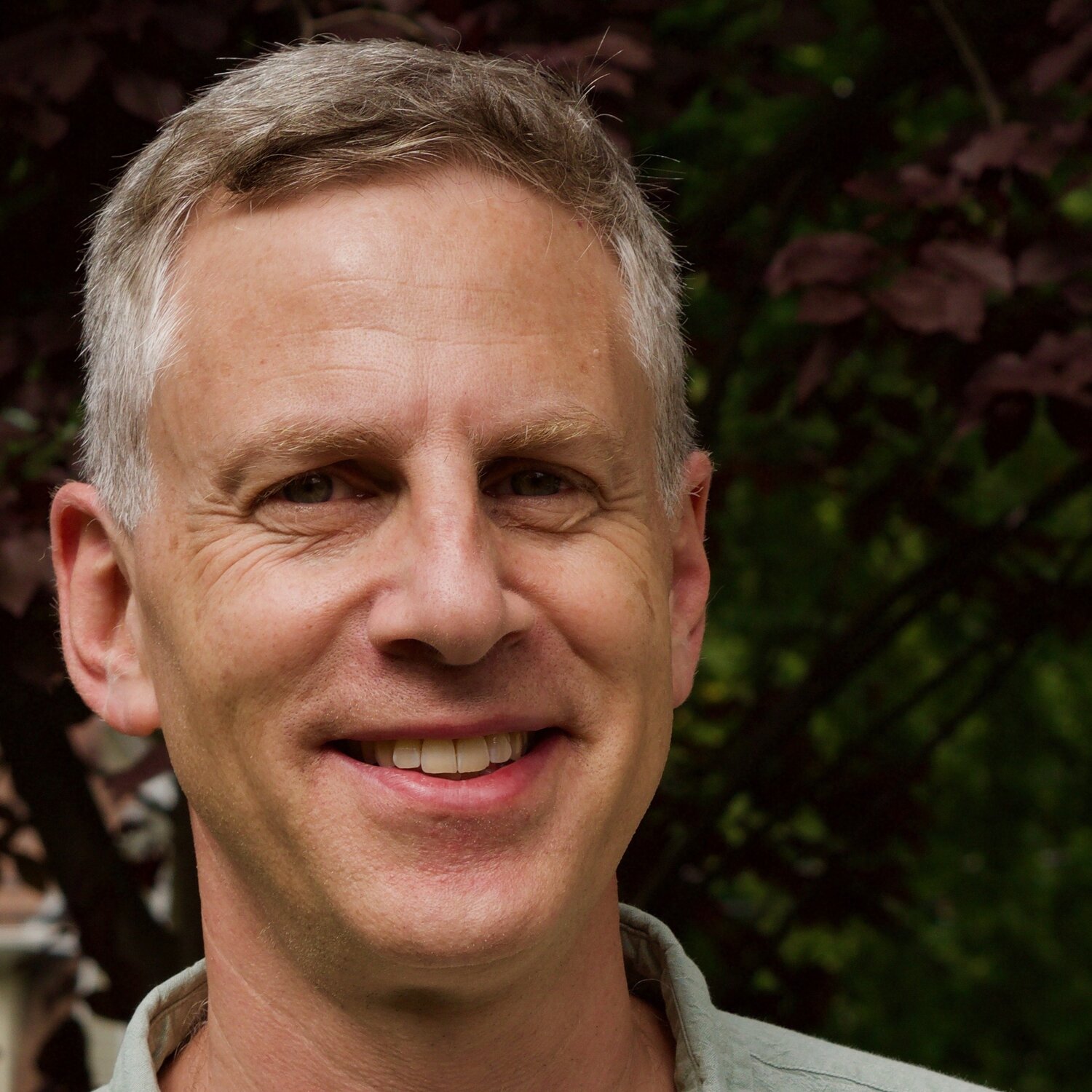
JON GERTNER
Jon Gertner is a journalist and historian whose stories on science, technology, and nature have appeared in a host of national magazines. Since 2003 he has worked mainly as a feature writer for The New York Times Magazine. He is the author of The Idea Factory: Bell Labs and the Great Age of American Innovation and The Ice at the End of the World. A frequent lecturer on technology and science history, Gertner lives with his family in New Jersey.· jongertner.net· www.oneplanetpodcast.org · www.cre
Jul 16, 2021 • 43:46
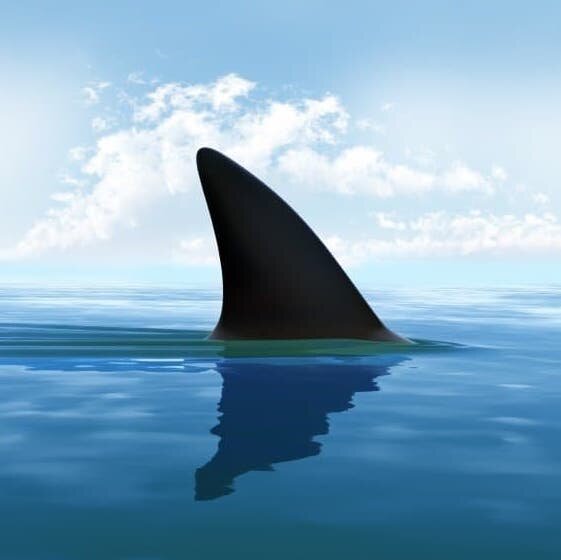
Why Are We Fascinated by Sharks? w/ Scientist, TV Presenter MELISSA CRISTINA MÁRQUEZ
“A lot of people when you think of sharks, you think of hammerheads, great white sharks, tiger sharks, but there’s so much more diversity than just that. There’s over 500 different species and on average we’re discovering new species every two weeks, not just of sharks, but also their cousins, the stingrays, skates and sometimes the chimeras as well. And so knowing that diversity exists, for me it’s really important to get that message out there.”Melissa Cristina Márquez is a multi-hyphenate Lat
Jul 9, 2021 • 10:59
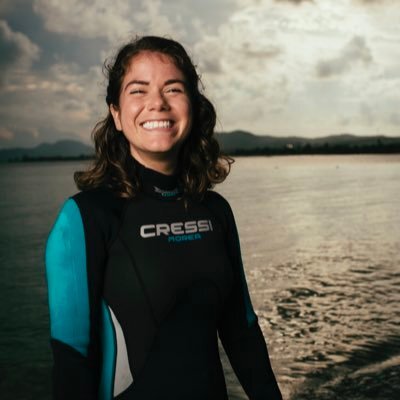
MELISSA CRISTINA MARQUEZ
Melissa Cristina Márquez is a multi-hyphenate Latina in STEM. Currently a PhD candidate at Curtin University, Márquez is interested in what environmental factors influence the composition and distribution of elasmobranchs using a variety of marine technology. She has become a household name via her Scholastic books (the "Wild Survival" series), freelance environmental issue articles, and TV presenter roles (BBC, Discovery Channel, National Geographic, and OceanX). Host of the "ConCiencia Azul" S
Jul 9, 2021 • 44:18
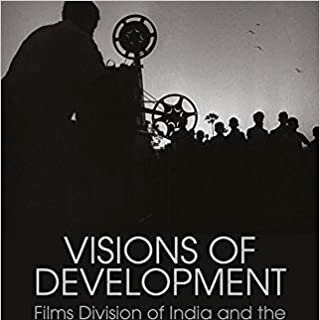
Visions of Development with Anthropologist PETER SUTORIS - Highlights
“As a culture, how do we approach the environment? How do we approach the planet? Within our education systems are we emphasizing our arrogance? Or are we emphasizing our humility in the face of planetary-scale challenges? I think at the moment, from what I’ve seen in a number of countries, this huge focus on the natural sciences, hard science as a way of mastering nature. And perhaps less of a focus on social sciences, humanities that allow us to reflect a bit more deeply on our relationship mo
Jul 2, 2021 • 9:45
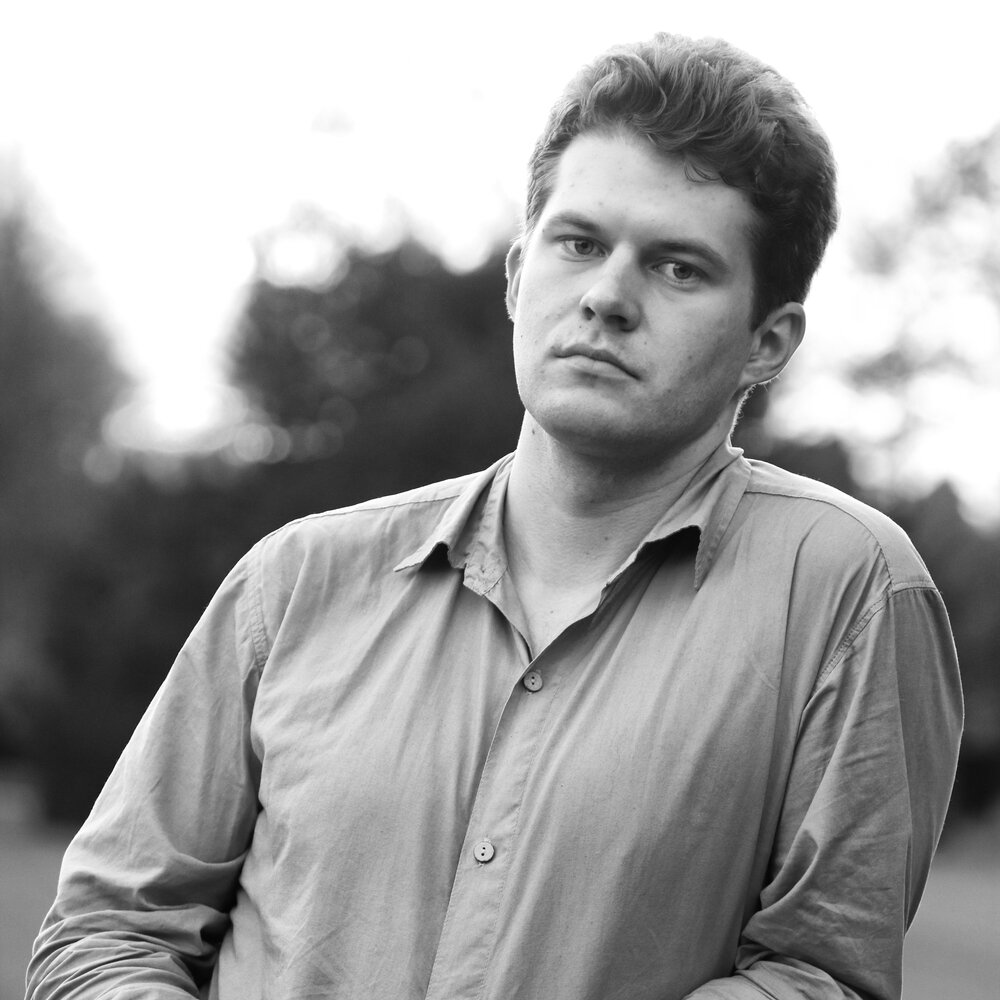
PETER SUTORIS
Peter Sutoris, PhD is an anthropologist, educator, writer, filmmaker and development professional whose research examines the ways various societies imagine the future differently. He is a Research Affiliate at the Department of Sociology and Anthropology at SOAS, University of London as well as visiting lecturer at the University of Bath and supervises at the University of Cambridge. He is the author of monographs Visions of Development, published in 2016, and Educating for the Anthropocene, co
Jul 2, 2021 • 52:55
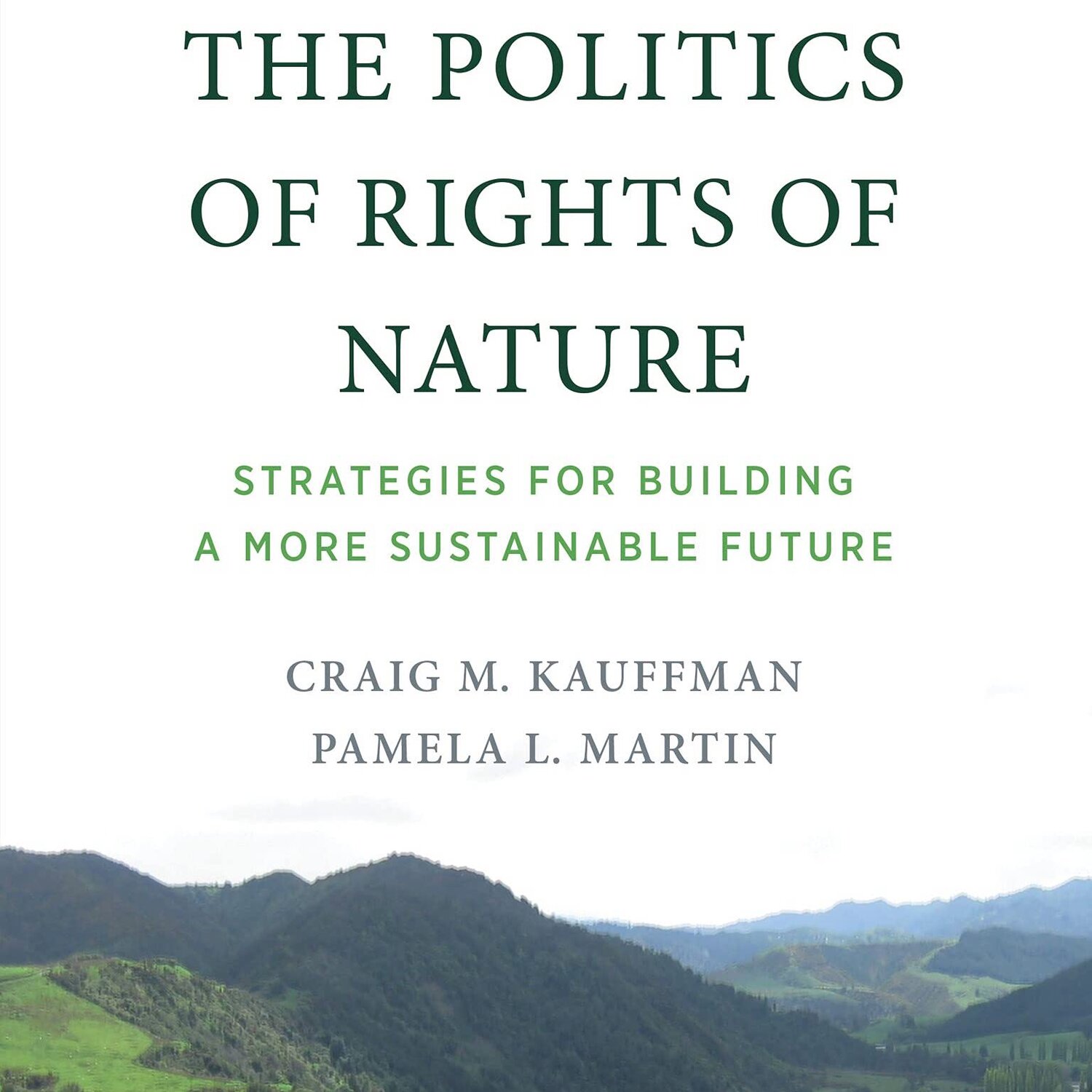
The Politics of Rights of Nature: Strategies for Building a More Sustainable Future w/ CRAIG KAUFFMAN - Highlights
"The term Rights of Nature tends to be applied to two different things. One is this underlying legal philosophy that is actually broader than just Rights of Nature, that’s probably better understood as ecological jurisprudence that may or may not be expressed in terms of rights, but because Rights of Nature is getting a lot of attention that term tends to be applied to represent this broader underlying philosophy. Of course, the other way it’s used it to refer to the legal provisions that explic
Jun 25, 2021 • 11:14
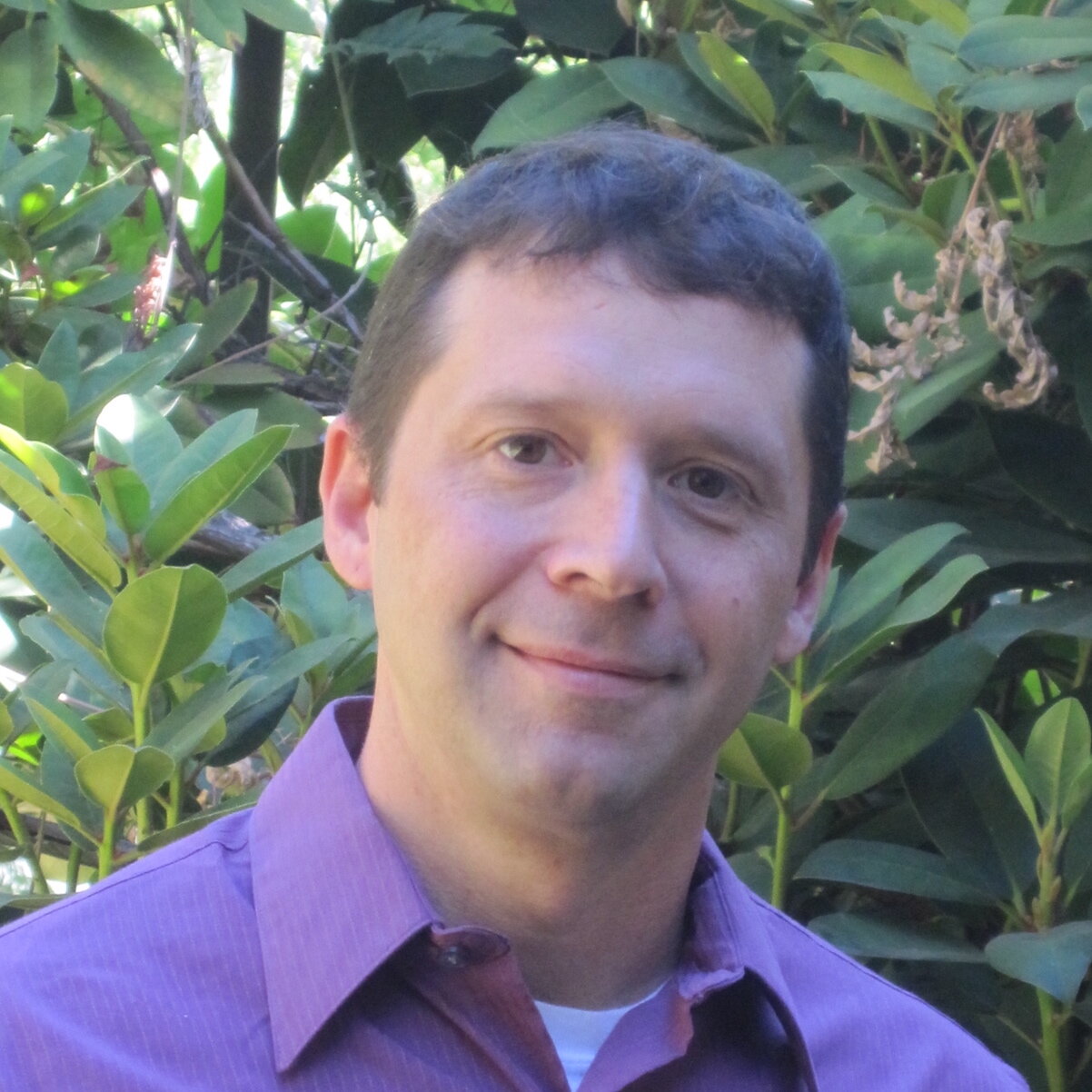
CRAIG KAUFFMAN
Craig Kauffman is Associate Professor of Political Science at the University of Oregon and a member of the United Nations Knowledge Network on Harmony with Nature. He has authored numerous works on environmental politics, ecological law, and sustainable development, including The Politics of Rights of Nature: Strategies for Building a More Sustainable Future, MIT Press, 2021 (with Pamela Martin). He is currently developing the EcoJurisprudence Monitor, which tracks ecological law initiatives wor
Jun 25, 2021 • 1:10:20
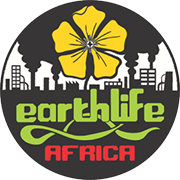
EARTHLIFE AFRICA w/ Thabo Sibeko, Ulrich Steenkamp & Bongiwe Matsoha - Highlights
“Earthlife Africa was formed in the late 80s by a group of student activists who formed the organization in response to environmental injustice issues and part of those issues were more related to radioactive waste as well as energy-related issues which they were encountering, particularly in local communities, but for the past fifteen, the organization evolved. There are a lot of changes. Generation to generation and they leave and pass it on to others; activists passing a baton to other activi
Jun 18, 2021 • 15:16
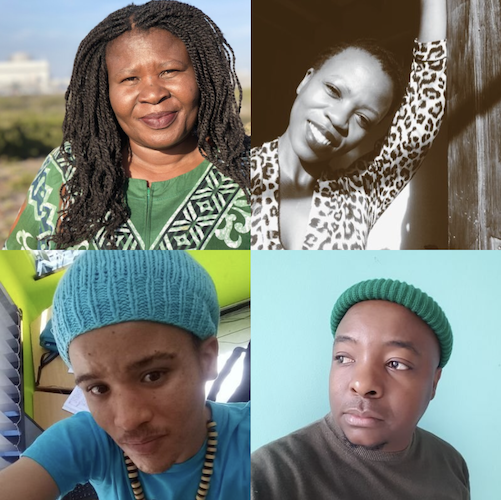
EARTHLIFE AFRICA
Earthlife Africa is a non-profit organisation, founded in Johannesburg, South Africa, in 1988, that seeks a better life for all people without exploiting other people or degrading their environment. Earthlife Africa works to encourage and support individuals, businesses and industries to reduce pollution, minimise waste and protect our natural resources. · earthlife.org.za Thabo Sibeko is an Activist with 20 years of experience working with various communities using art and re-usable material to
Jun 18, 2021 • 56:08
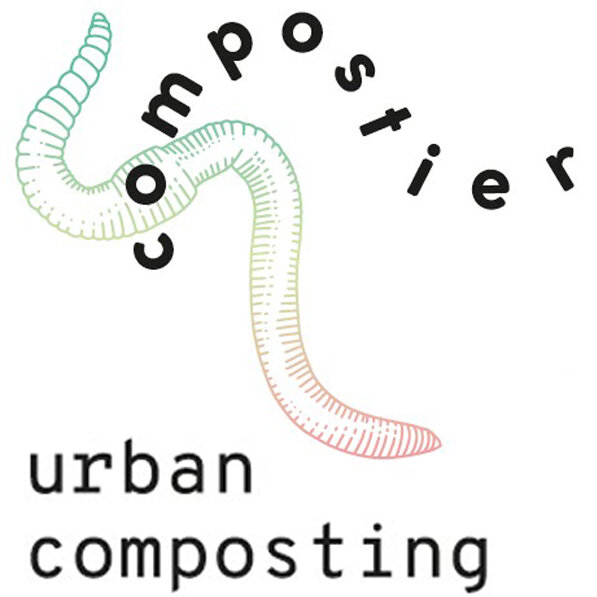
What is a Worm Hotel? ROWIN SNIJDER on Community Composting - Highlights
“Know first of all that we are not separate from nature, but that we are part of it. To not even think of what is the benefit for me from it. I find it a very beautiful the concept of the food forest. Like you're actually building soil, and then the surplus is that you get some food back. To focus more on giving than on taking, especially for children. What I like to teach my children–really look at what is your talent, what drives you and how you think you can use that to improve and to create
Jun 11, 2021 • 18:16
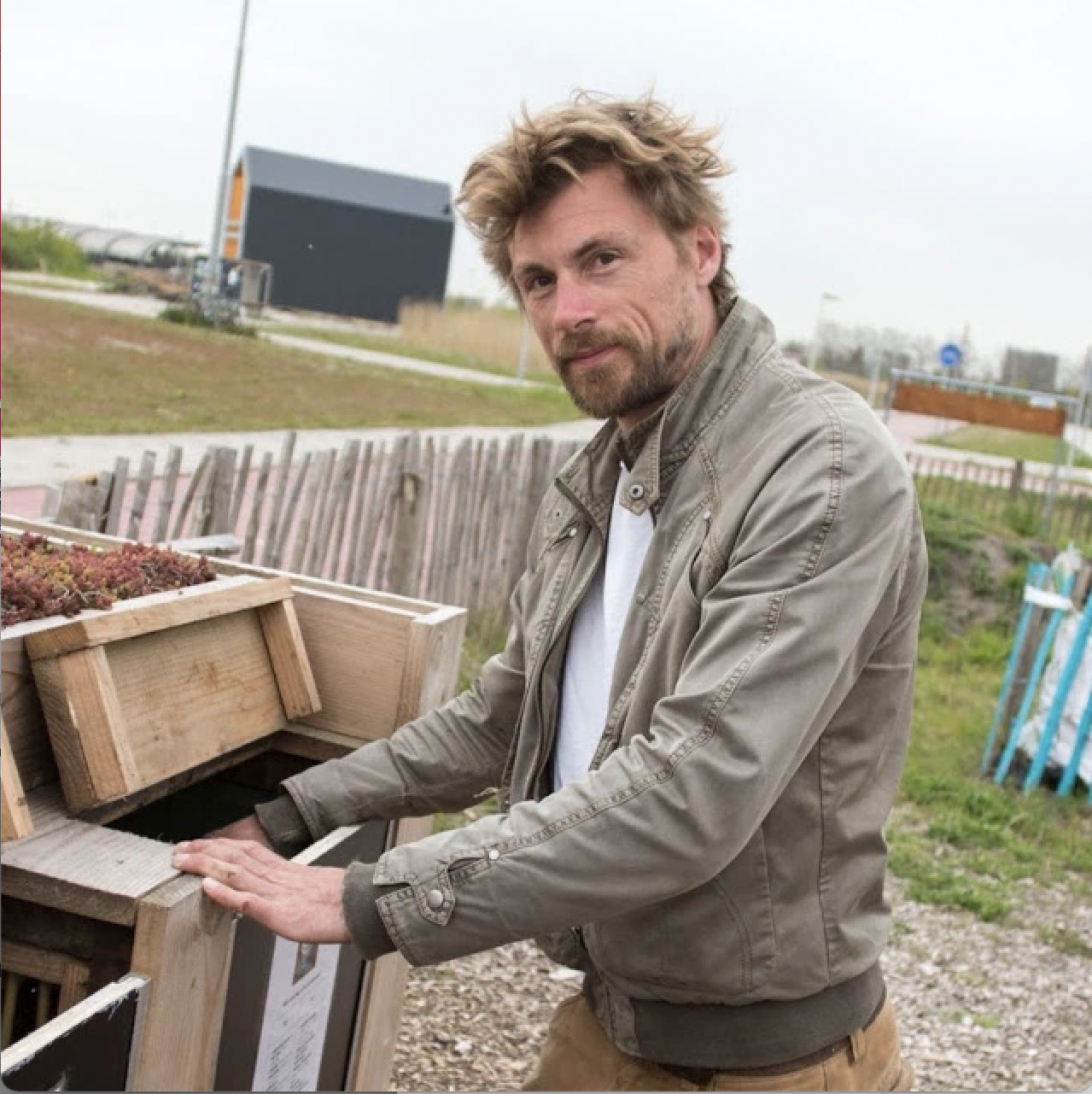
ROWIN SNIJDER
Since 2014, Rowin Snijder has been designing and building with his company Le Compostier “worm hotels” for community composting projects. A worm hotel is a structure in which an ecosystem of compost organisms work together to transform organic waste into beautiful worm compost. With a garden on top of each worm hotel, they give space to nature in neighborhoods and show us we can use organic waste to create a circular city.· www.compostier.nl · www.oneplanetpodcast.org · www.creativeprocess.info
Jun 11, 2021 • 38:20
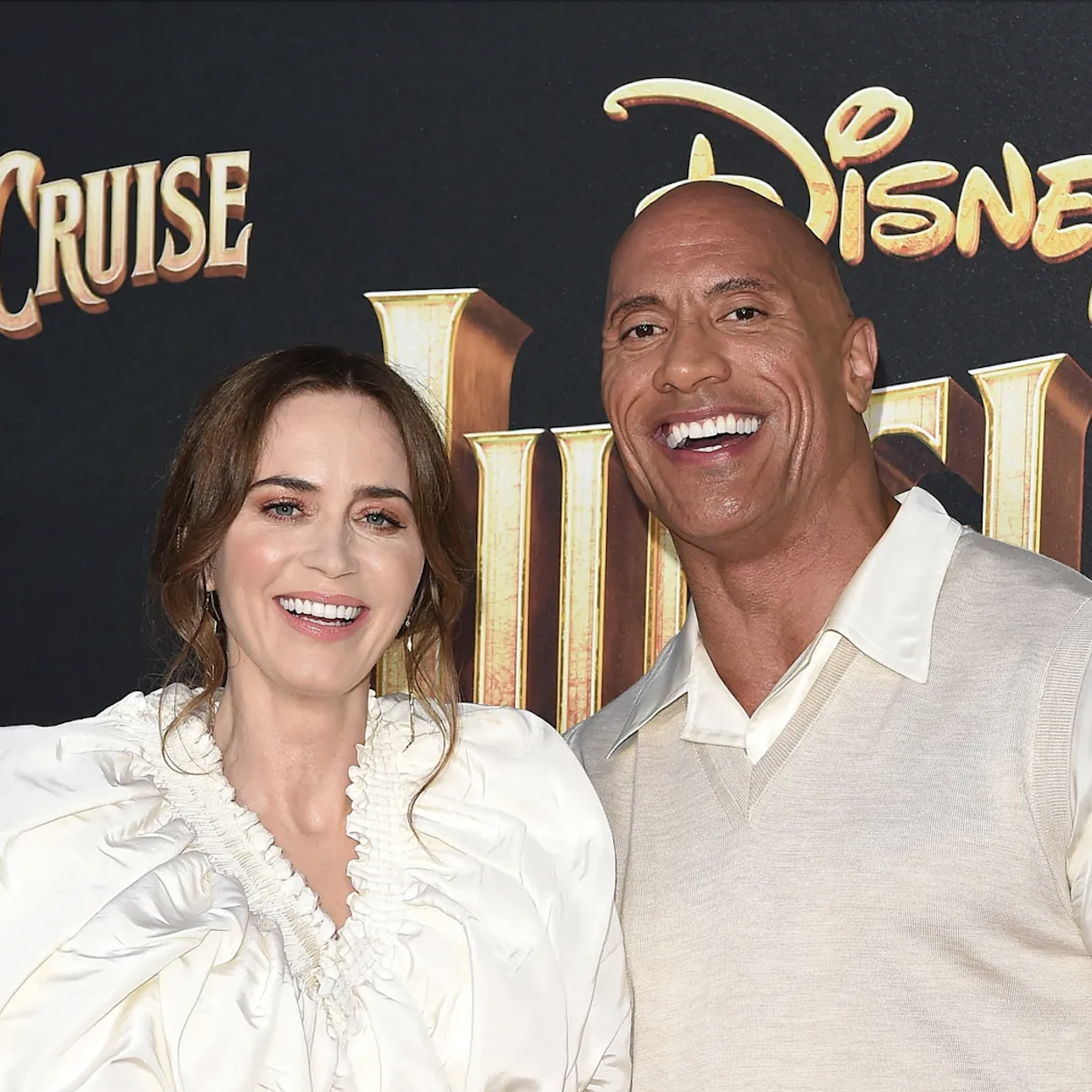
Filming Action Underwater - Award-winning DP IAN SEABROOK on Batman v Superman, Jungle Cruise, Deadpool 2
“It’s about leaving the planet in a better condition than it is currently. What you’re witnessing is years of neglect. It’s the humans who have screwed it all up, and the warming of the earth is no different. The oceans are changing. The topography is changing. Mussels are being fried when the tides recede. This is all unnatural. Or maybe it’s natural. I think it’s Mother Nature just being pissed off and saying, “This is what you get.” And so it’s up to everyone to change their ways. Their shopp
Jun 4, 2021 • 16:44
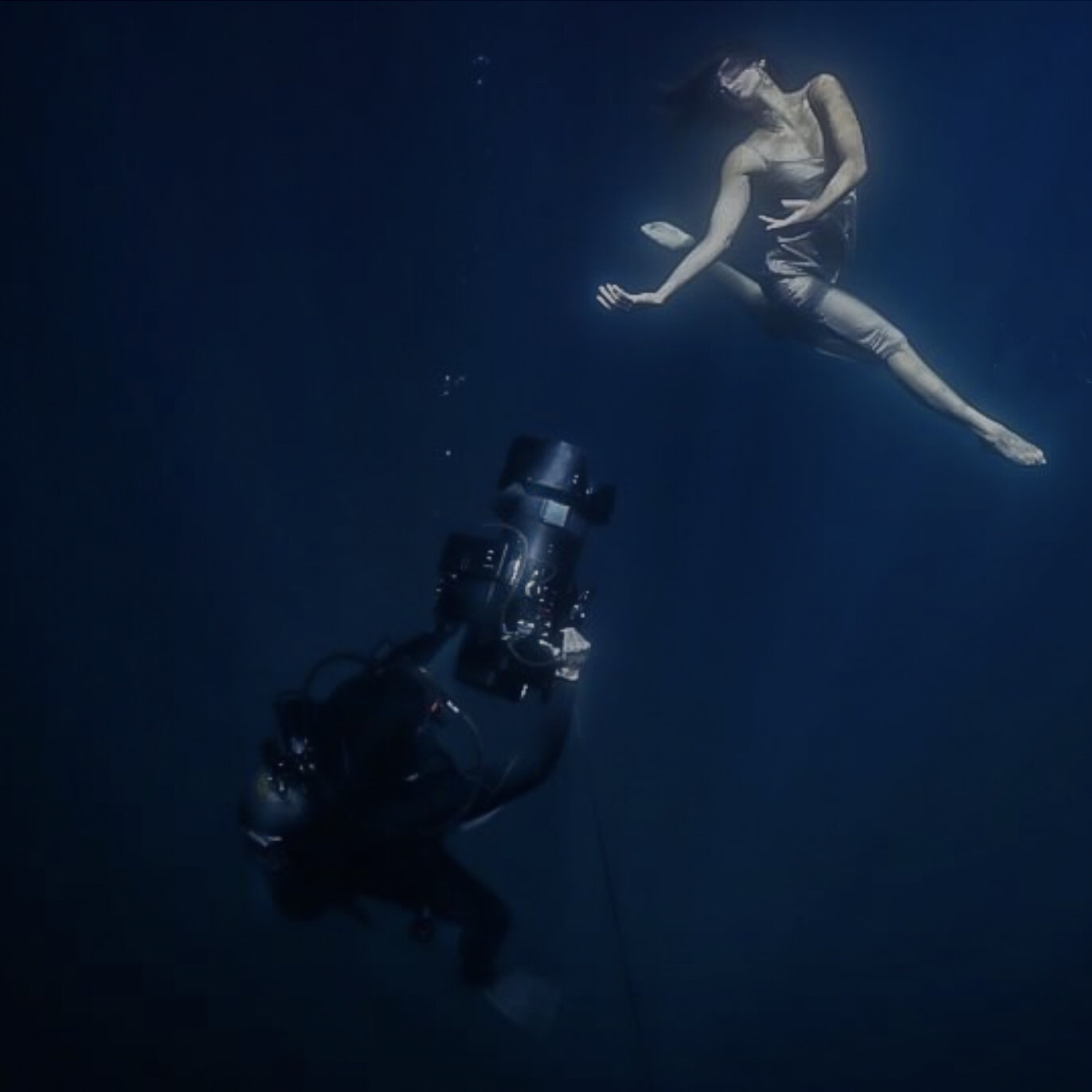
IAN SEABROOK
Ian Seabrook is an Underwater Director of Photography in the Motion Picture and Television Industry, working on a number of feature productions, such as Batman v Superman, Deadpool 2 and Jungle Cruise, along with documentary films such as The Rescue. Seabrook is also the winner of Double Gold & Silver Medals for Cinematography at the 2019 Telly Awards. A full member of the Society of Camera Operators, and the CSC, Seabrook holds both commercial and recreational dive certifications.· www.ianseabr
Jun 4, 2021 • 49:35
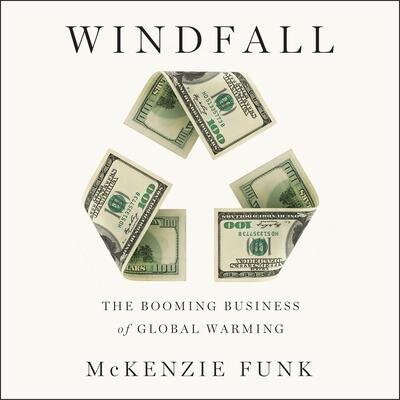
Windfall: The Booming Business of Global Warming w/ McKENZIE FUNK - Highlights
"As a parent and especially through all this reporting, what I’ve tried to do is think through these solutions and these fixes we have for everything and make sure that we’re not forgetting…that we’re thinking about other people. Capitalism won’t do it. Self-interest isn’t going to do this for us. As silly as it is to think that empathy will do or caring about your fellow humans will do it, I don’t know what else there is to hope for. I don’t believe that people do stuff purely out of rational s
May 28, 2021 • 10:17
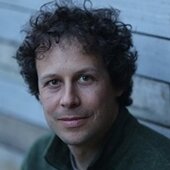
McKENZIE FUNK
National Magazine Award finalist McKenzie Funk writes for Harper’s, National Geographic, Rolling Stone, Outside, The New York Times Magazine, and the London Review of Books. His first book, Windfall, won a PEN Literary Award and was named a book of the year by The New Yorker, Mother Jones, Salon, and Amazon.com. A former Knight-Wallace Fellow and Open Society Fellow, he’s a cofounder of the journalism cooperative Deca and a board member at Amplifier.· www.mckenziefunk.com · www.oneplanetpodcast.
May 28, 2021 • 59:00
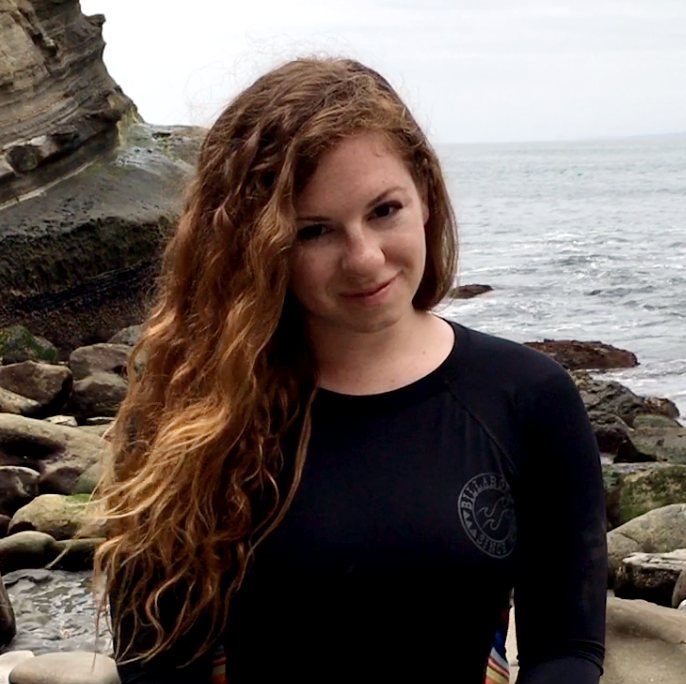
National Geographic Explorer ANTONELLA WILBY on Ocean Exploration with Robotics - Highlights
“I’m grateful for the fact that through my work I’ve had a lot of opportunities to go to places that a lot of people just simply won’t ever get a chance to go. I like having those opportunities to try to share with people what that’s like. I honestly had no idea I would ever be here. I’m from a working-class background, didn’t have a huge amount of opportunities but now I can and that’s one thing that I particularly enjoy.”Antonella Wilby is a PhD Candidate and National Science Foundation Gradua
May 21, 2021 • 7:37
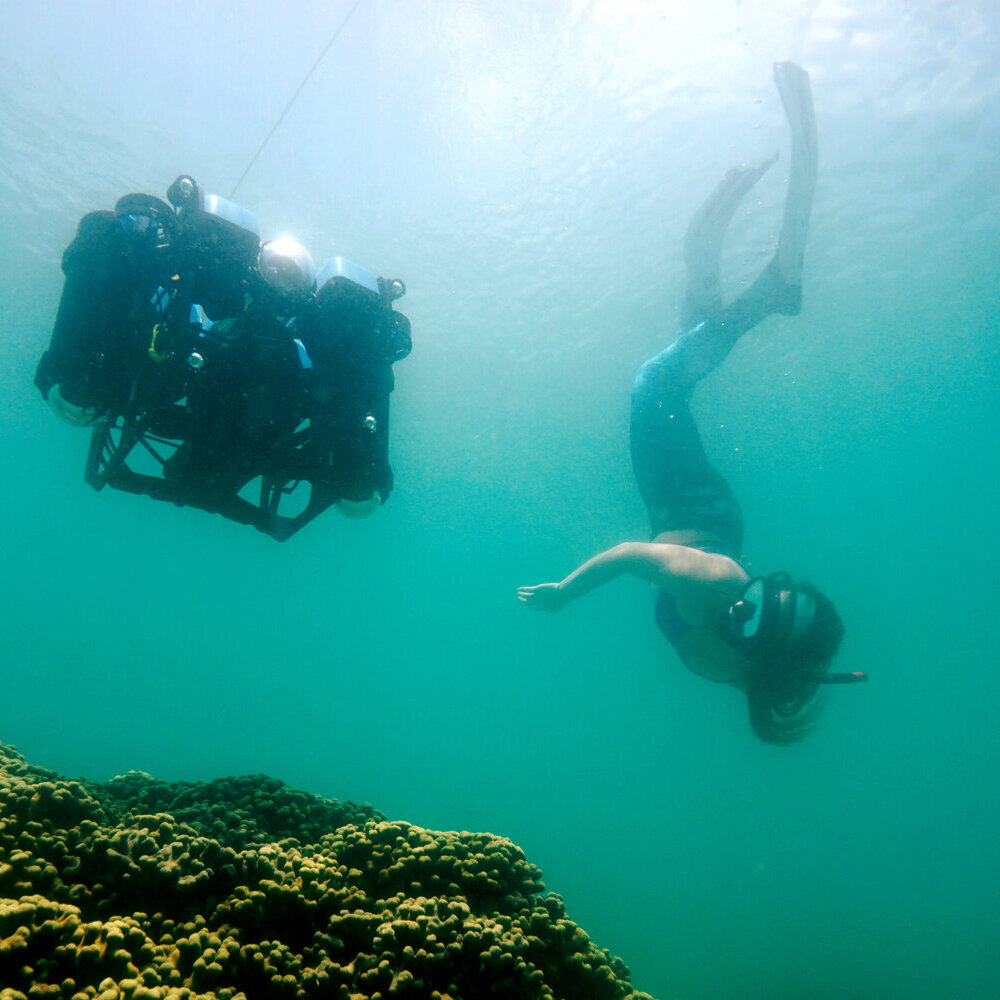
ANTONELLA WILBY
Antonella Wilby is a PhD Candidate and National Science Foundation Graduate Research Fellow at the Contextual Robotics Institute, UC San Diego, and a National Geographic Explorer. Her current research focuses on the development of autonomous underwater robots and vision-based algorithms for mapping and exploration of ocean environments, with the ultimate goal of better understanding and protecting our blue planet. She holds Master of Science and Bachelor of Science degrees in Computer Science fr
May 21, 2021 • 44:50
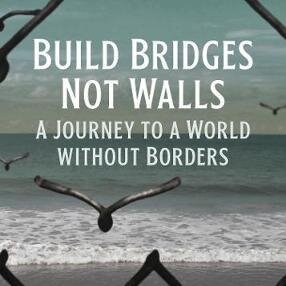
Climate Change: Build Bridges, Not Walls w/ TODD MILLER - Highlights
“In 2003, the Pentagon commissioned a report titled something like An Abrupt Climate Scenario. They asked some independent researchers to look at what would happen in a worse case scenario. They found that the United States and Australia. They said that they would have to put up defensive fortresses ‘to stop unwanted starving immigrants’…”Todd Miller is an author and independent journalist. He has researched and written about border issues for more than 15 years, the last eight as an independent
May 14, 2021 • 13:07
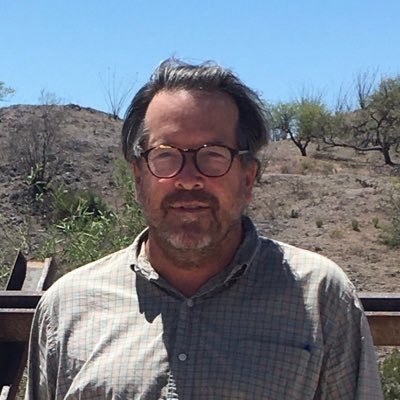
TODD MILLER
Todd Miller is an author and independent journalist. He has researched and written about border issues for more than 15 years, the last eight as an independent journalist and writer. He resides in Tucson, Arizona, but also has spent many years living and working in Oaxaca, Mexico. His work has appeared in the New York Times, TomDispatch, The Nation, San Francisco Chronicle, In These Times, Guernica, and Al Jazeera English, among other places. Miller has authored four books: Build Bridges, Not W
May 14, 2021 • 56:59
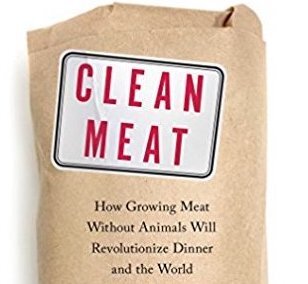
Clean Meat: How Growing Meat Without Animals Will Revolutionize Dinner & the World w/ PAUL SHAPIRO - Highlights
“If you go fill up your car with gas in the United States, chances are high that probably about 10% of your gas is not actually coming from fossil fuels. It's coming from ethanol.You don't even contemplate the fact that there's ethanol in your gas. And I think that meat maybe come like that, where people will obtain meat. But the norm will be for that meat not to be totally animal in its nature. And I think that people will just have a different view of what meat is, and it will be far more dive
May 7, 2021 • 10:09
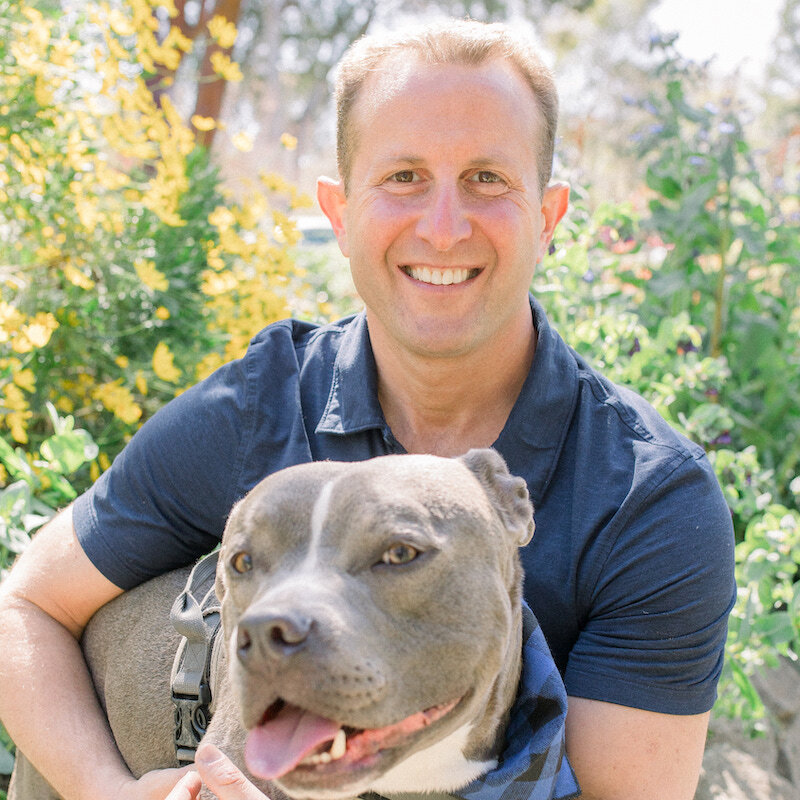
PAUL SHAPIRO
Paul Shapiro is the author of the national bestseller Clean Meat: How Growing Meat Without Animals Will Revolutionize Dinner and the World, the CEO of The Better Meat Co., a four-time TEDx speaker, and the host of the Business for Good Podcast.· www.bettermeat.co · www.oneplanetpodcast.org · www.creativeprocess.info
May 7, 2021 • 27:07
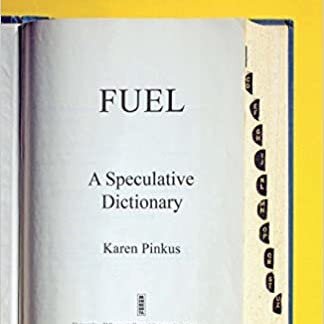
Fuel: A Speculative Dictionary with KAREN PINKUS - Highlights
“For many years I wrote, taught, and published about climate change from a more philosophical, existential point of view, especially thinking about deep time, but I did come back to fuels with my Fuel book in part for the fact that so much of the press and so much of public discourse confuses fuel and energy, and it’s still happening today. I thought about this so long and the same themes, the same tropes are still being recycled.”Karen Pinkus is Professor of Italian and Comparative Literature a
Apr 30, 2021 • 8:56
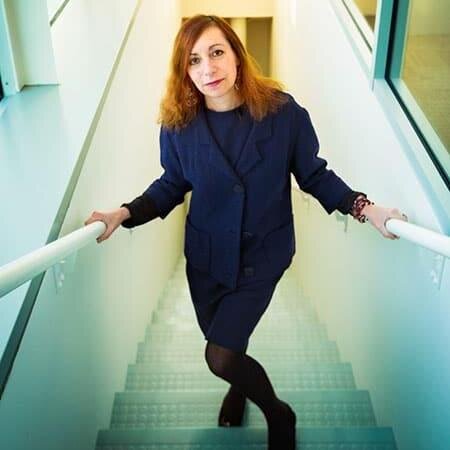
KAREN PINKUS
Karen Pinkus is Professor of Italian and Comparative Literature at Cornell University. She is a minor graduate field member in Studio Art and a Faculty Fellow of the Atkinson Center for a Sustainable Future.For more than a decade, Karen has been working between Italian studies and environmental humanities with a focus on climate change. She is Editor of Diacritics. Her books include Fuel: A Speculative Dictionary, Clocking Out: The Machinery of Life in 60s Italian Cinema, exploring issues aroun
Apr 30, 2021 • 55:51
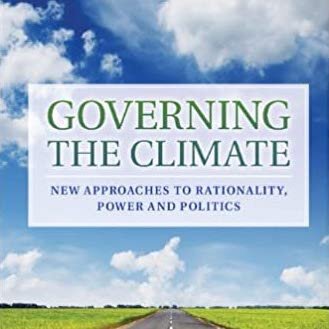
Johannes Stripple & Harriet Bulkeley · Climaginaries · Earth Systems Governance - Highlights
"Our starting point was that a lot of the stories we tell about futures world are quite poor. It’s not stories that are meeting the world as it is now. It’s difficult for people to inhabit the kinds of worlds that we imagine through scenarios or modelling, so there is a kind of distance between where we are now and the life worlds of a decarbonized or a post-fossil world."Harriet Bulkeley is Professor at Durham University, UK and Utrecht University, the Netherlands. Her research is concerned wit
Apr 23, 2021 • 12:11
